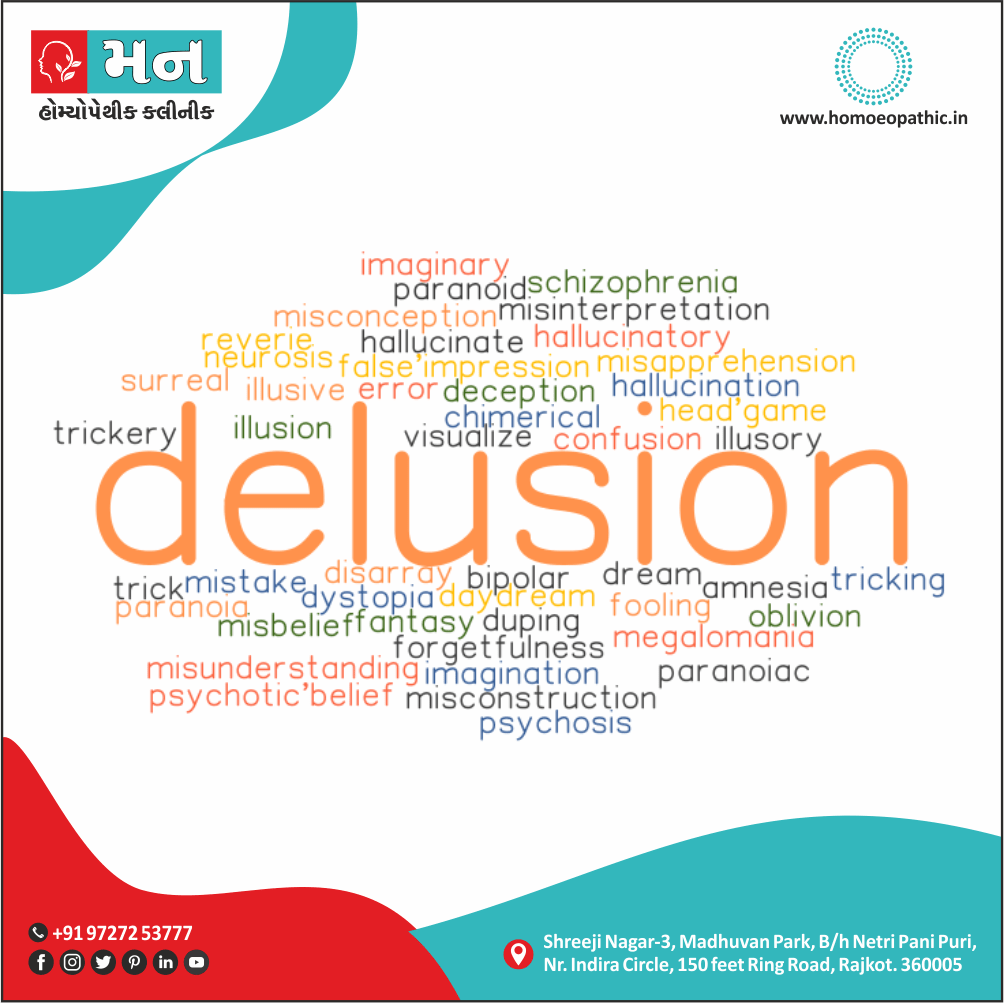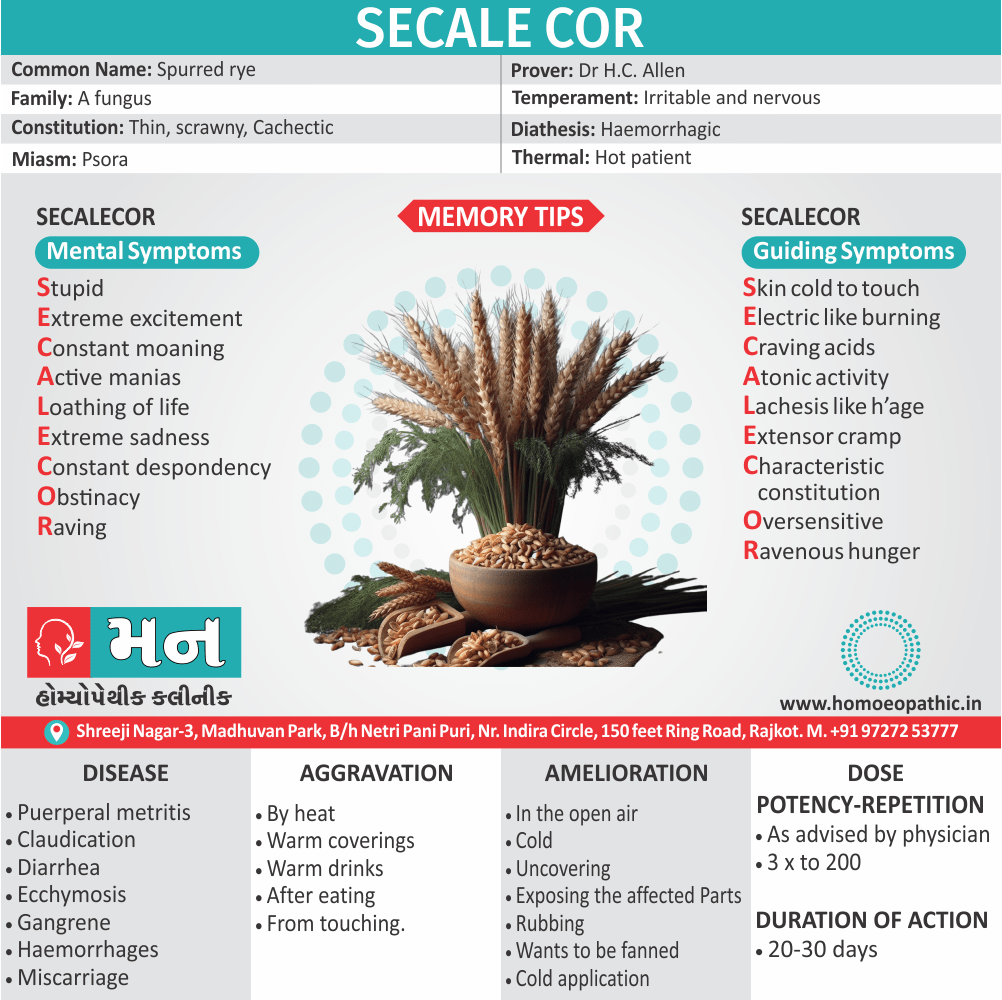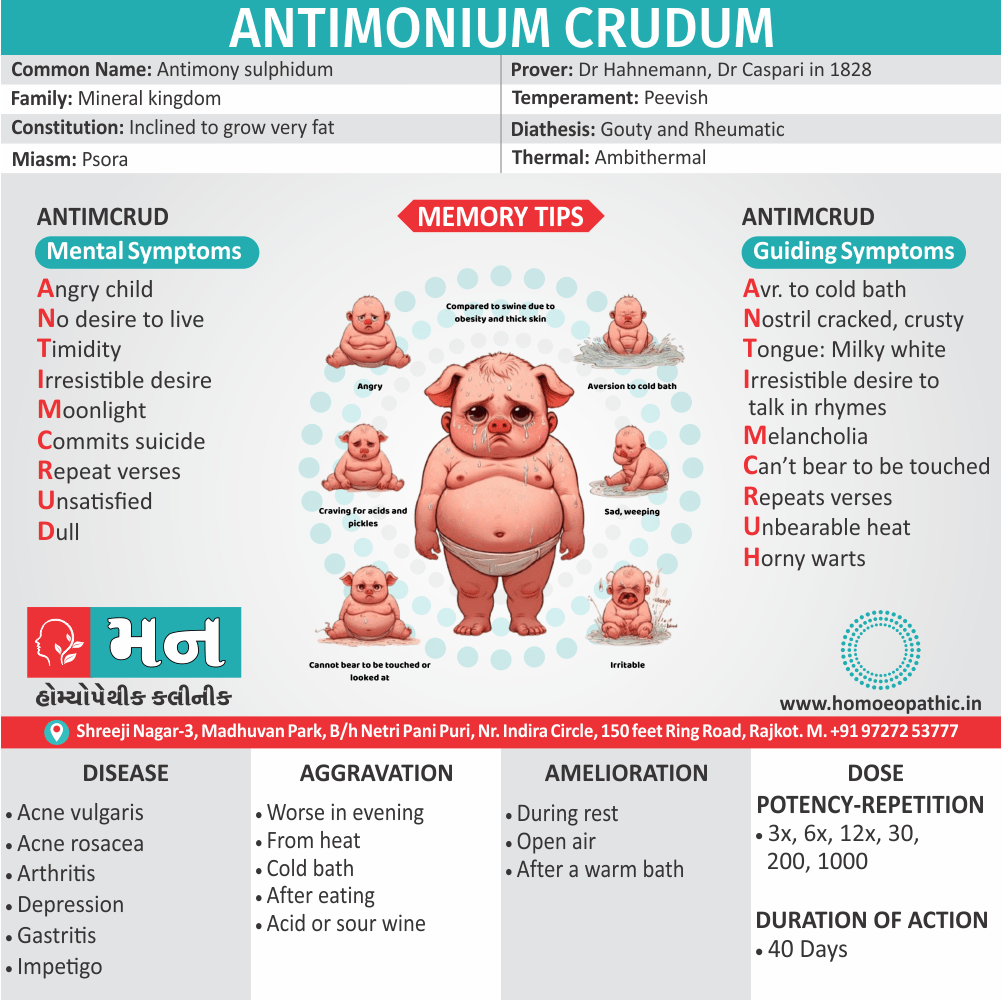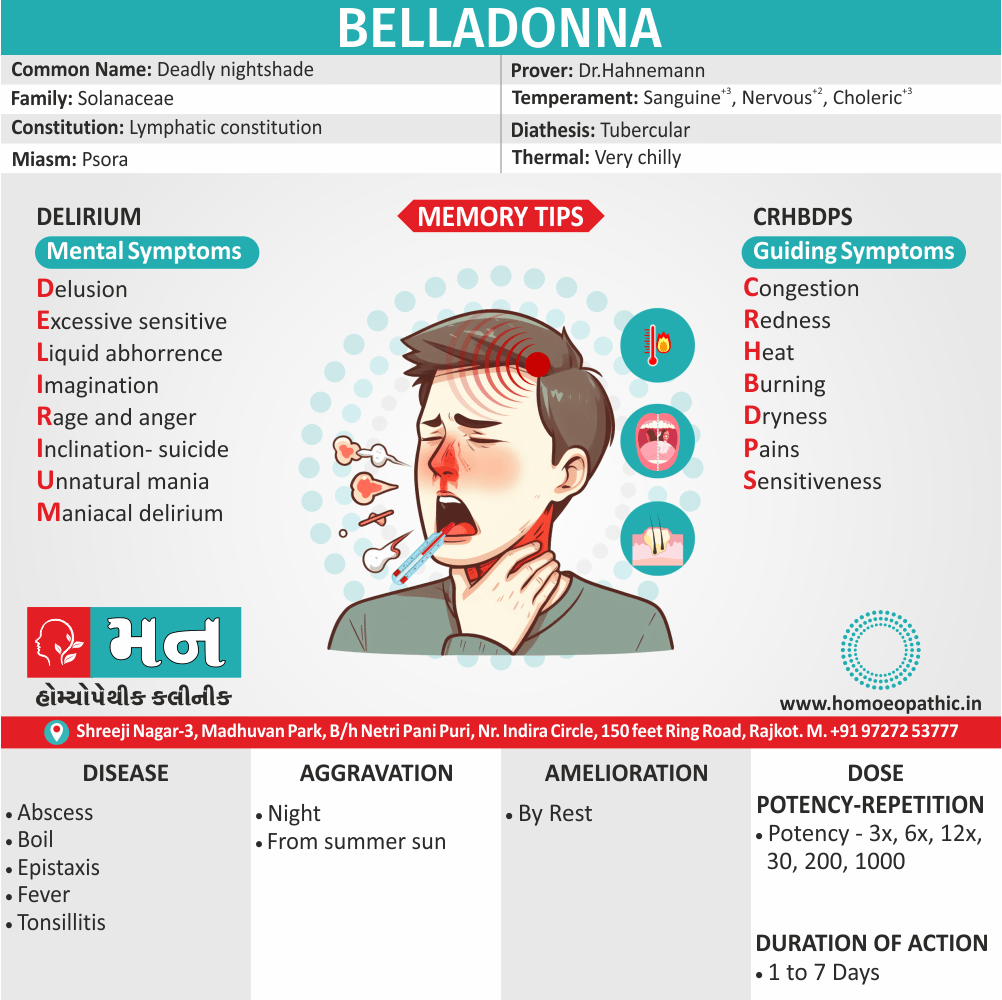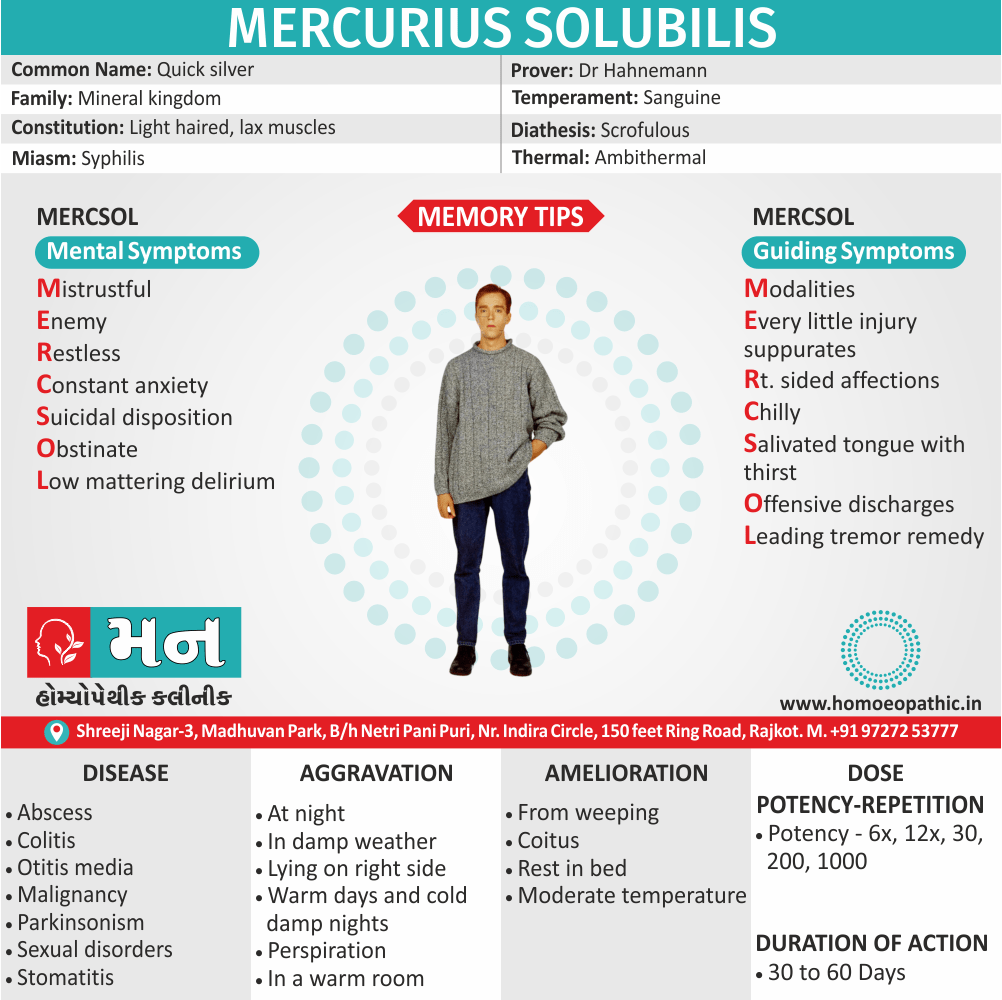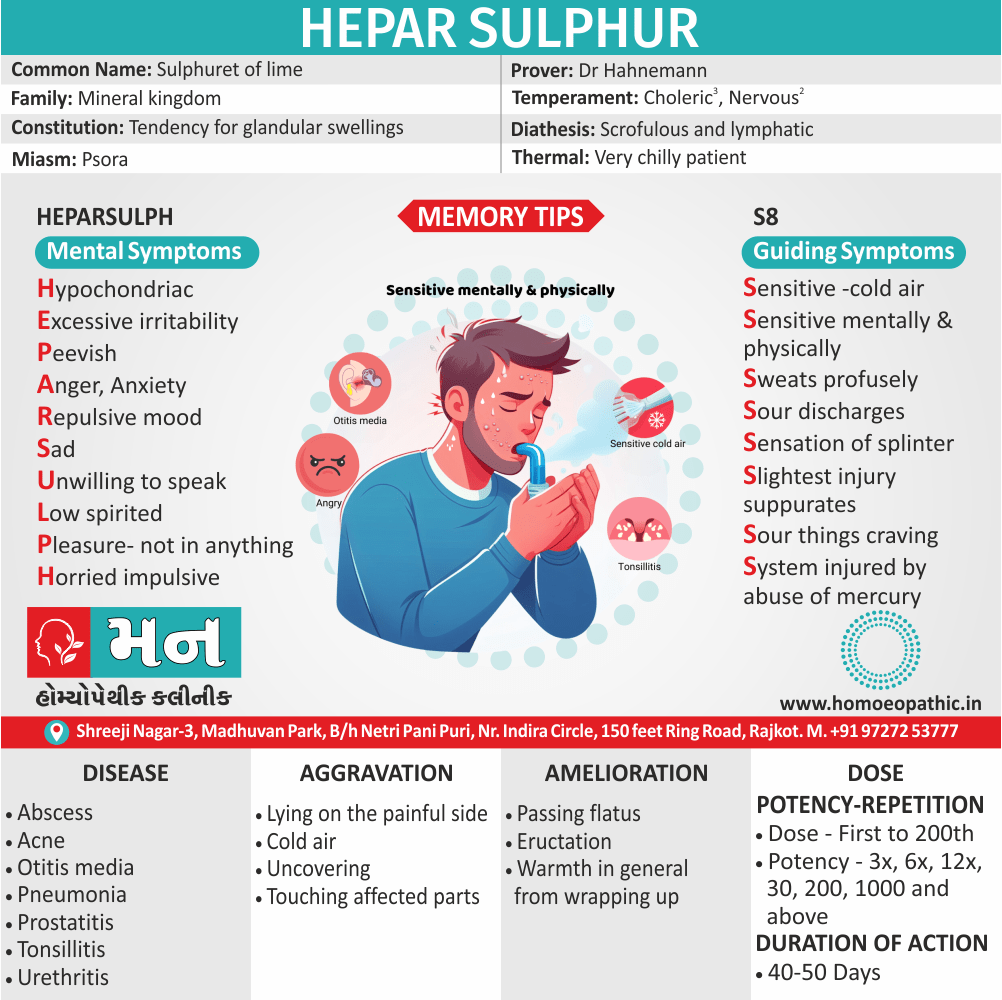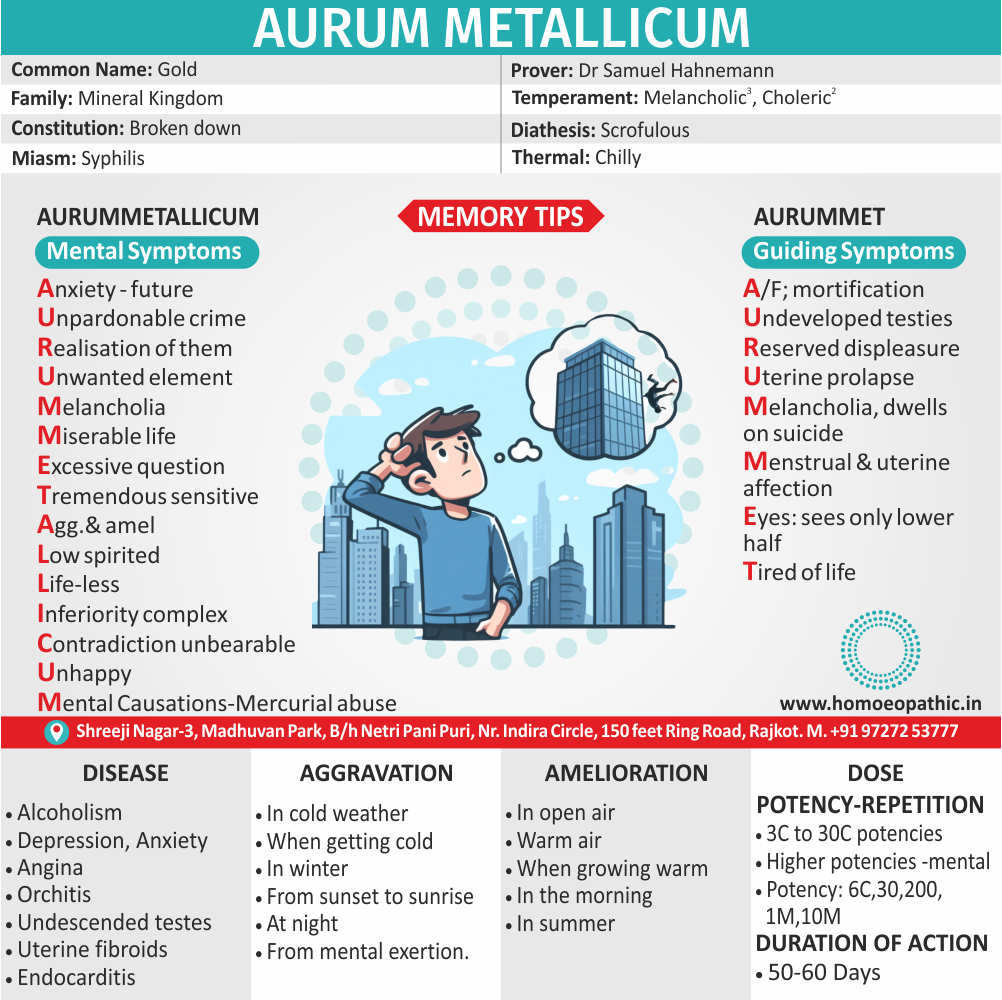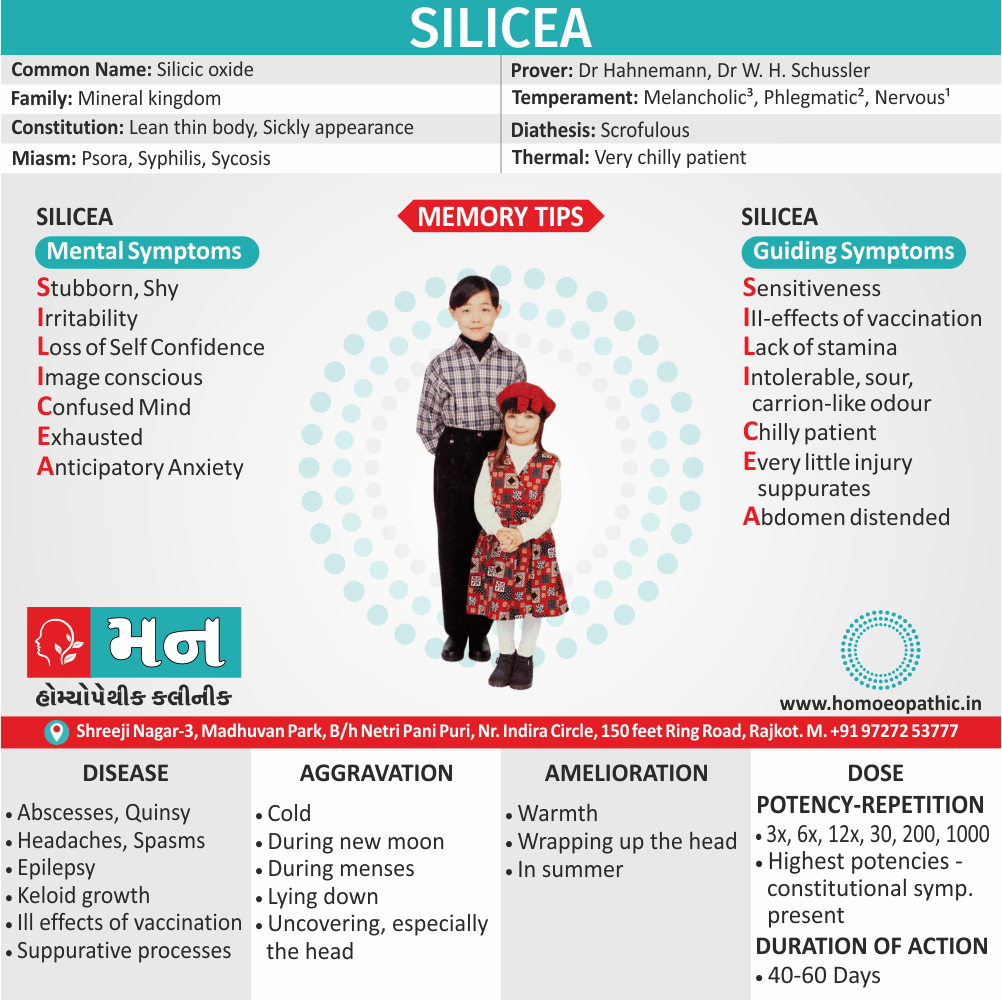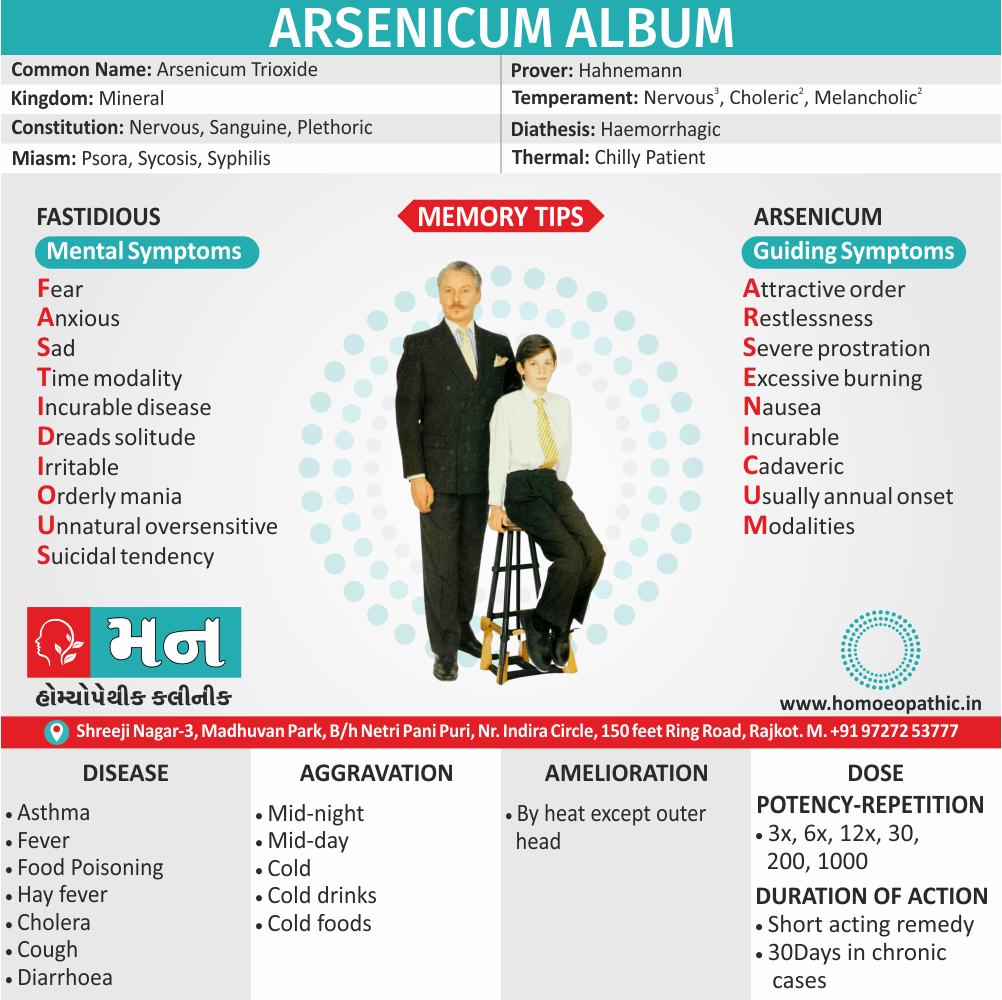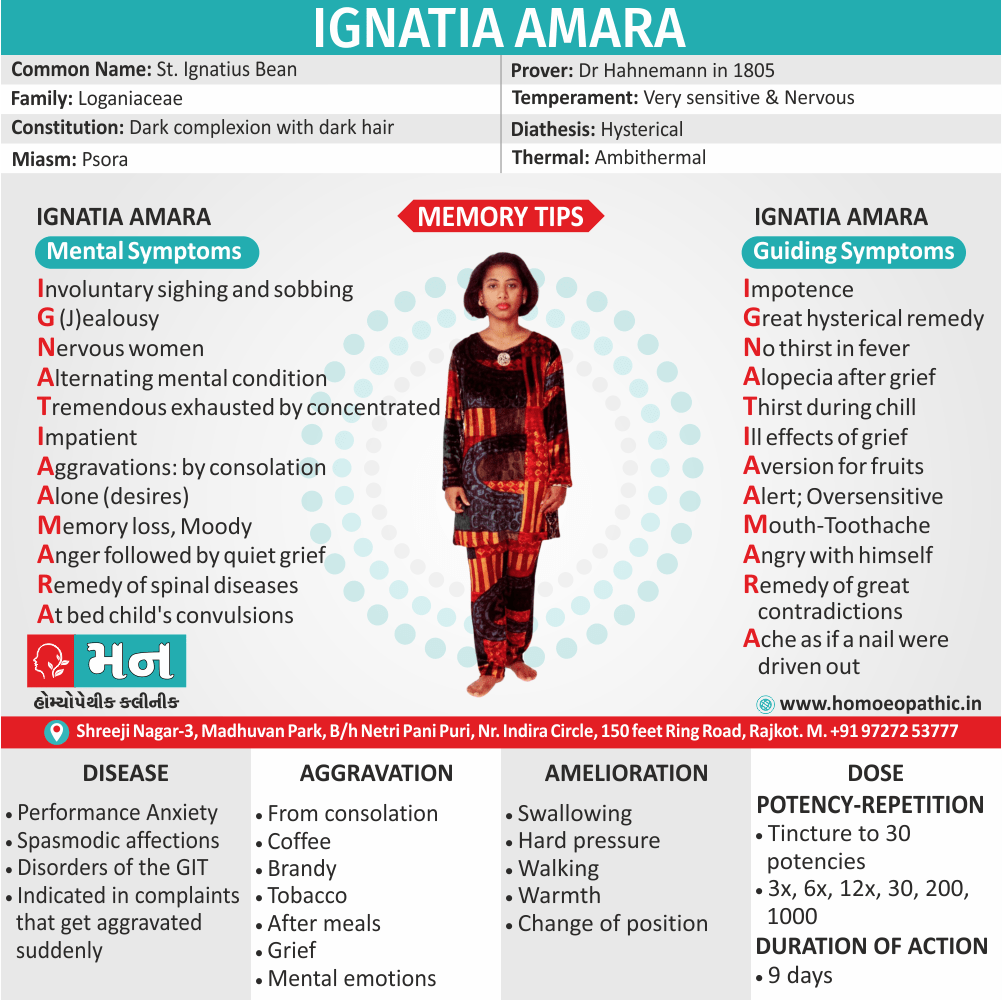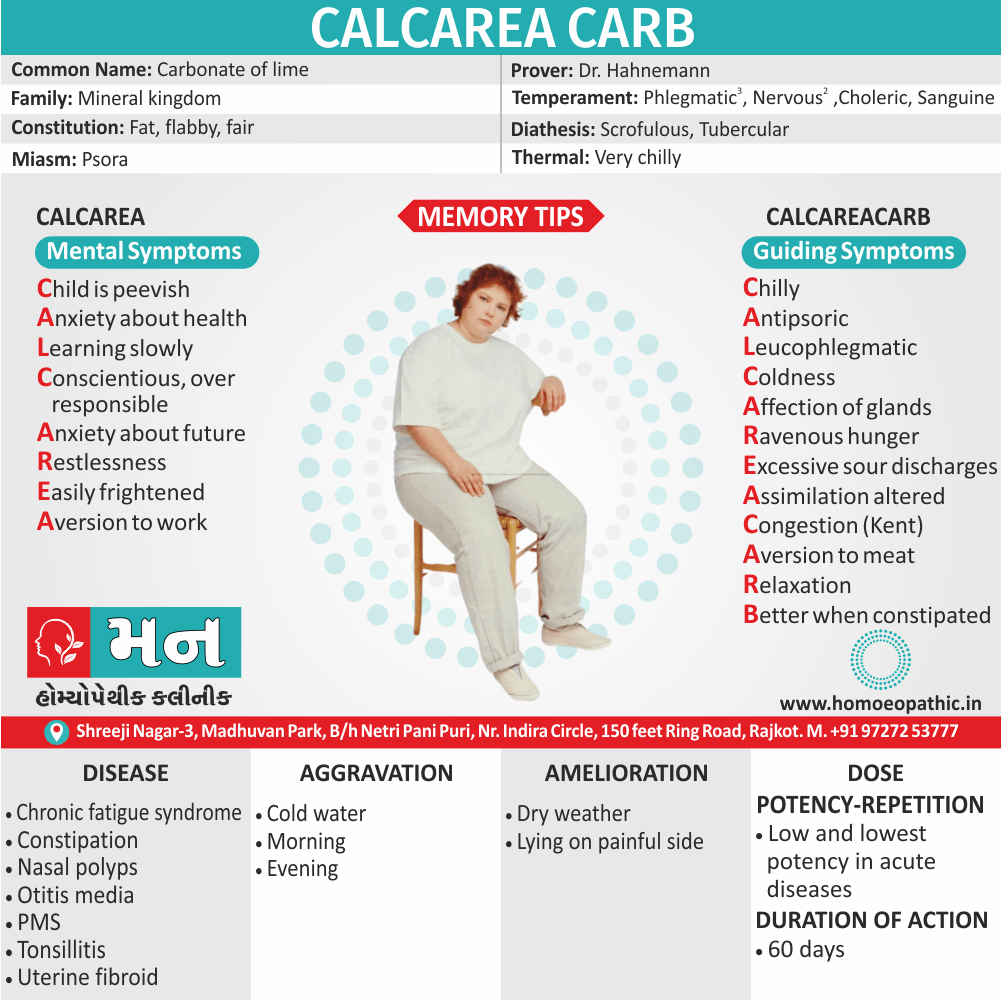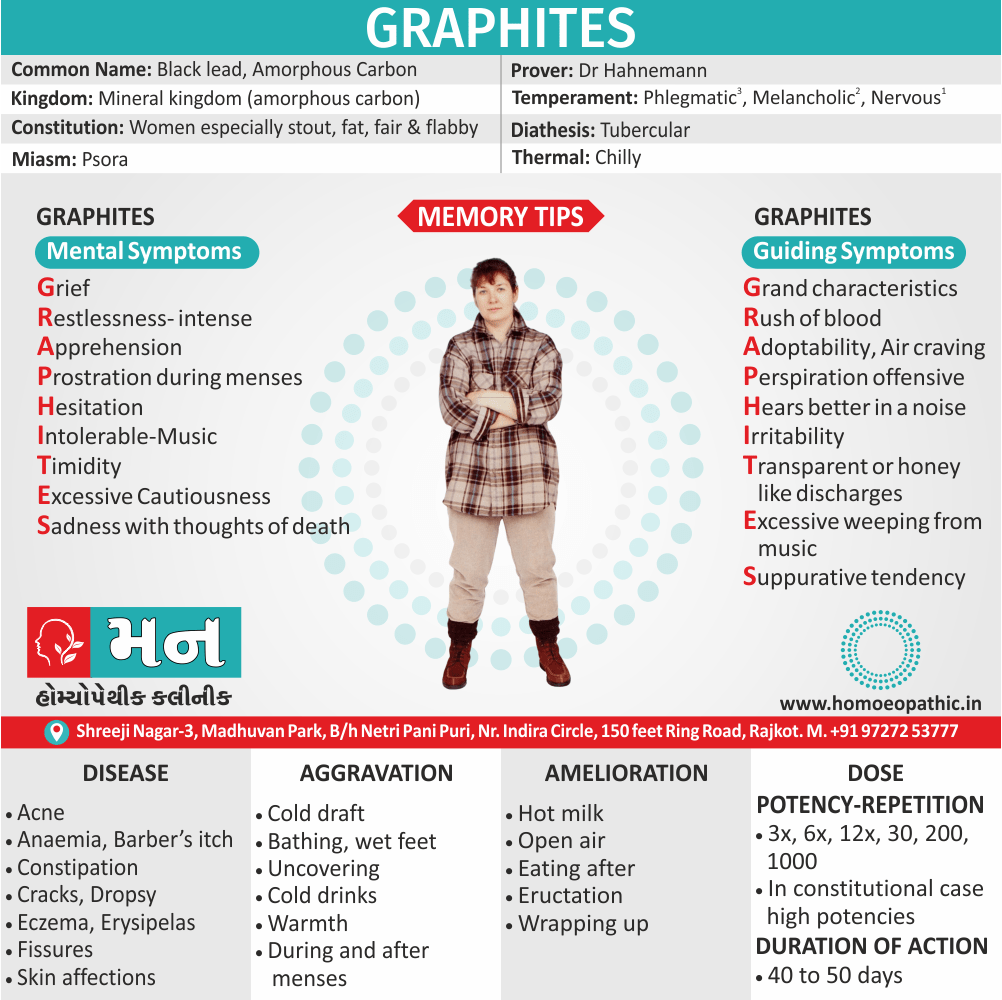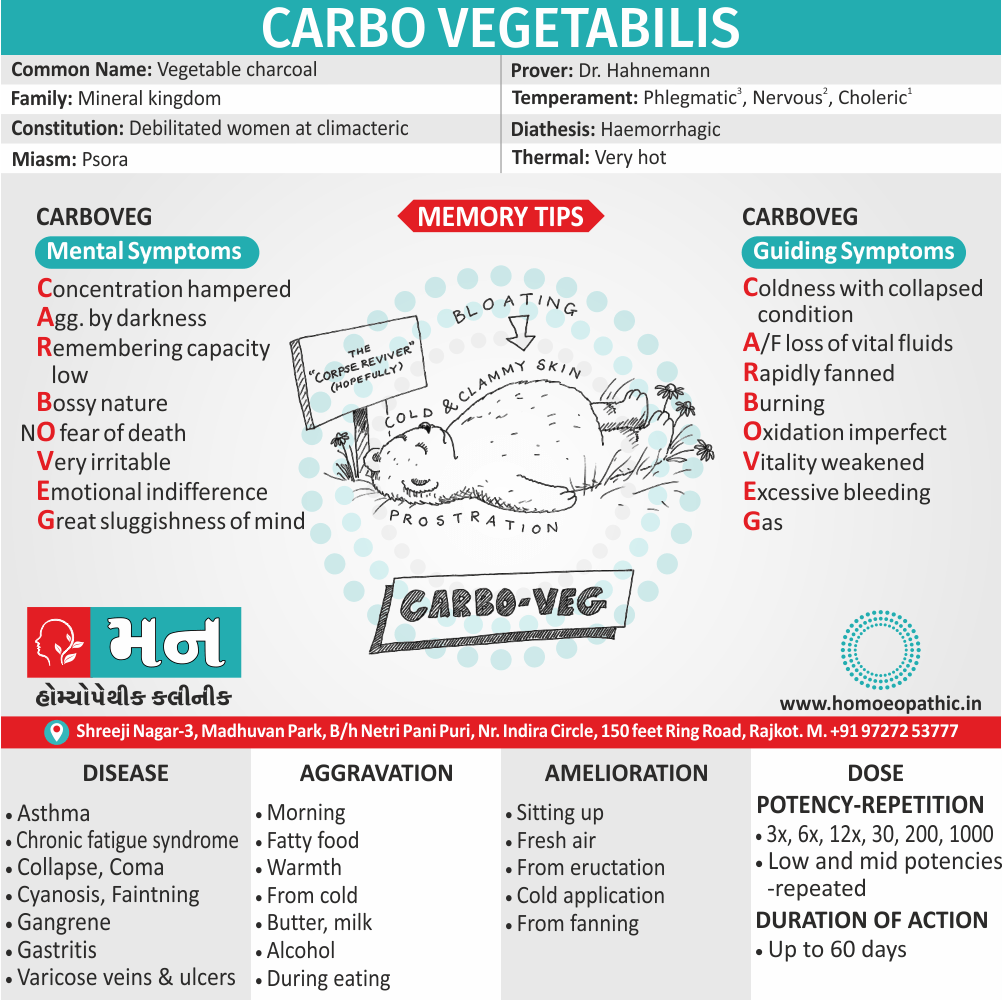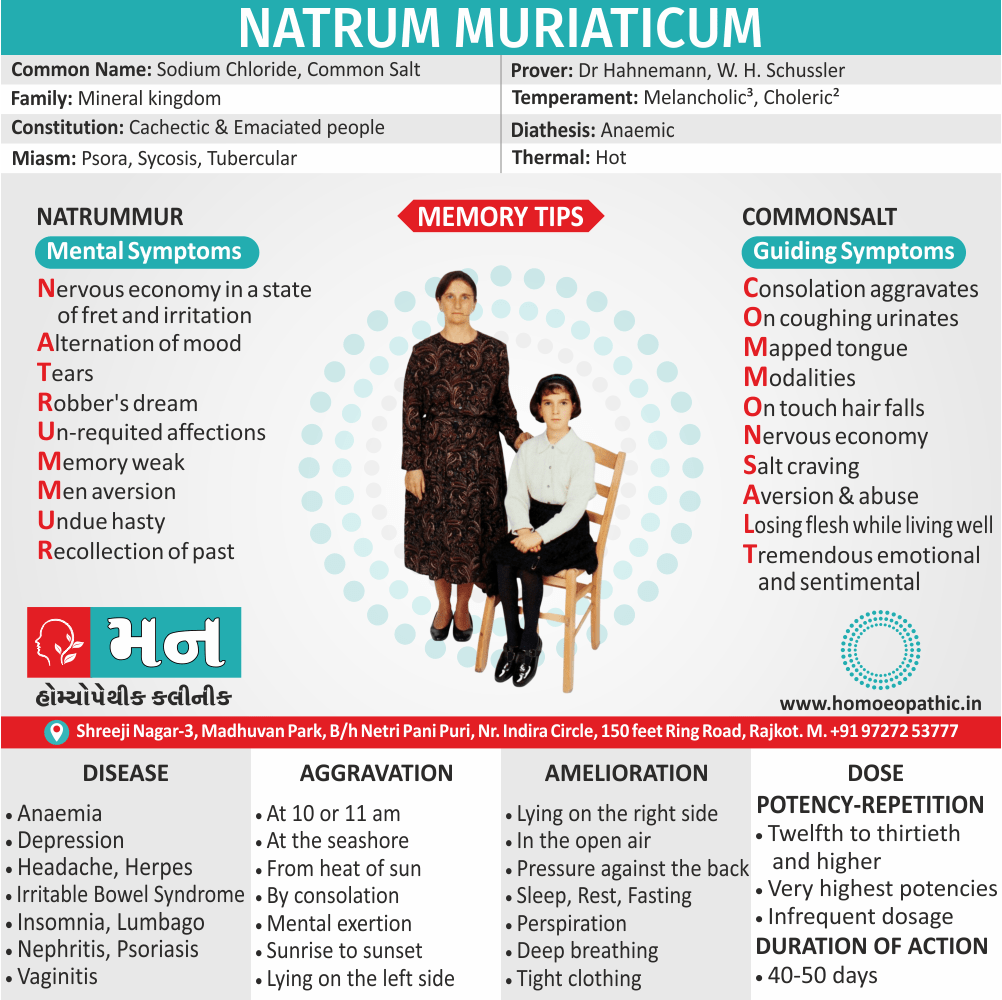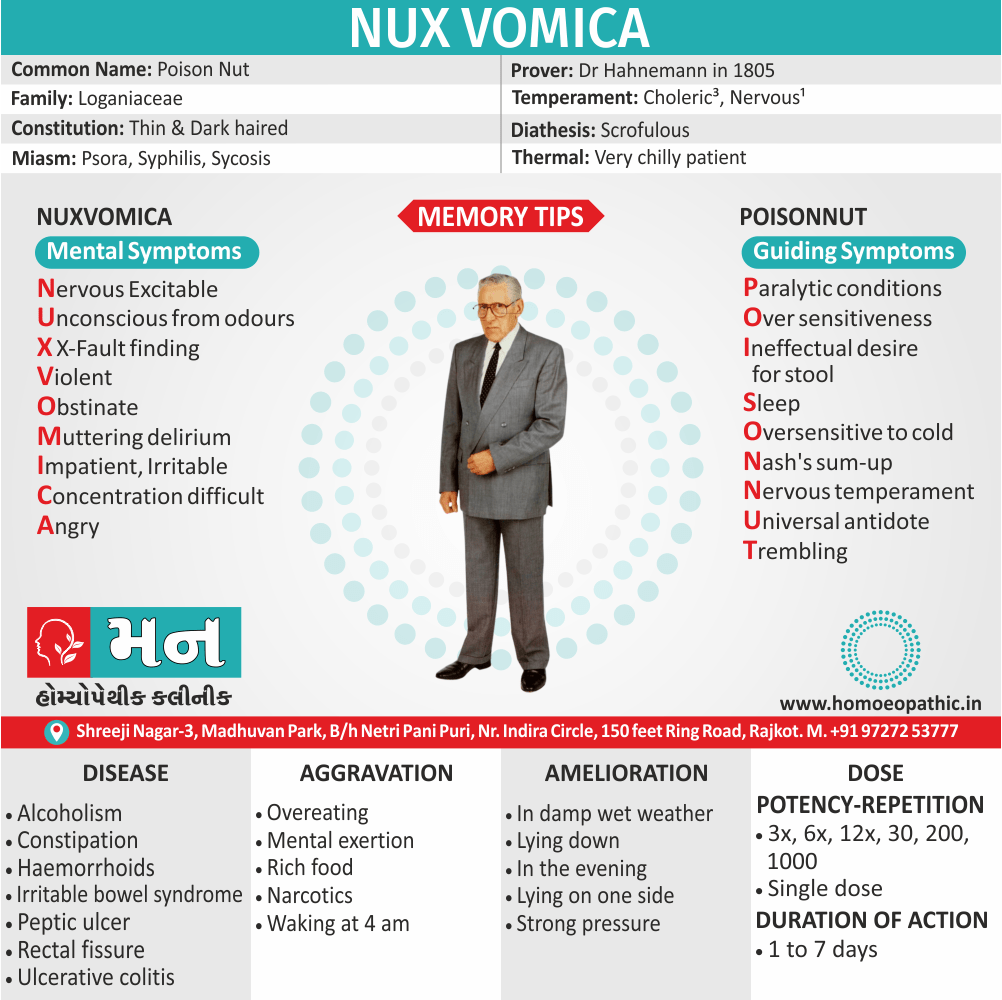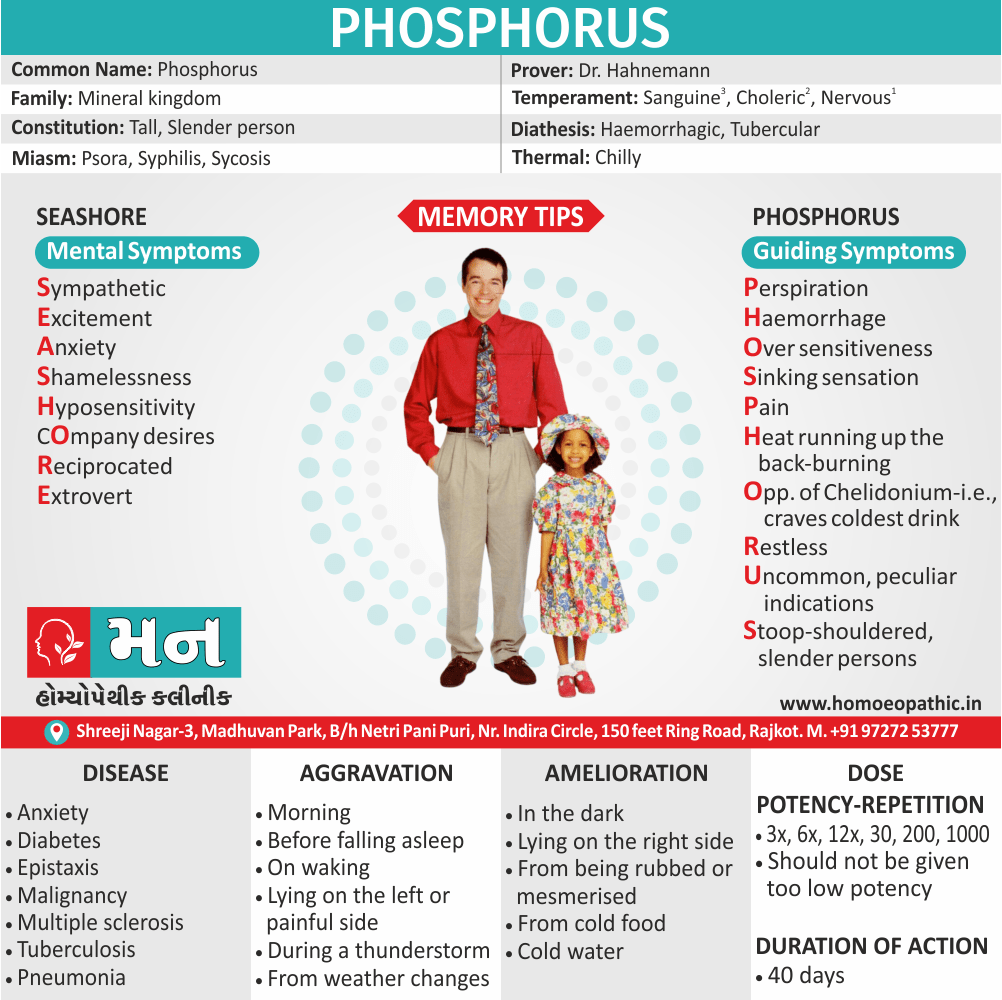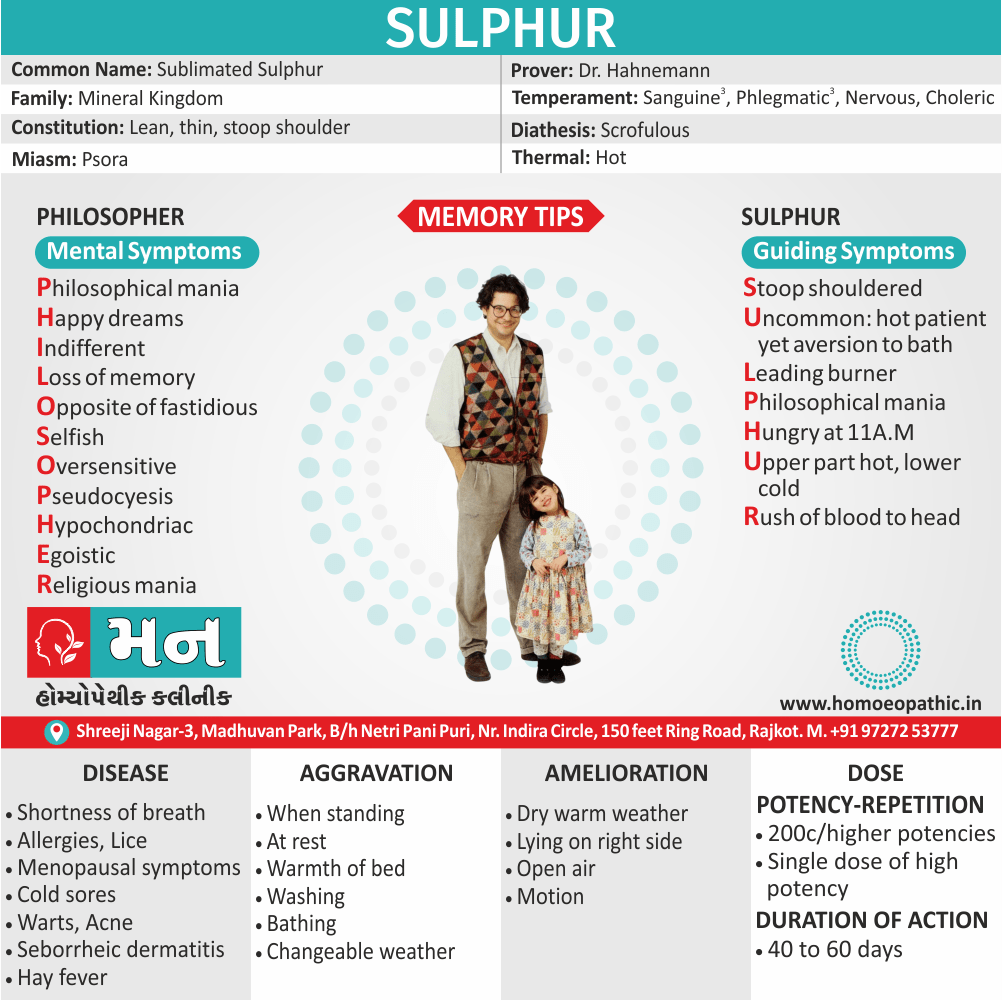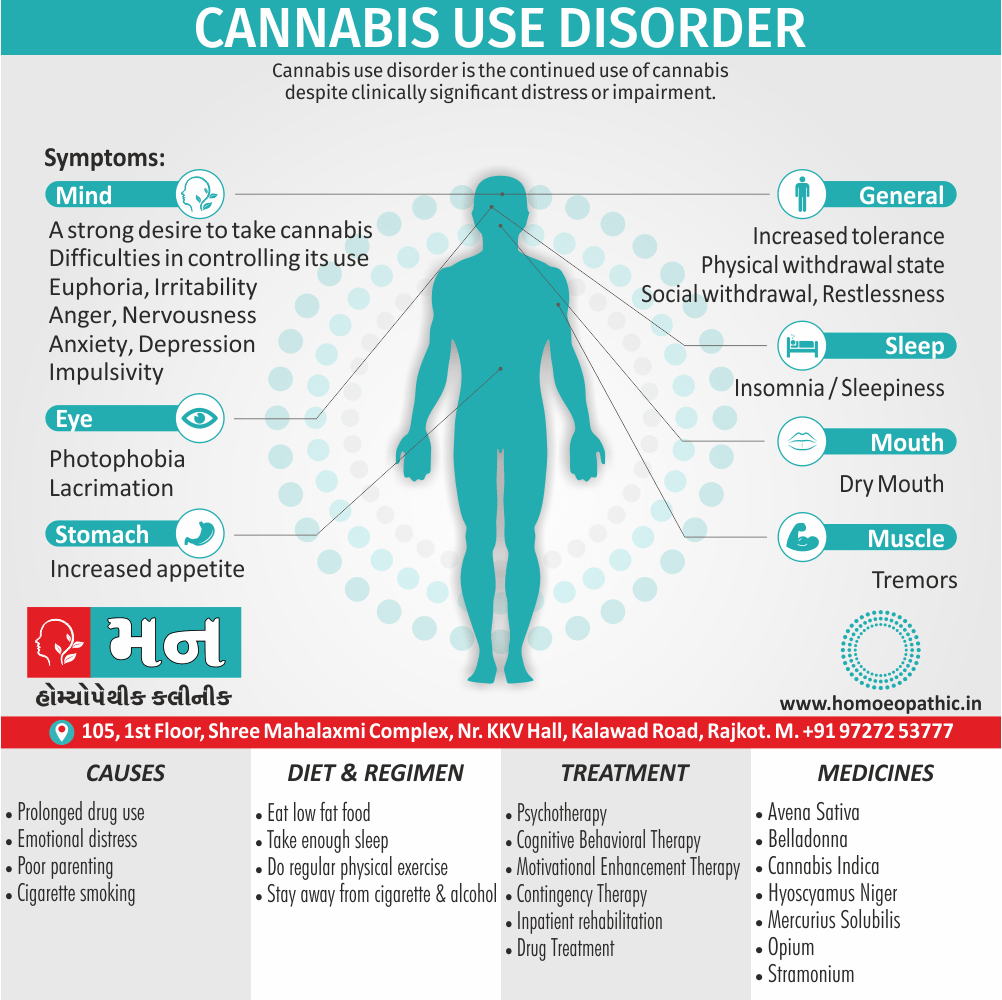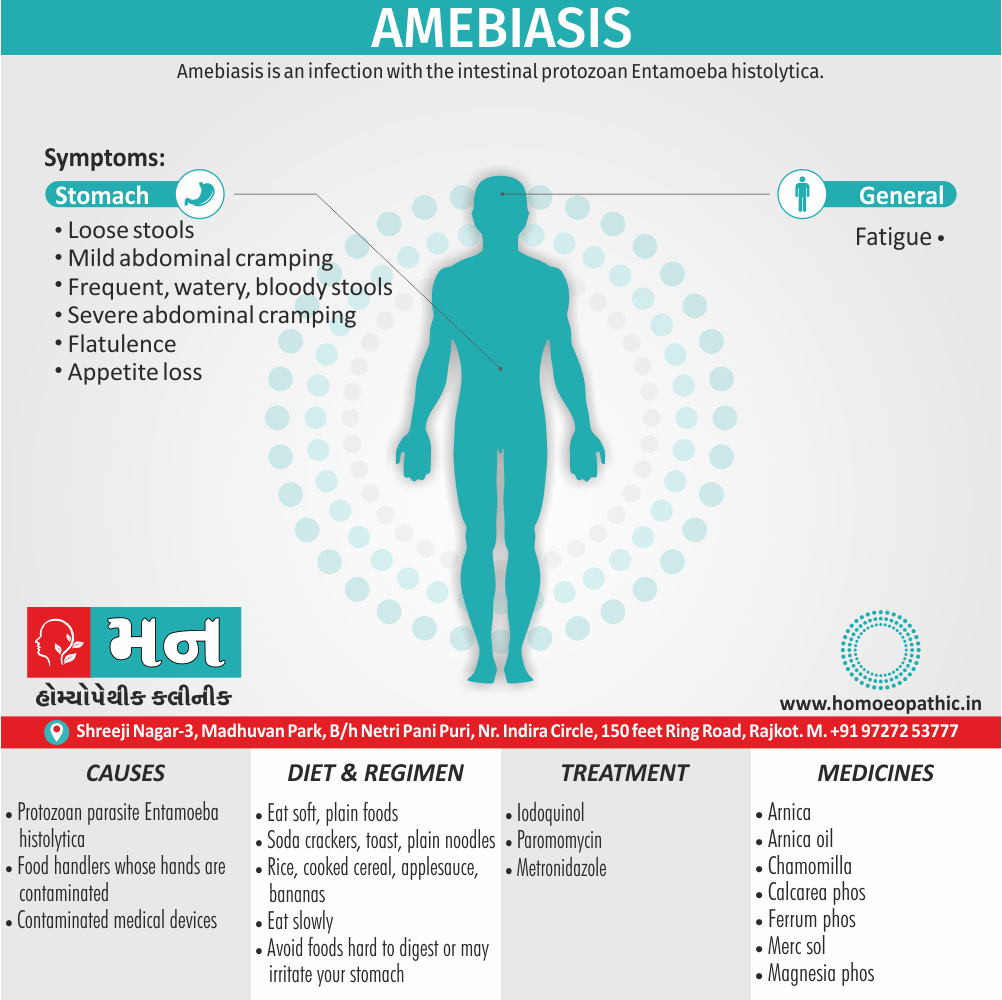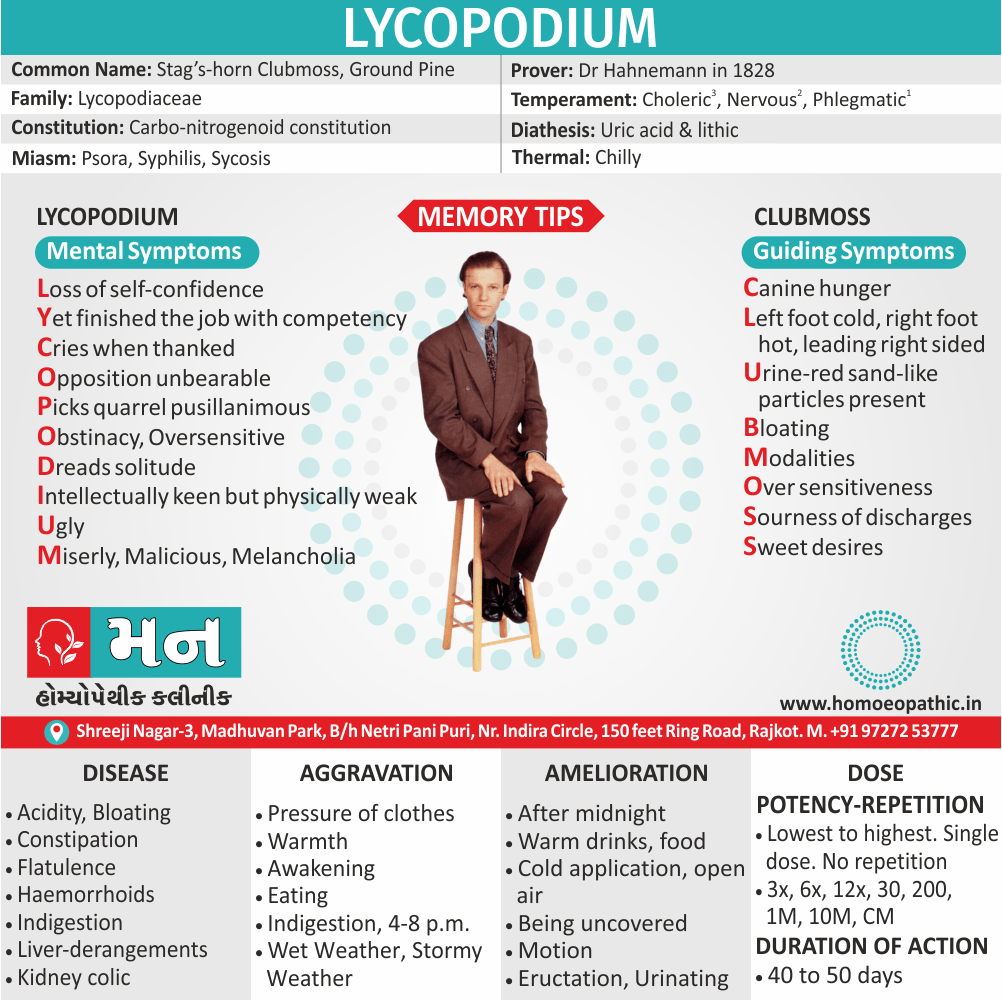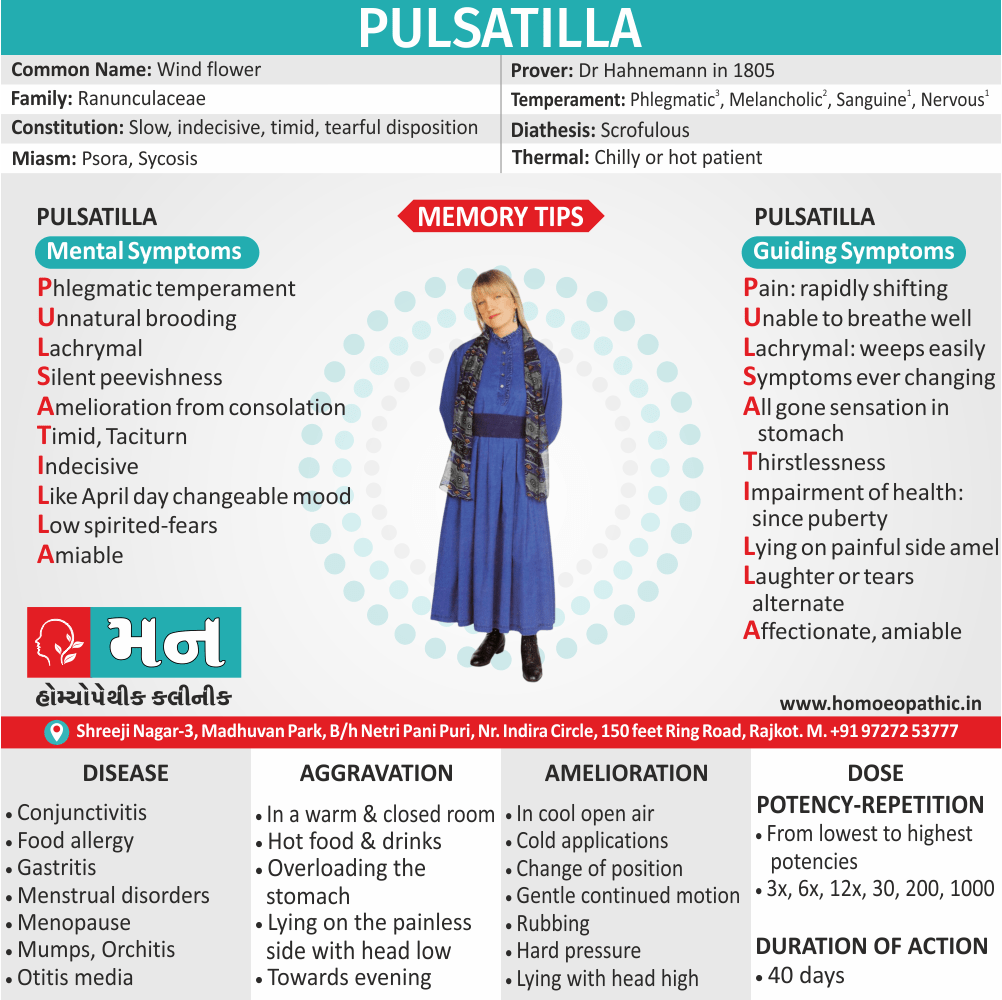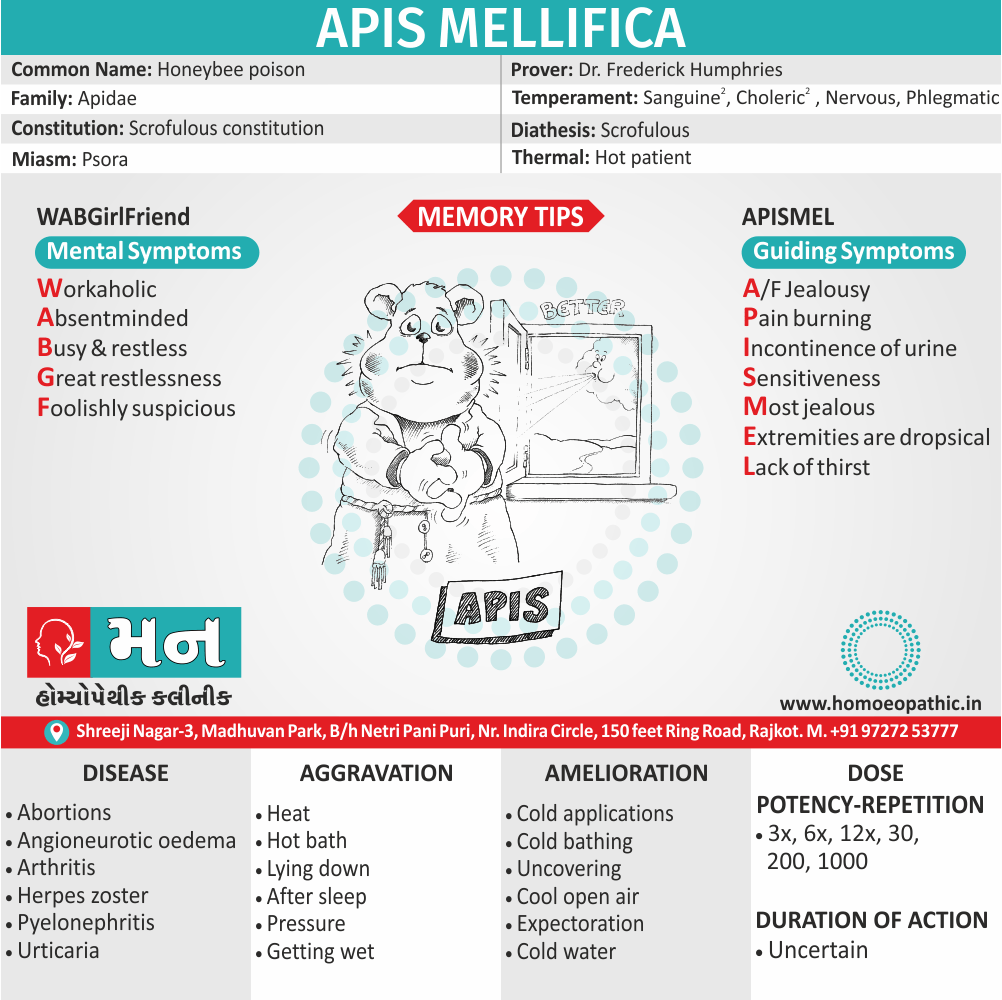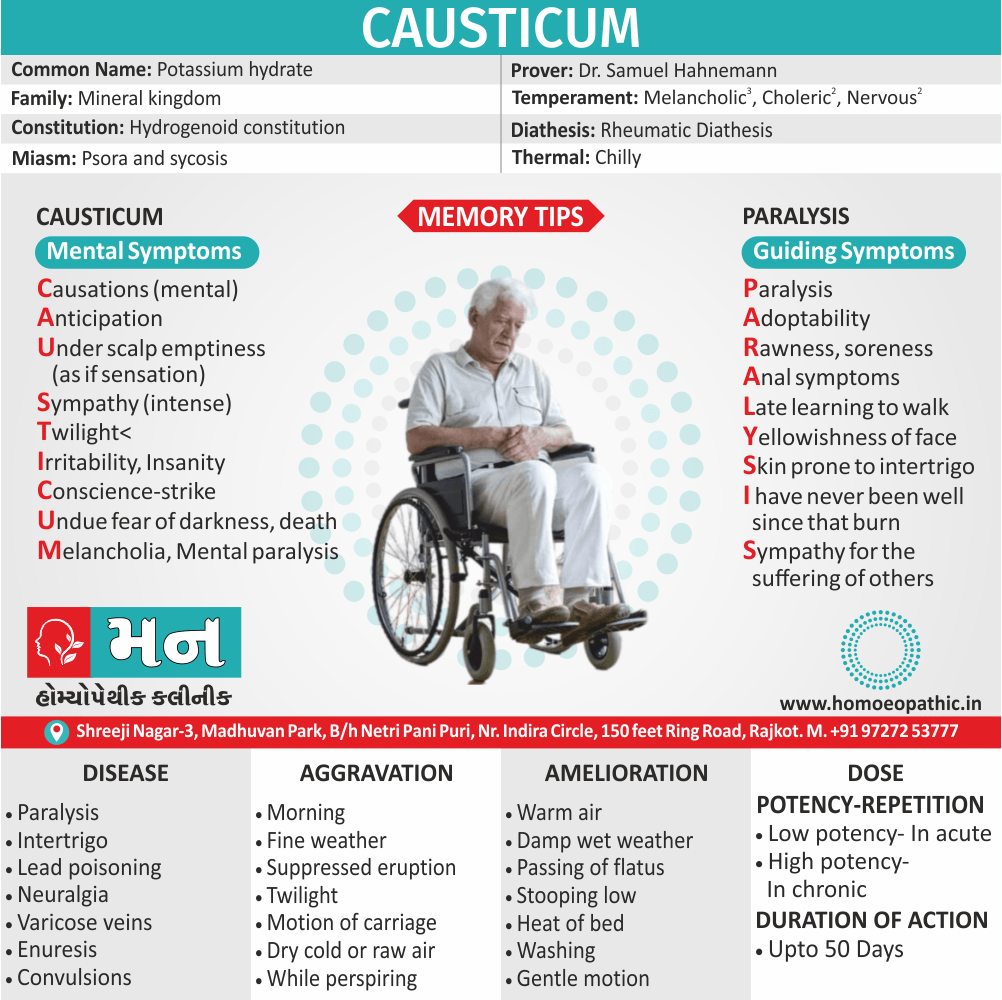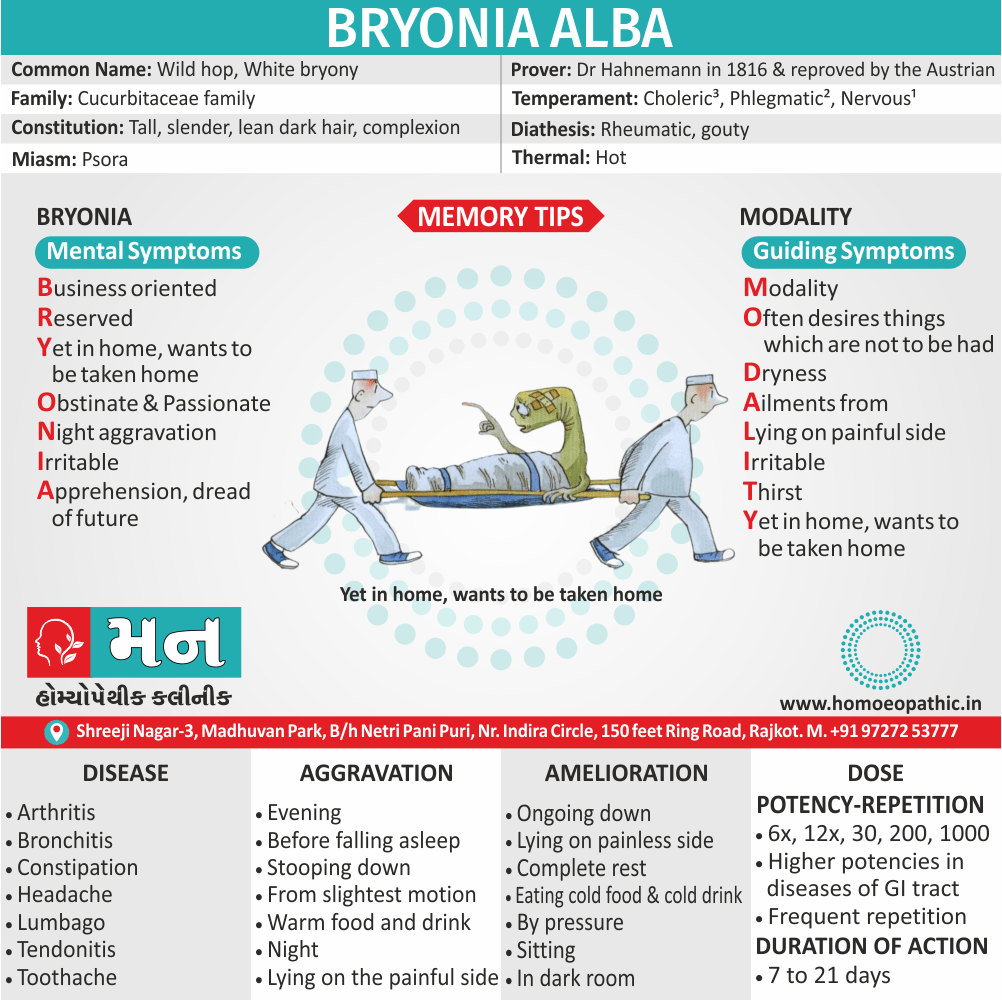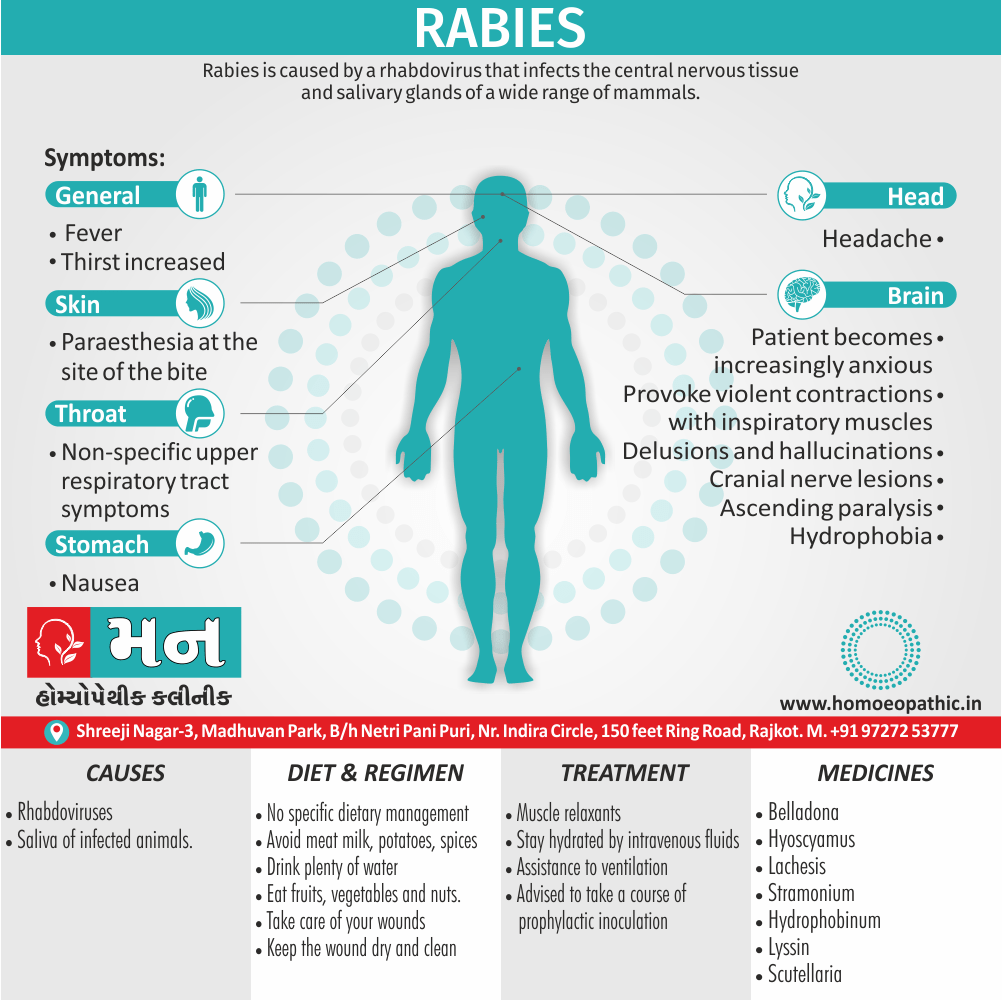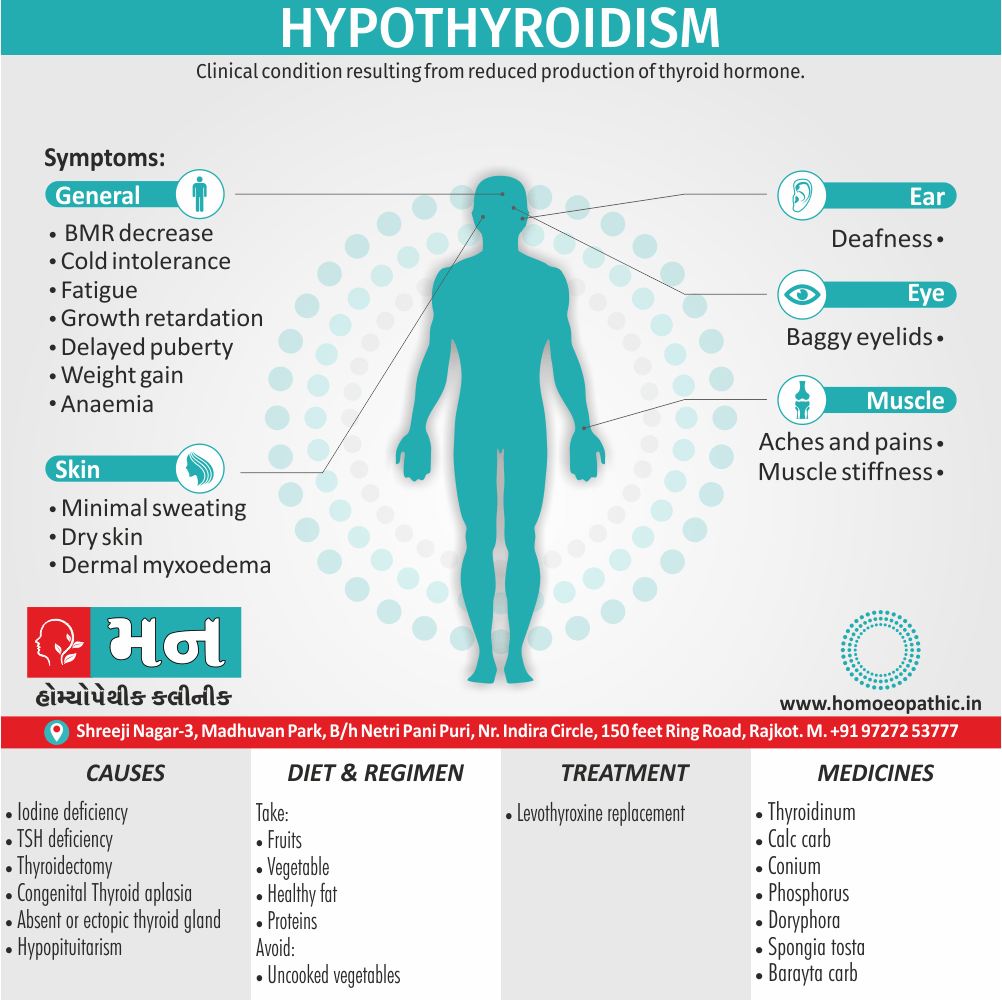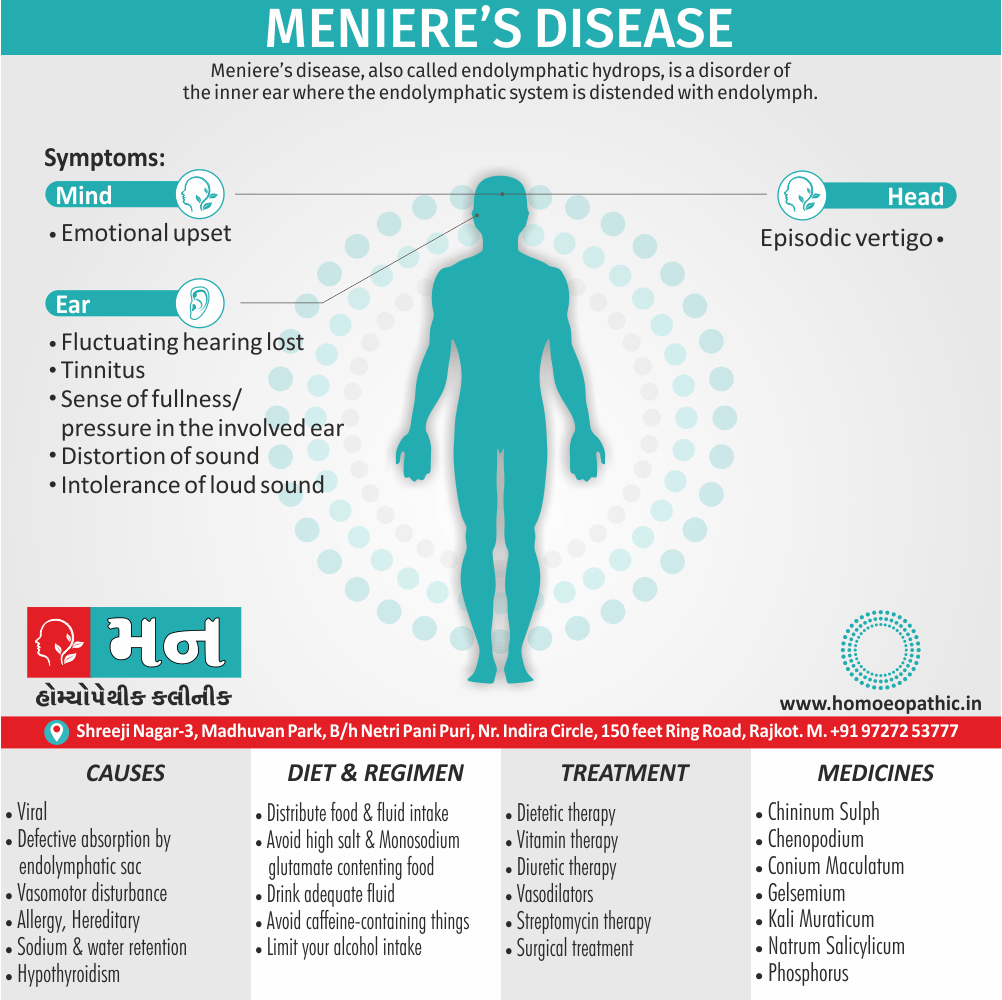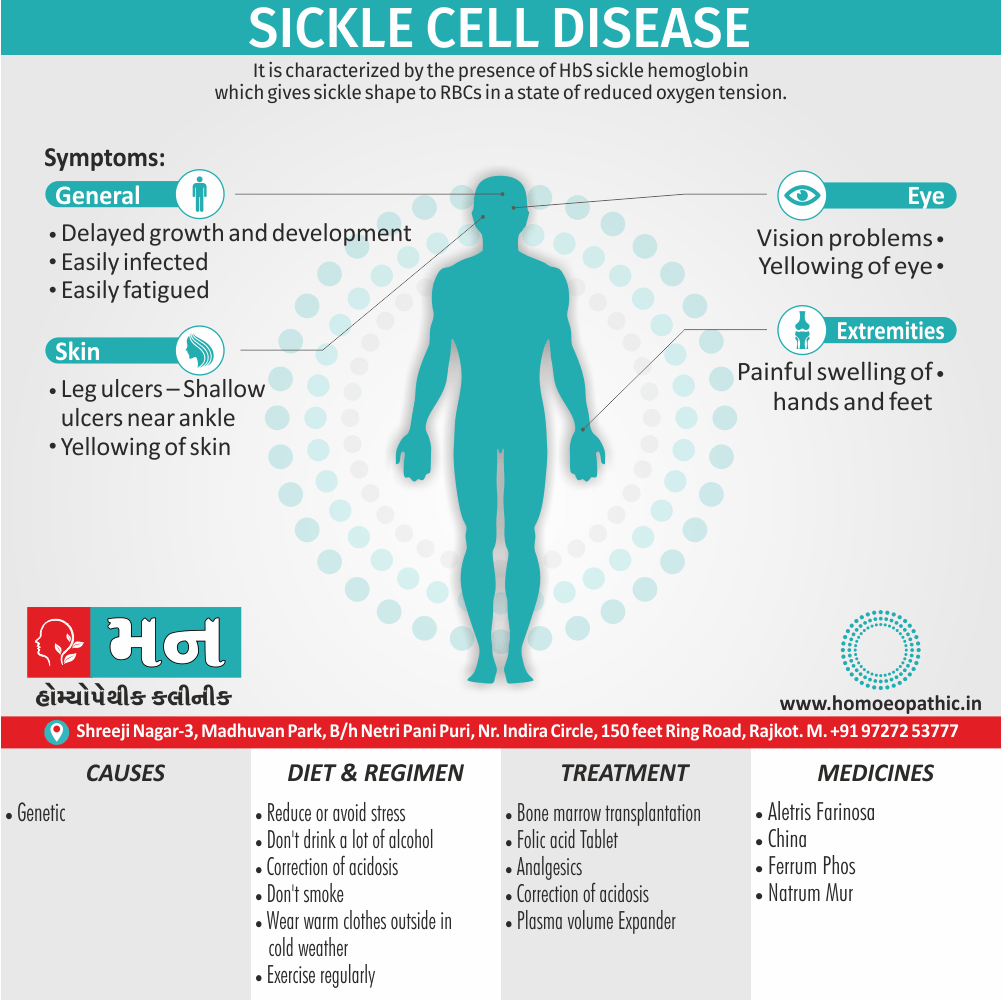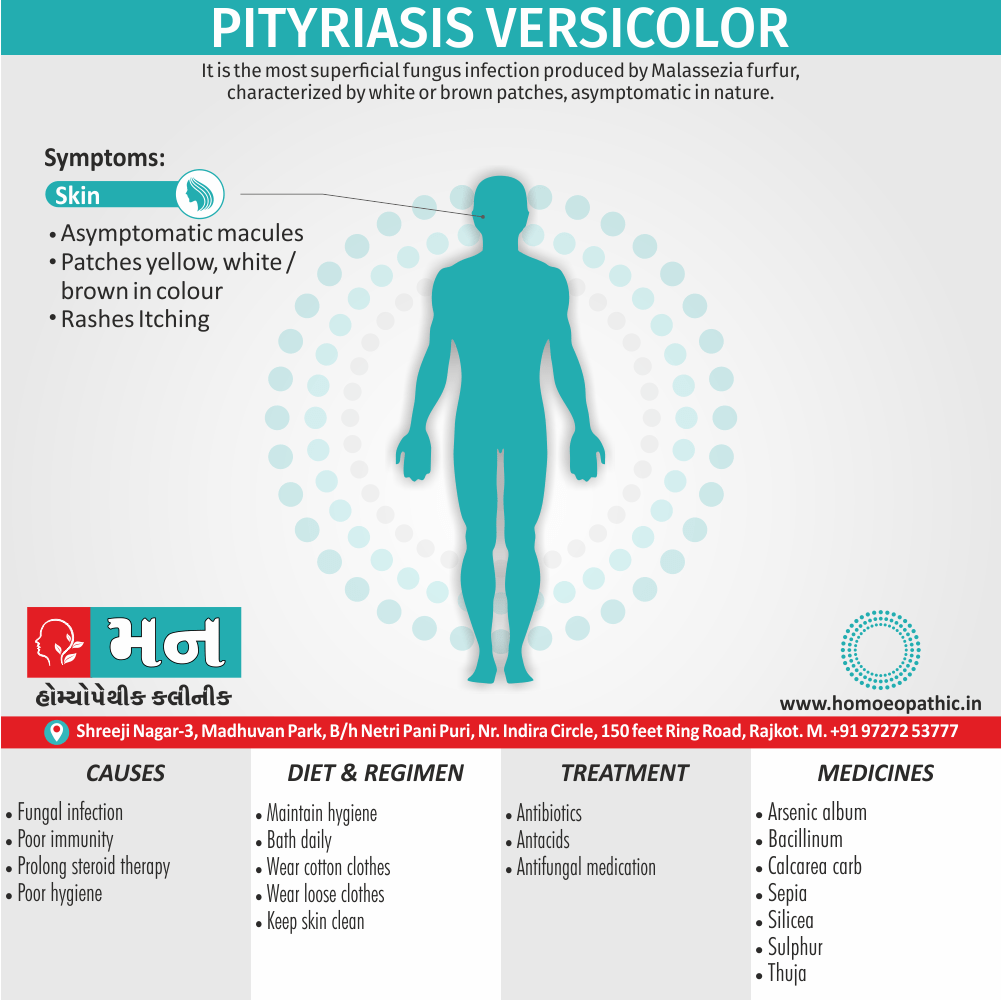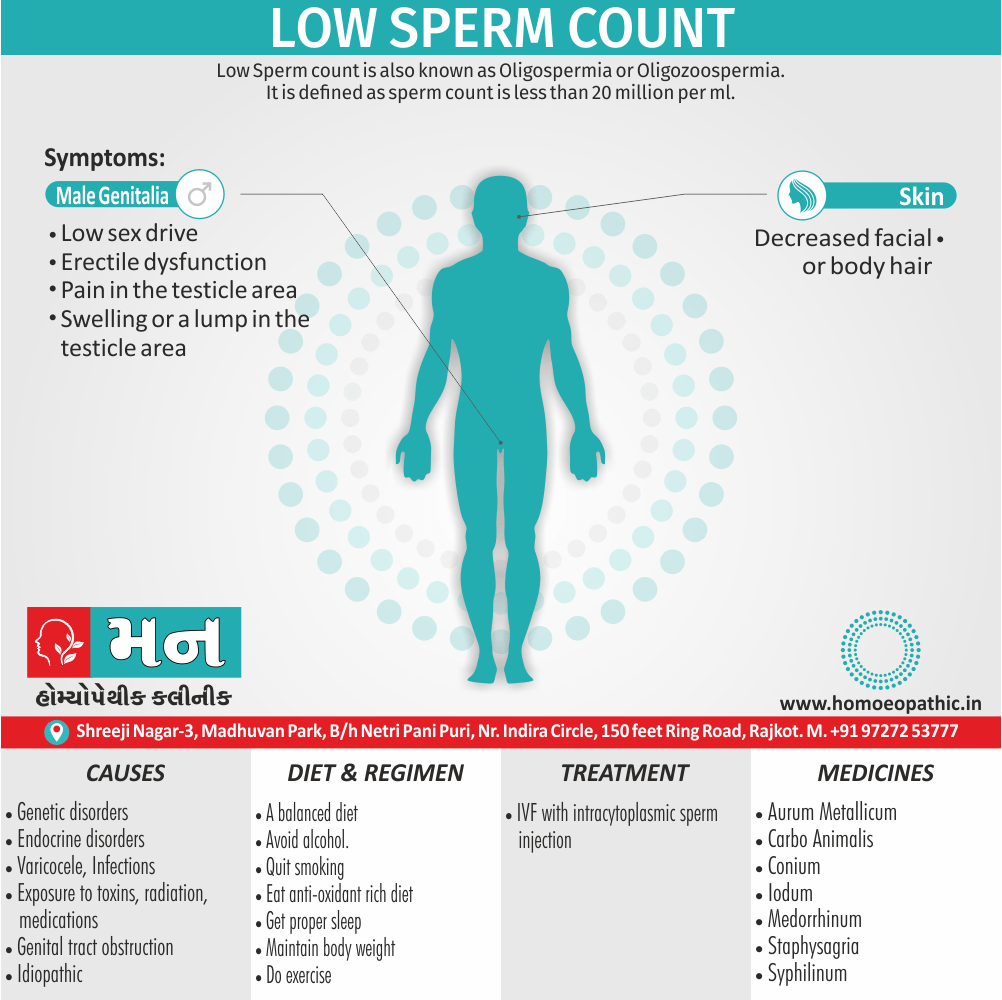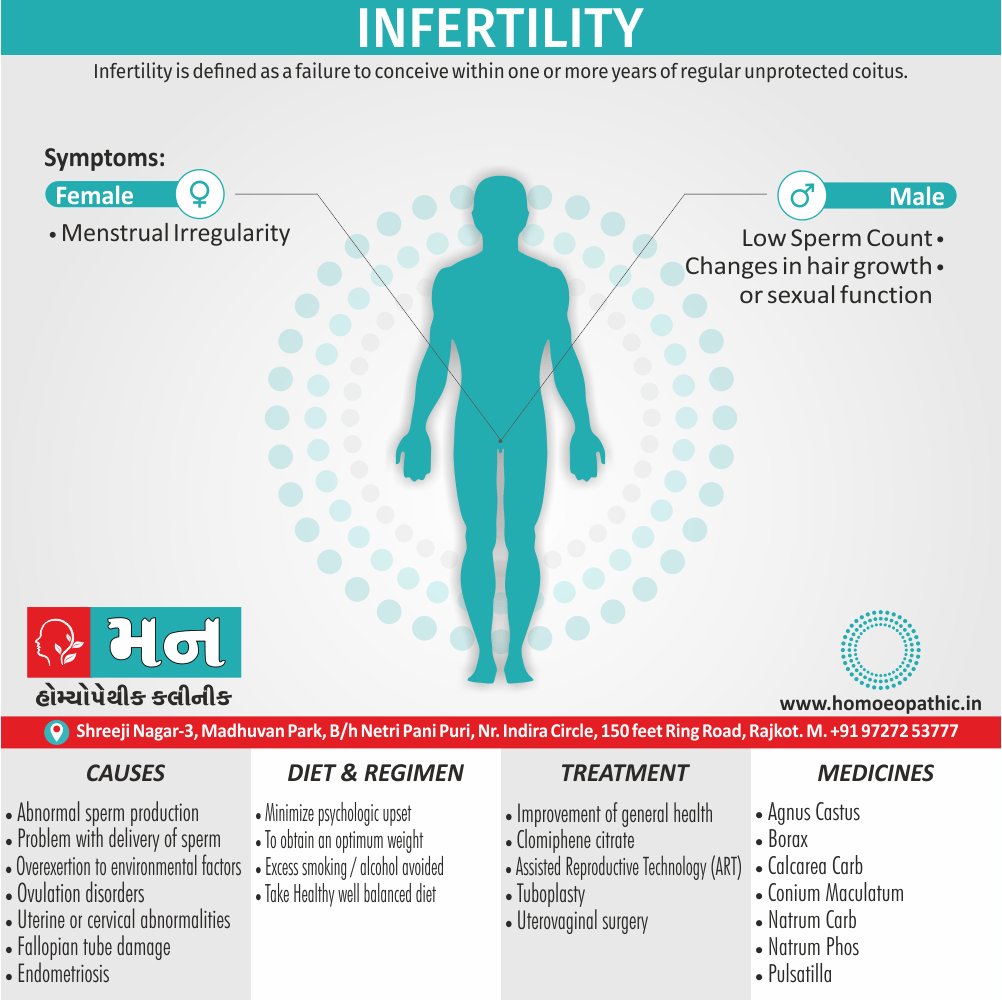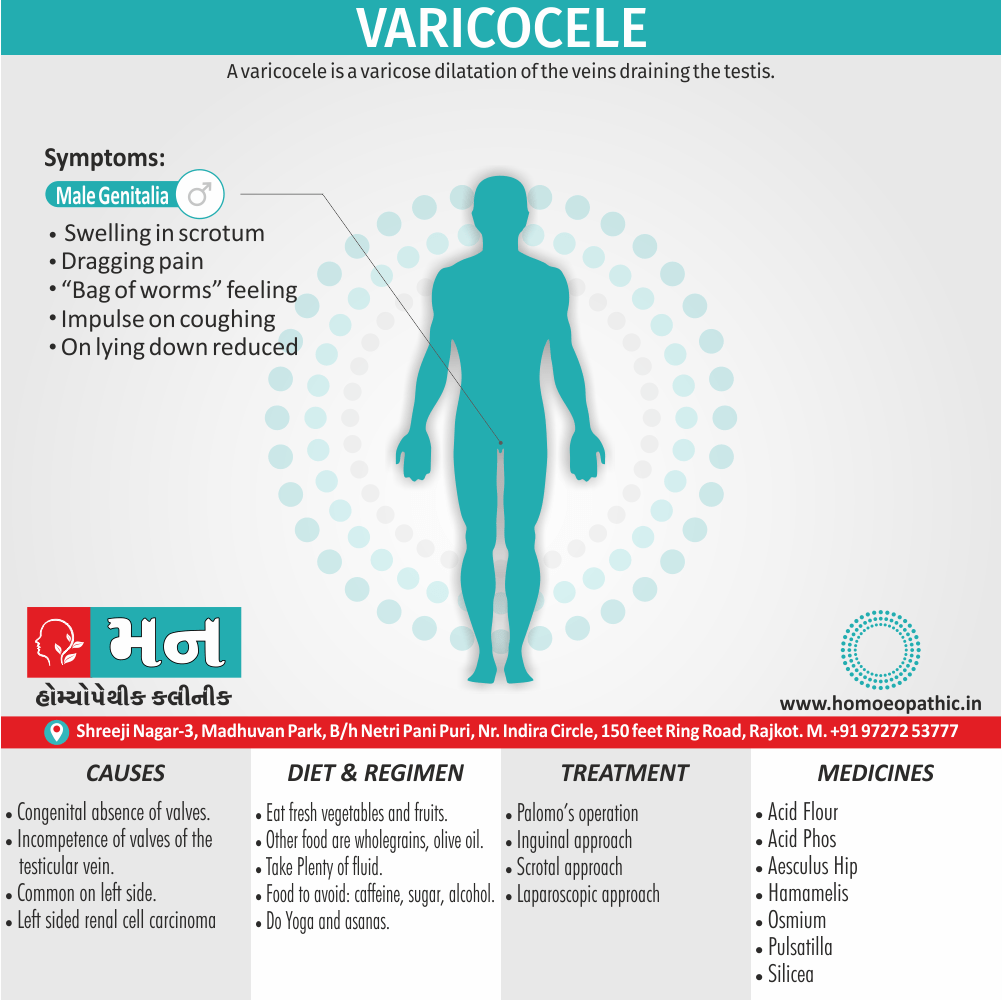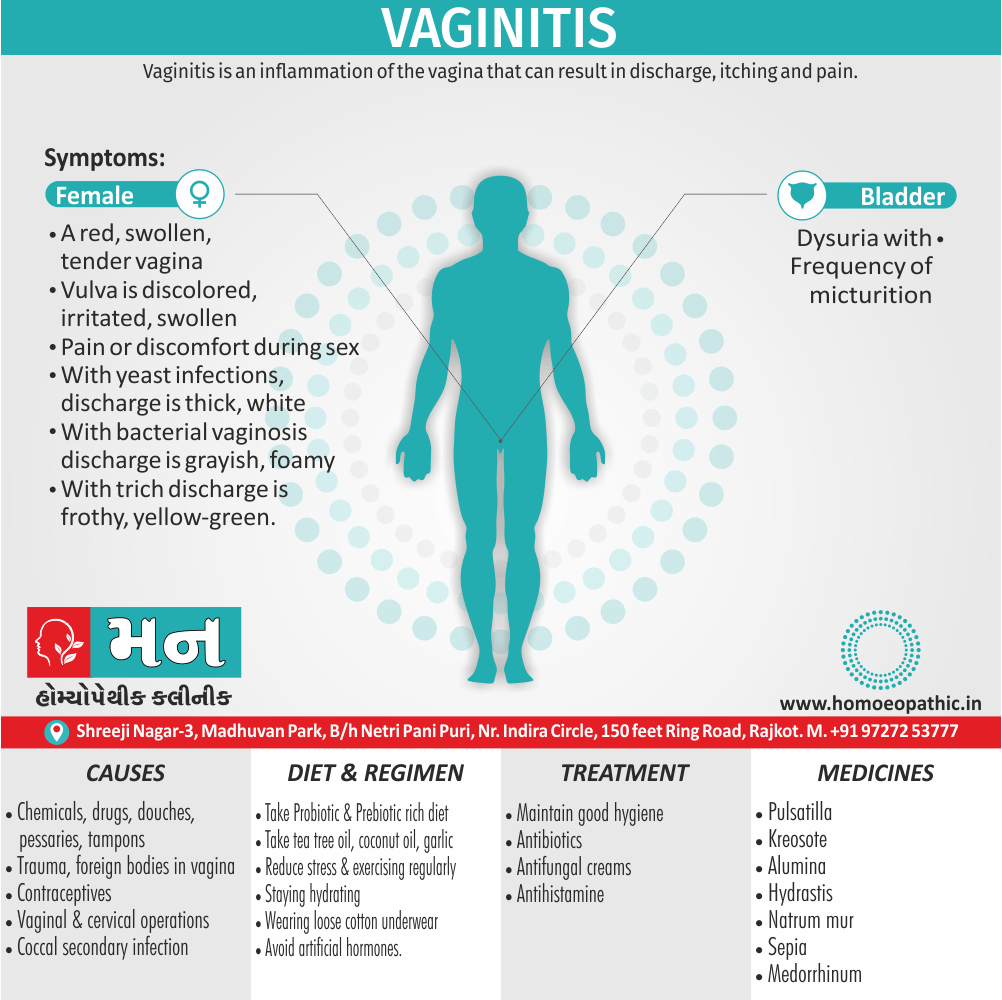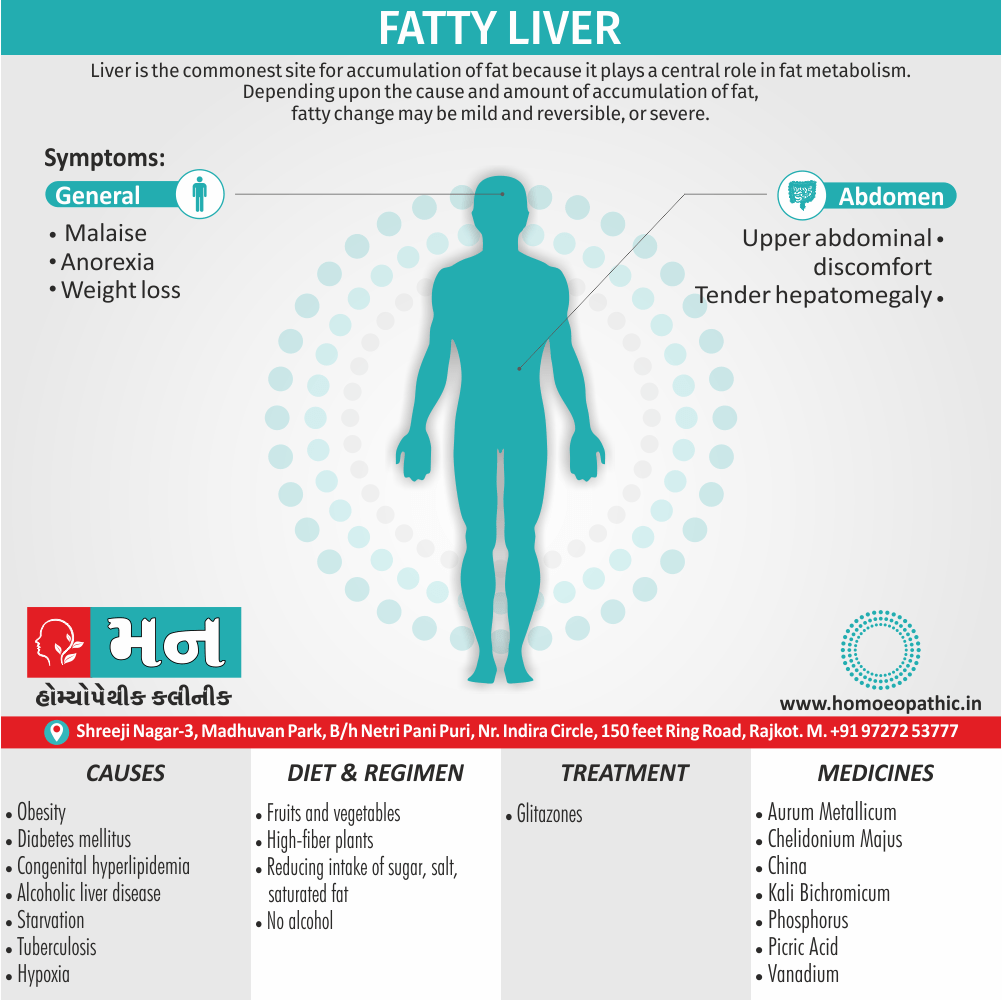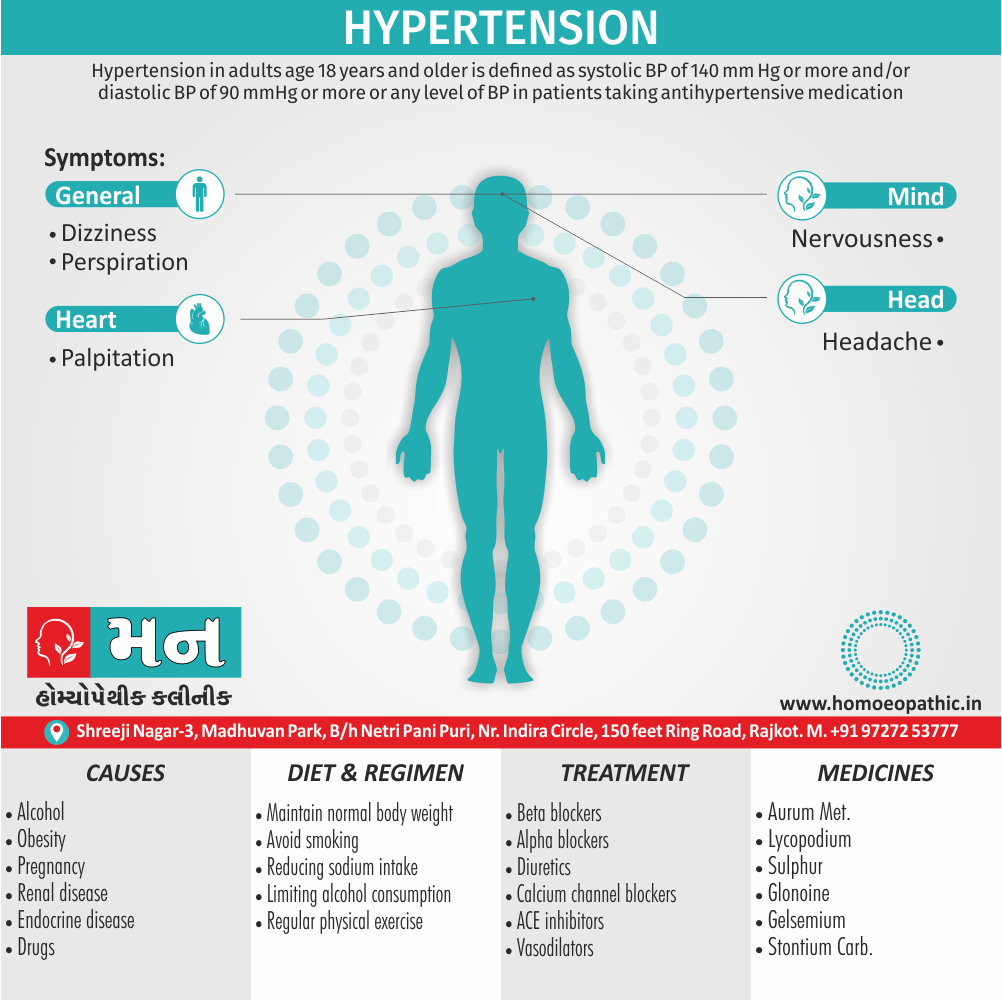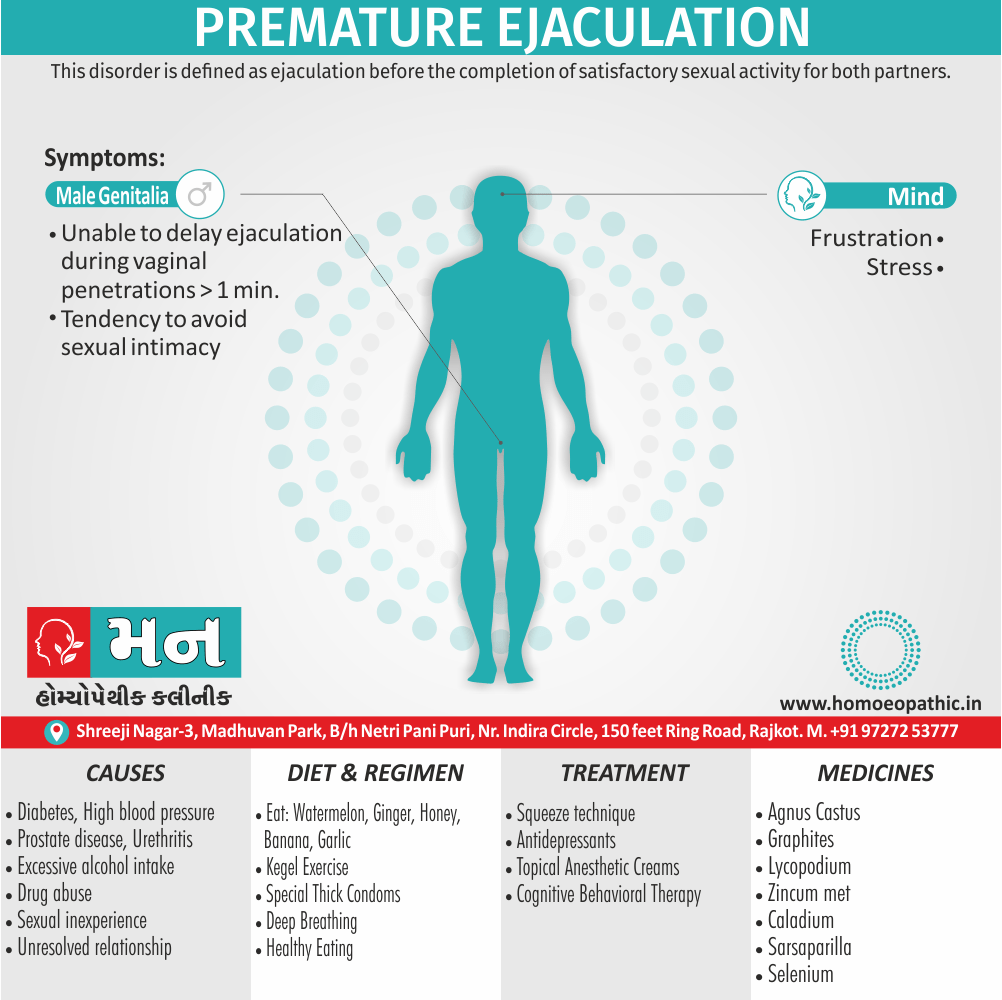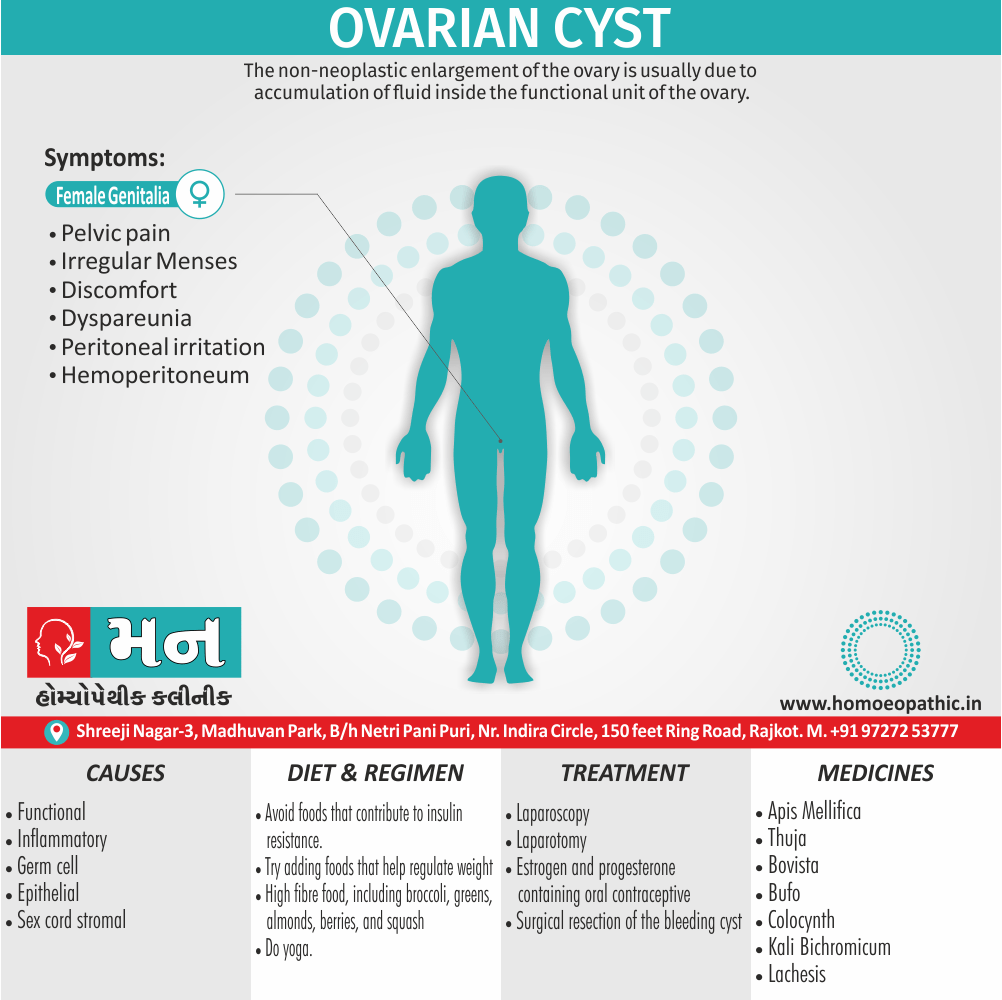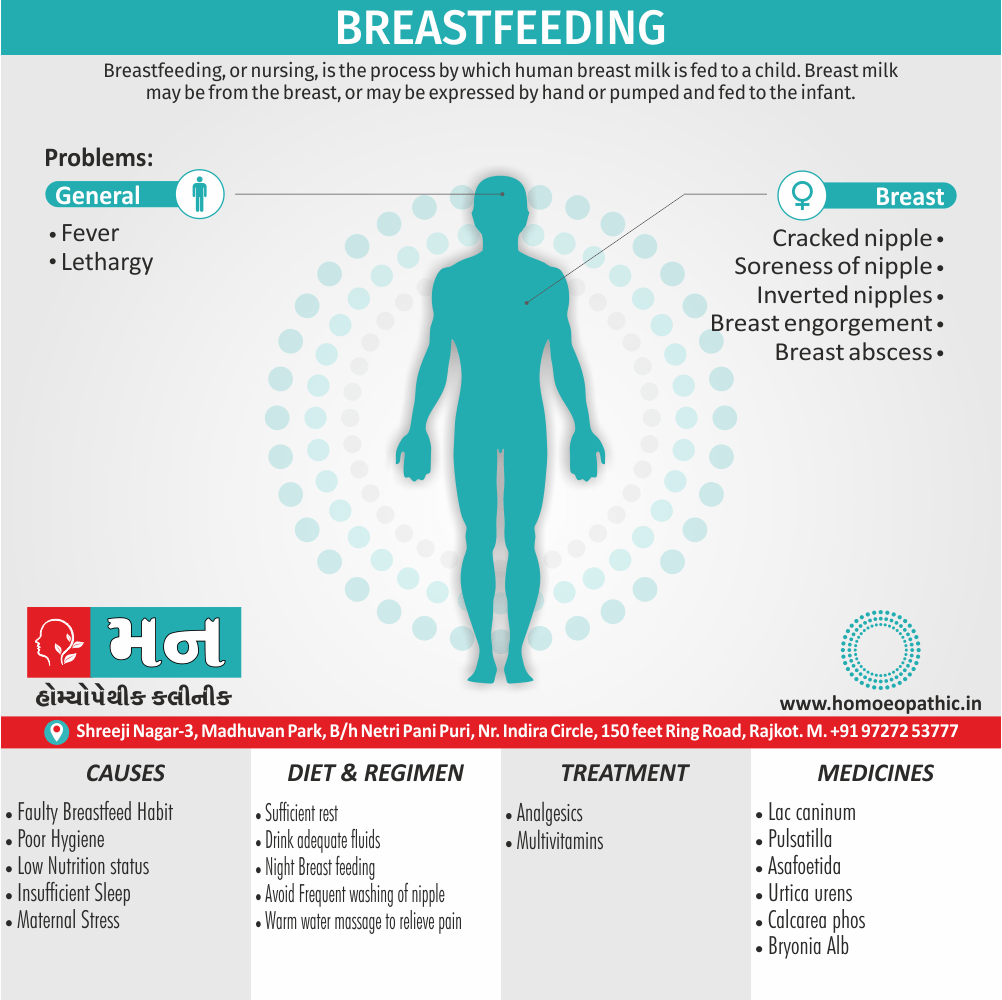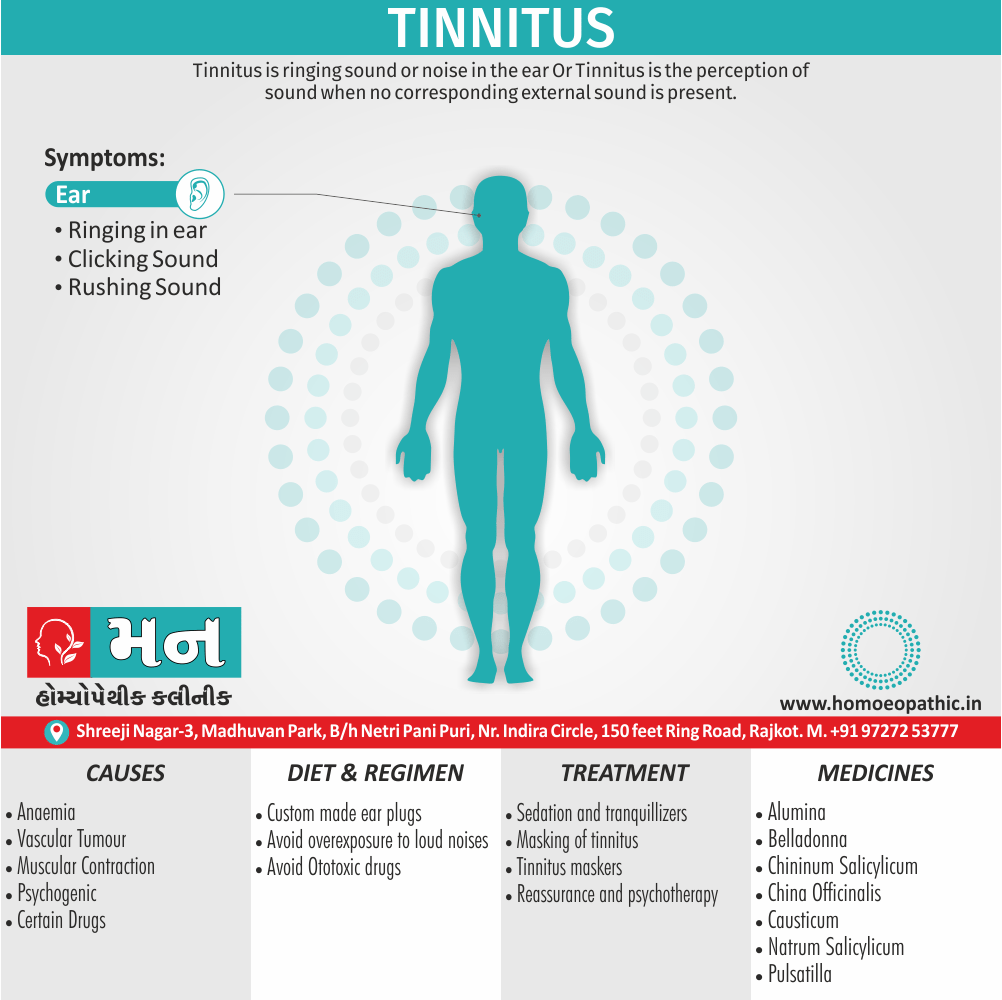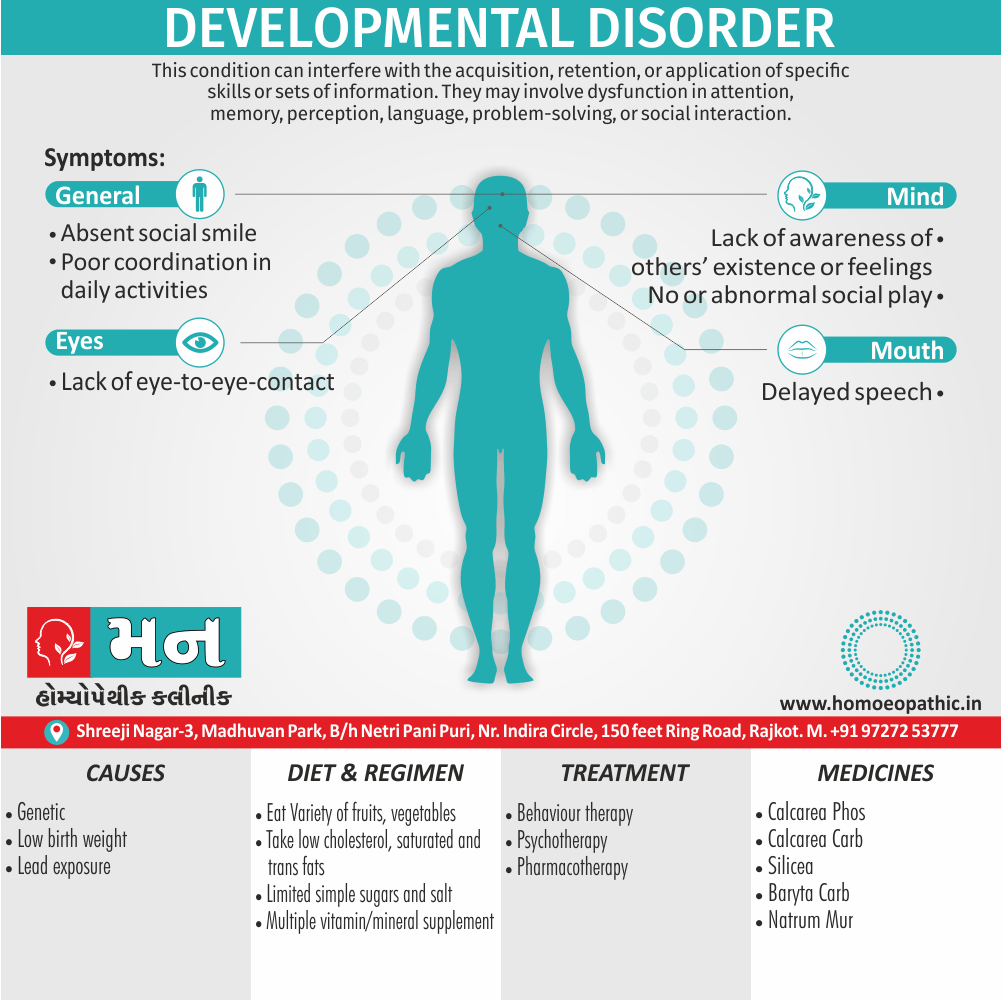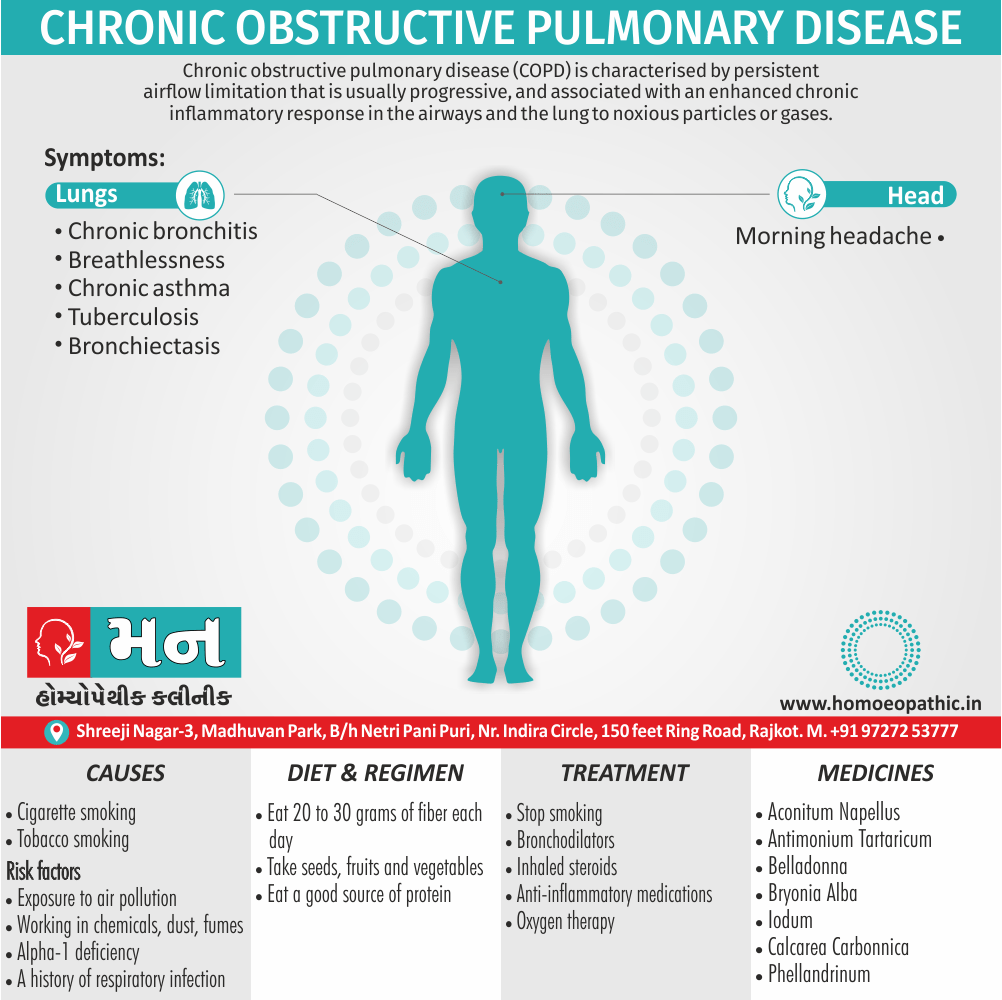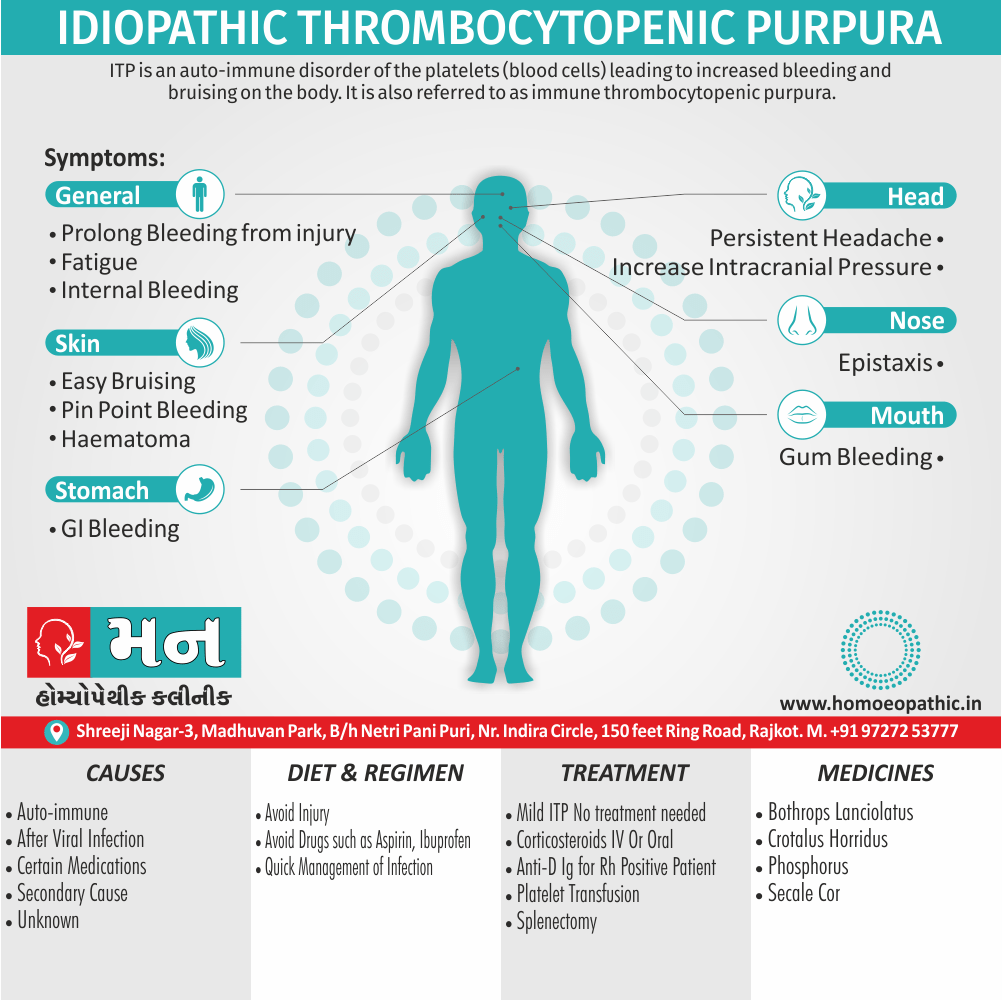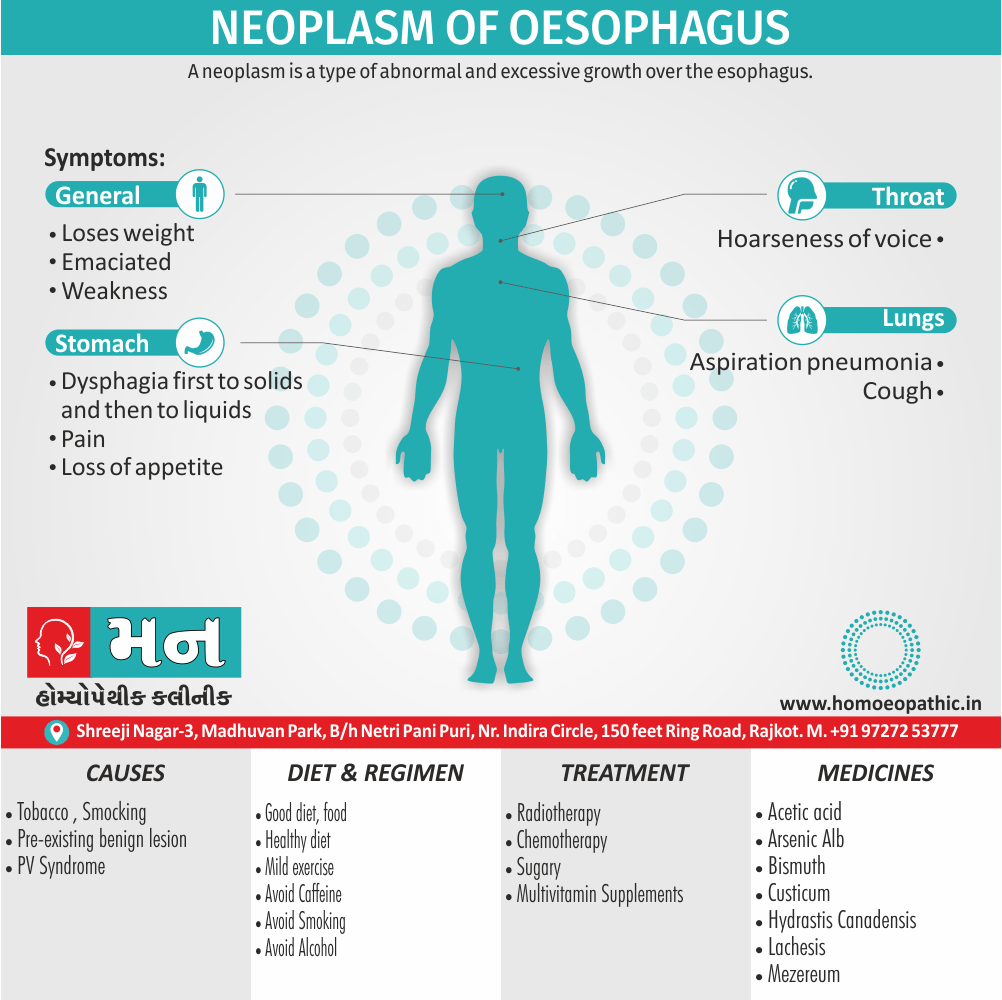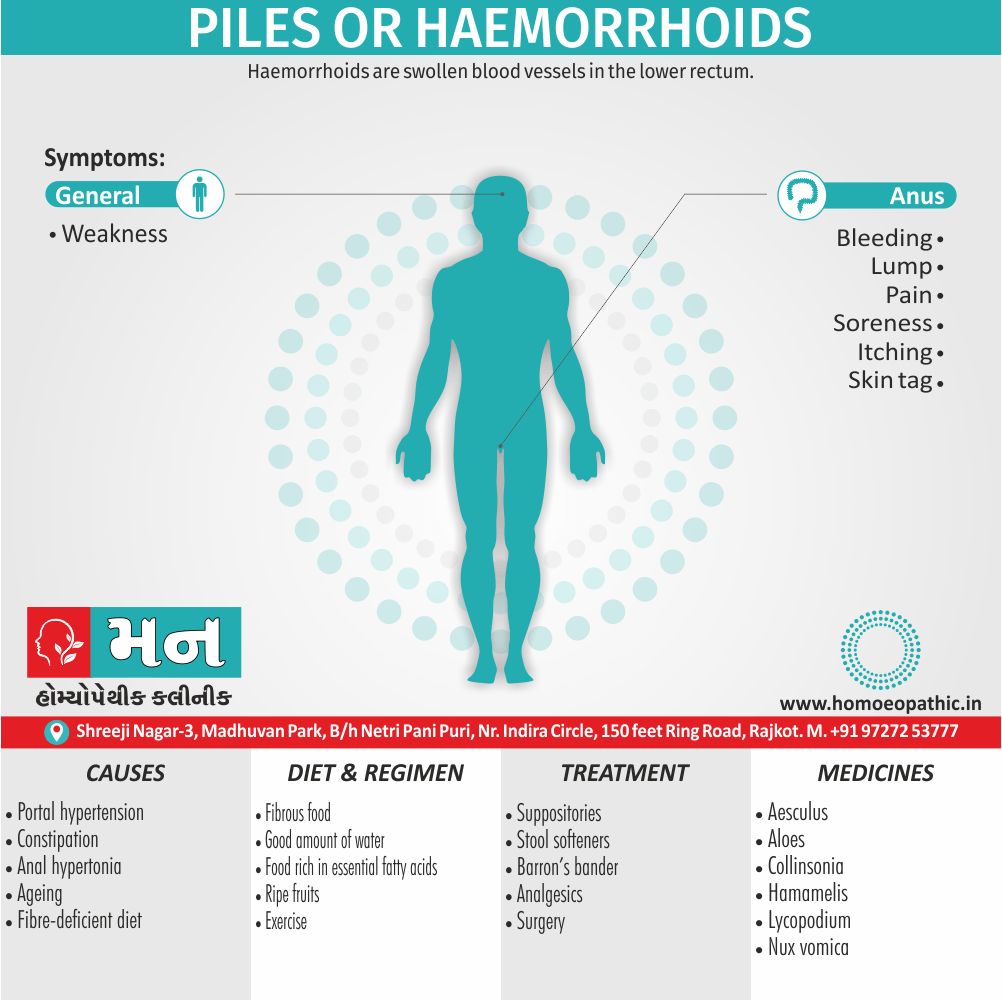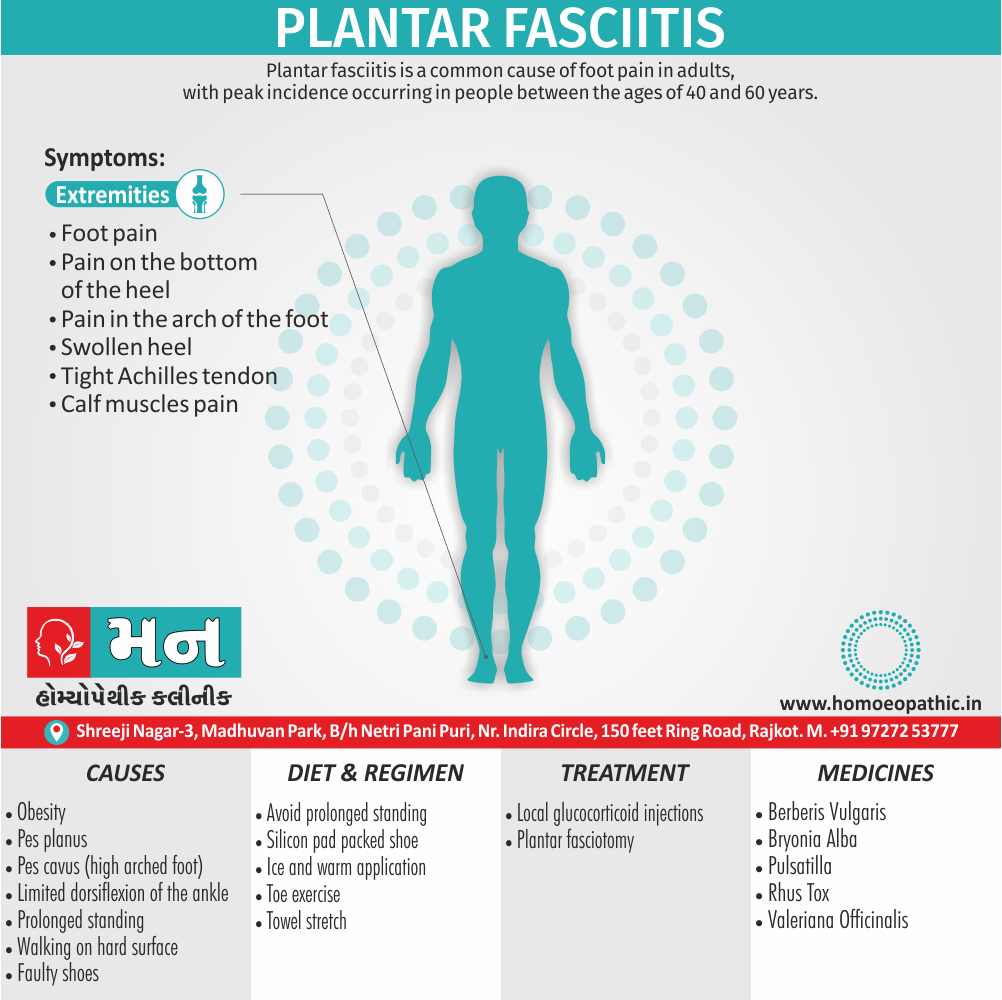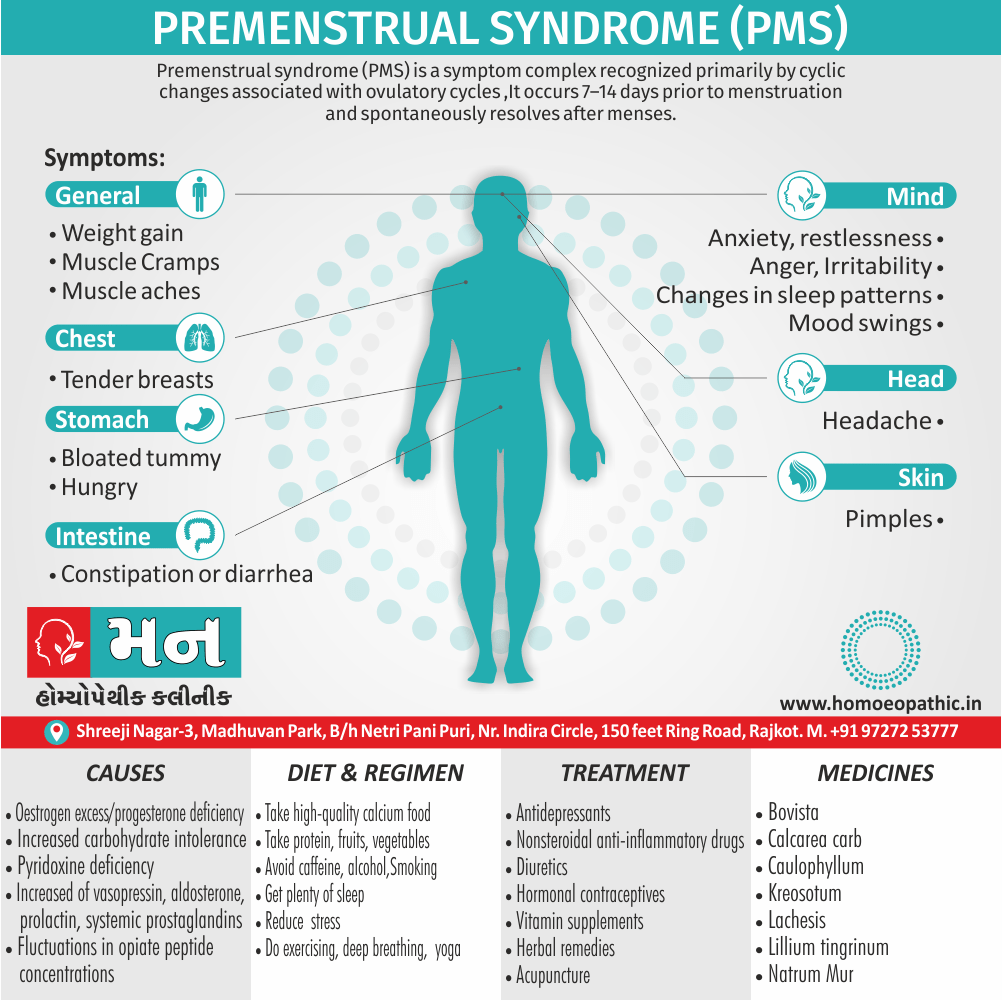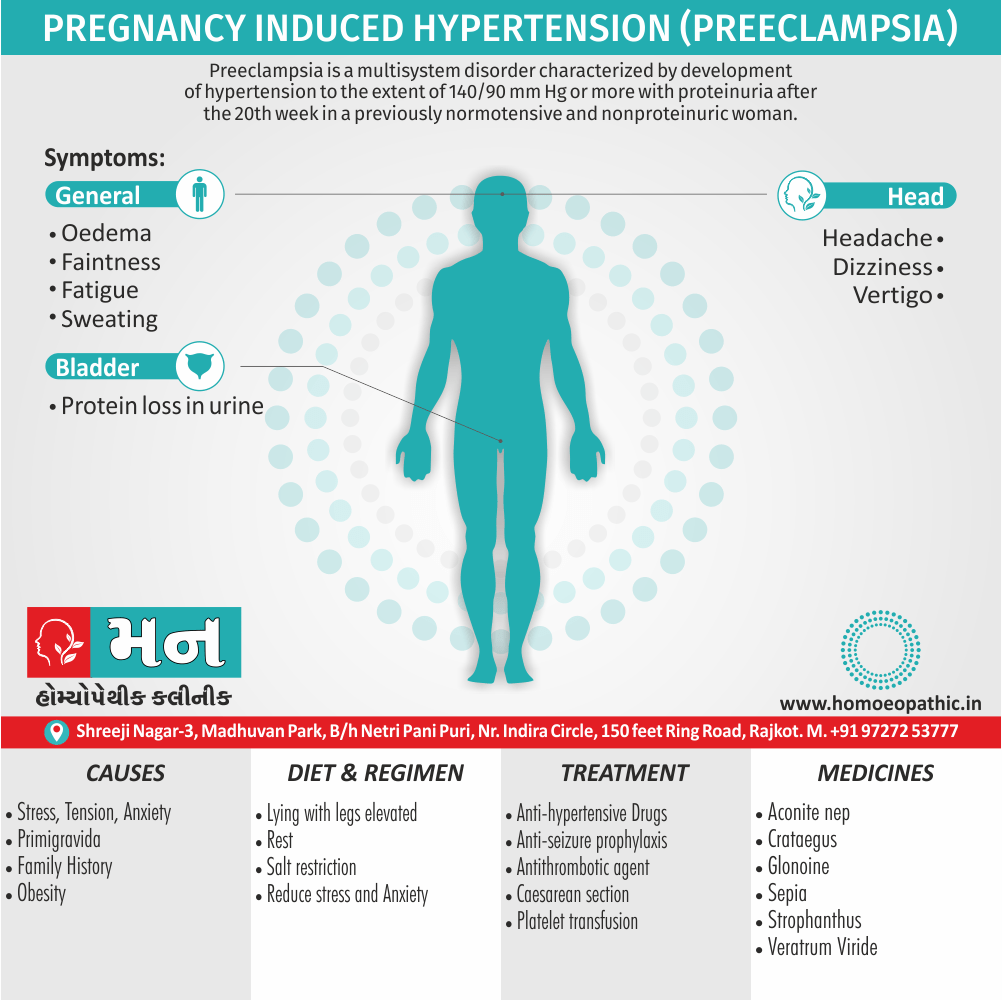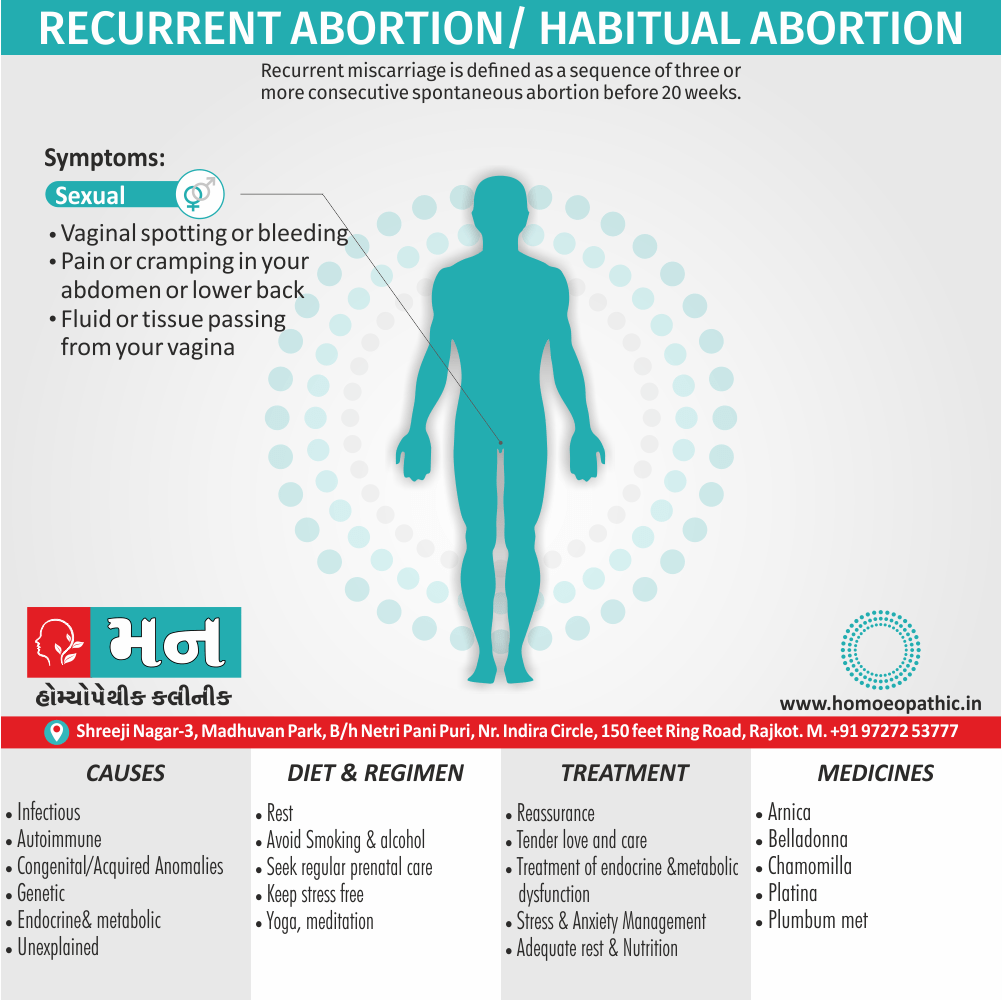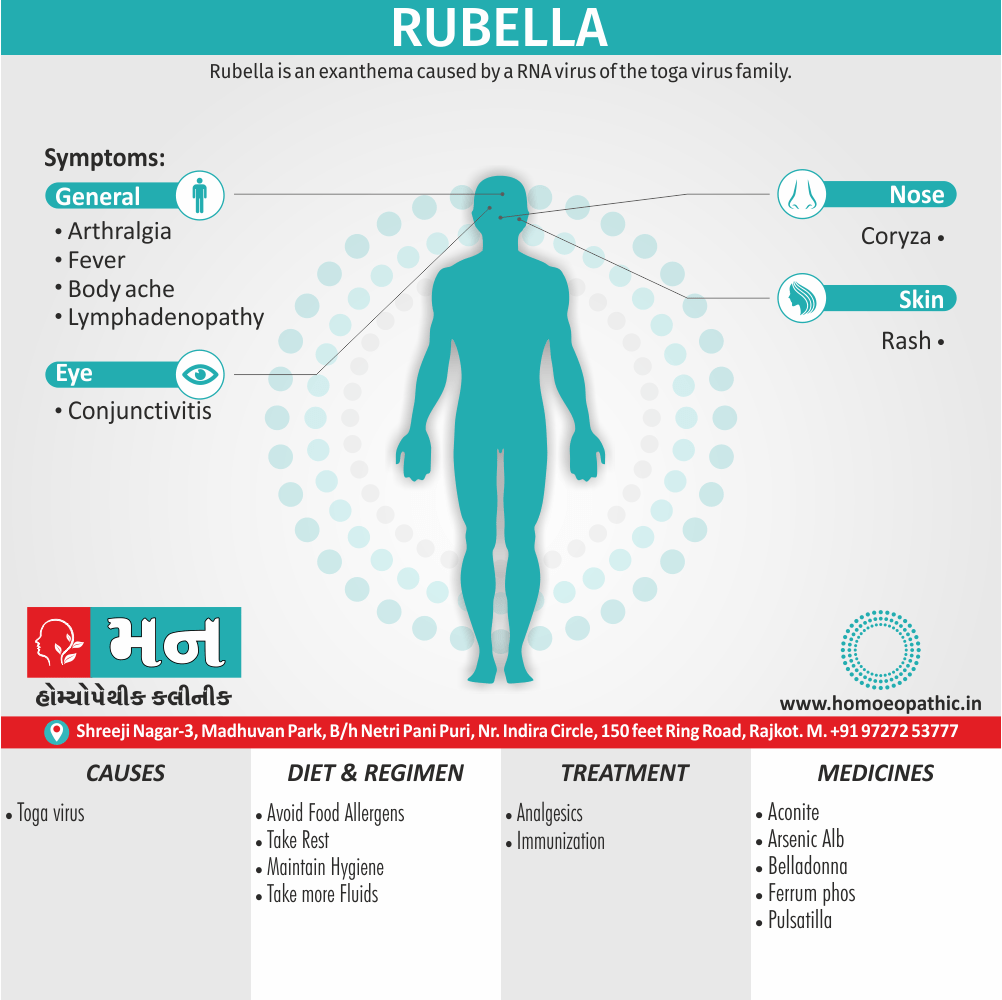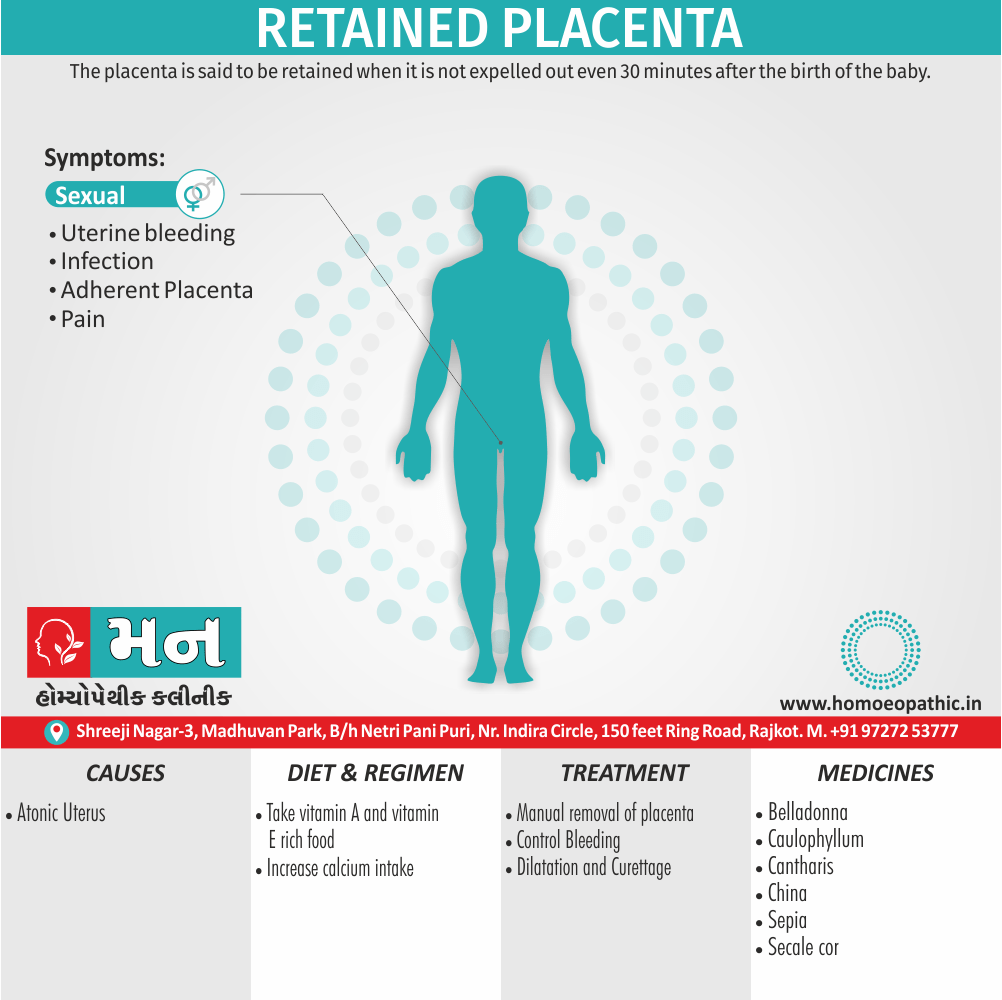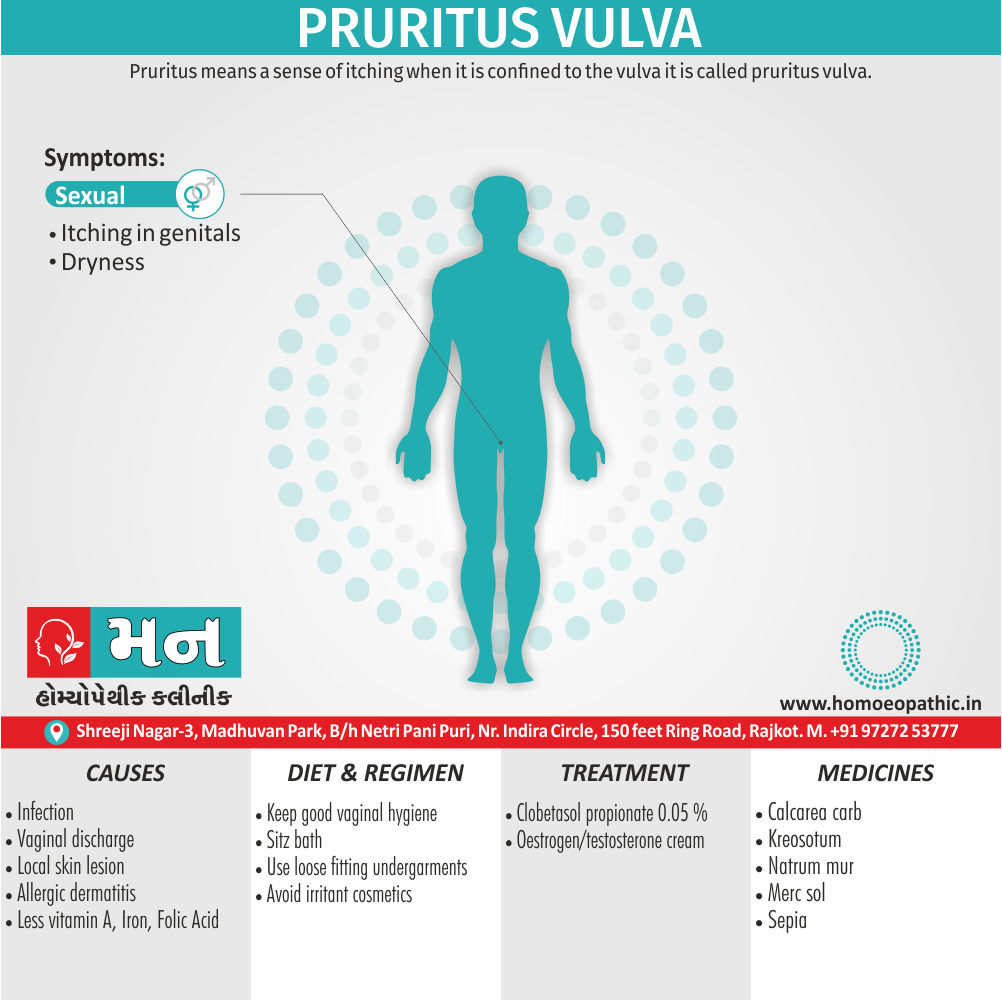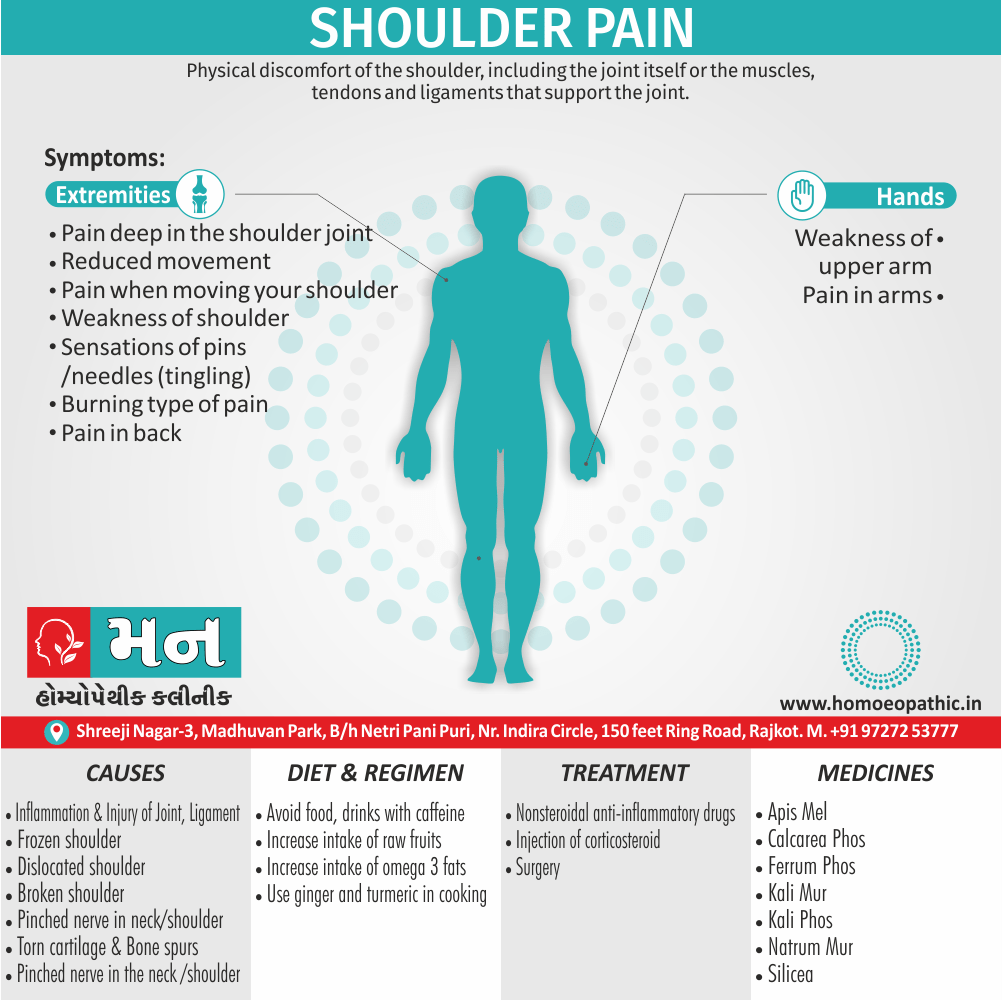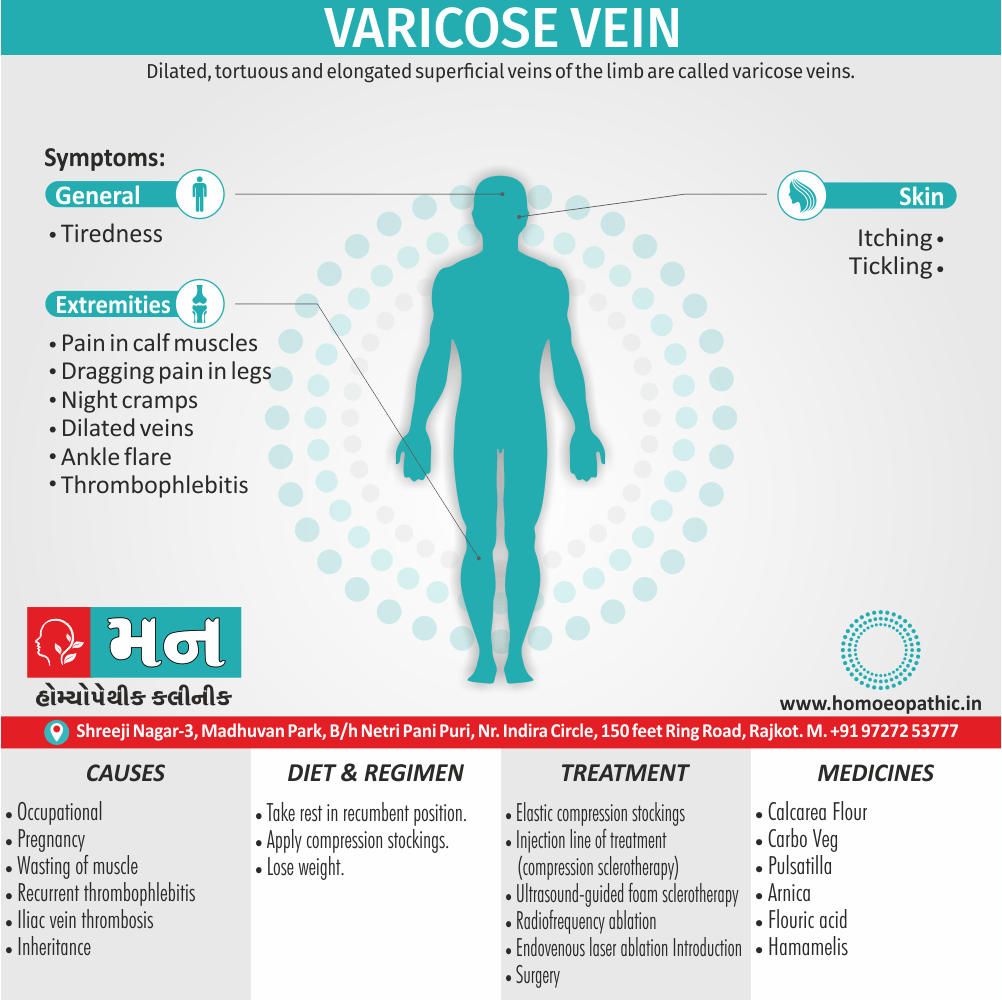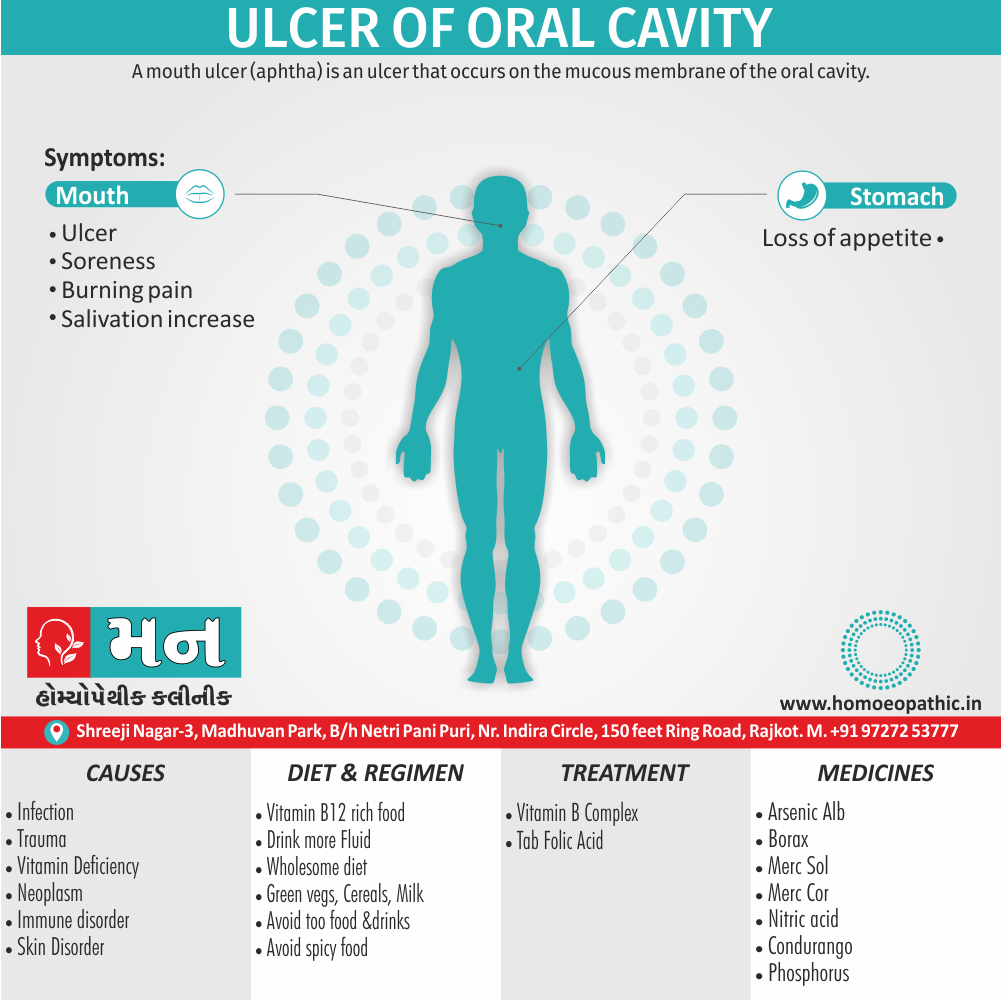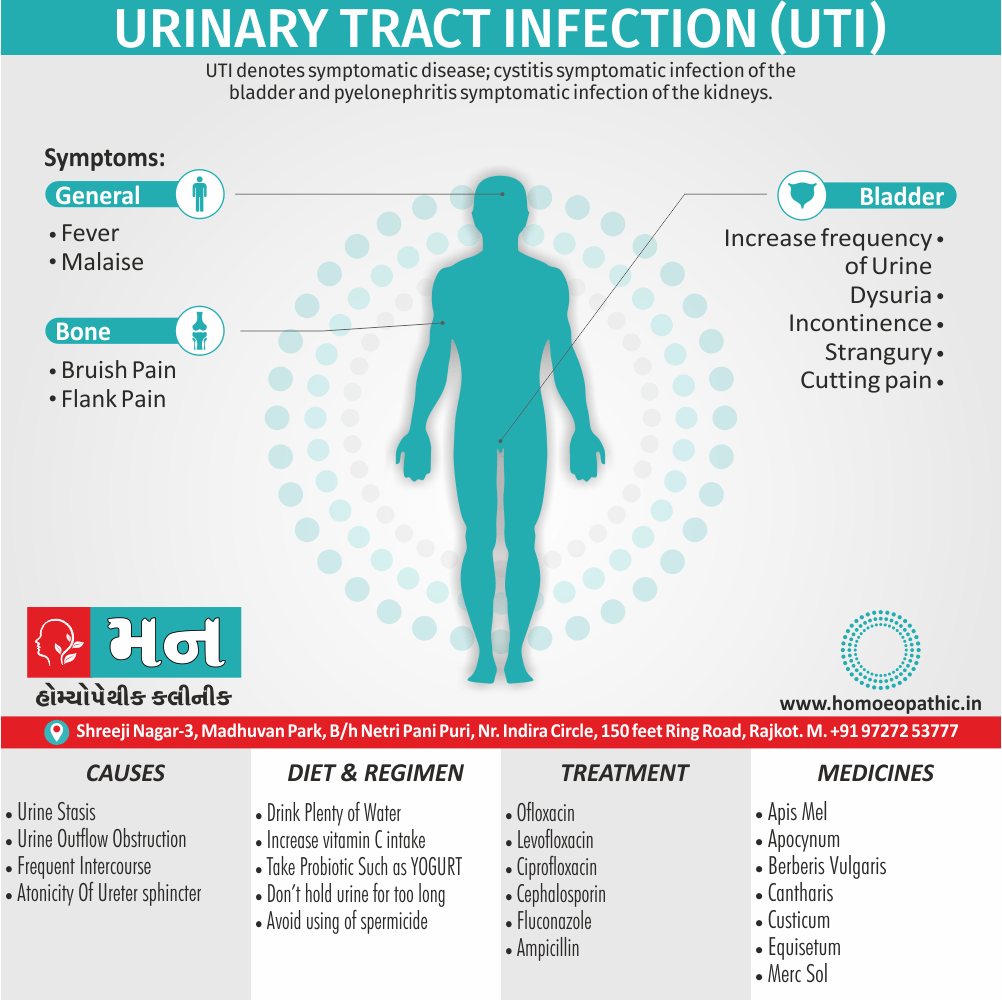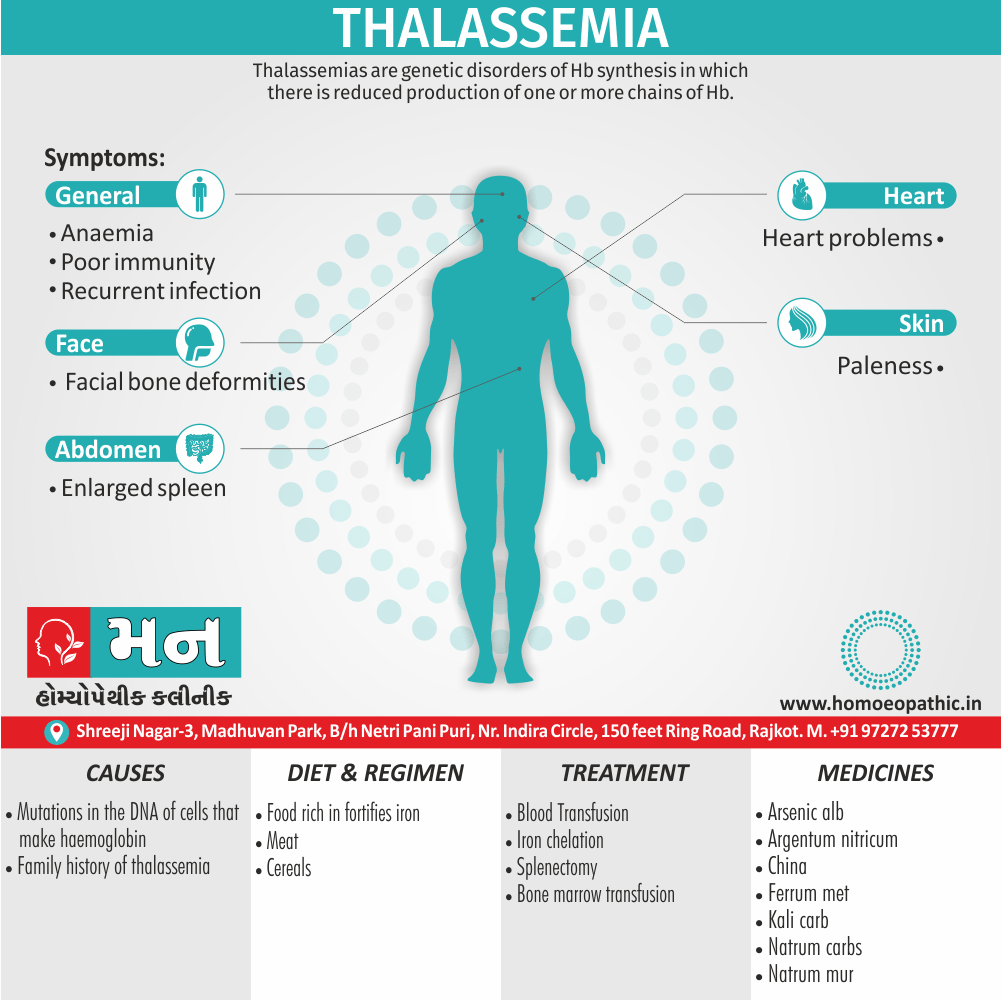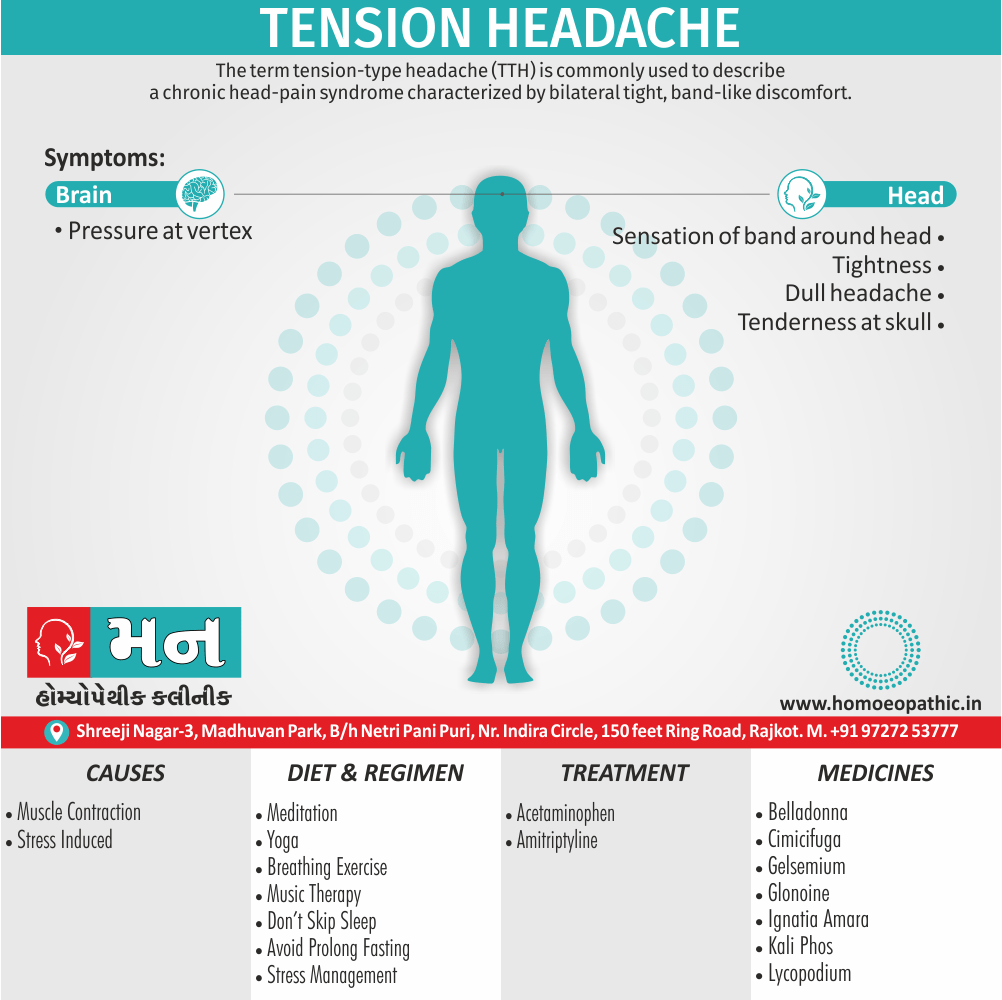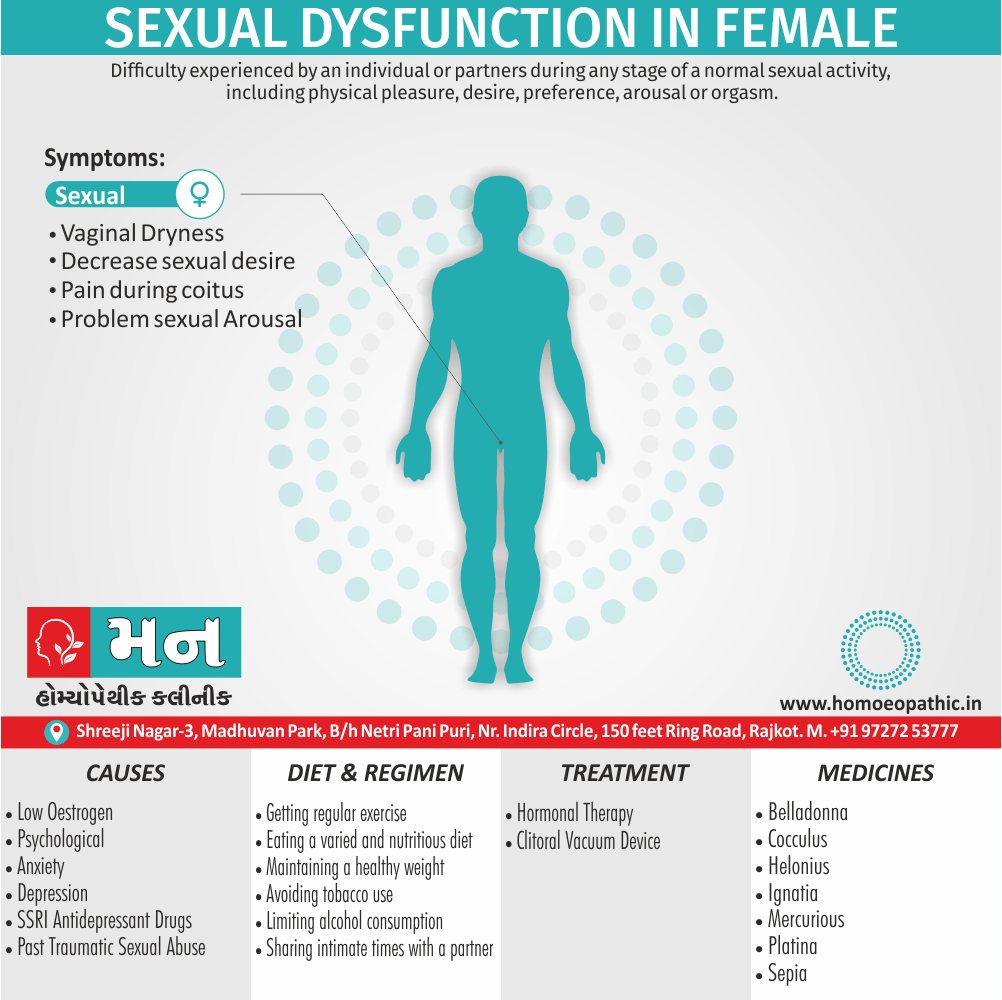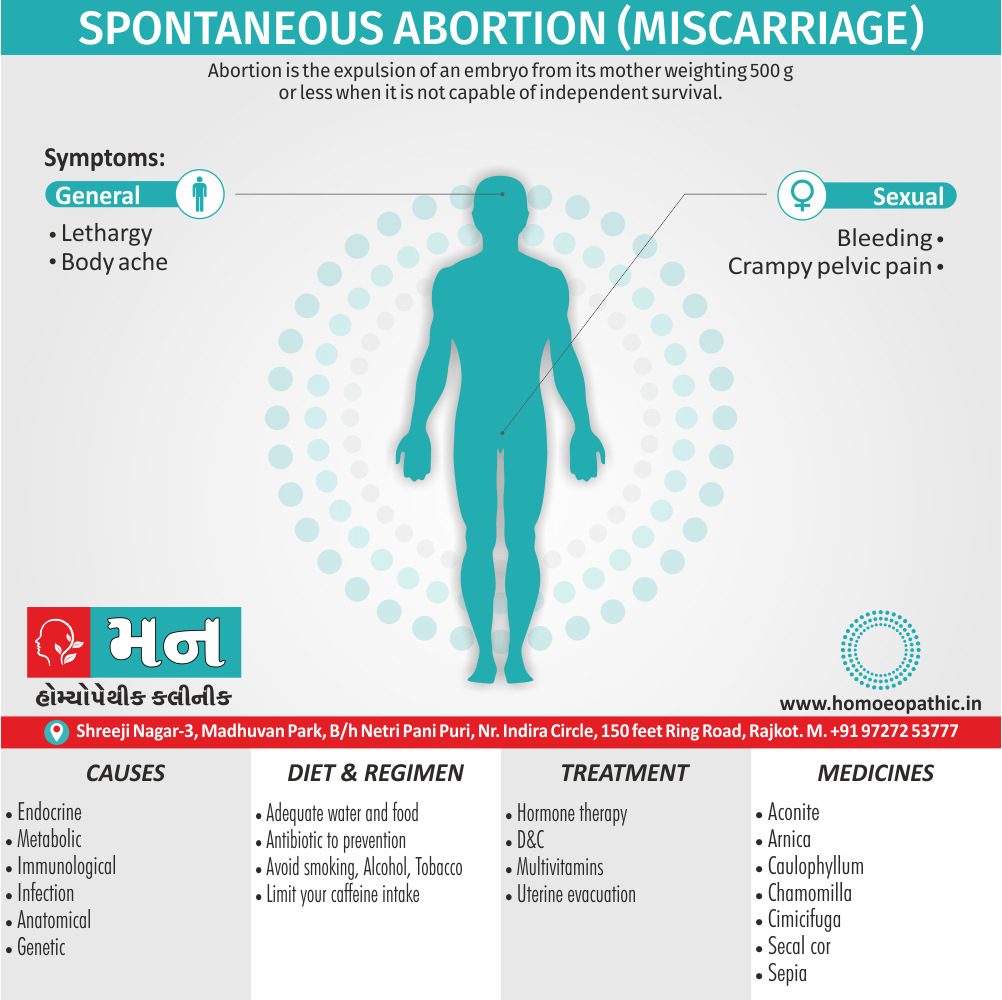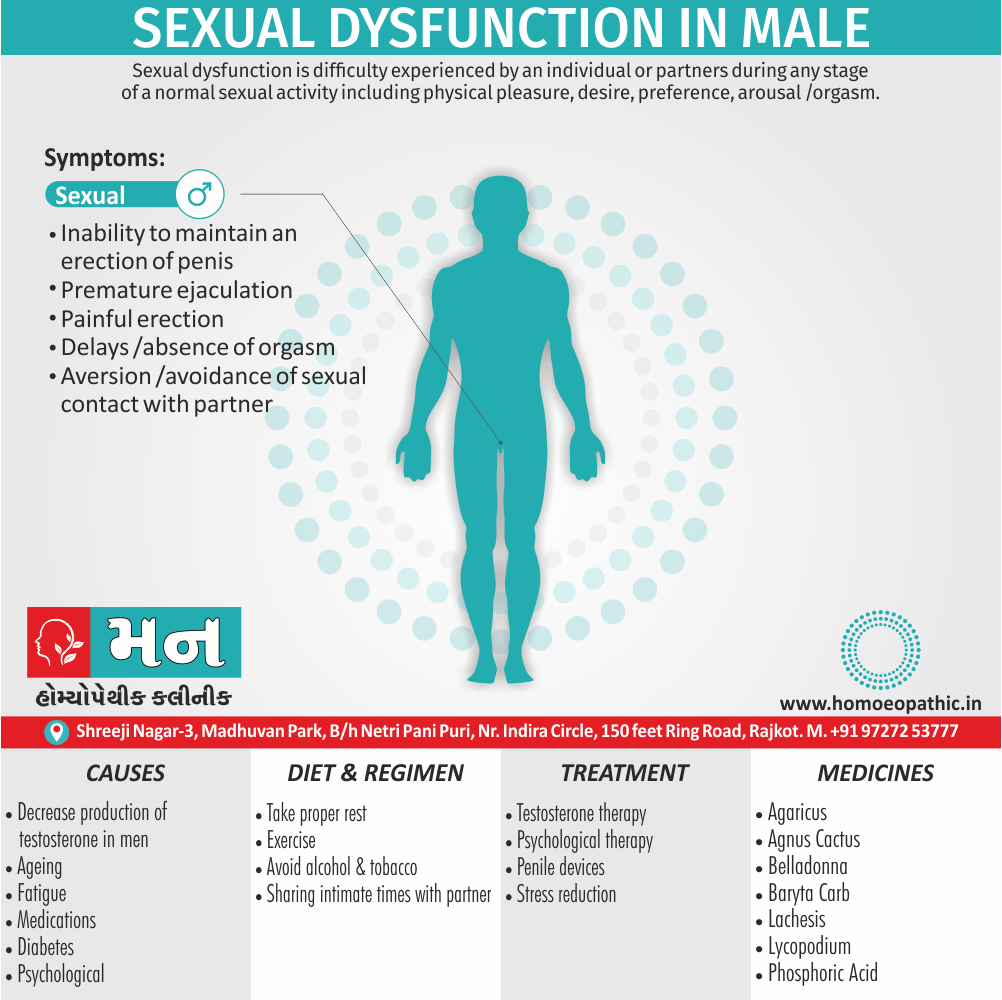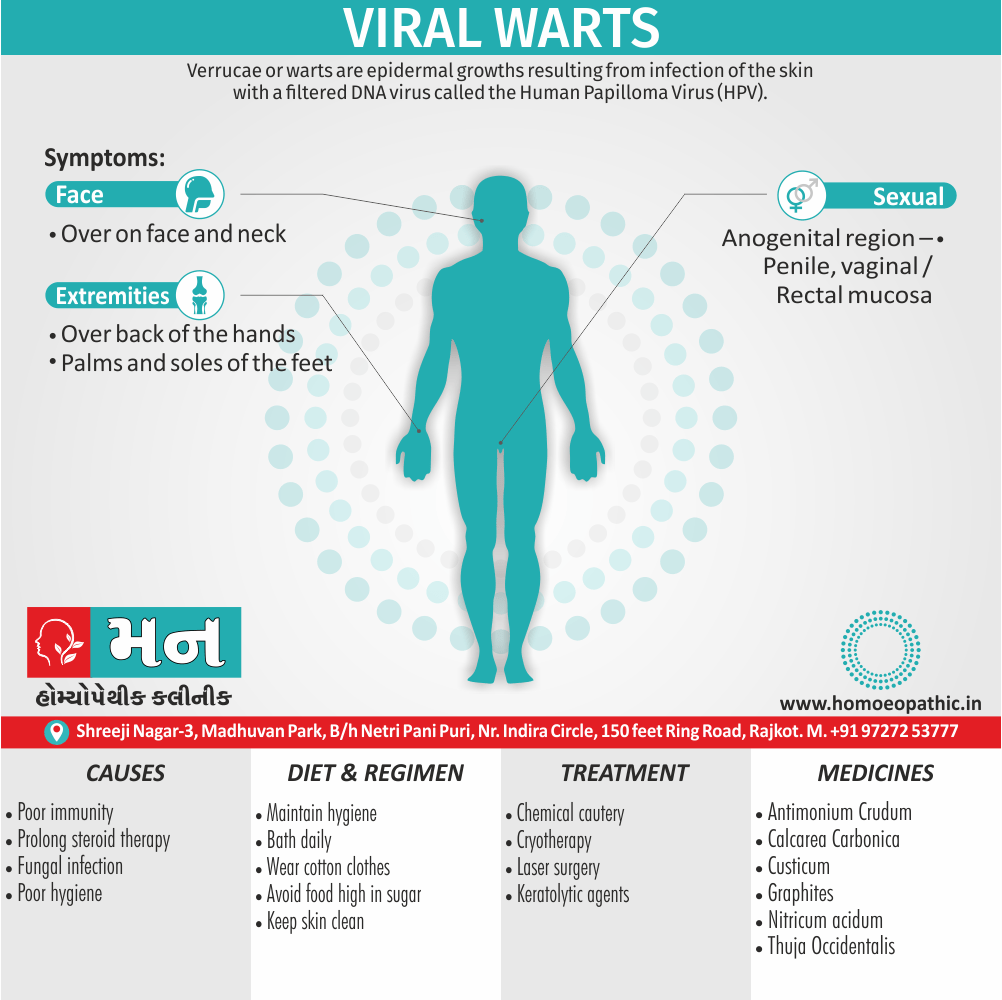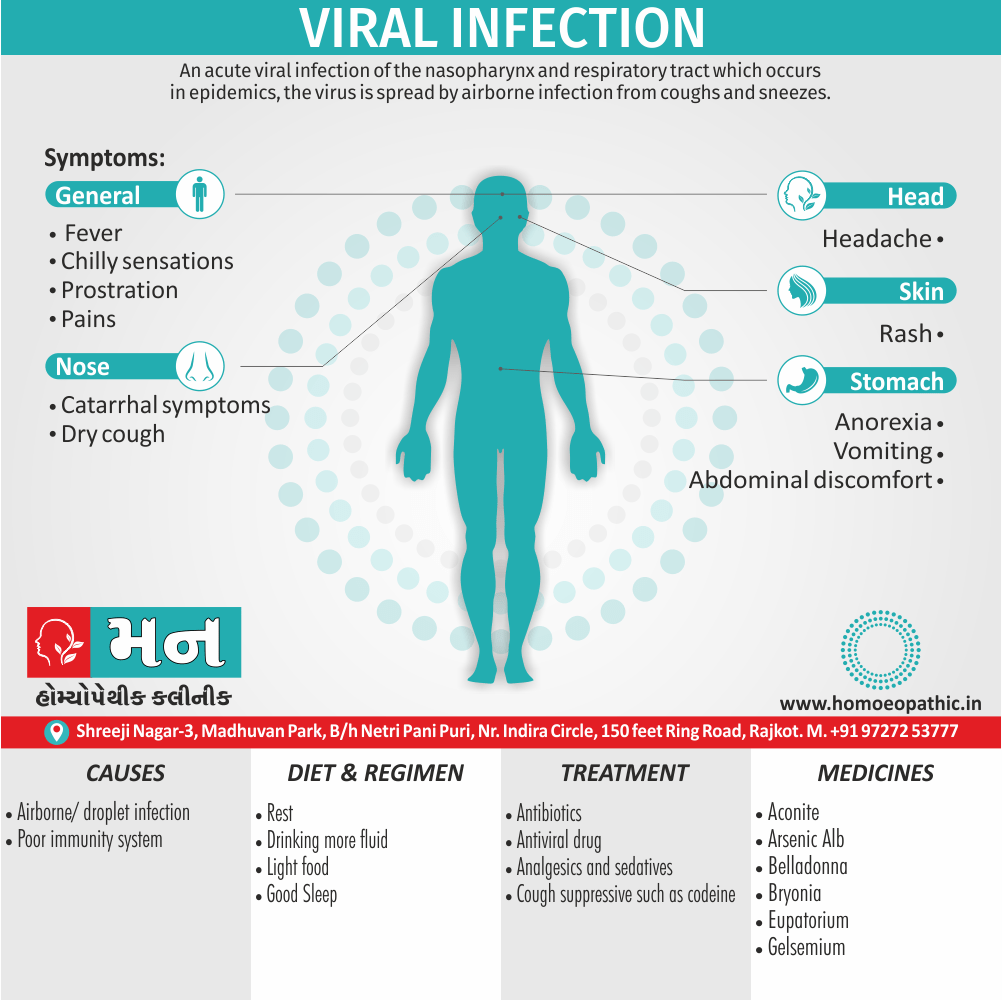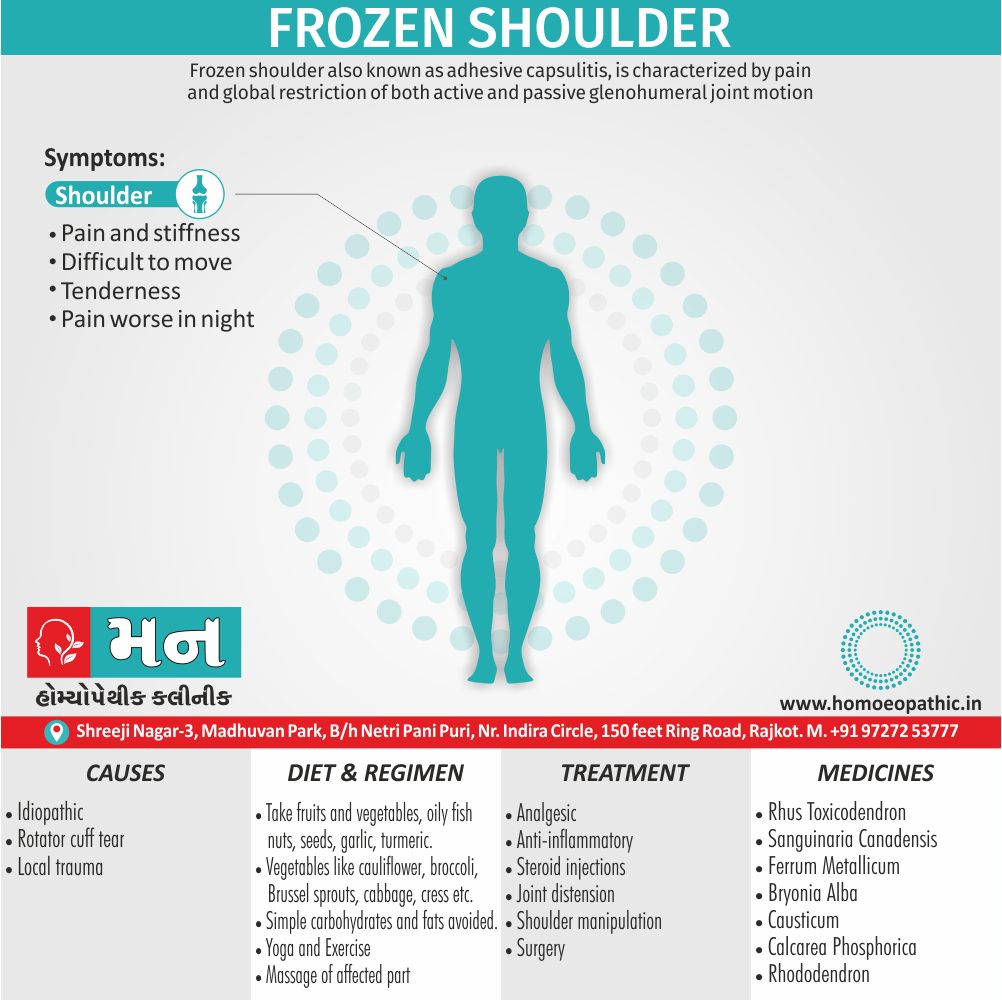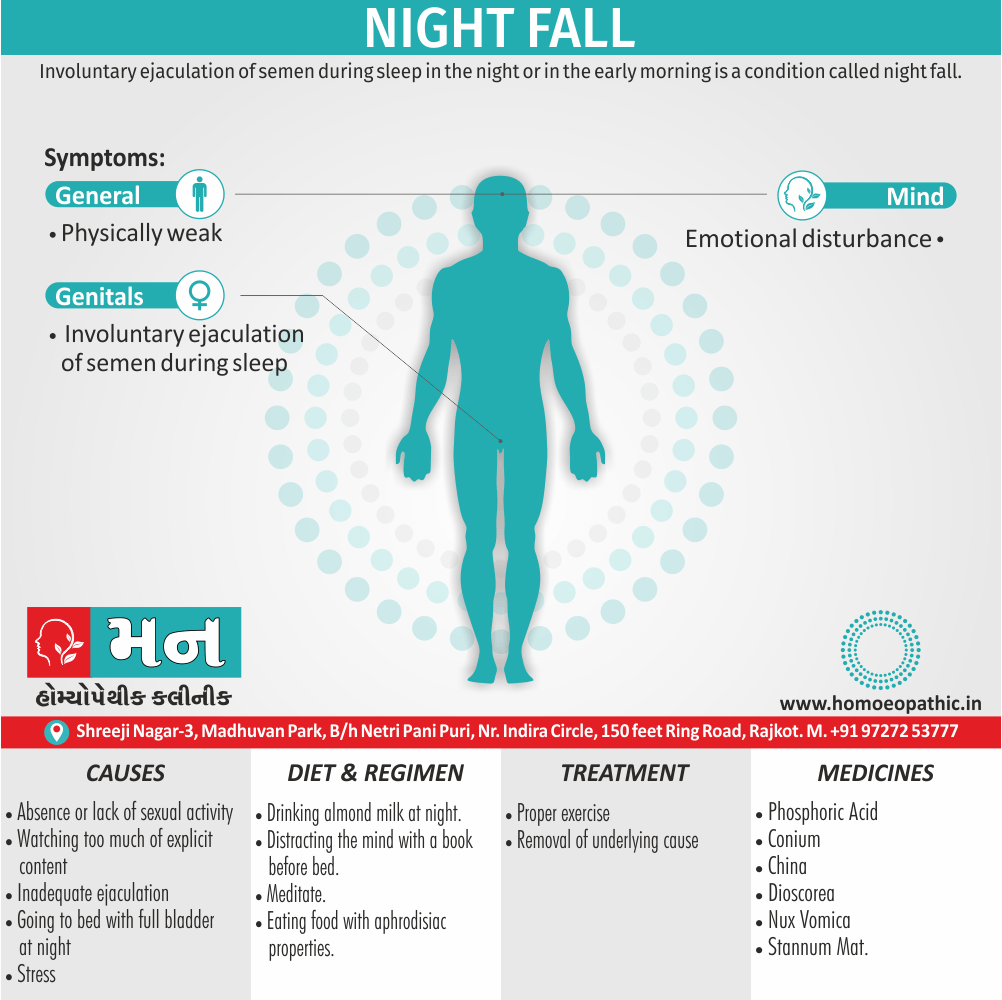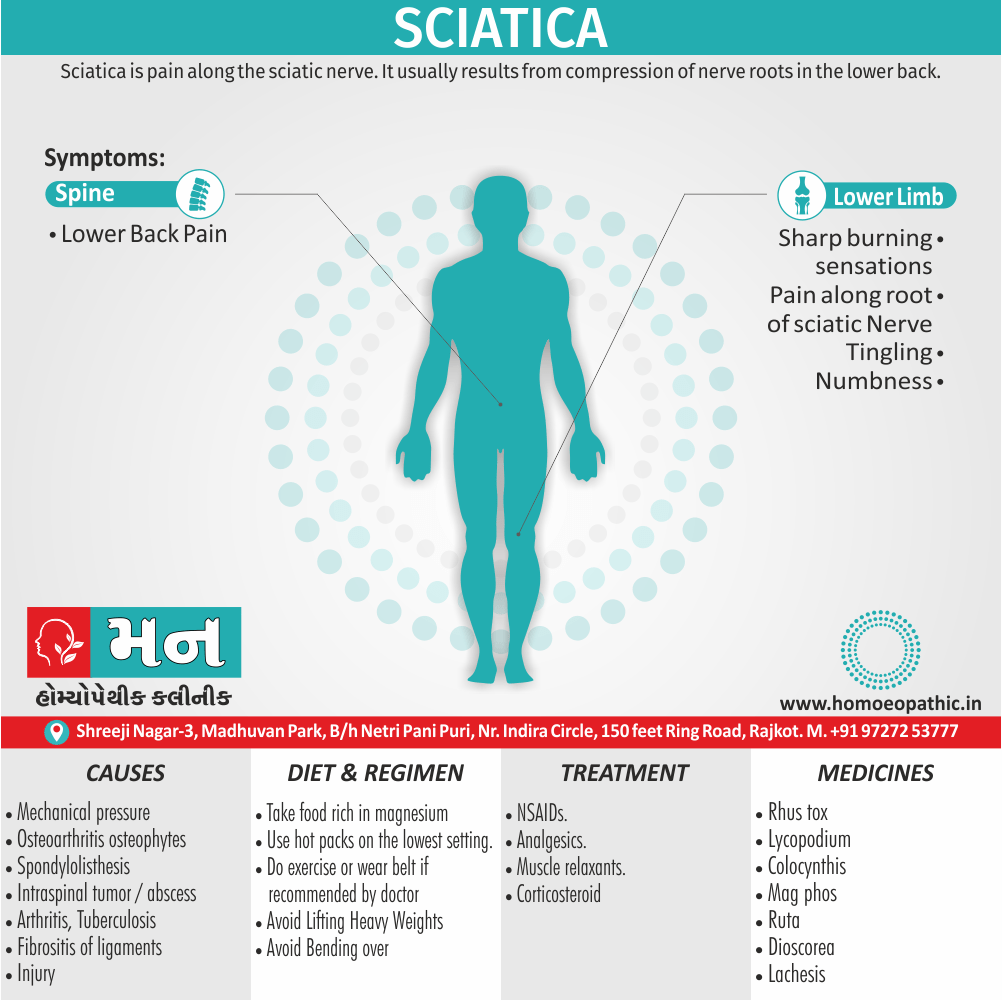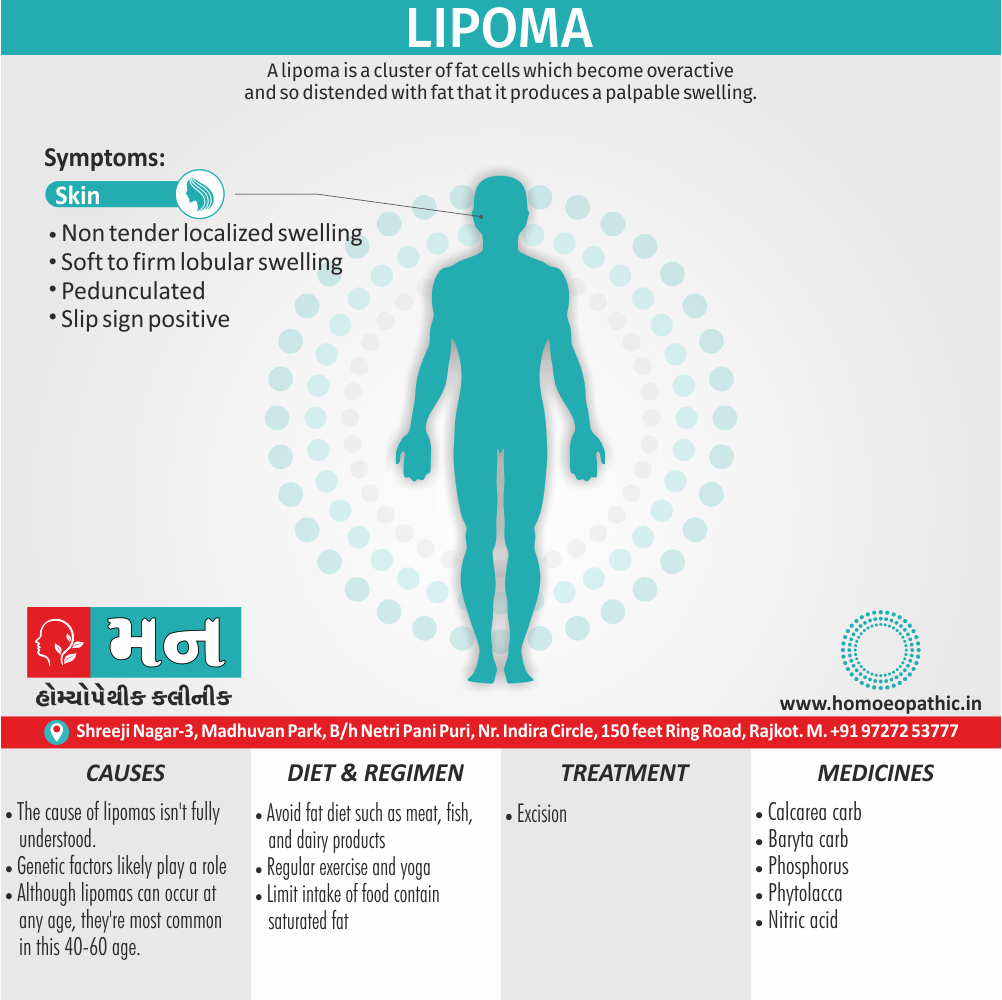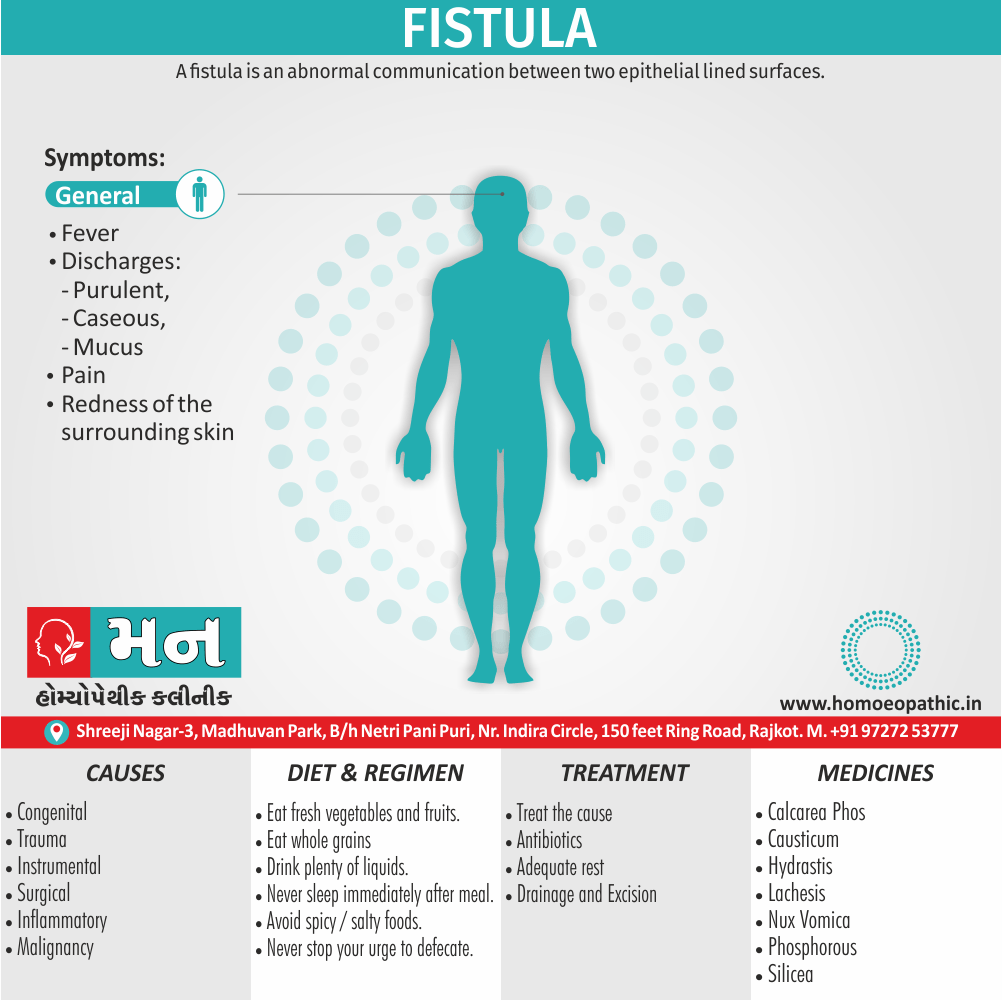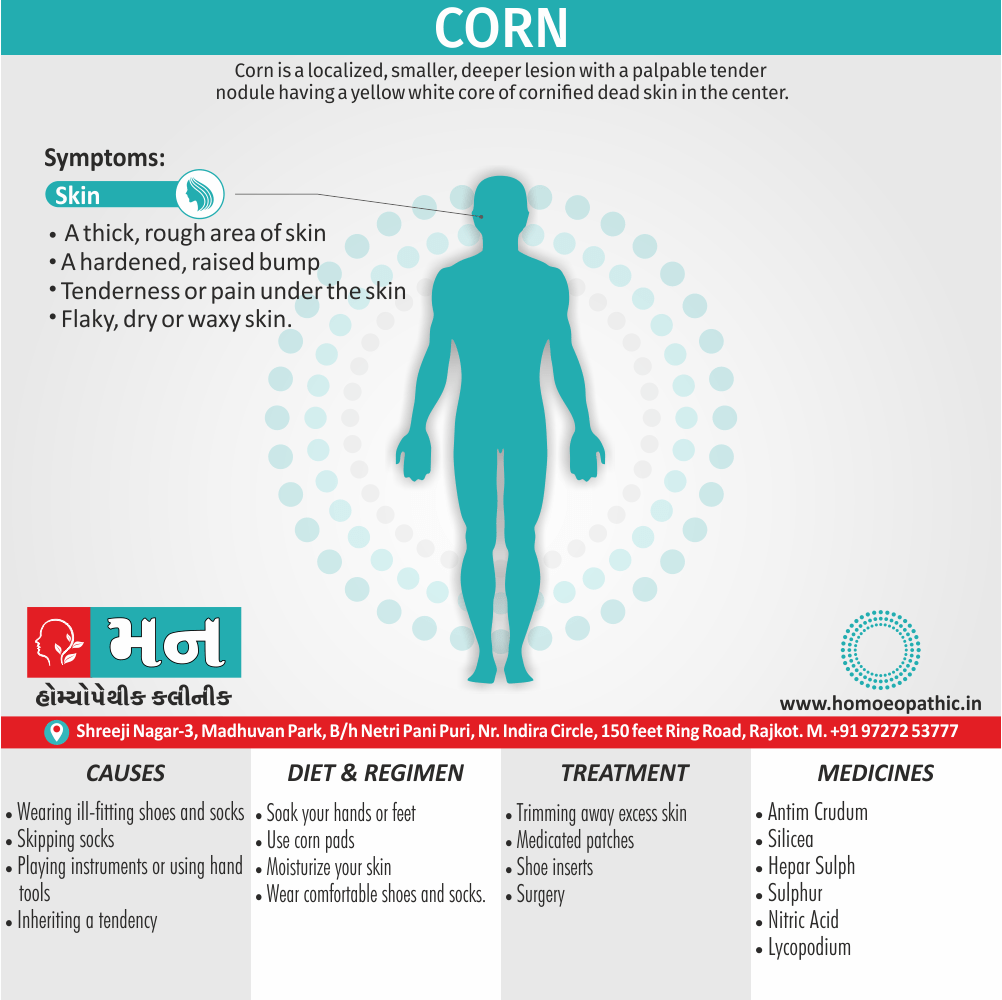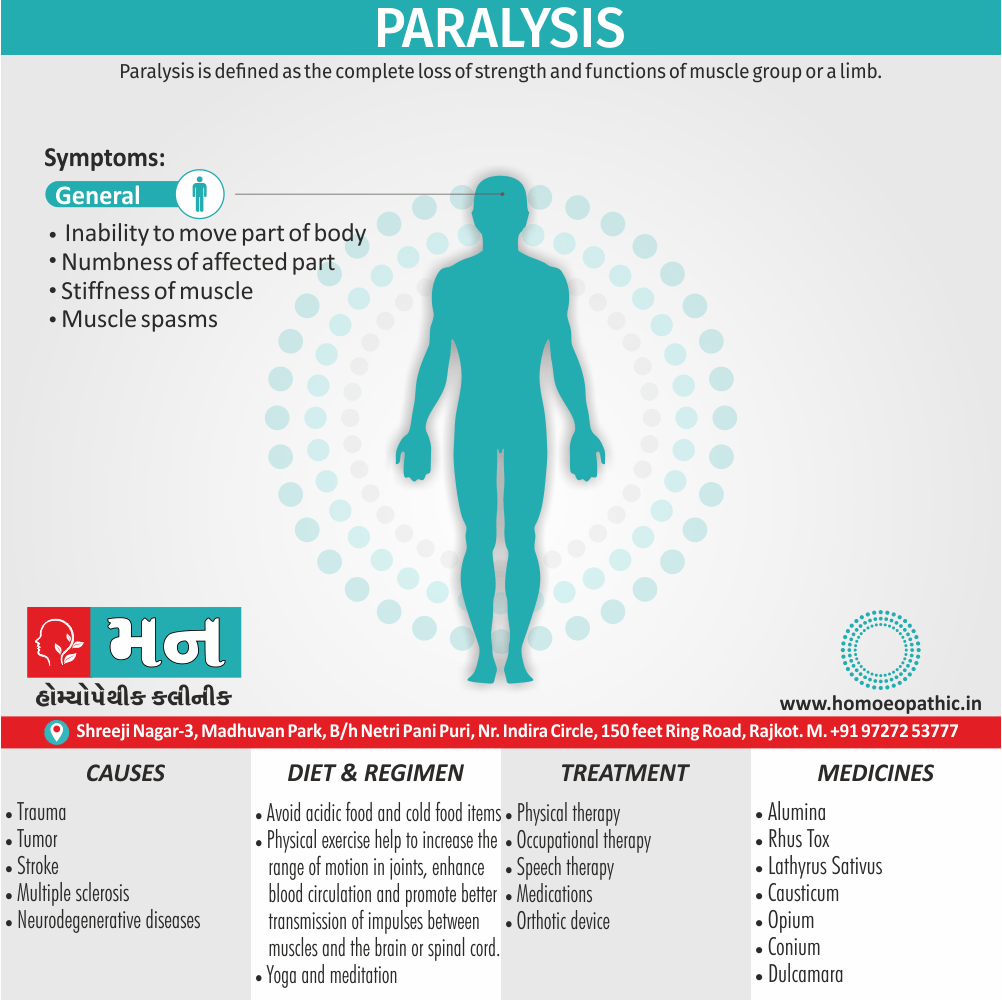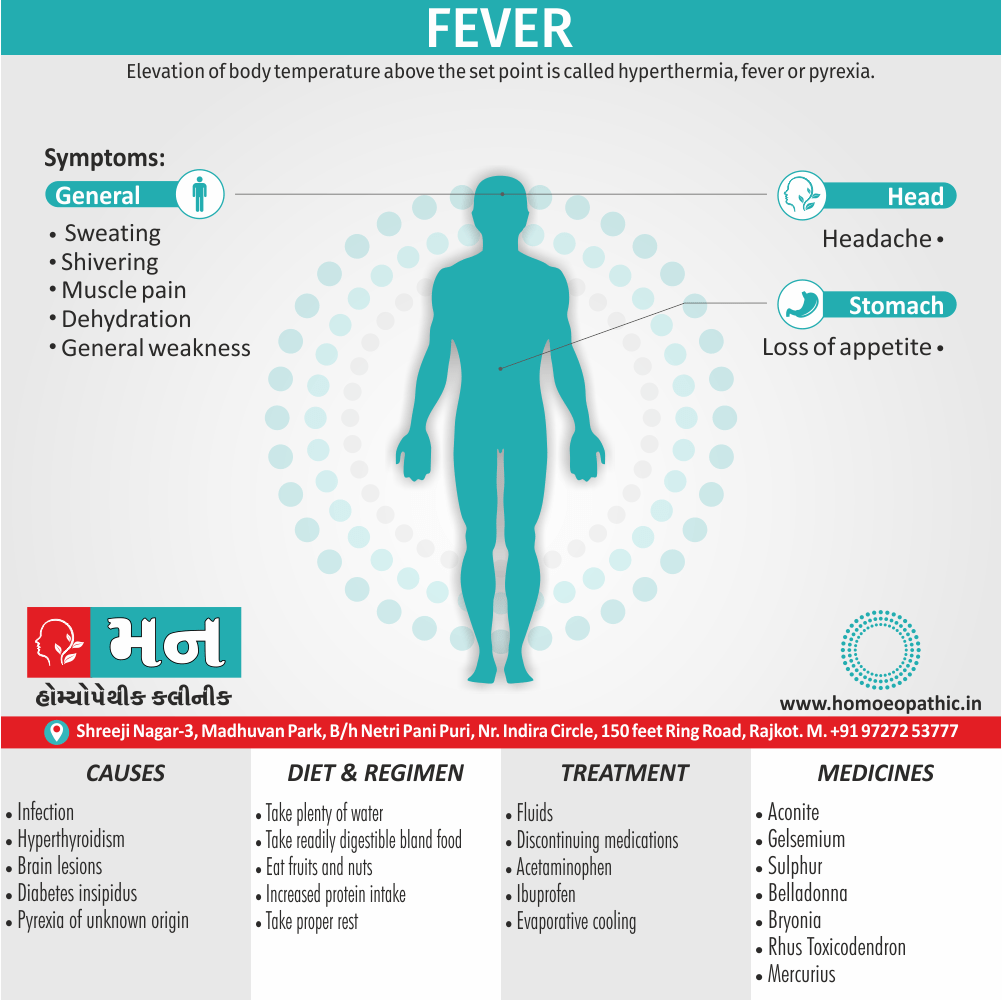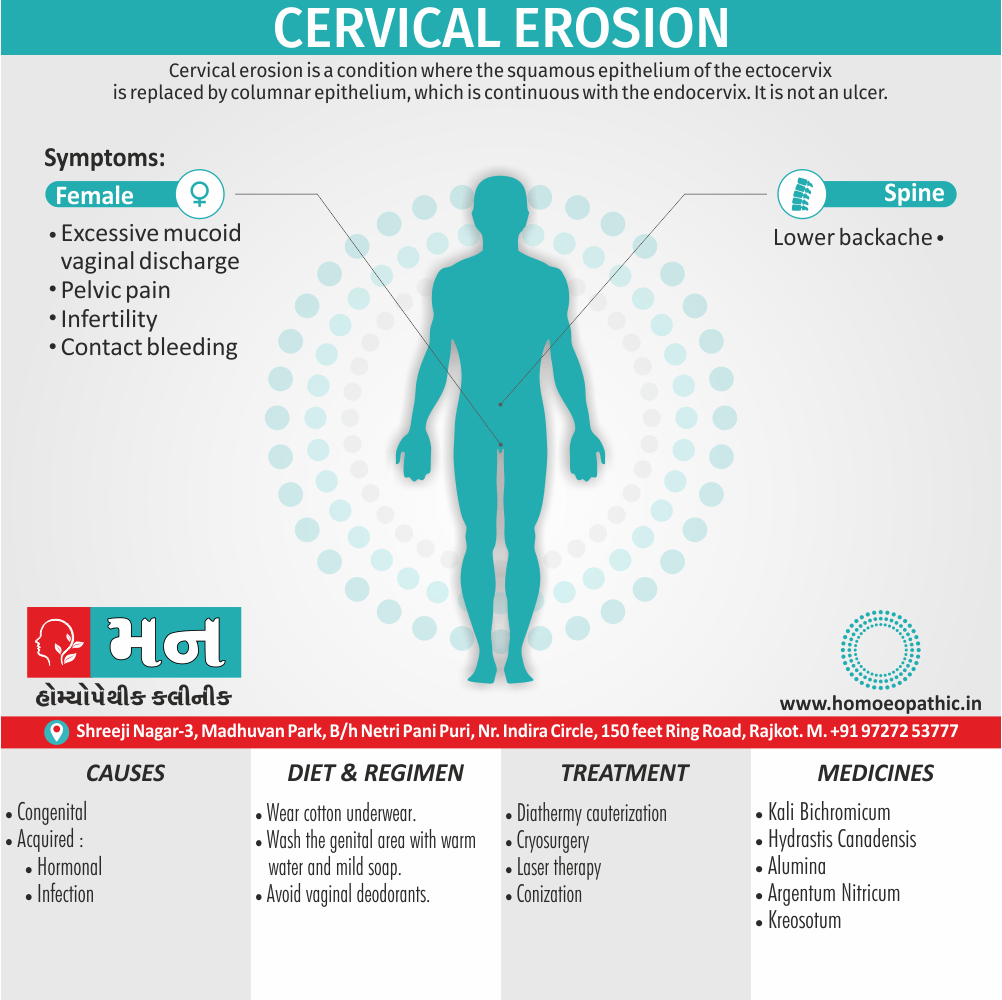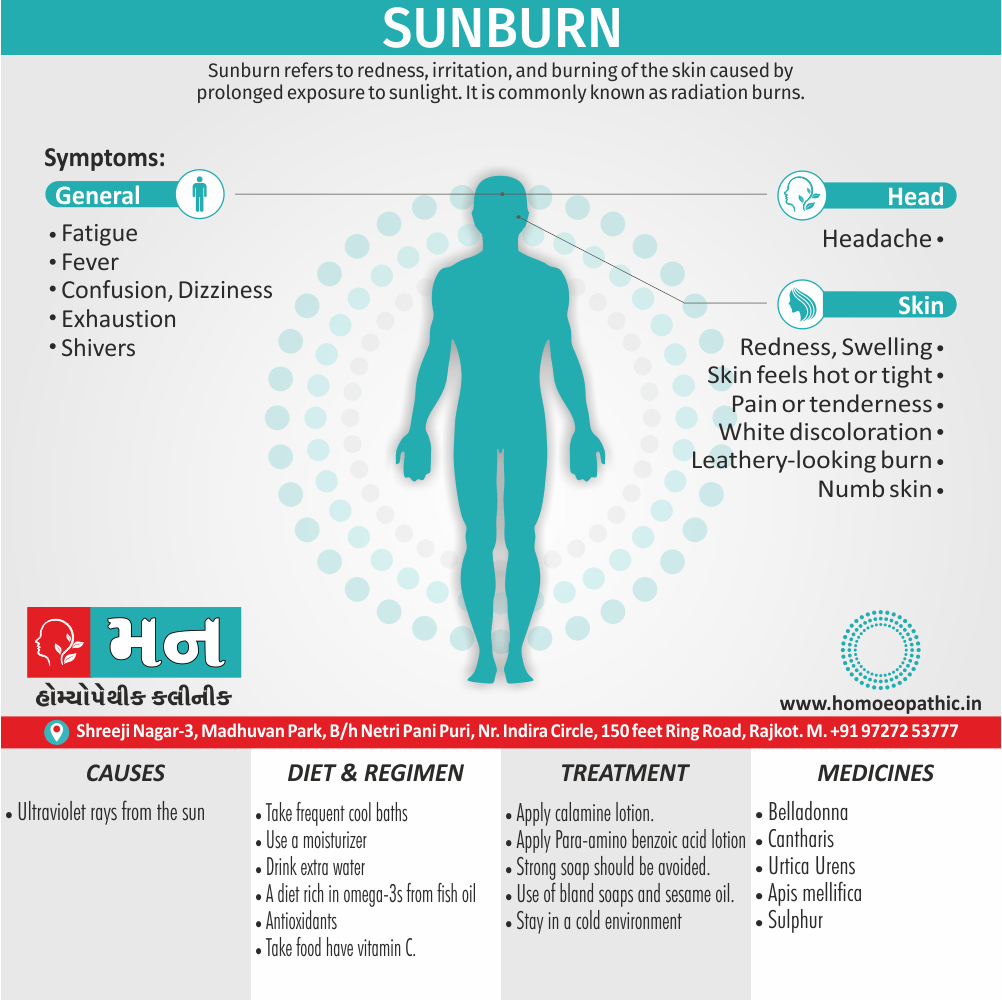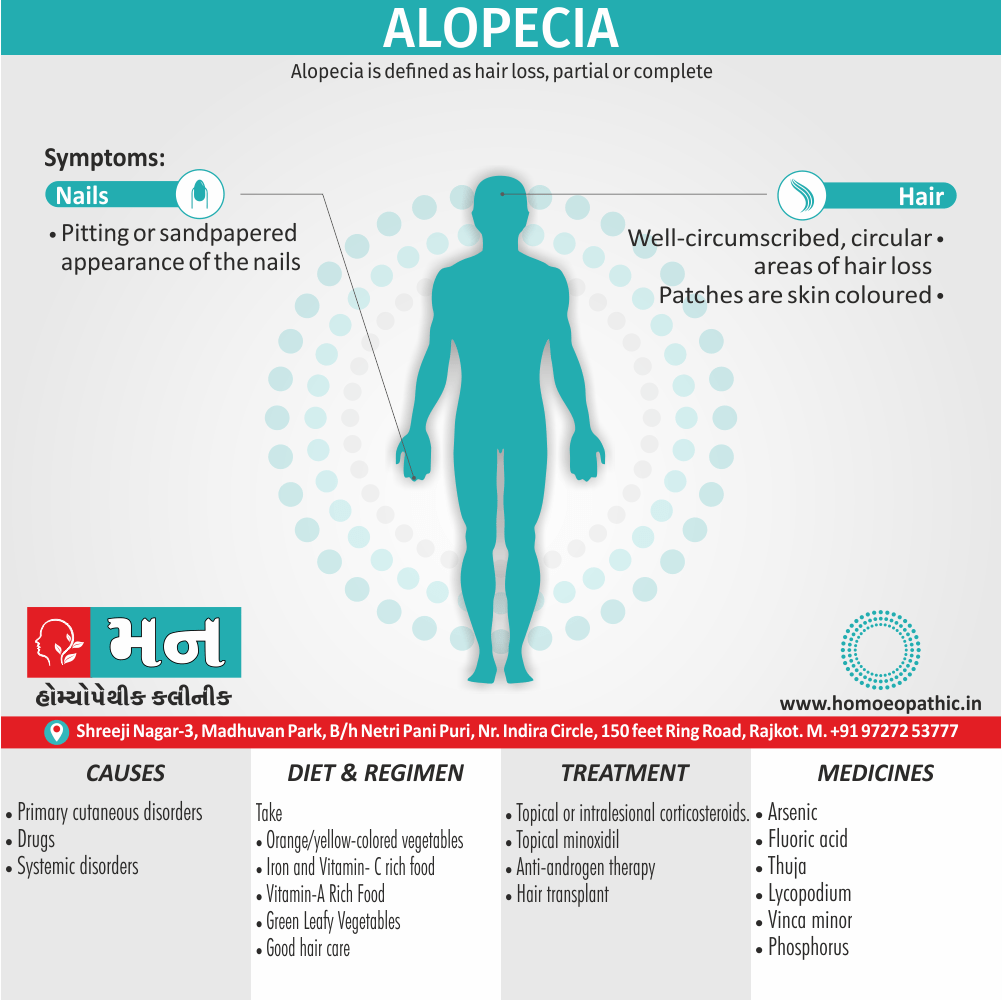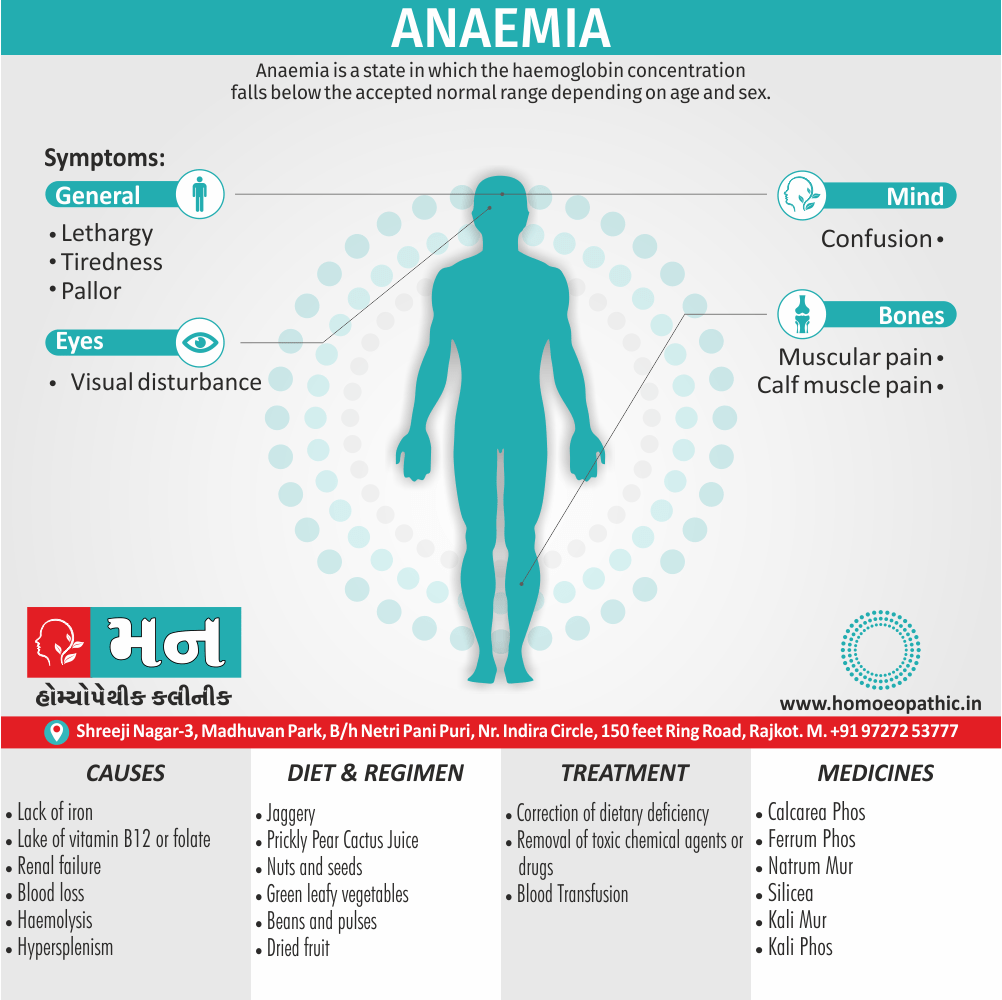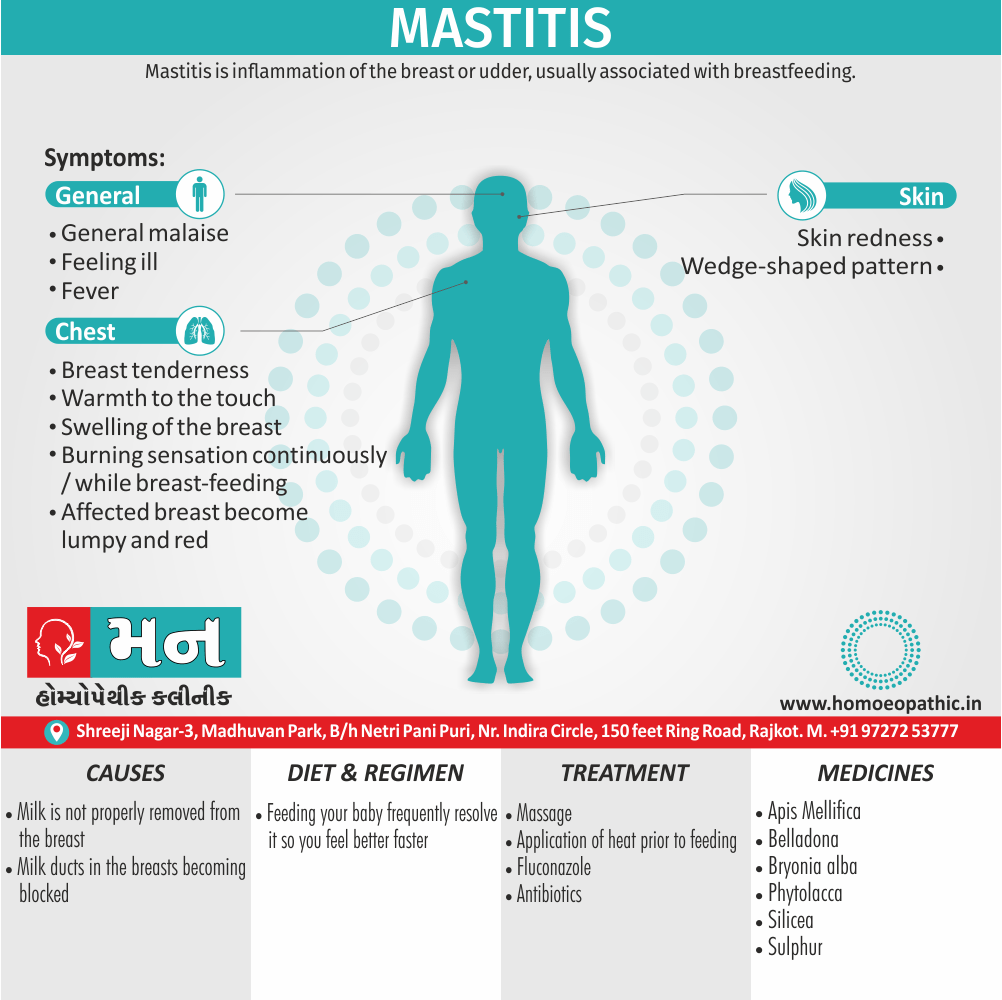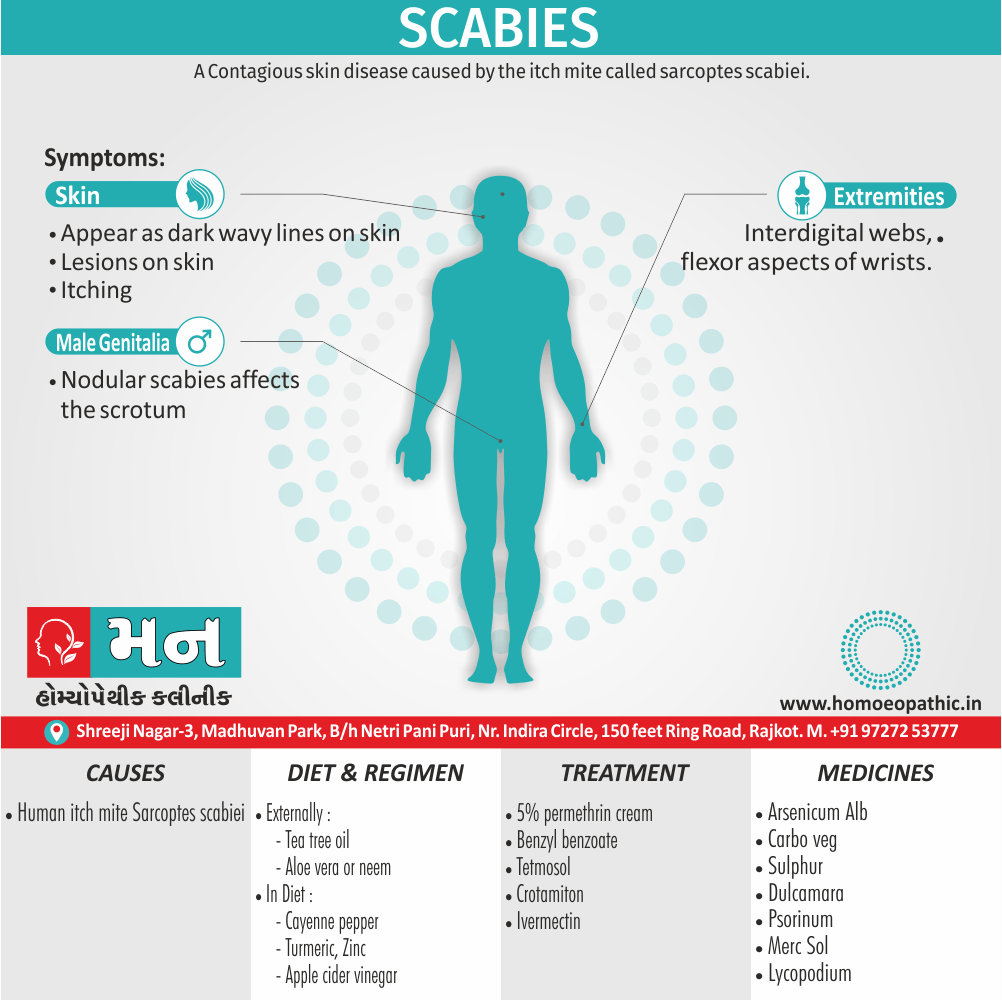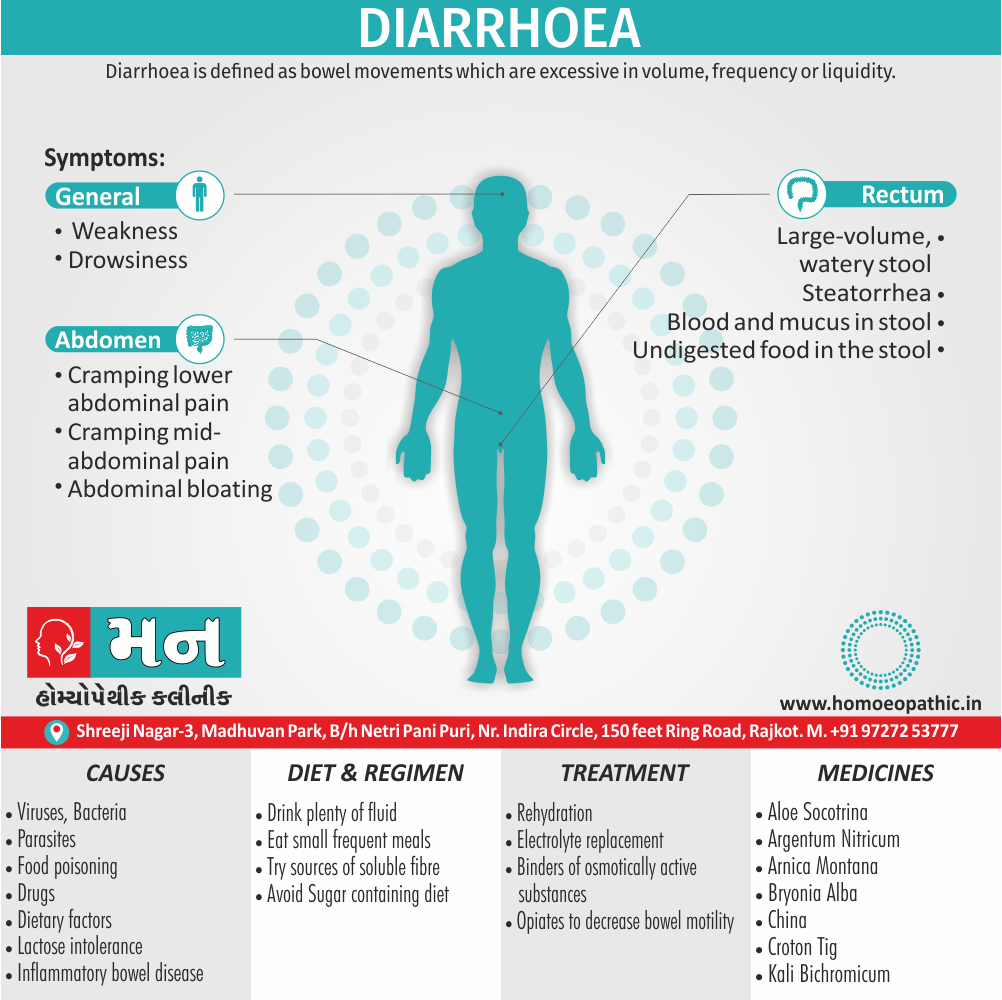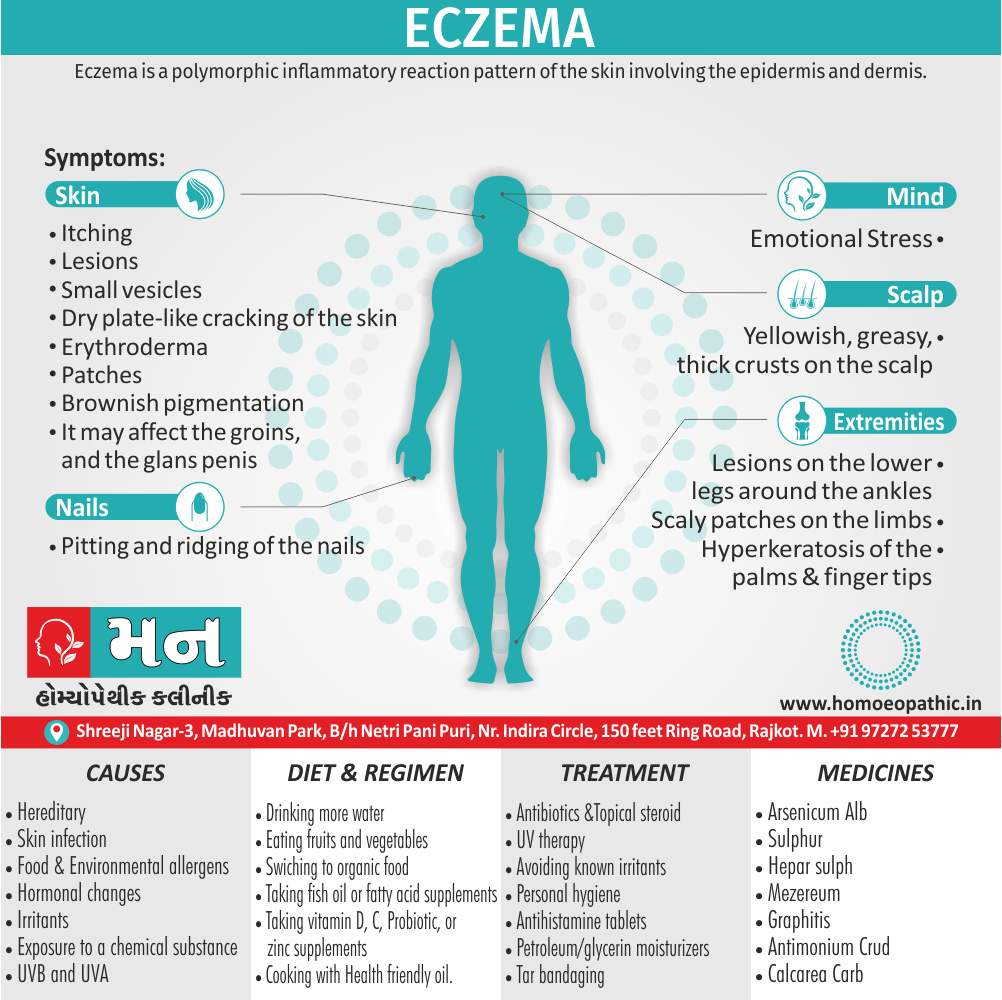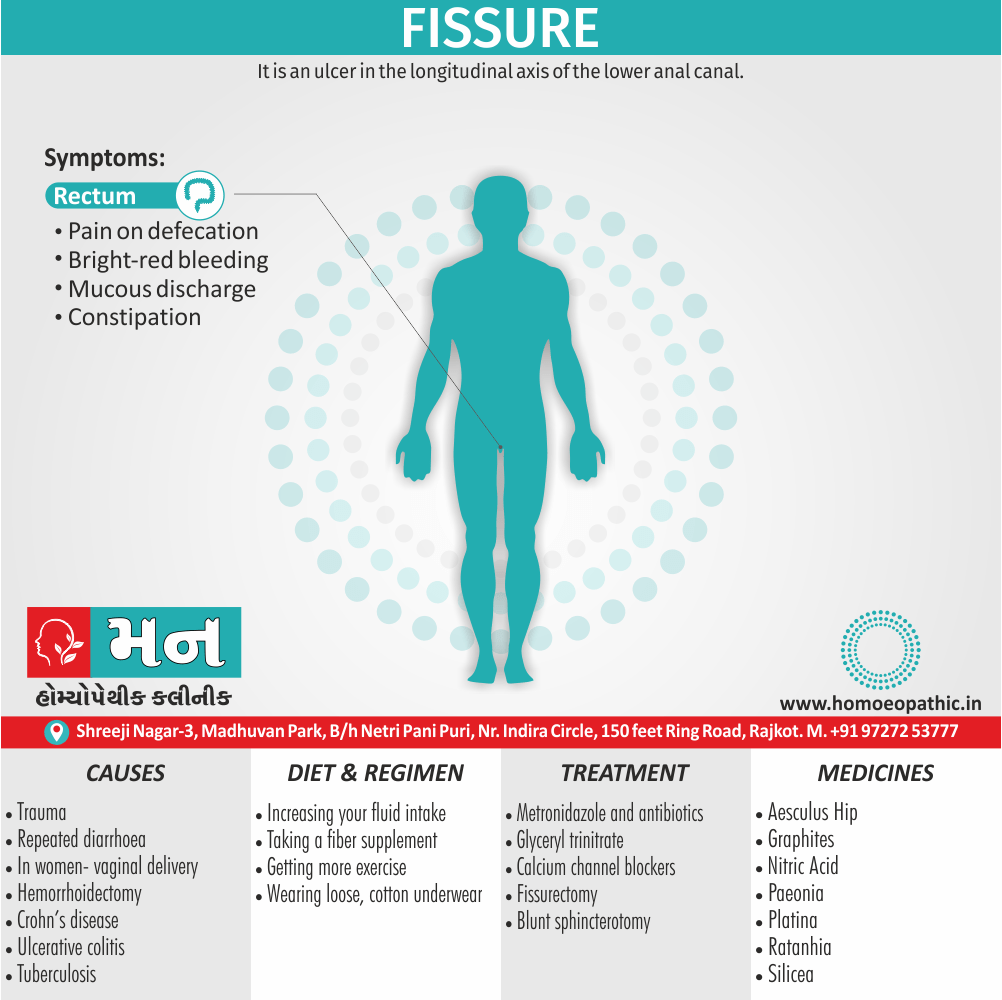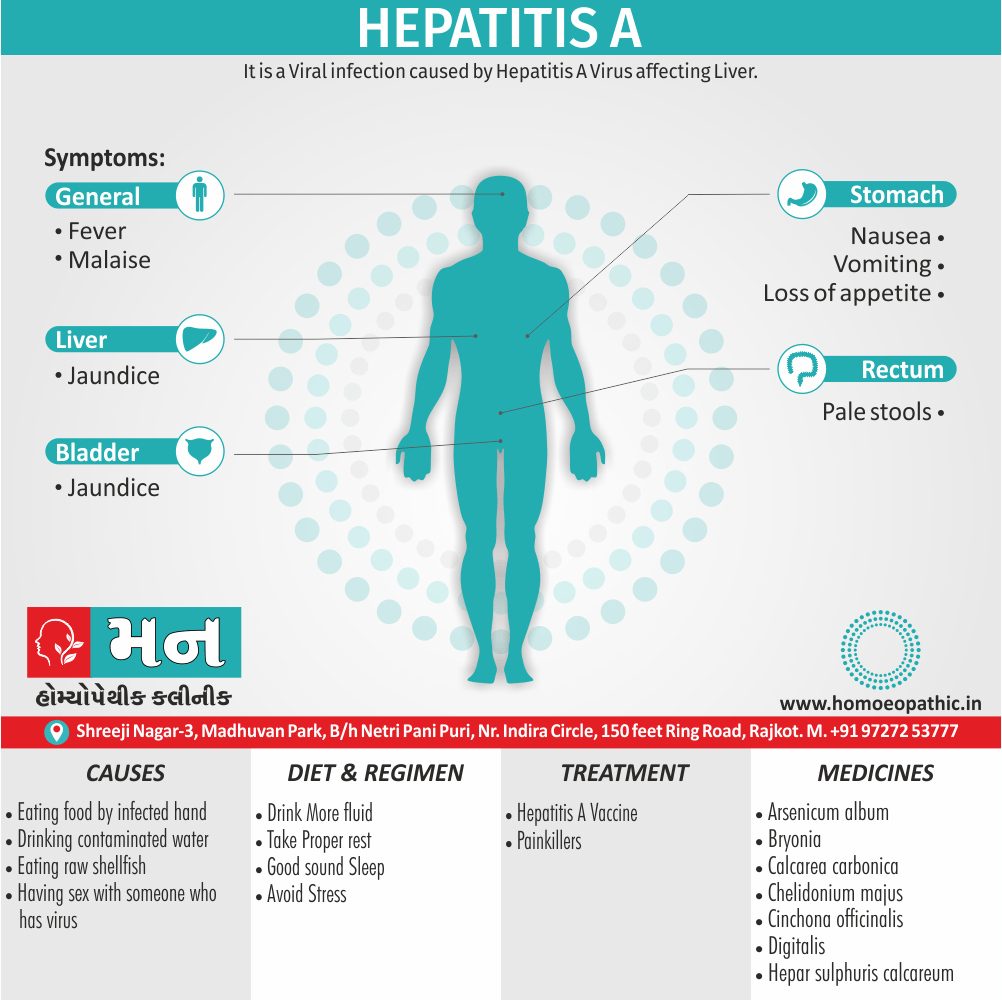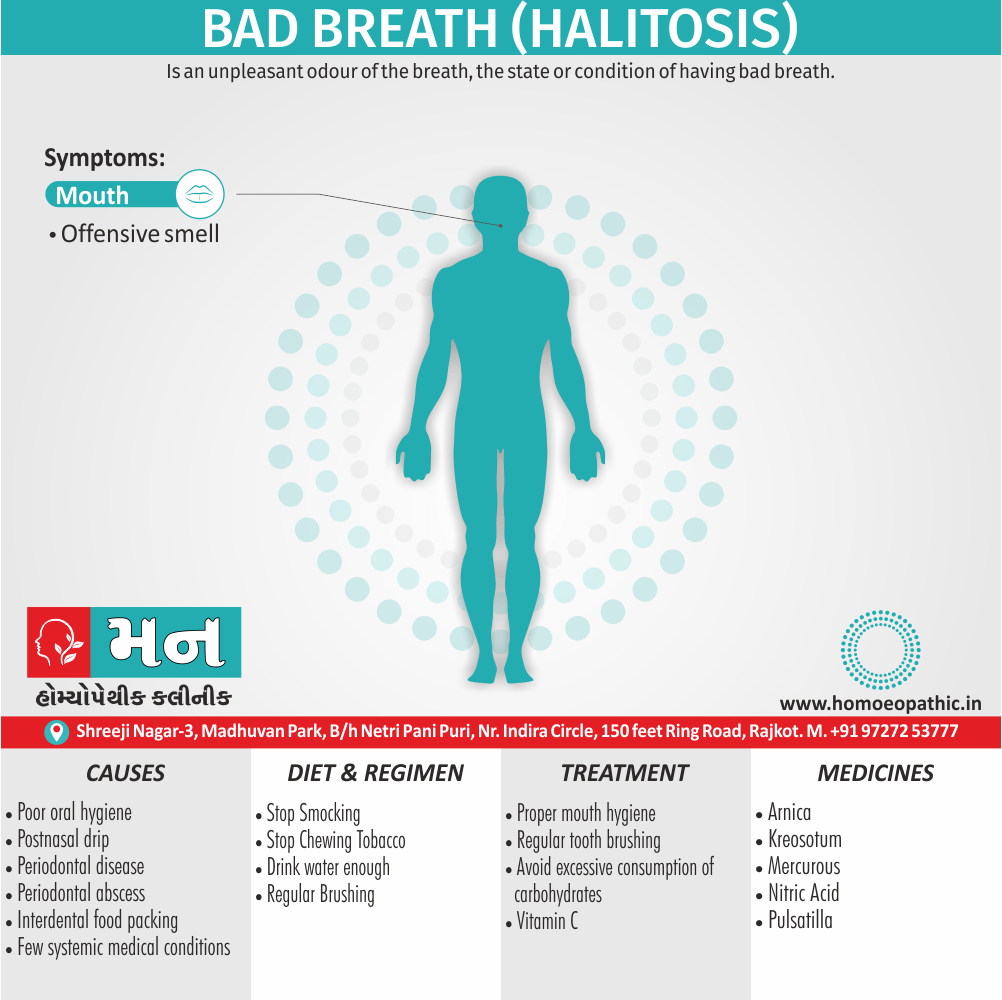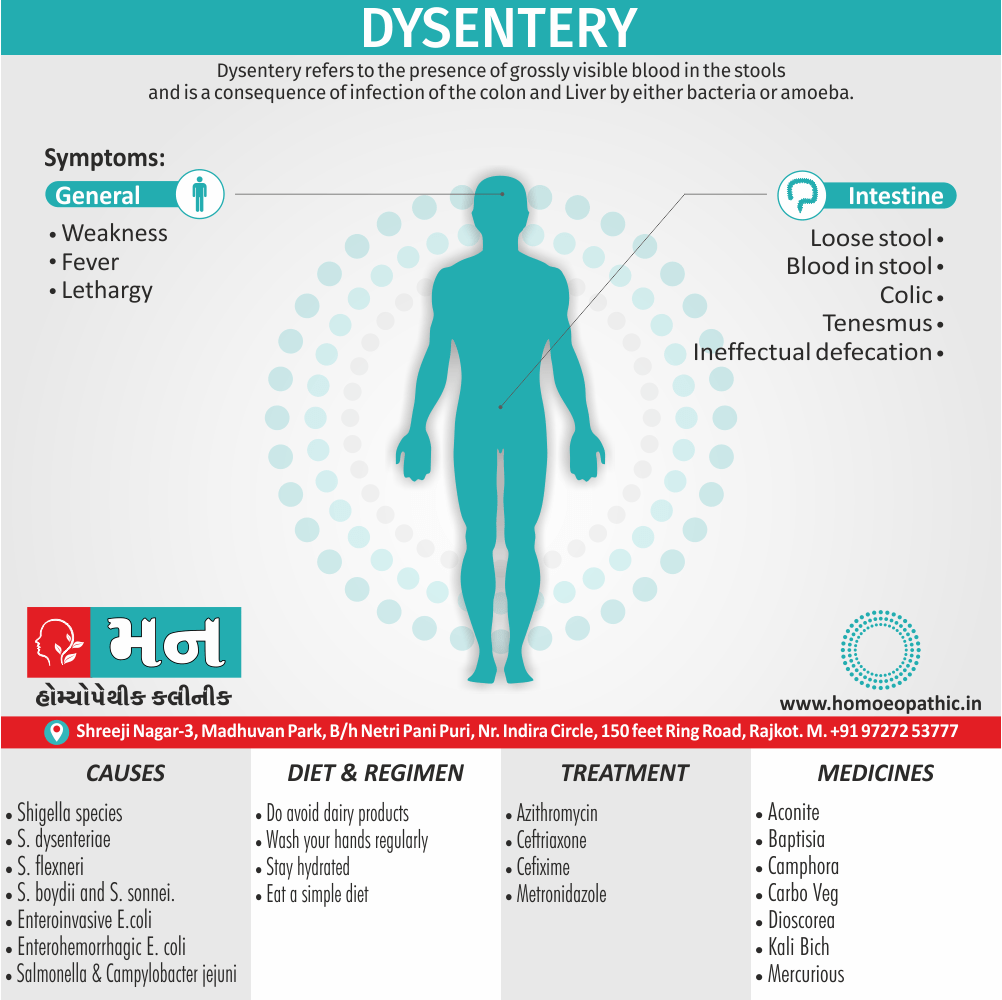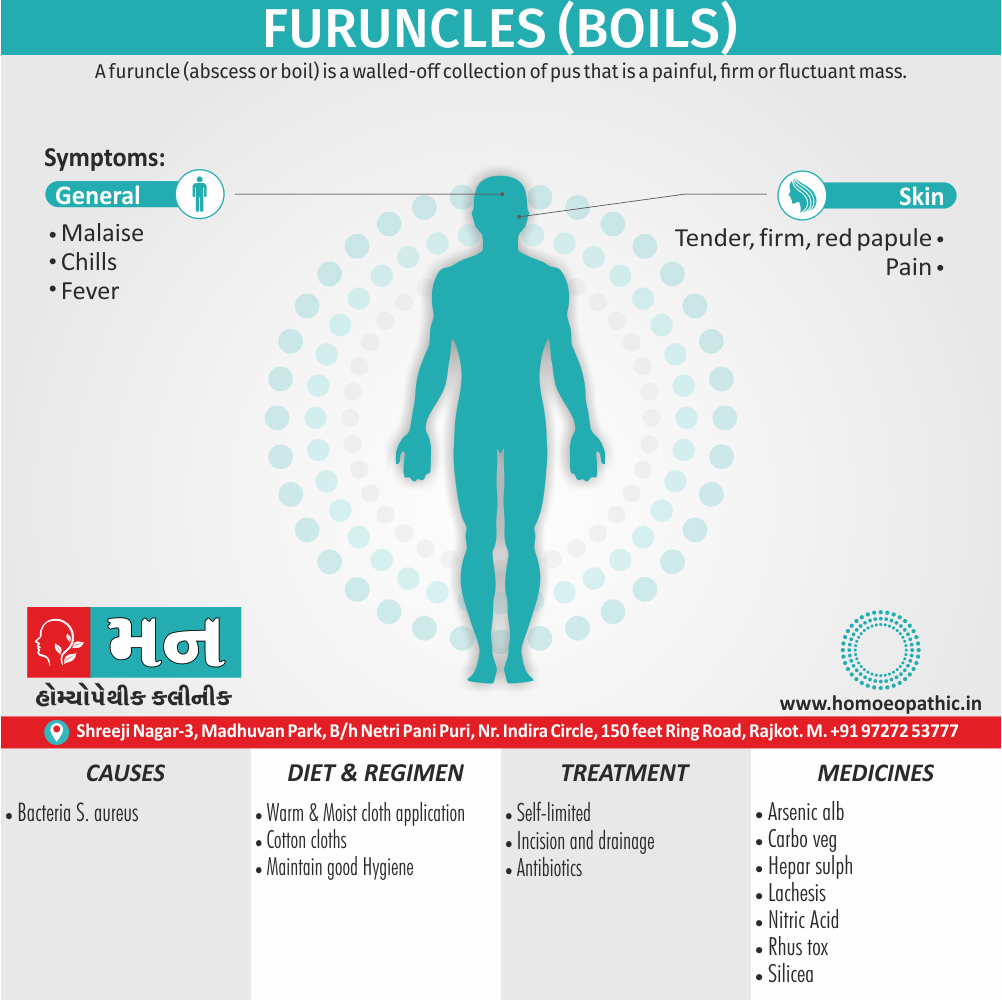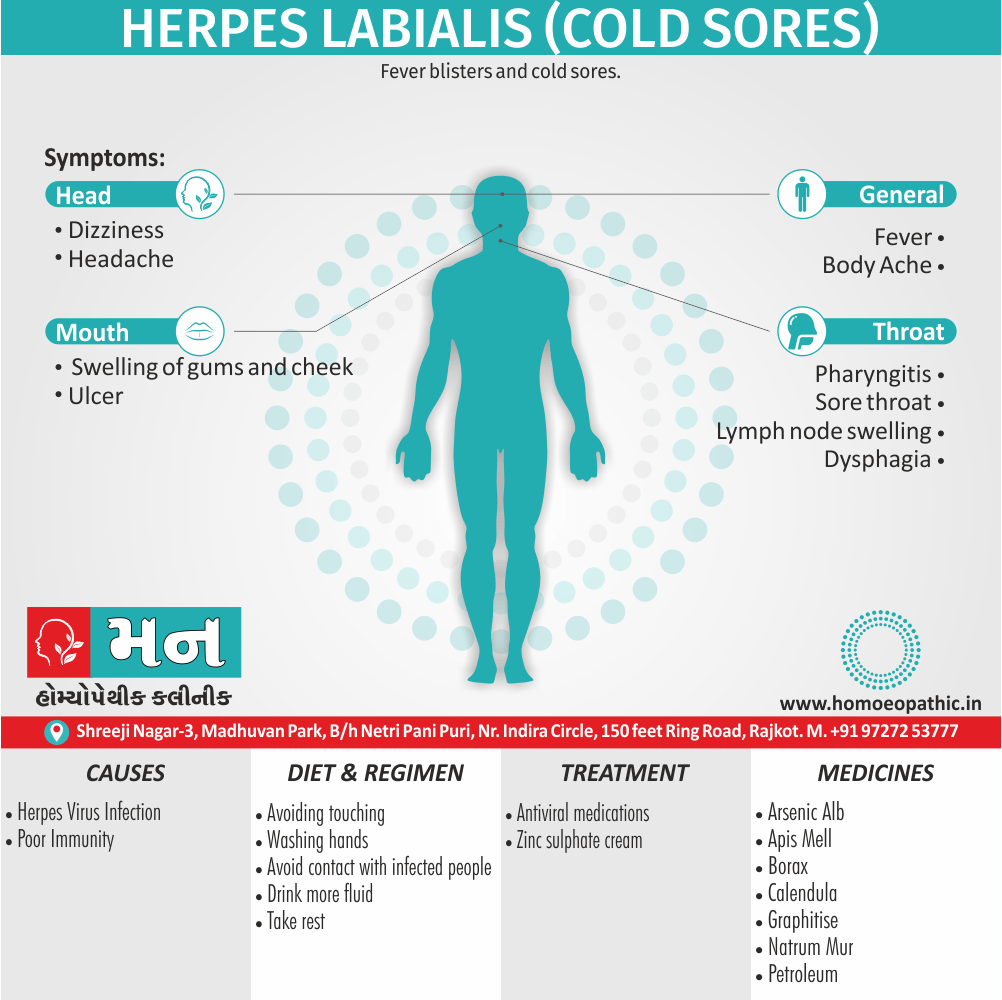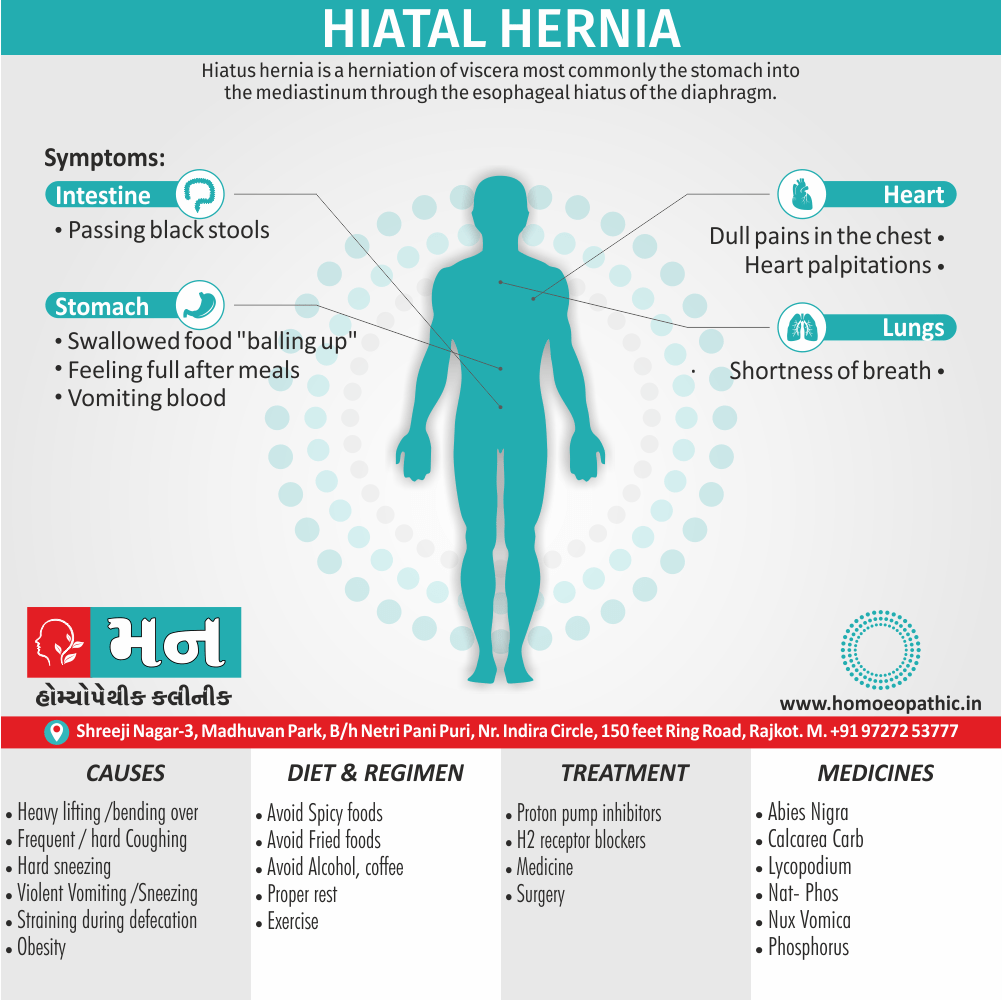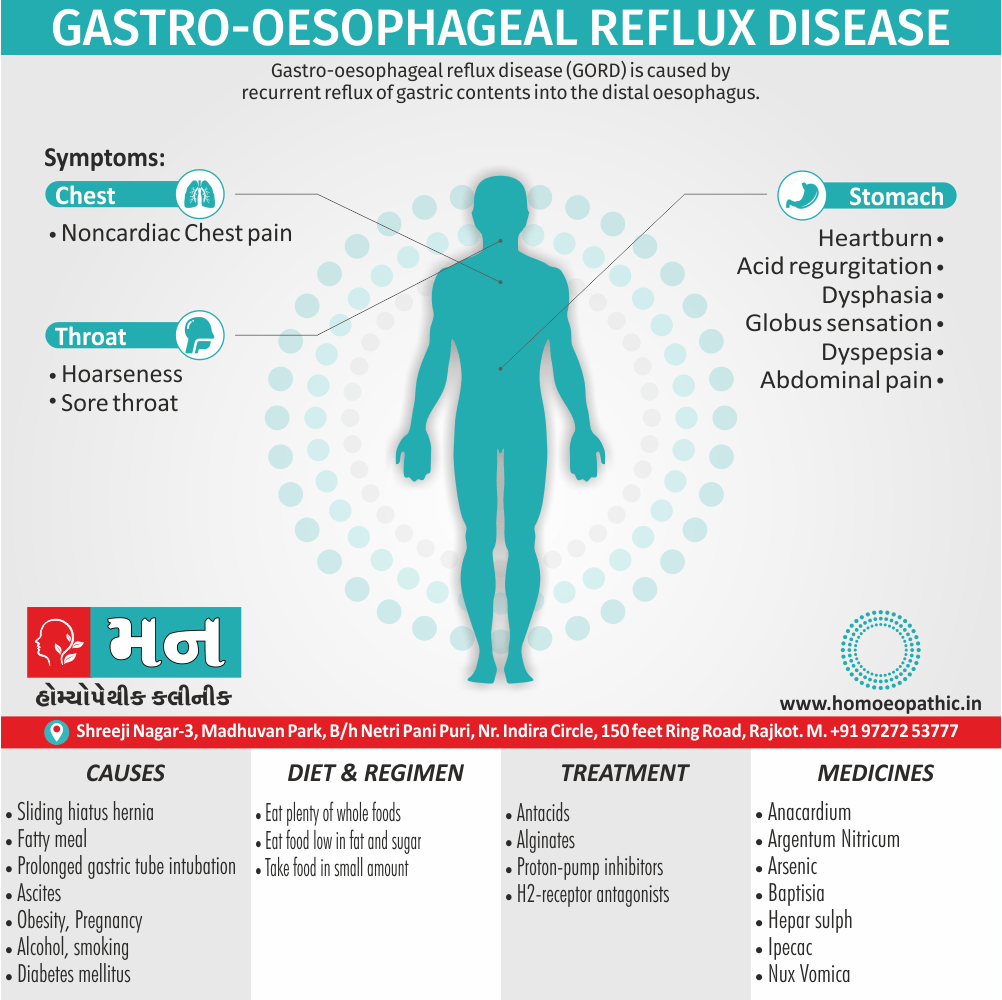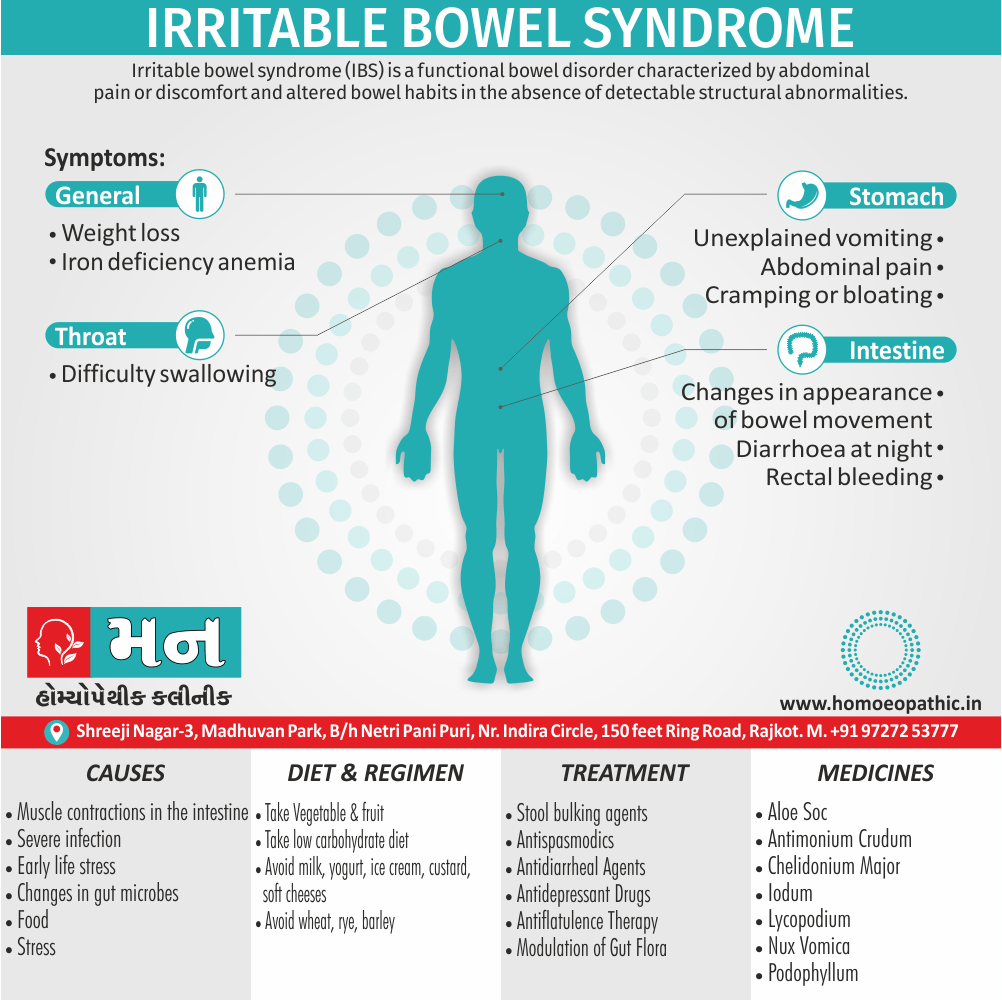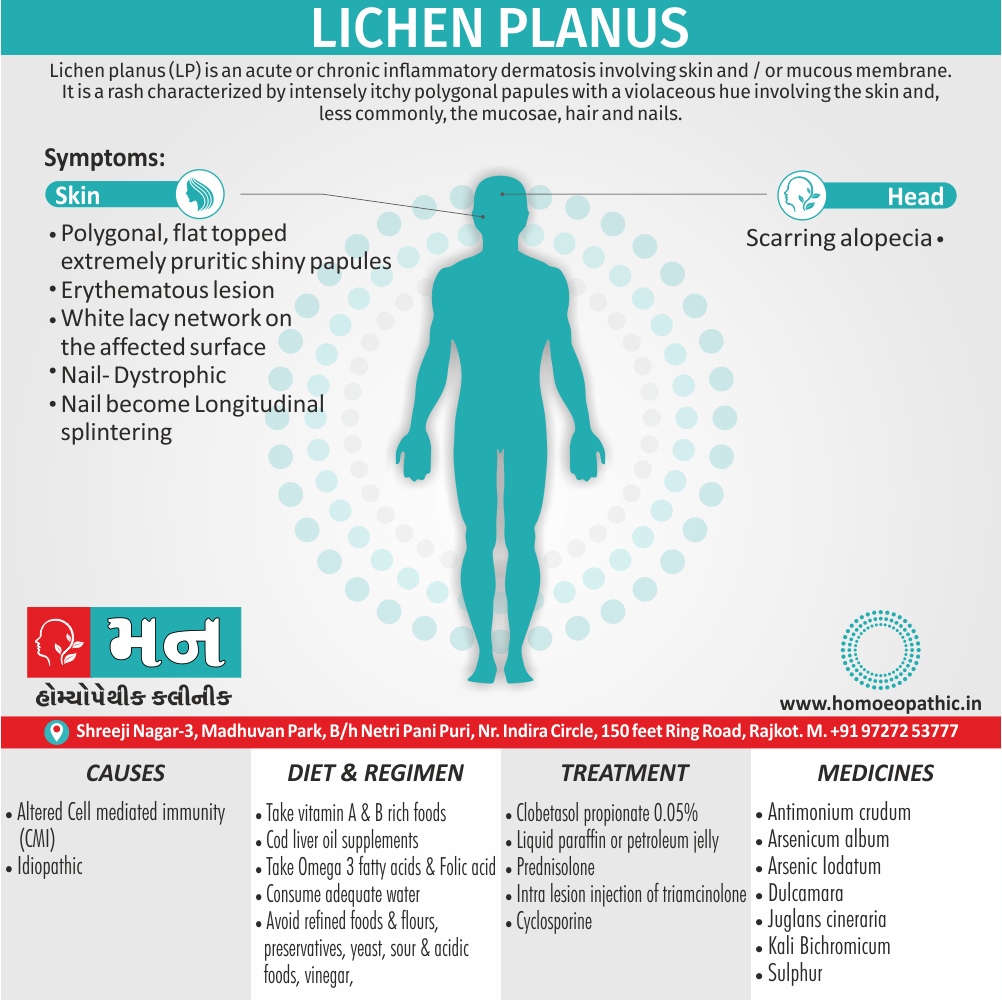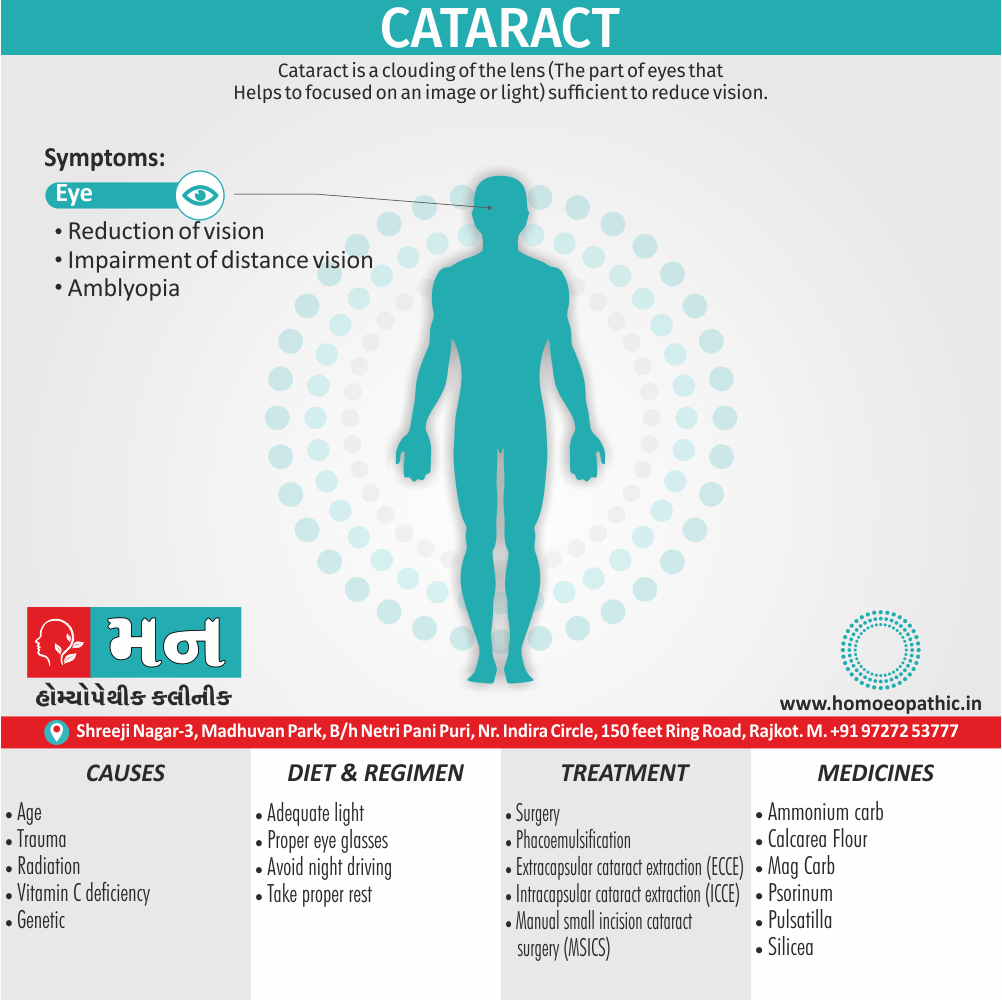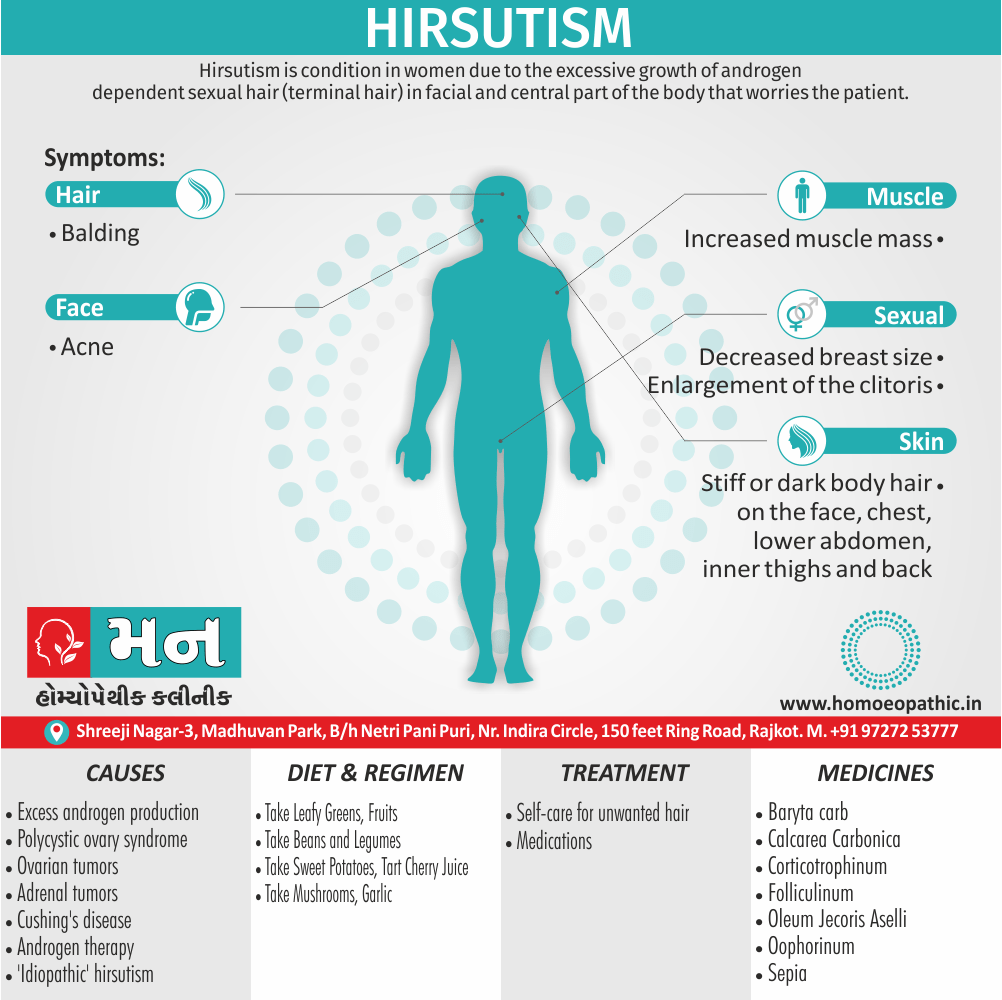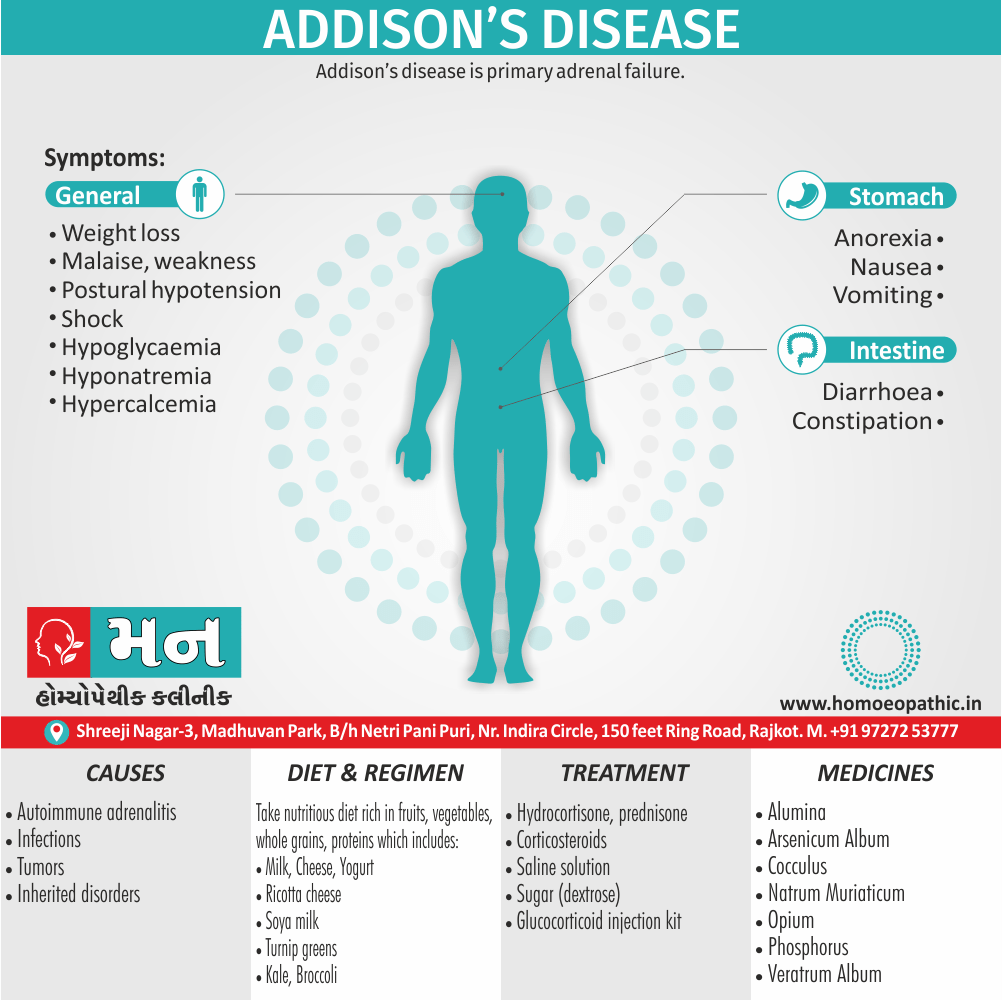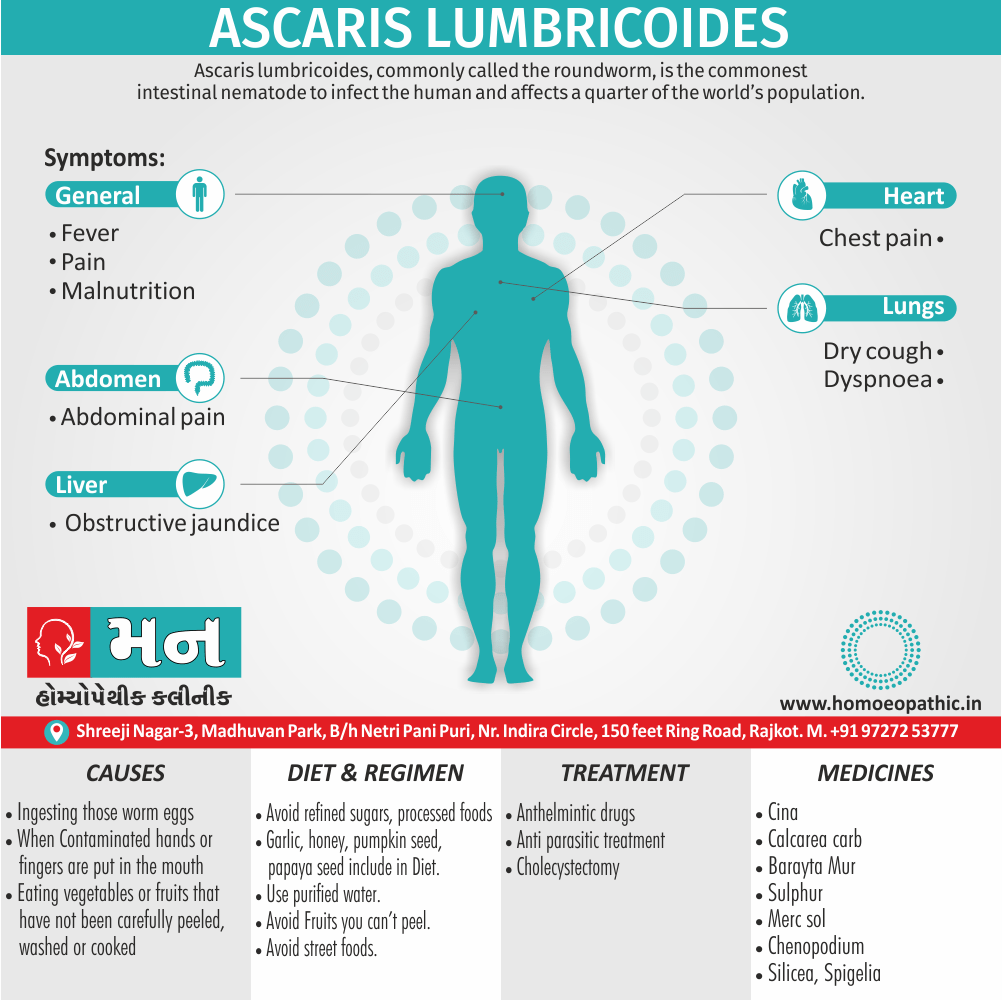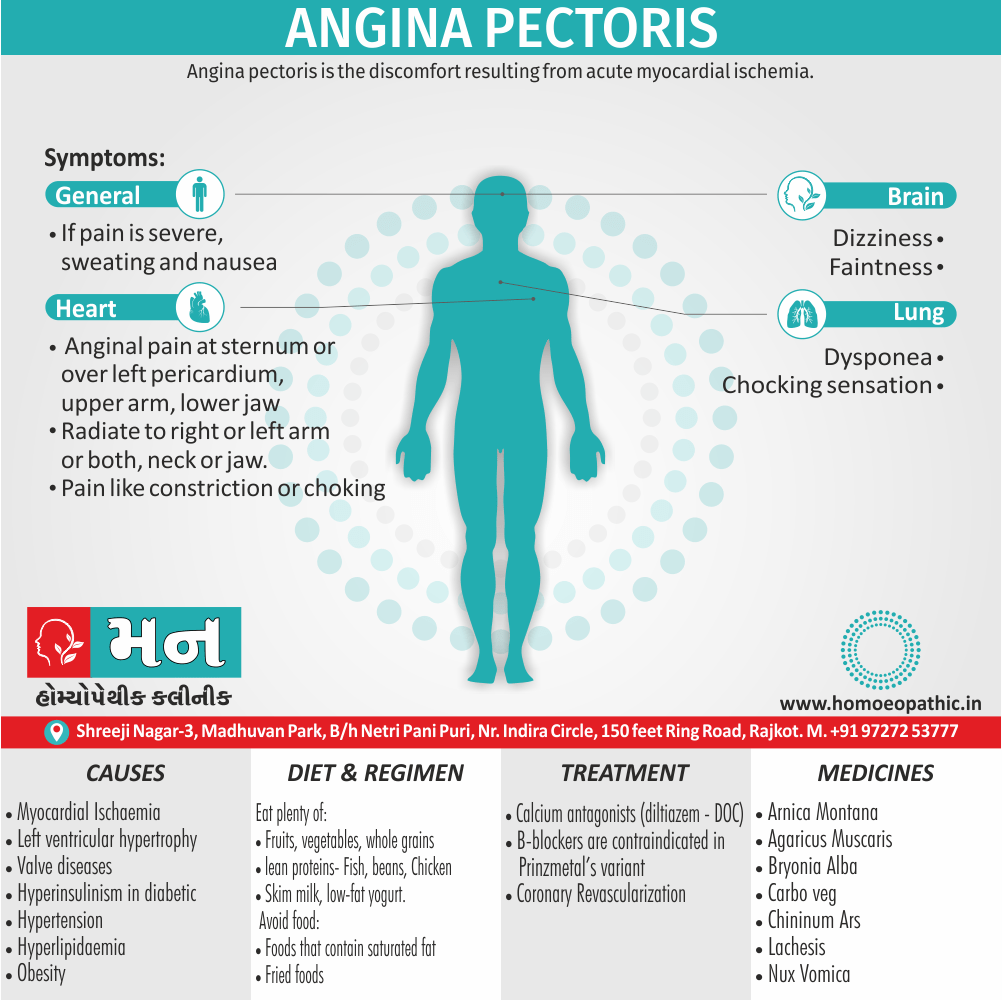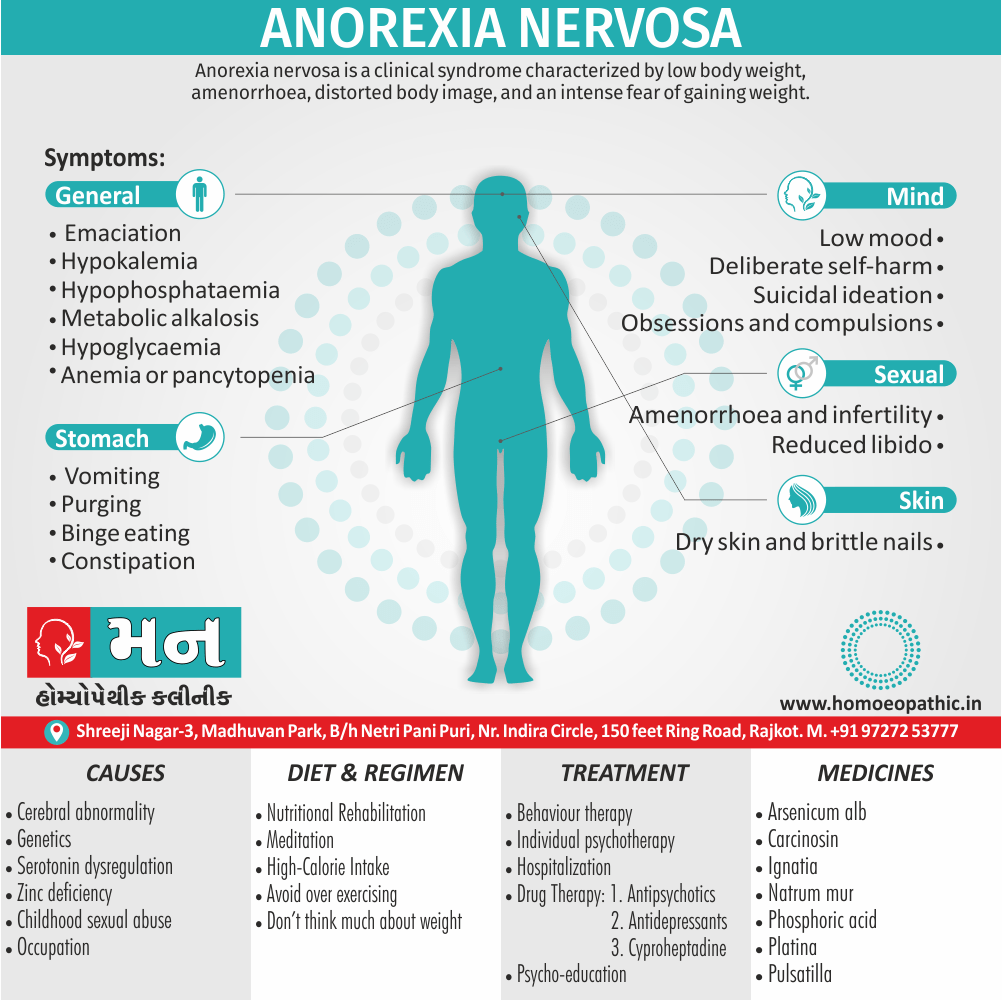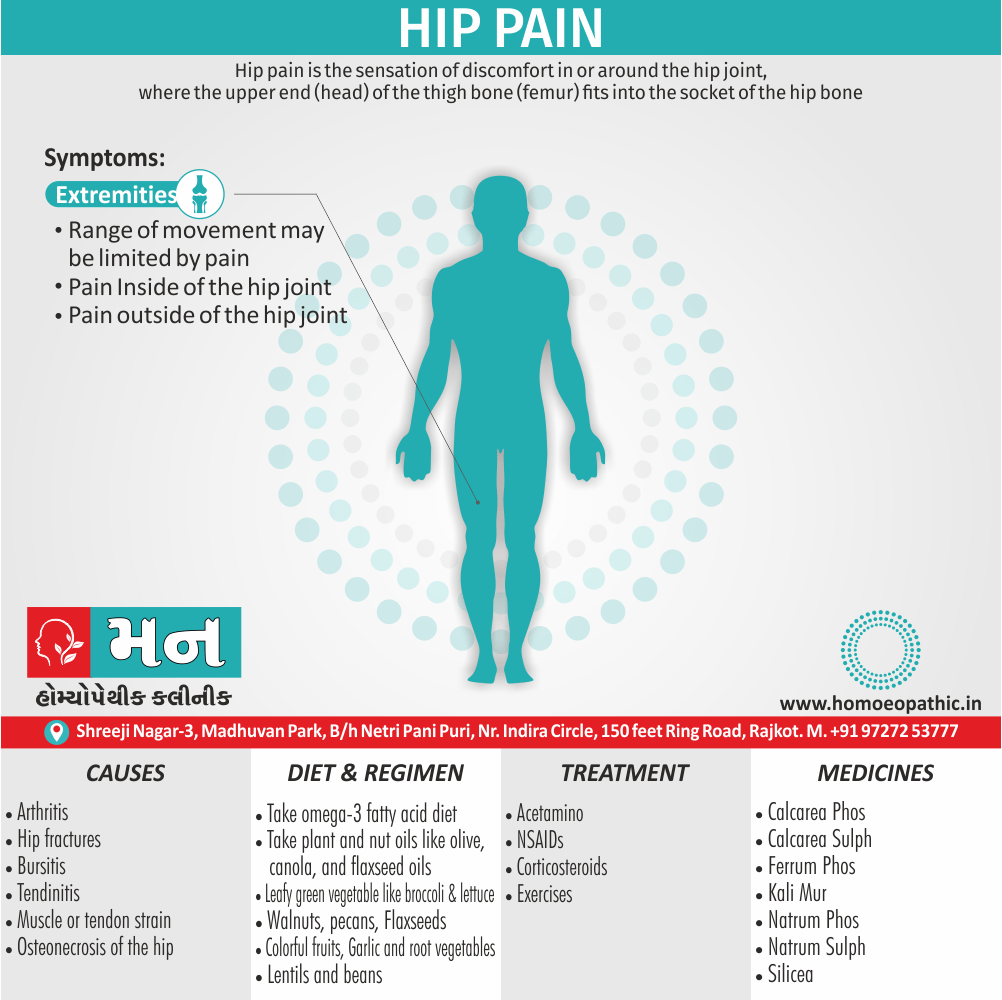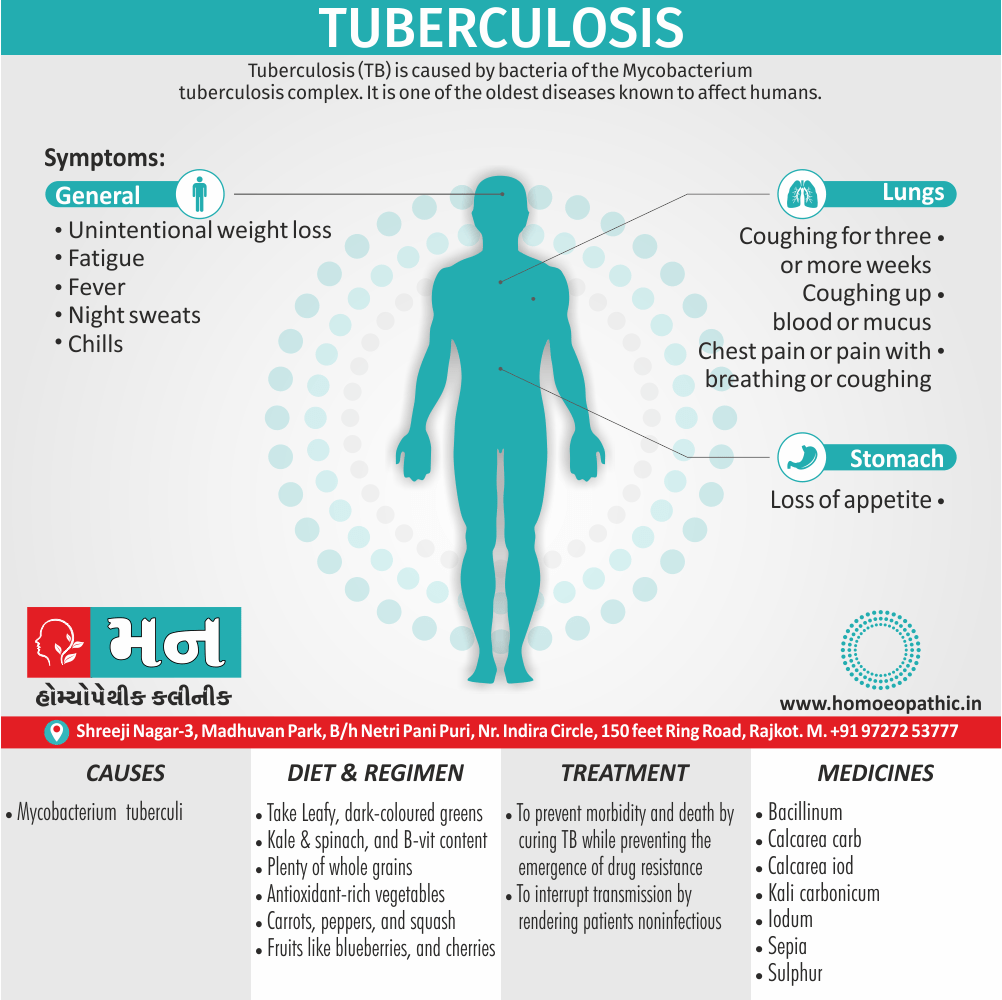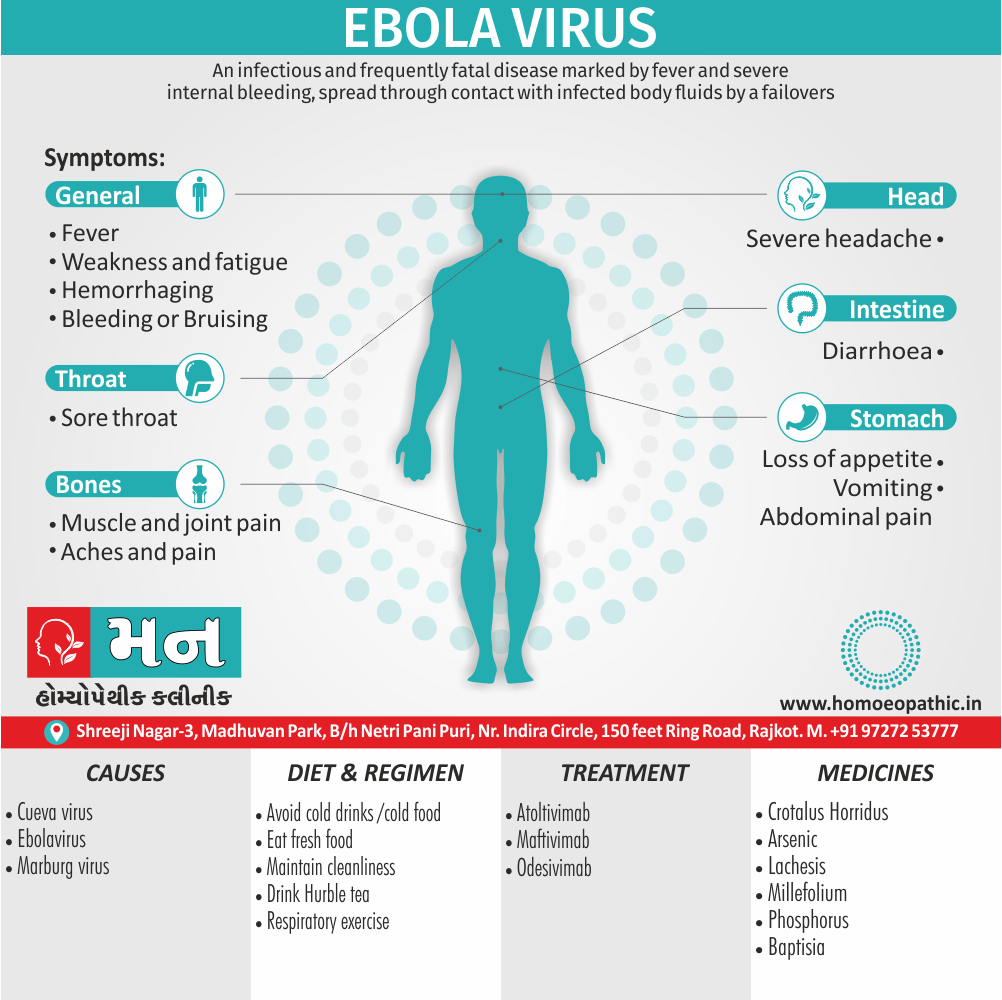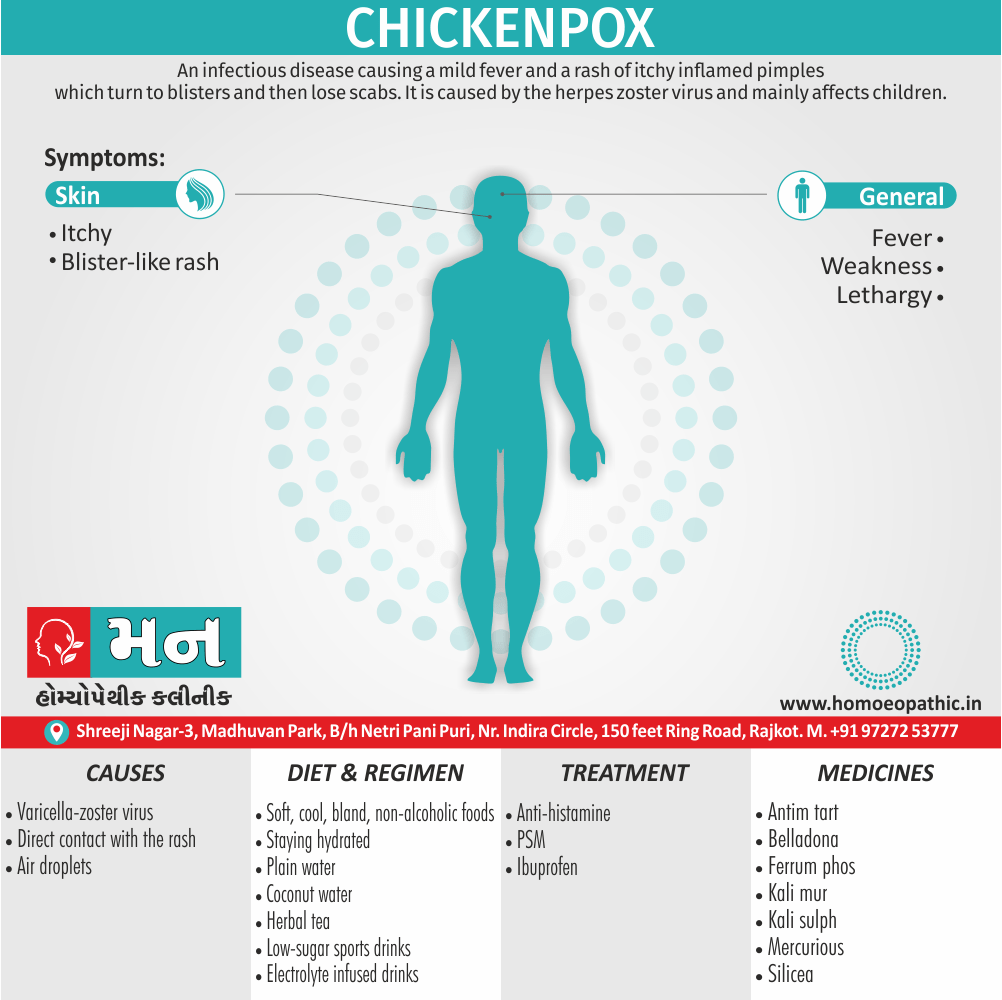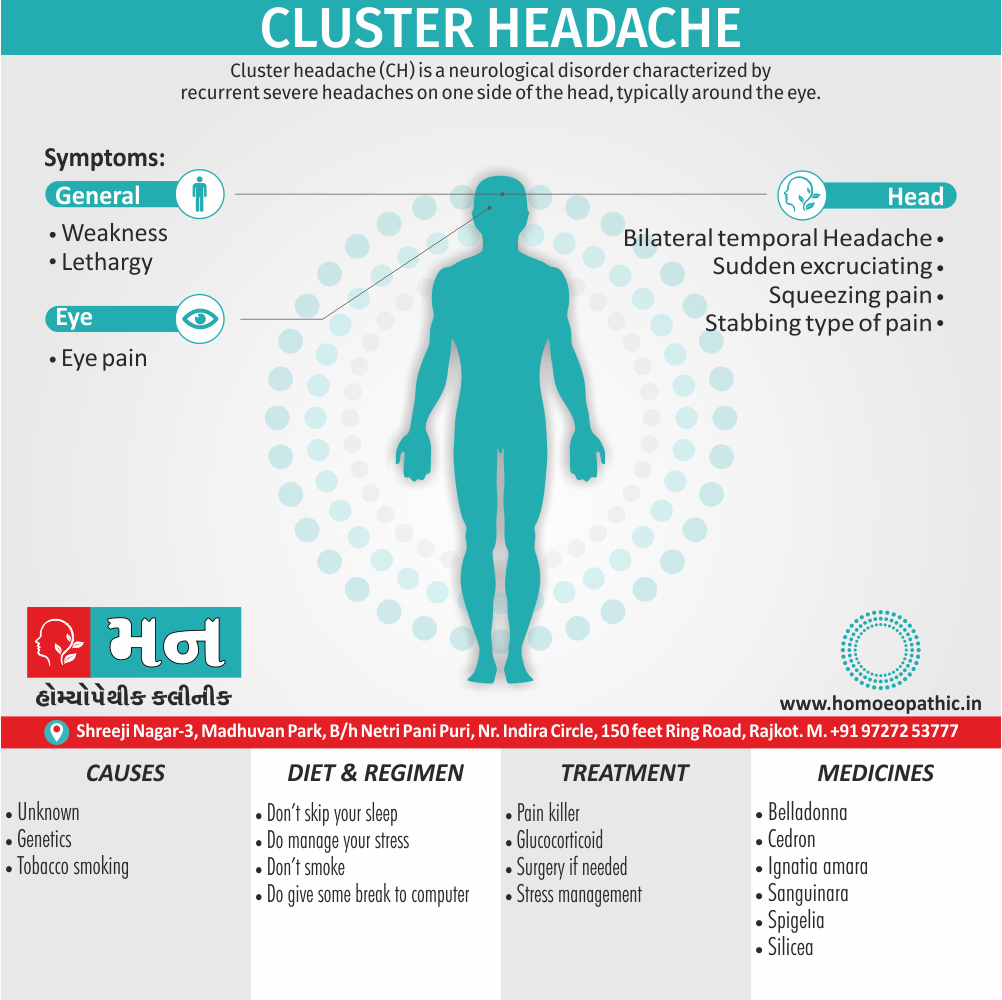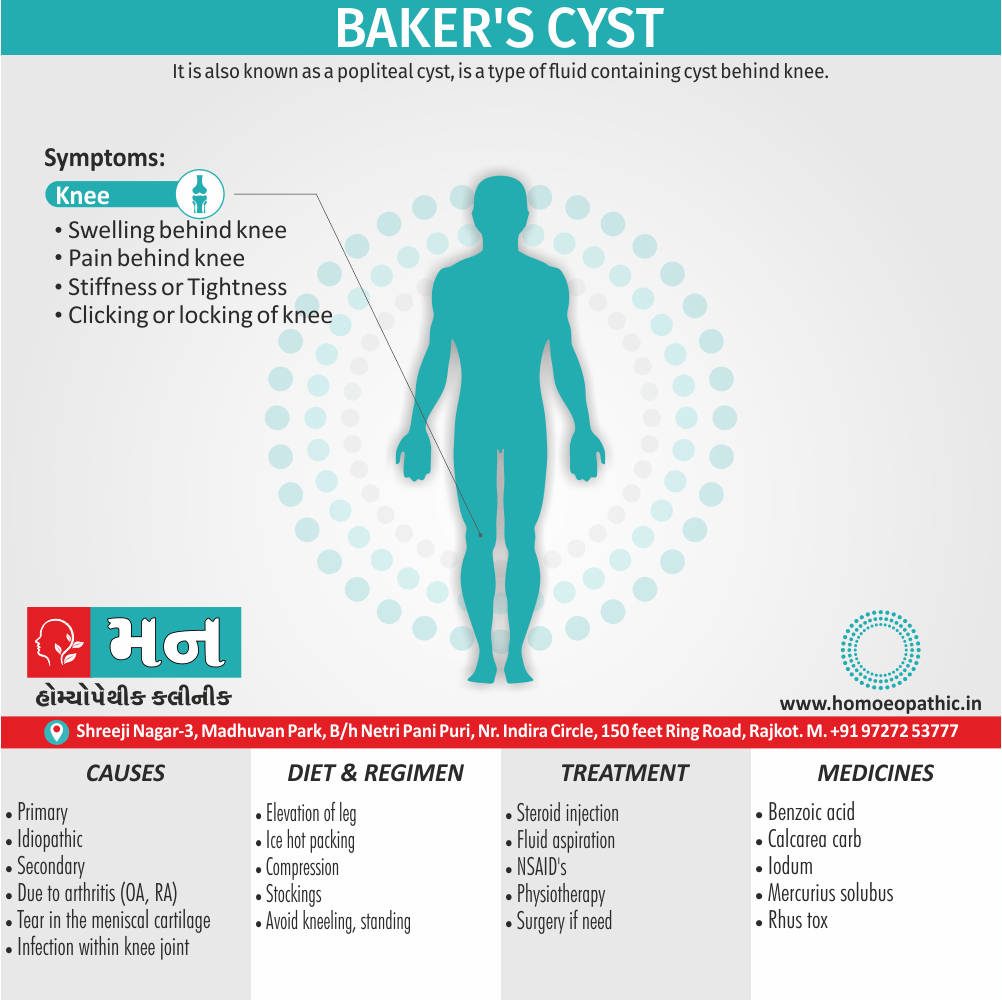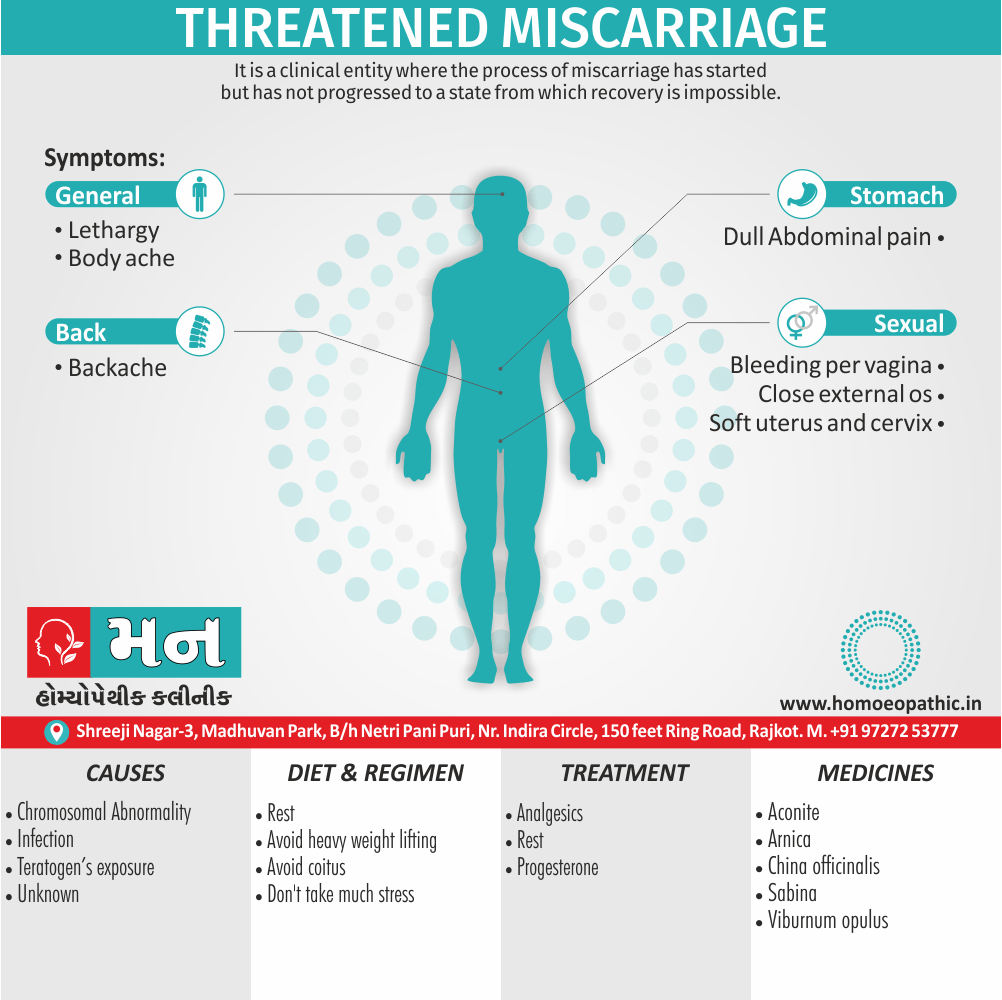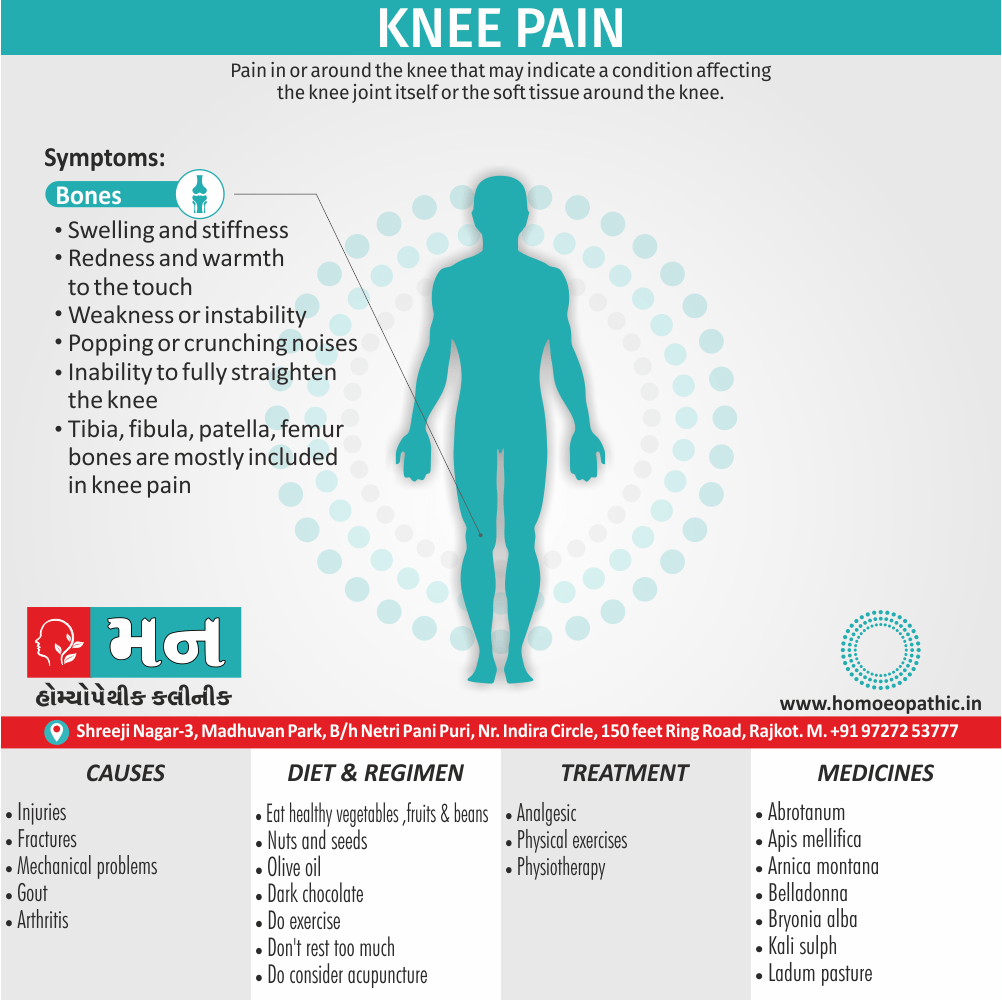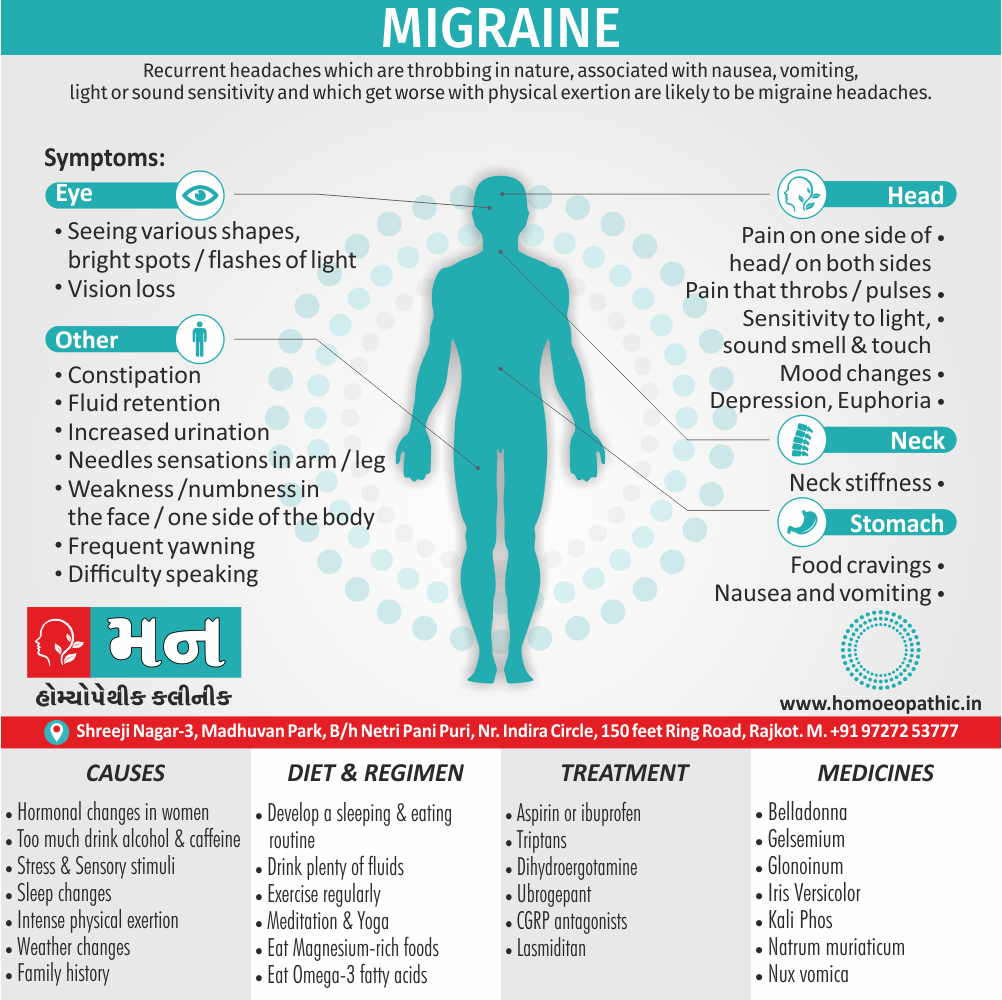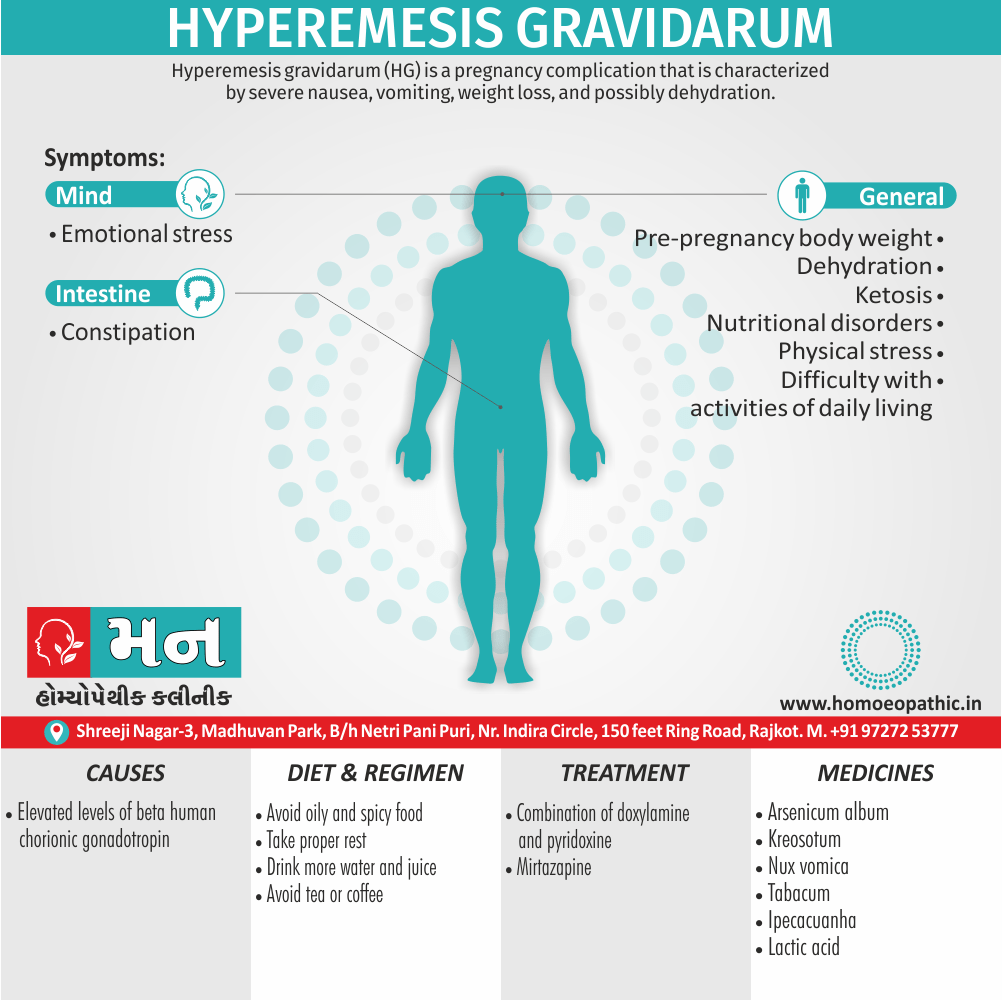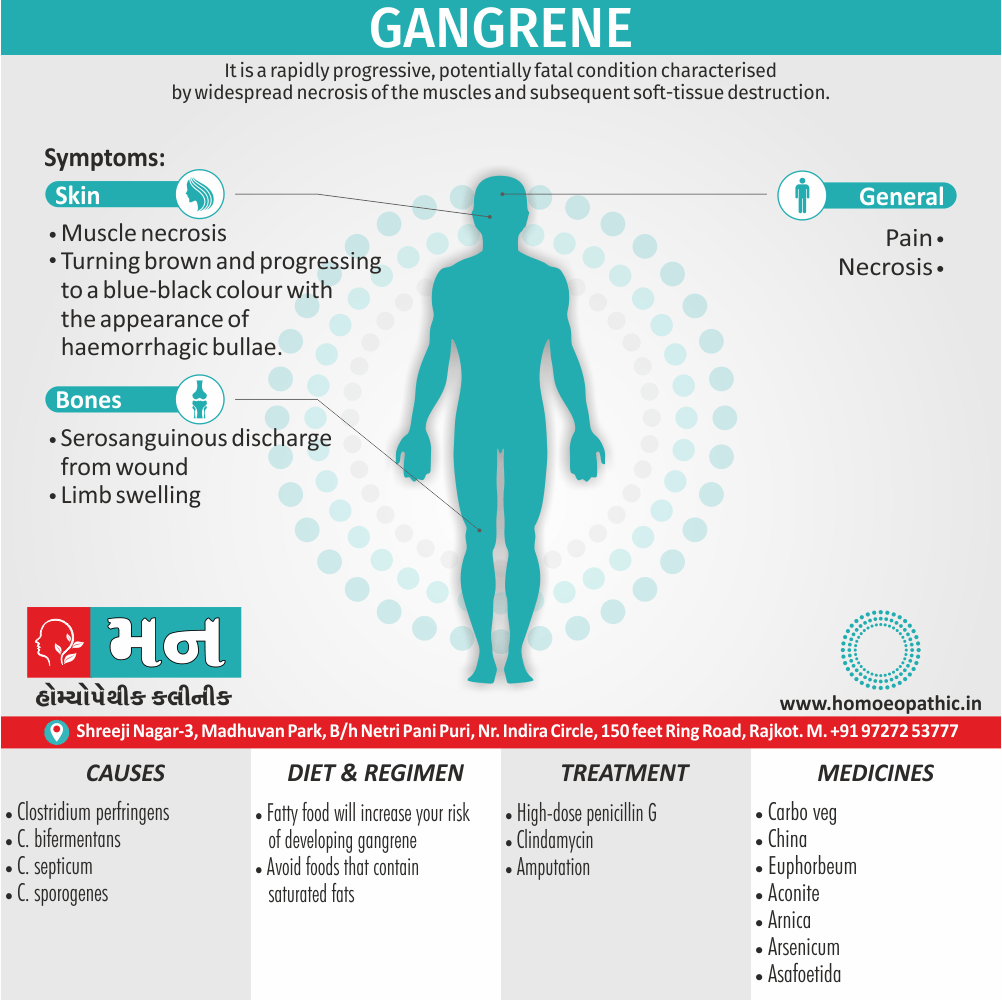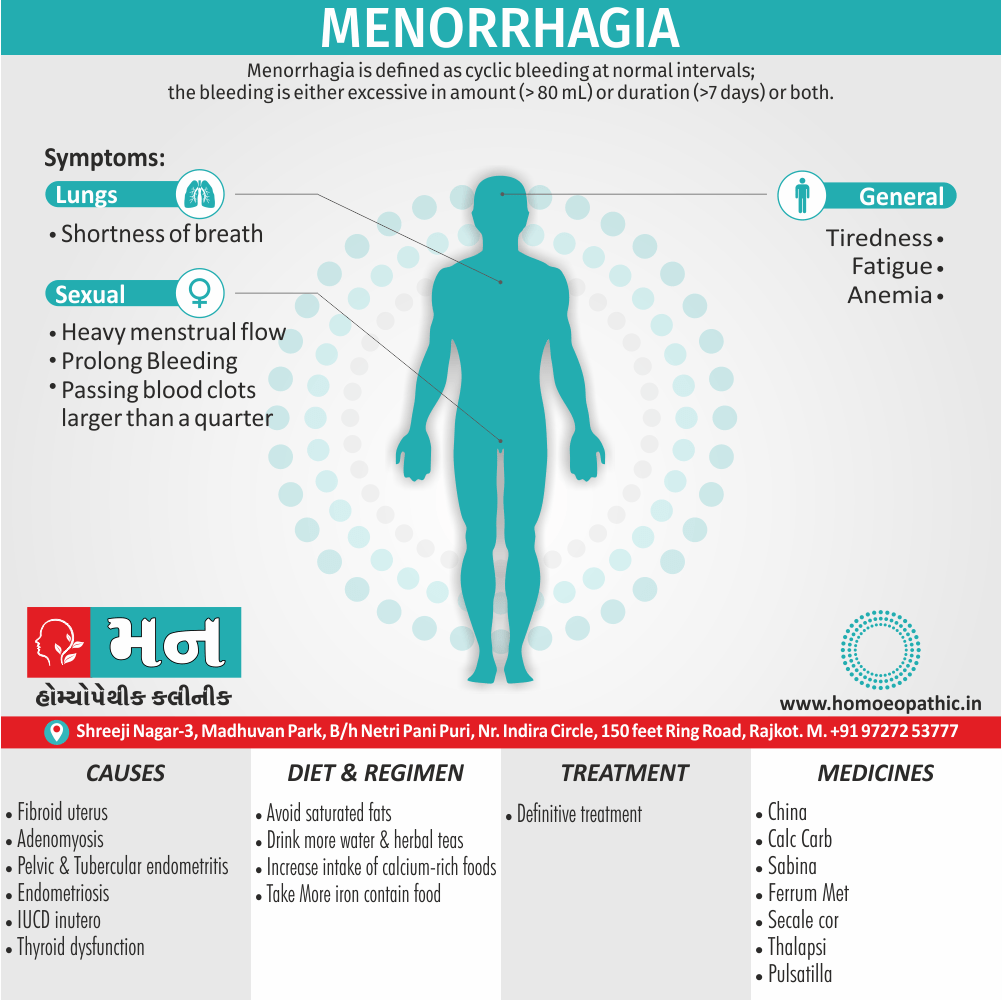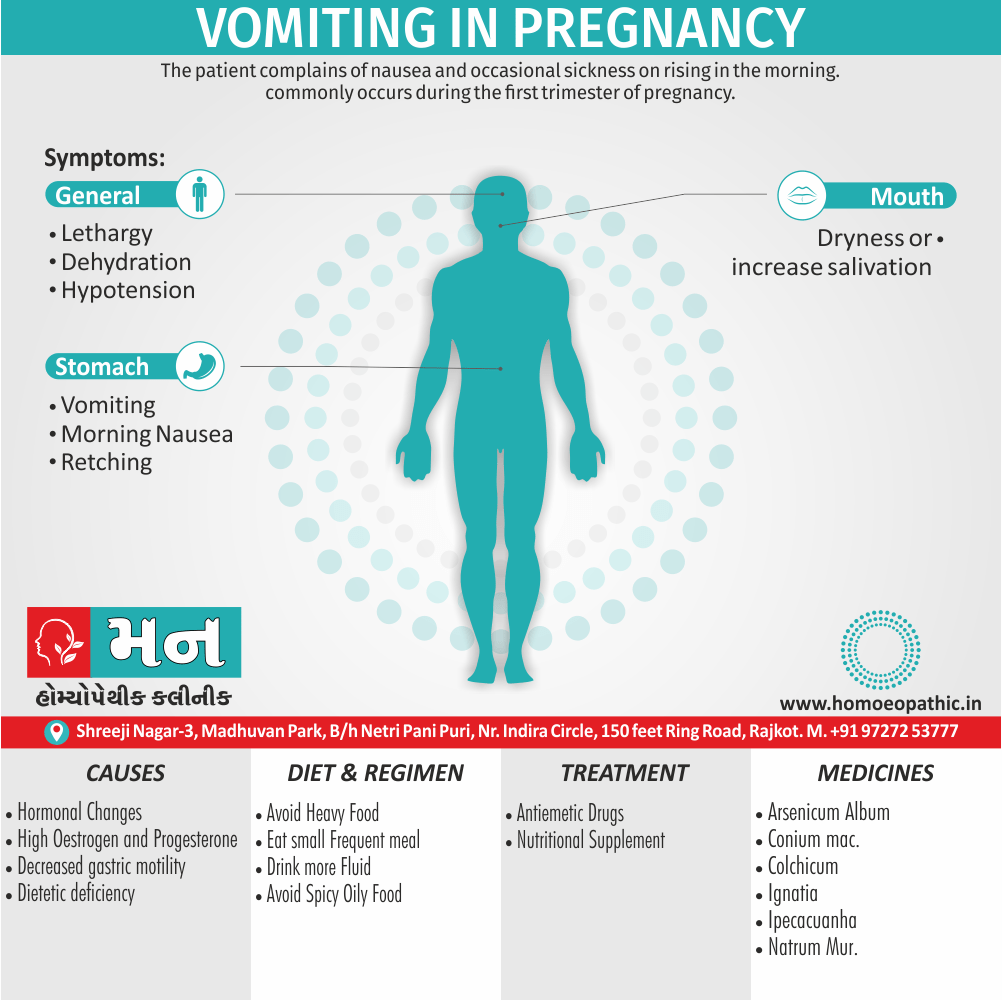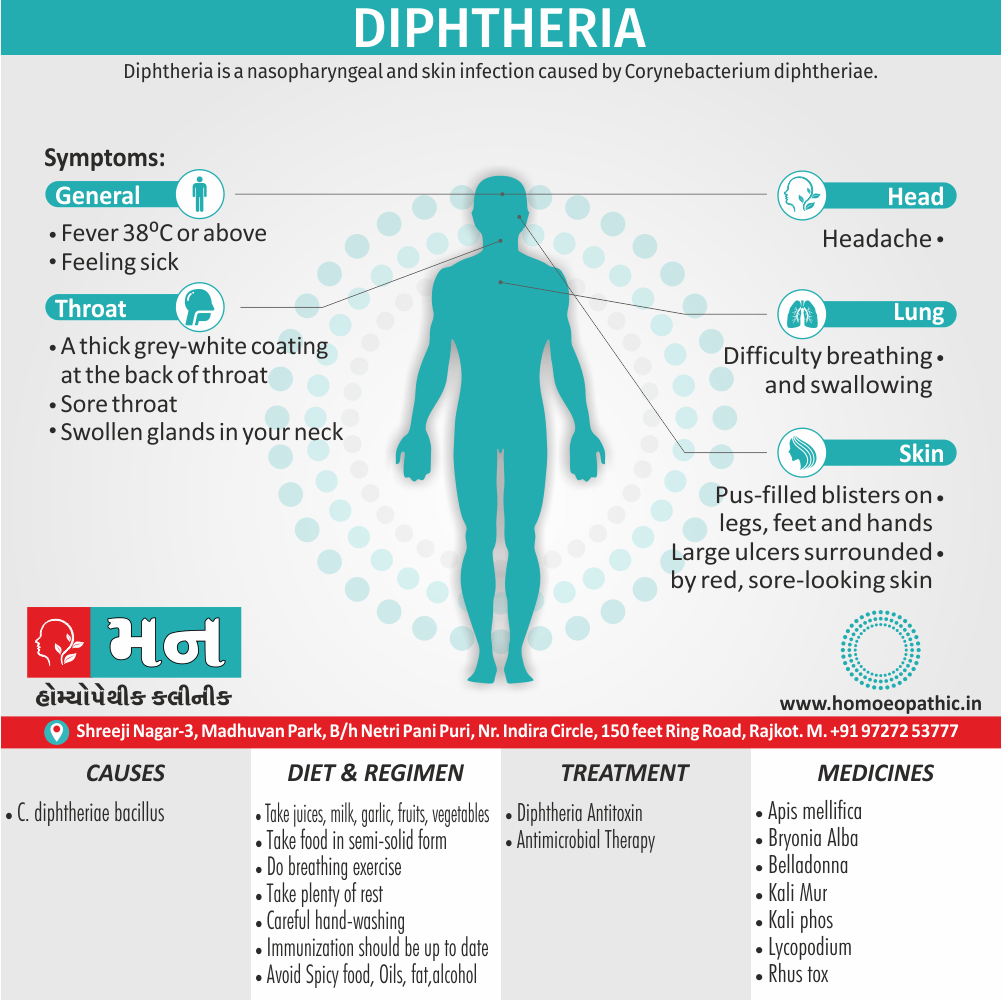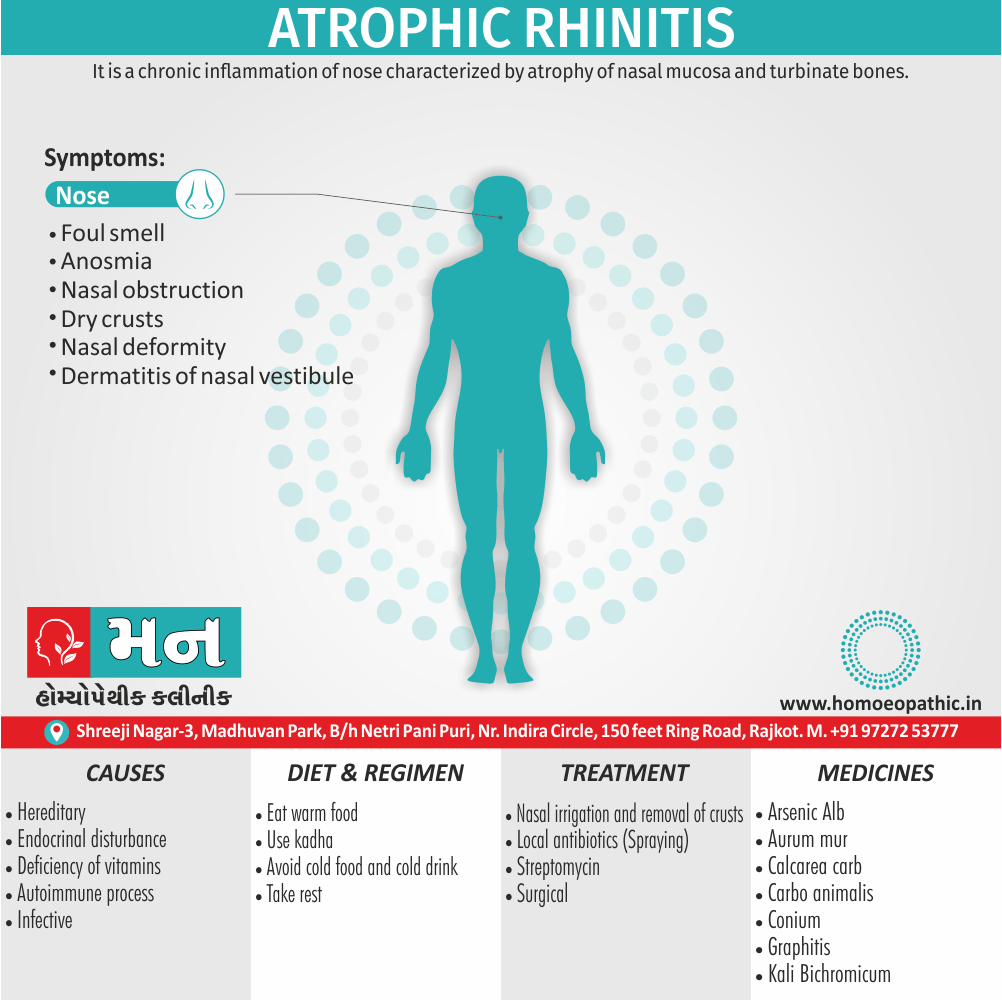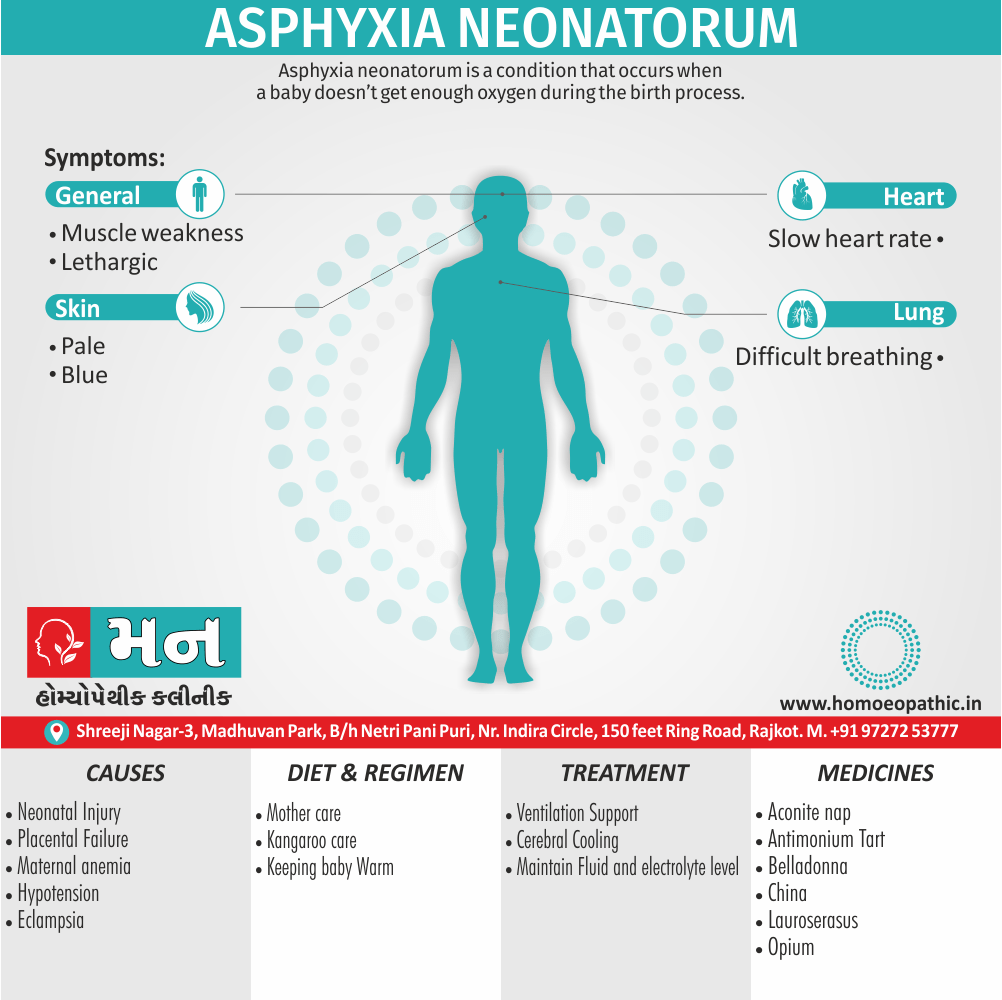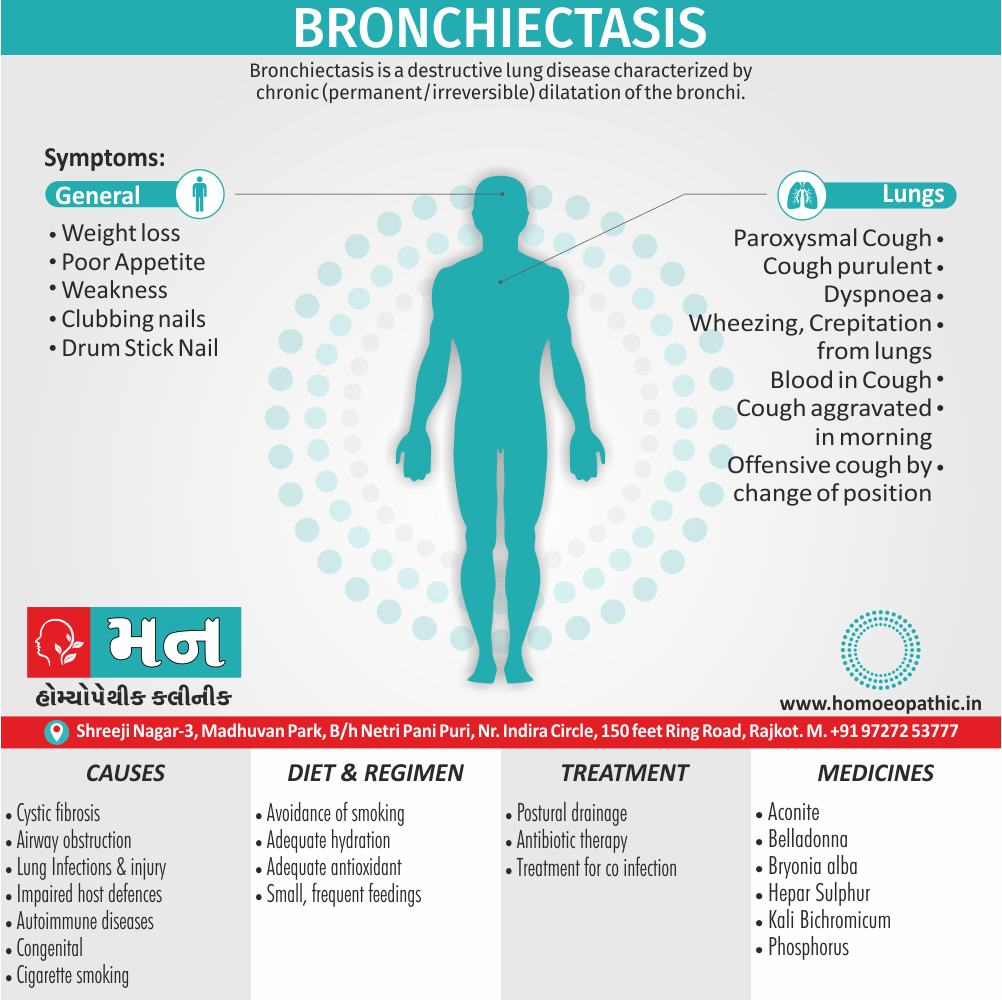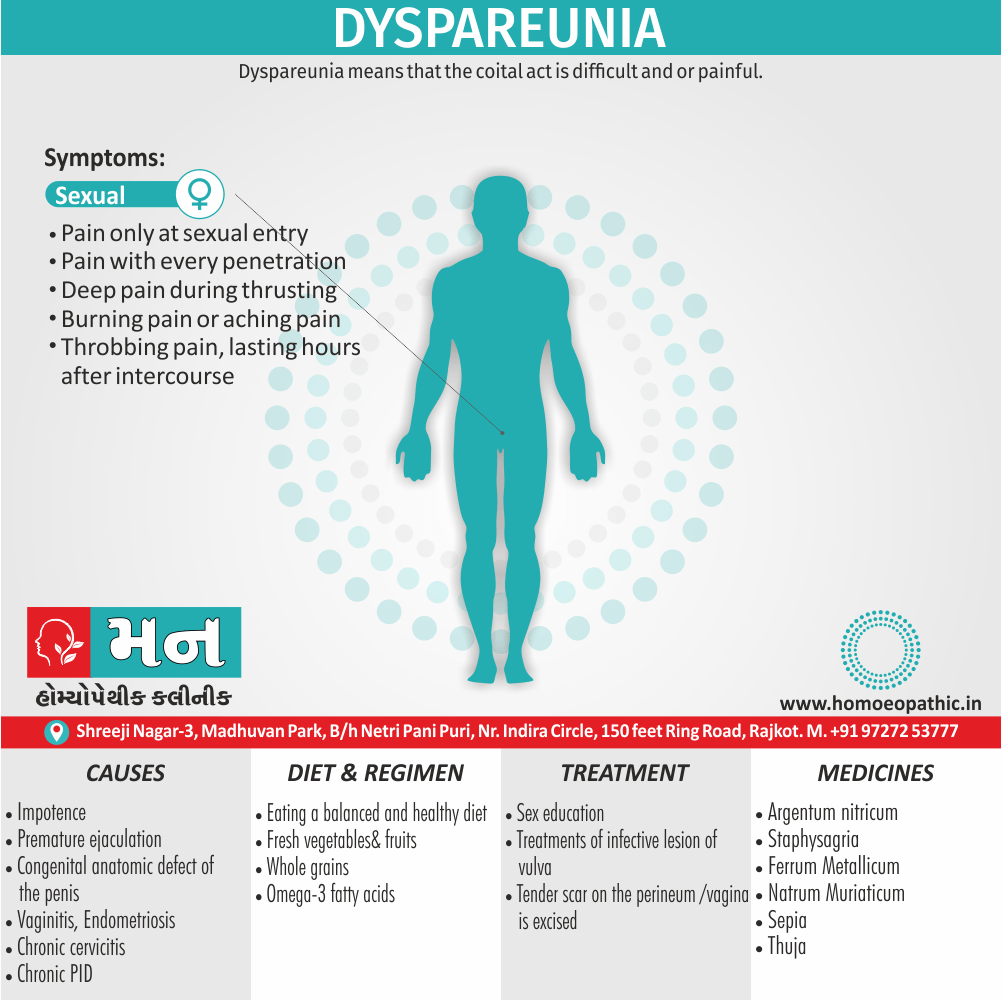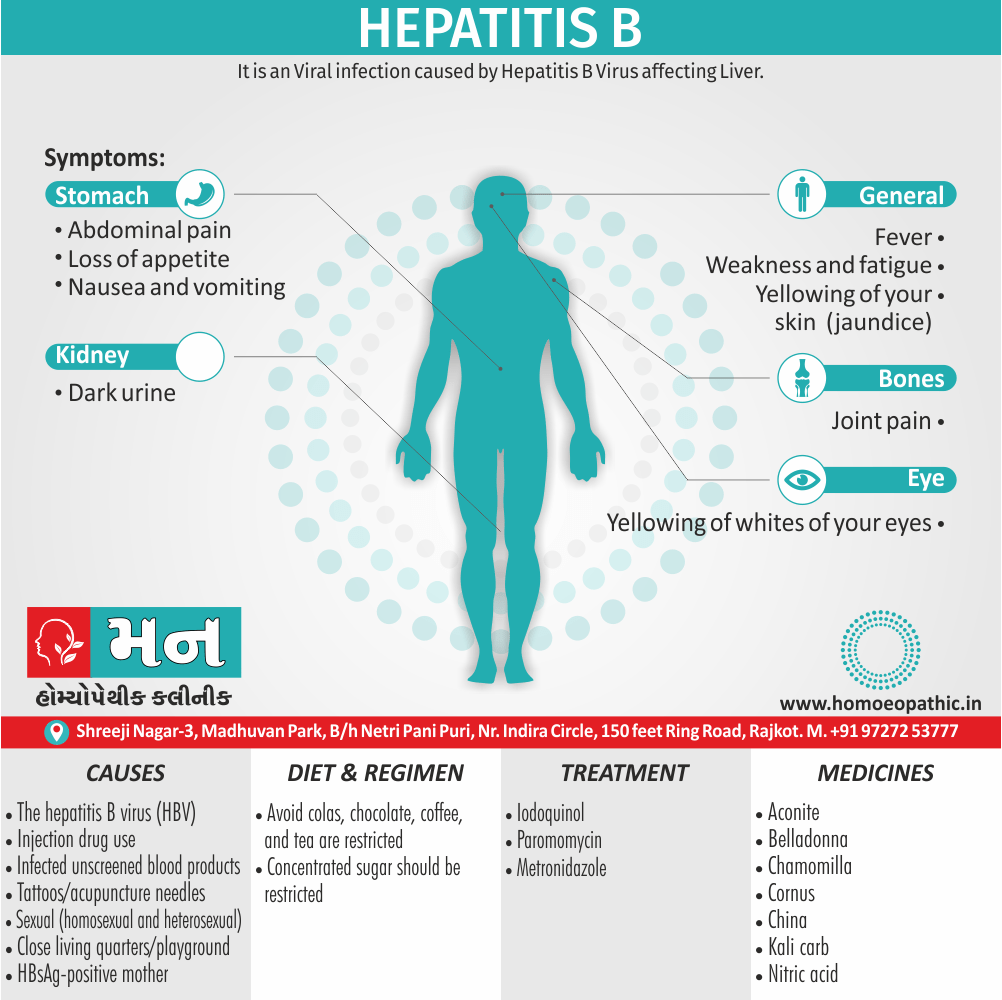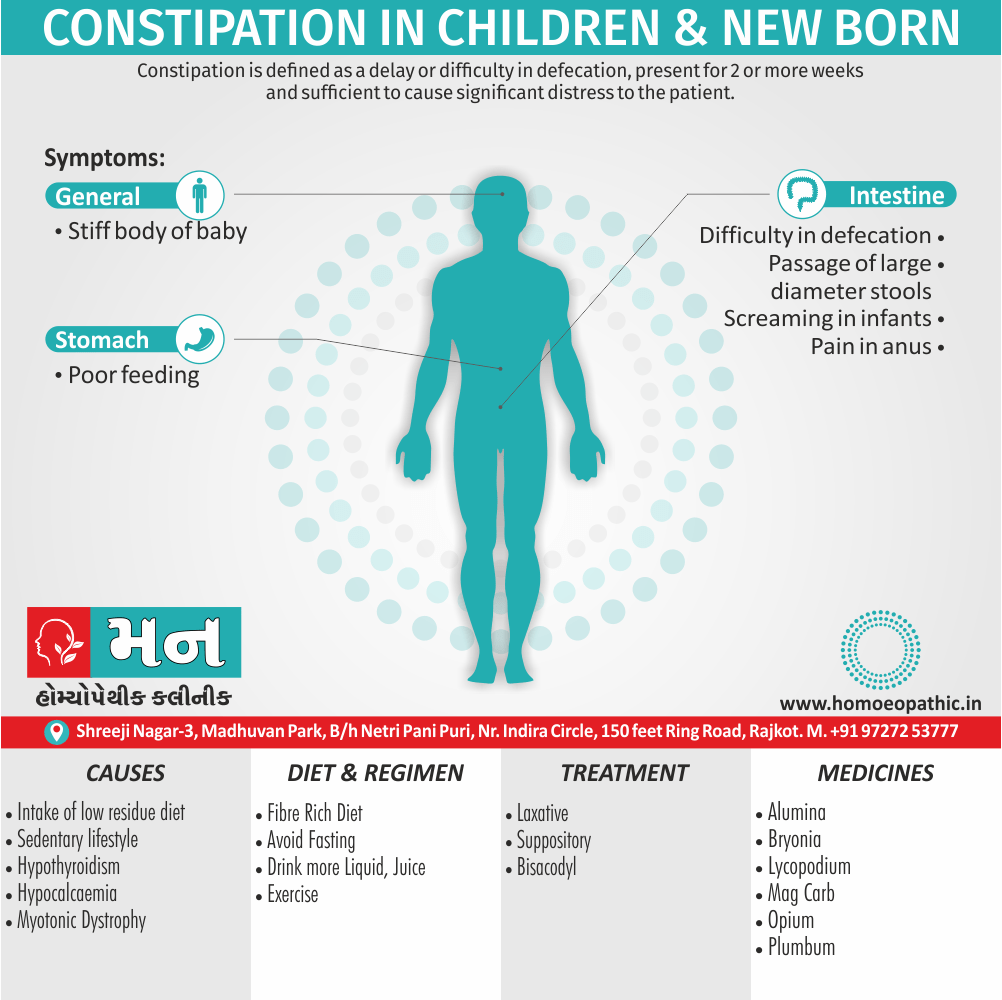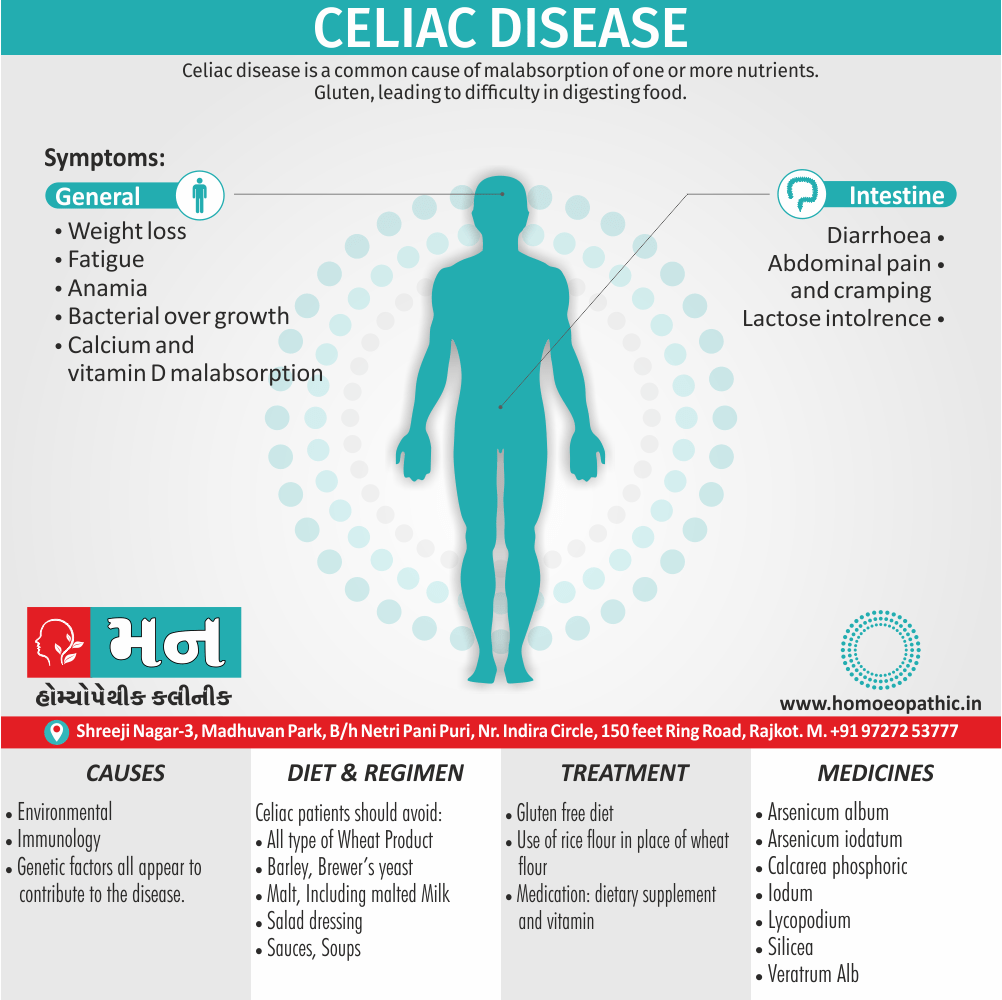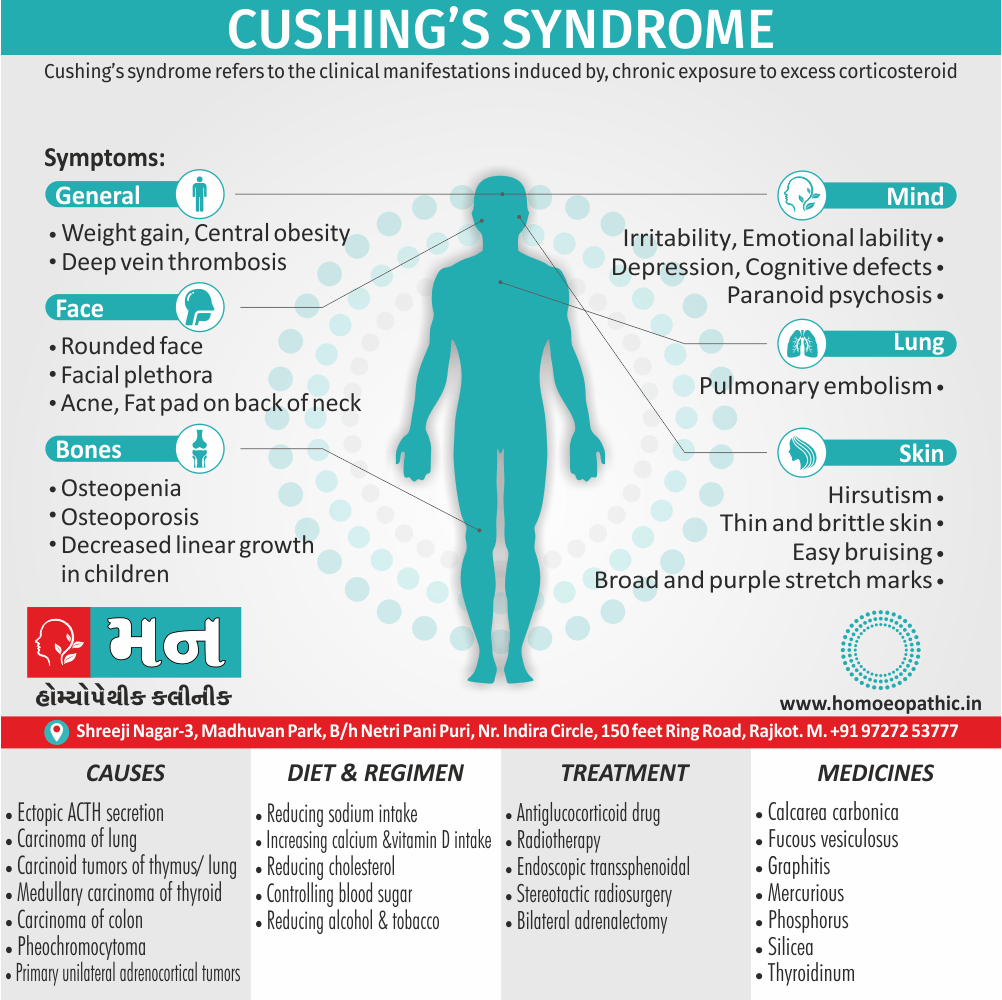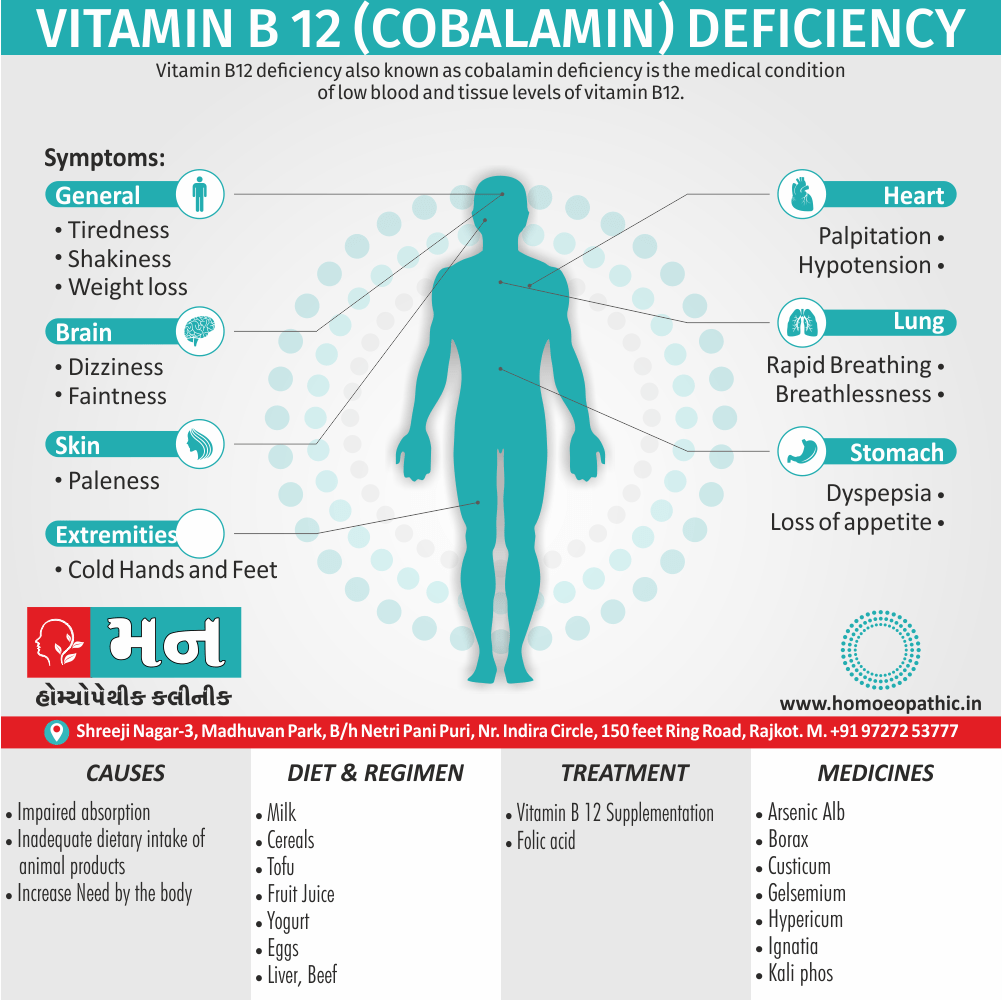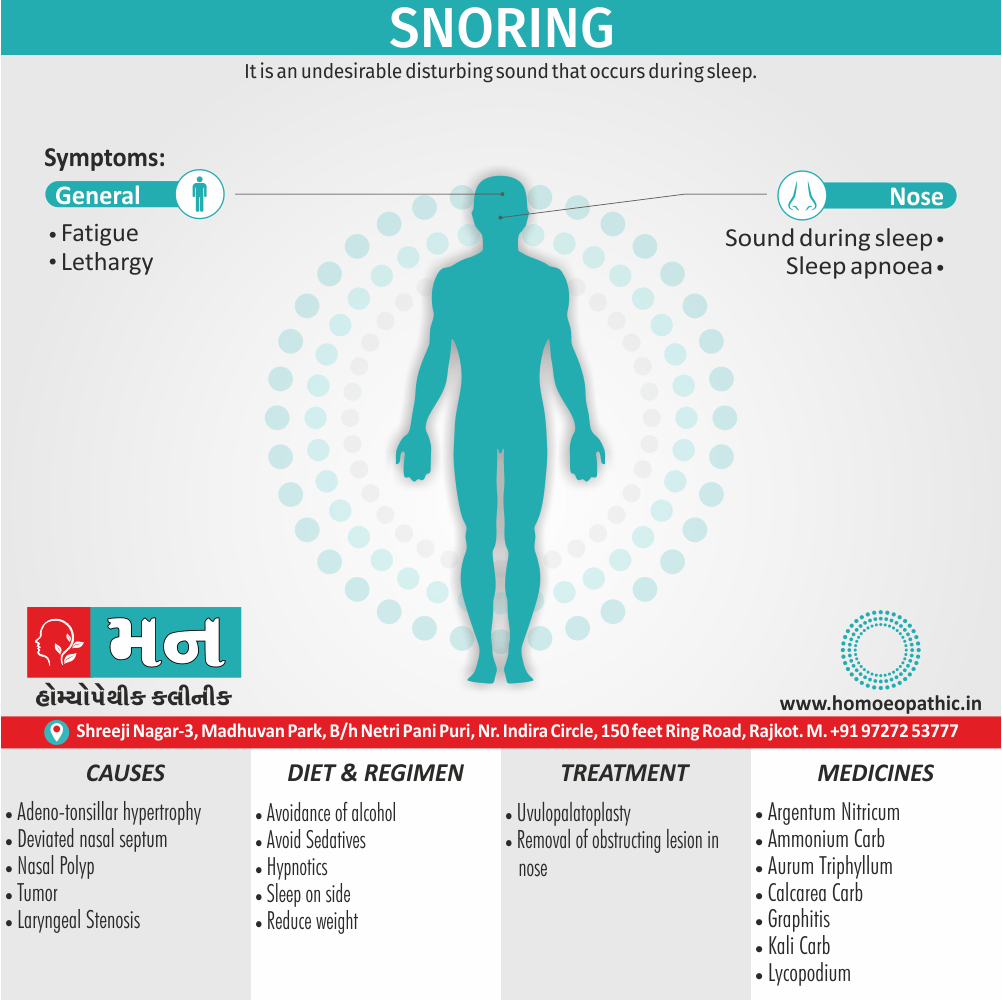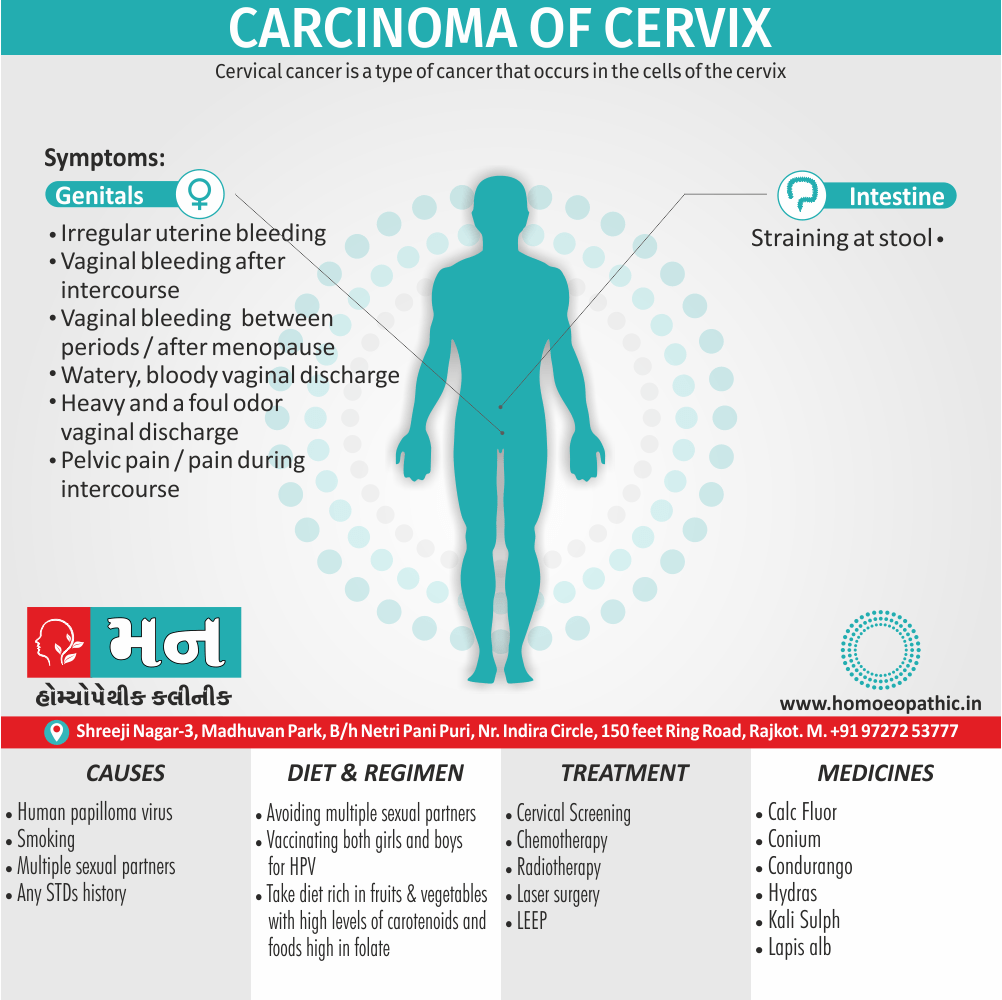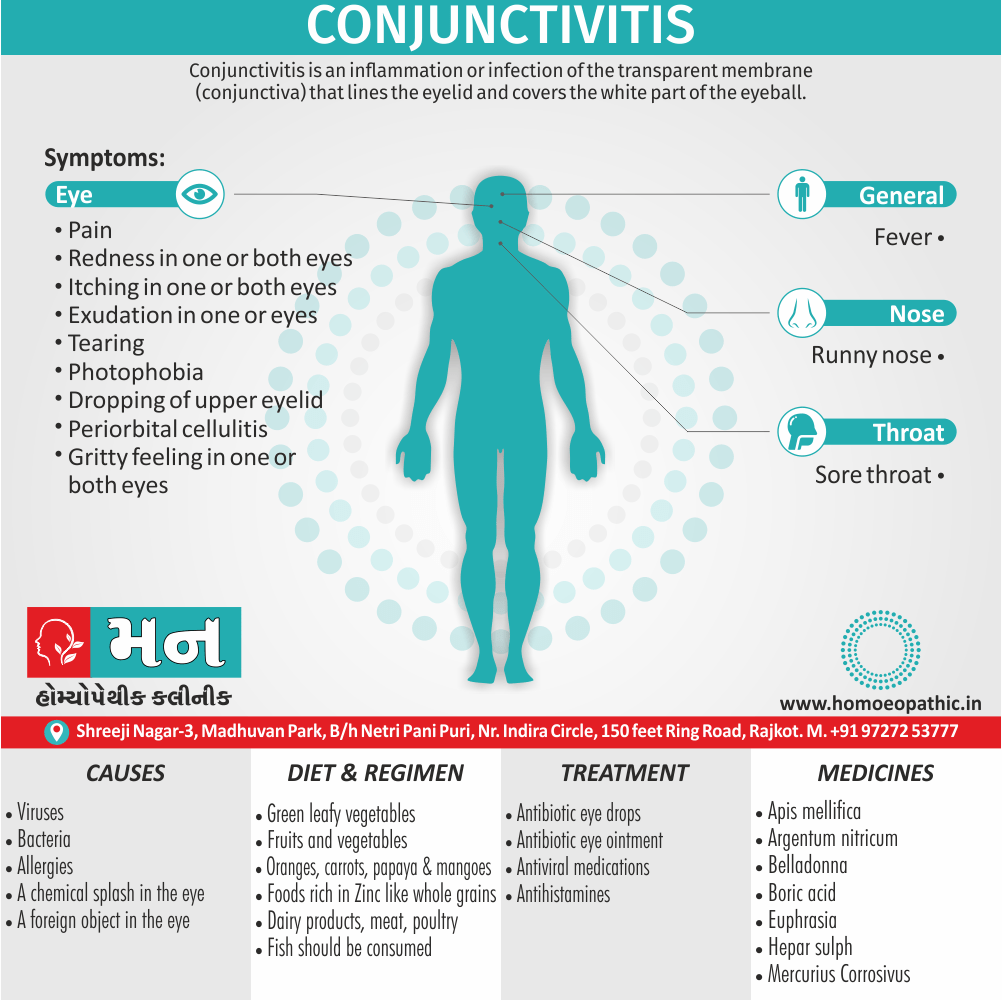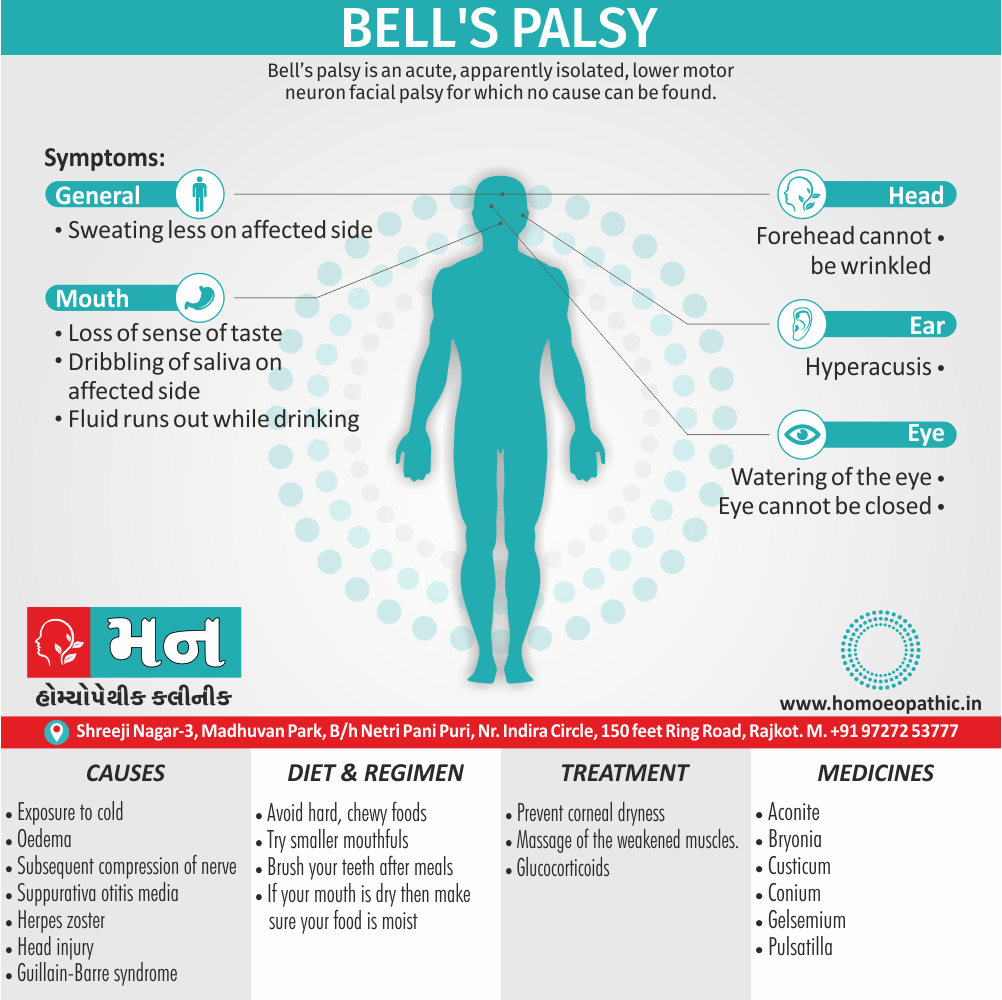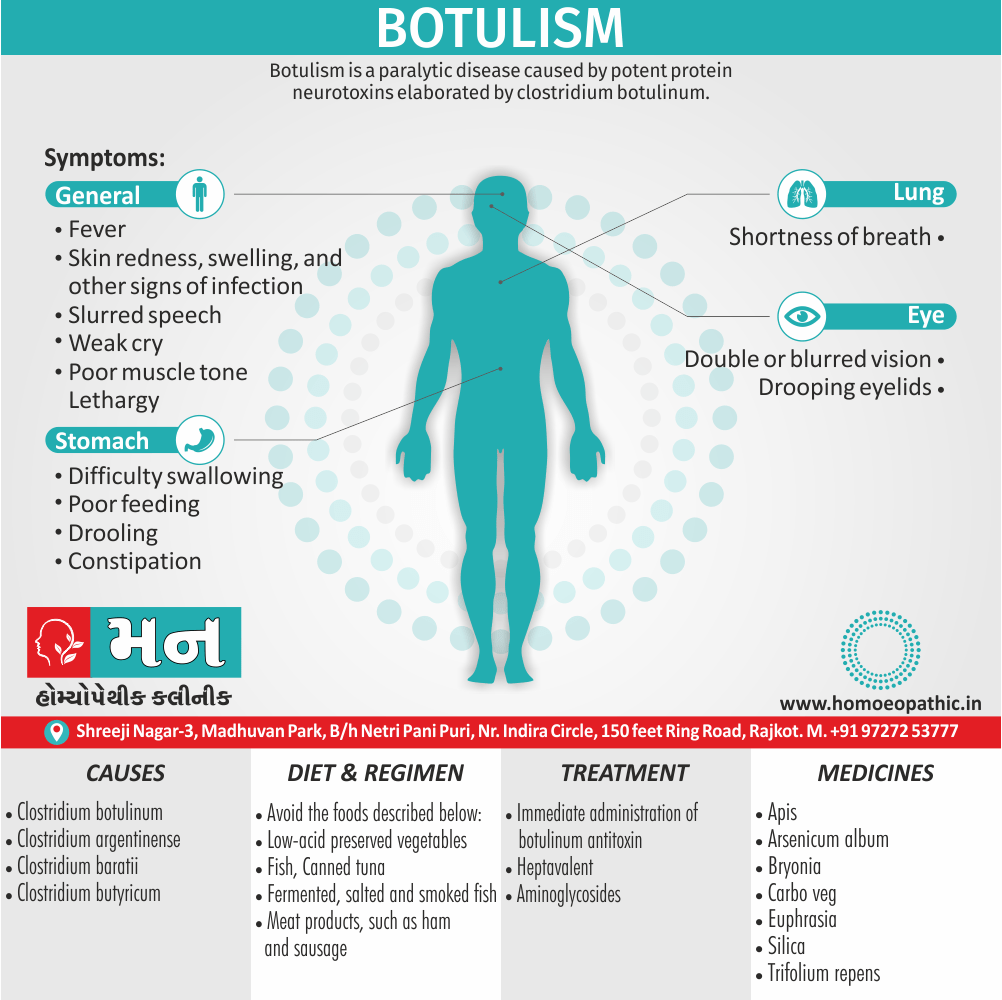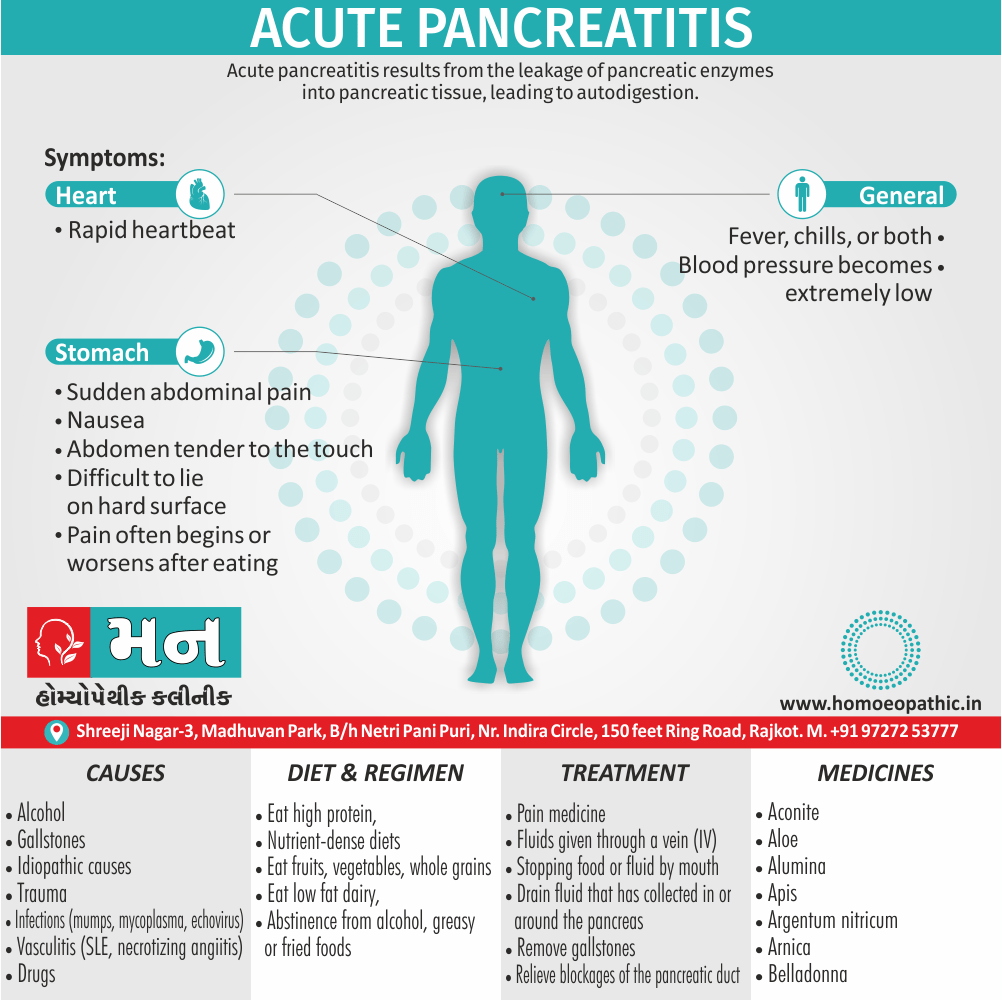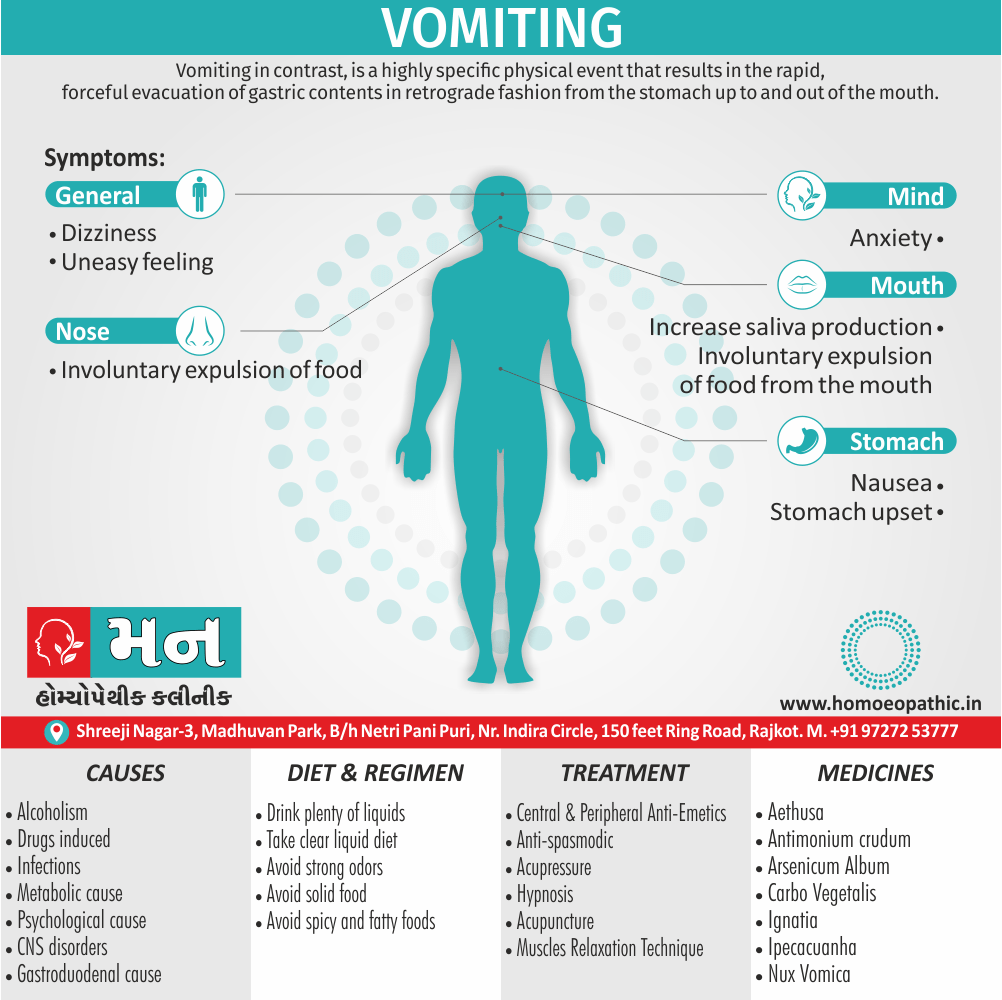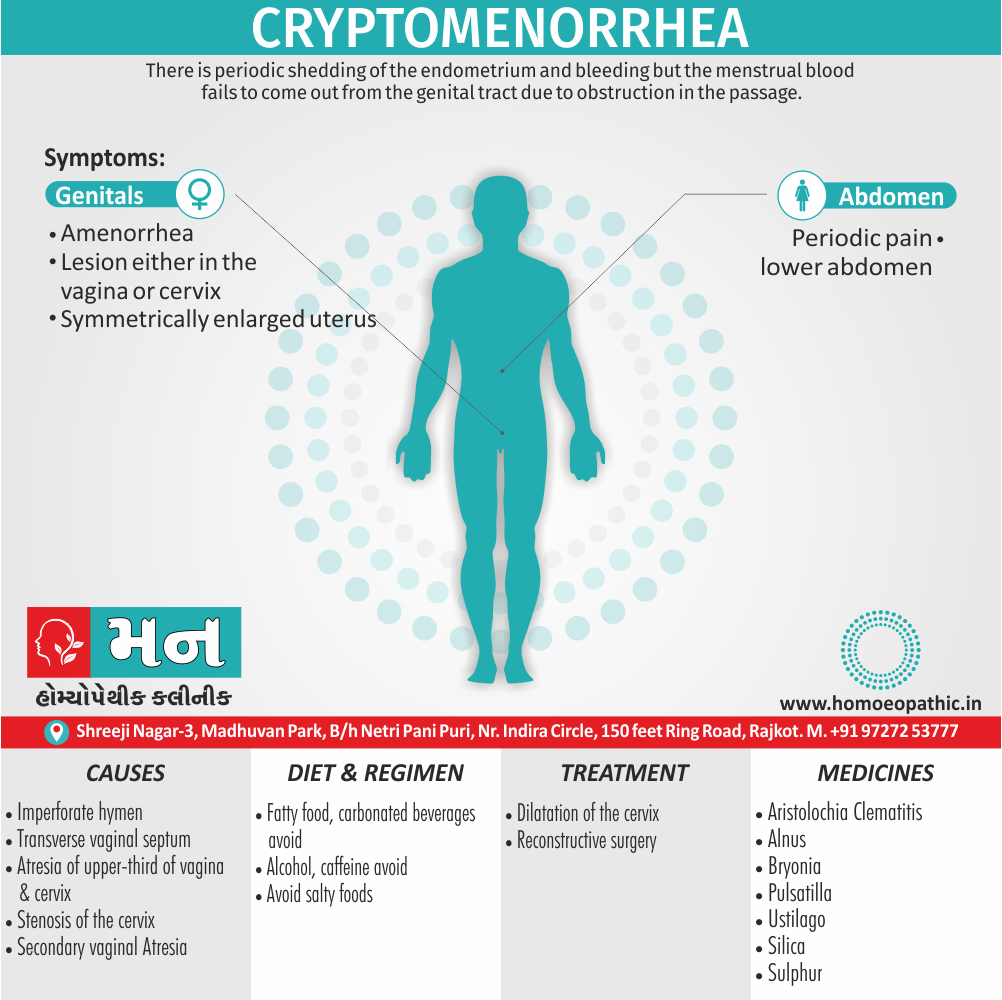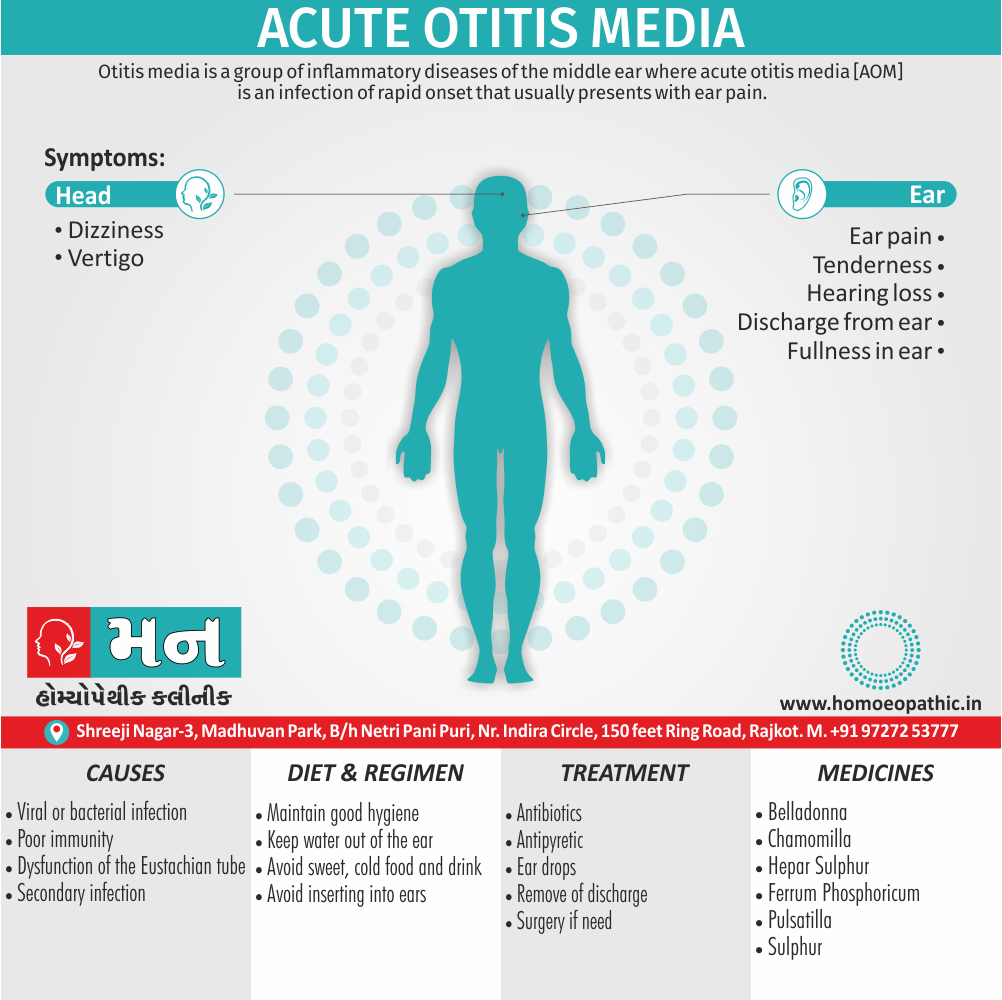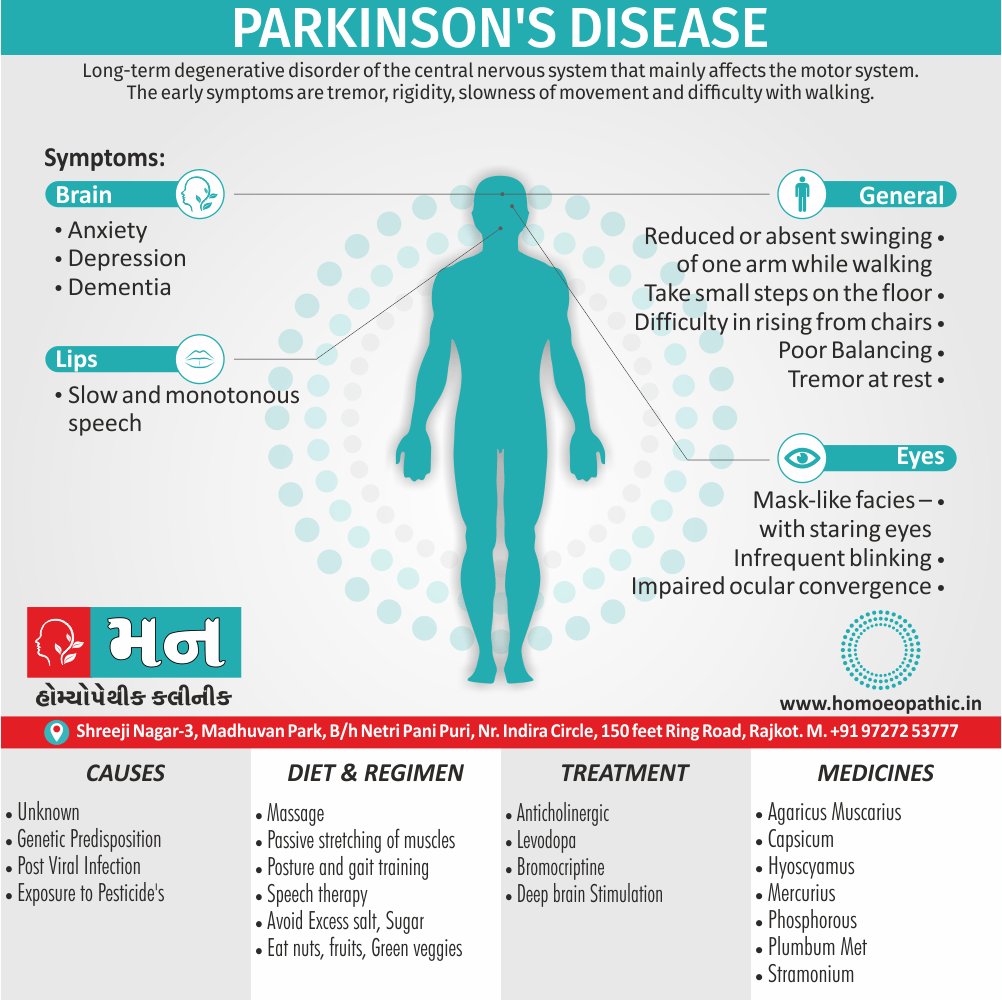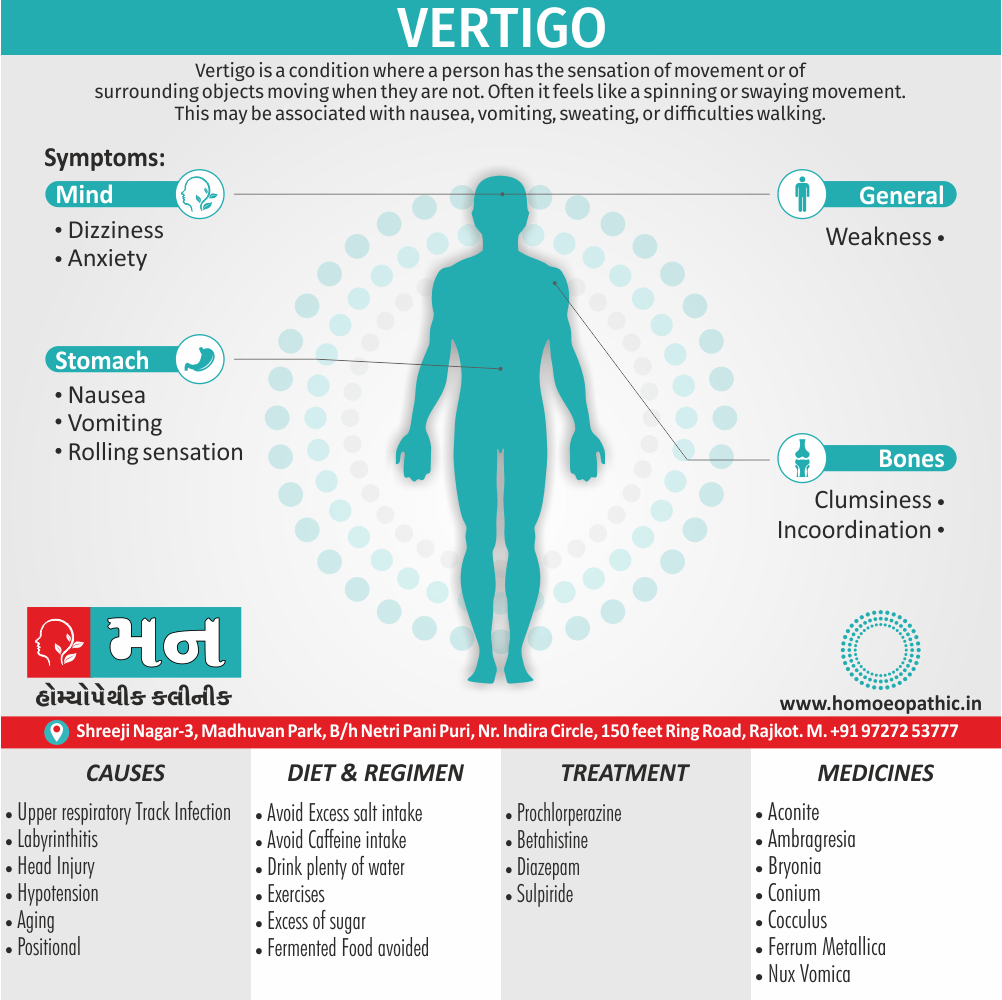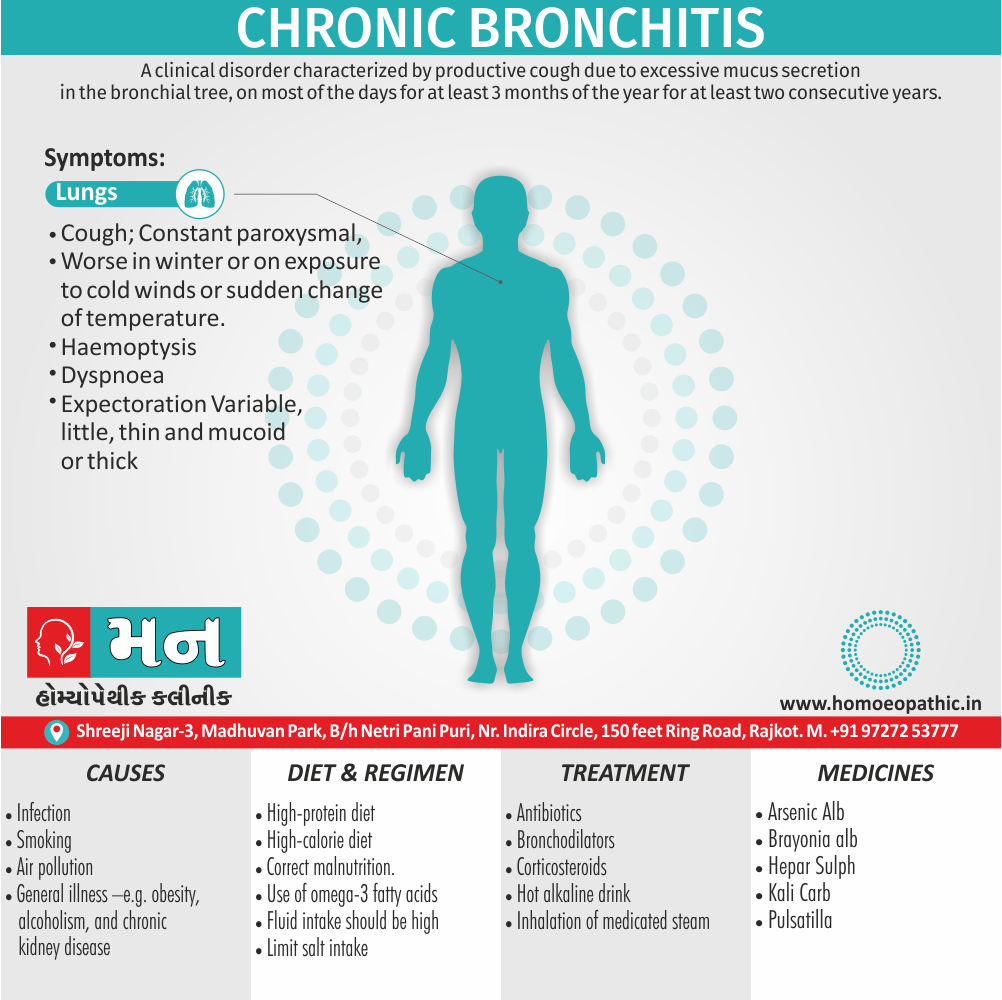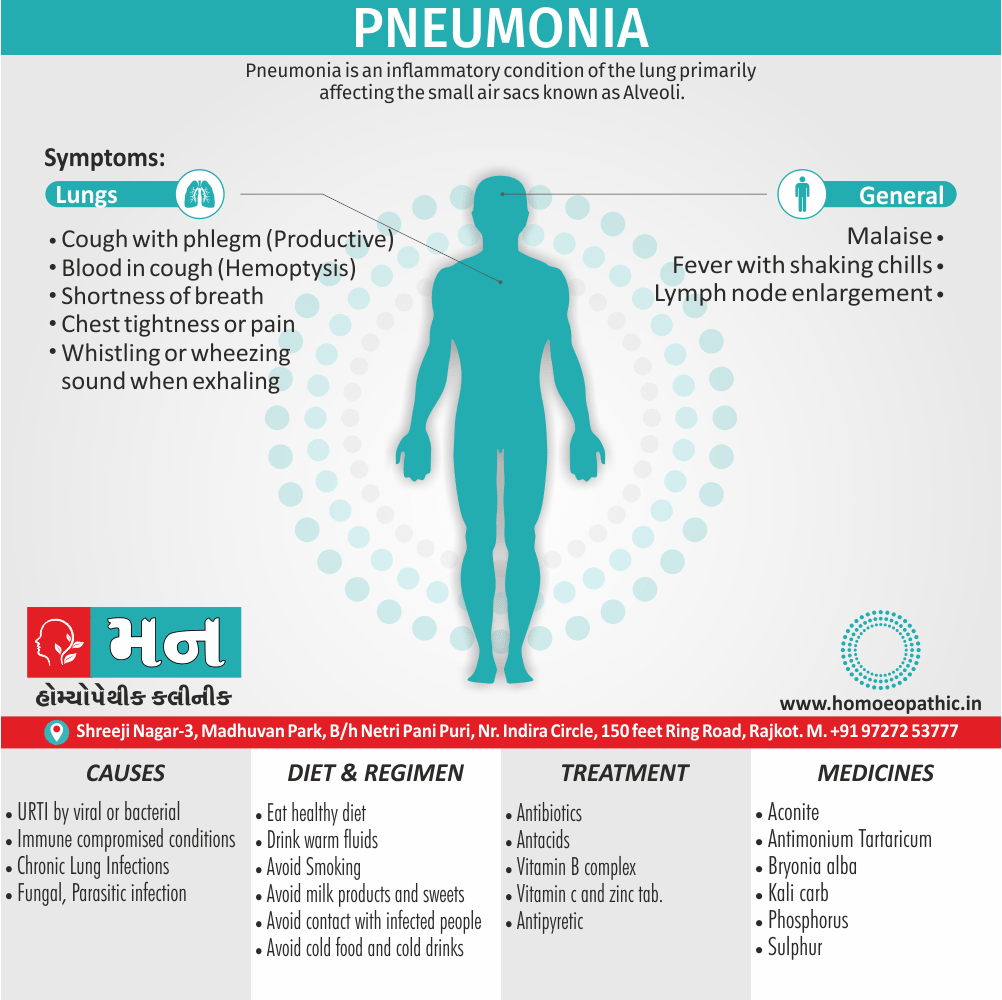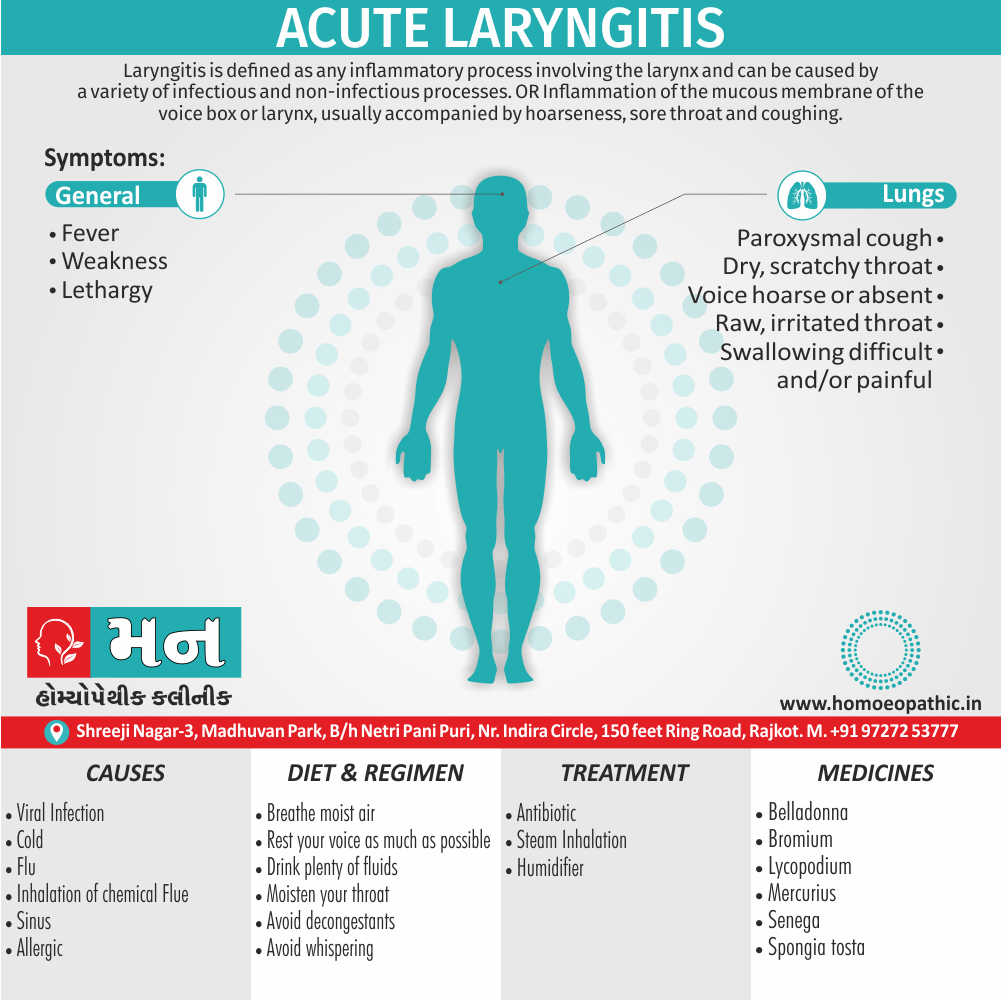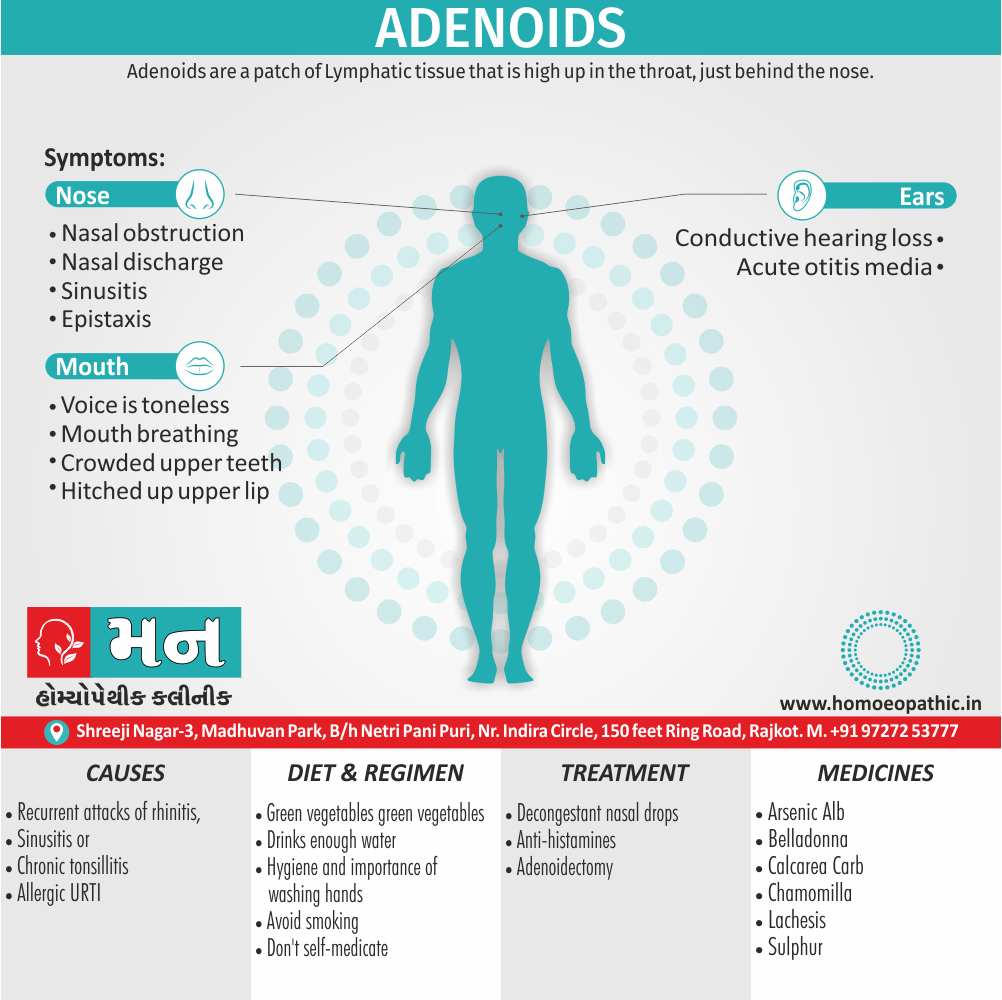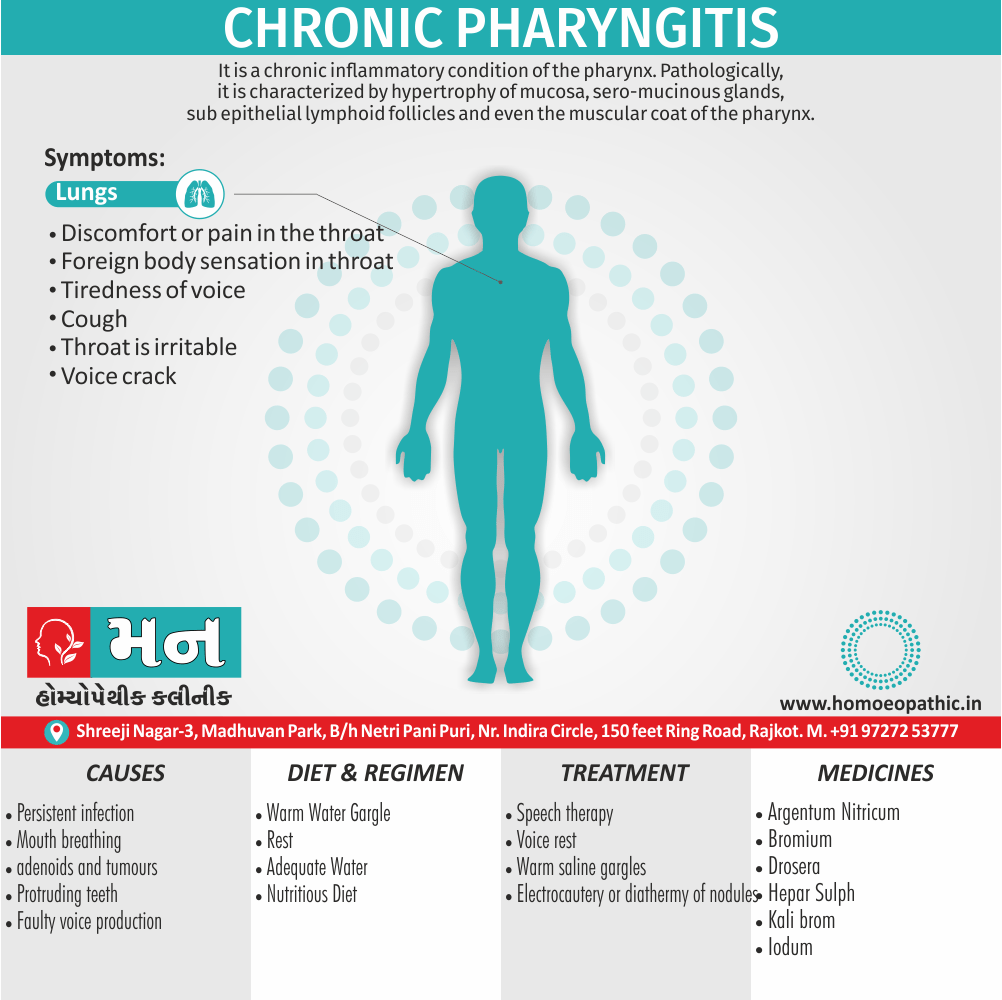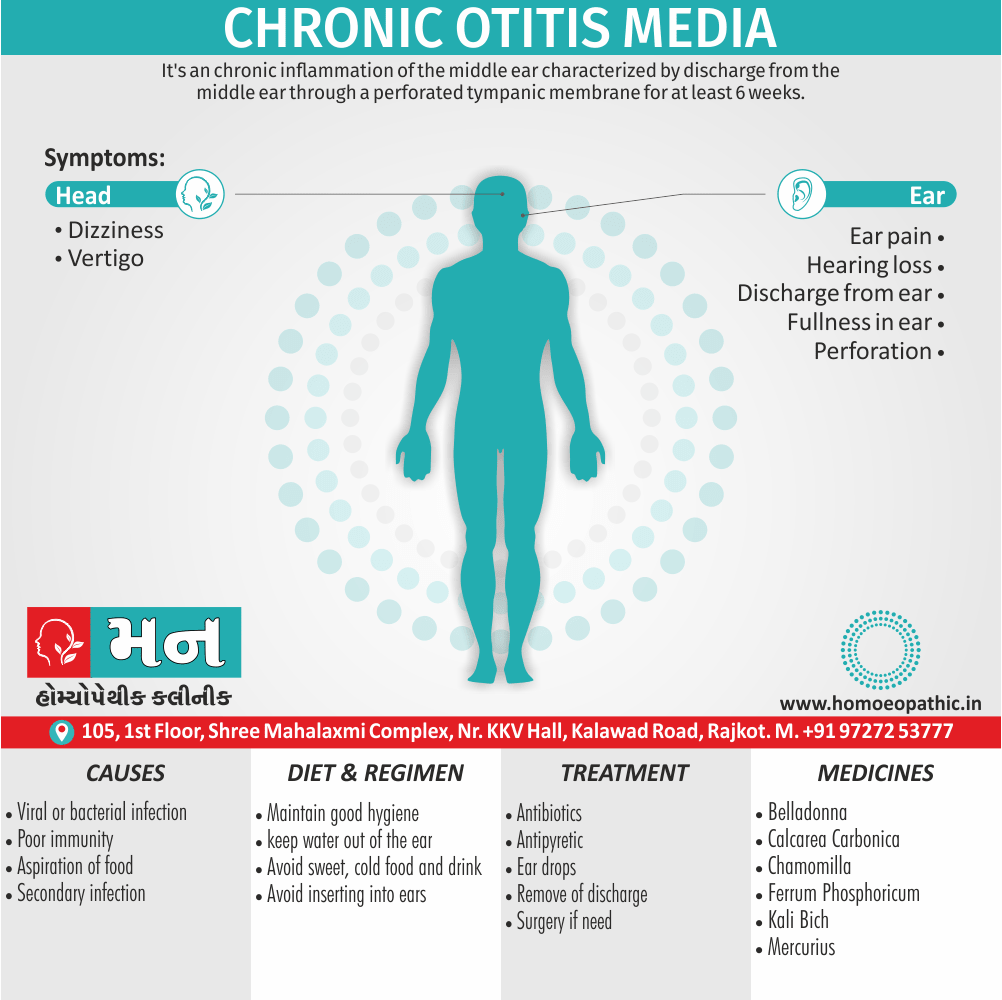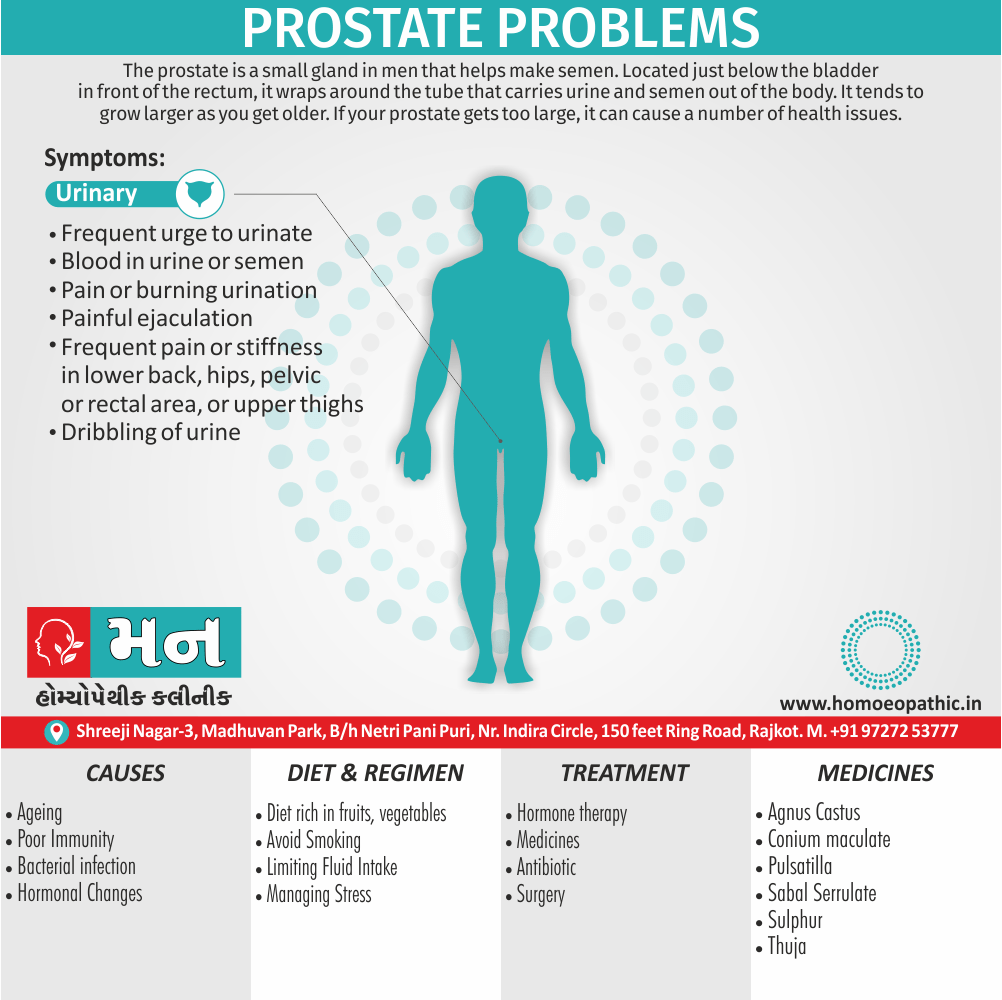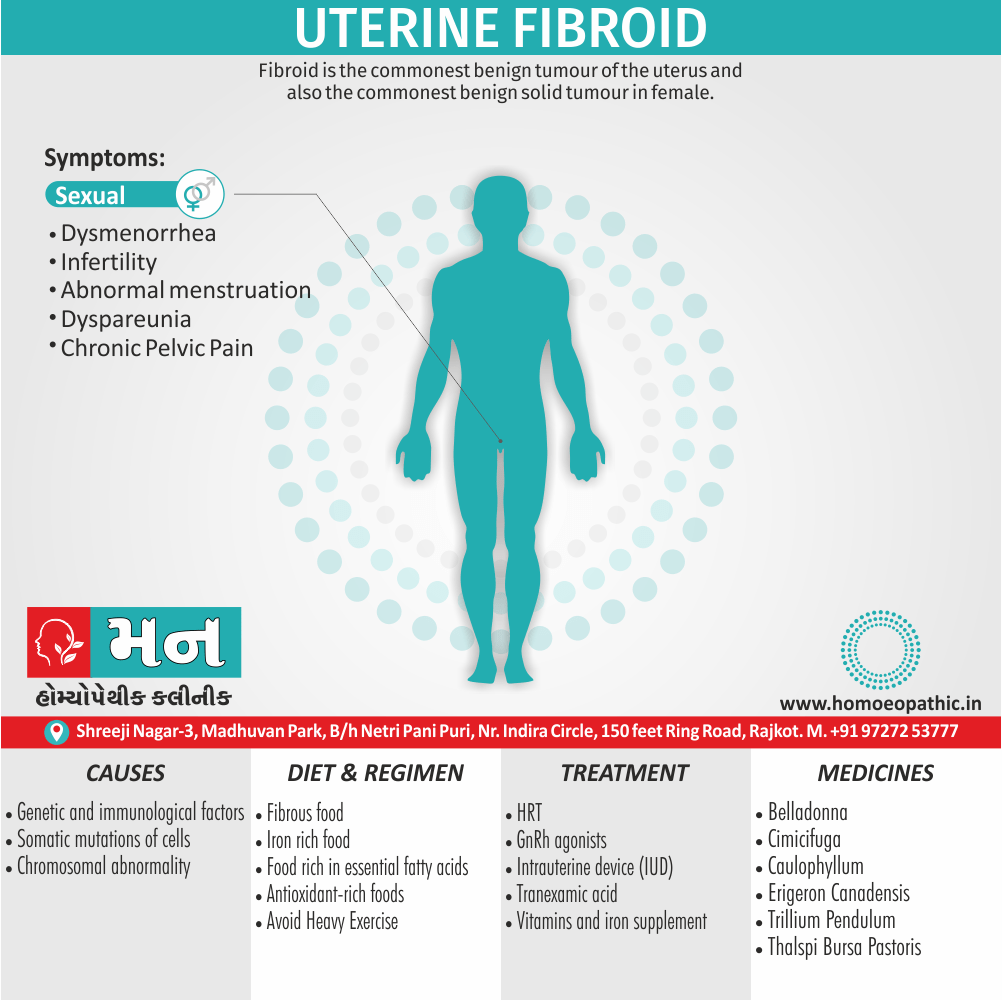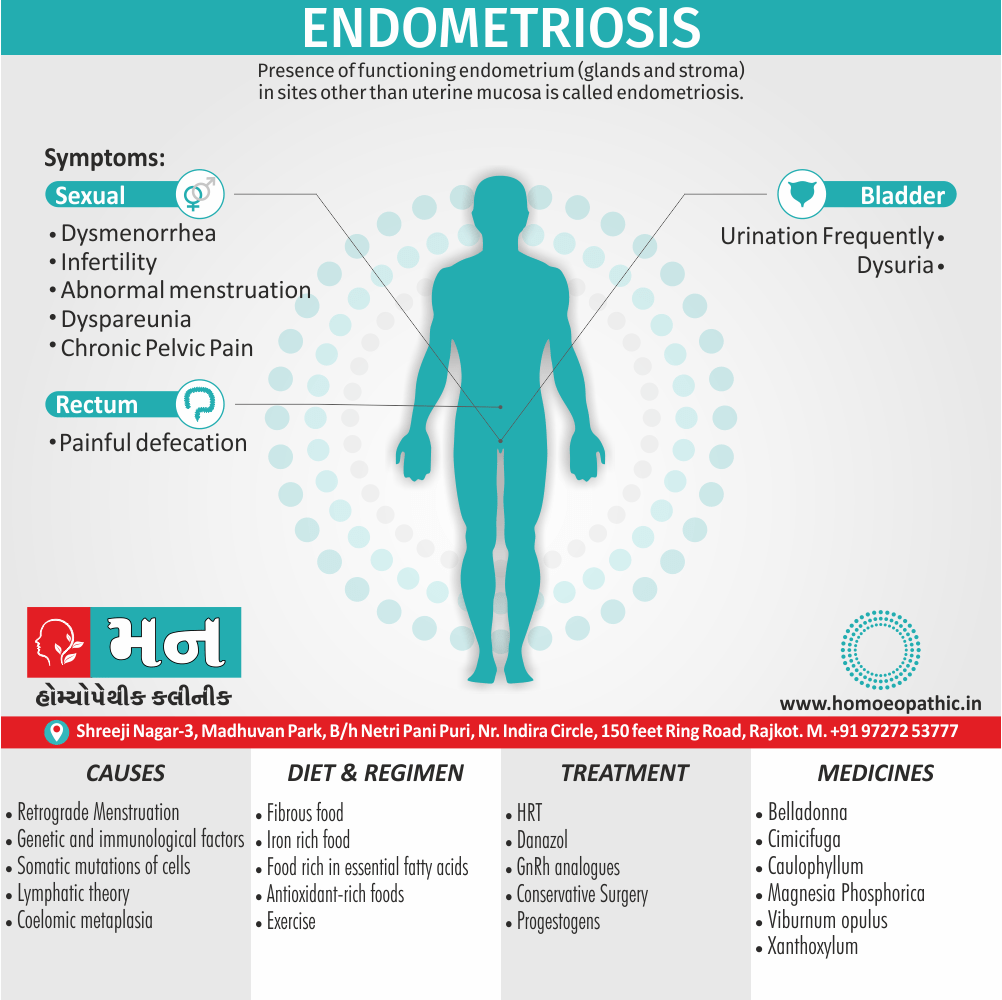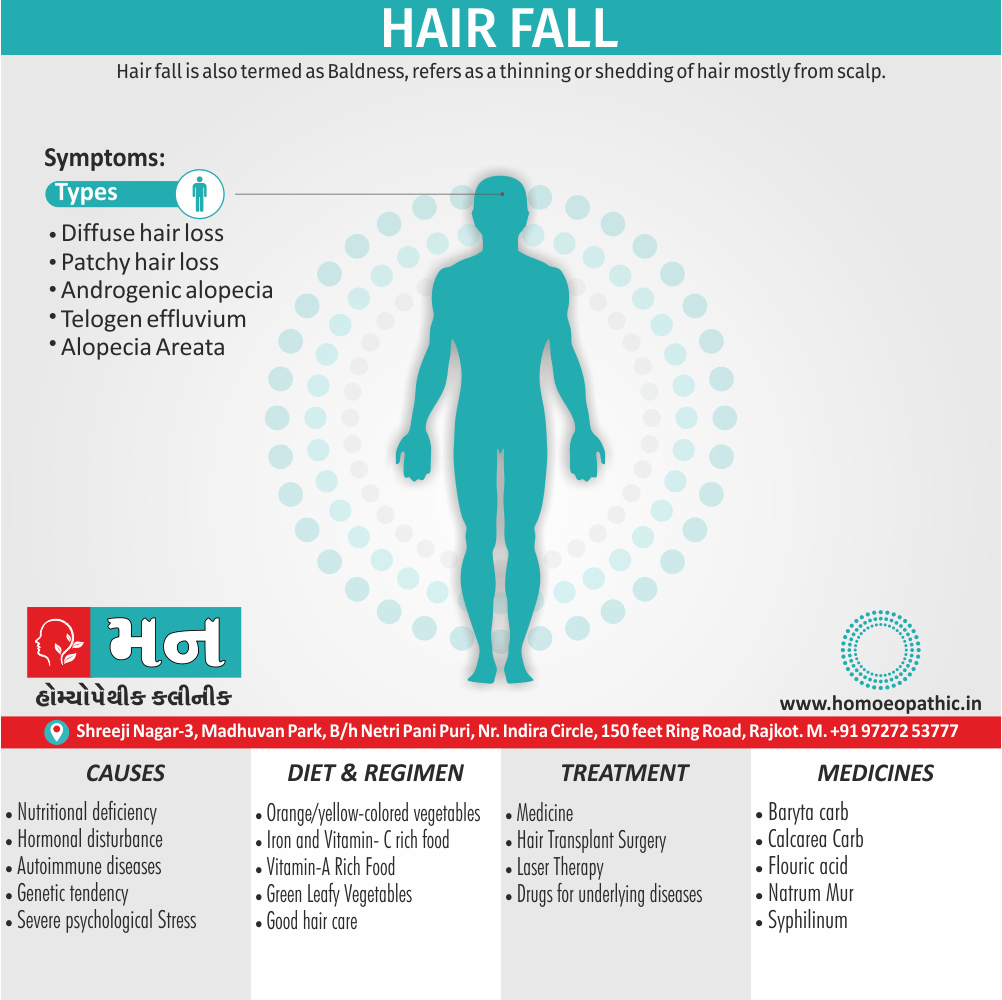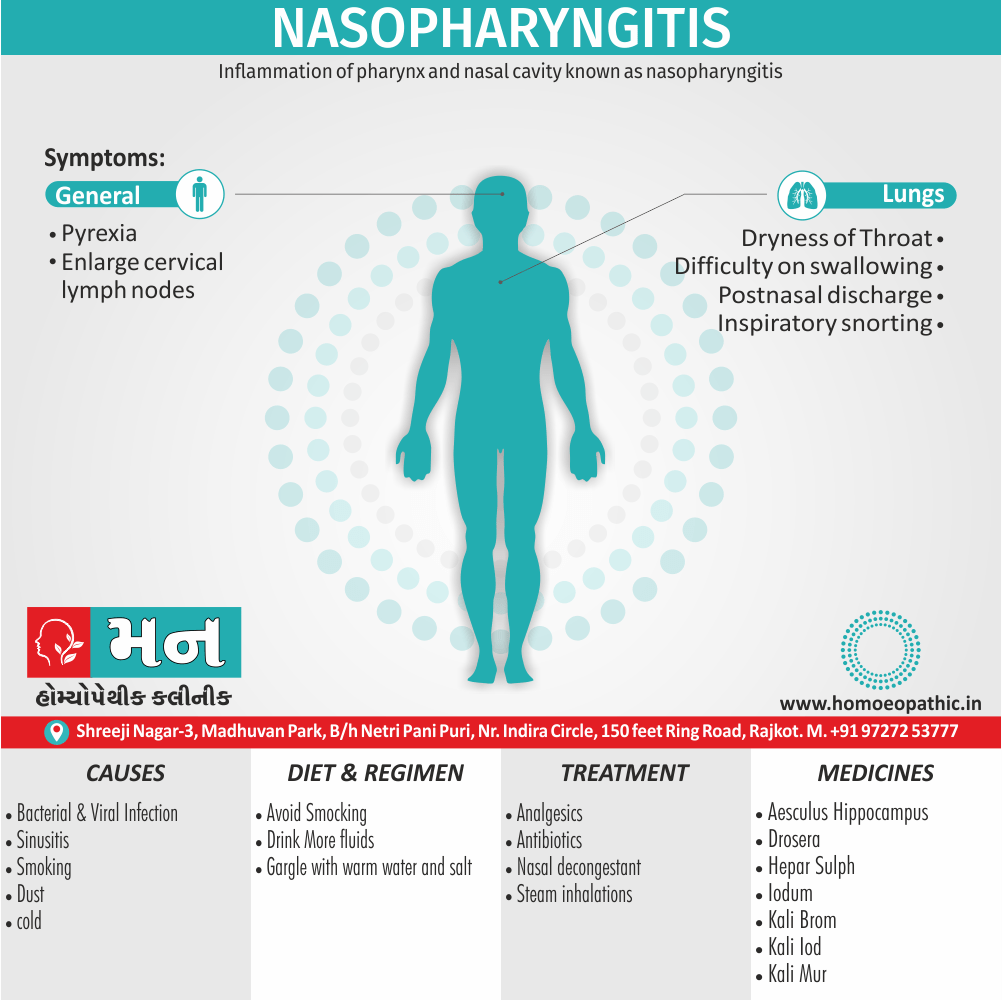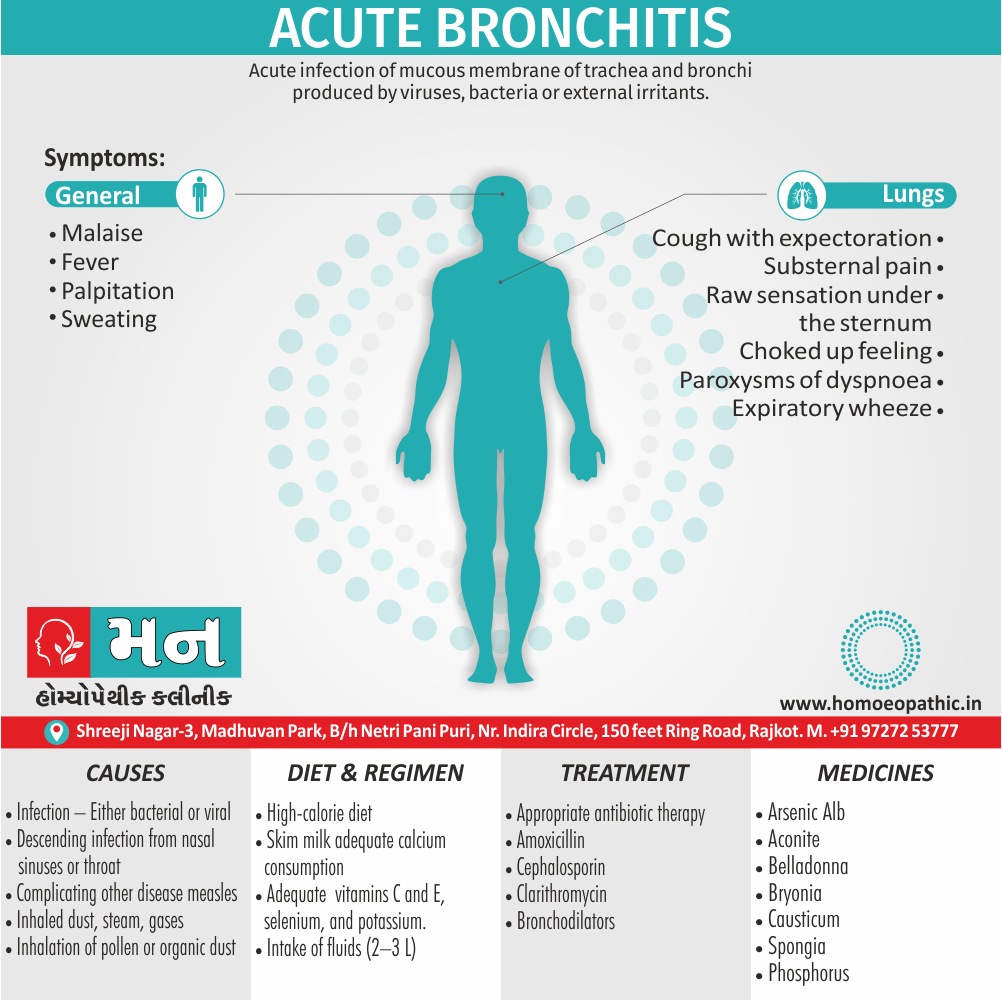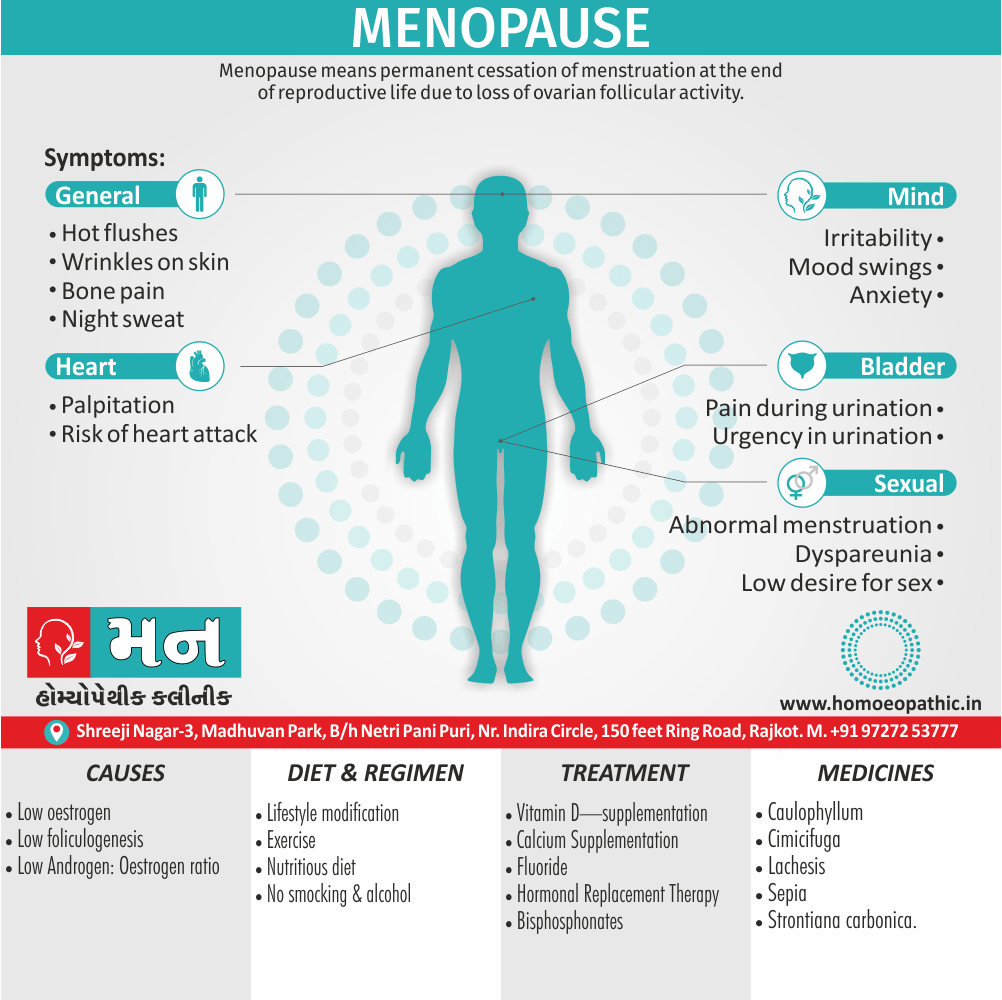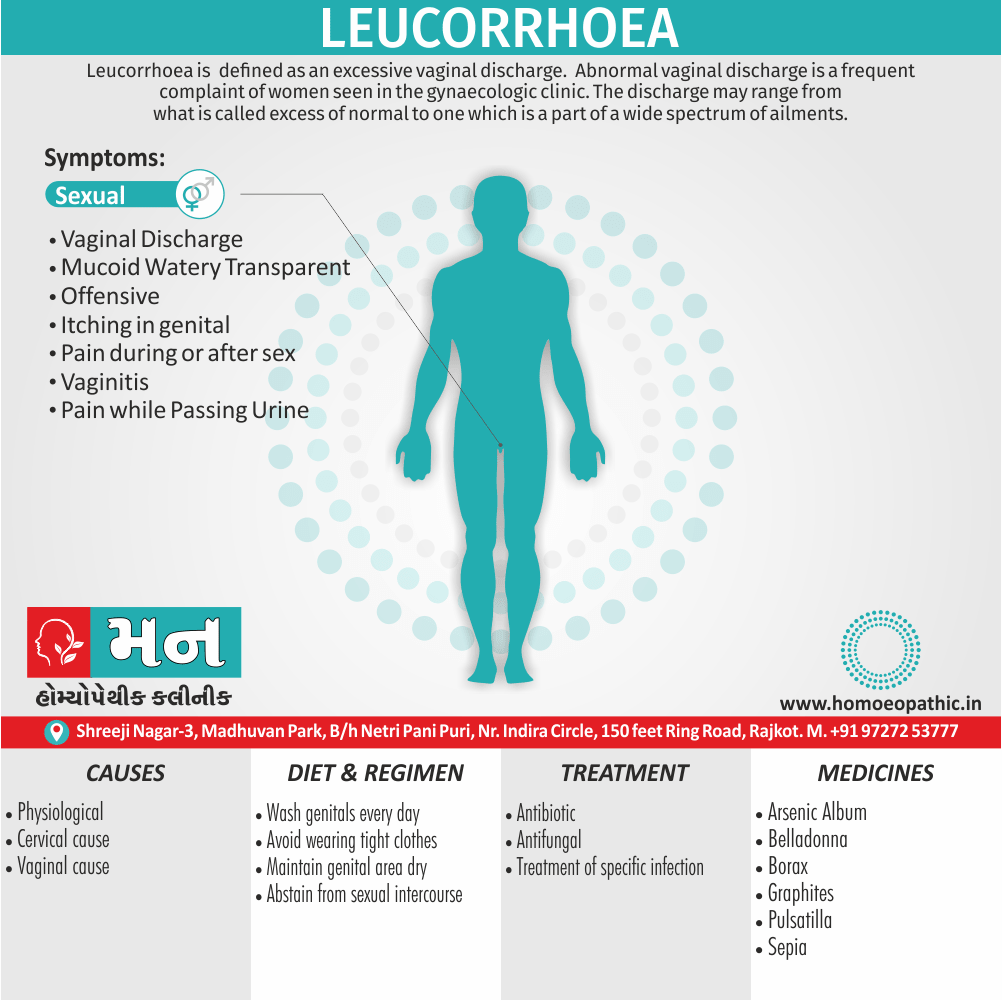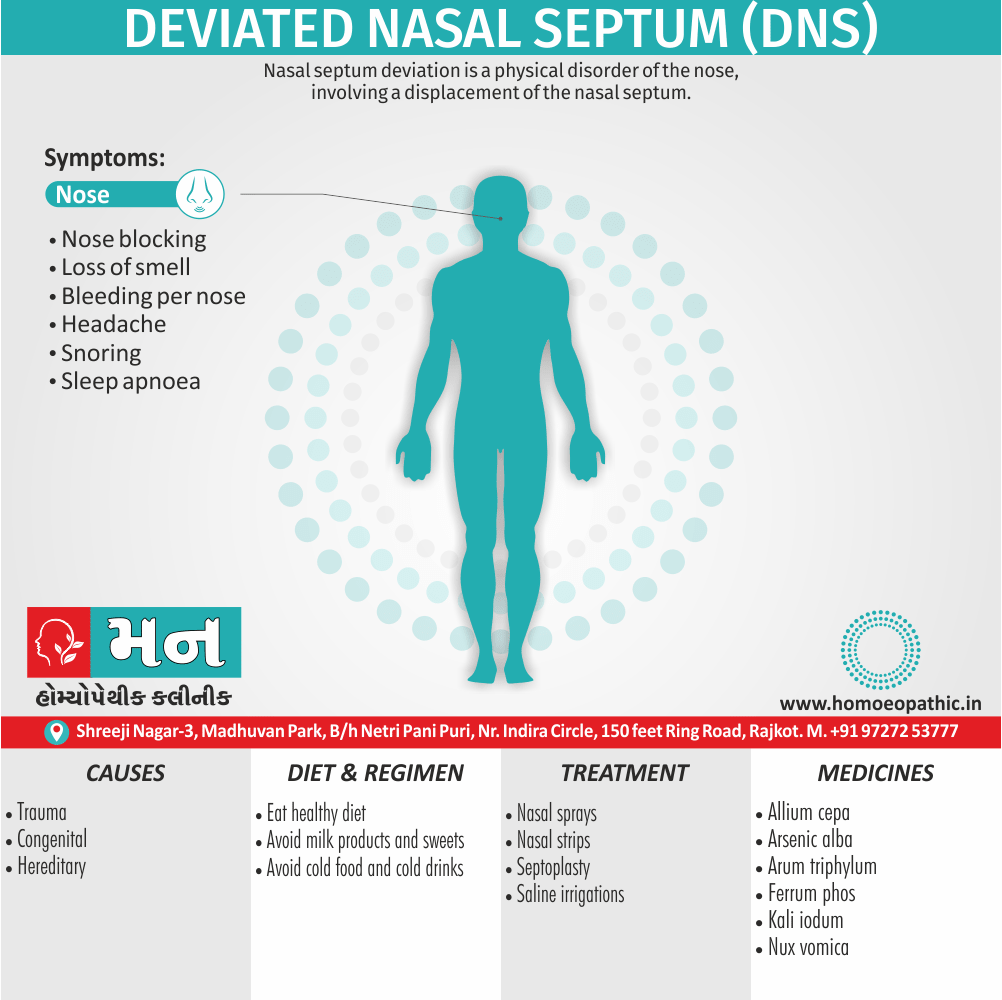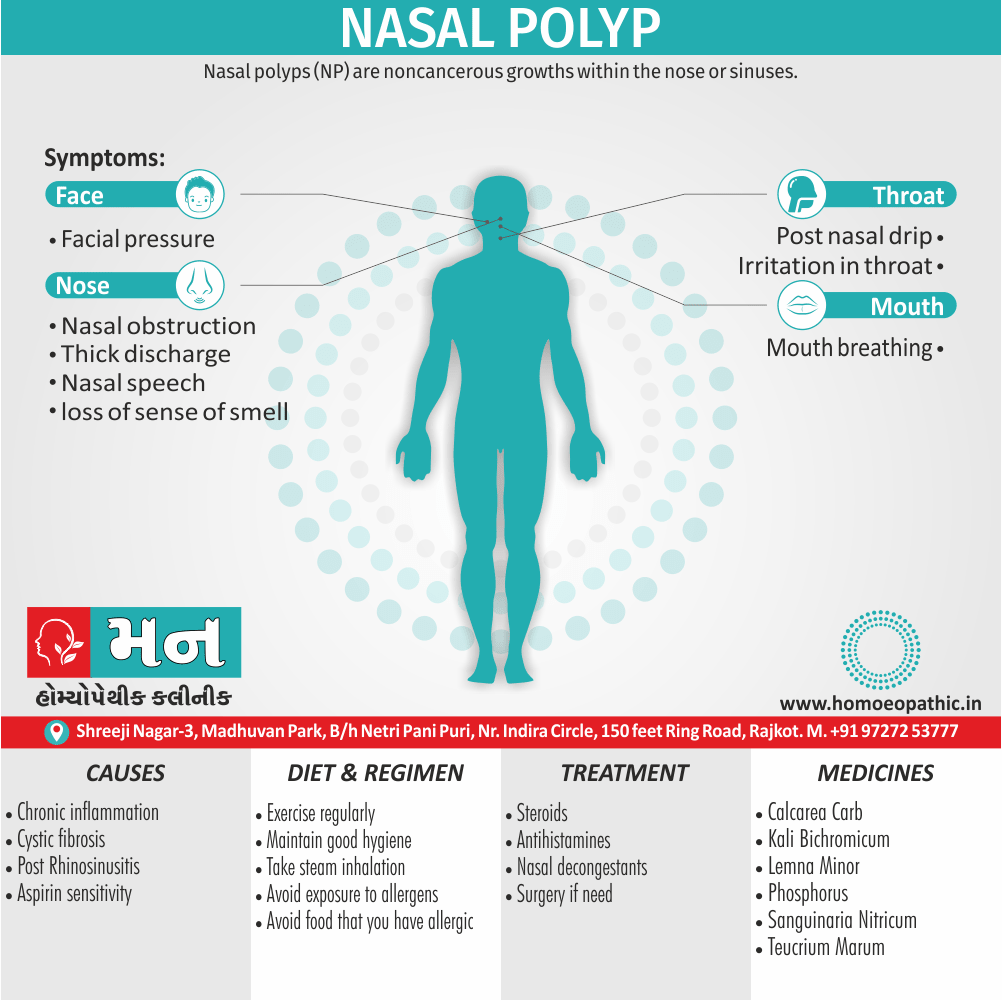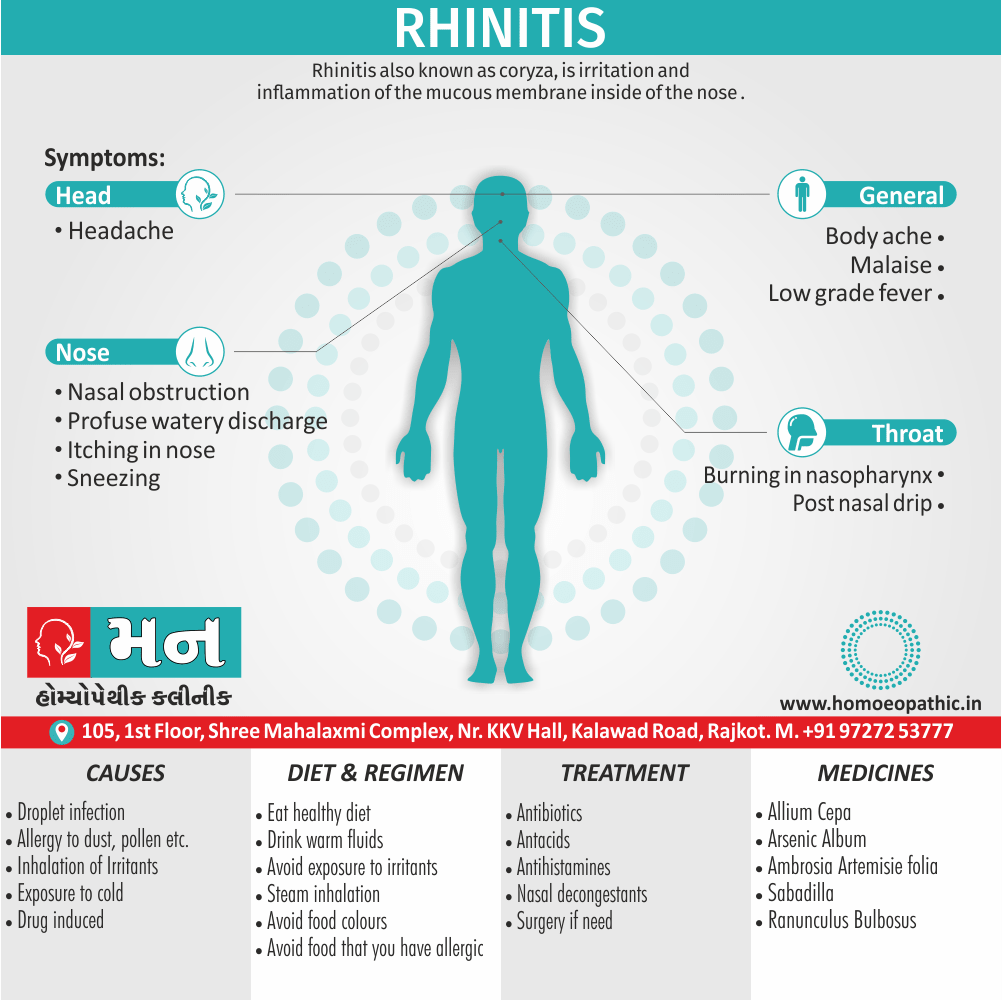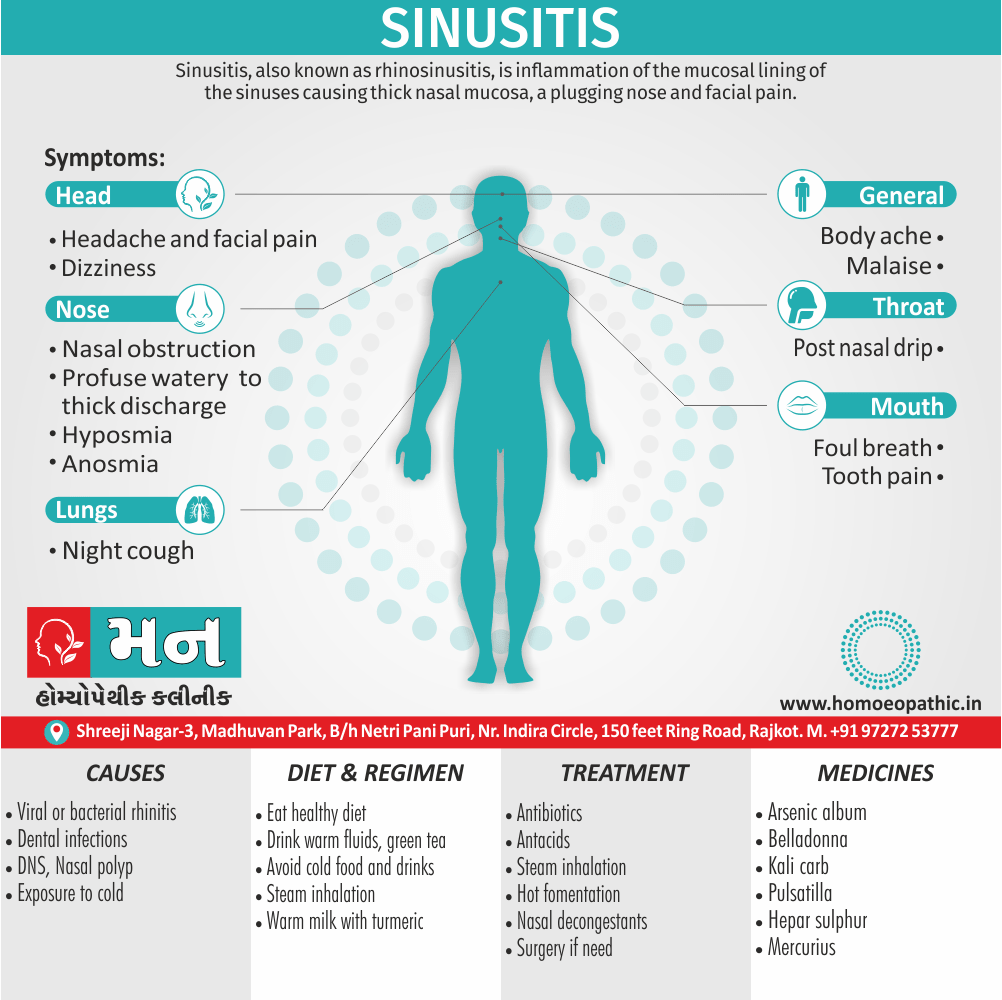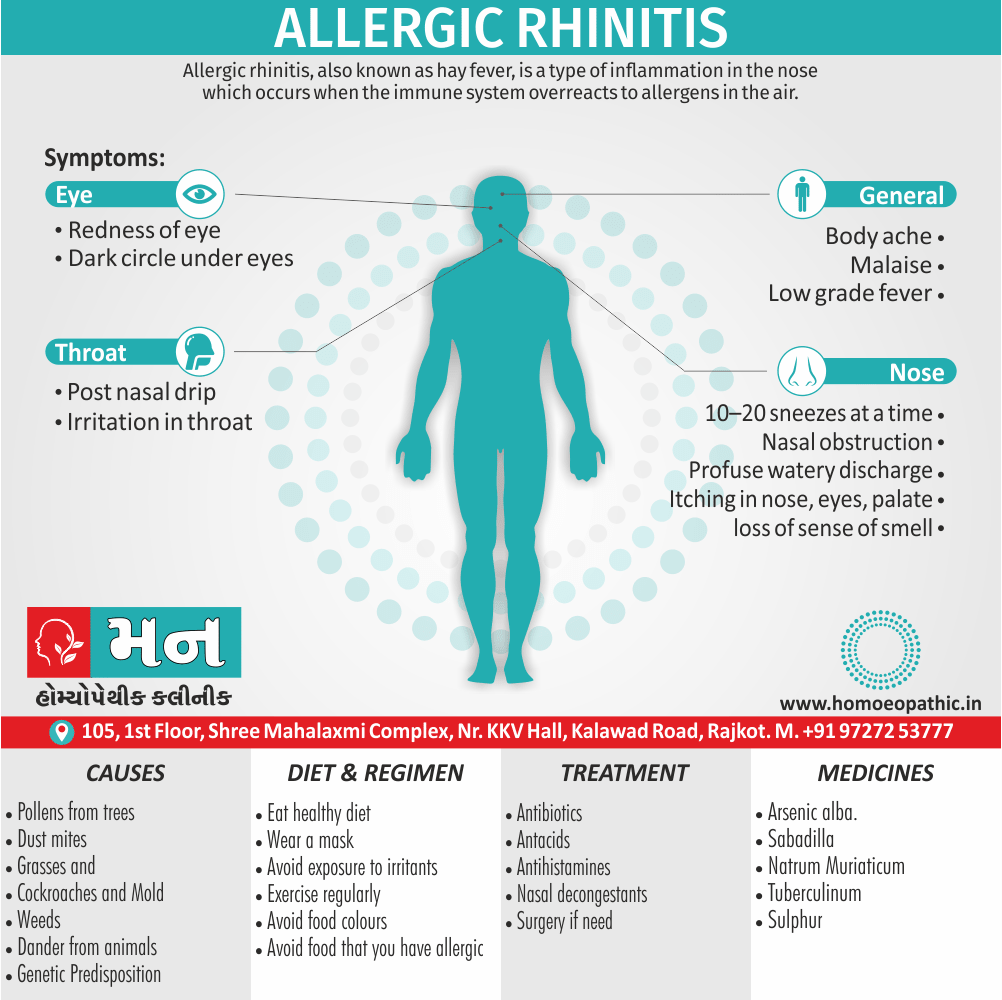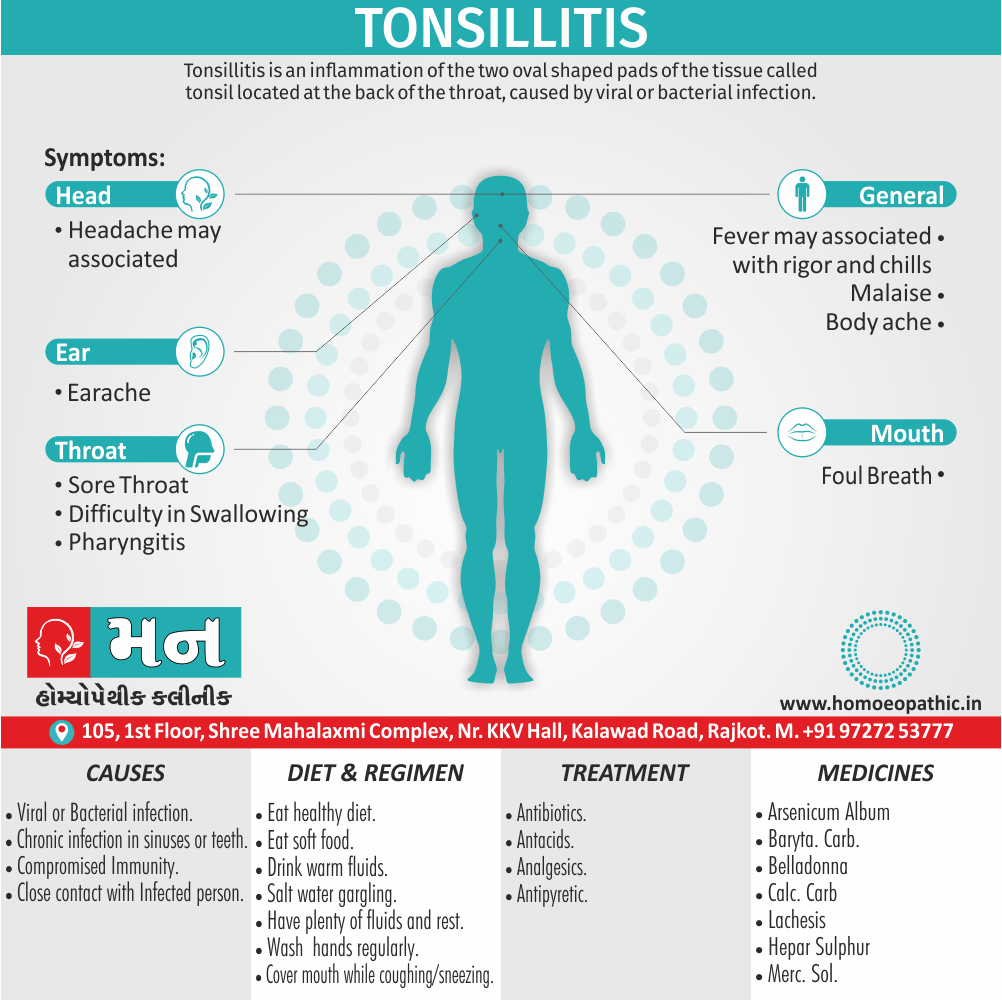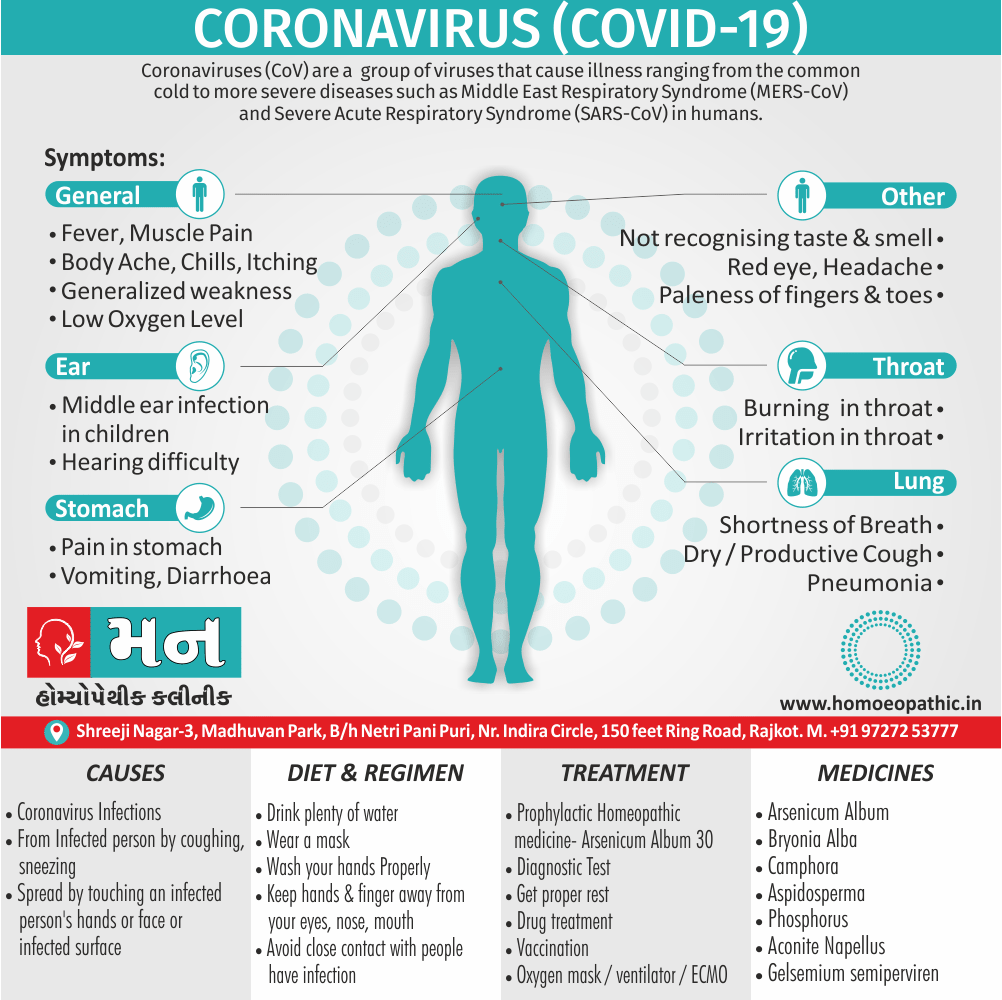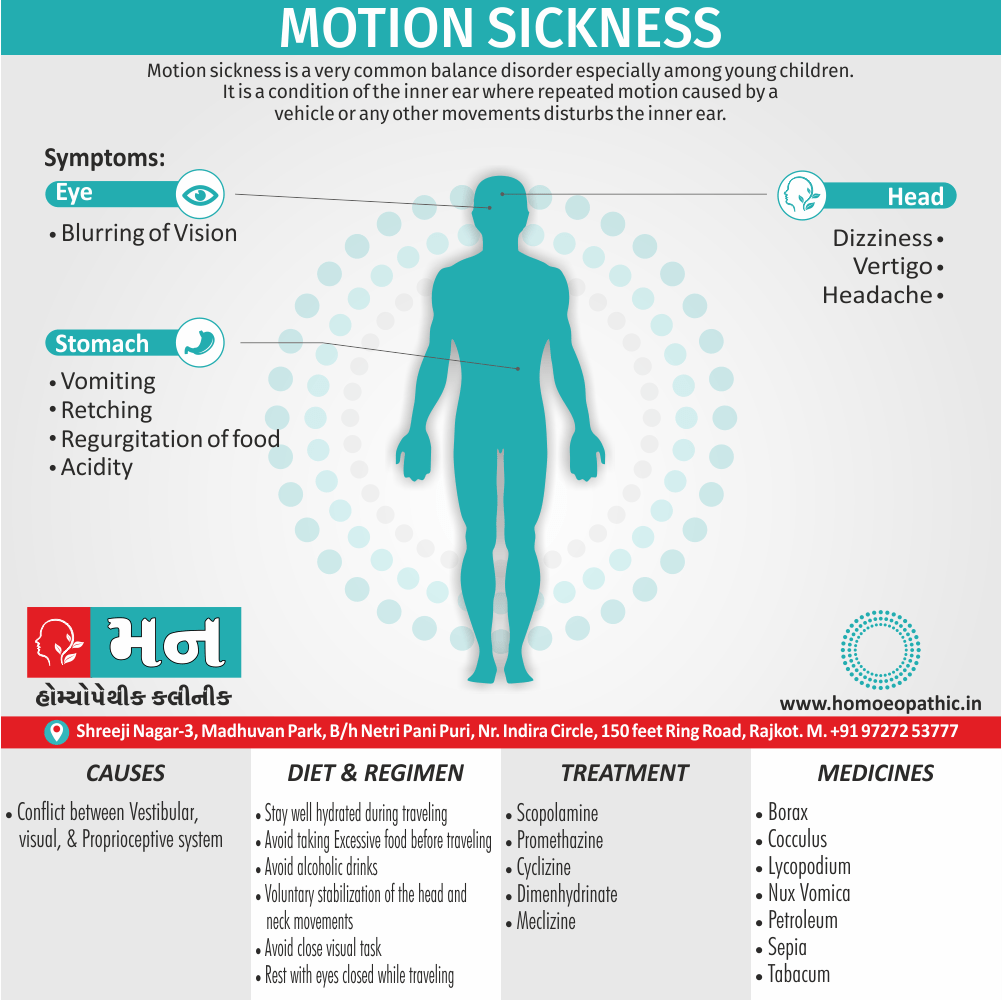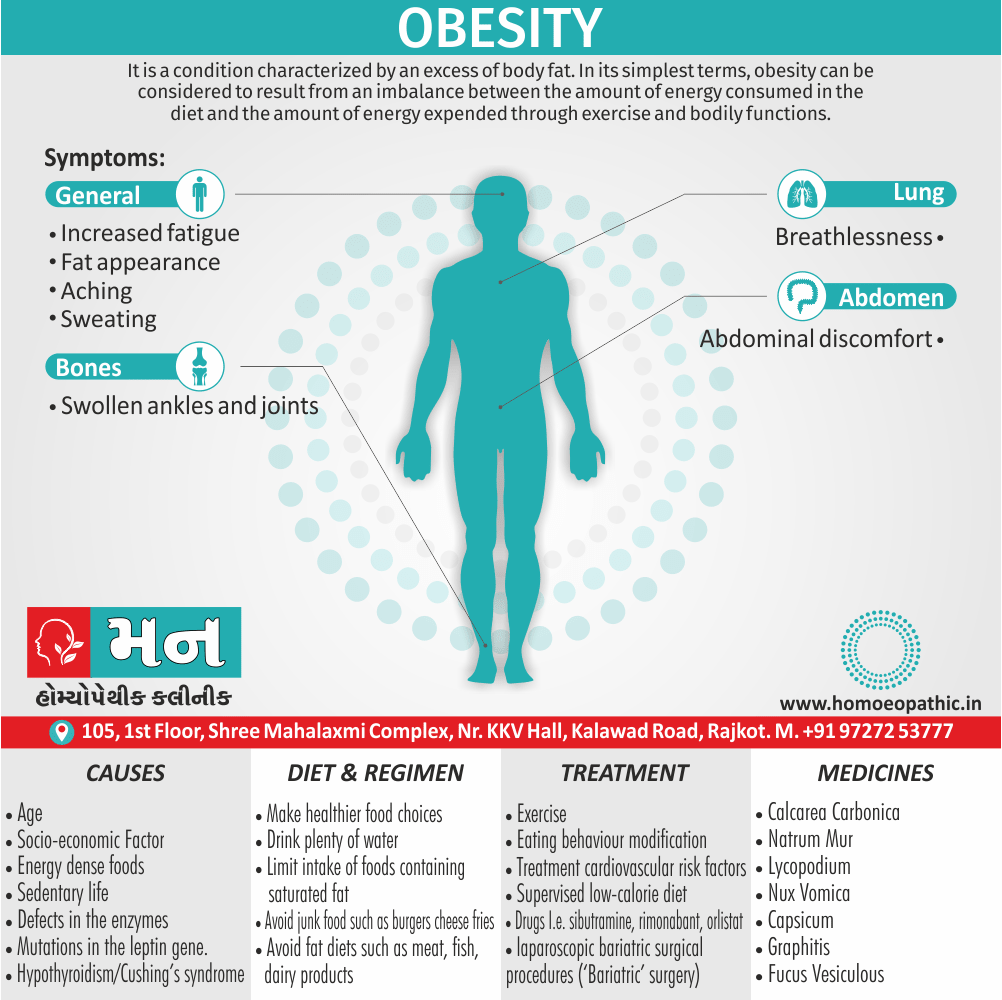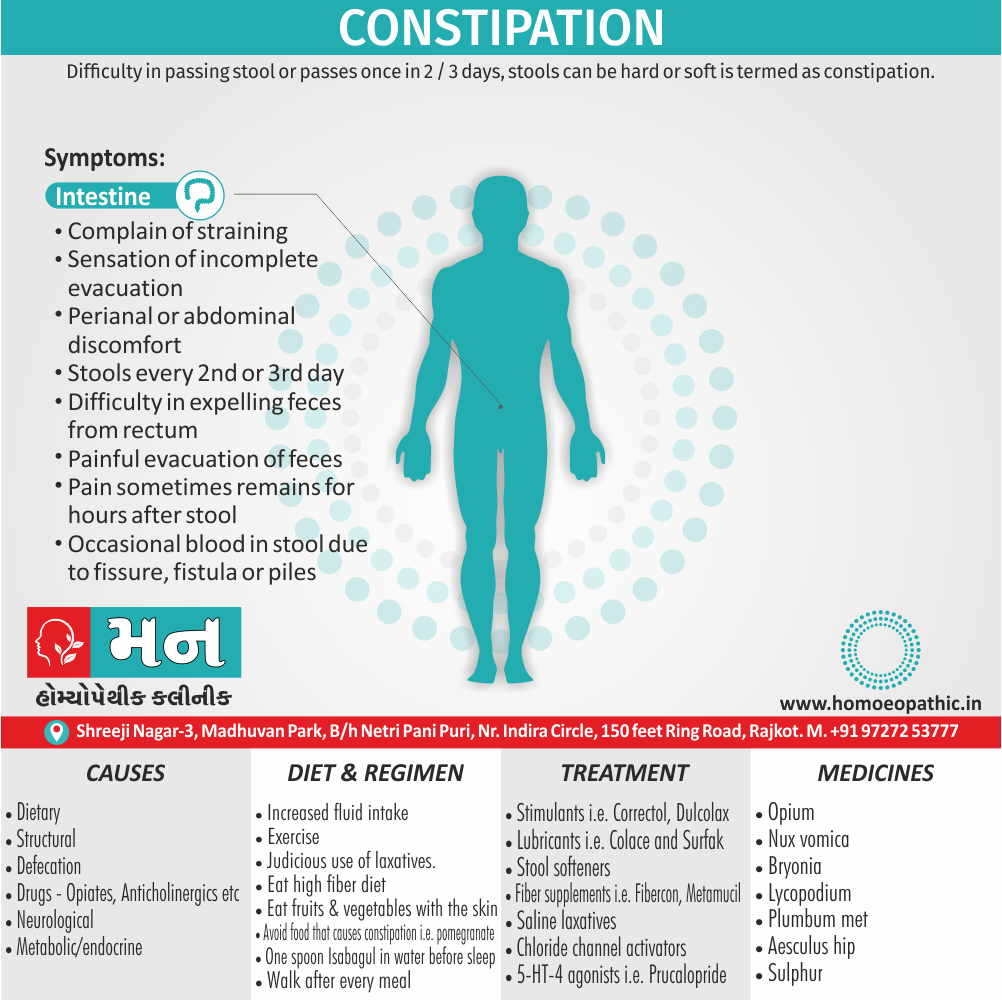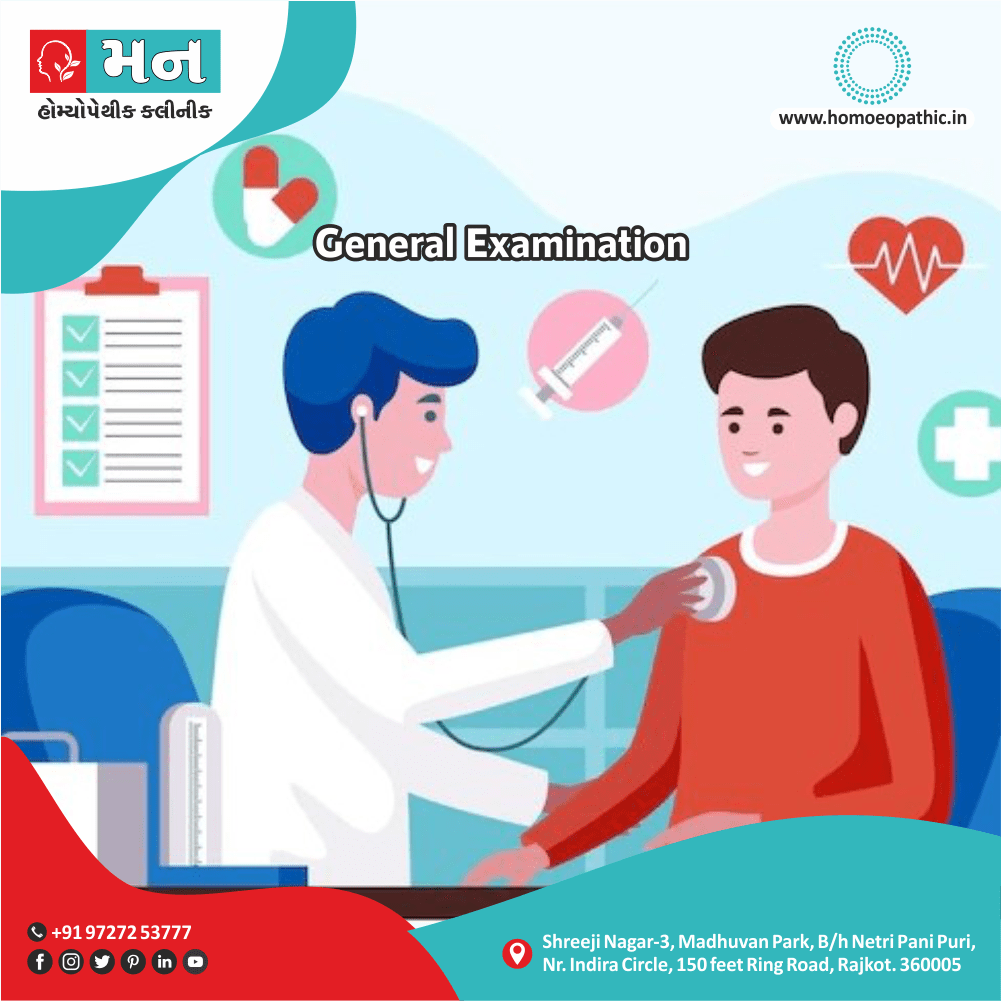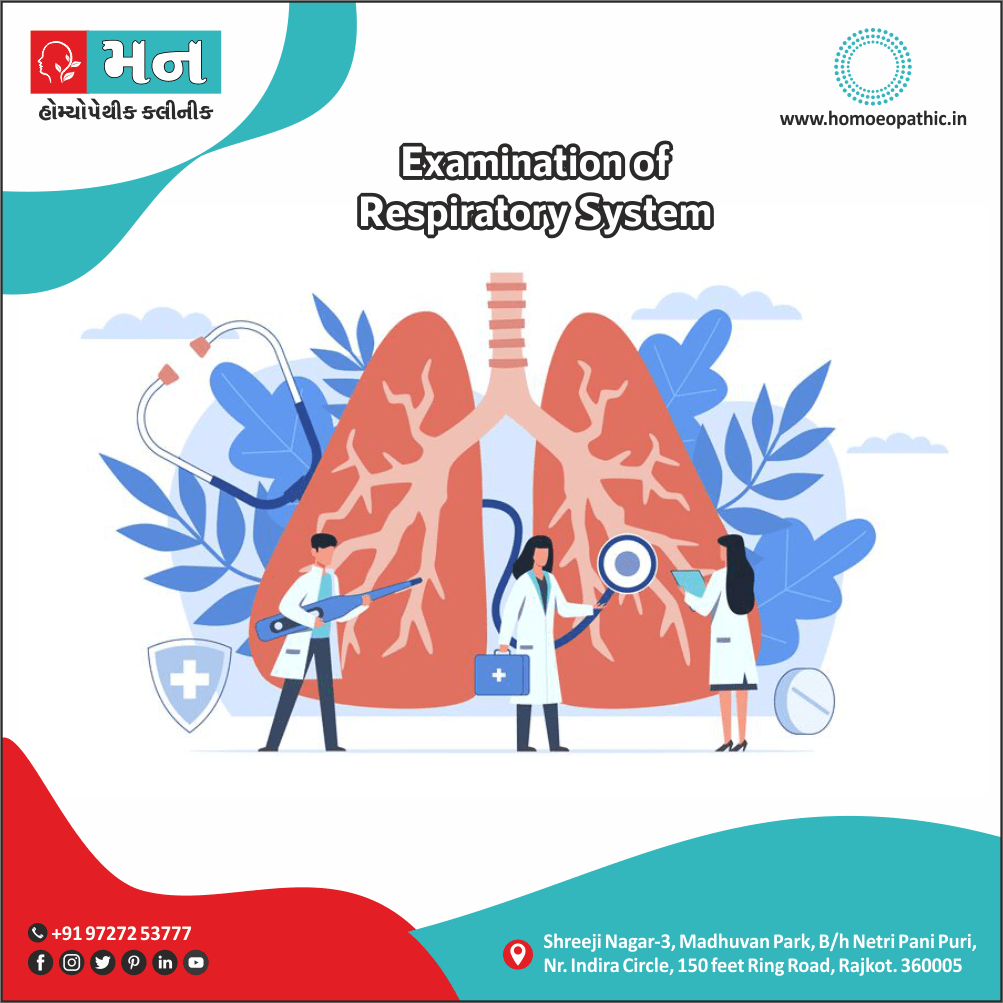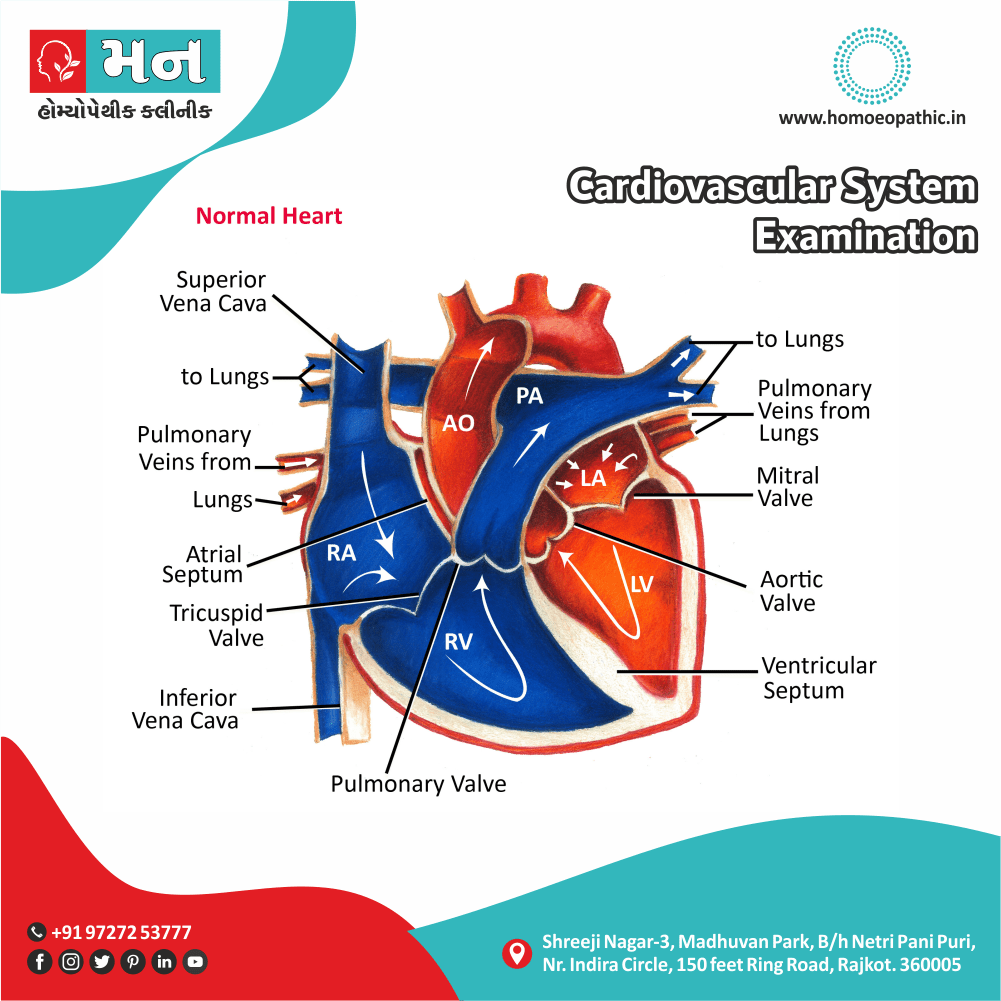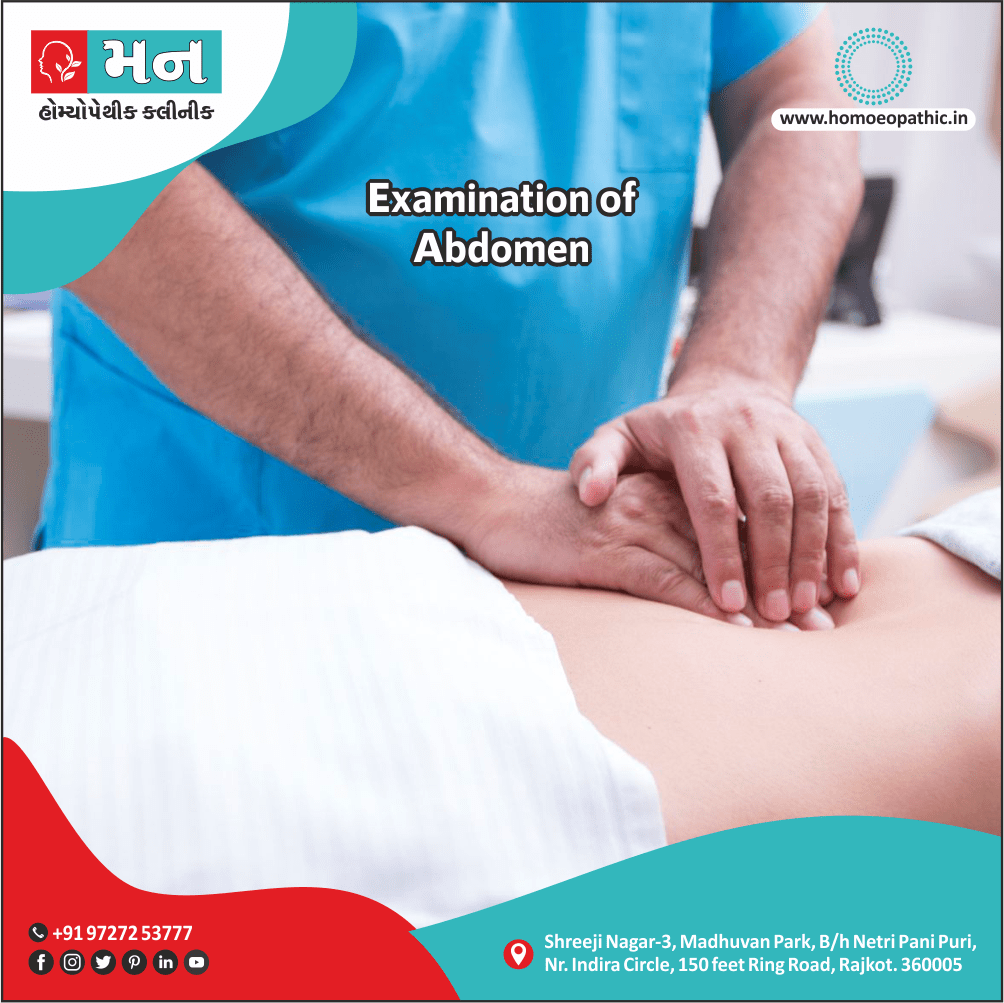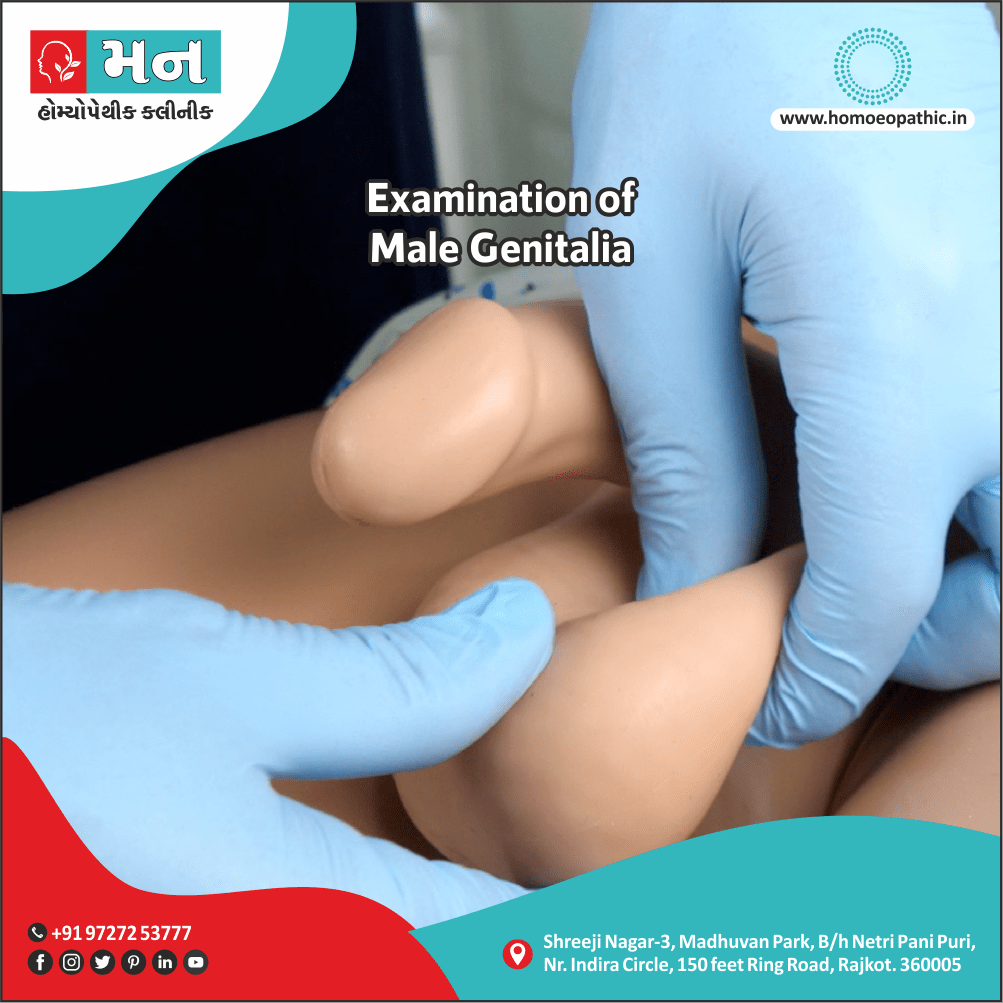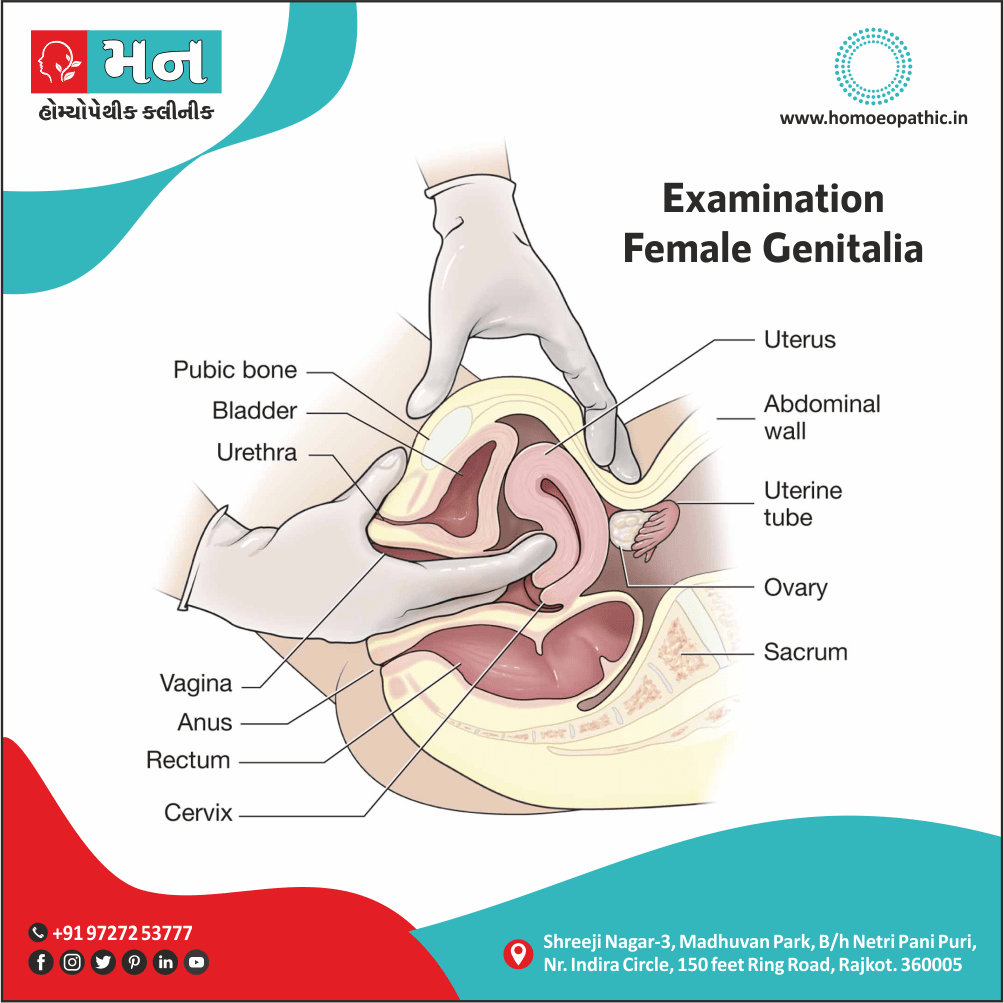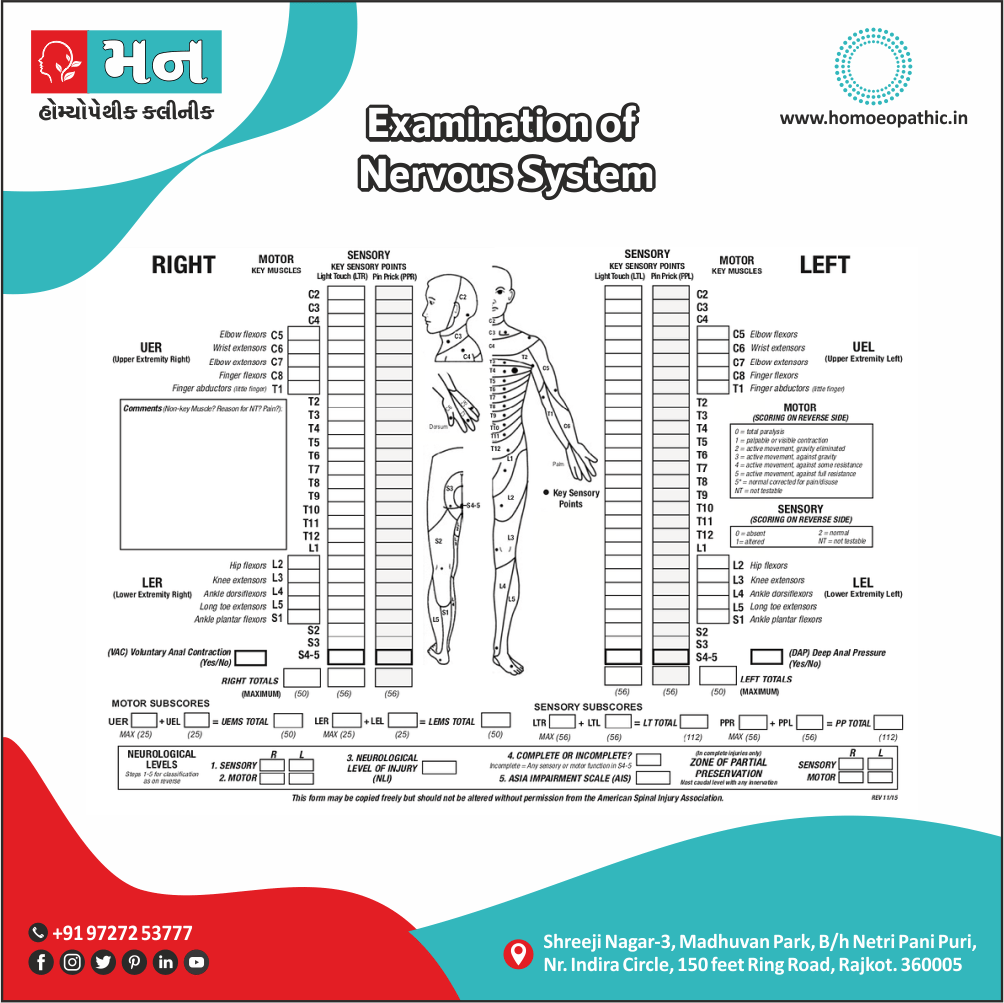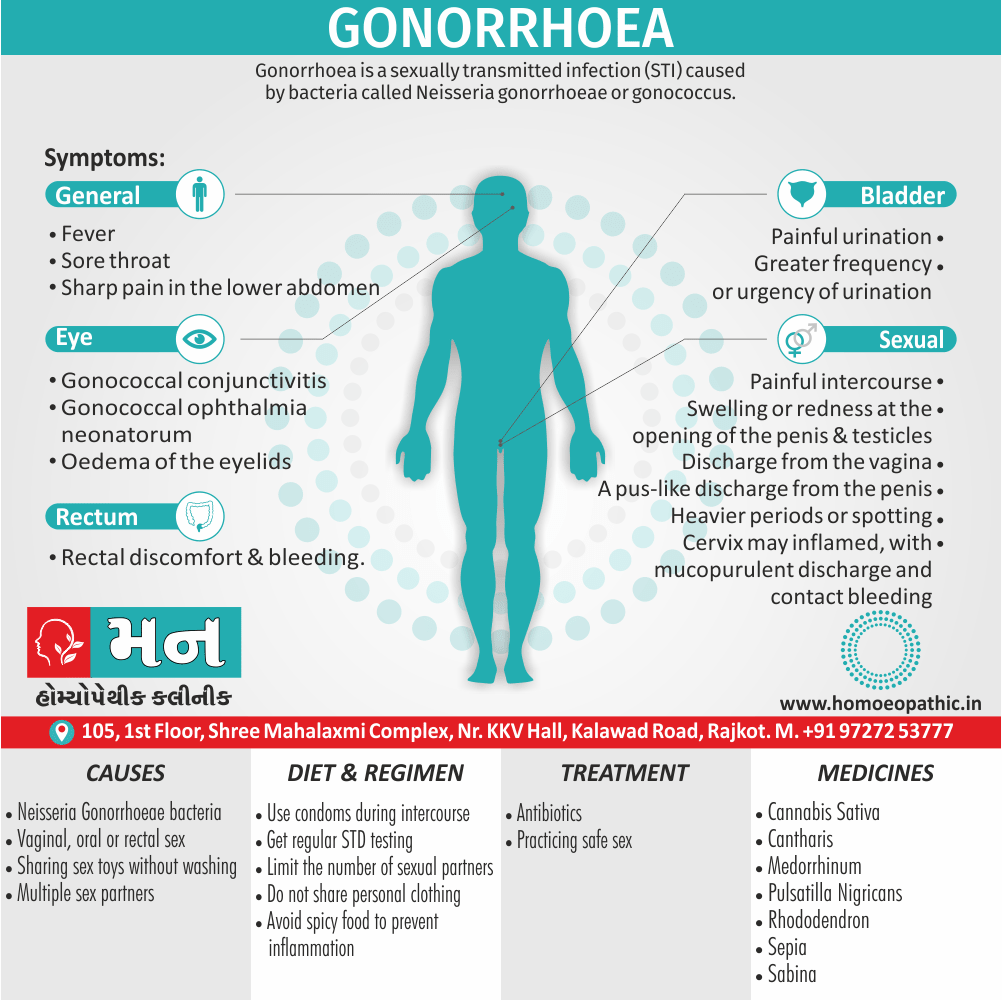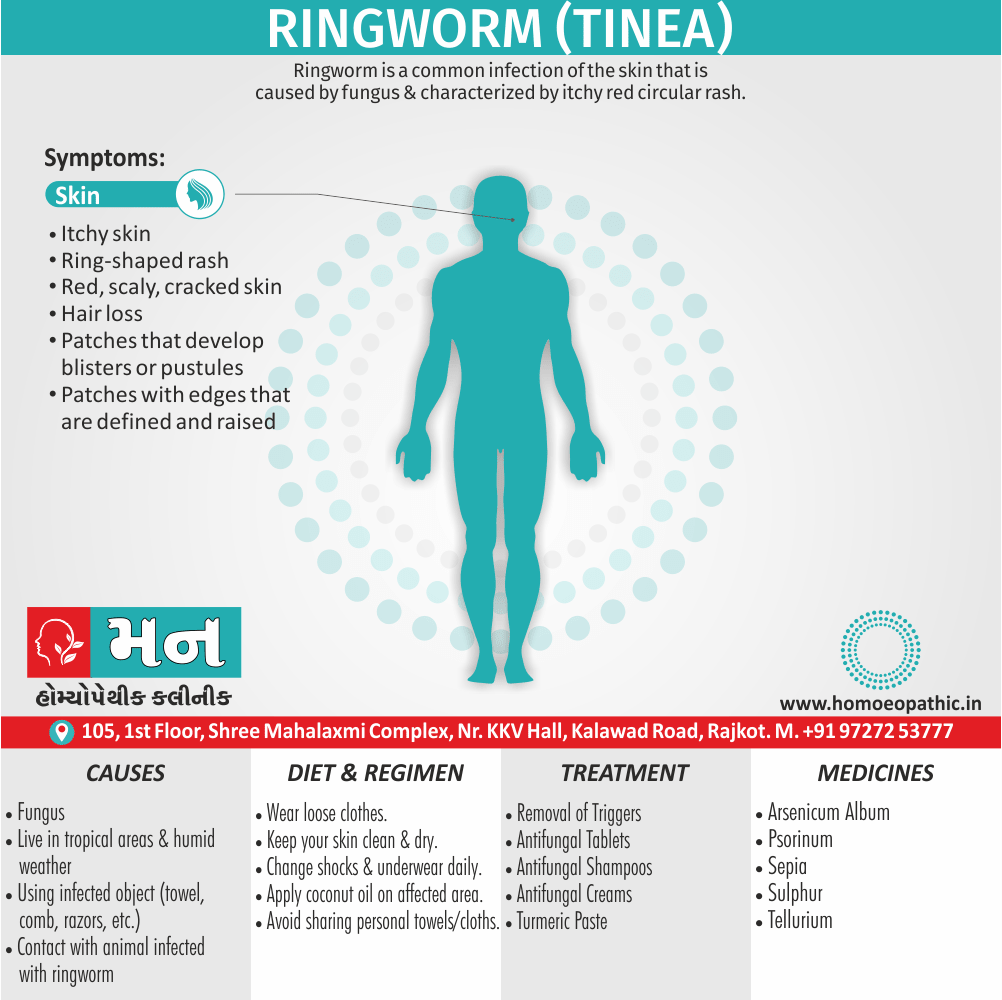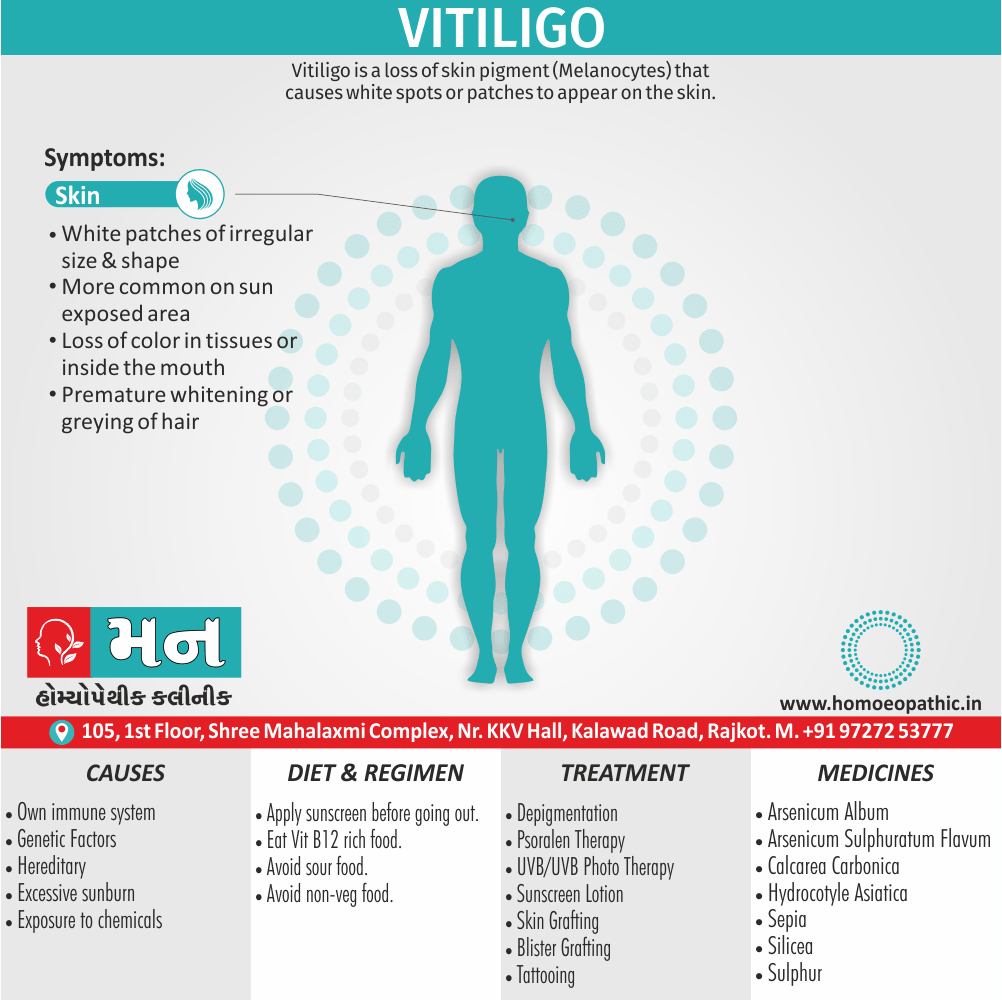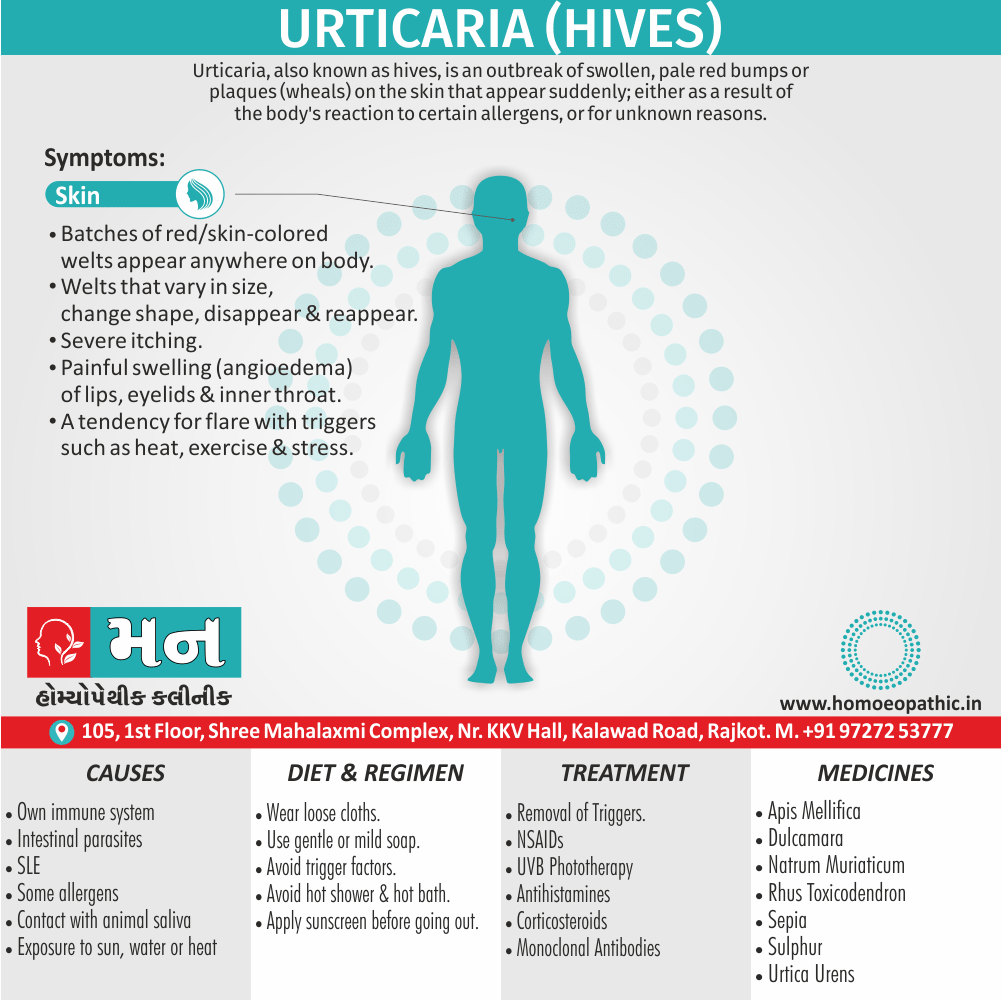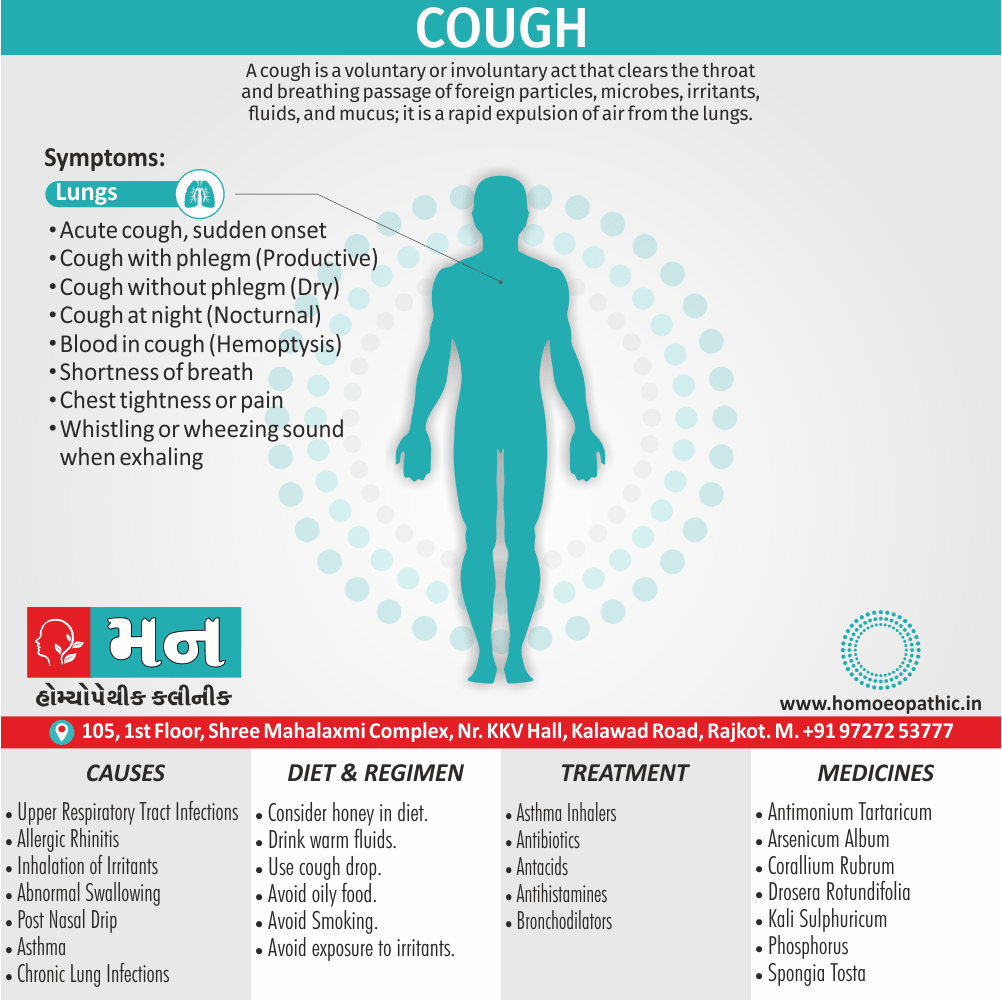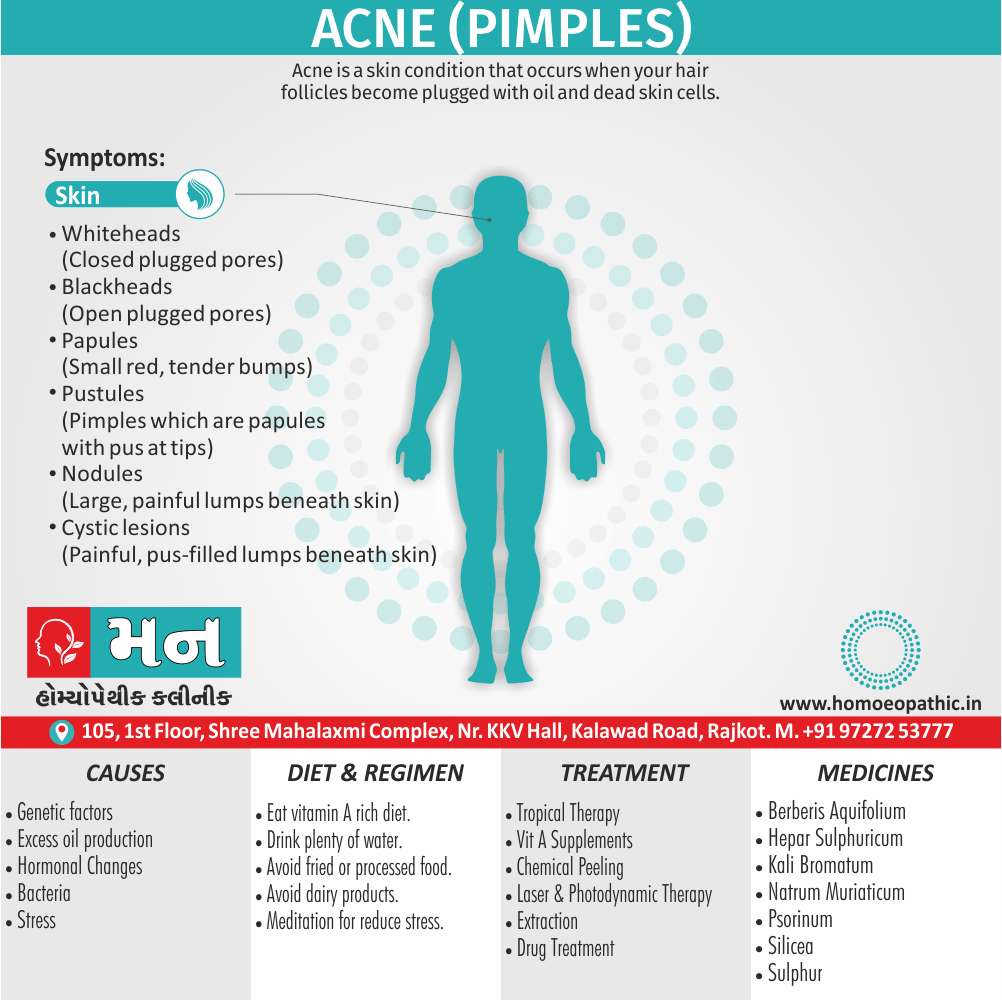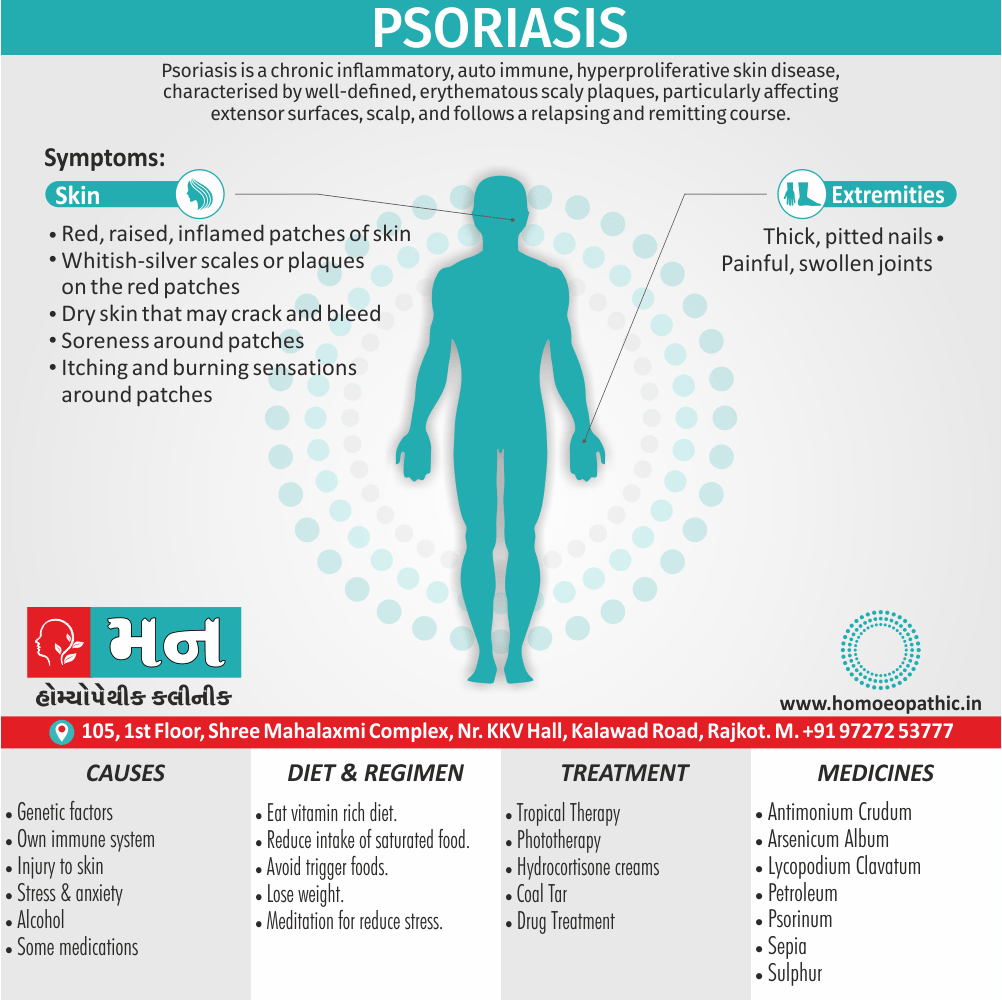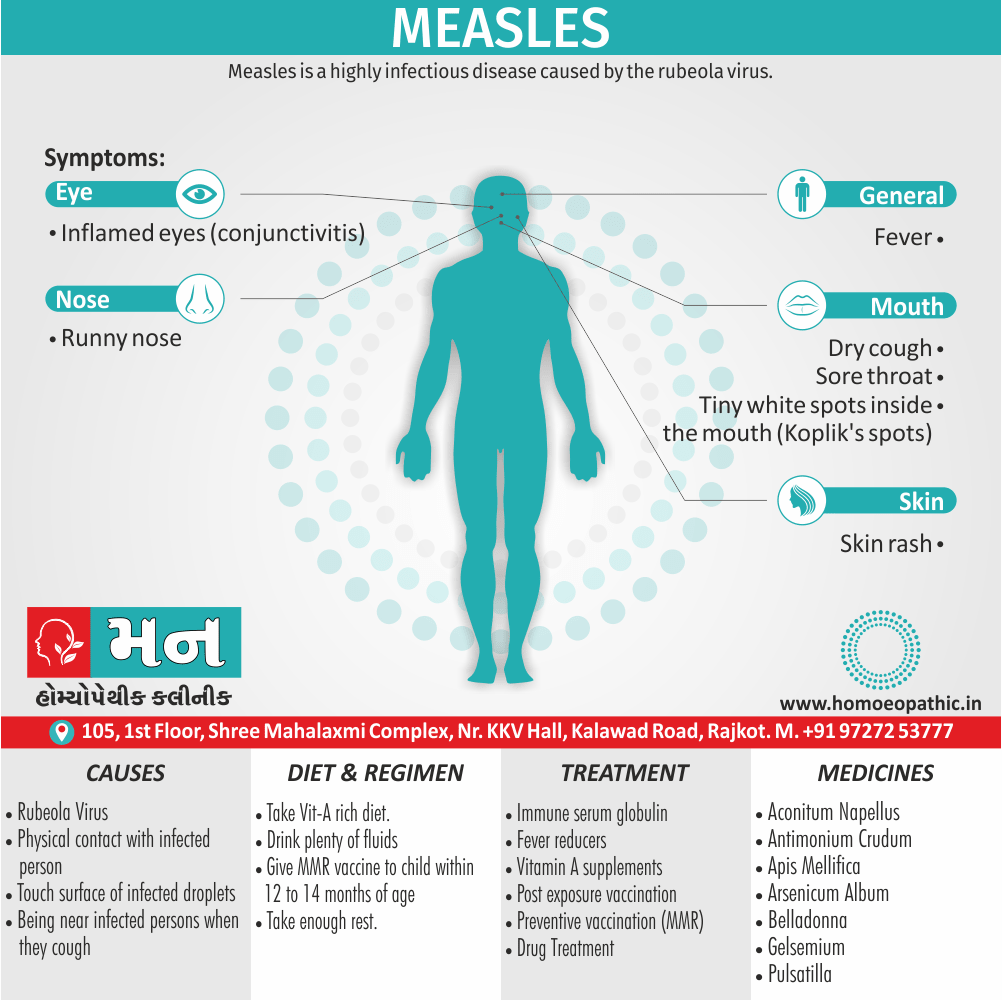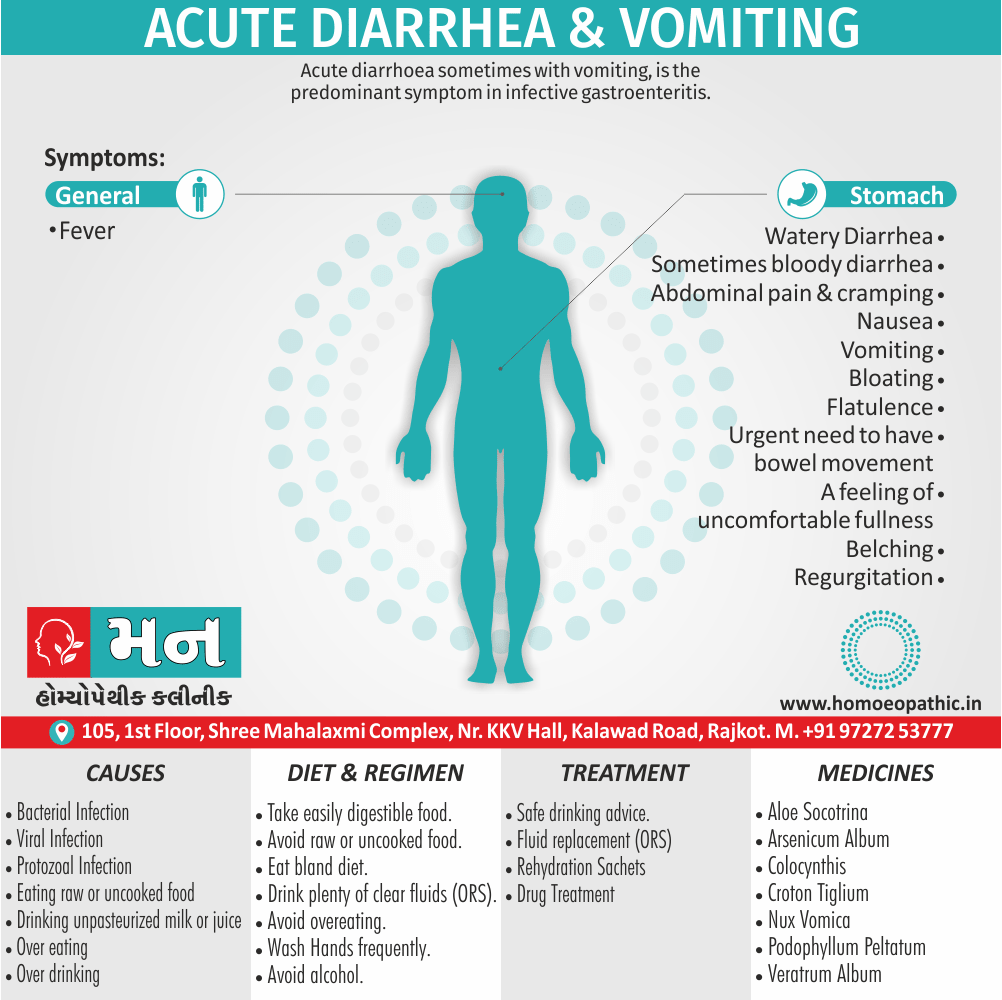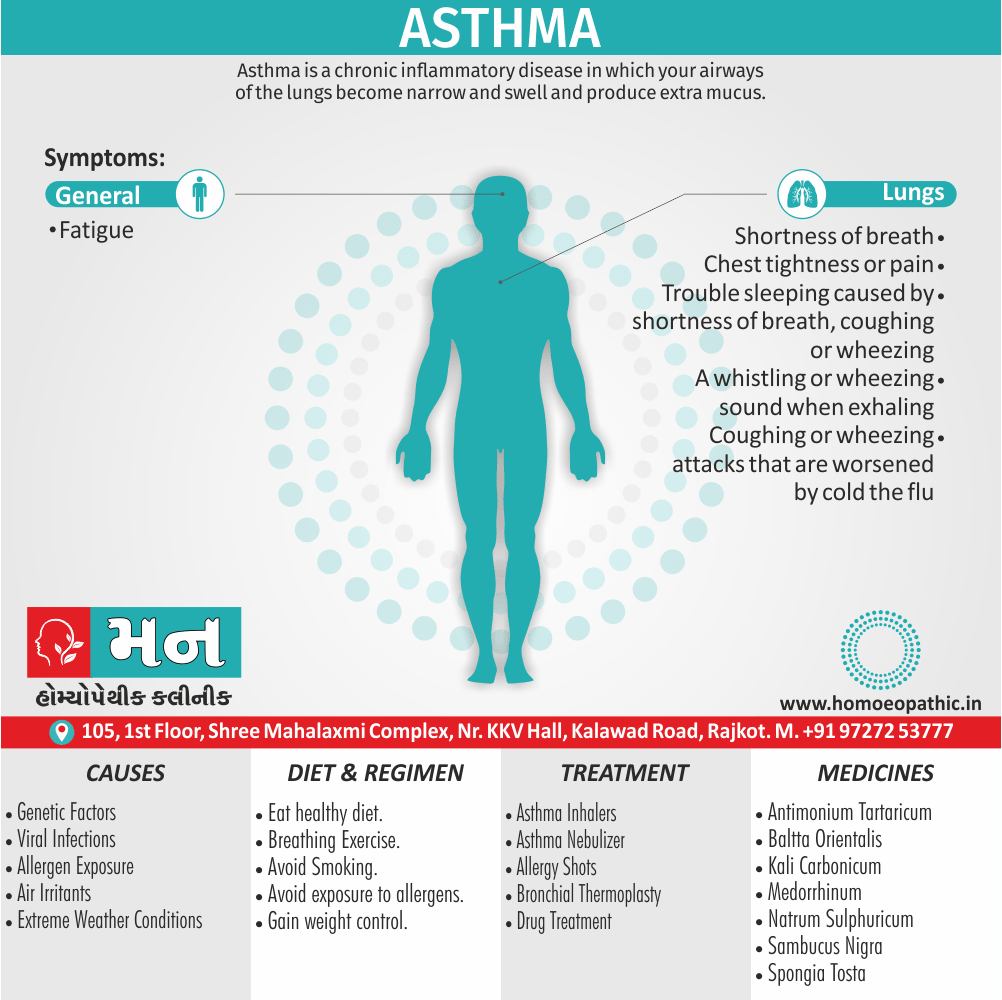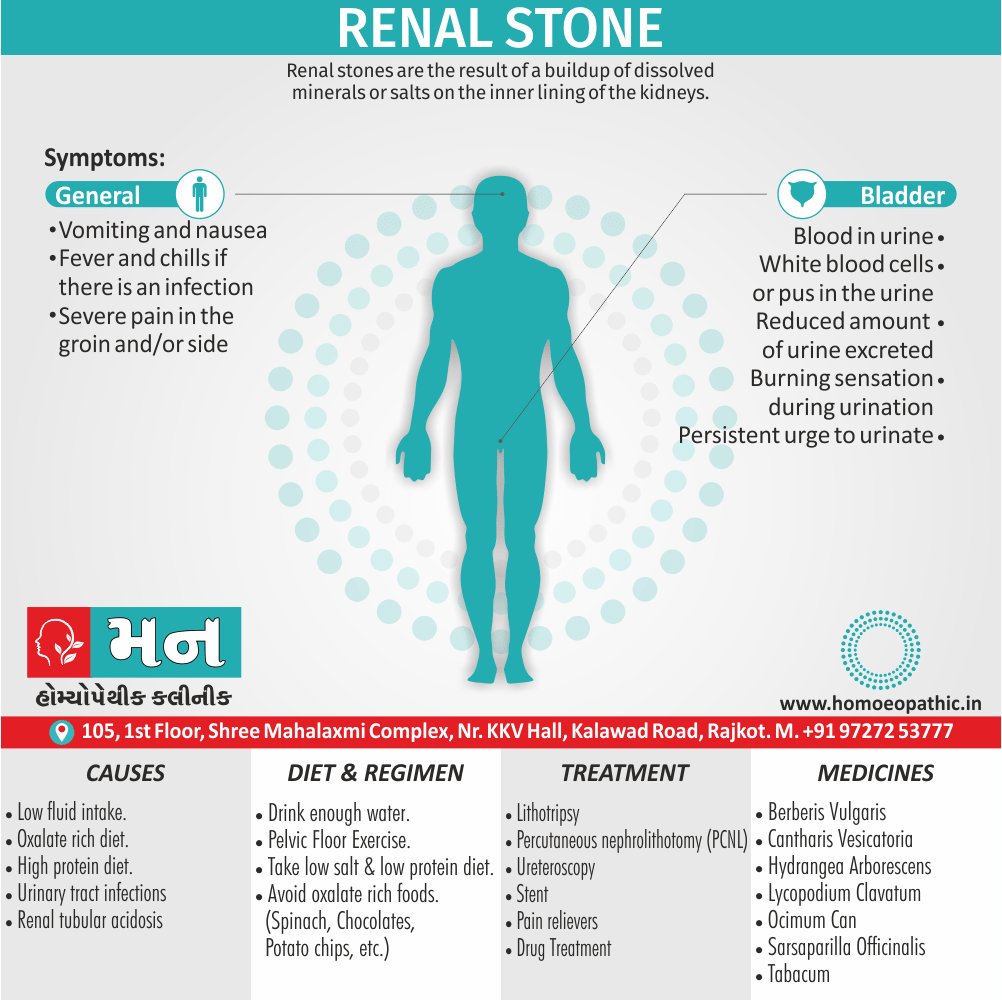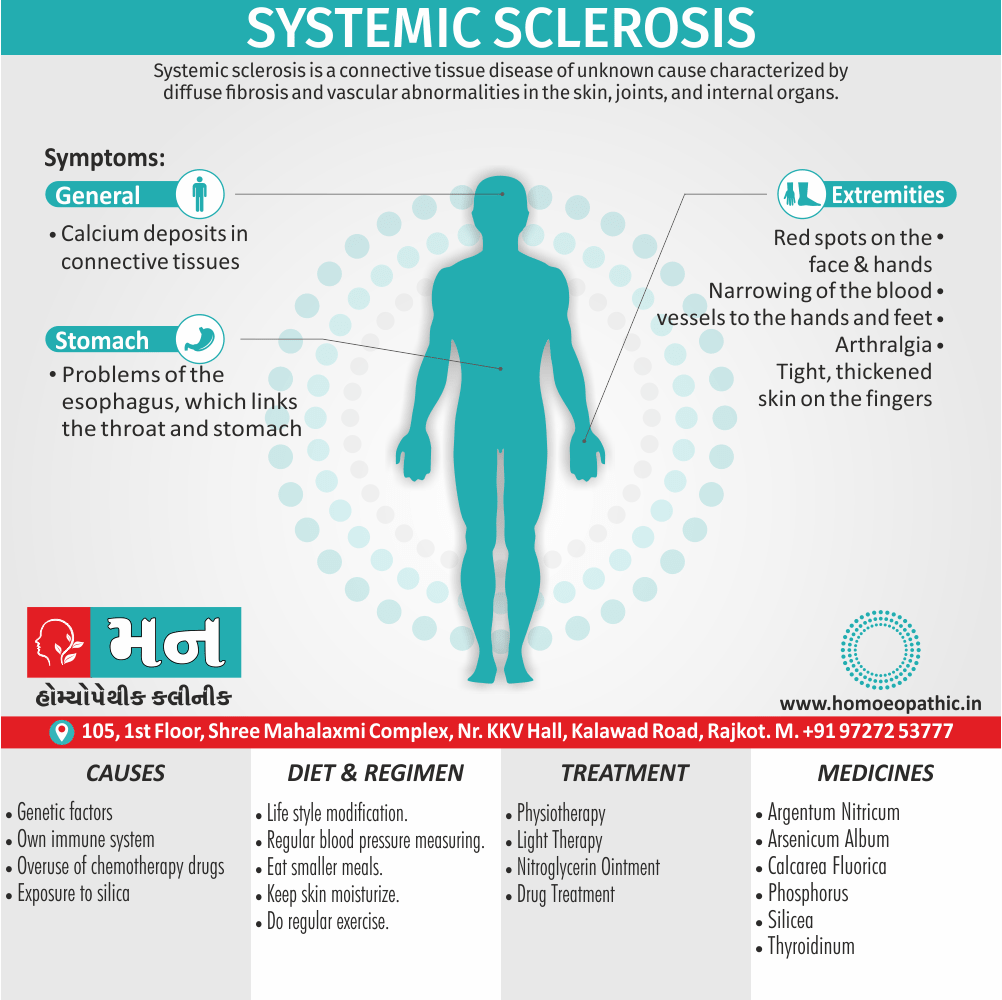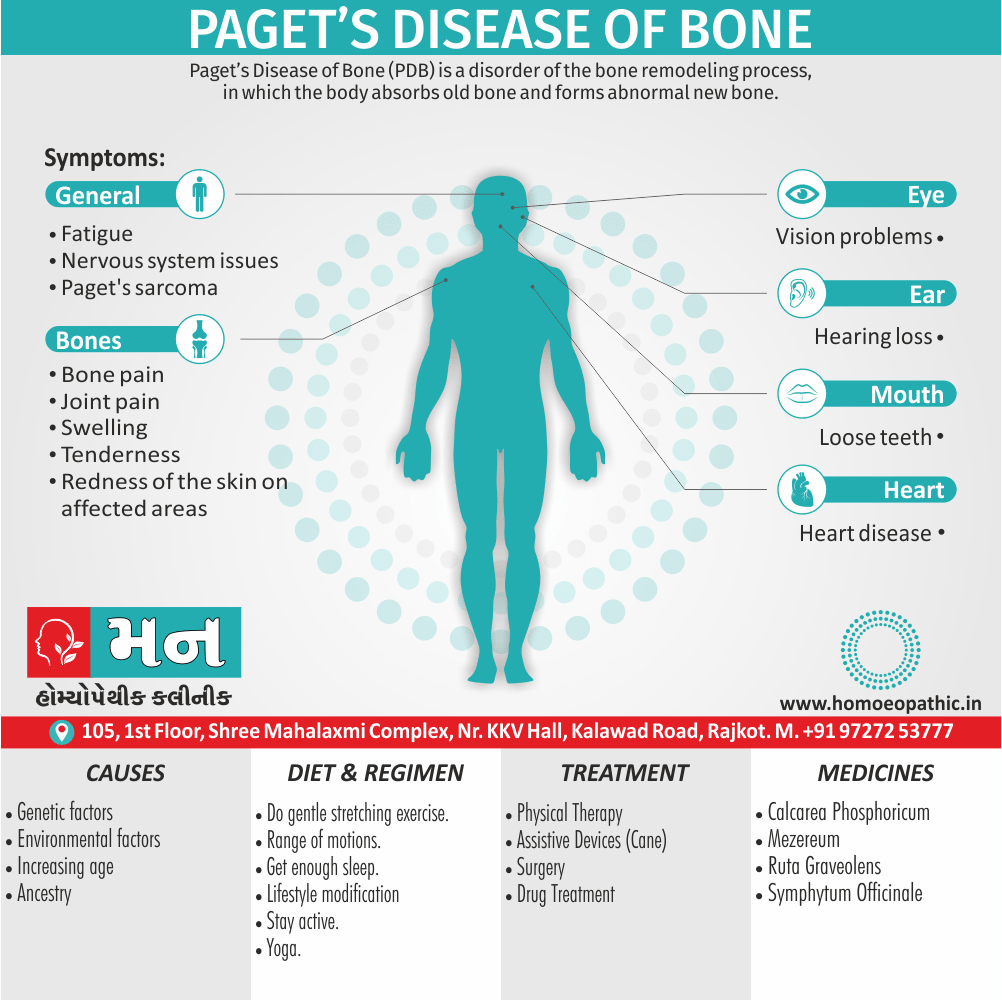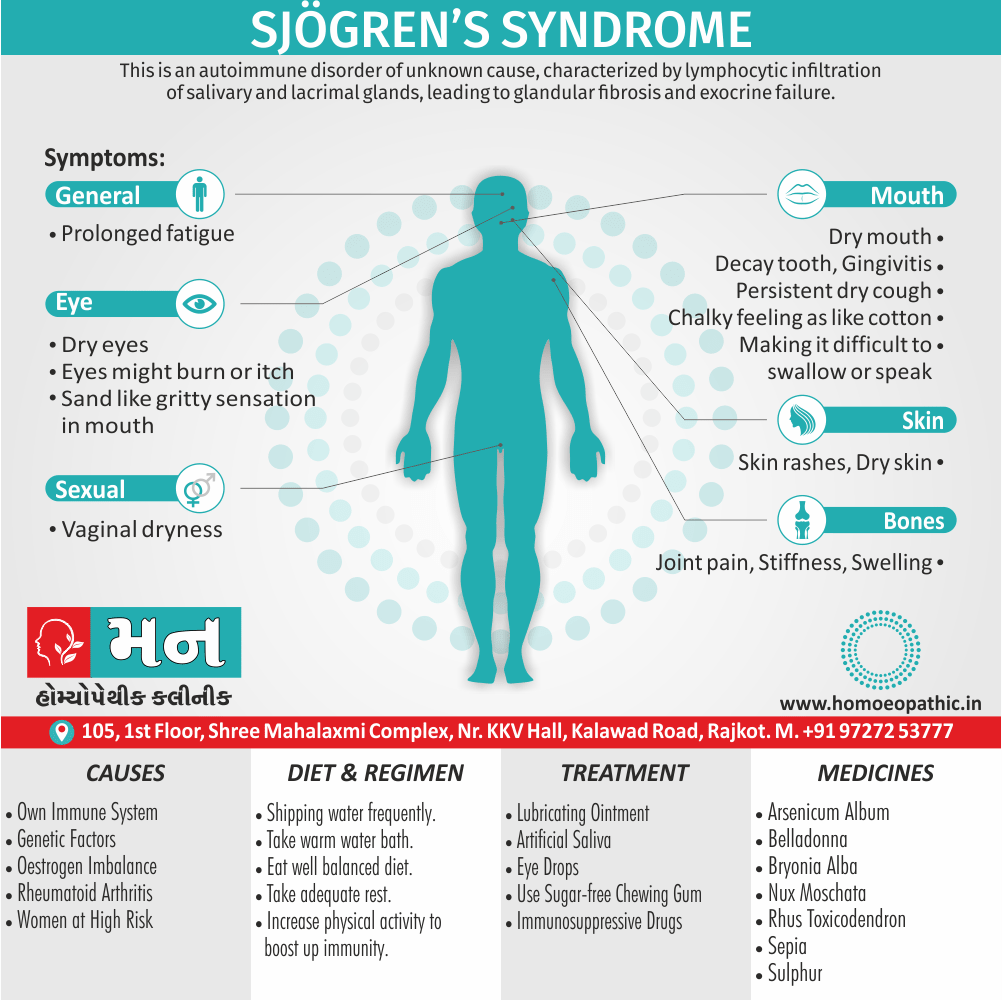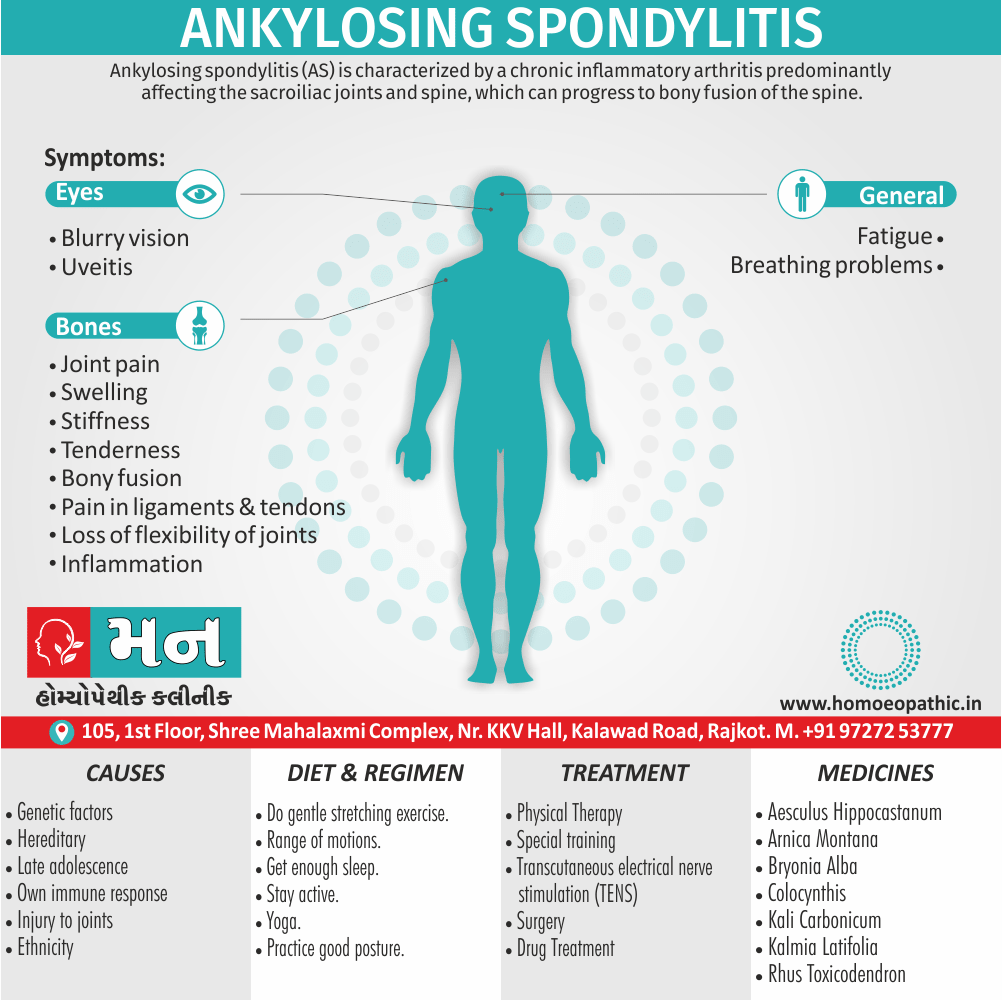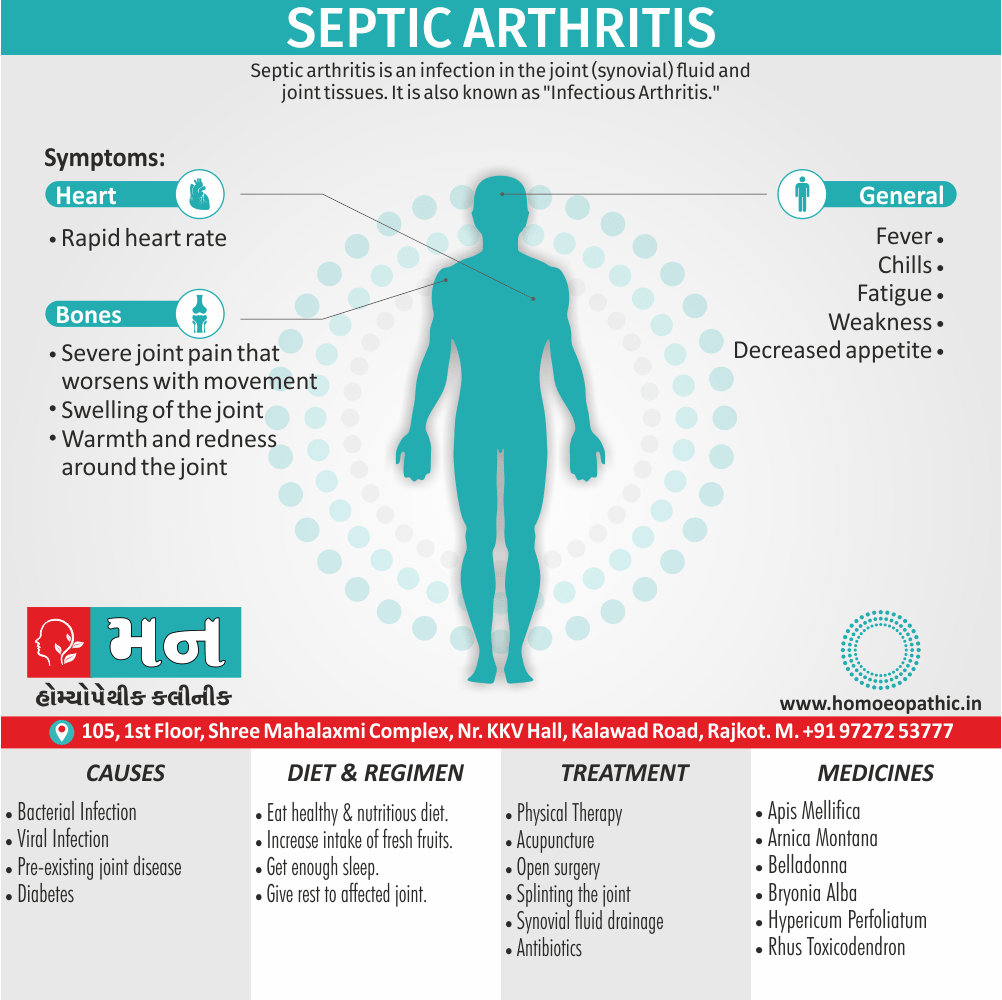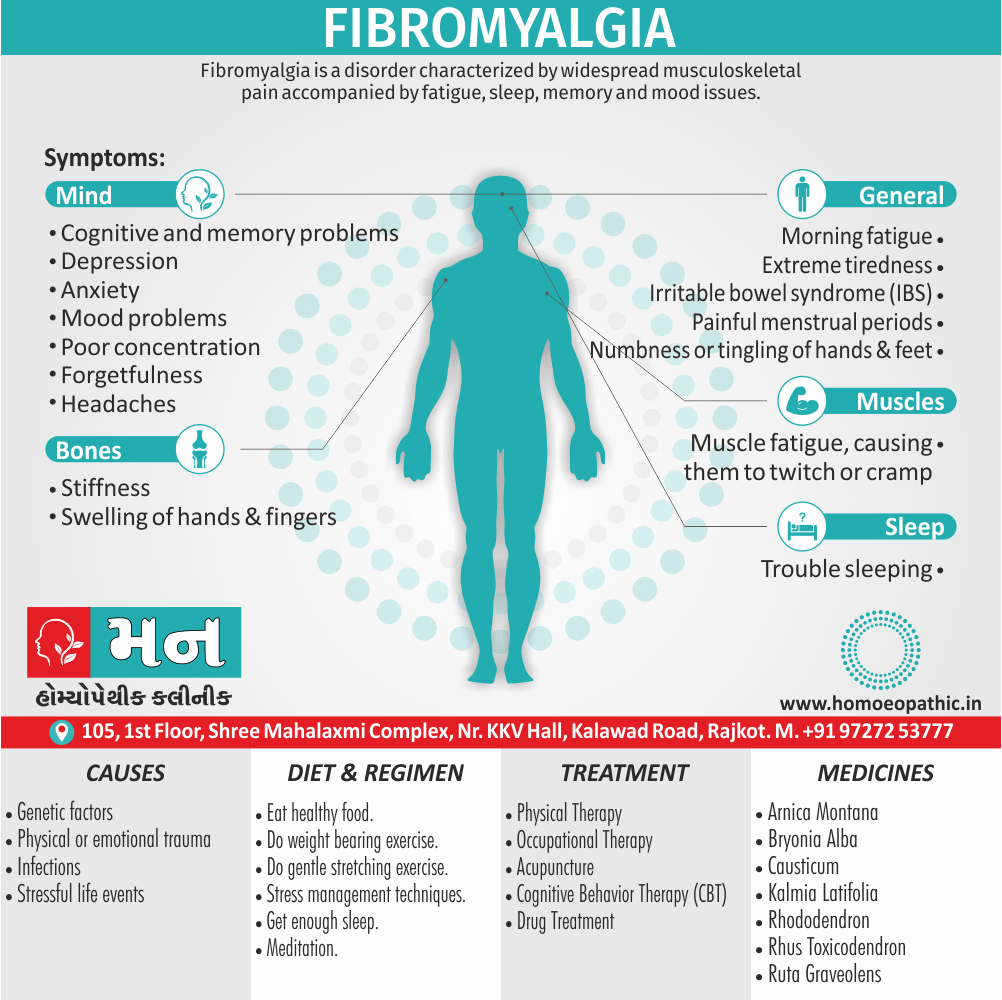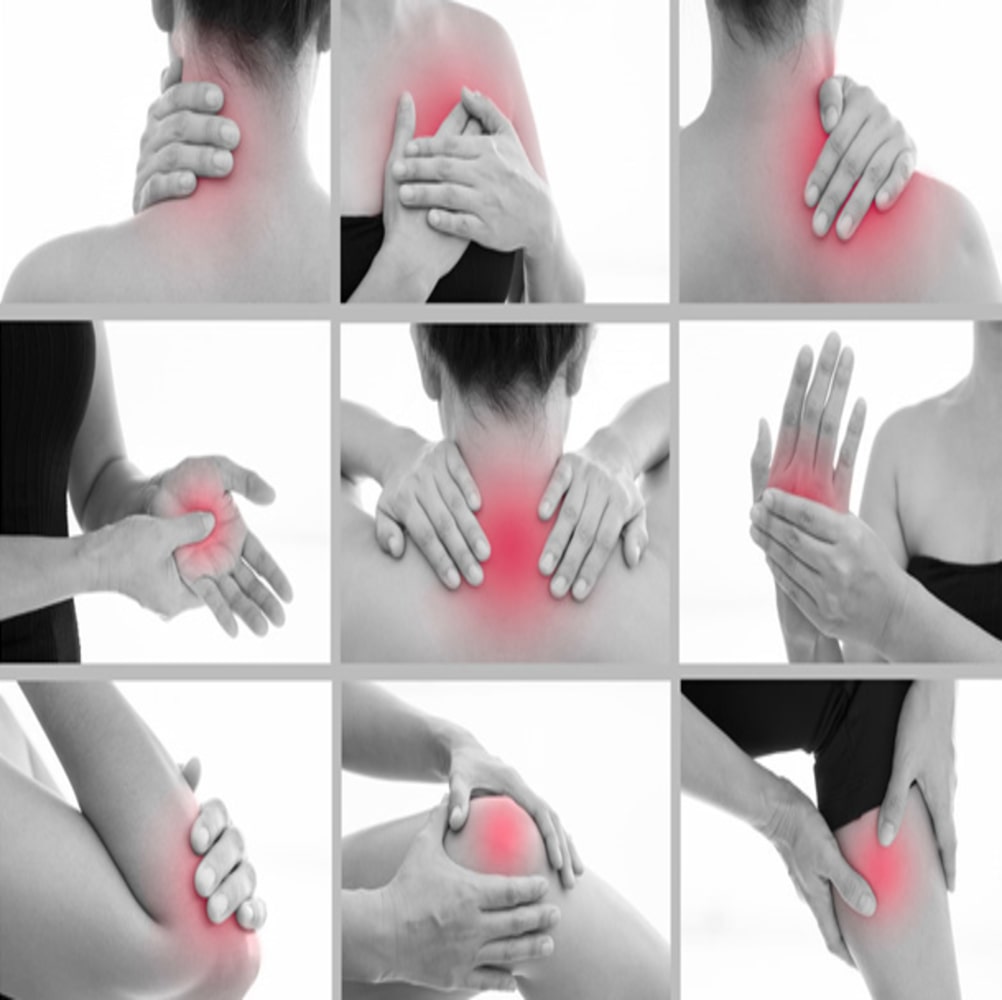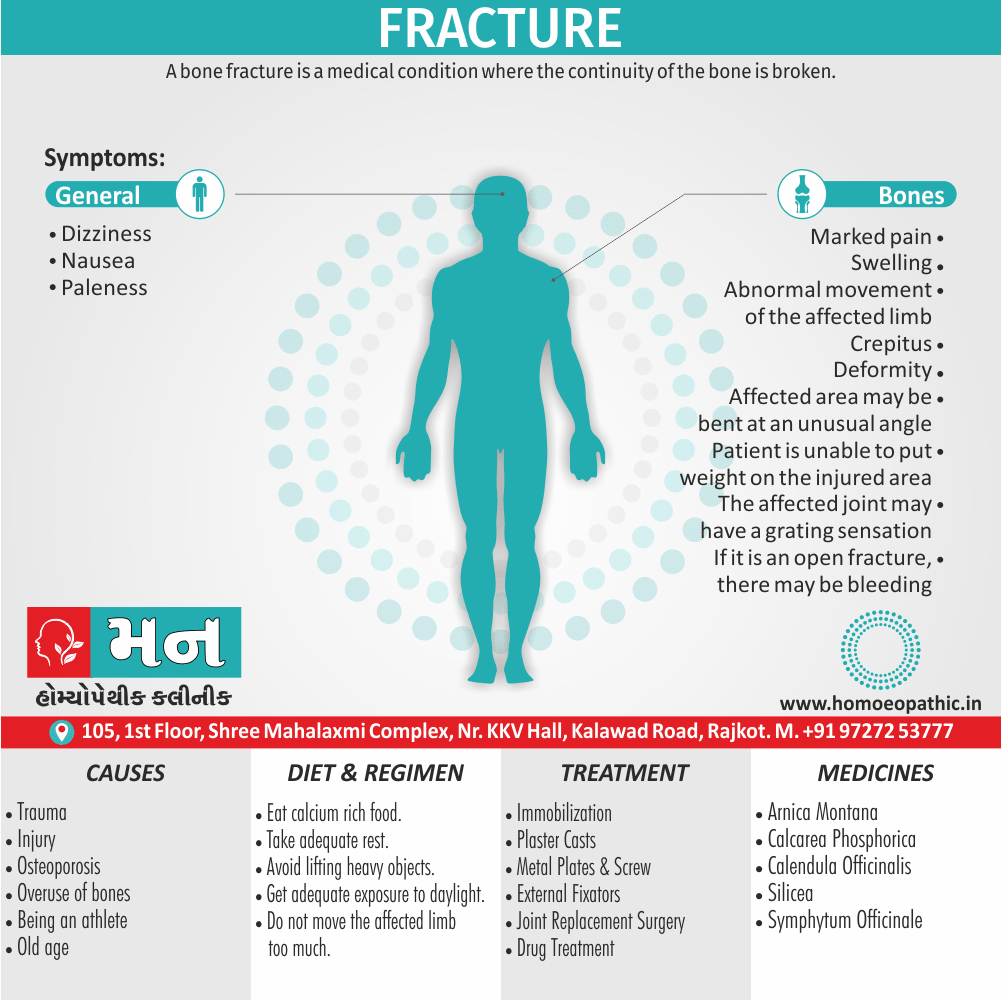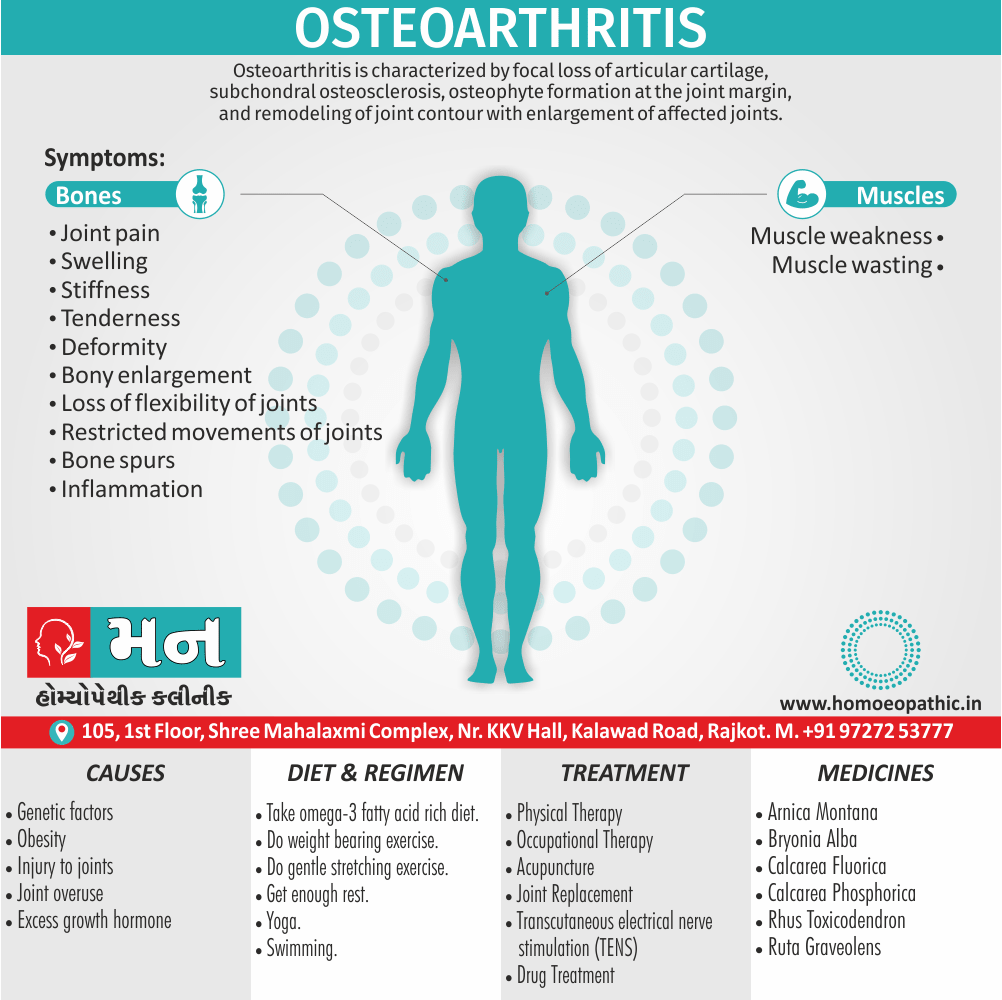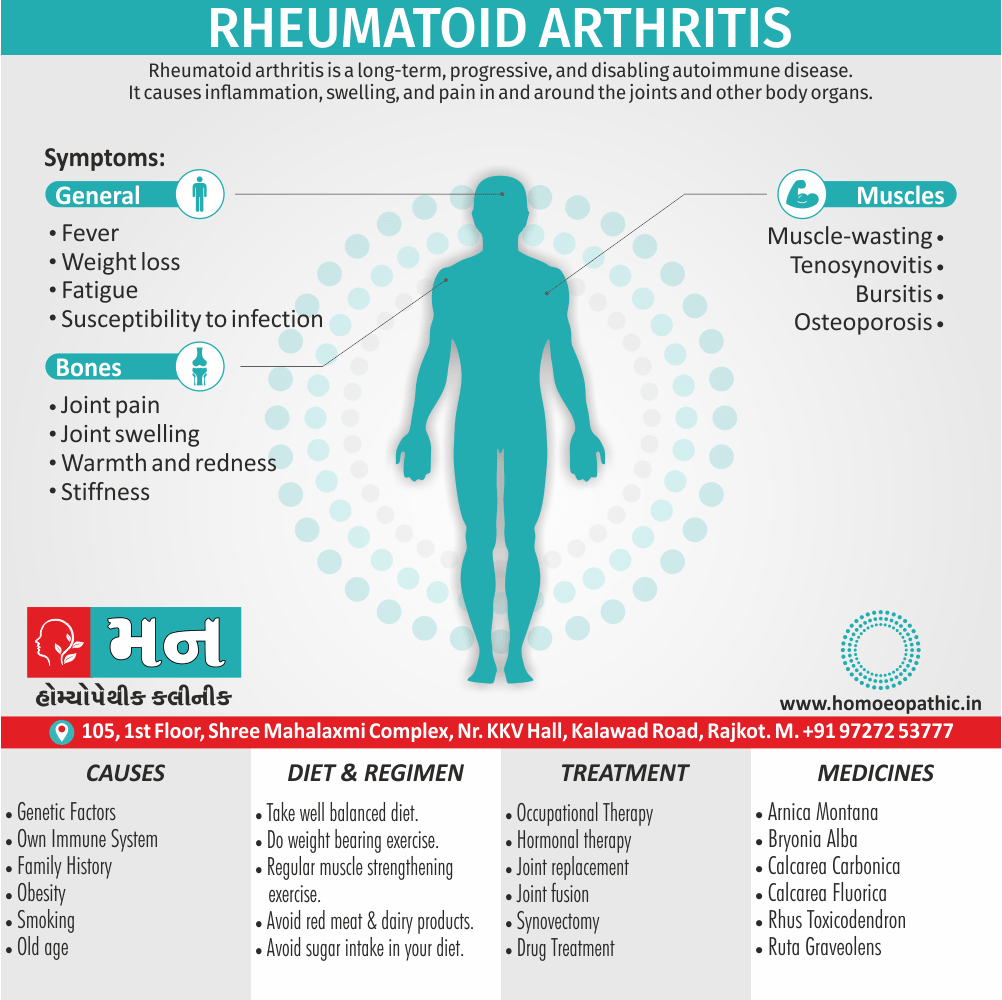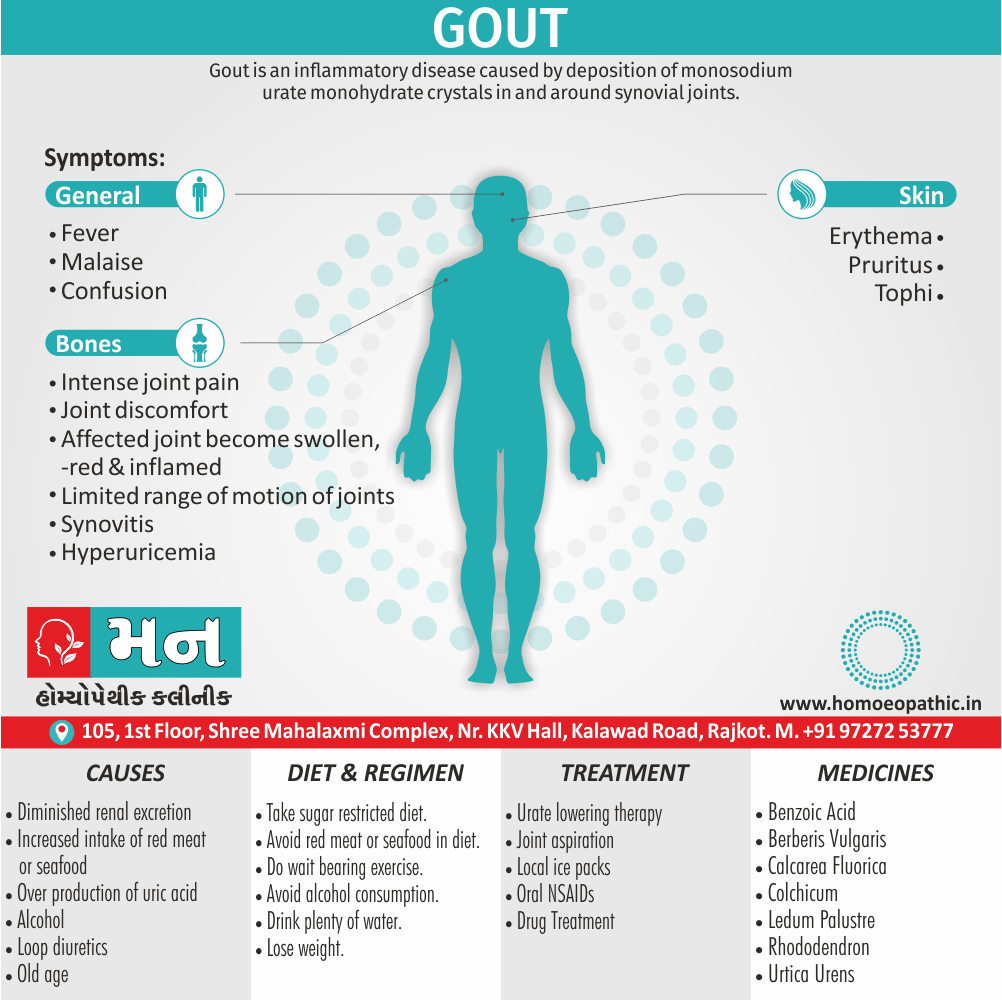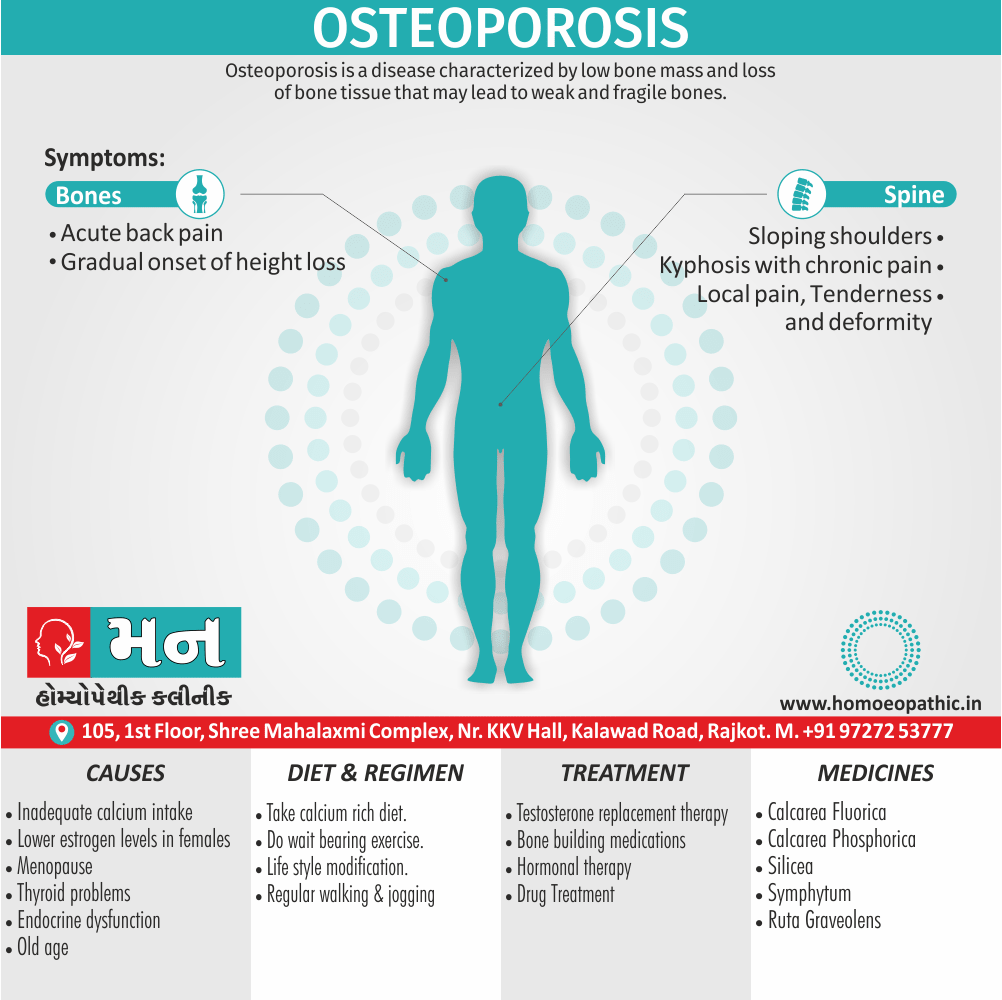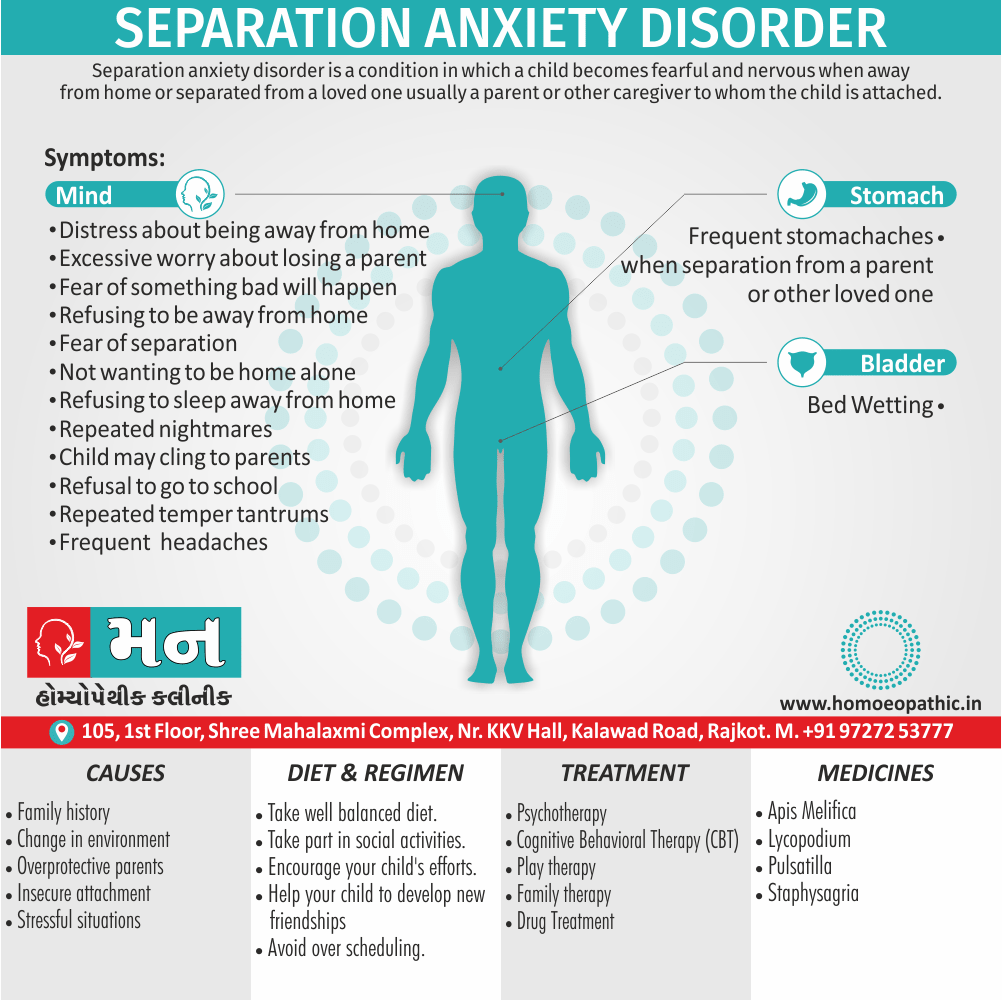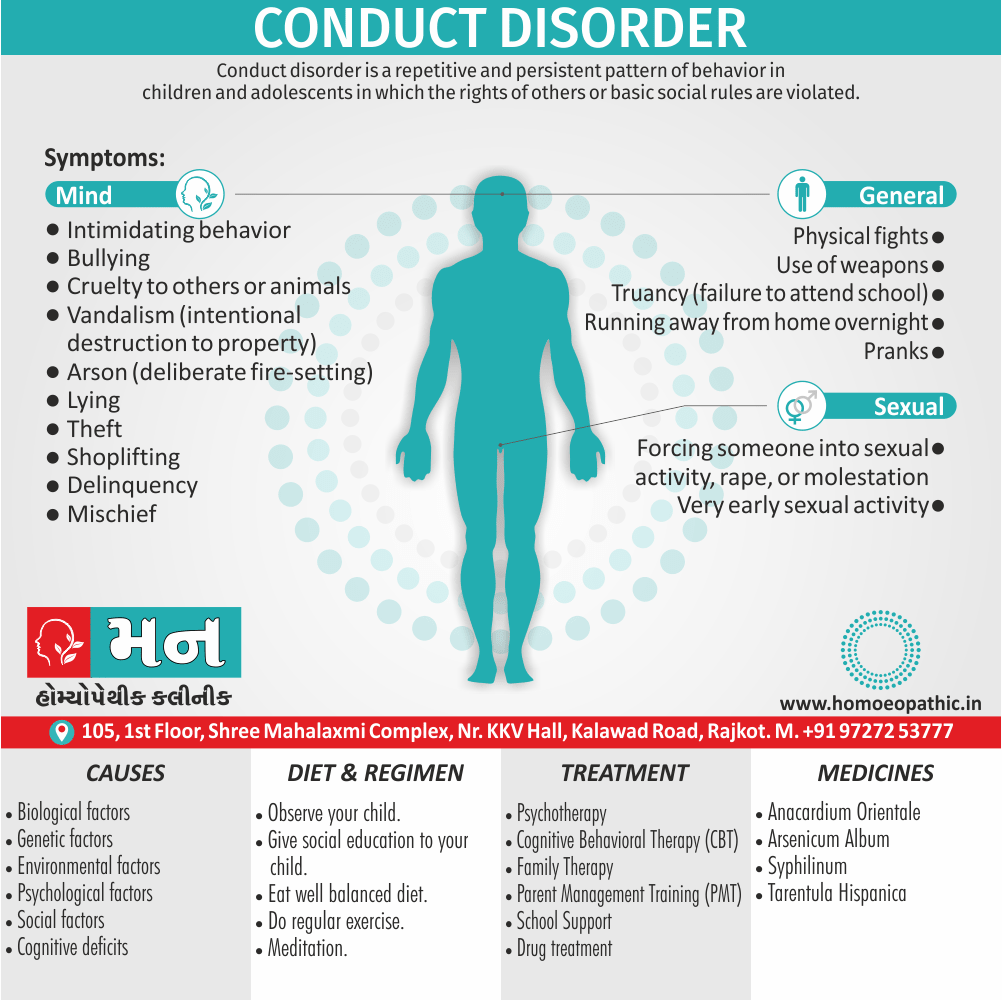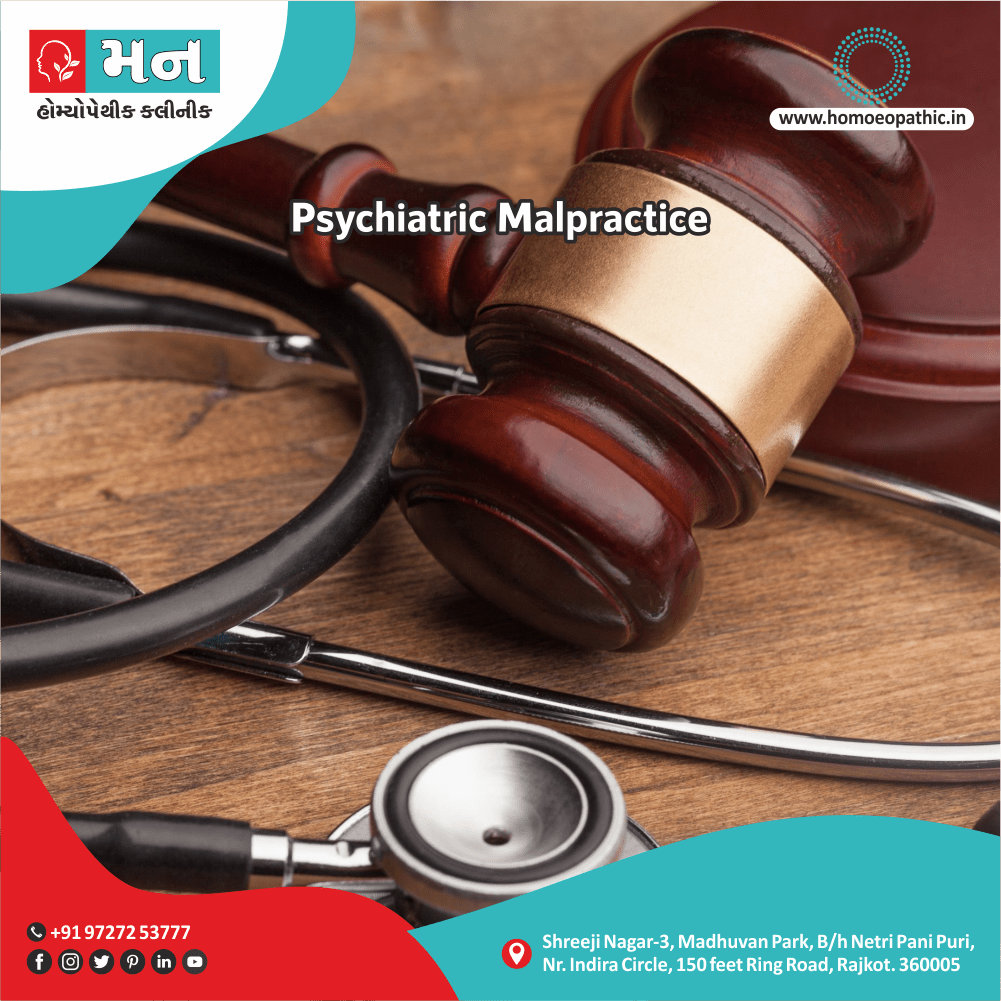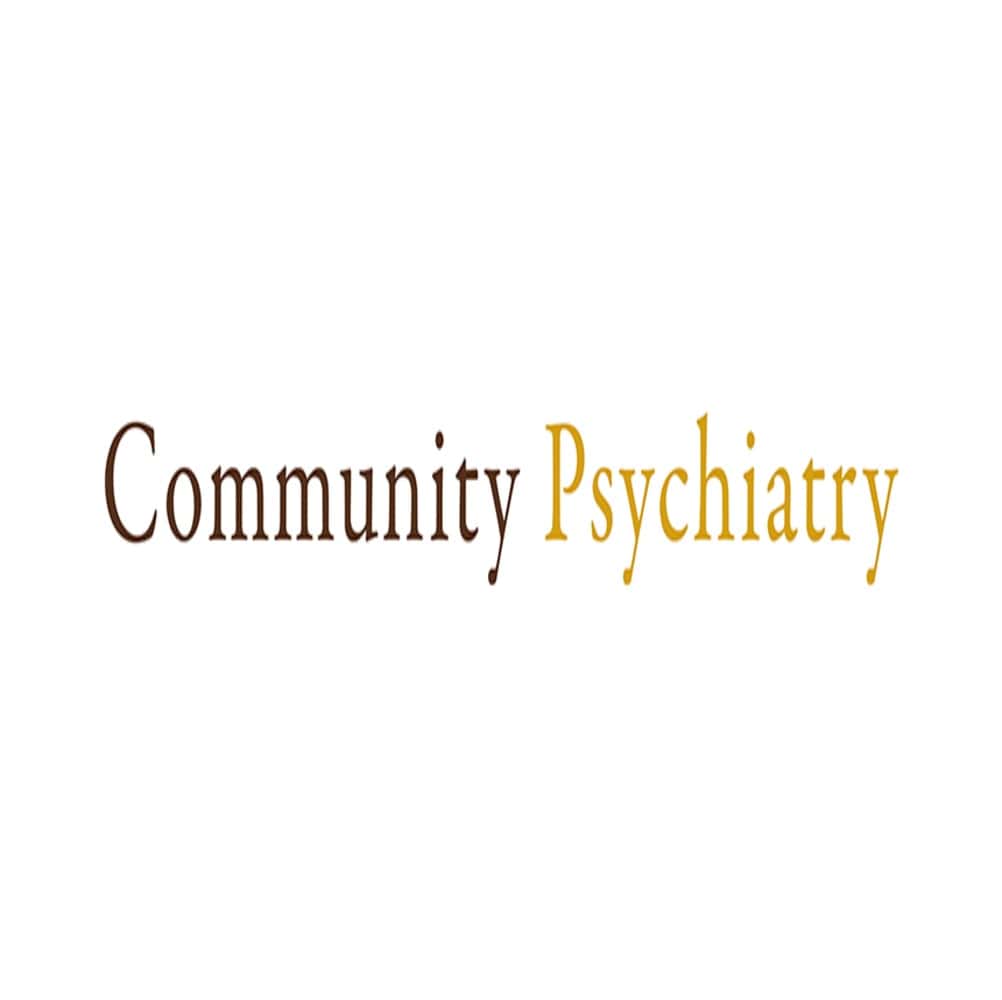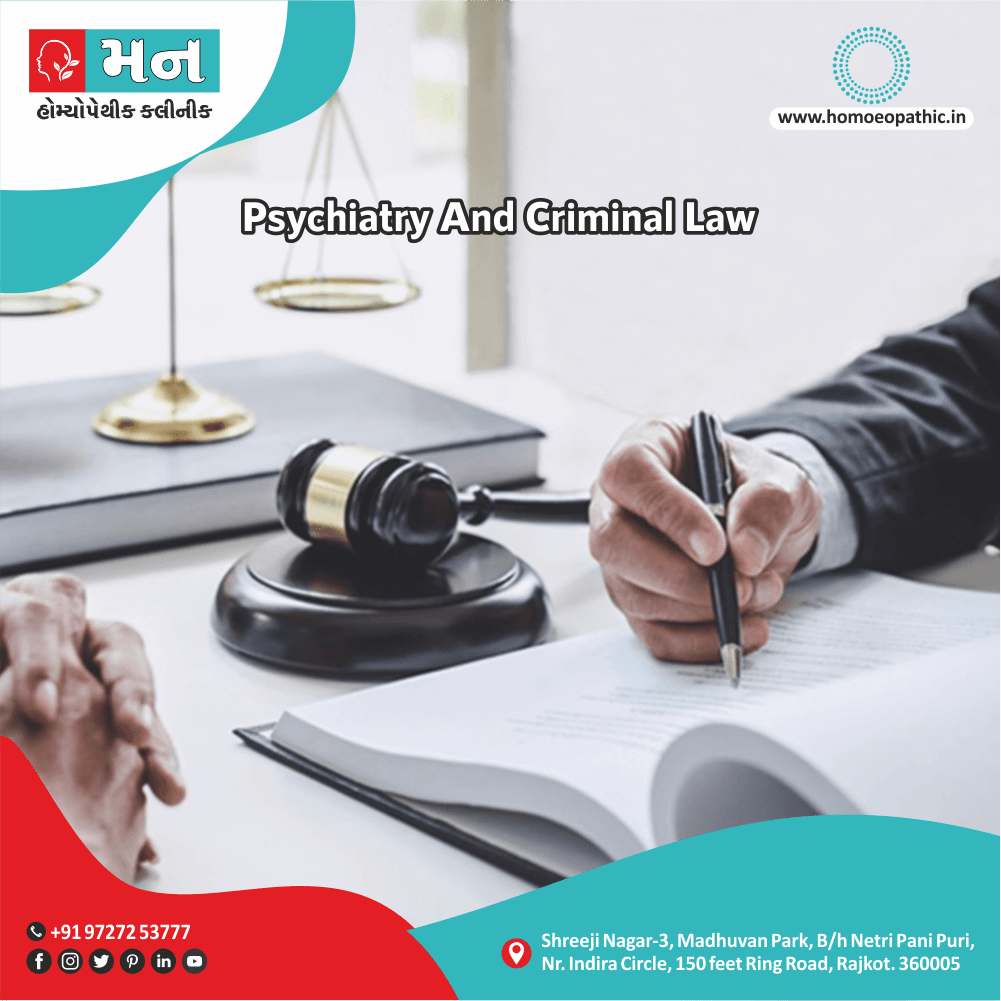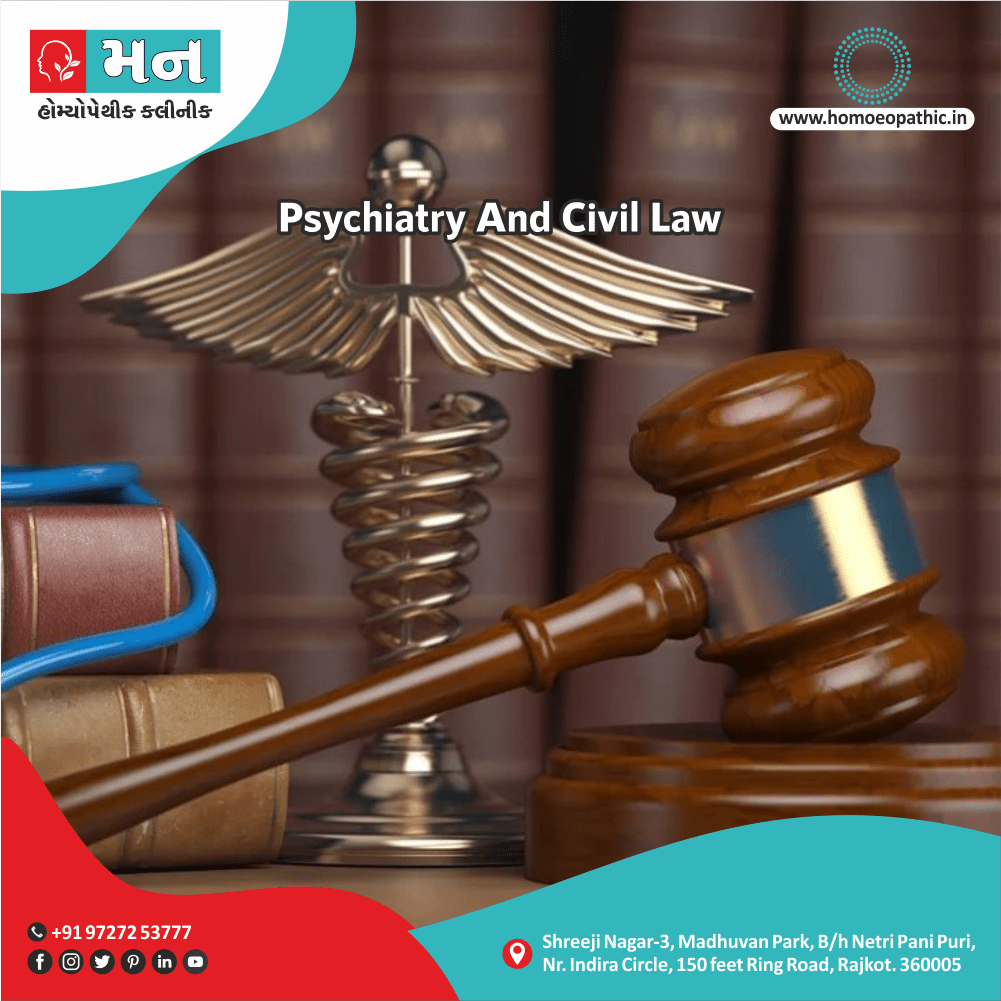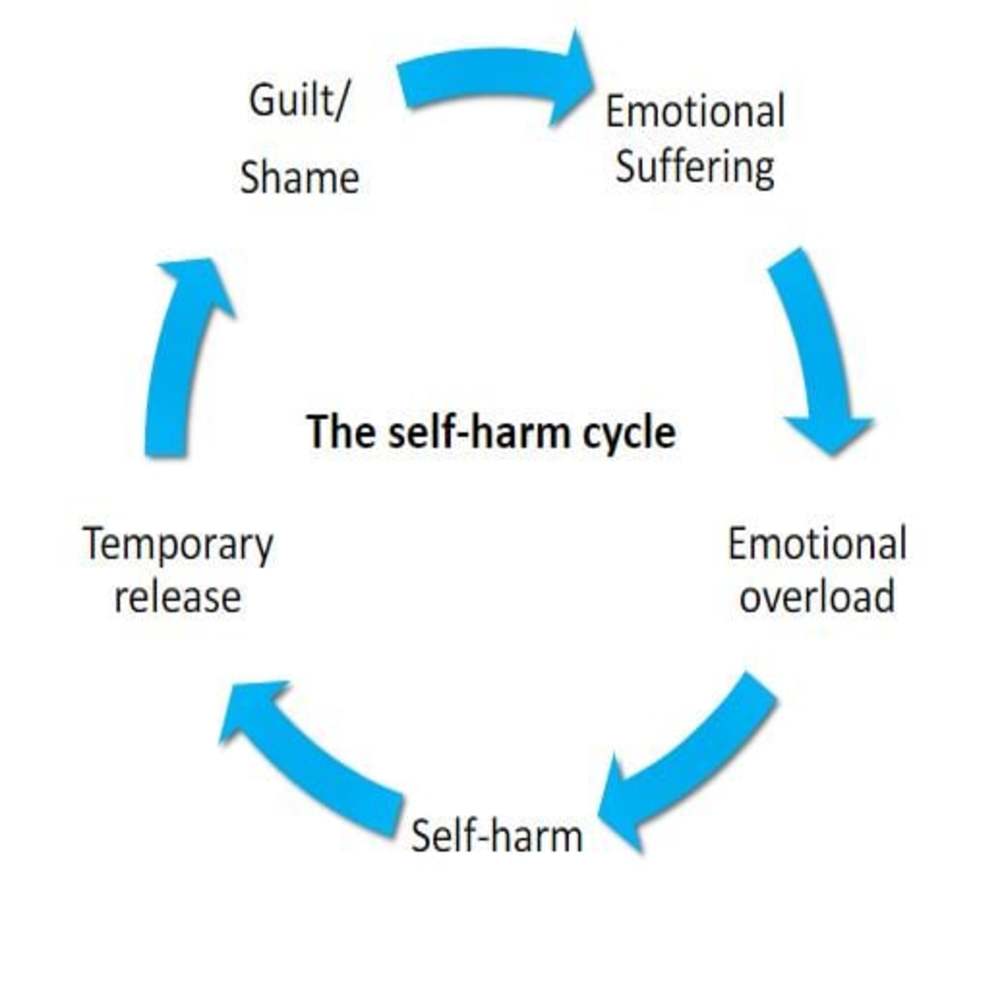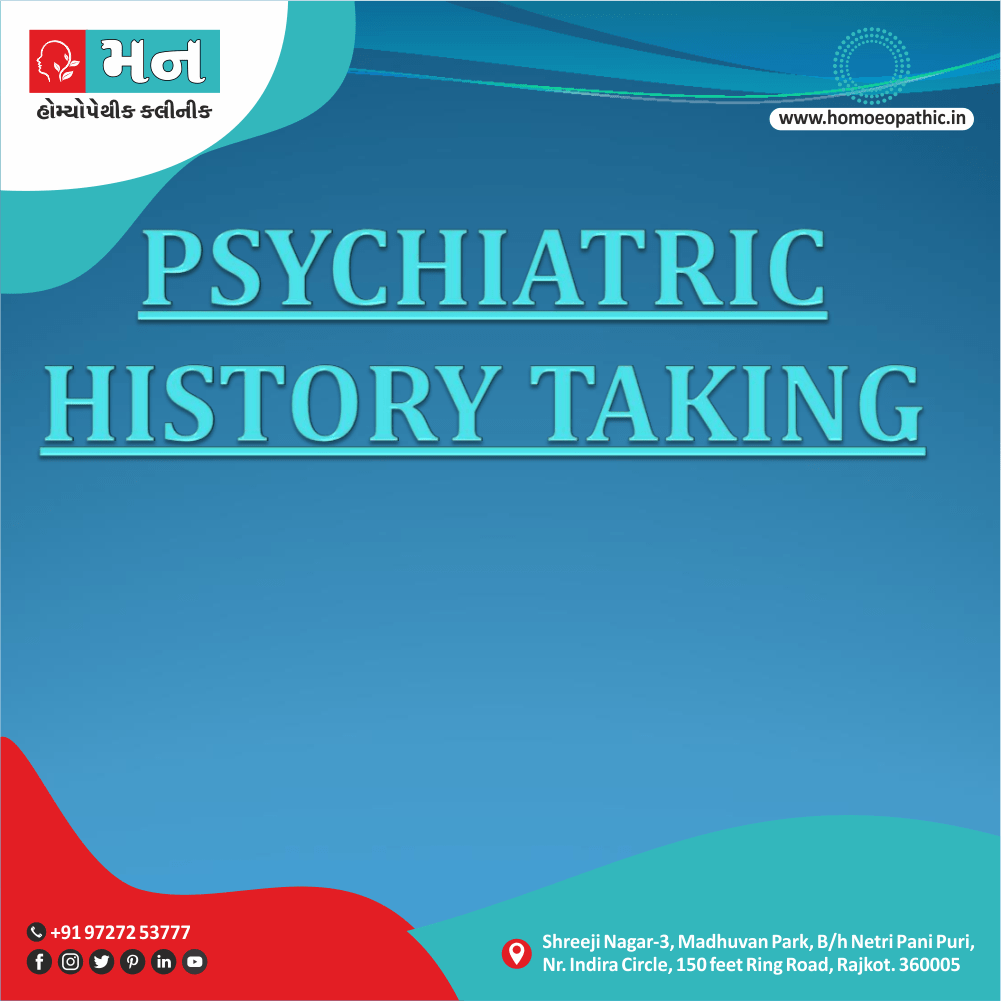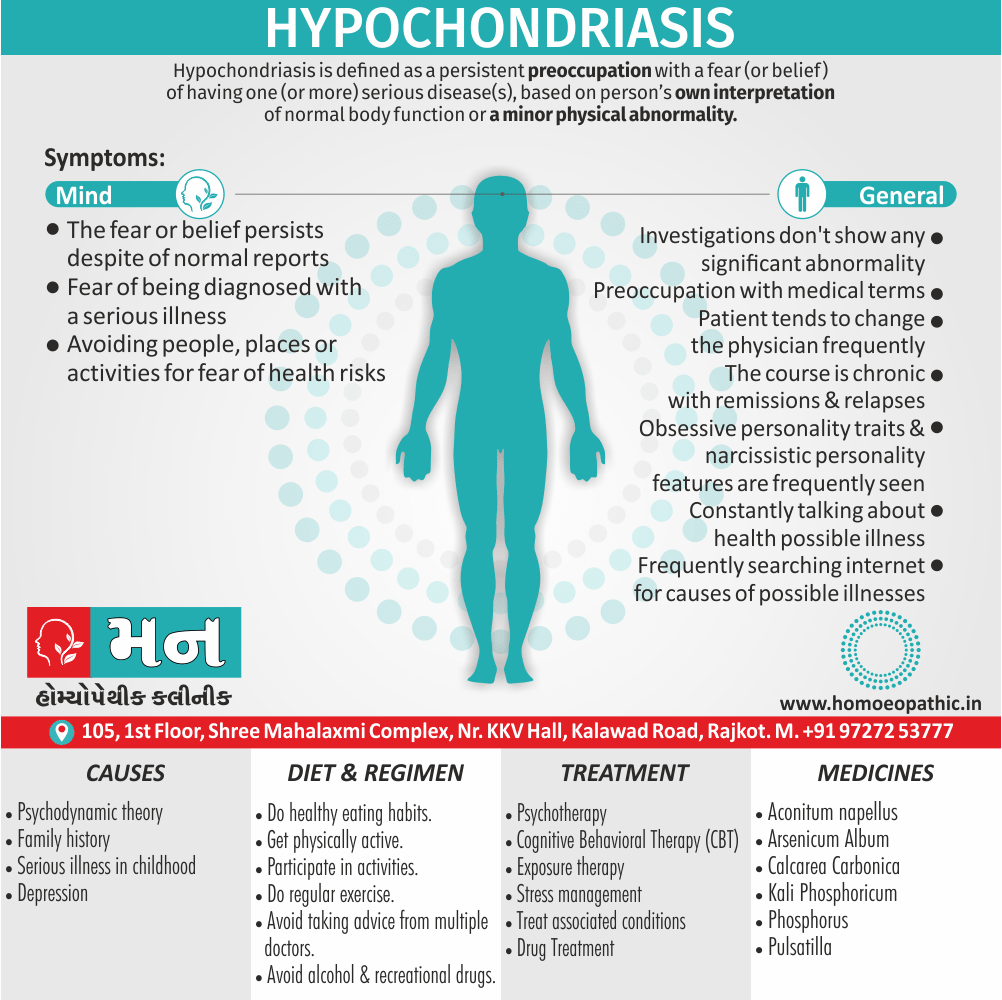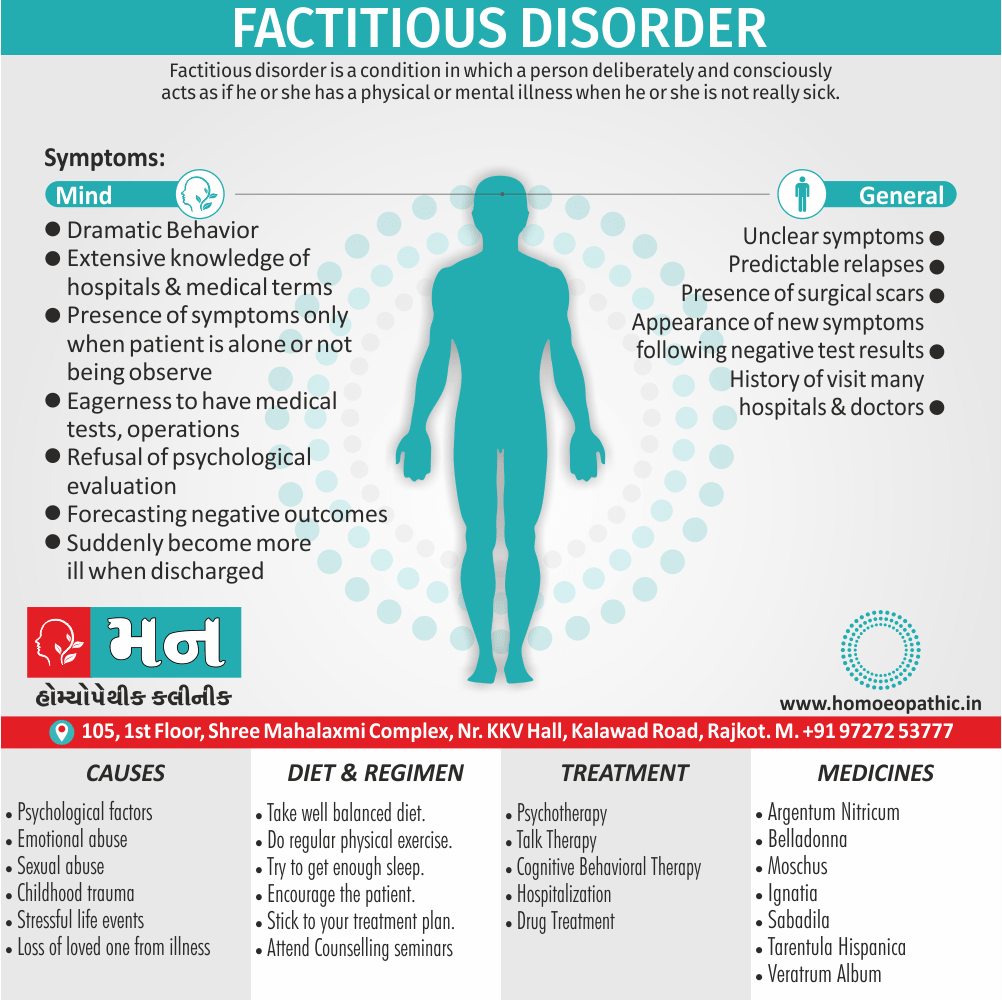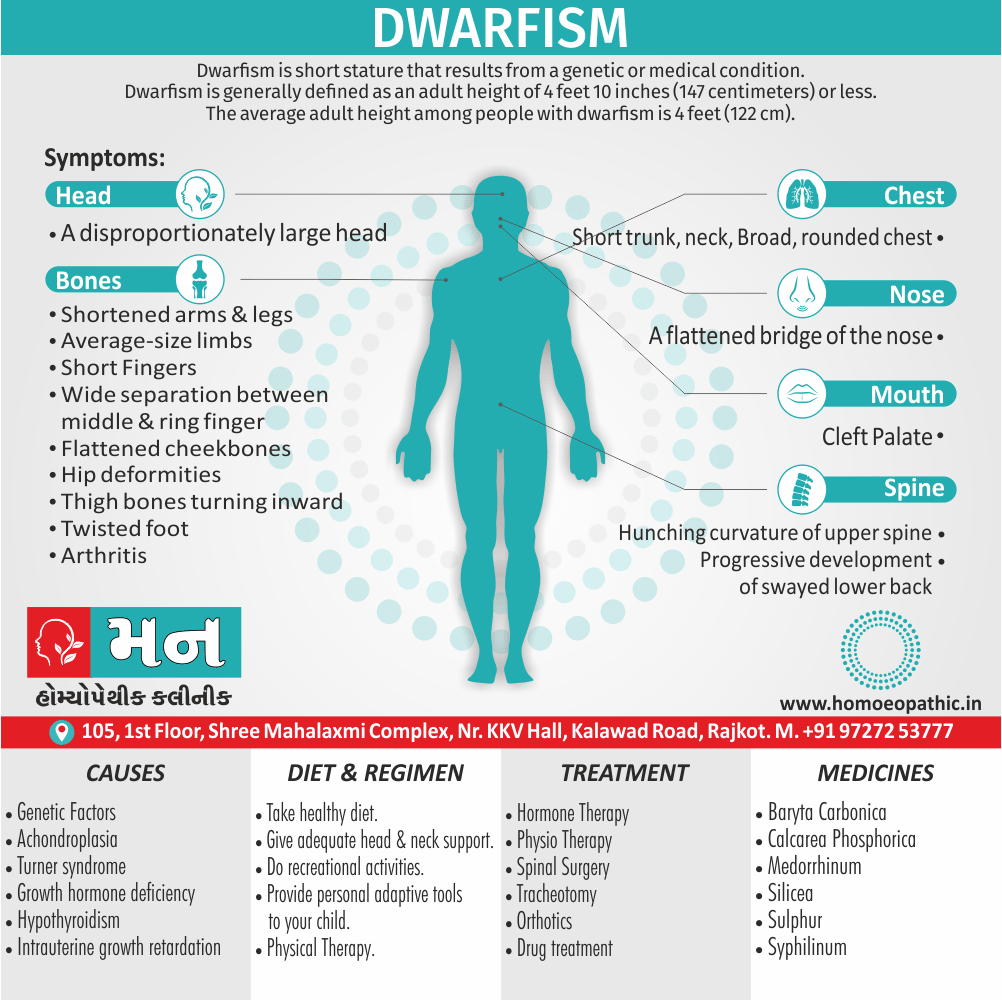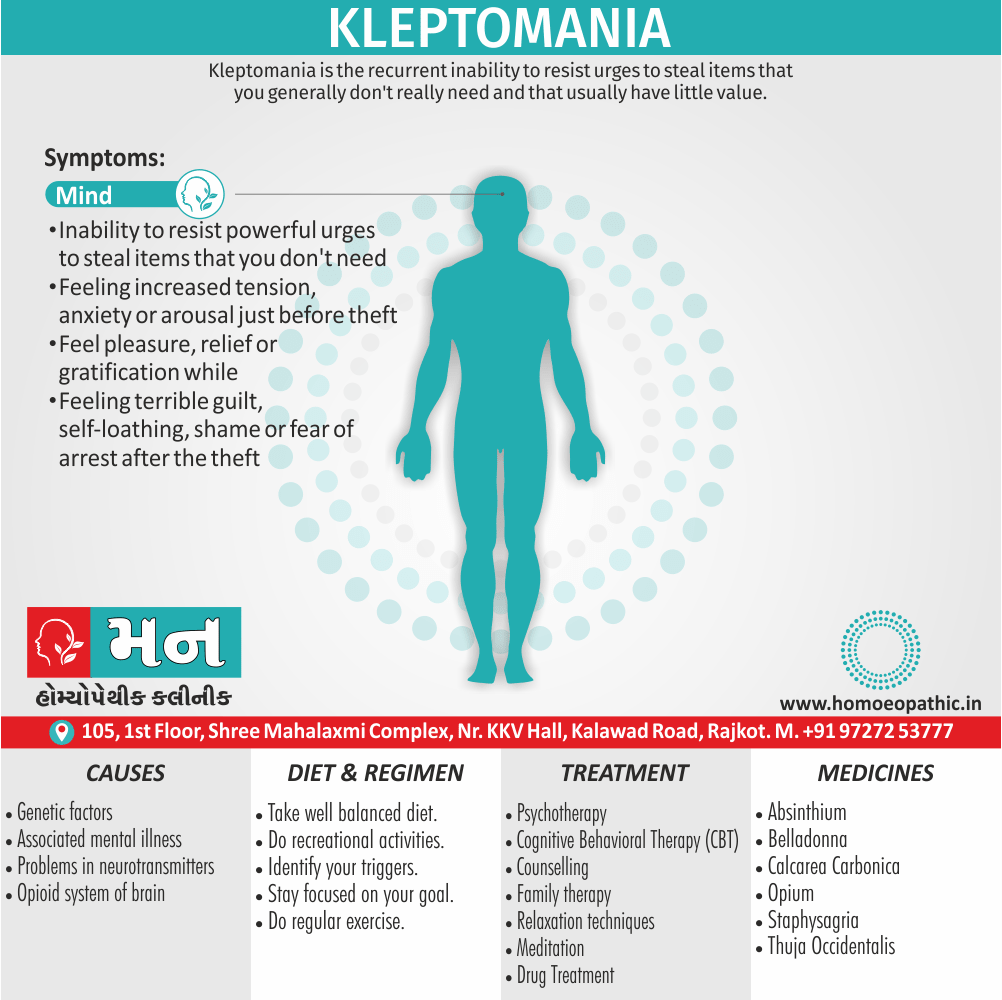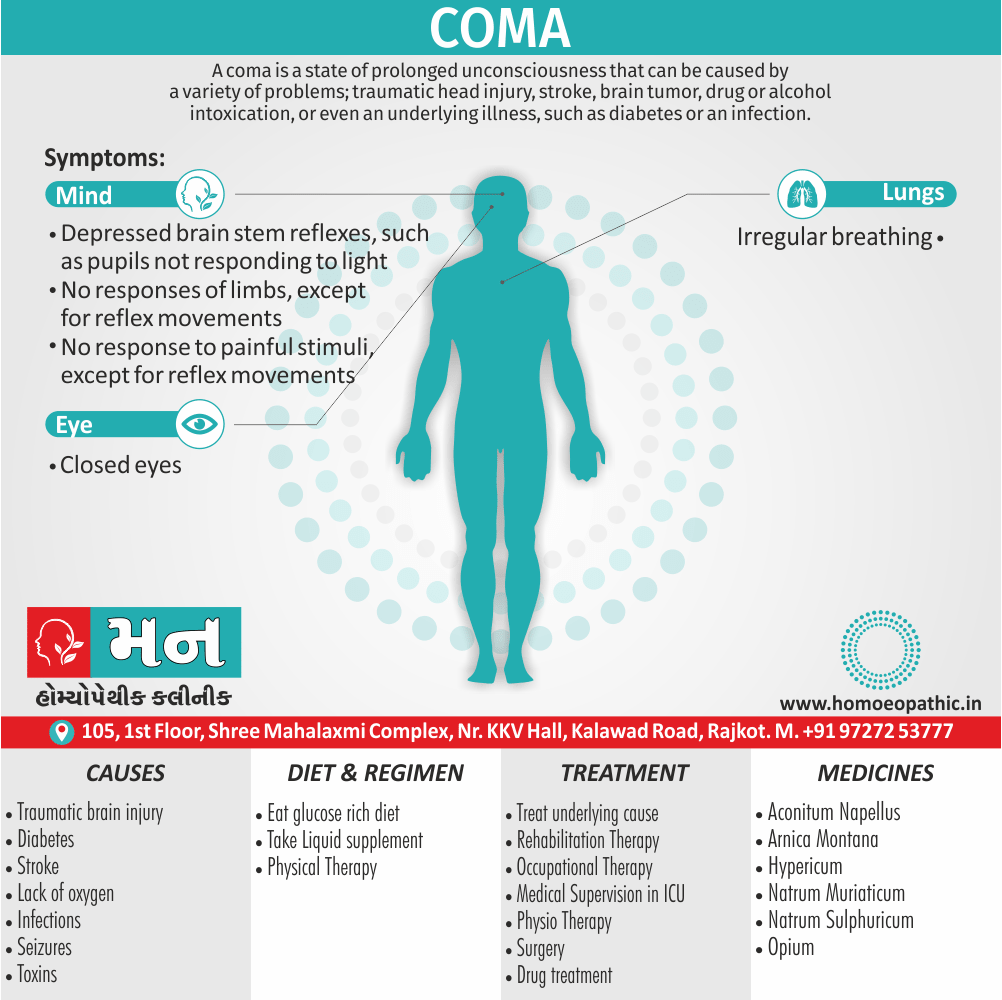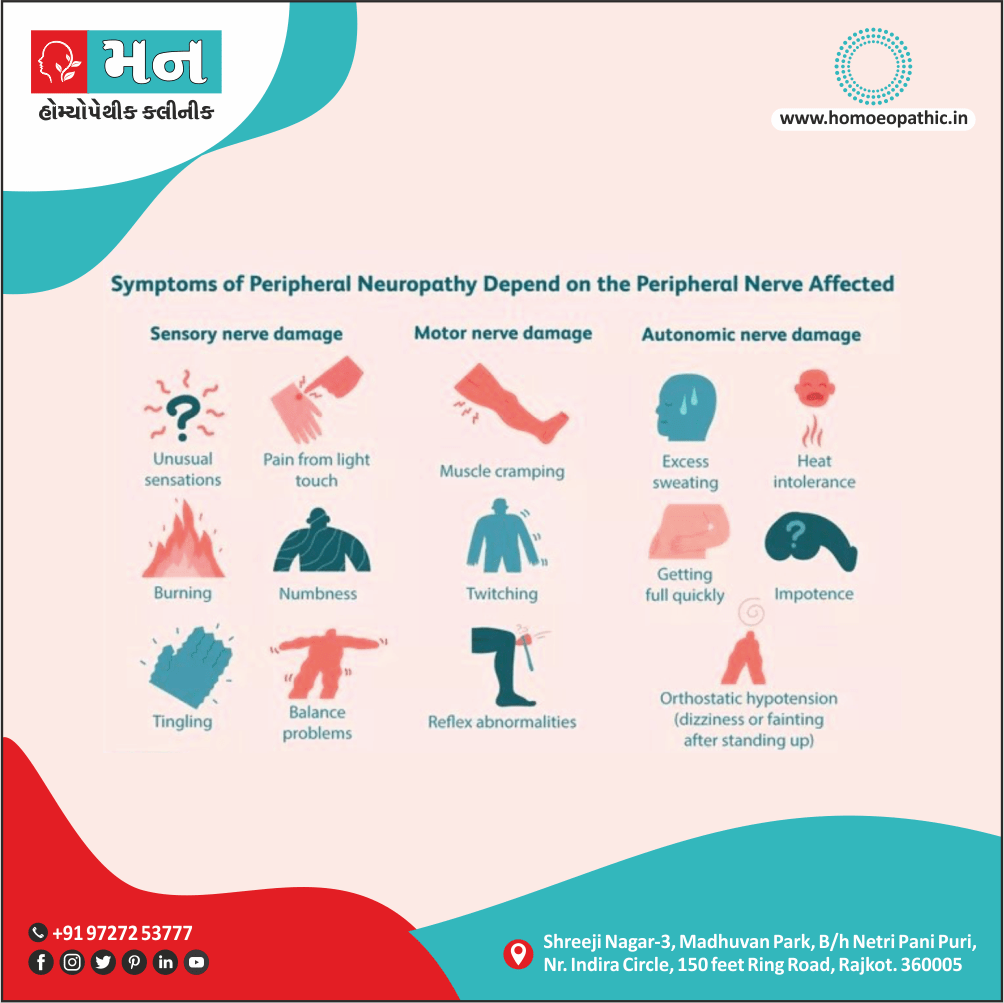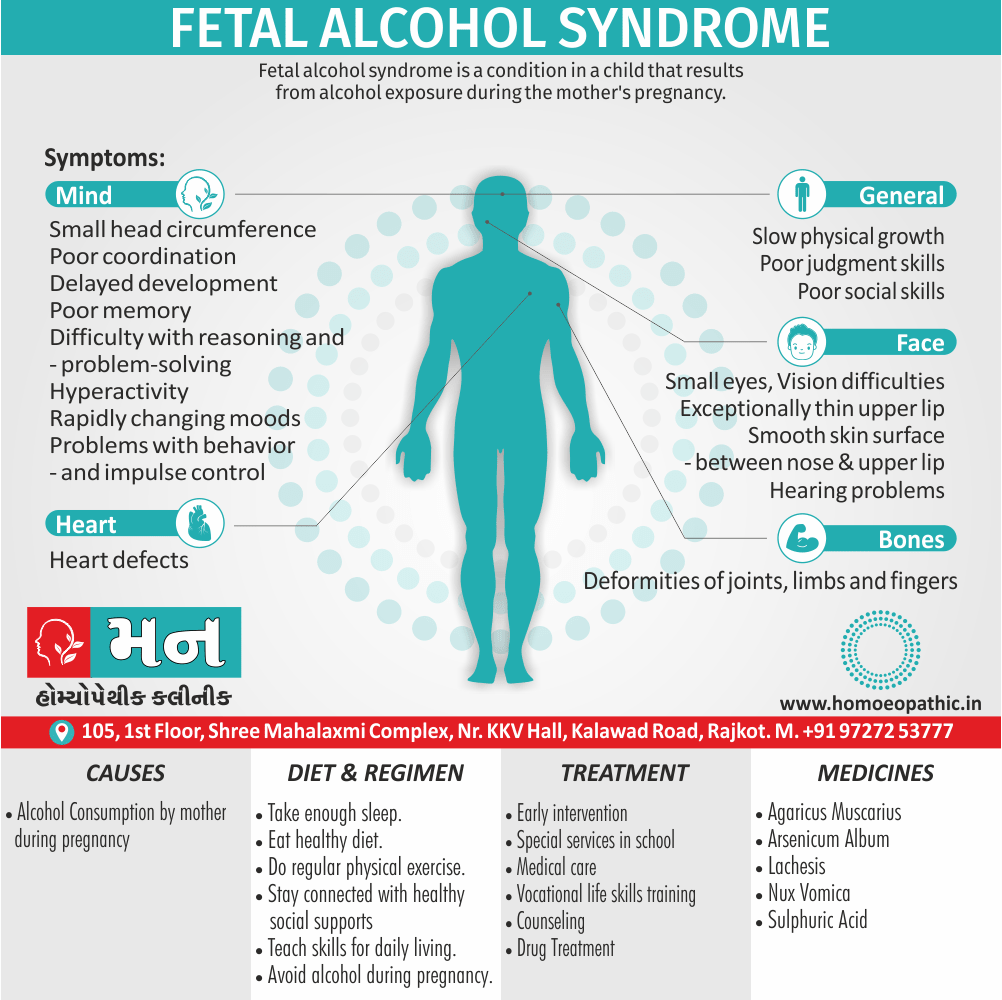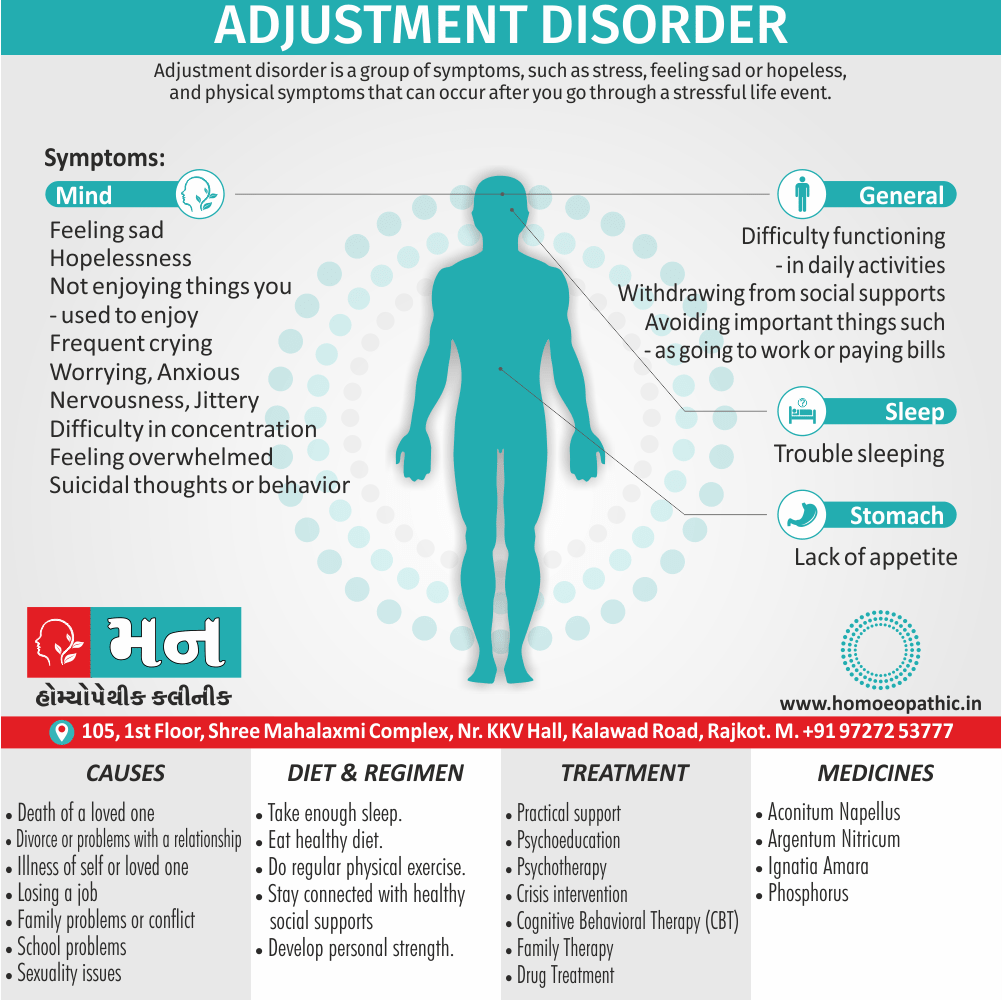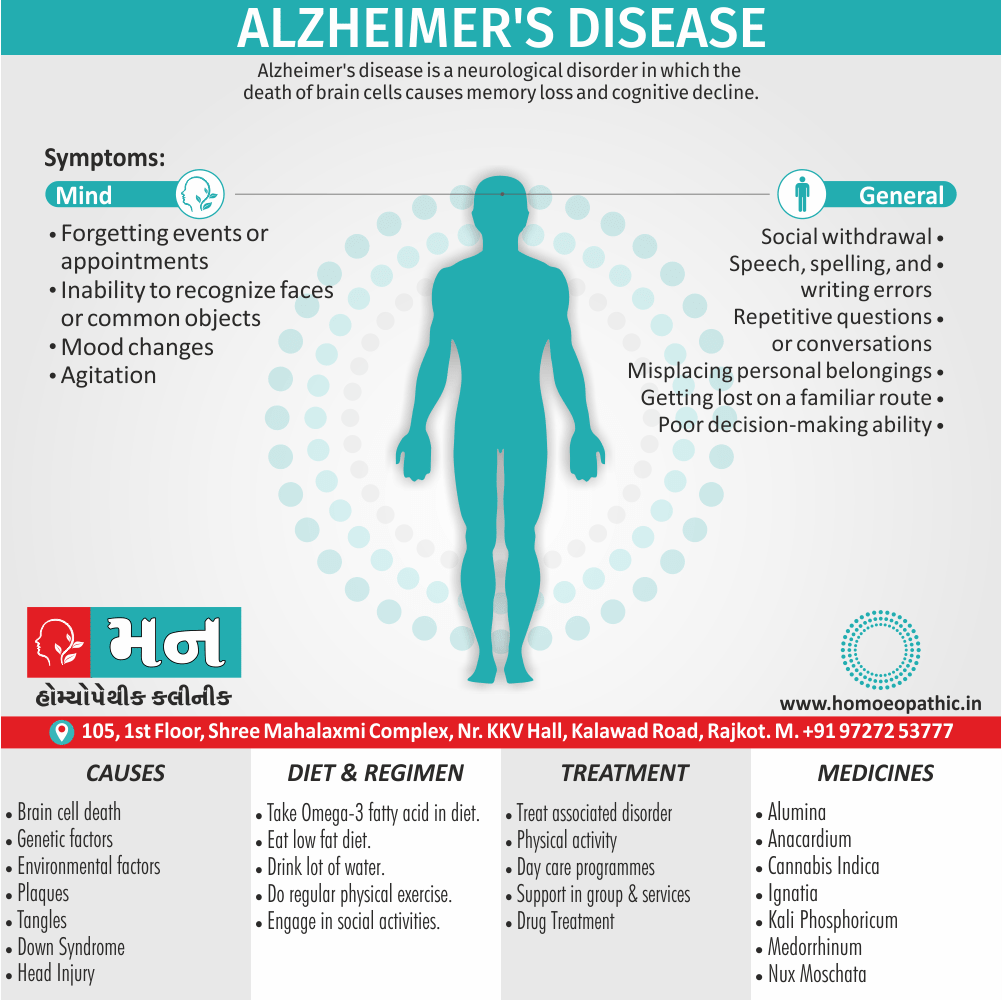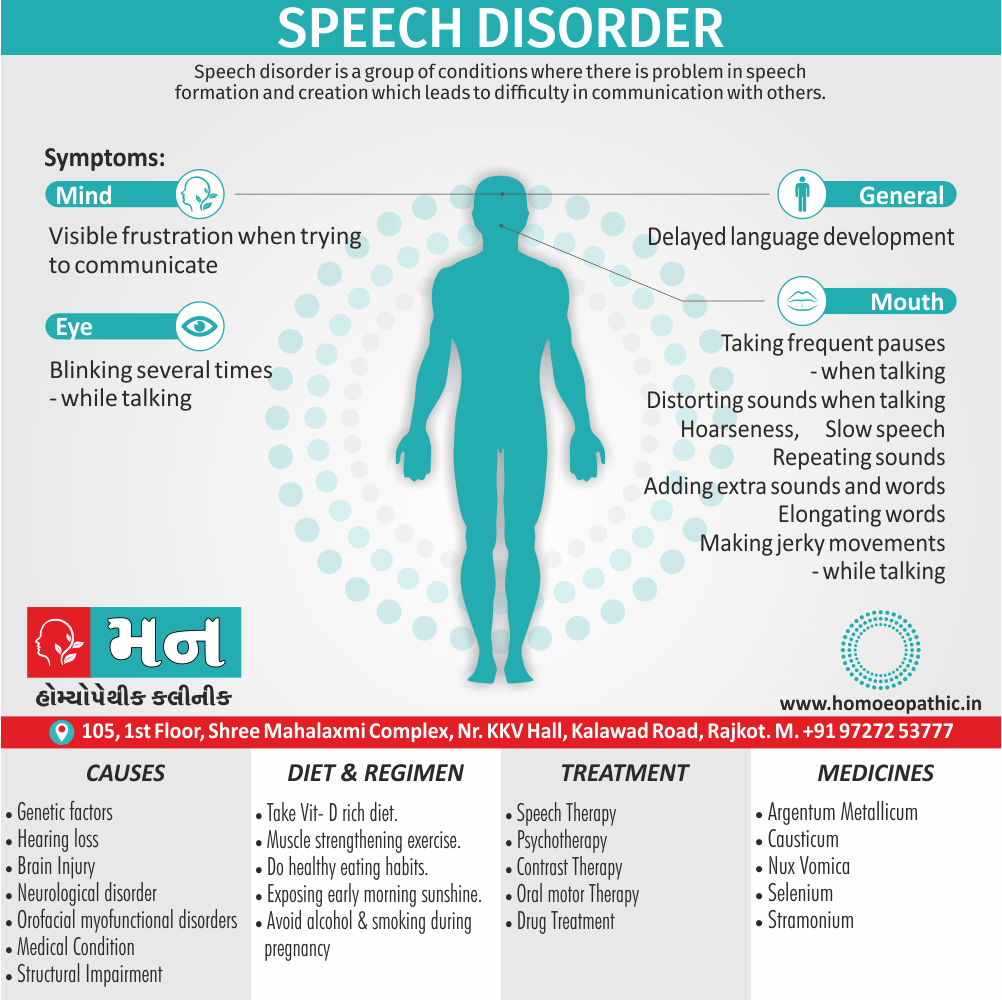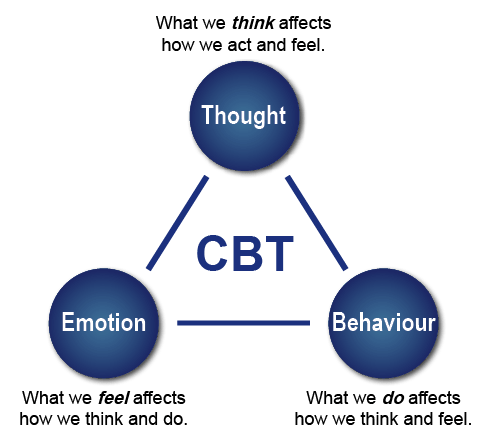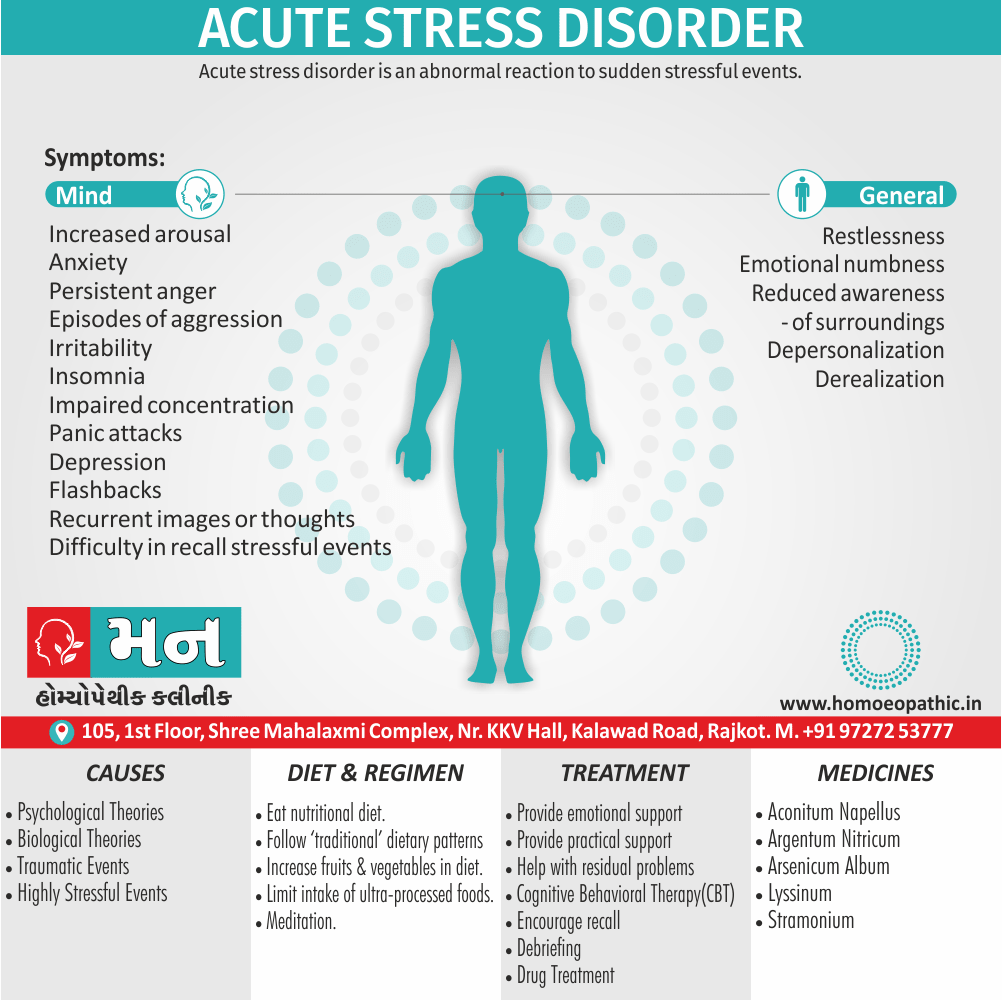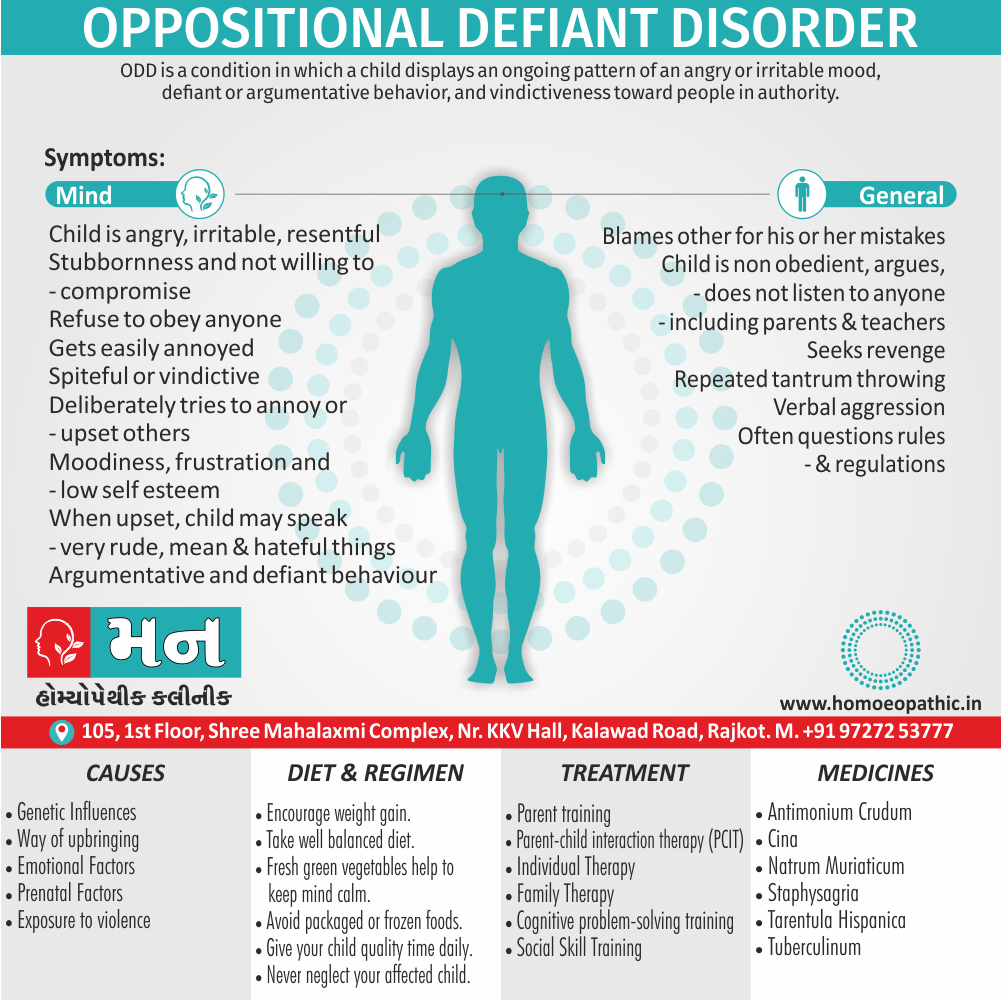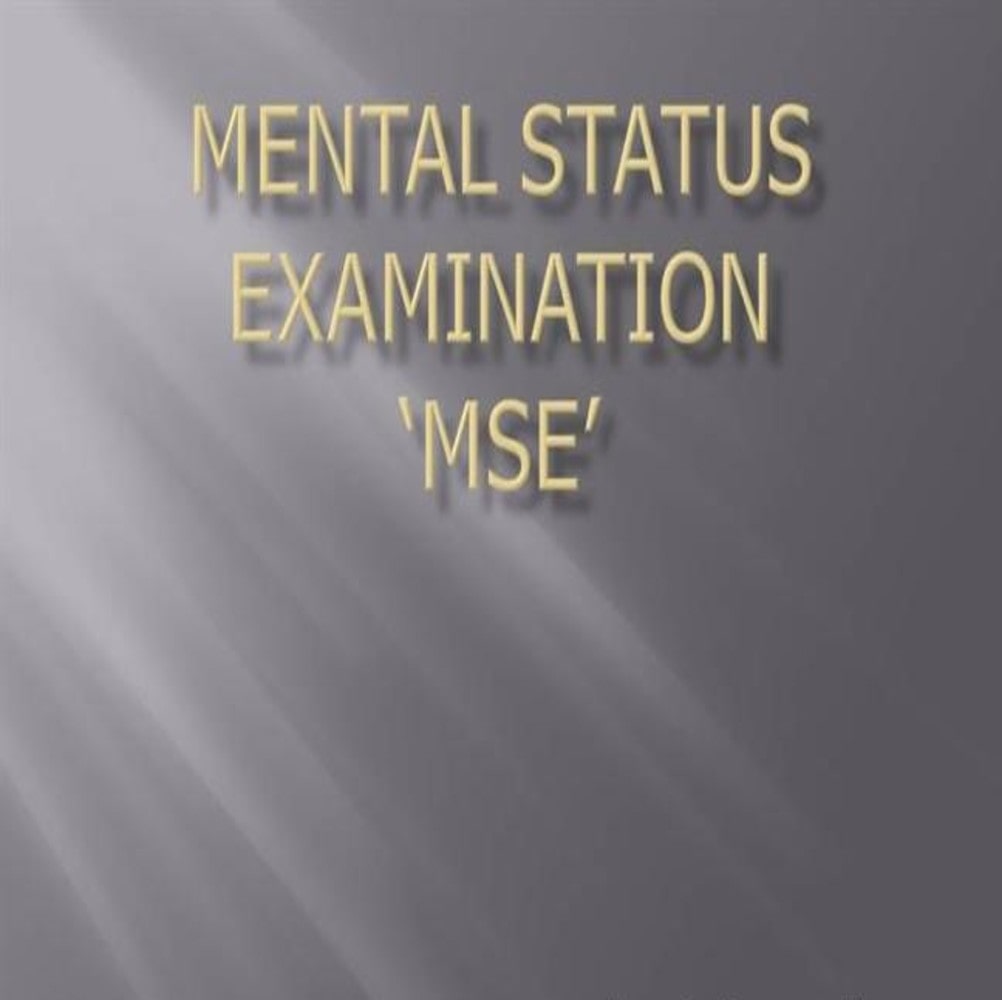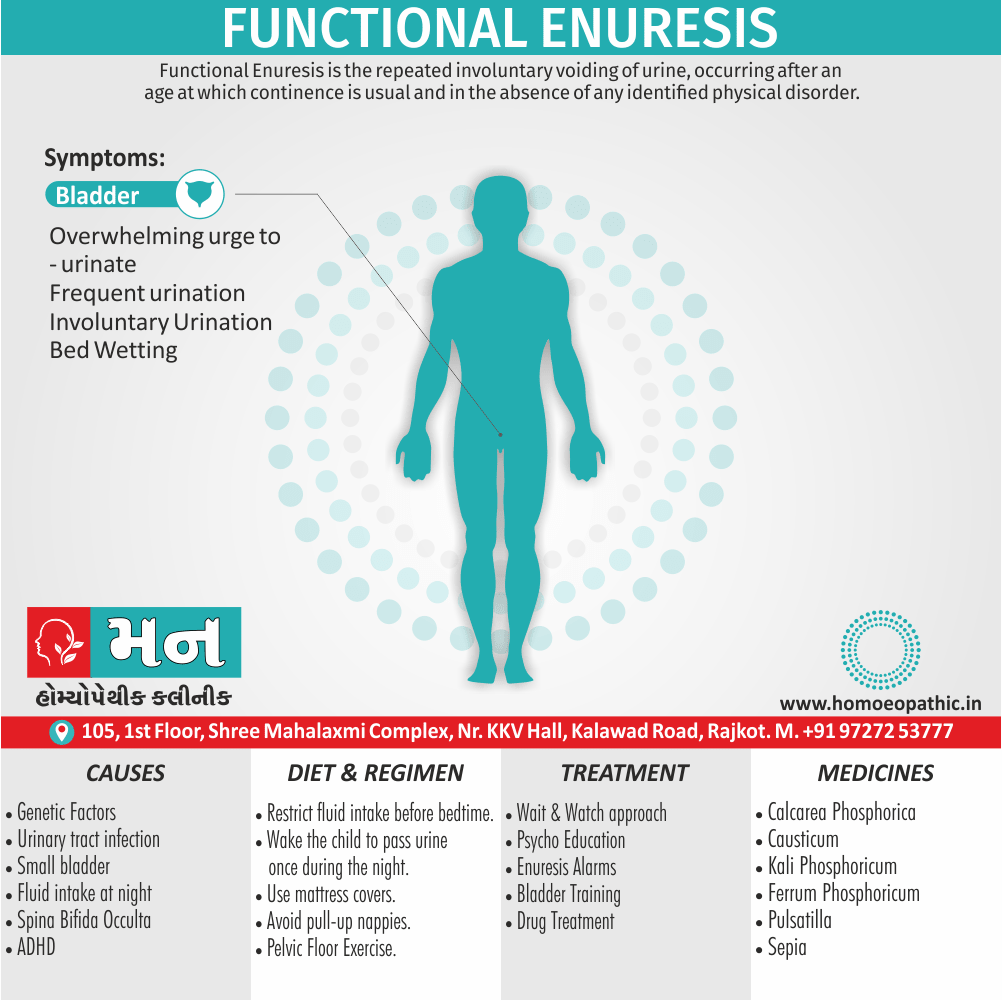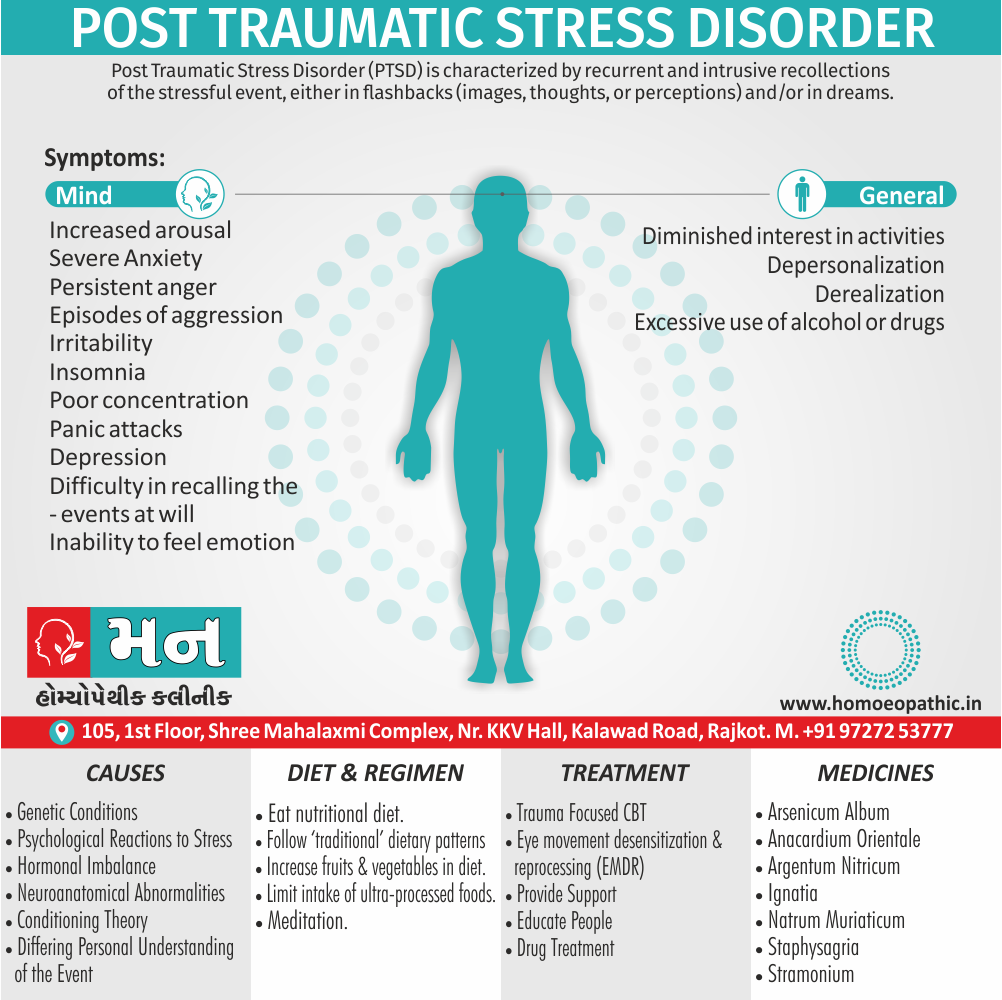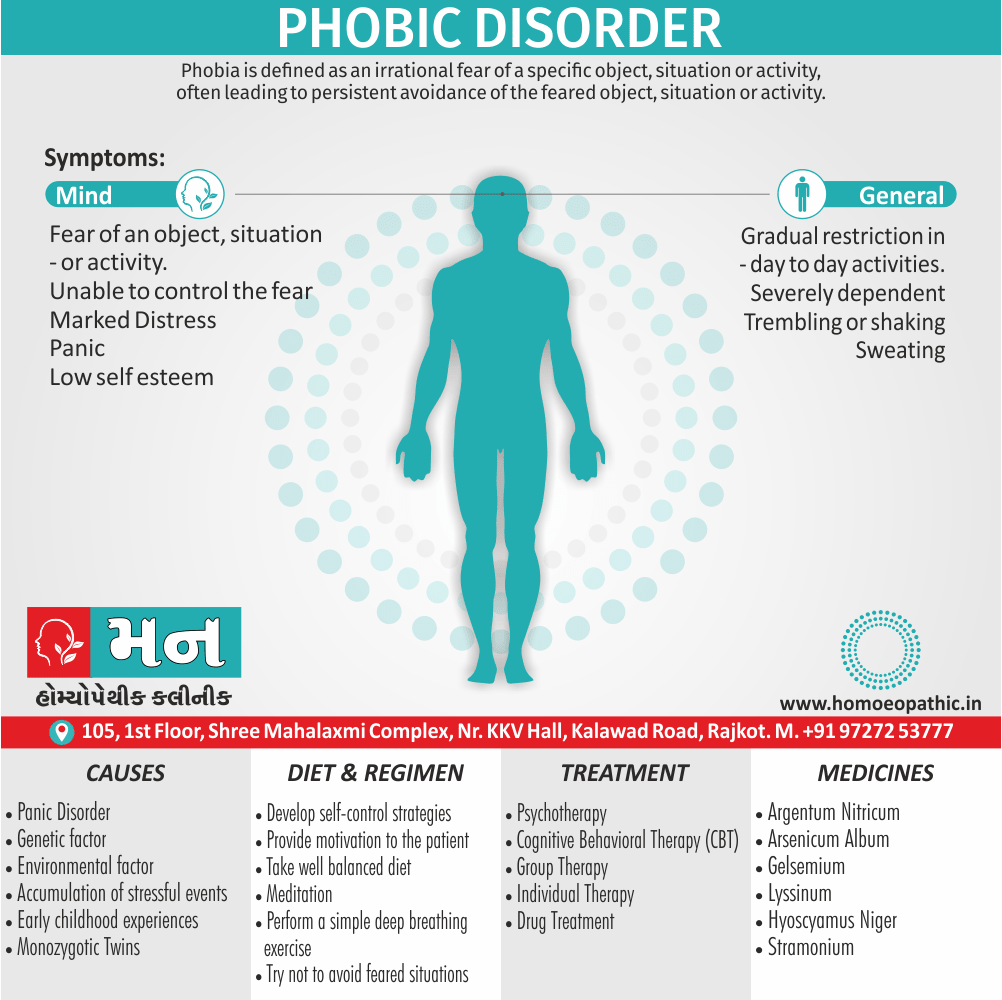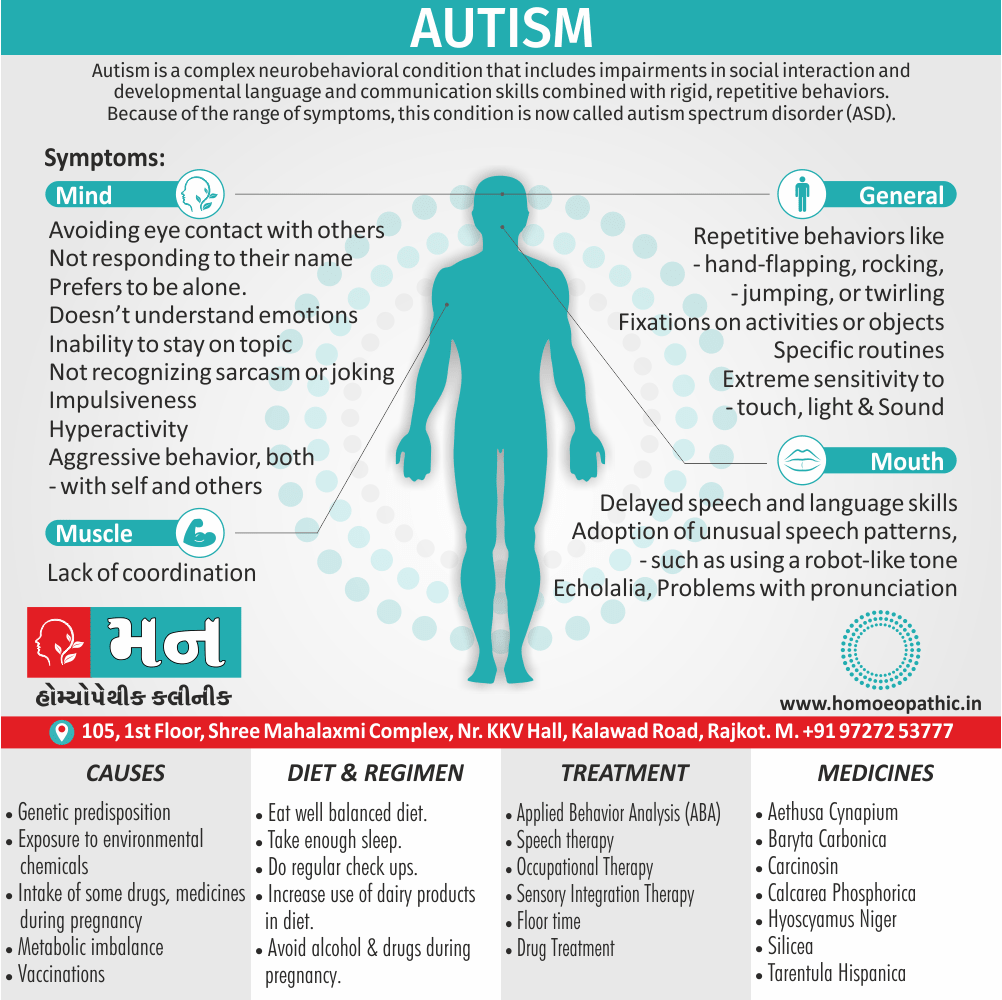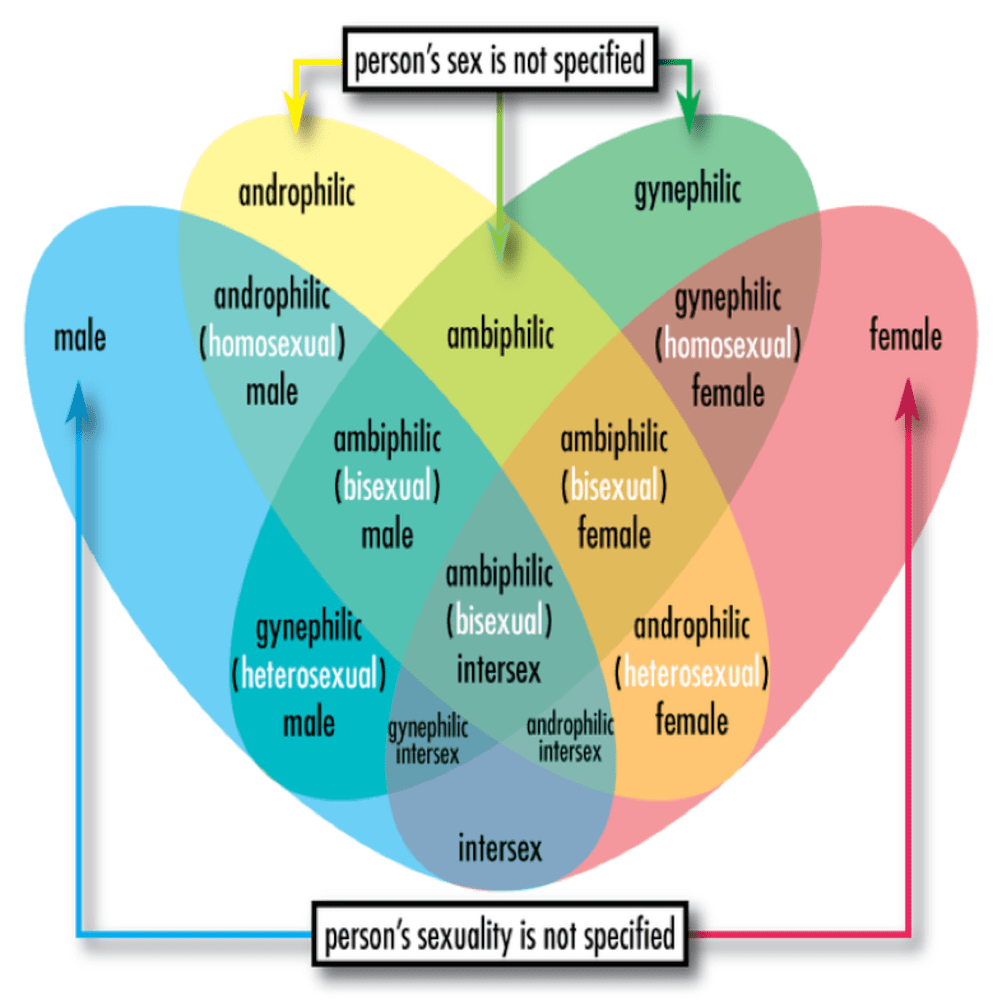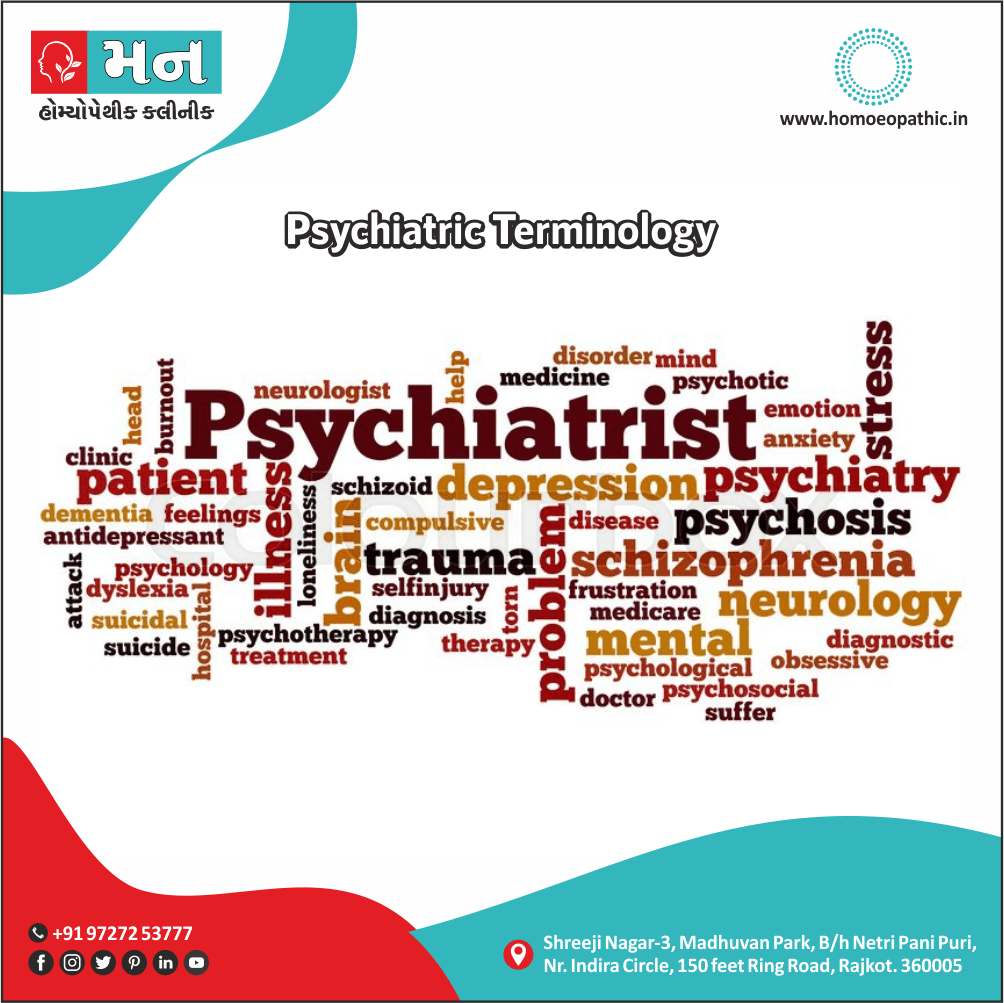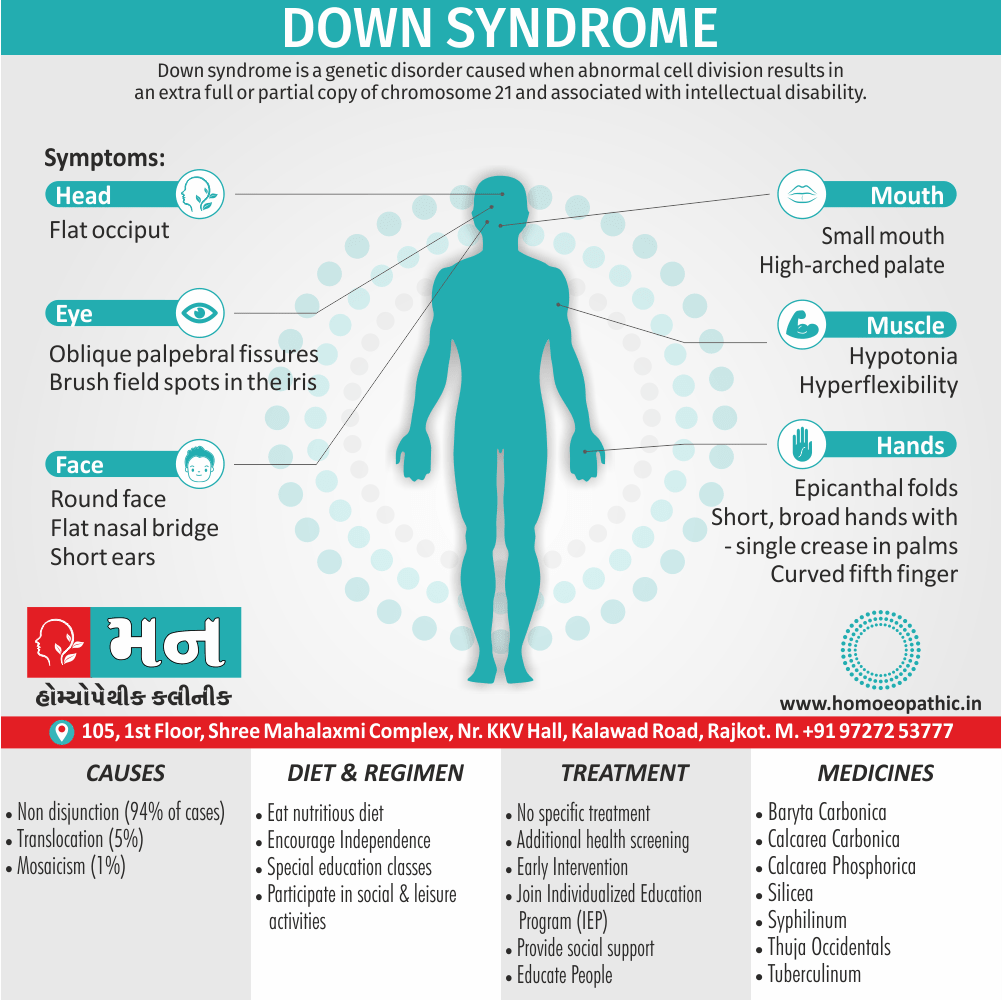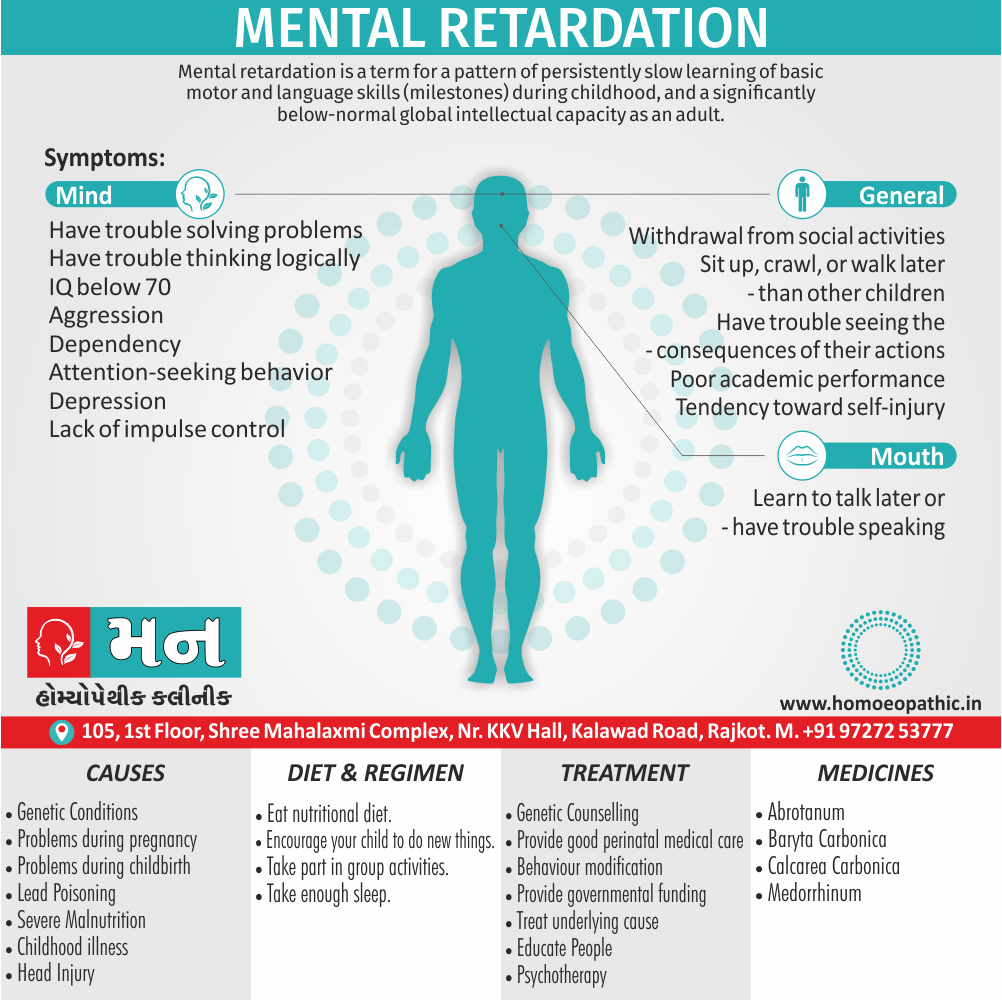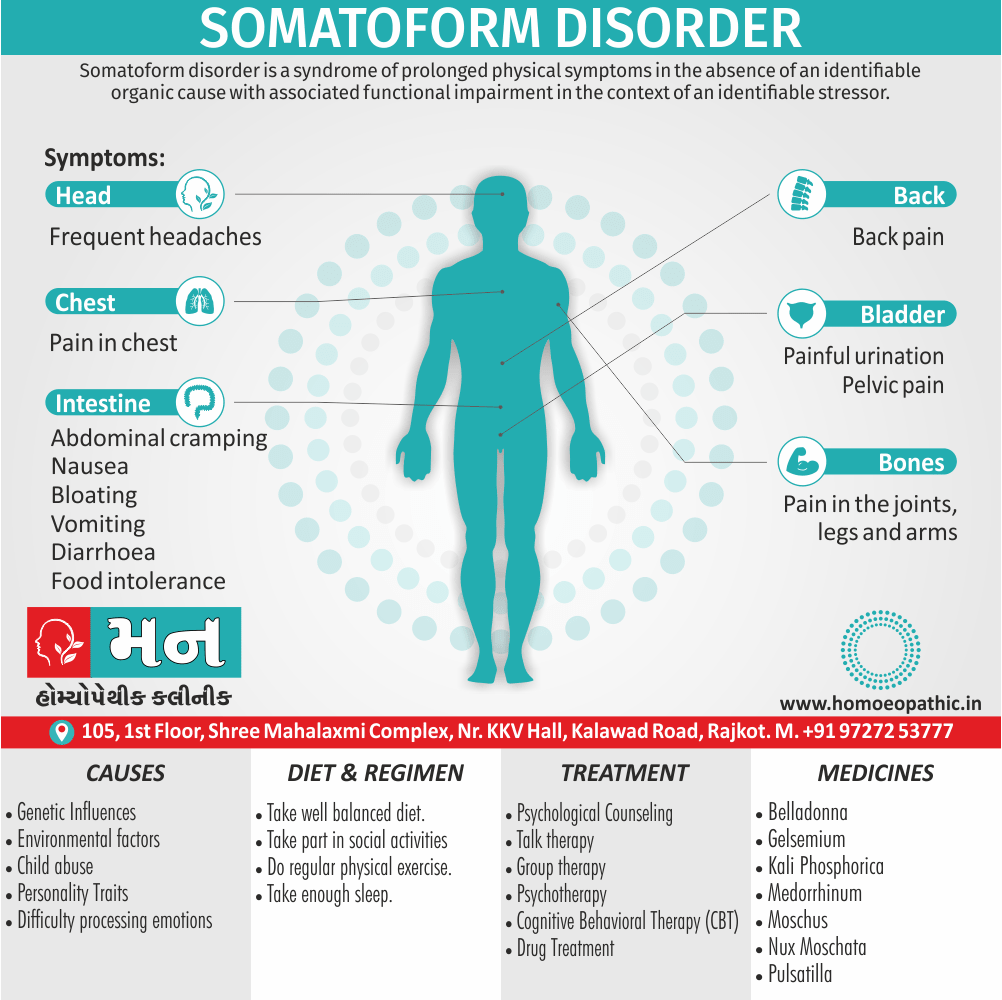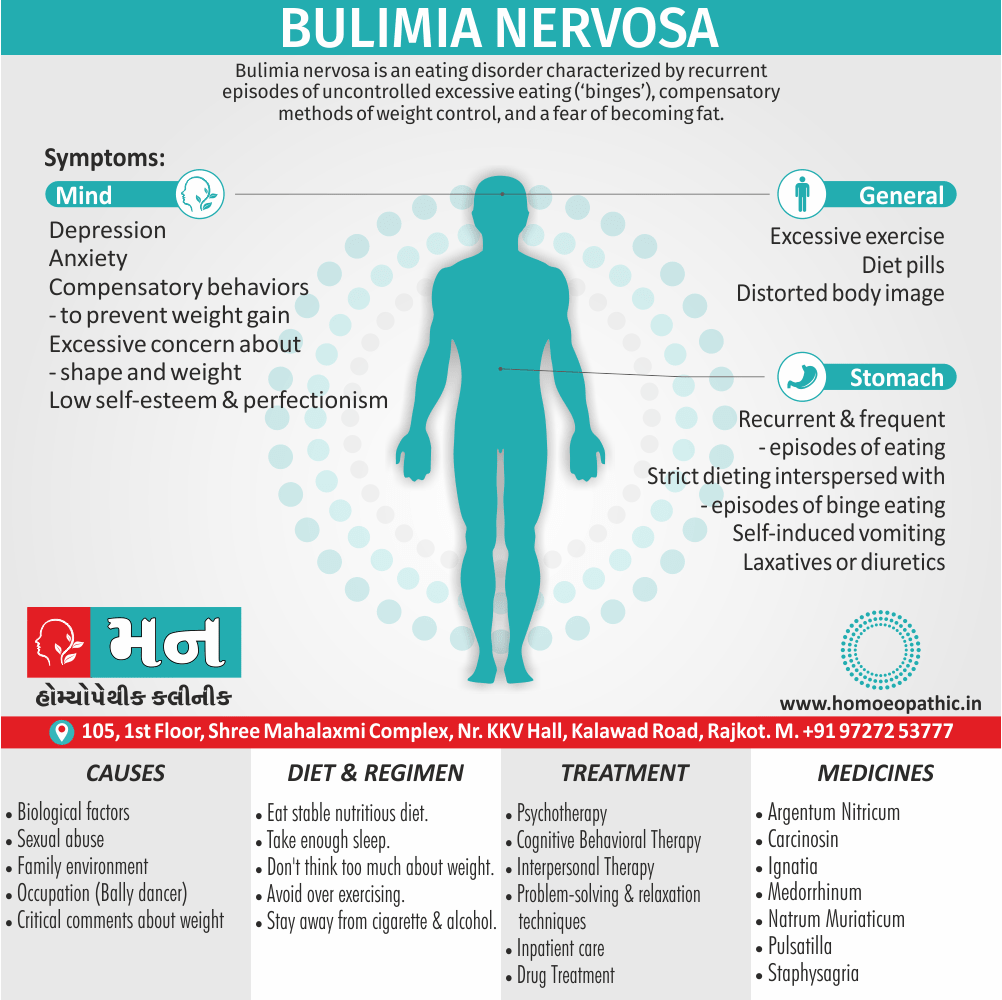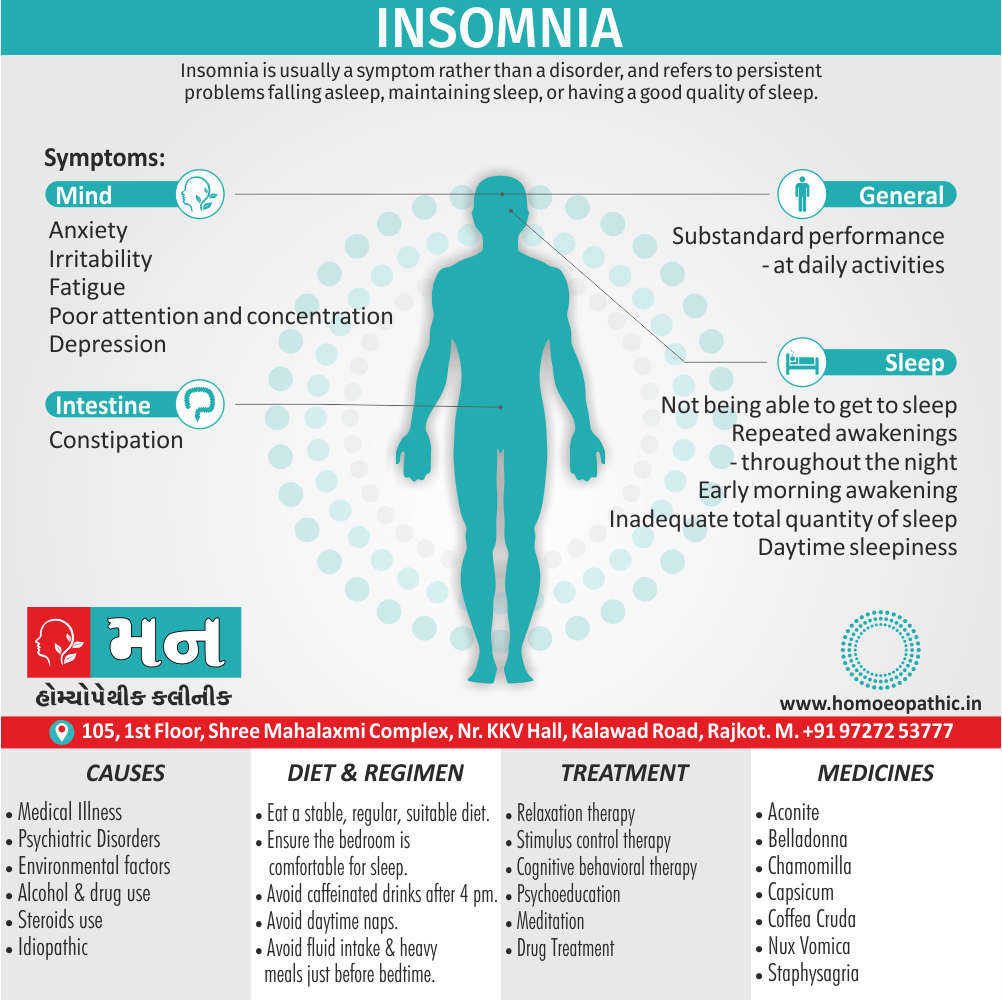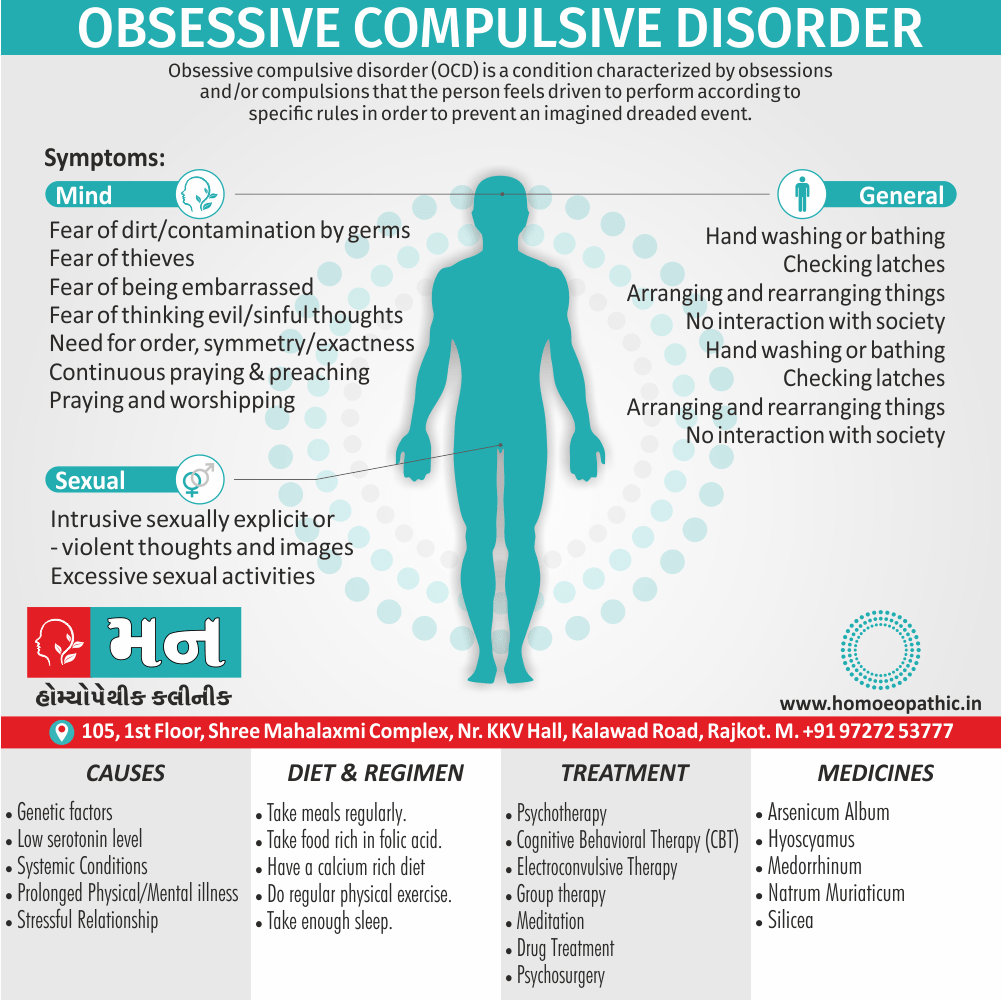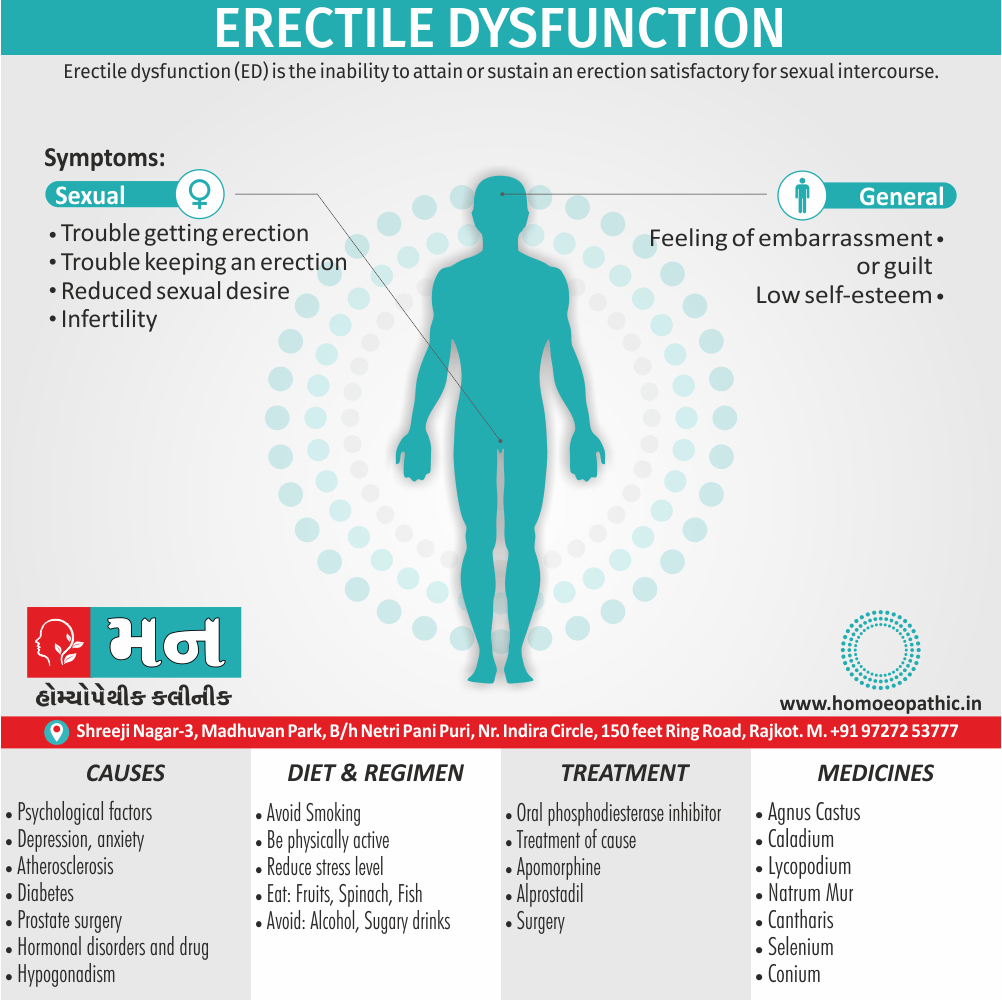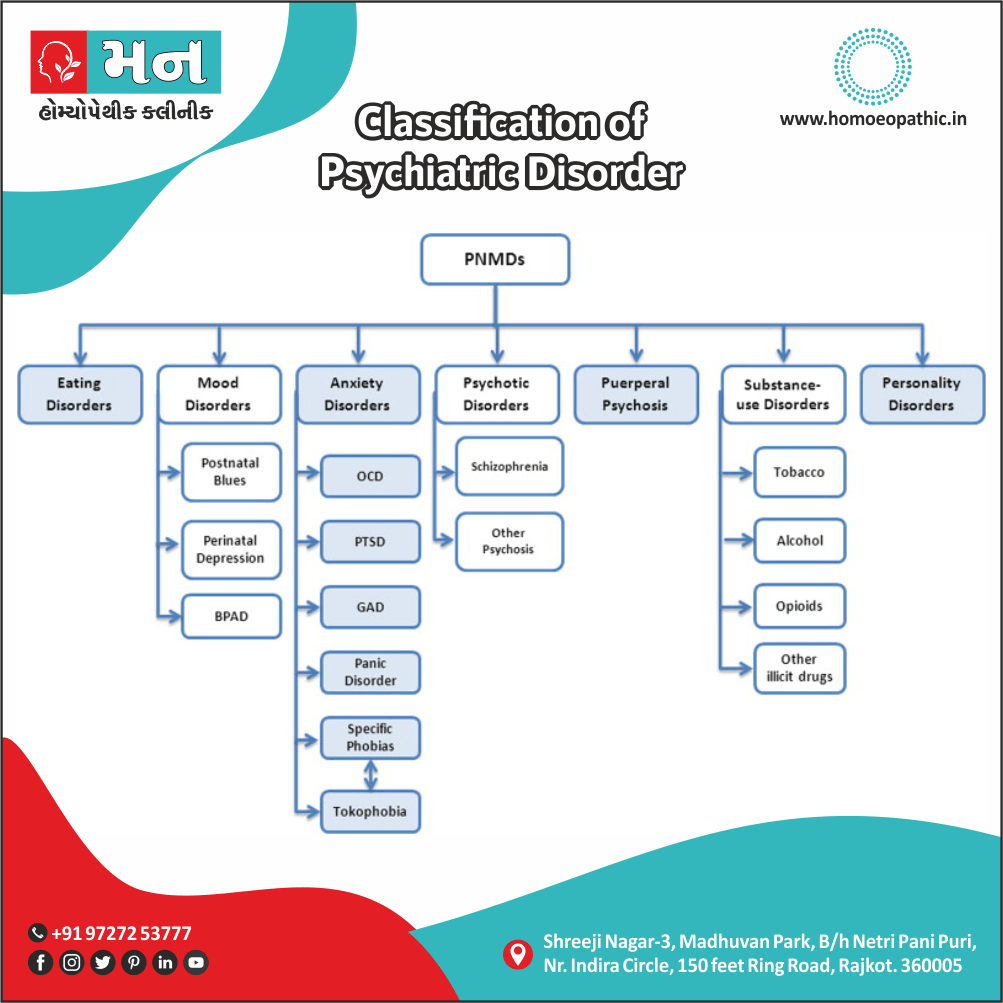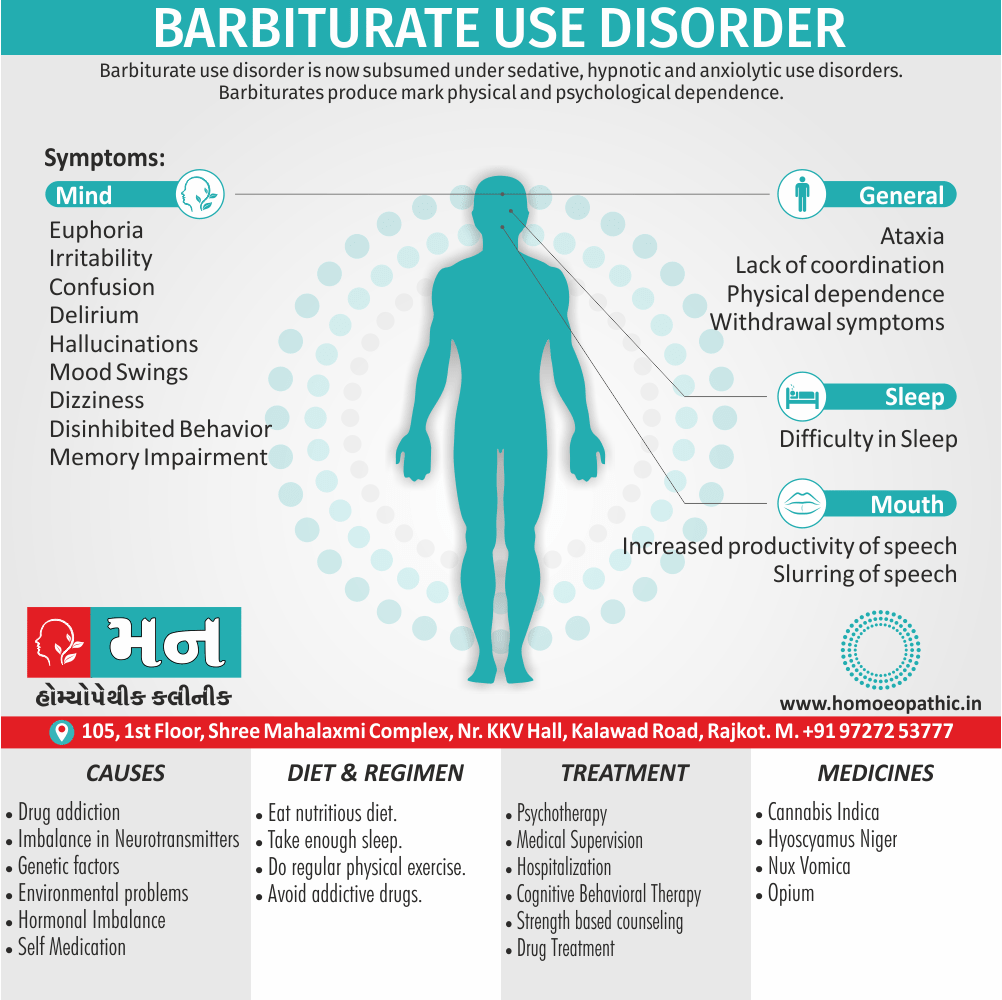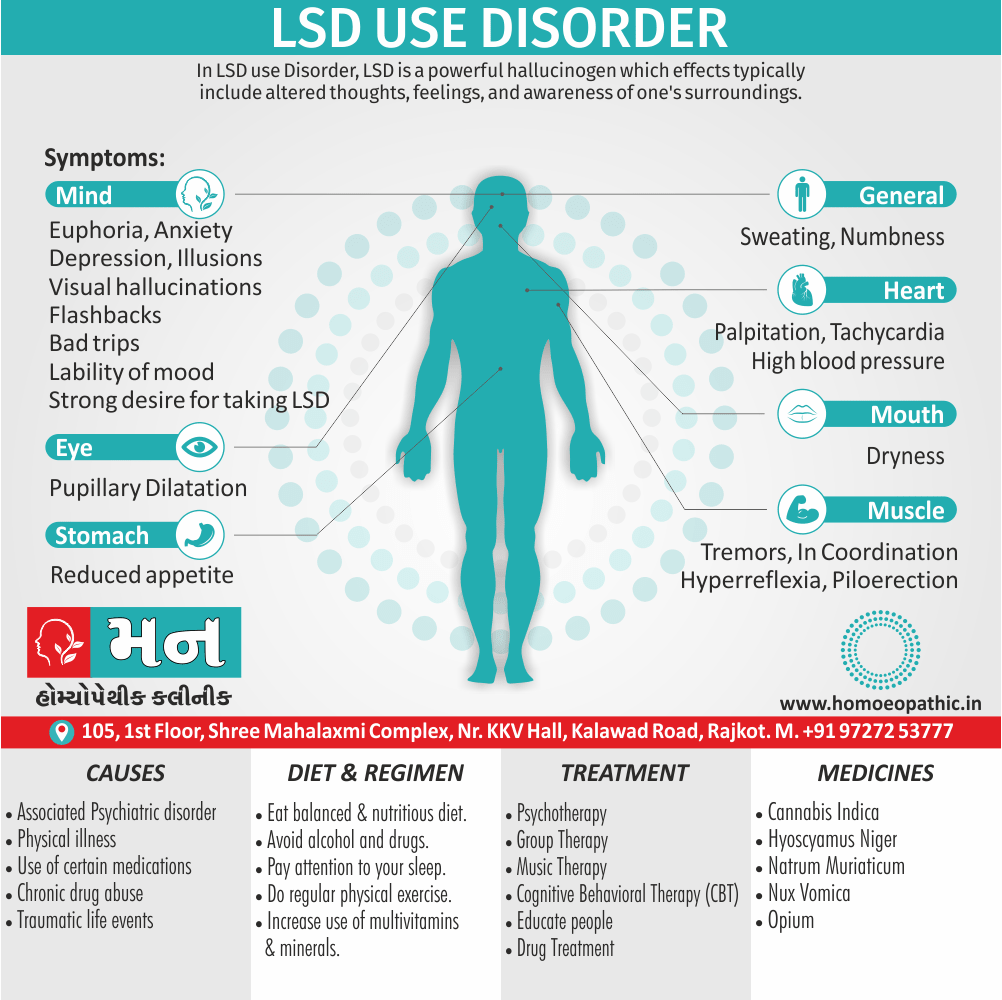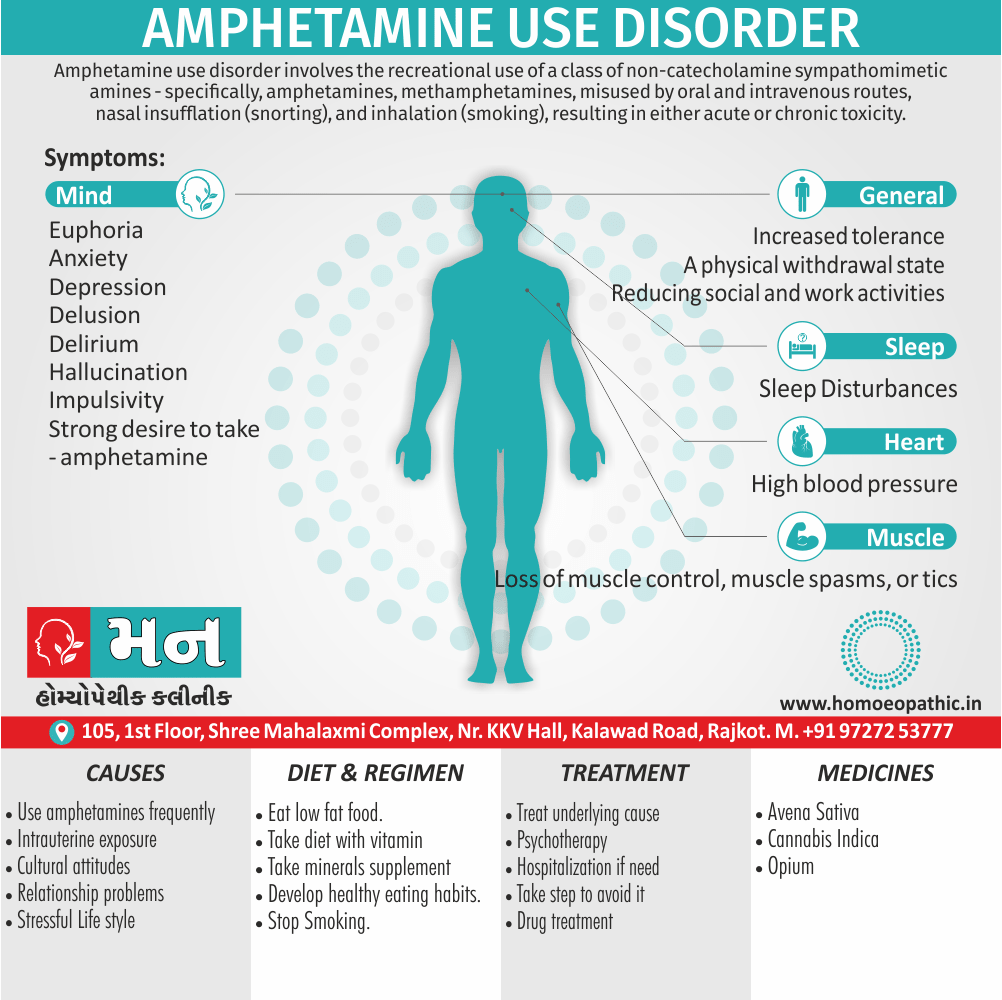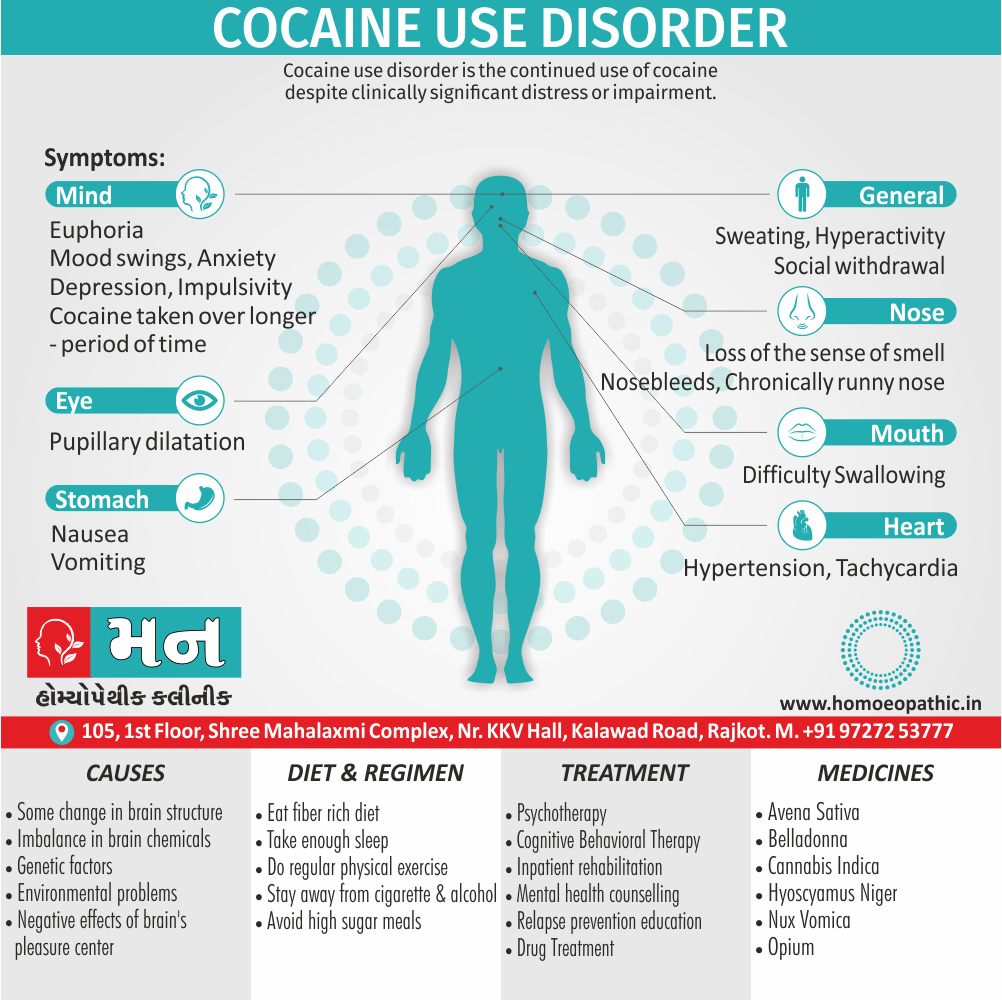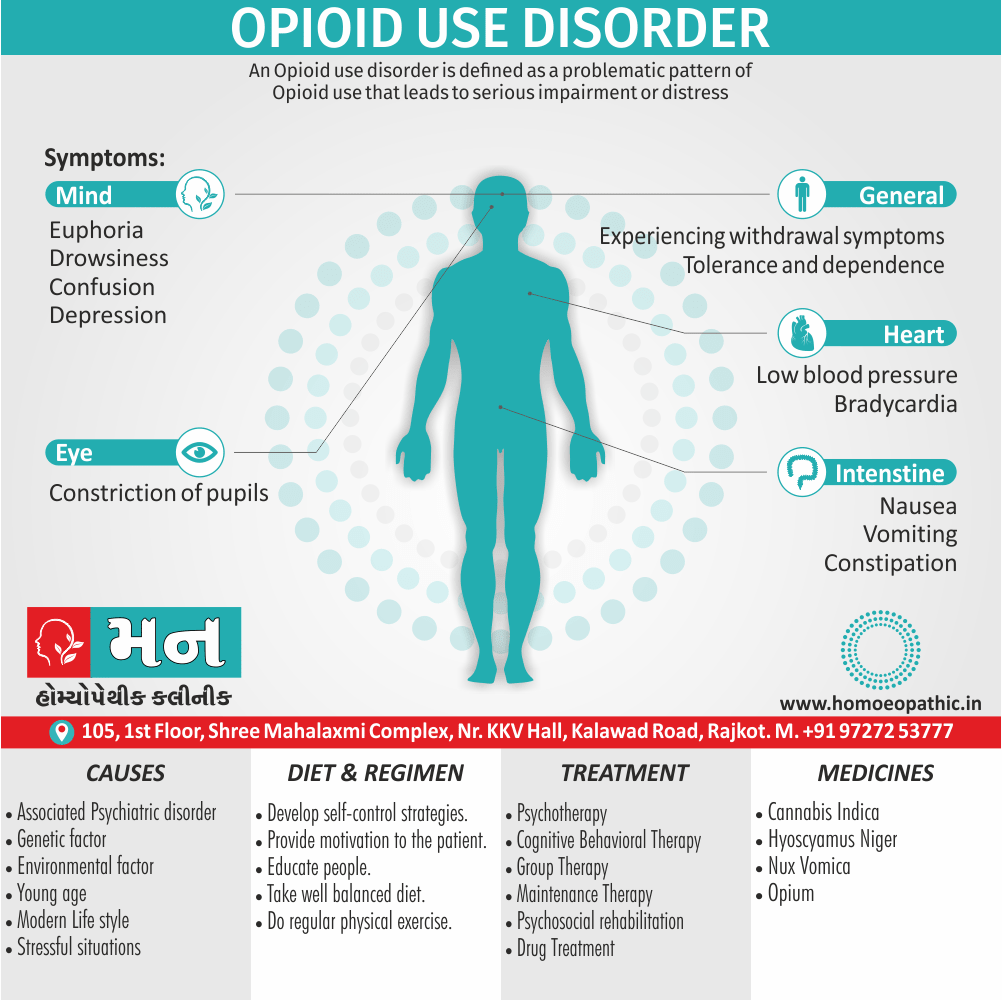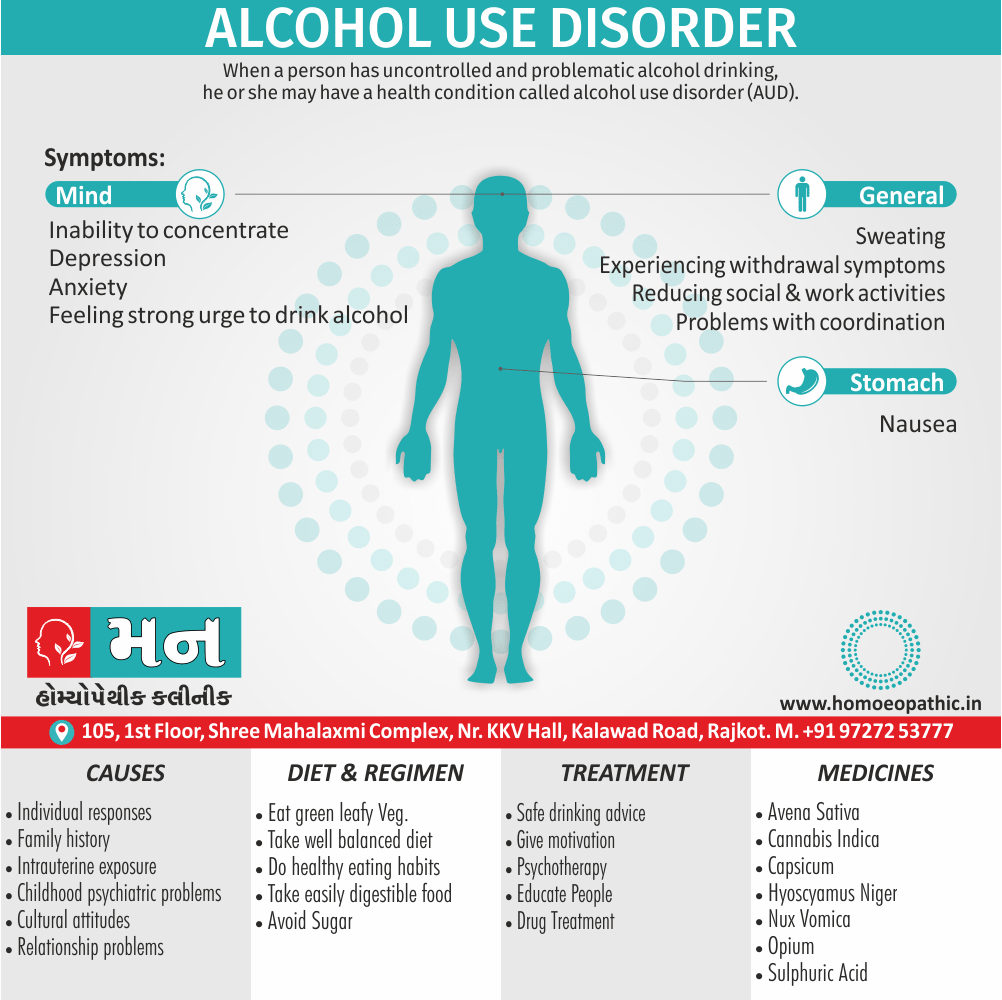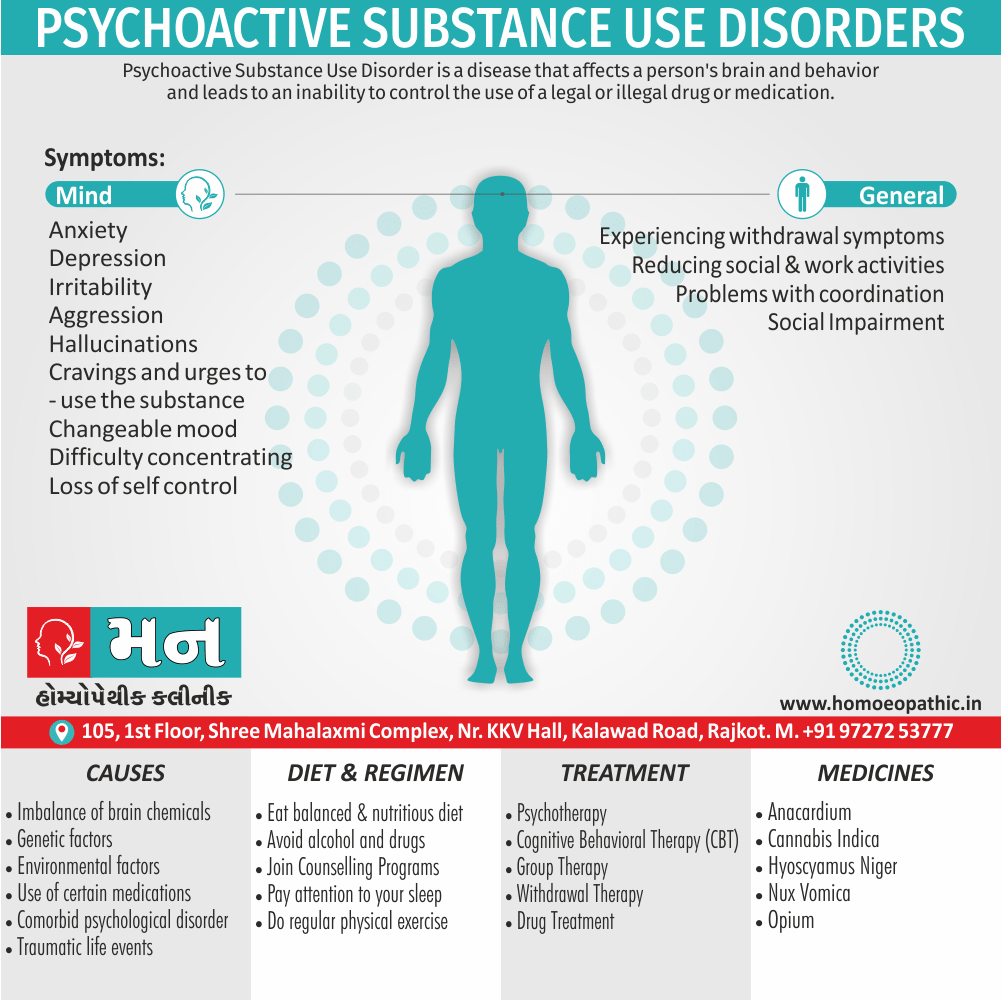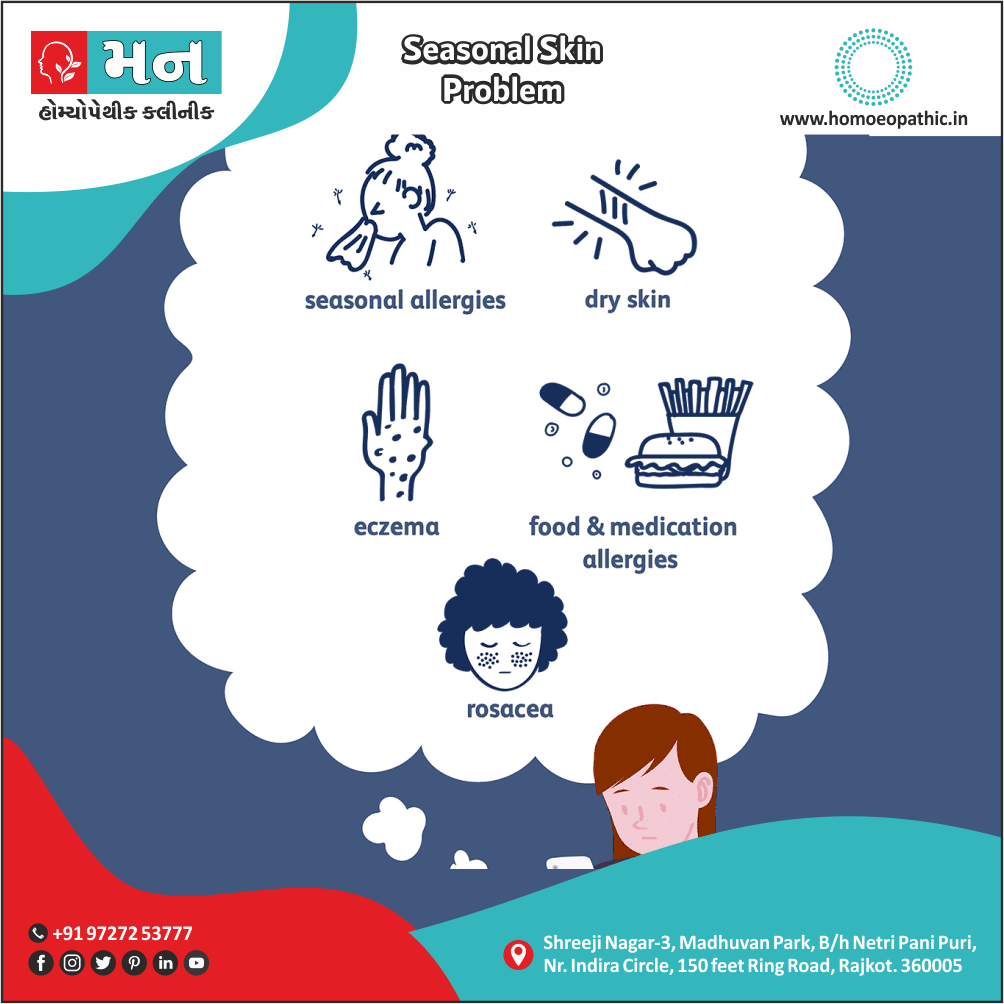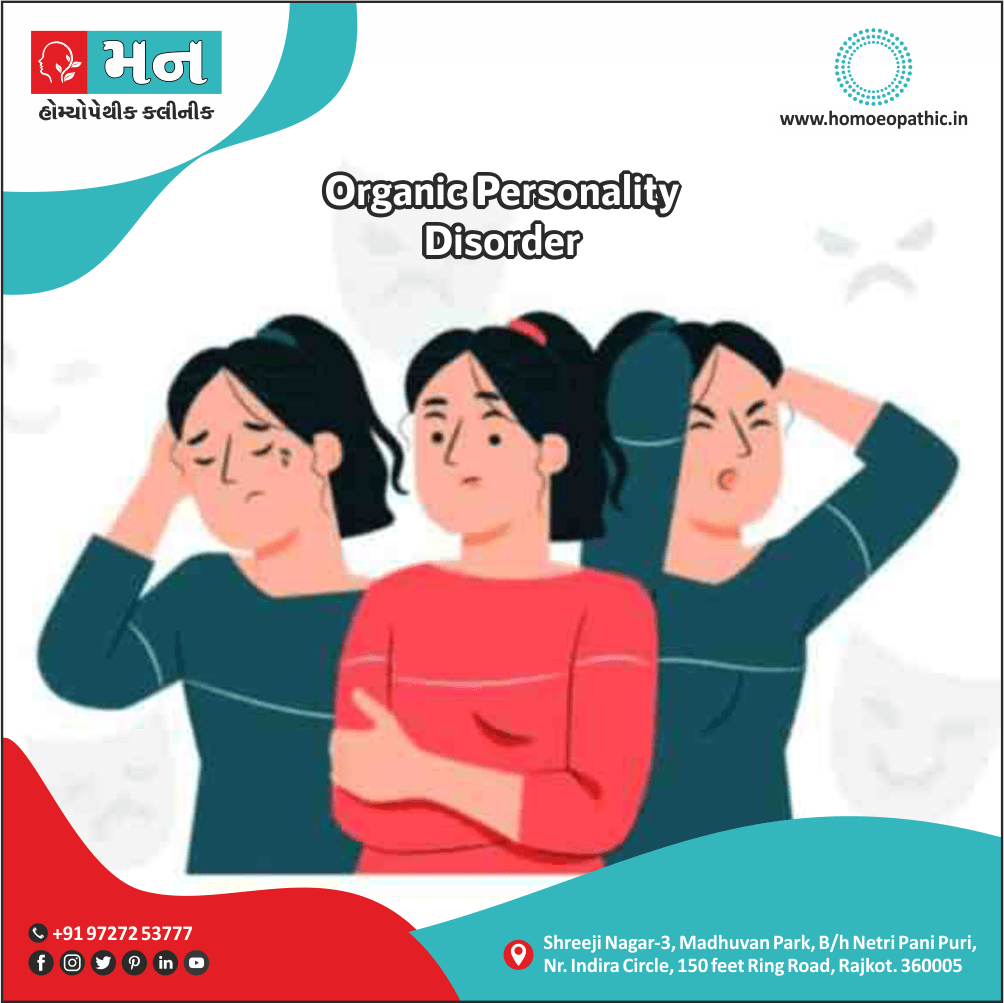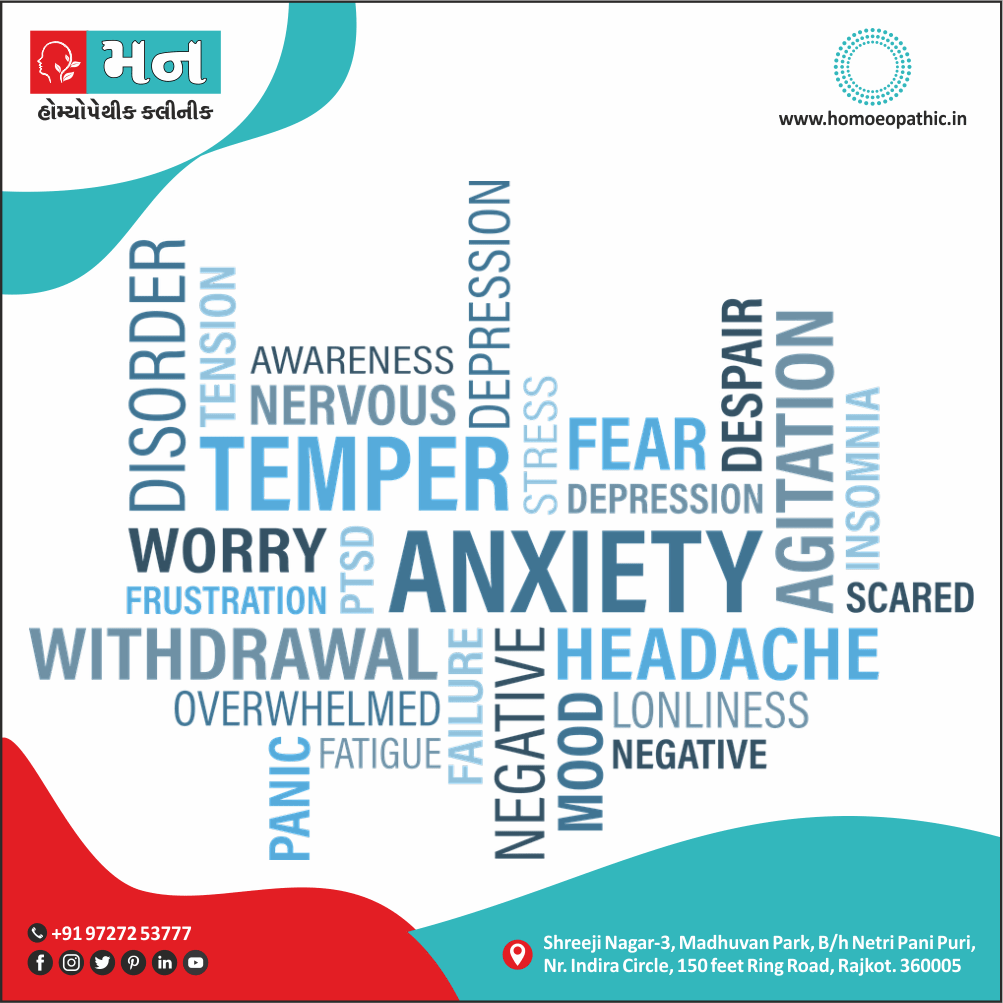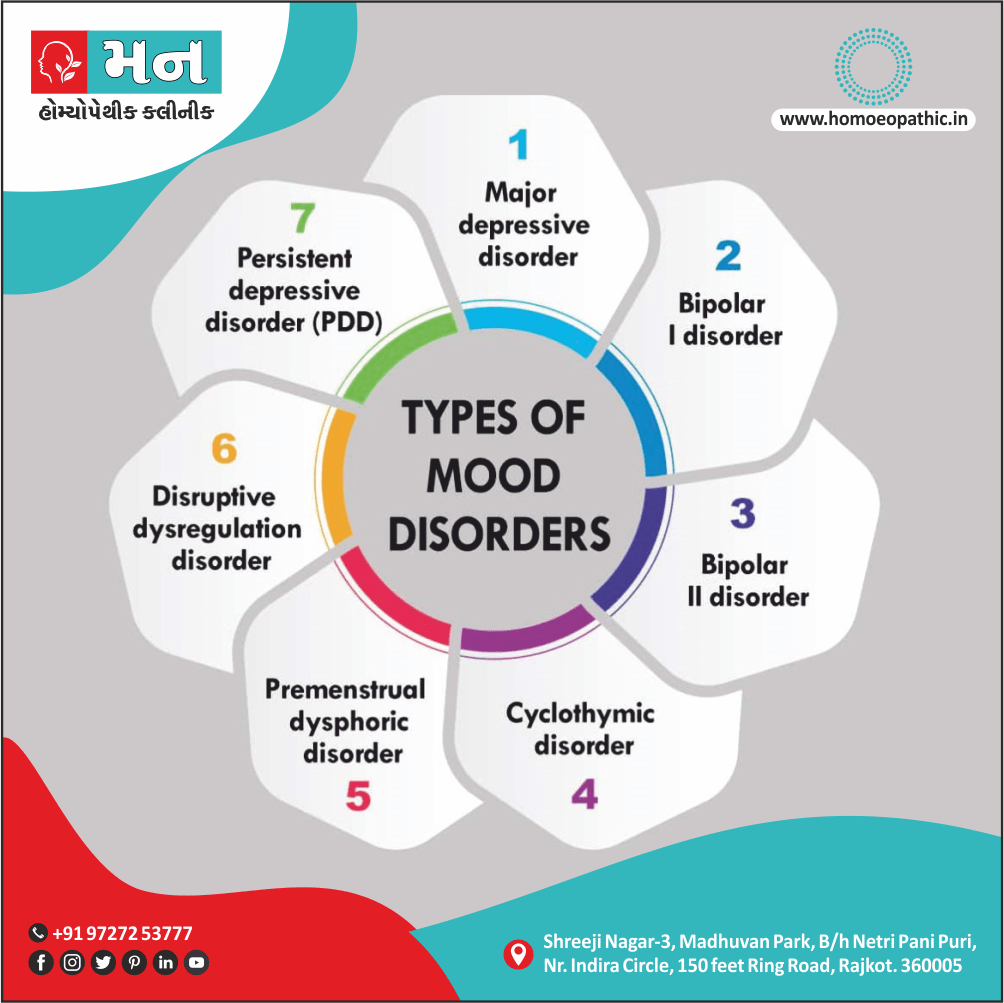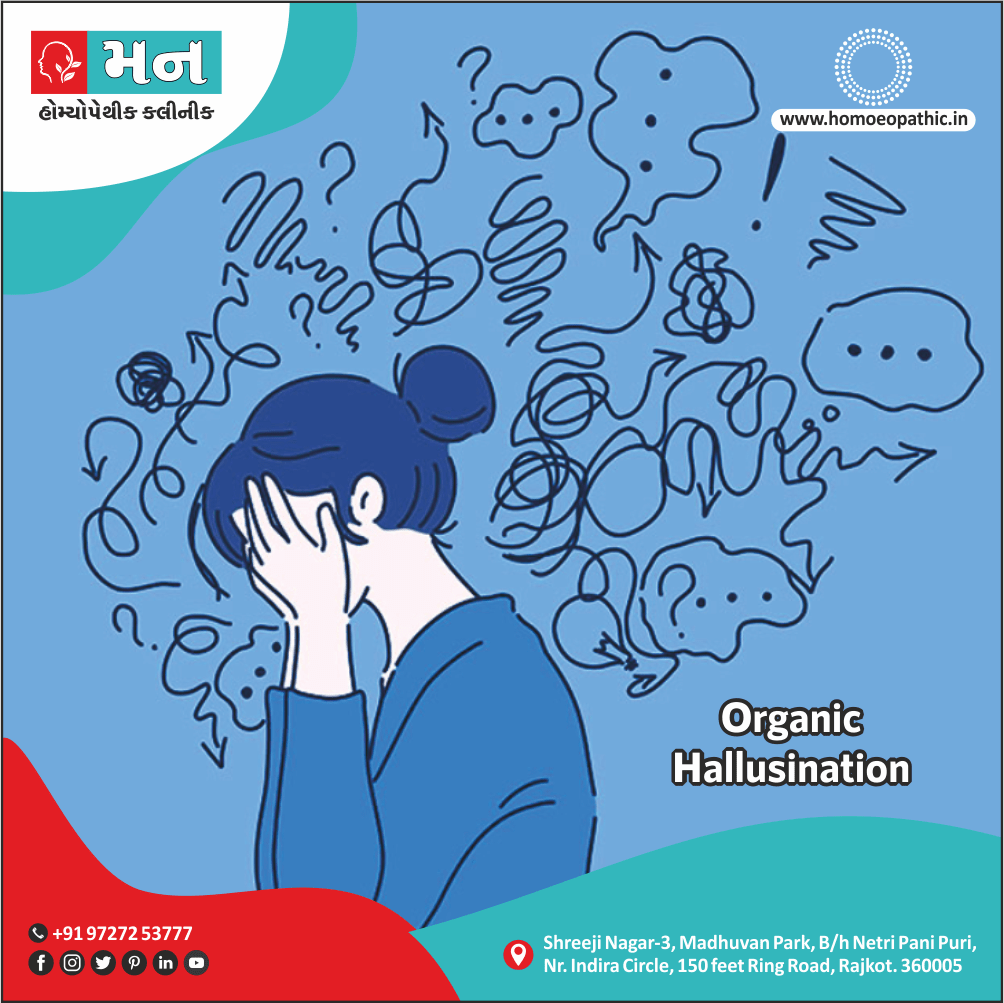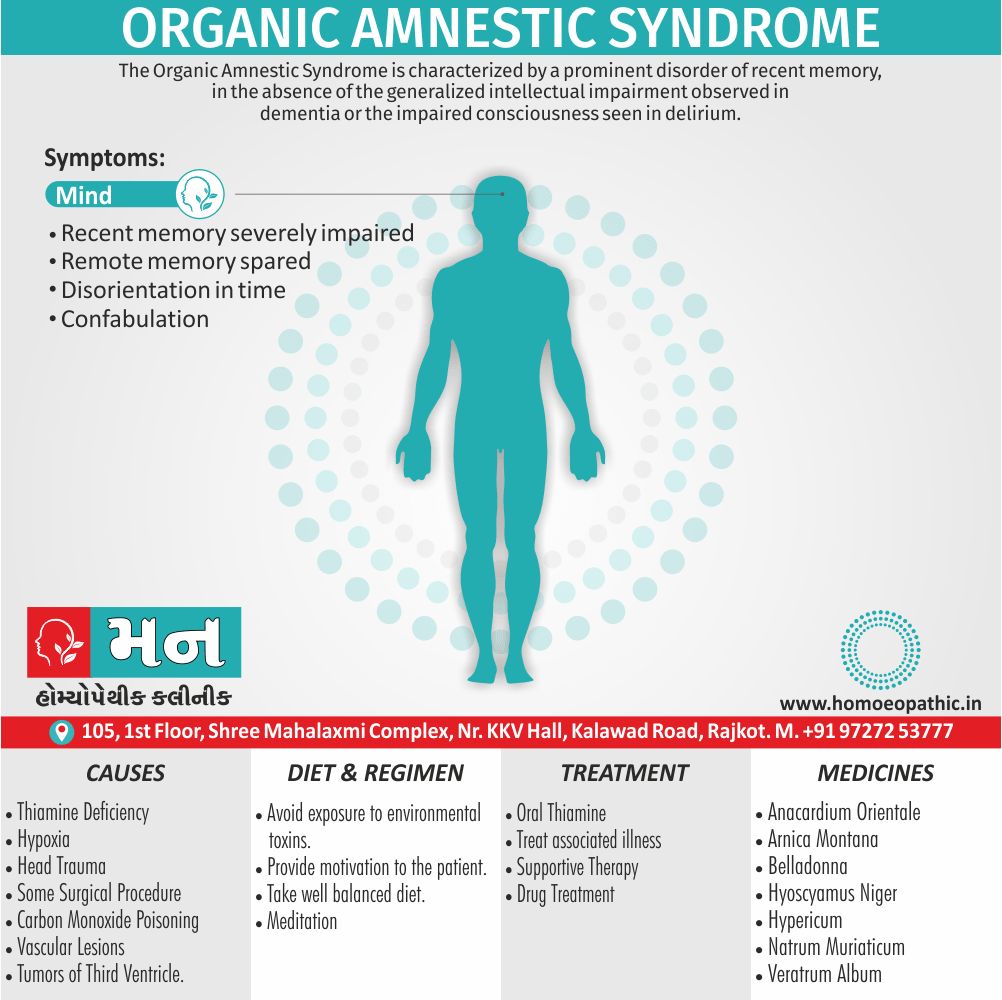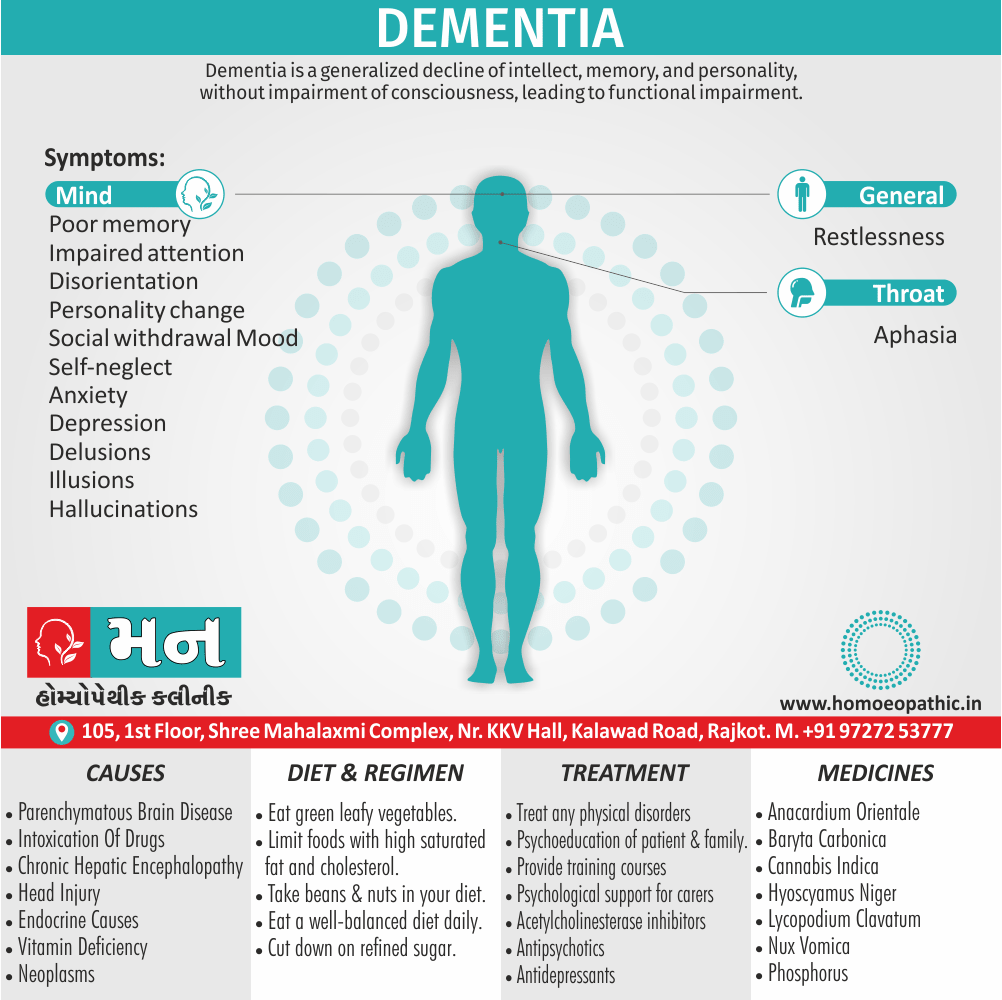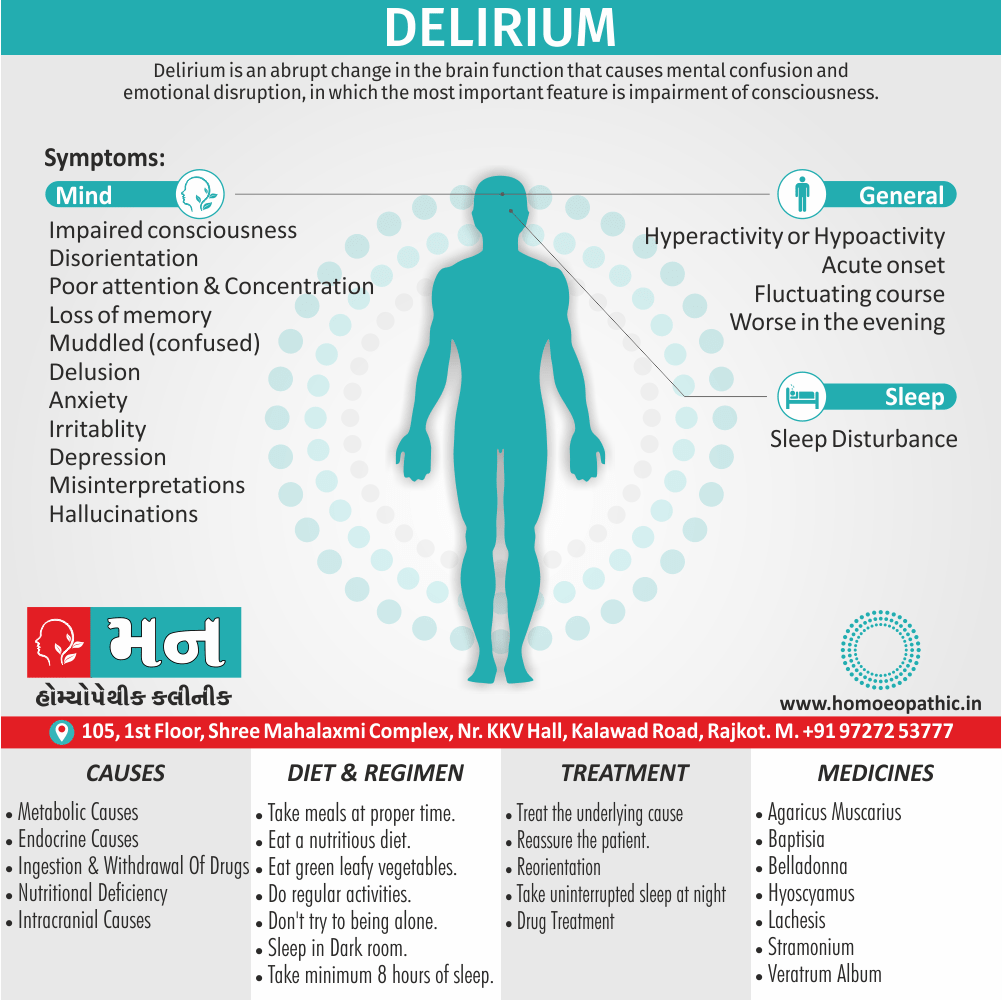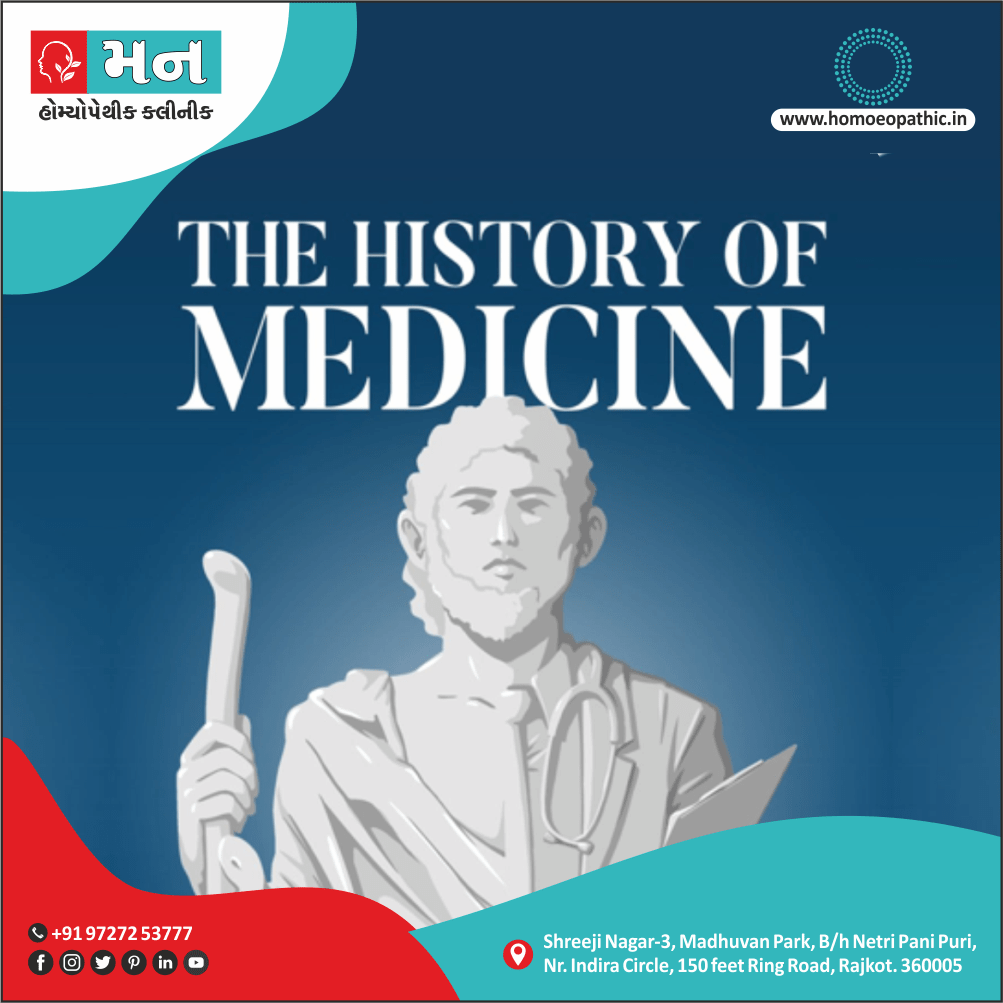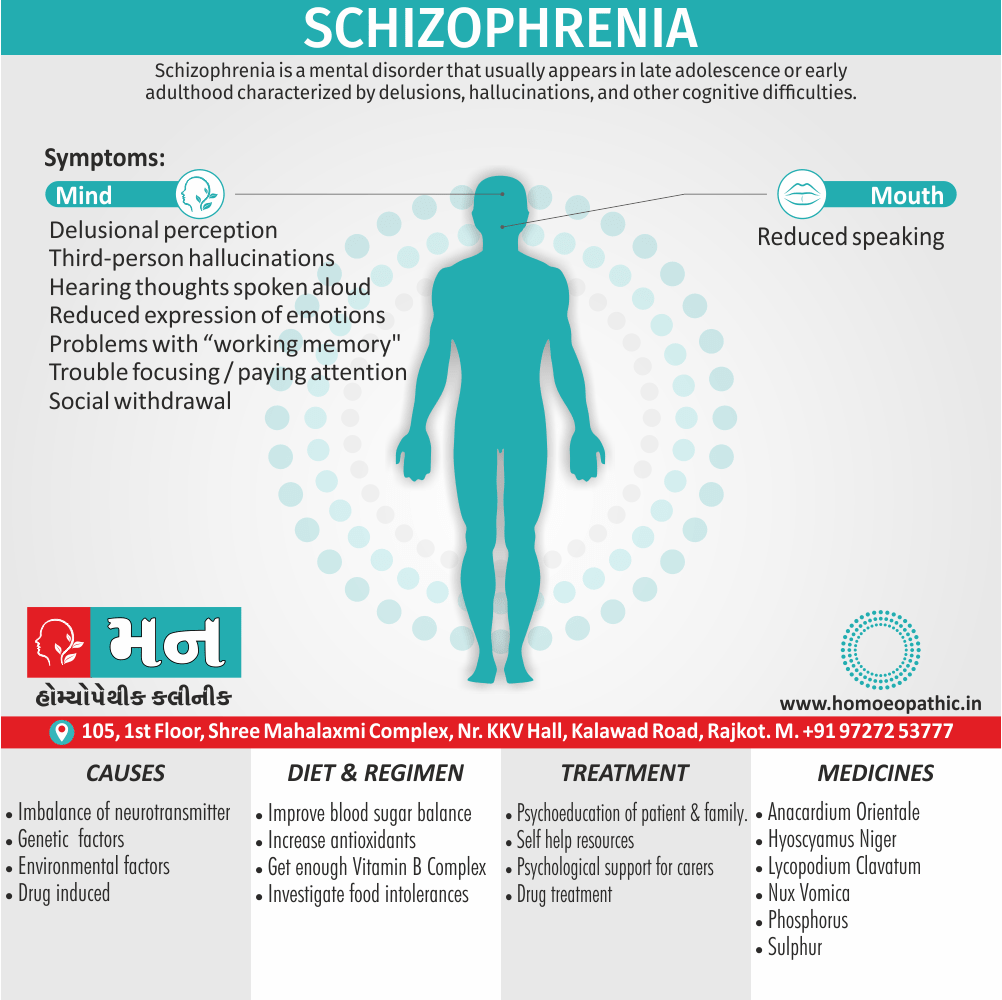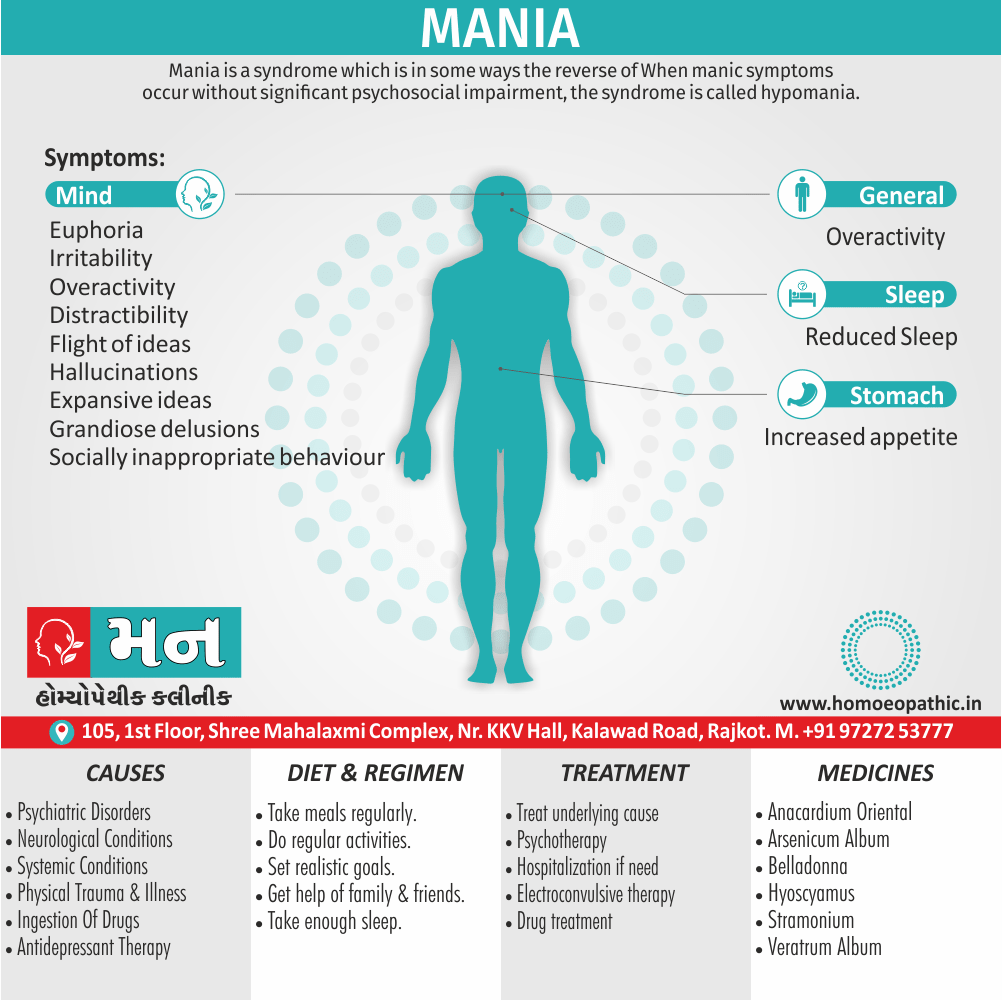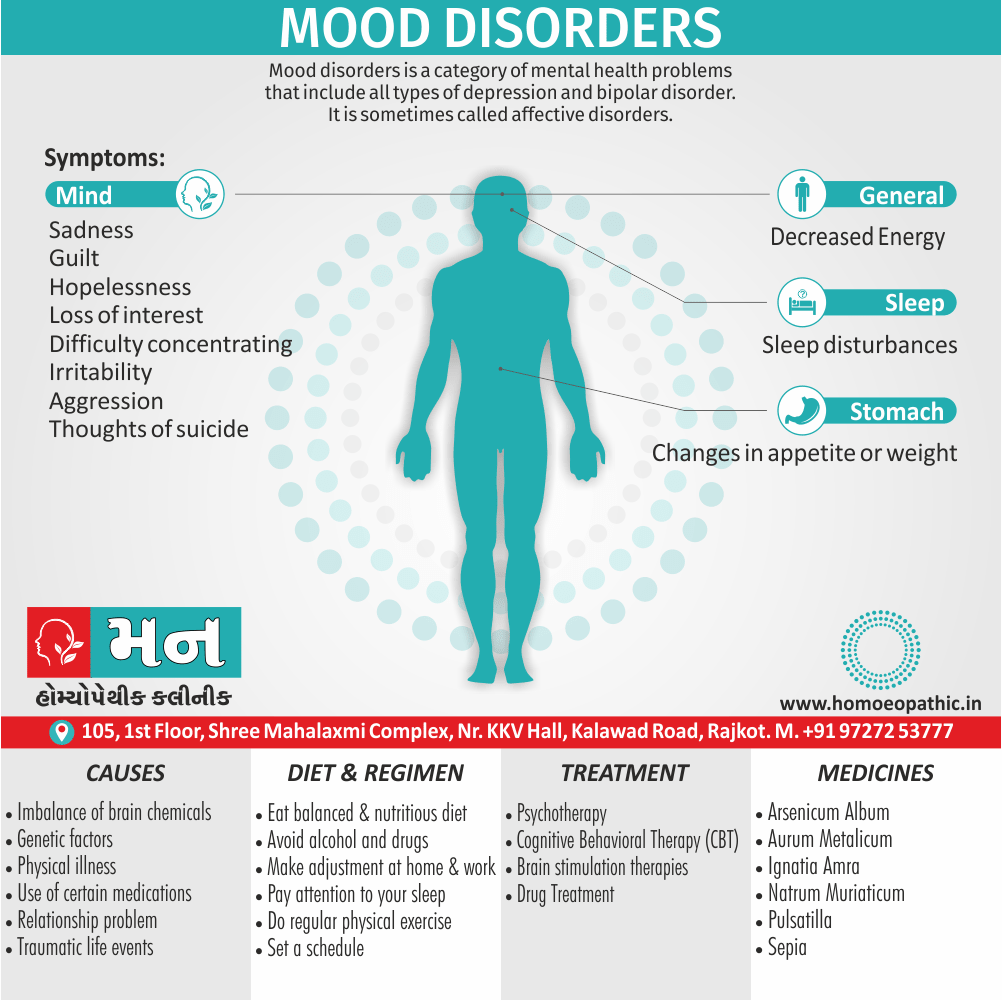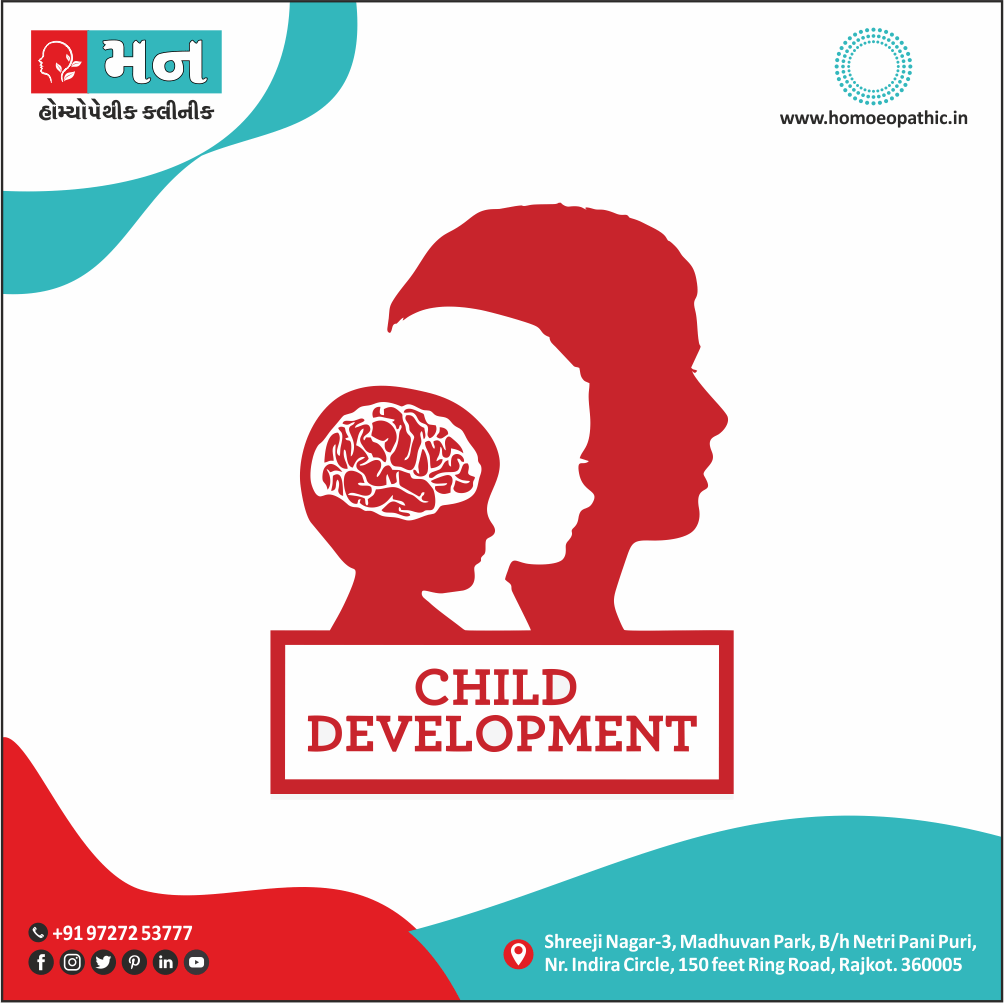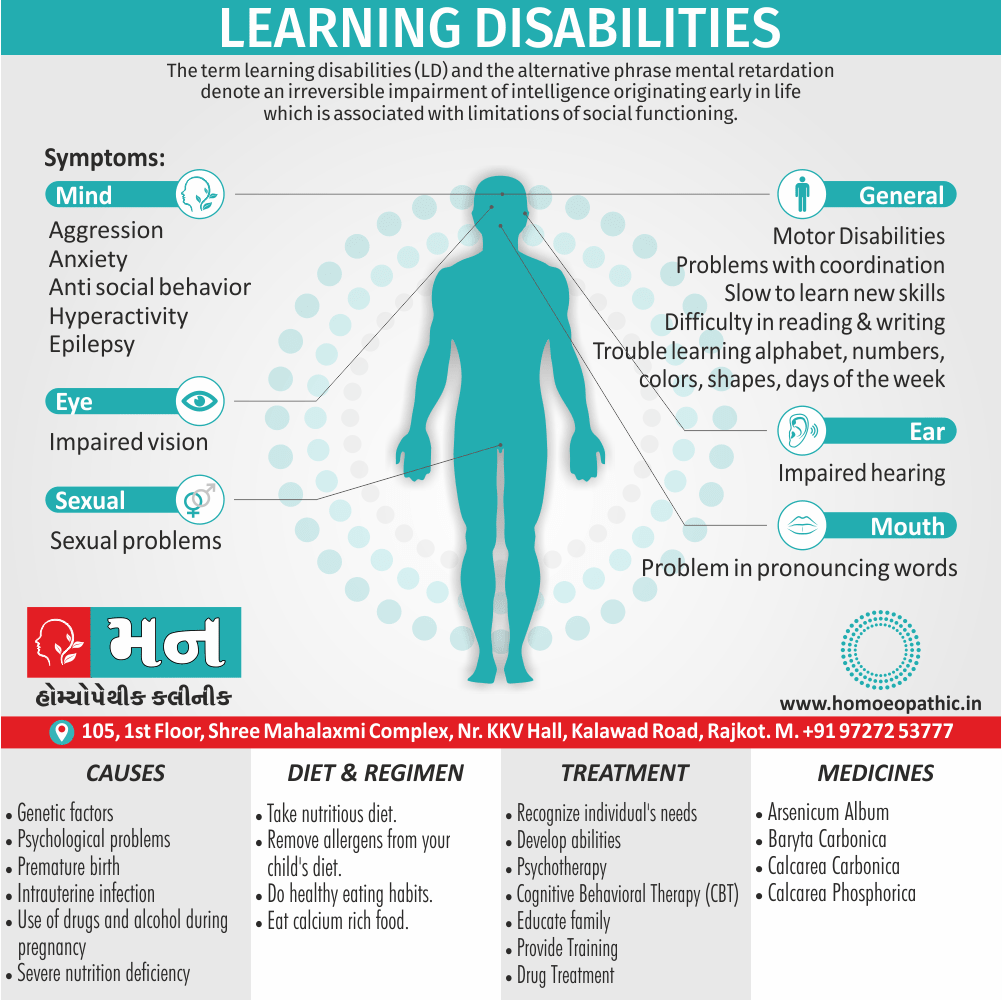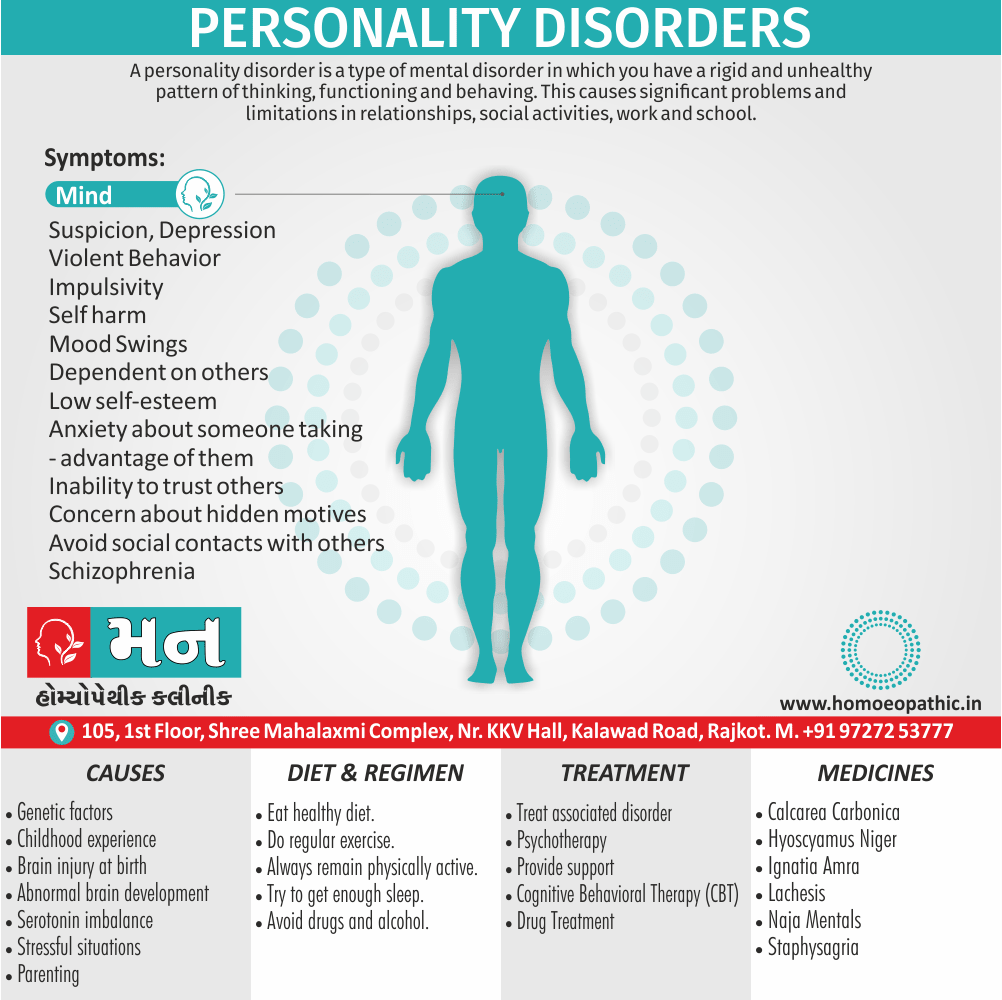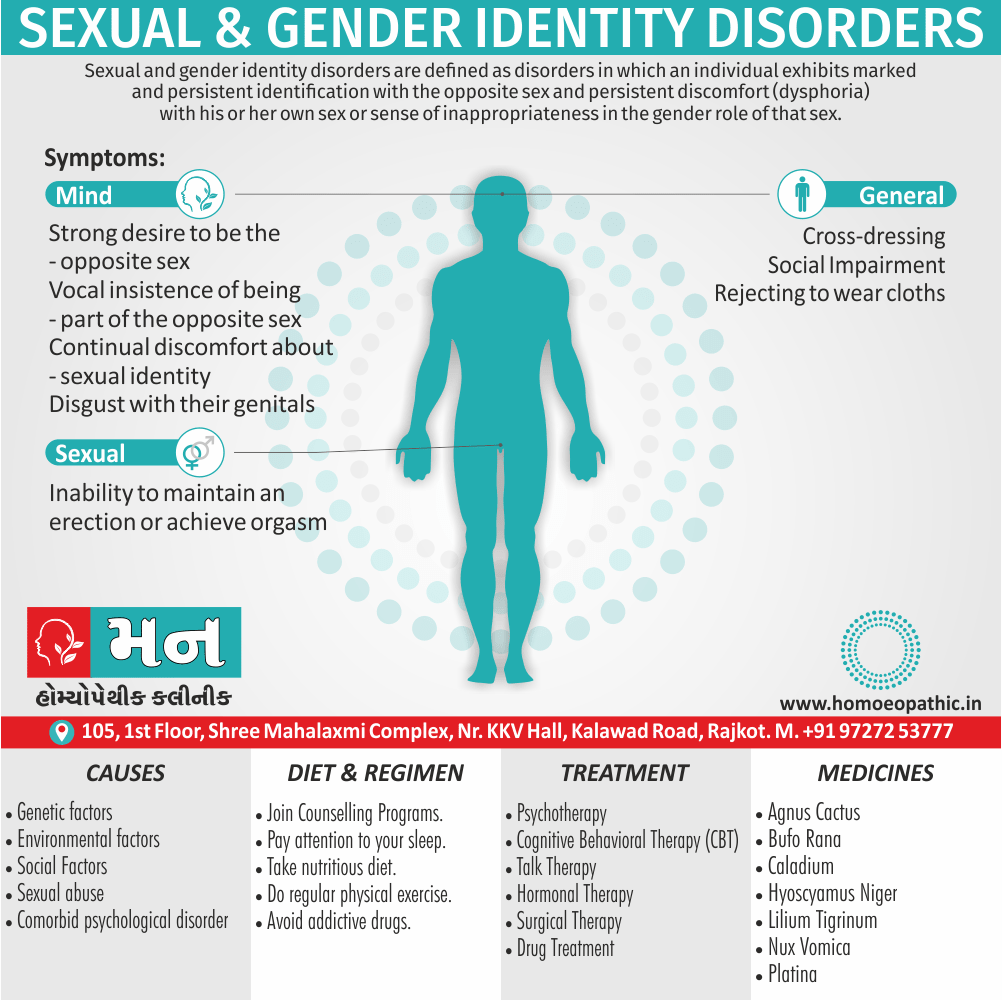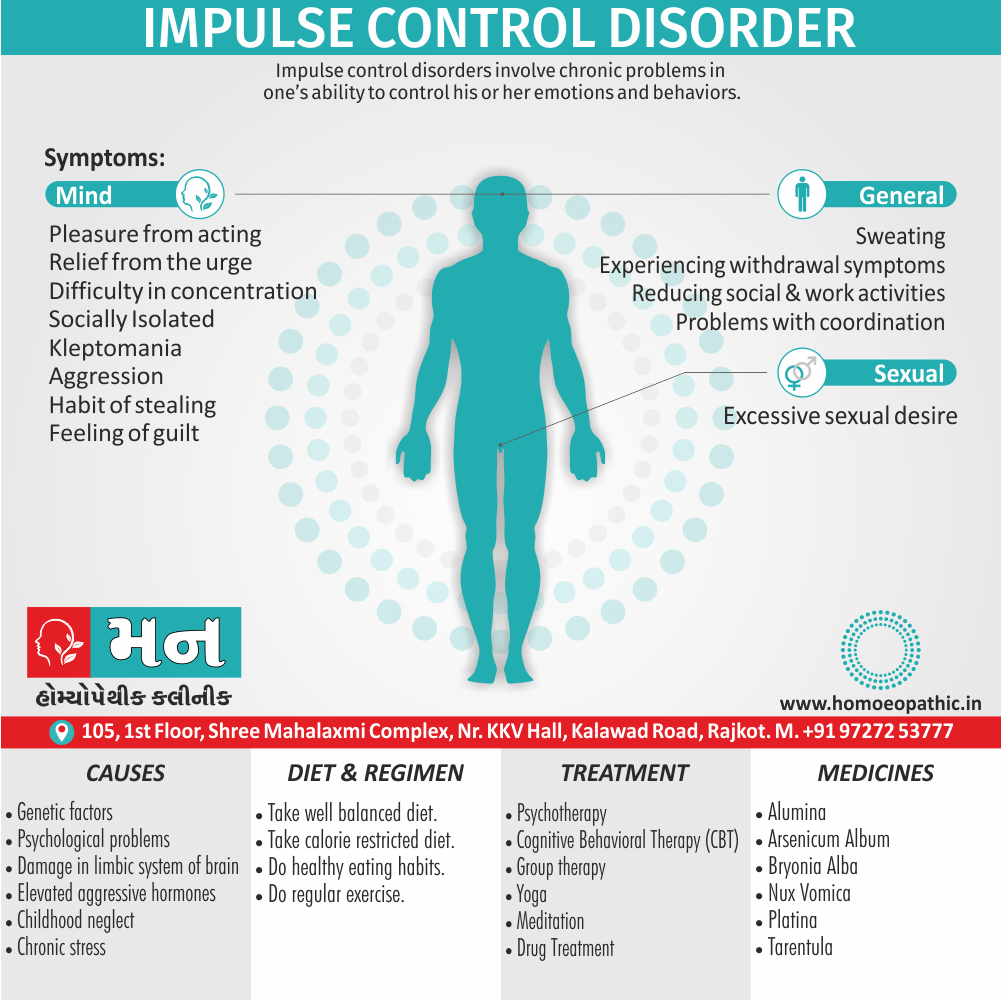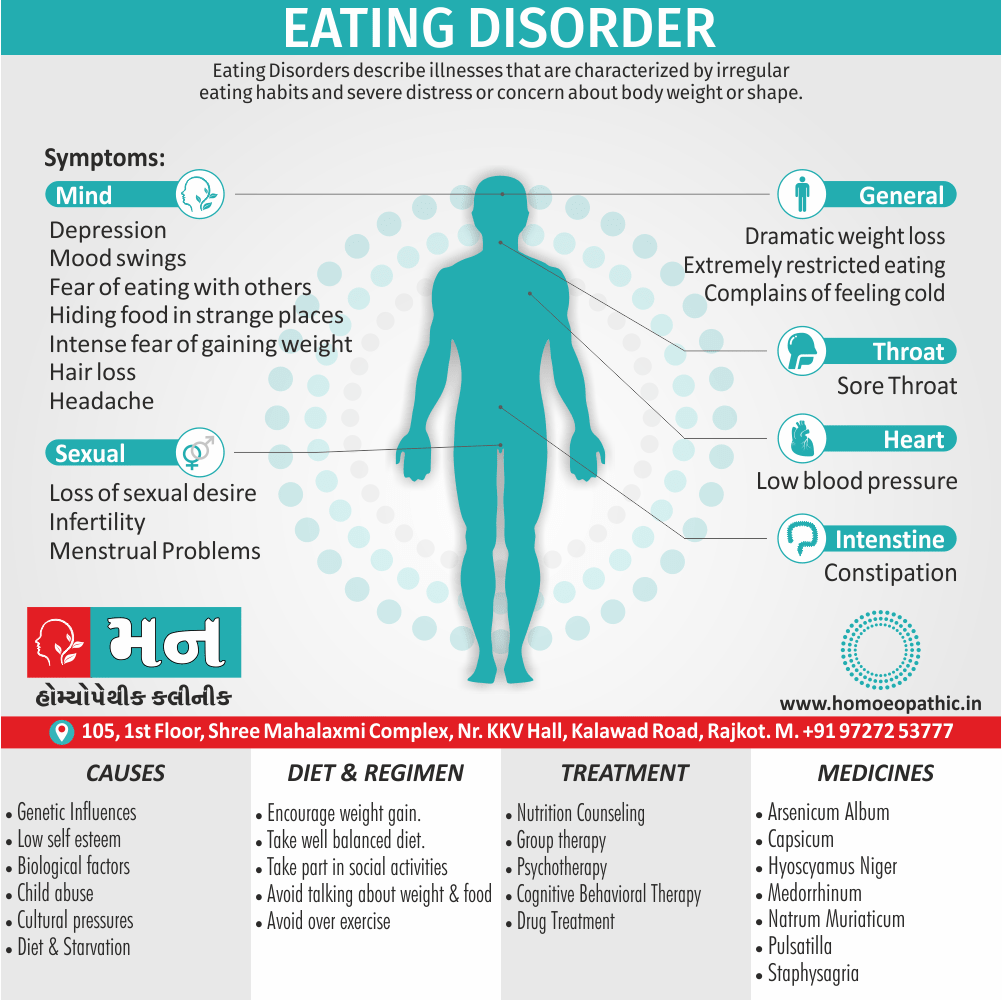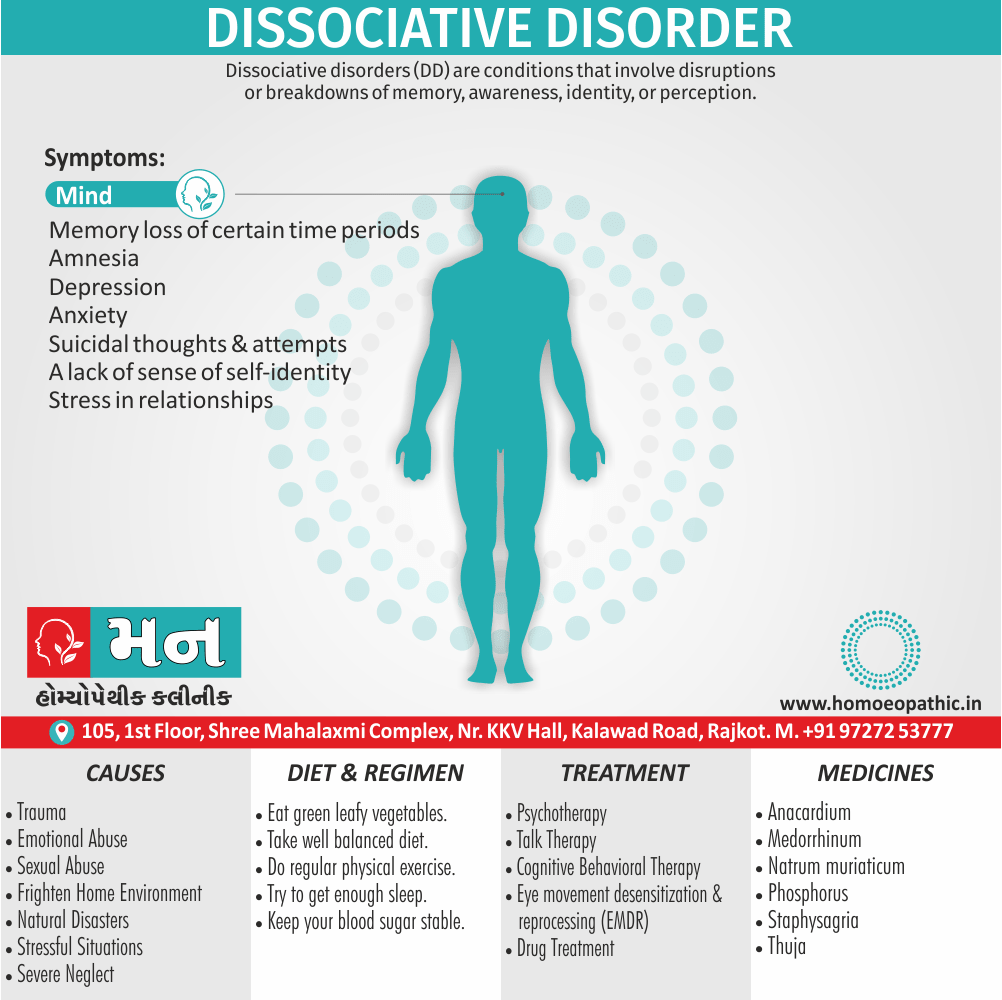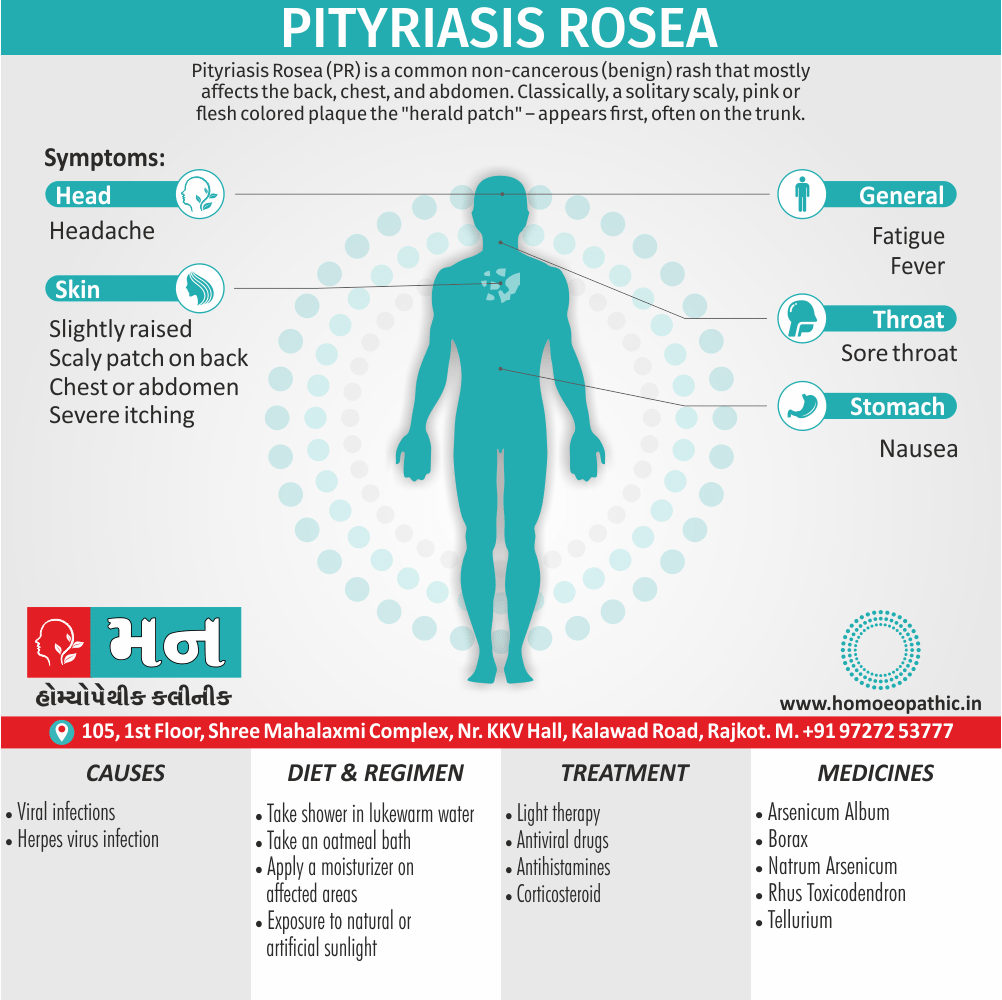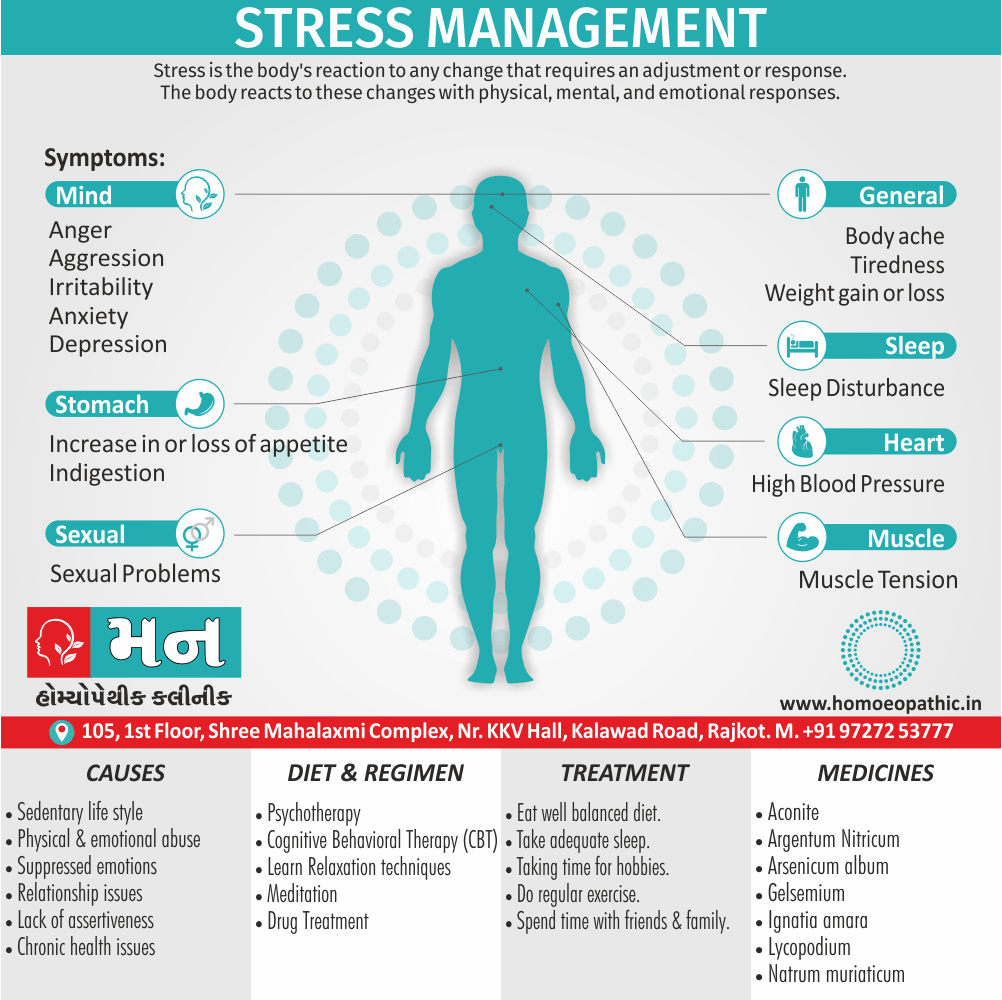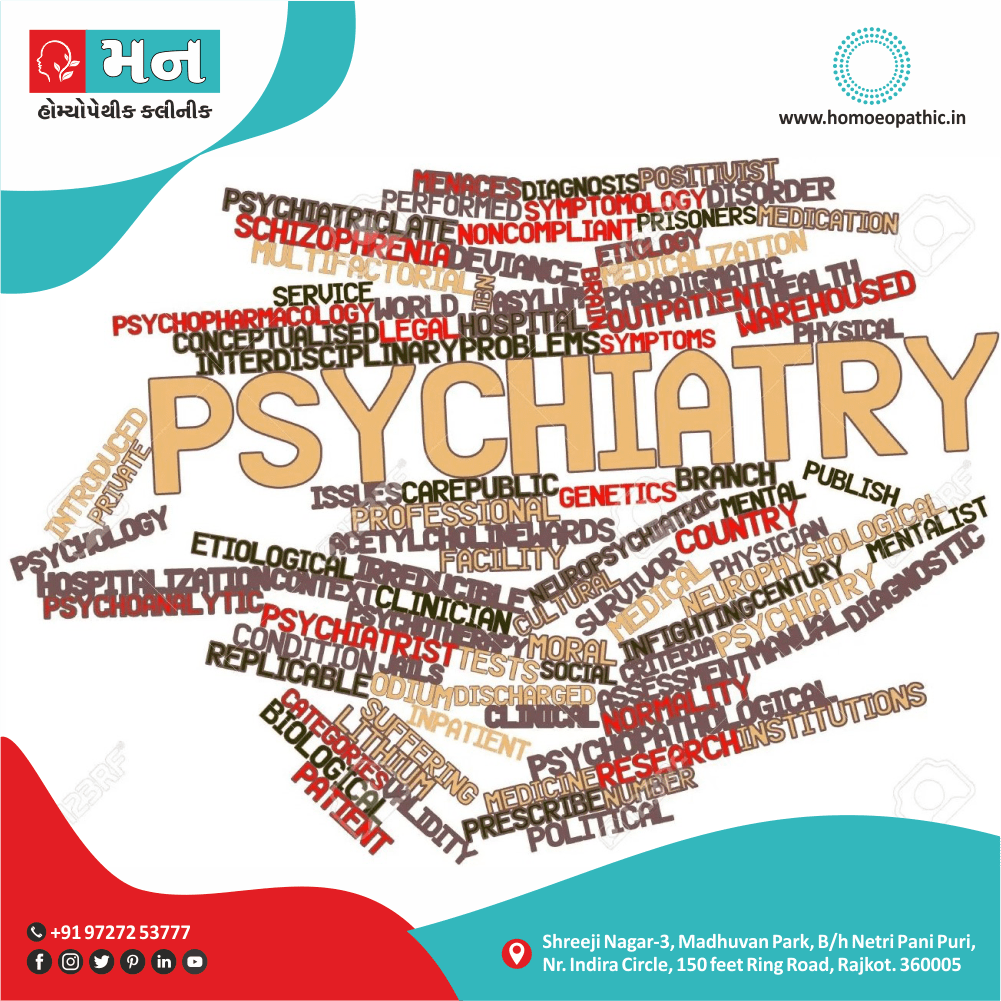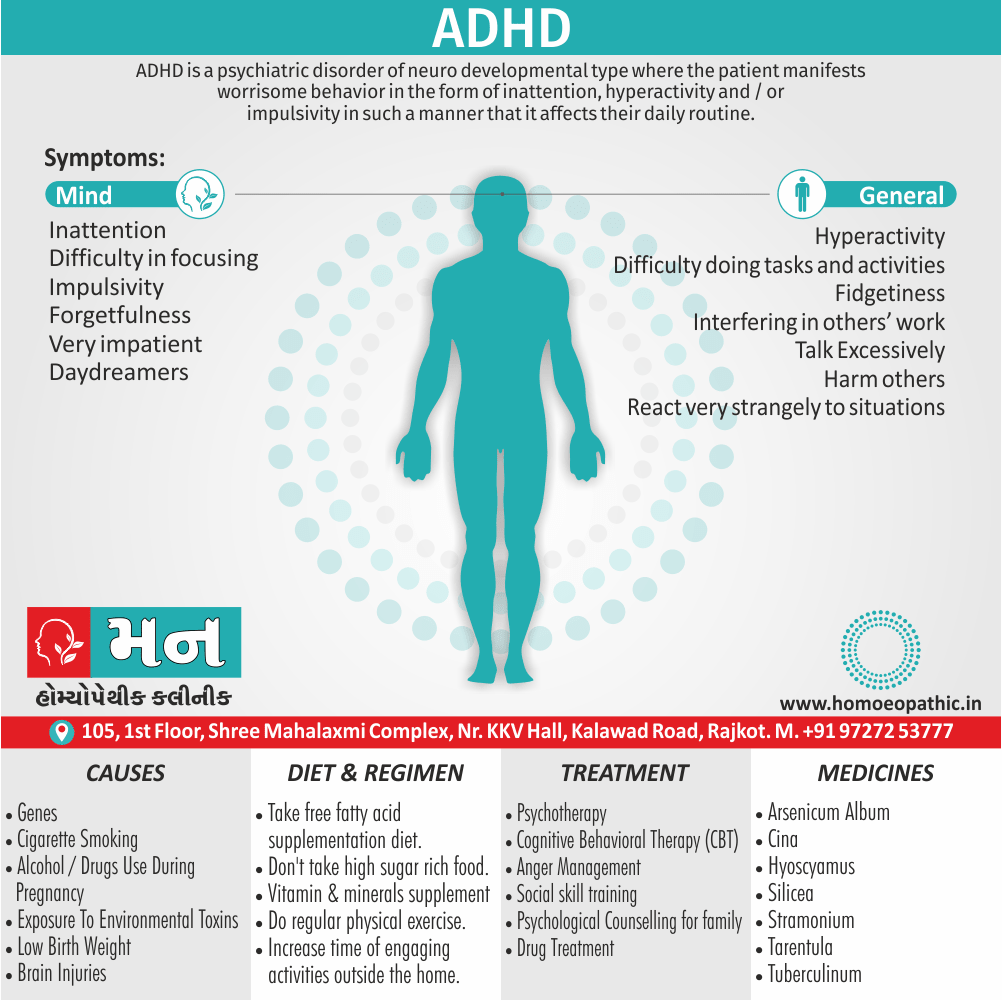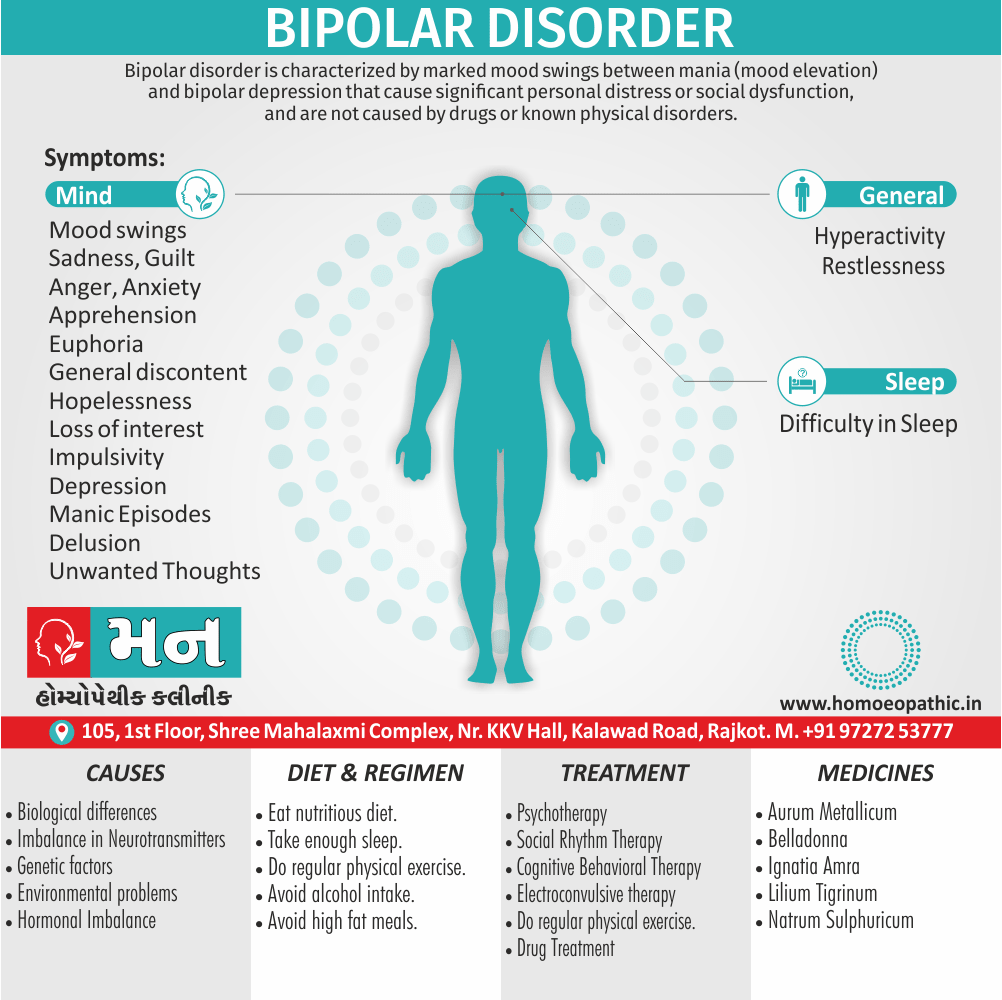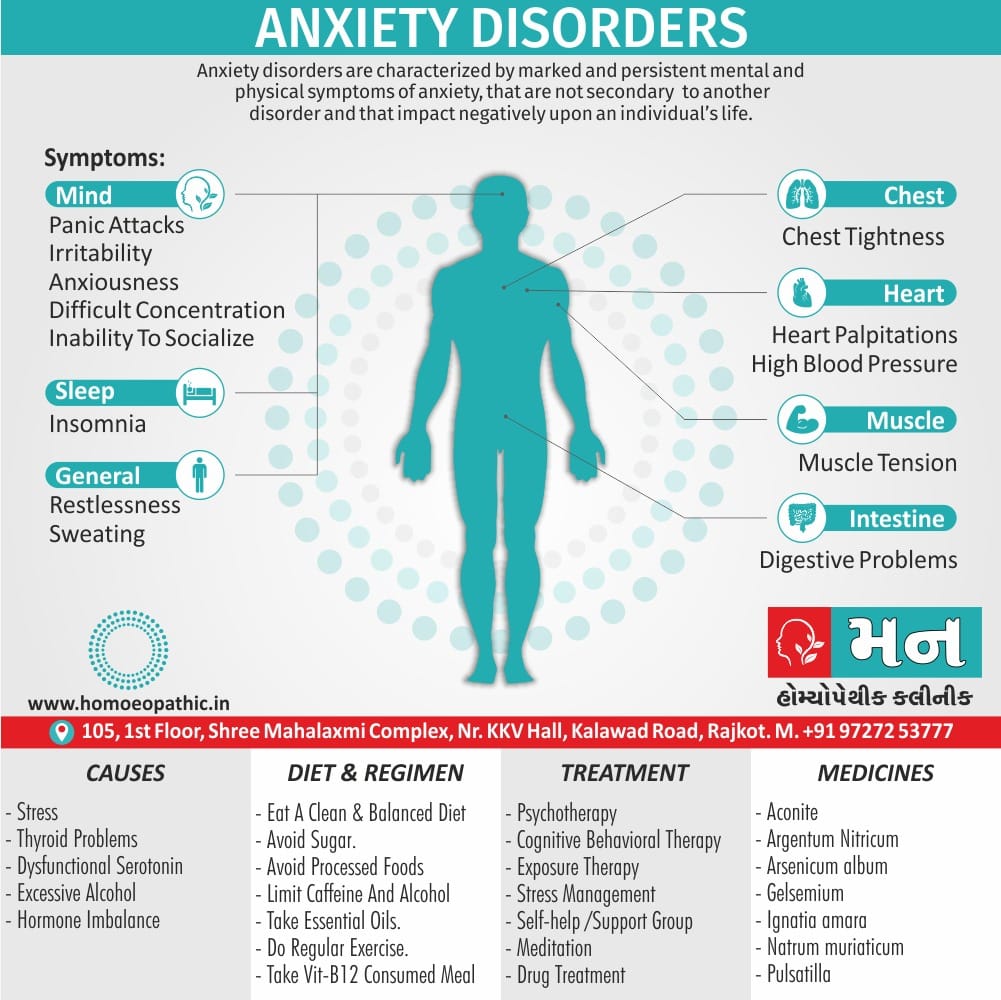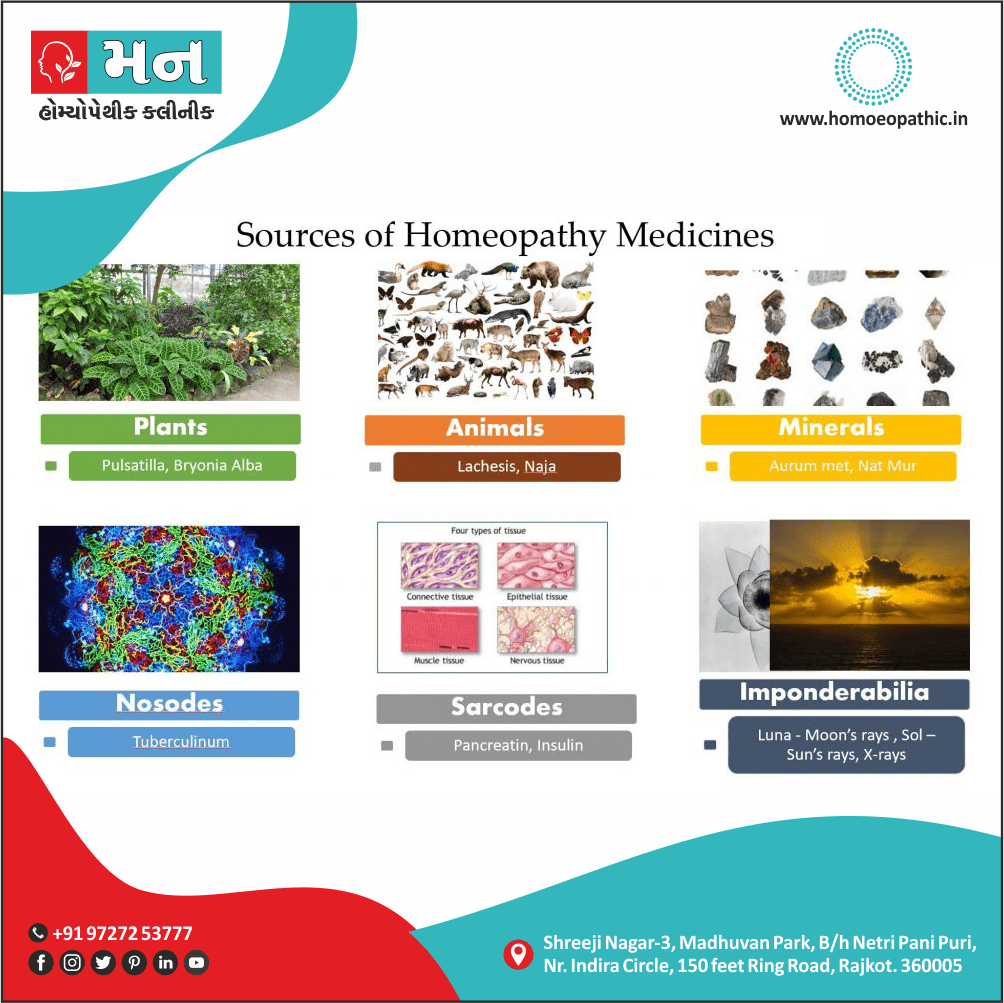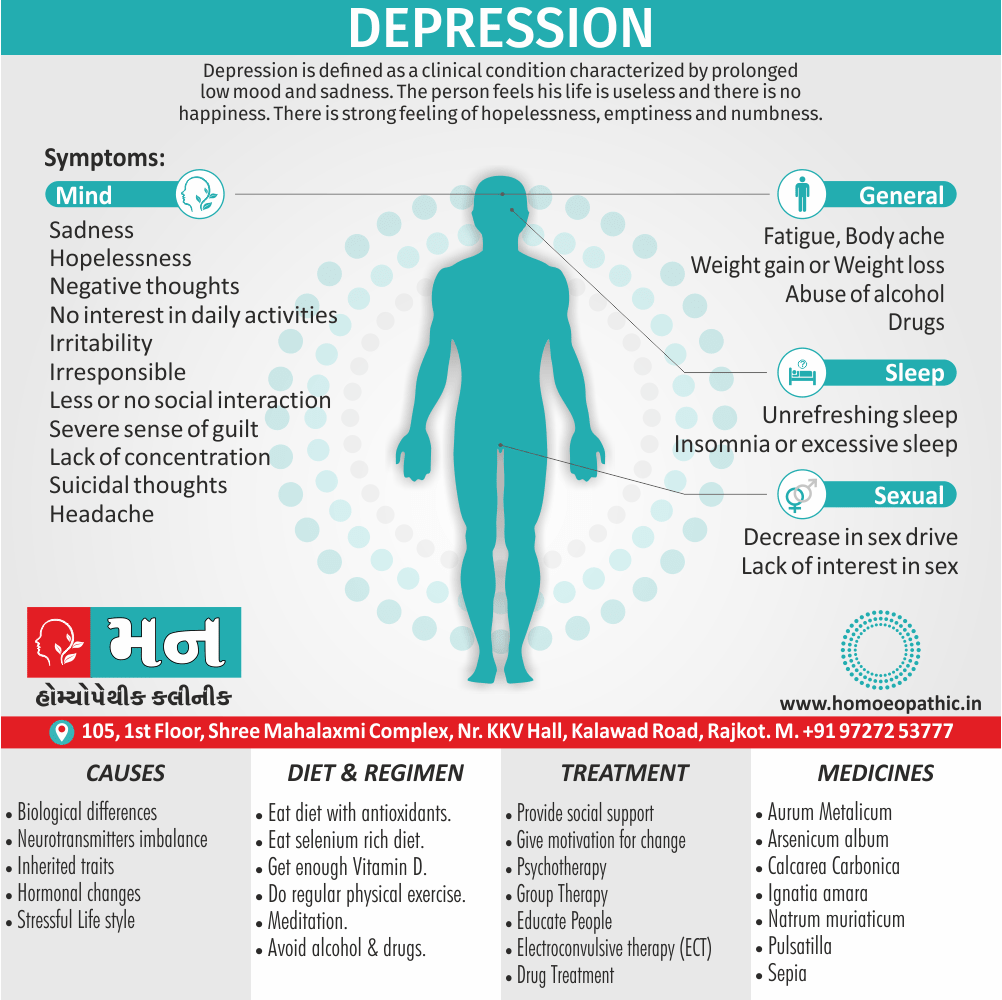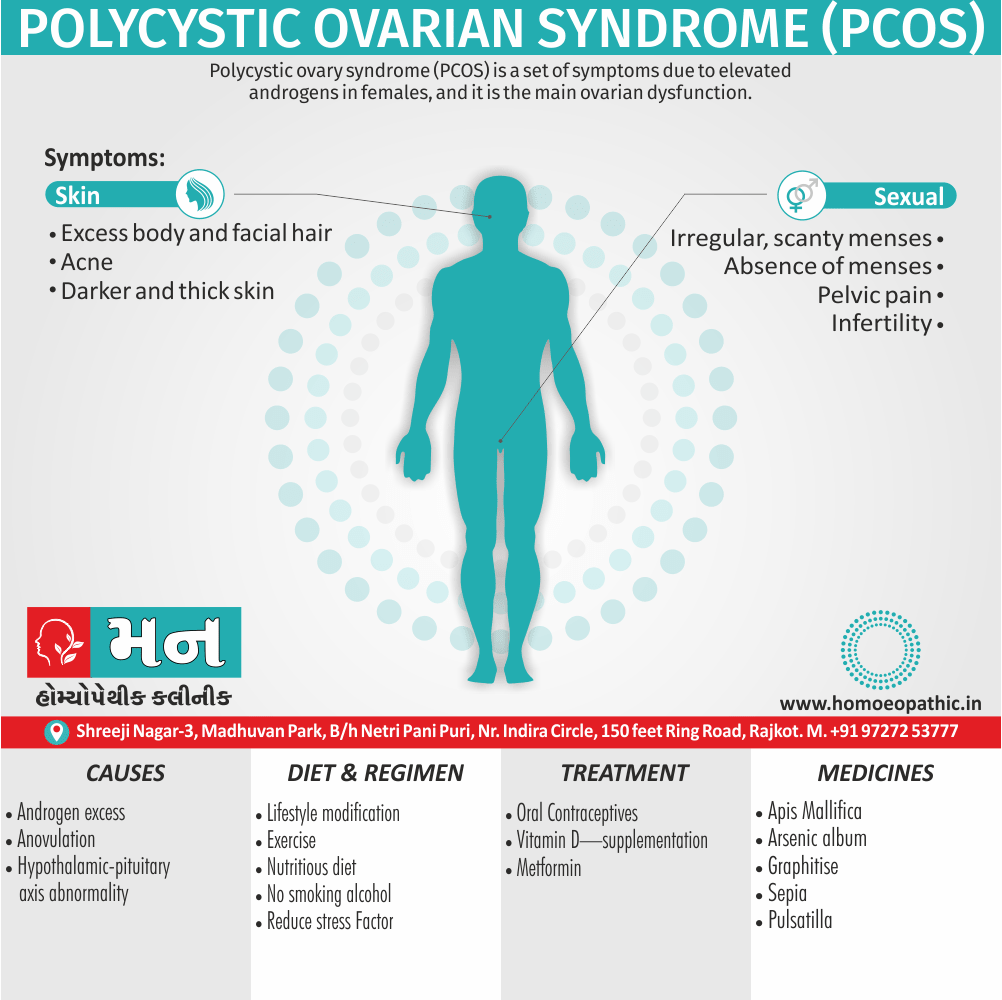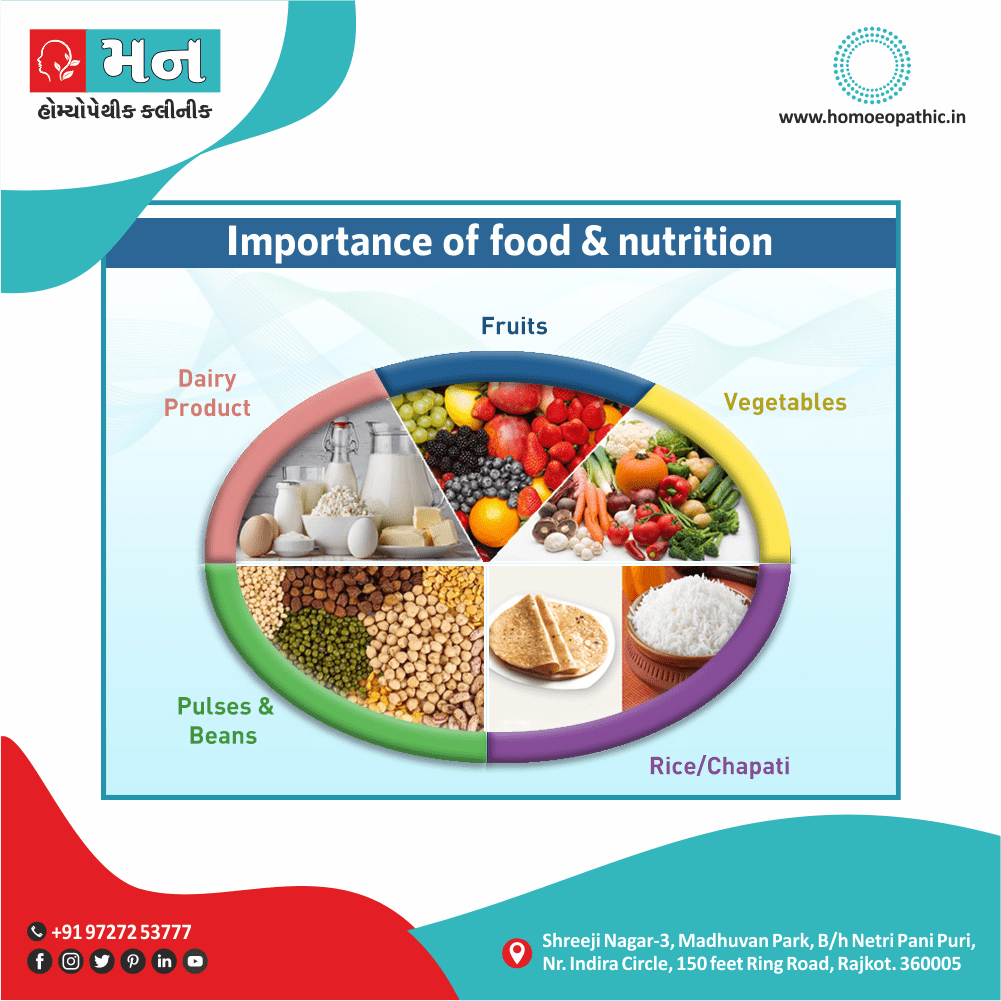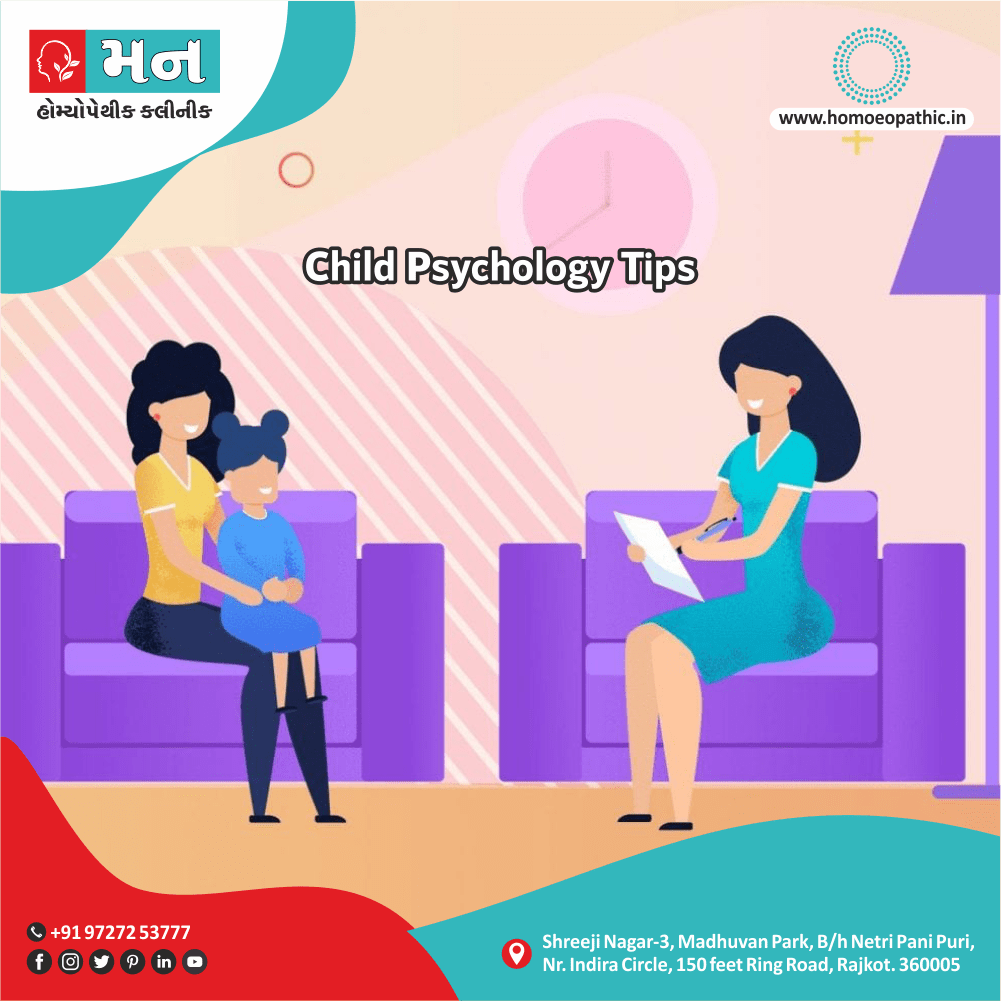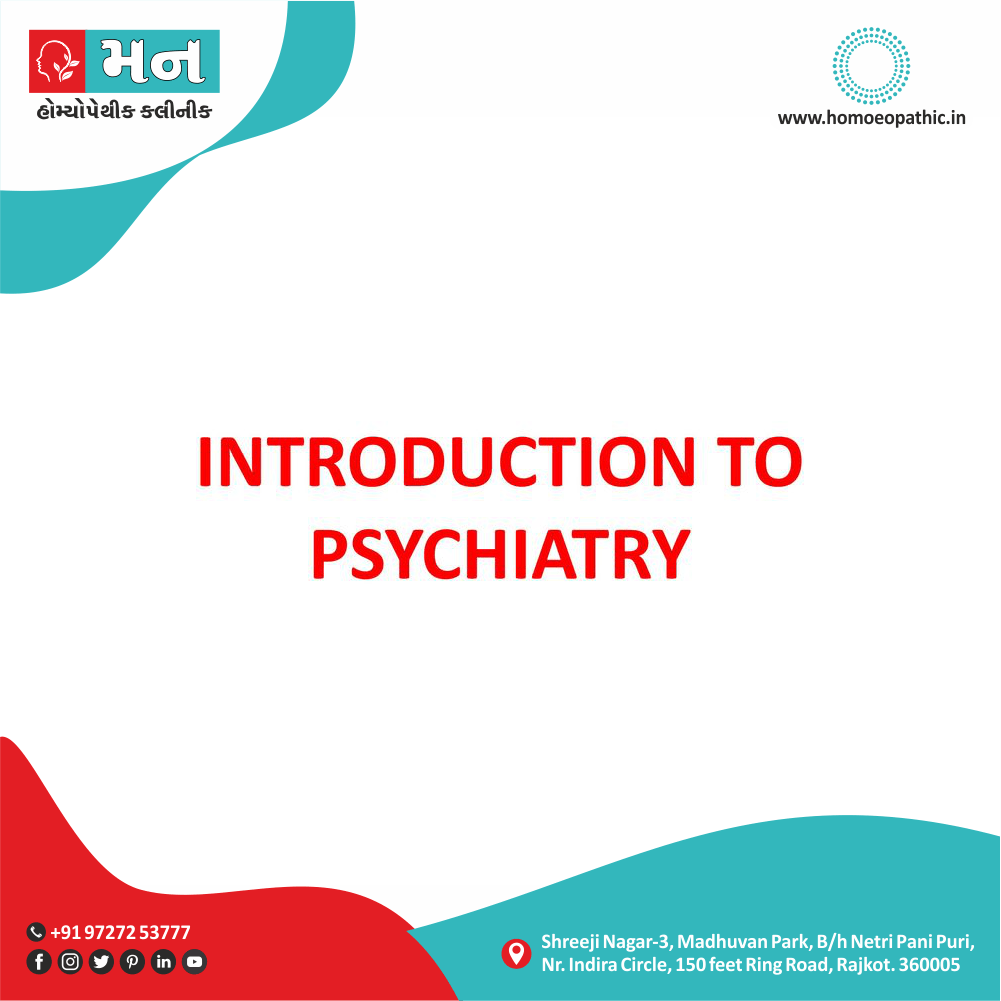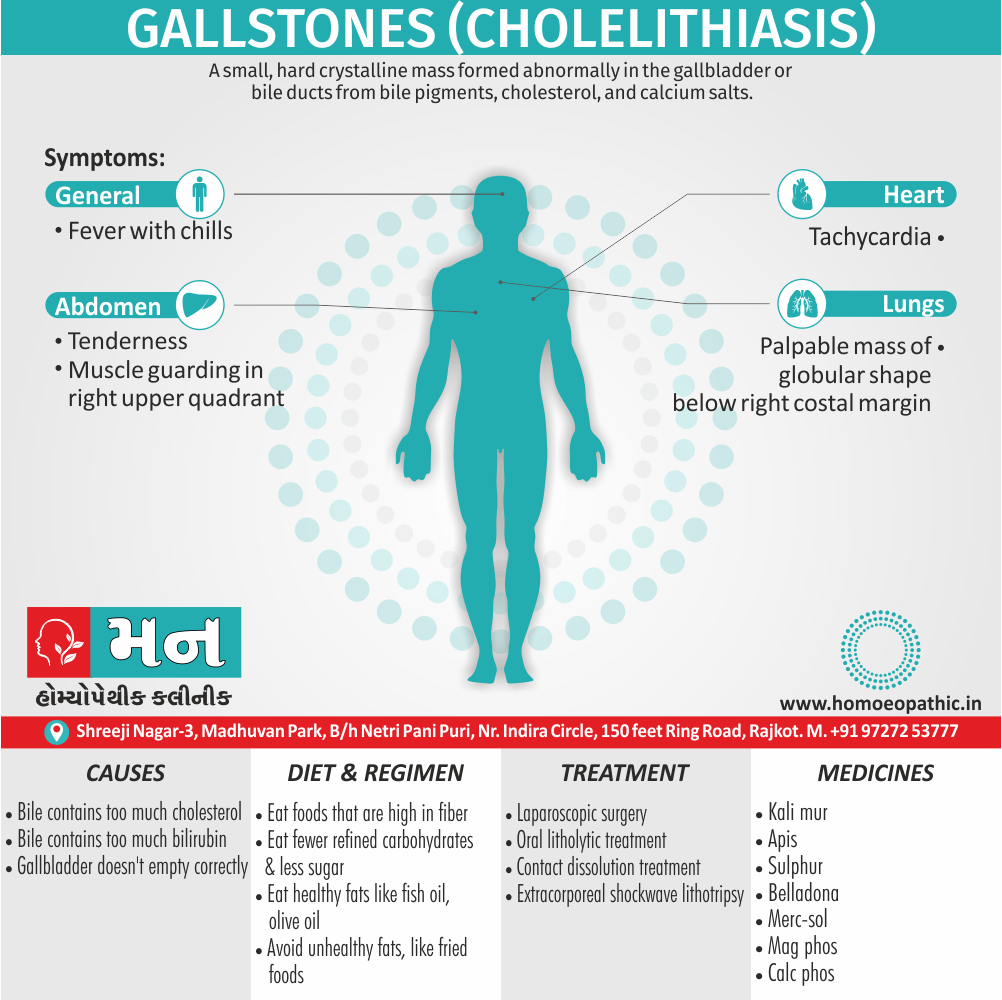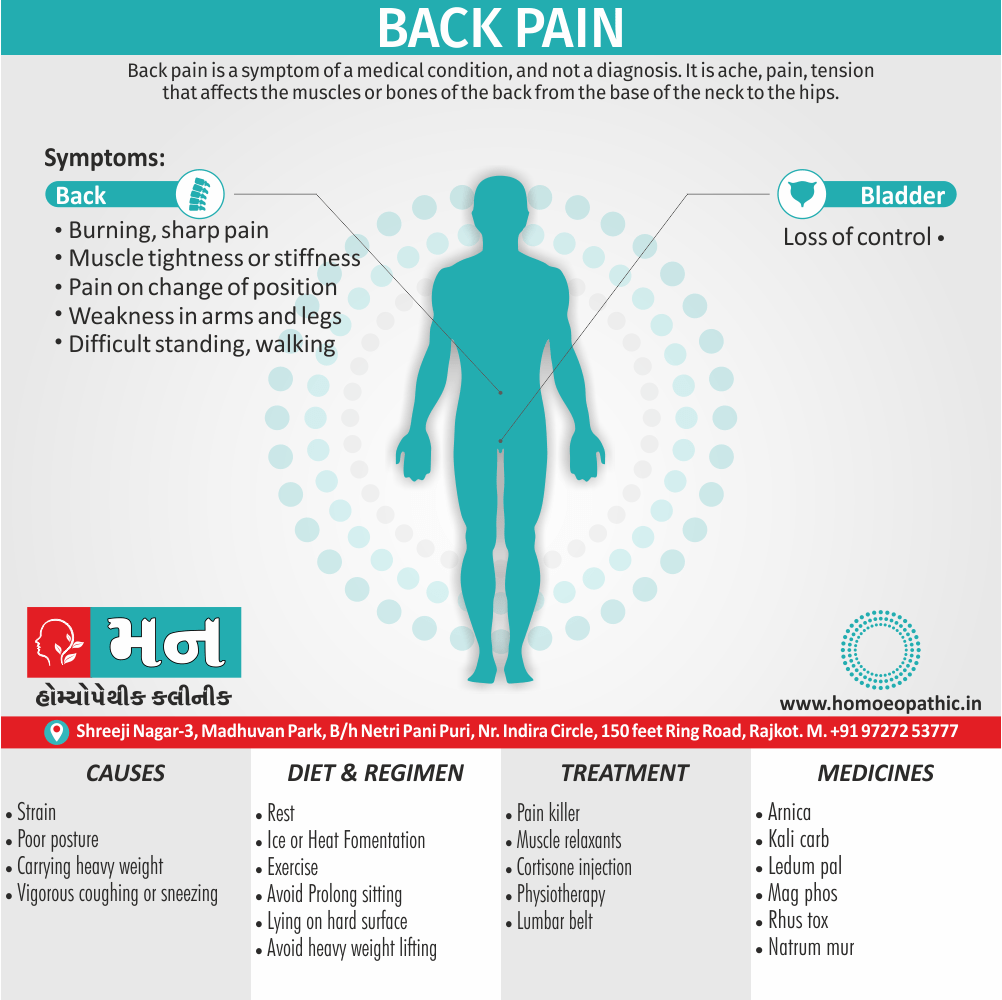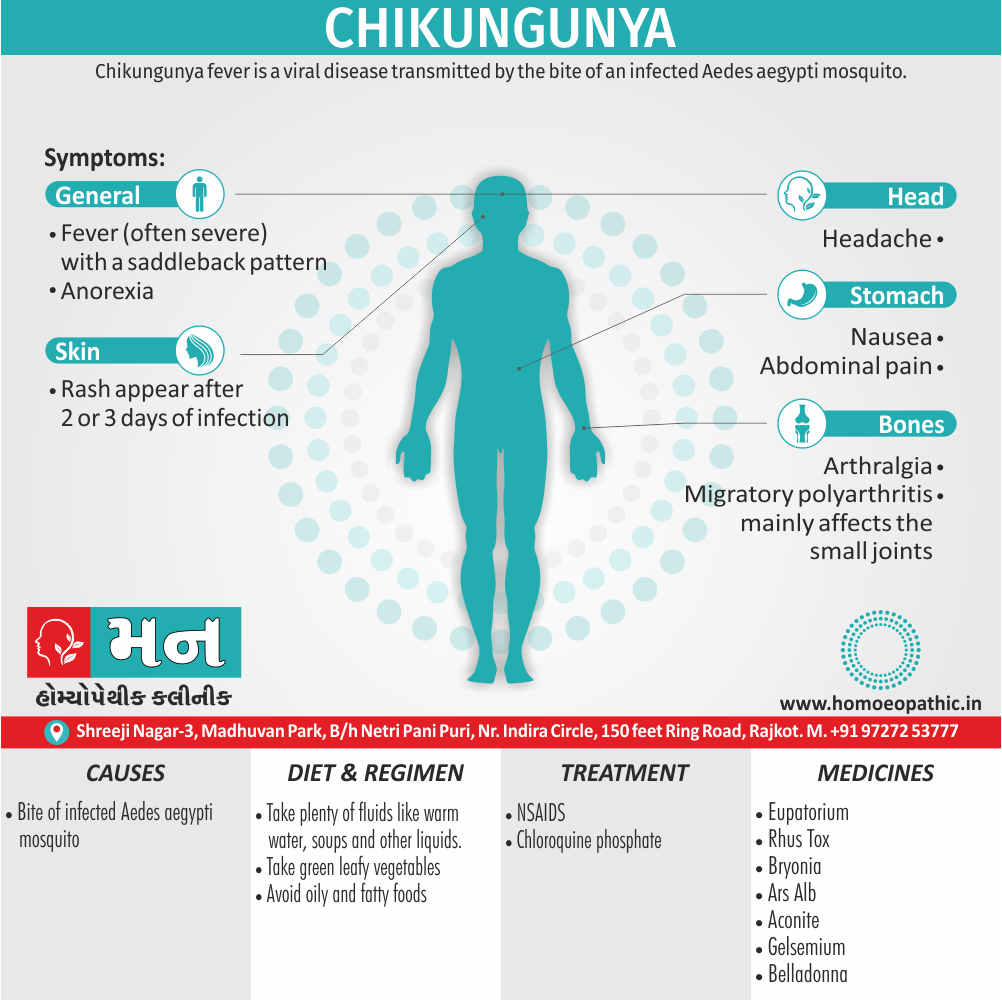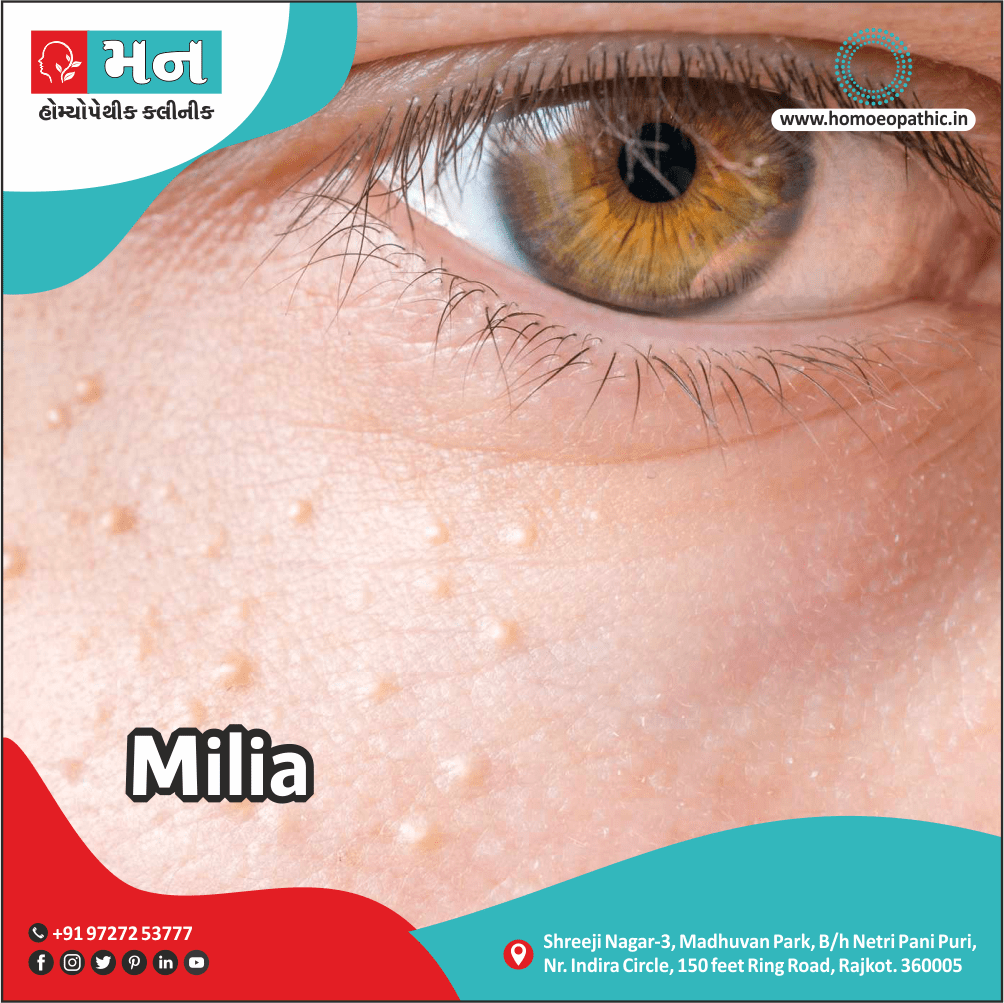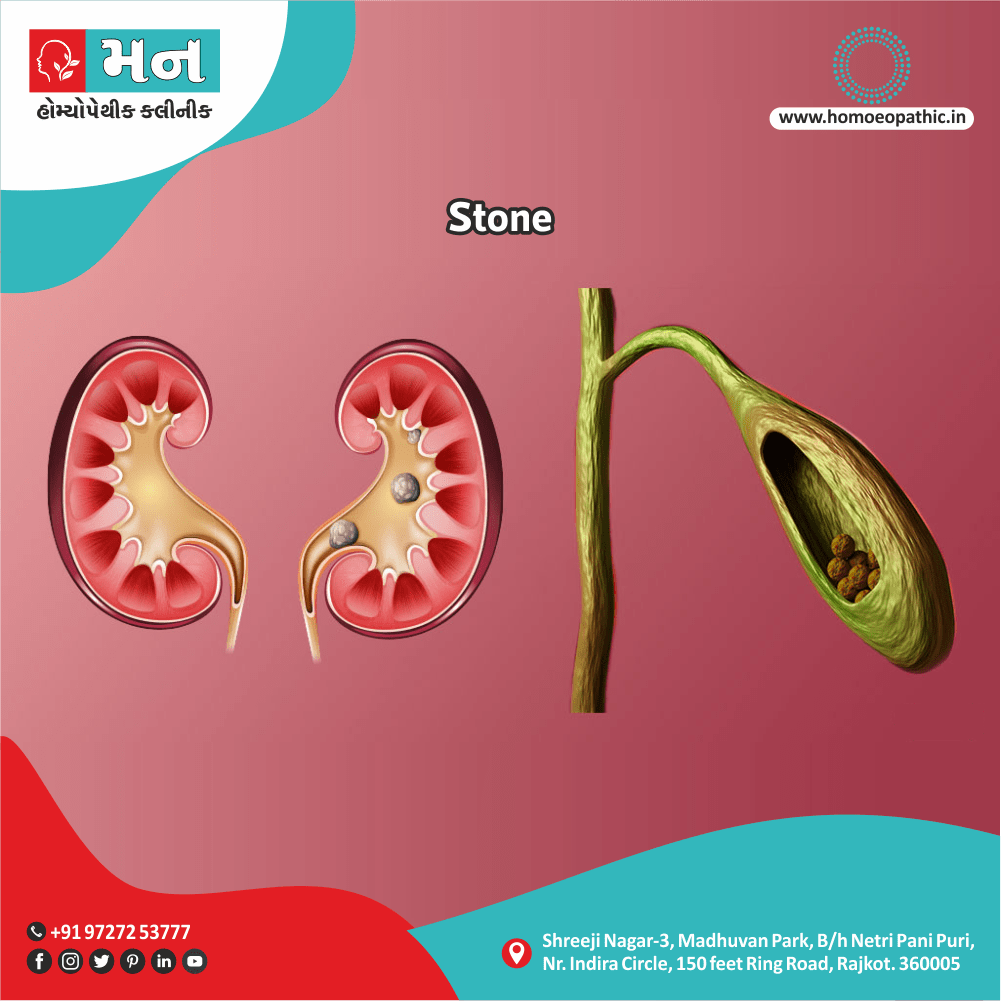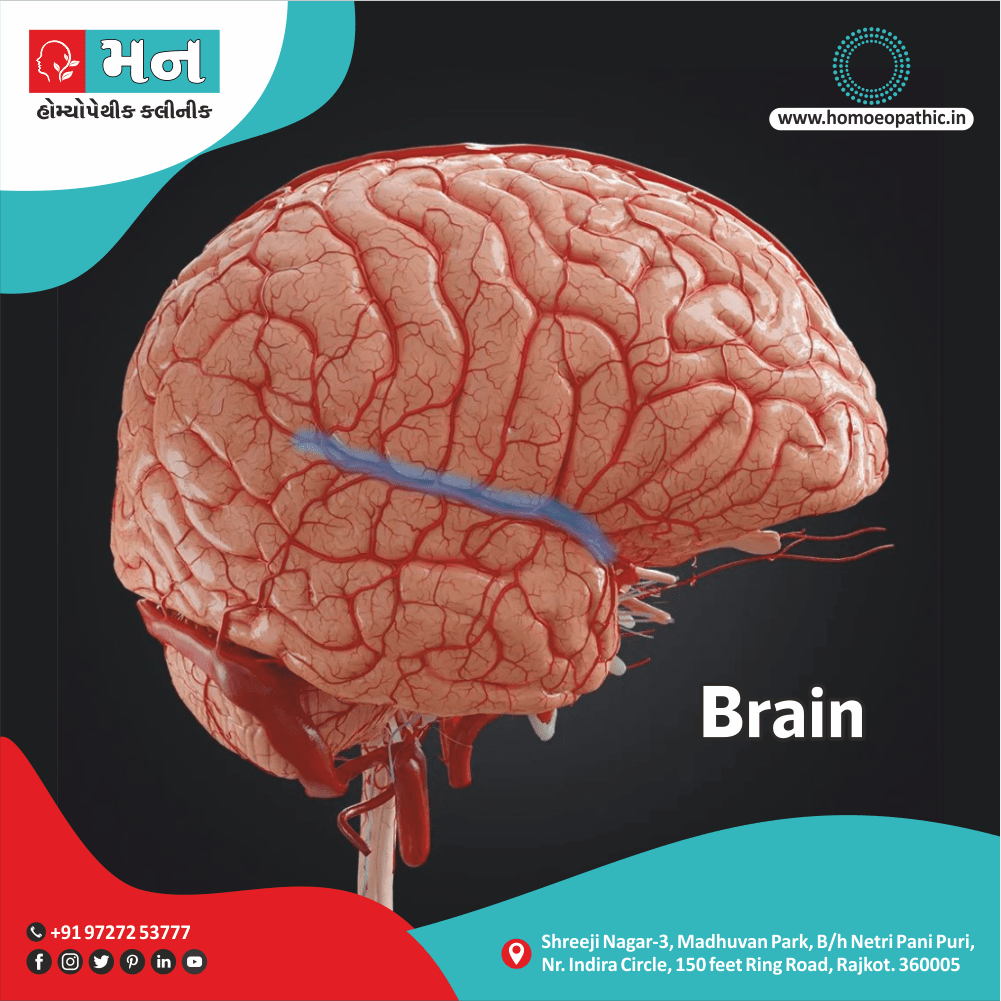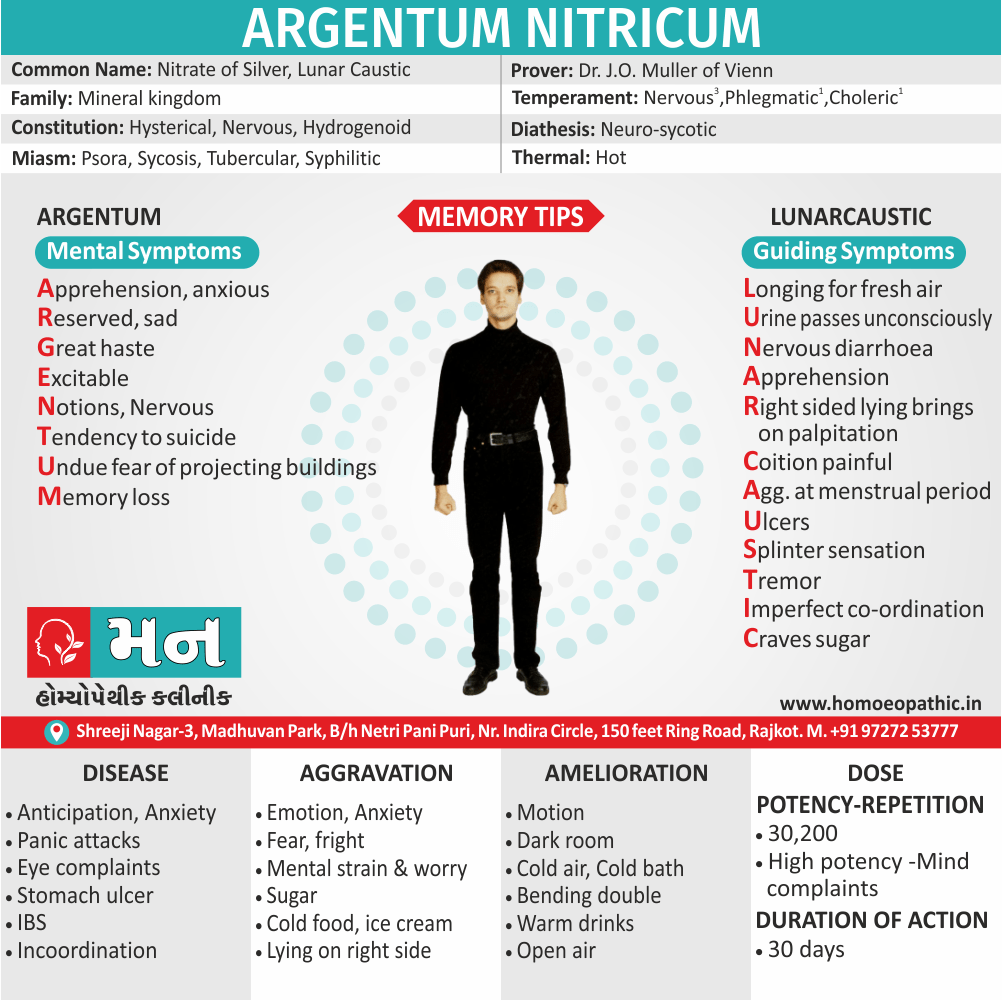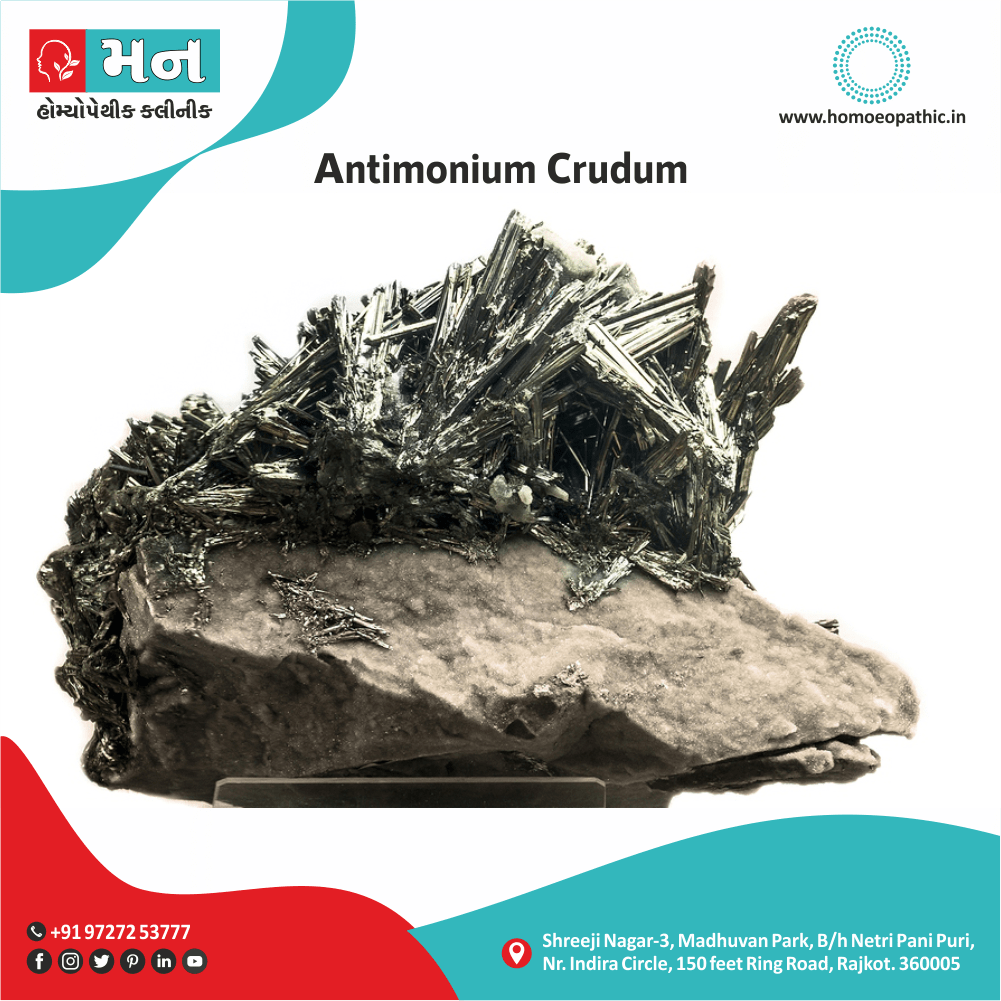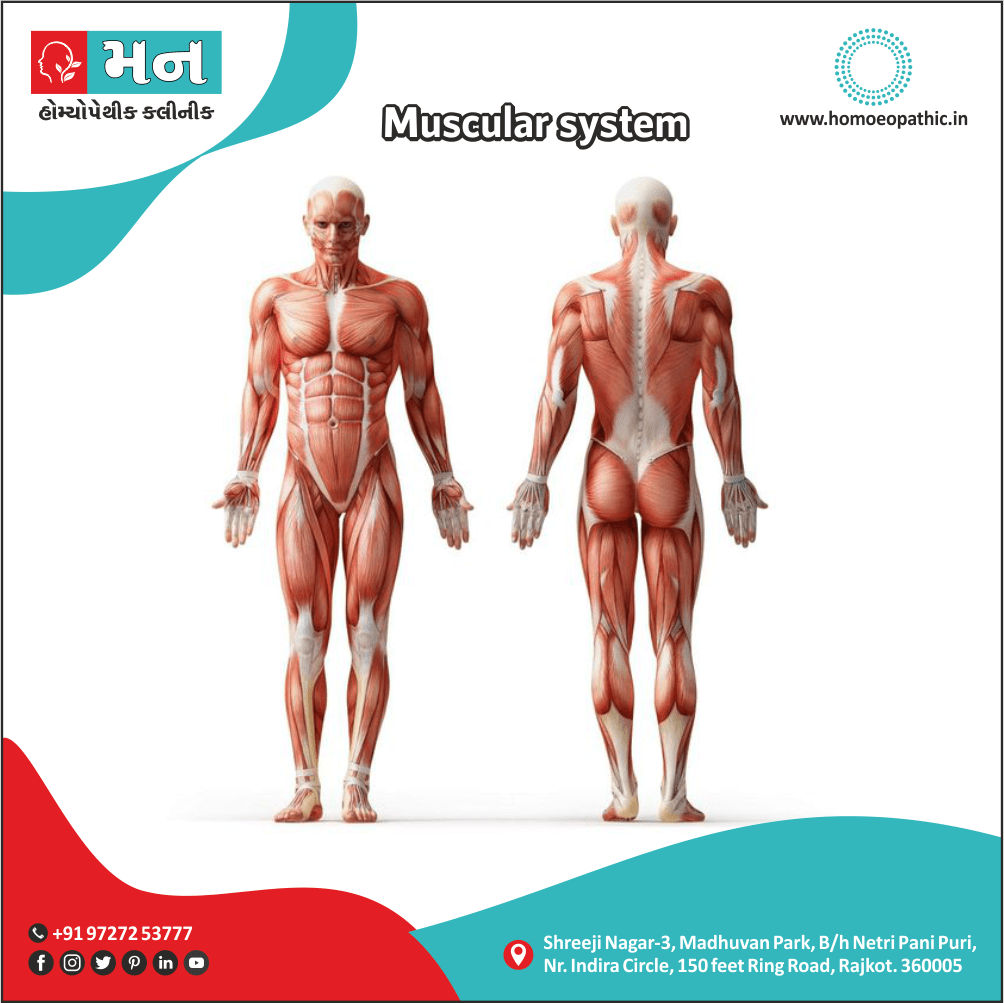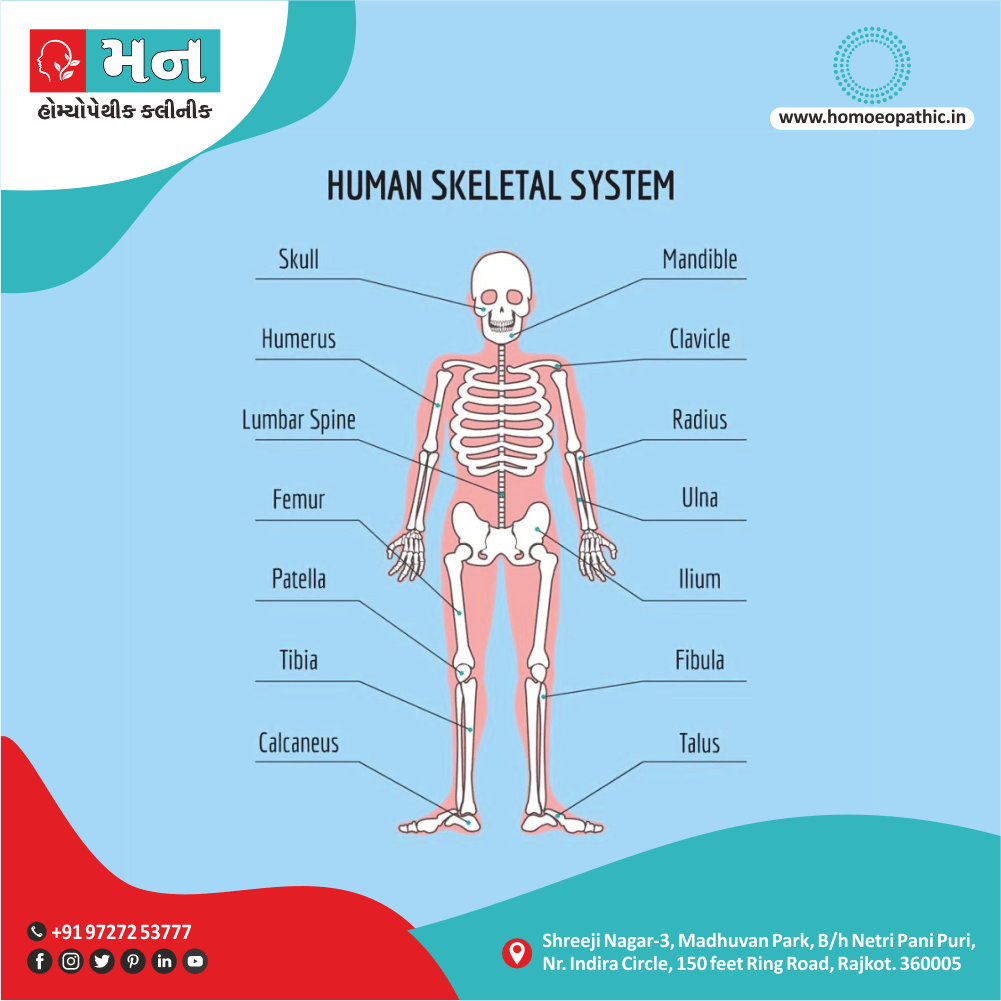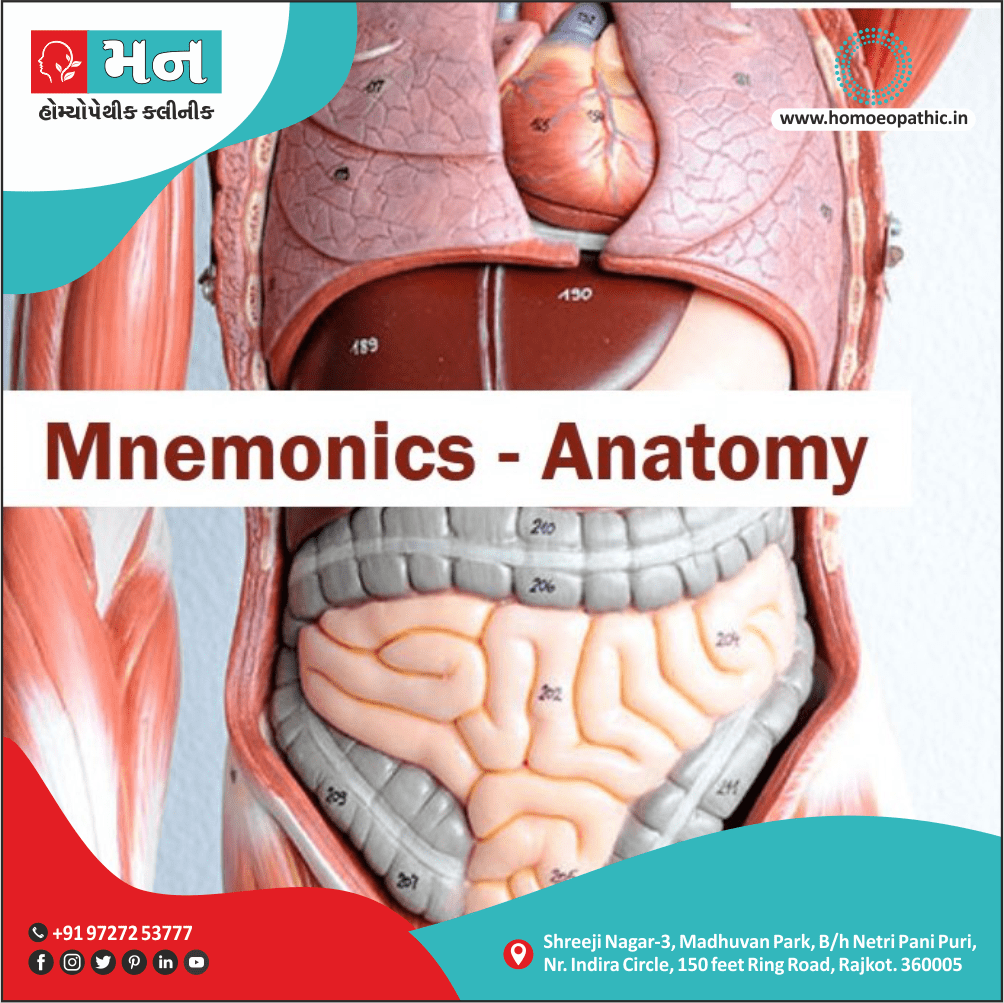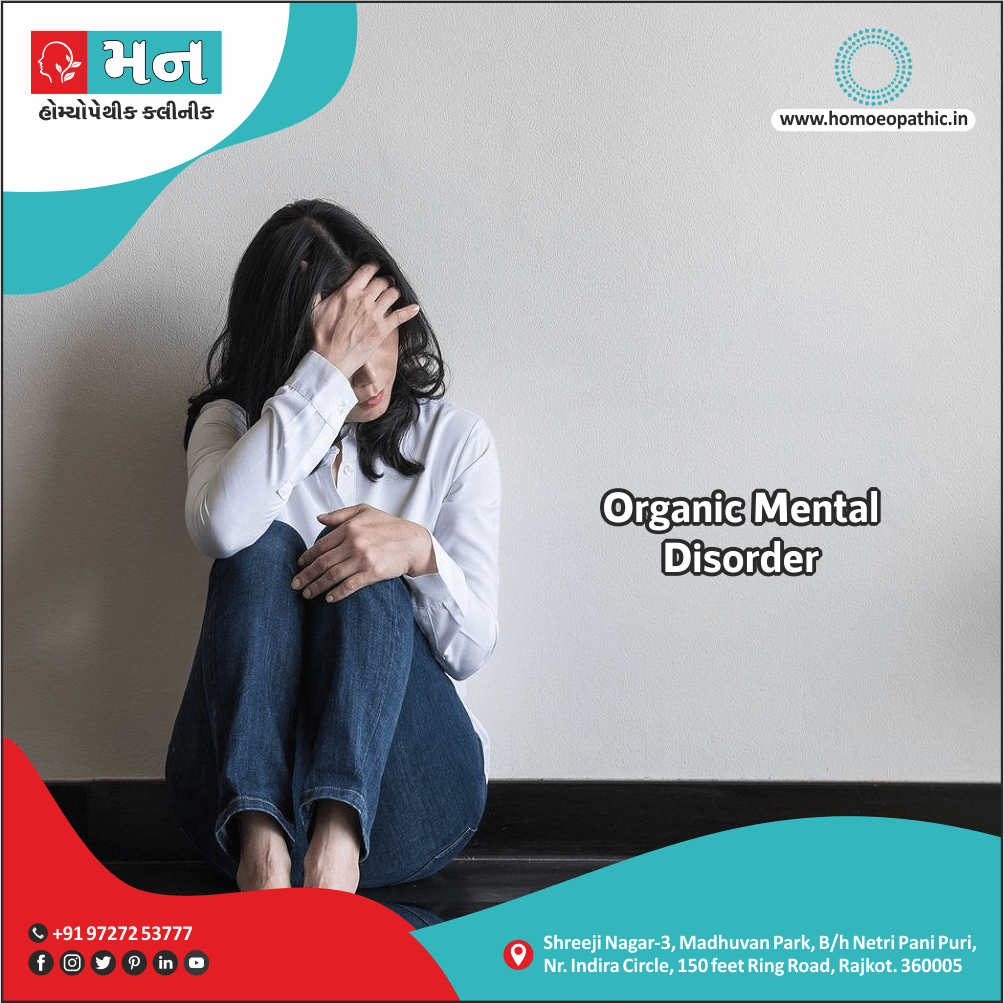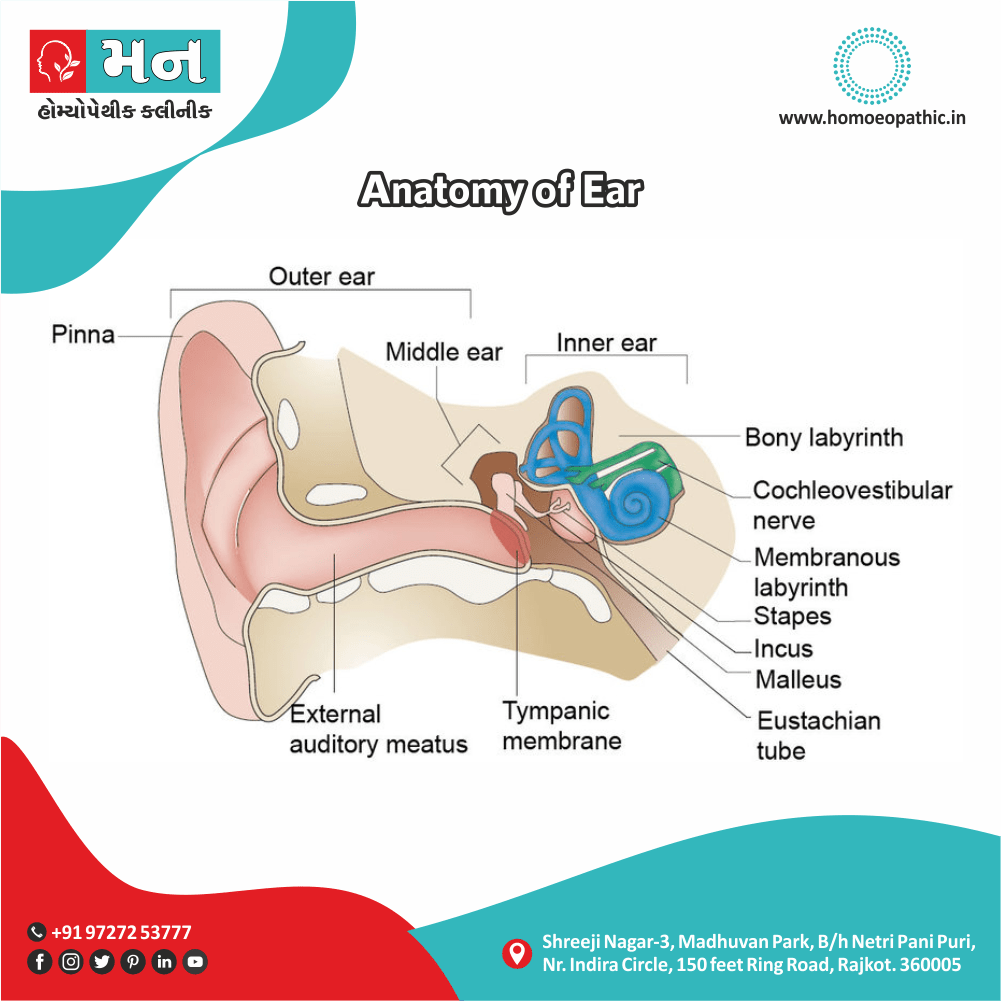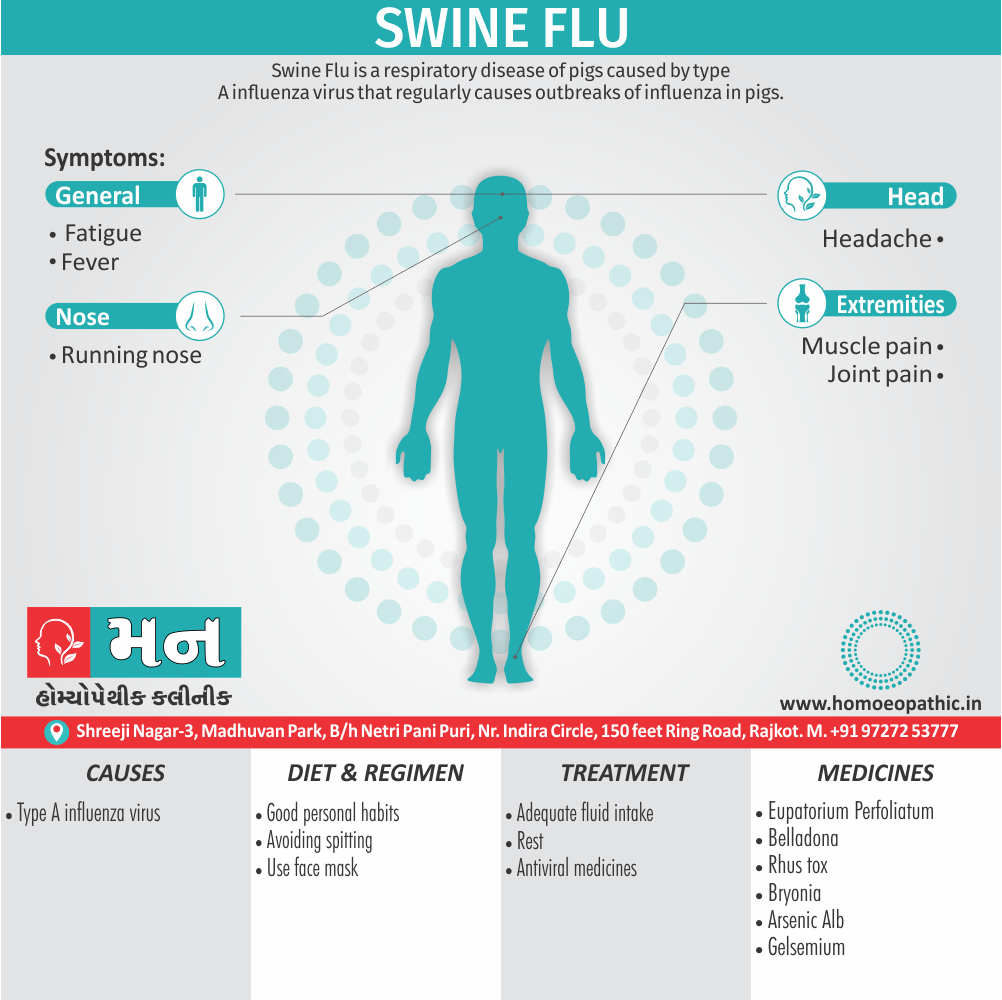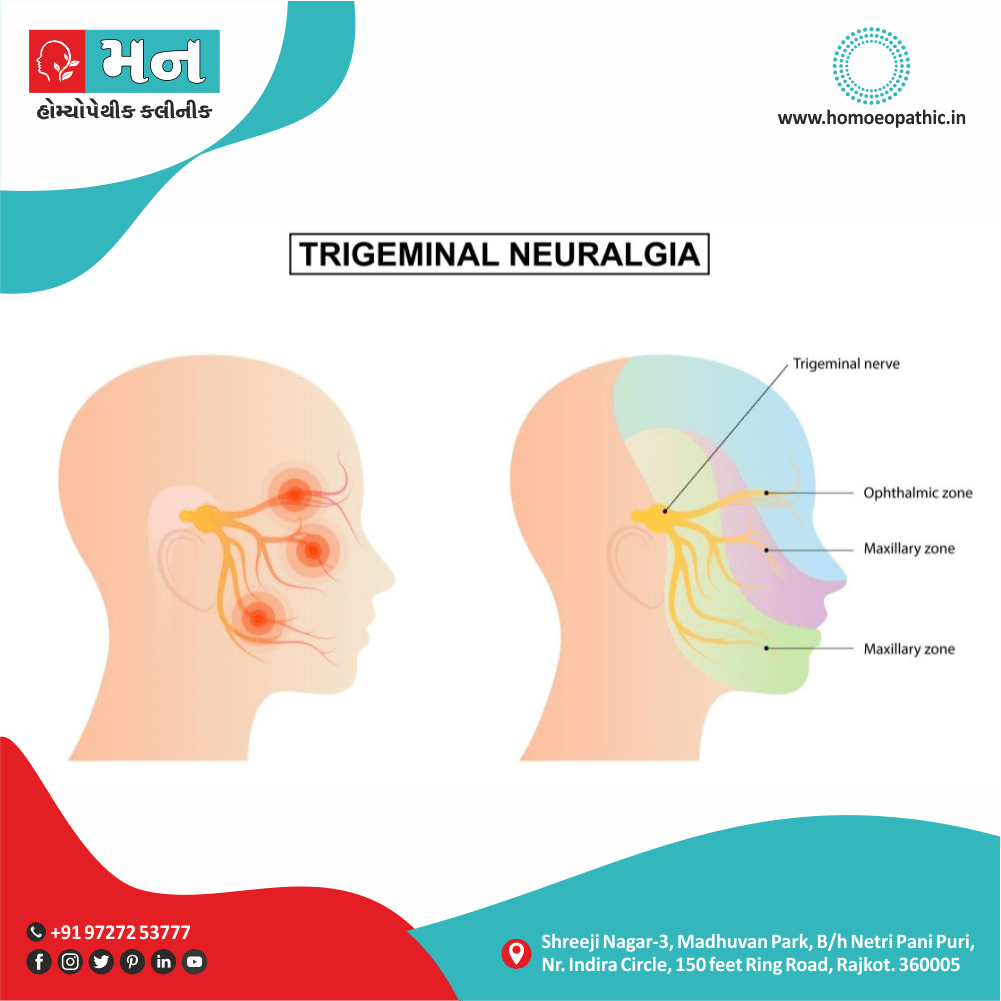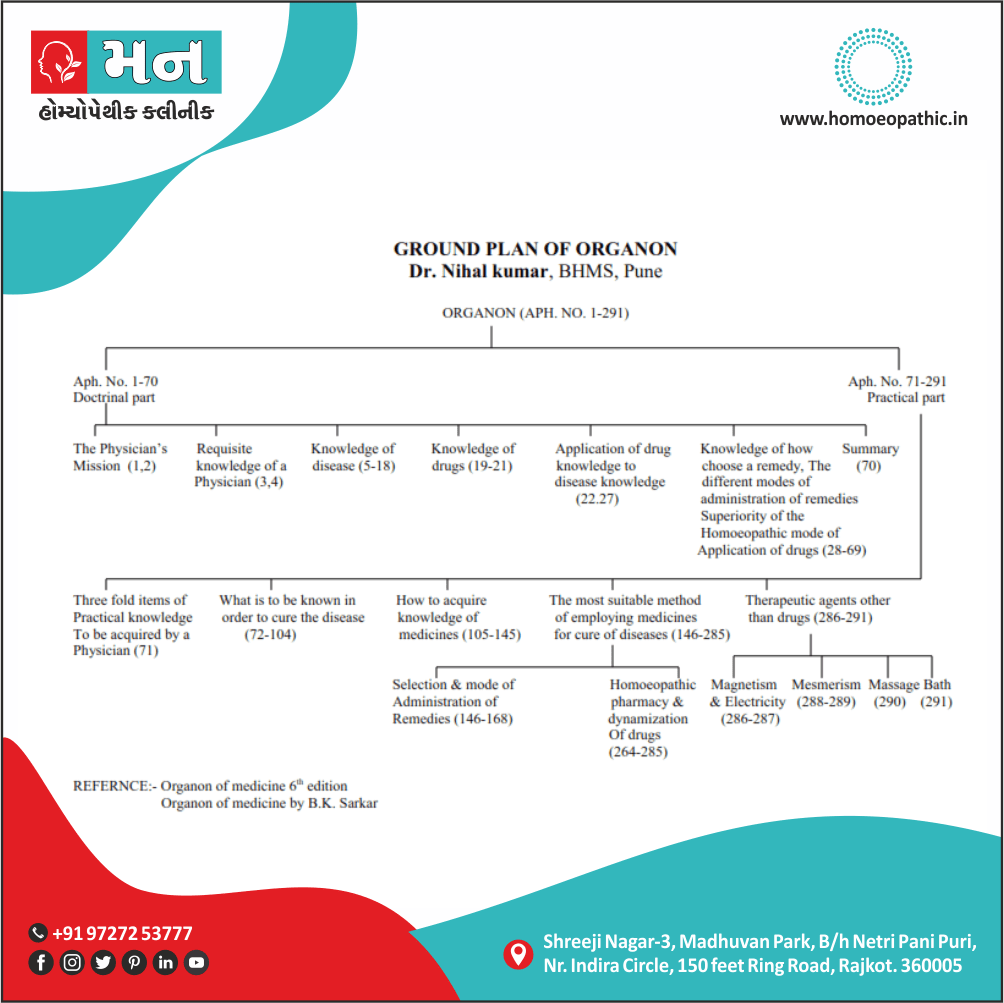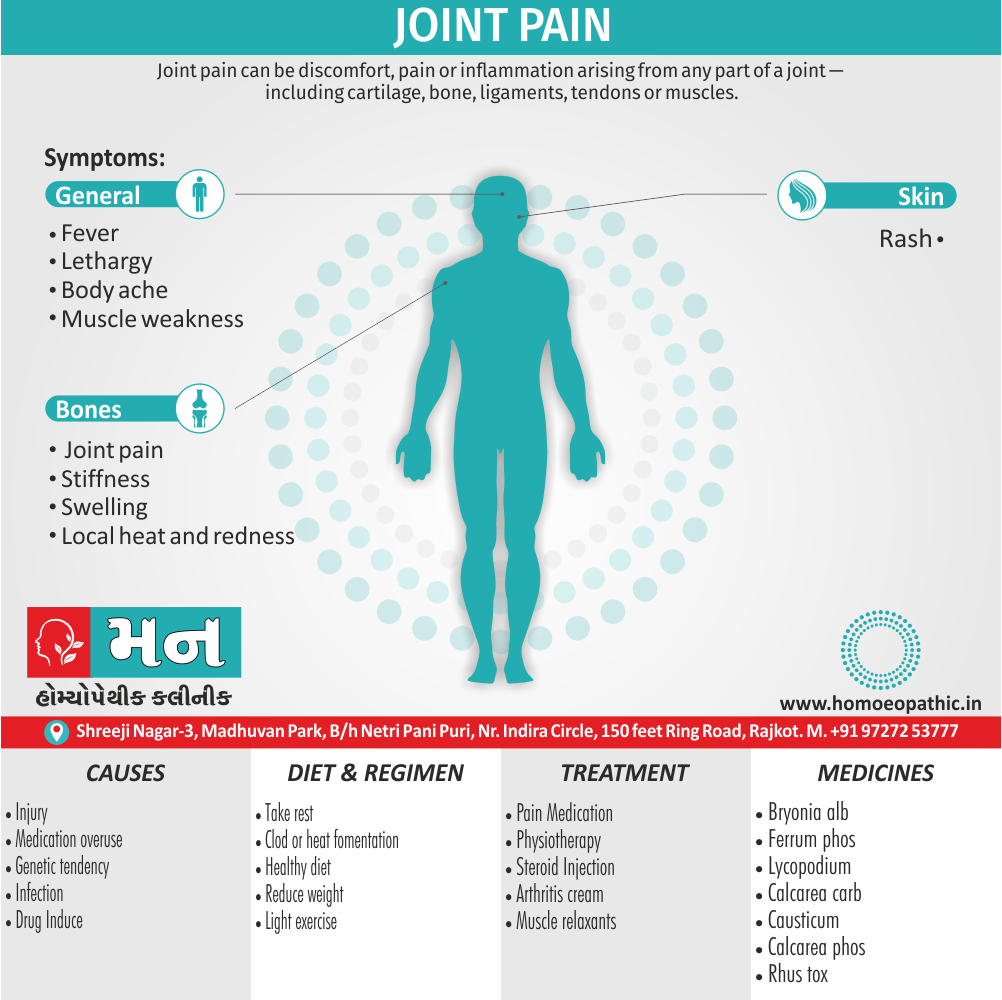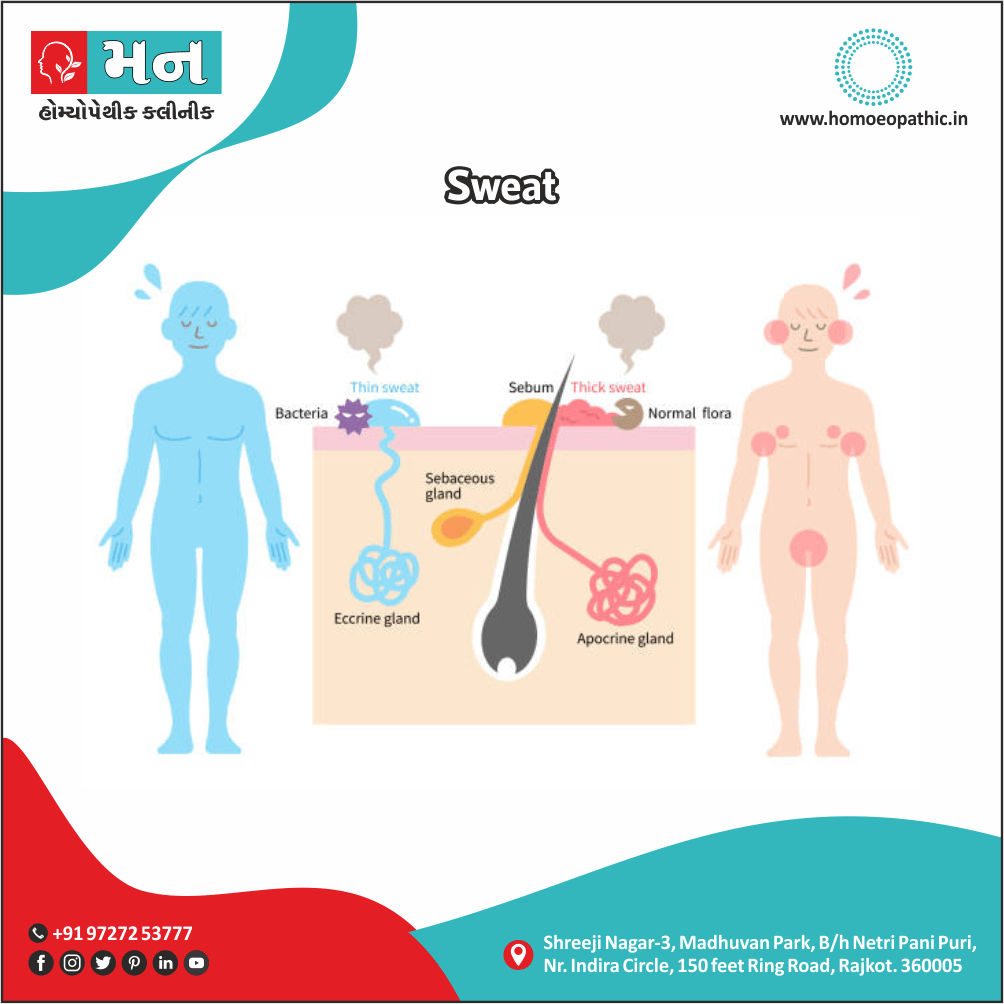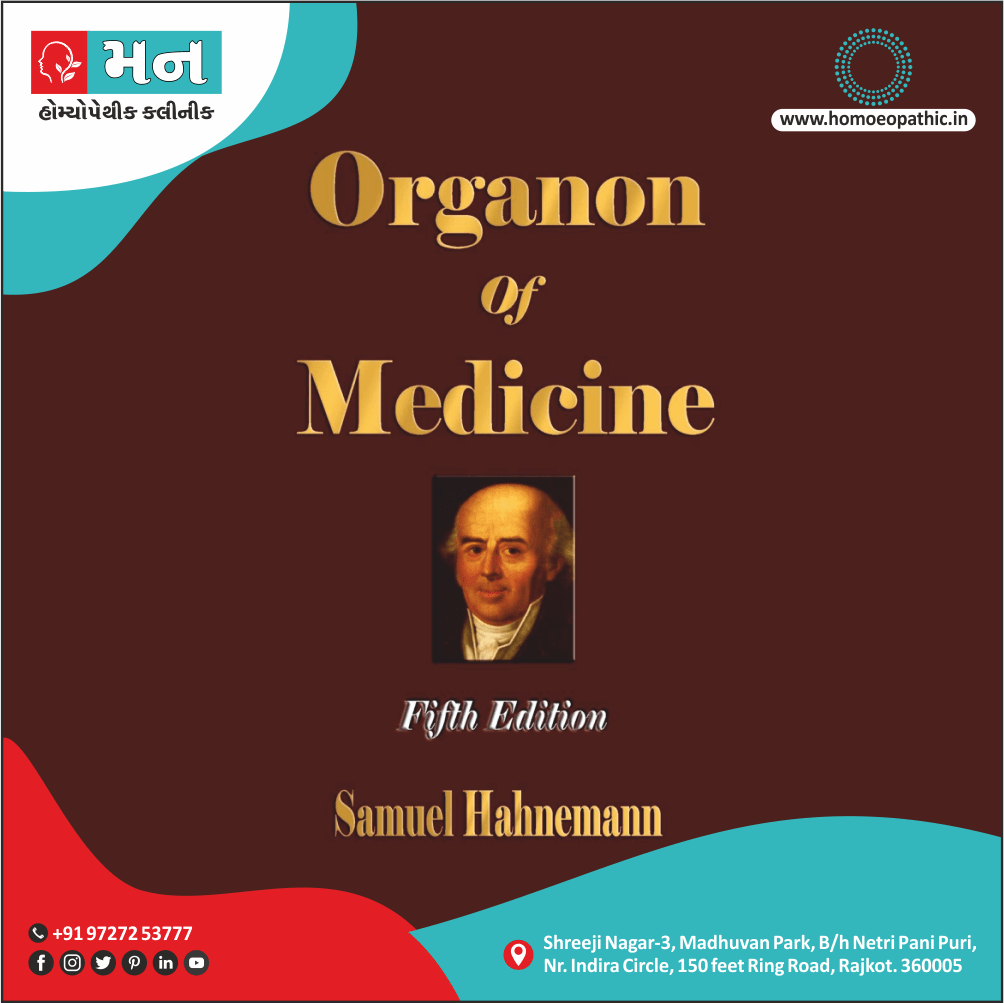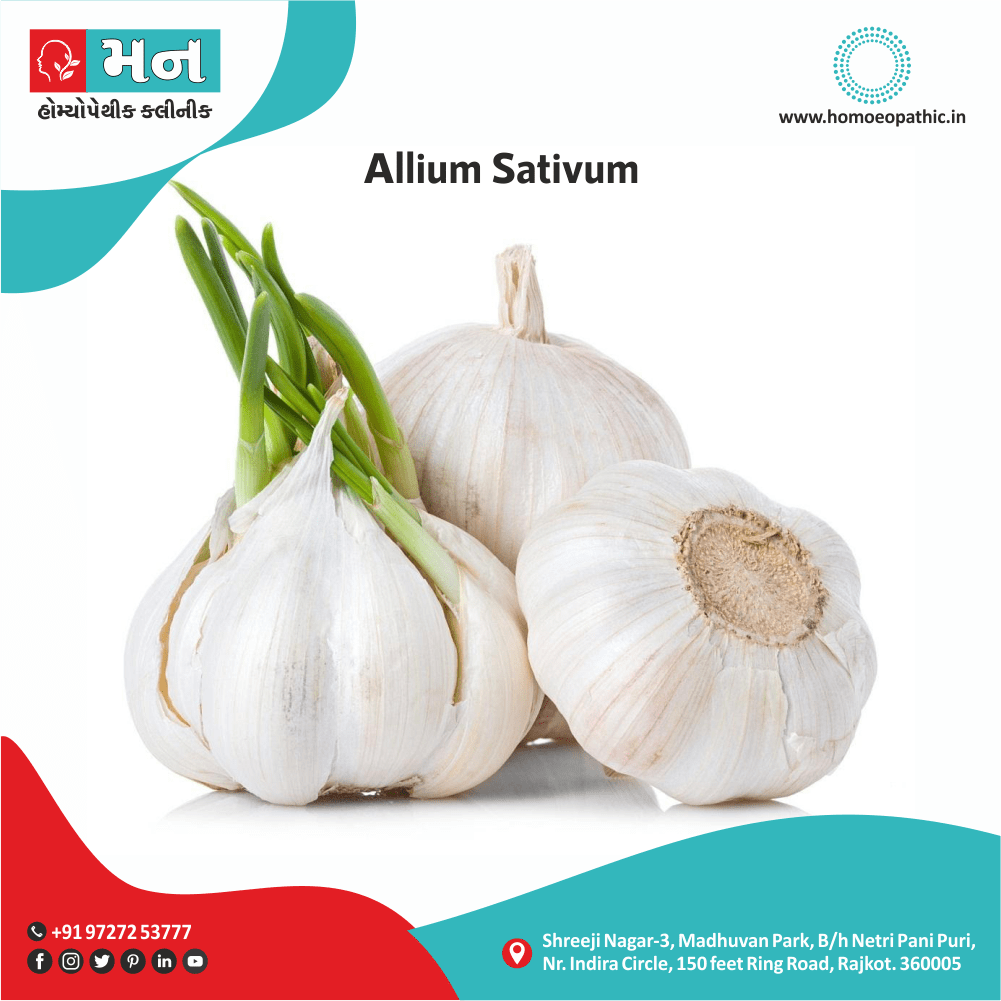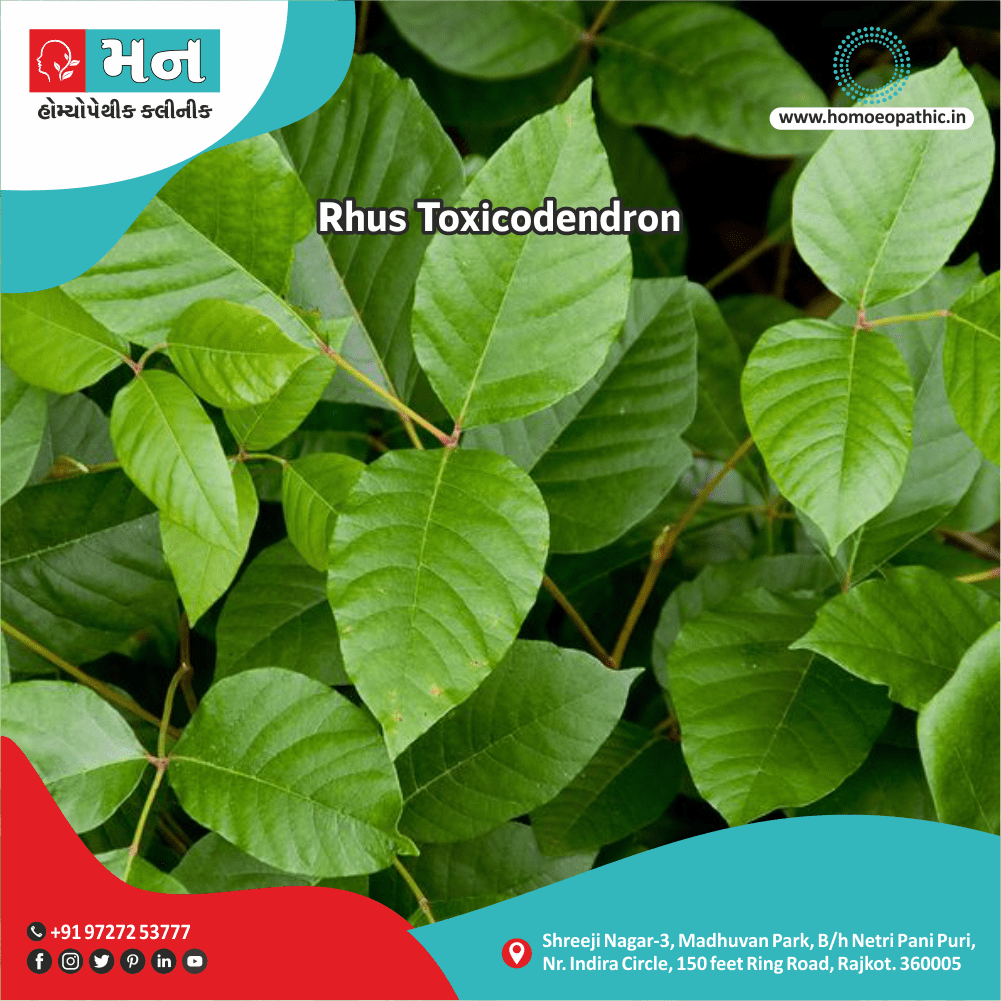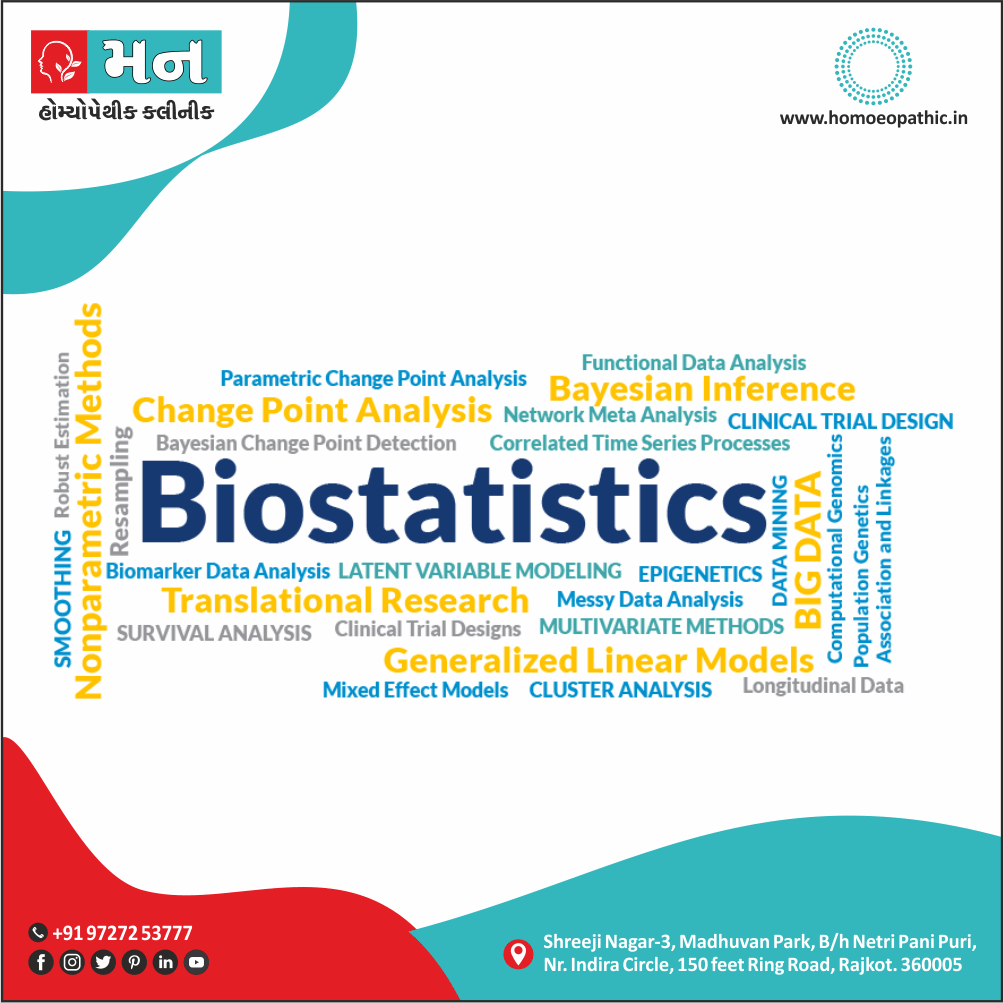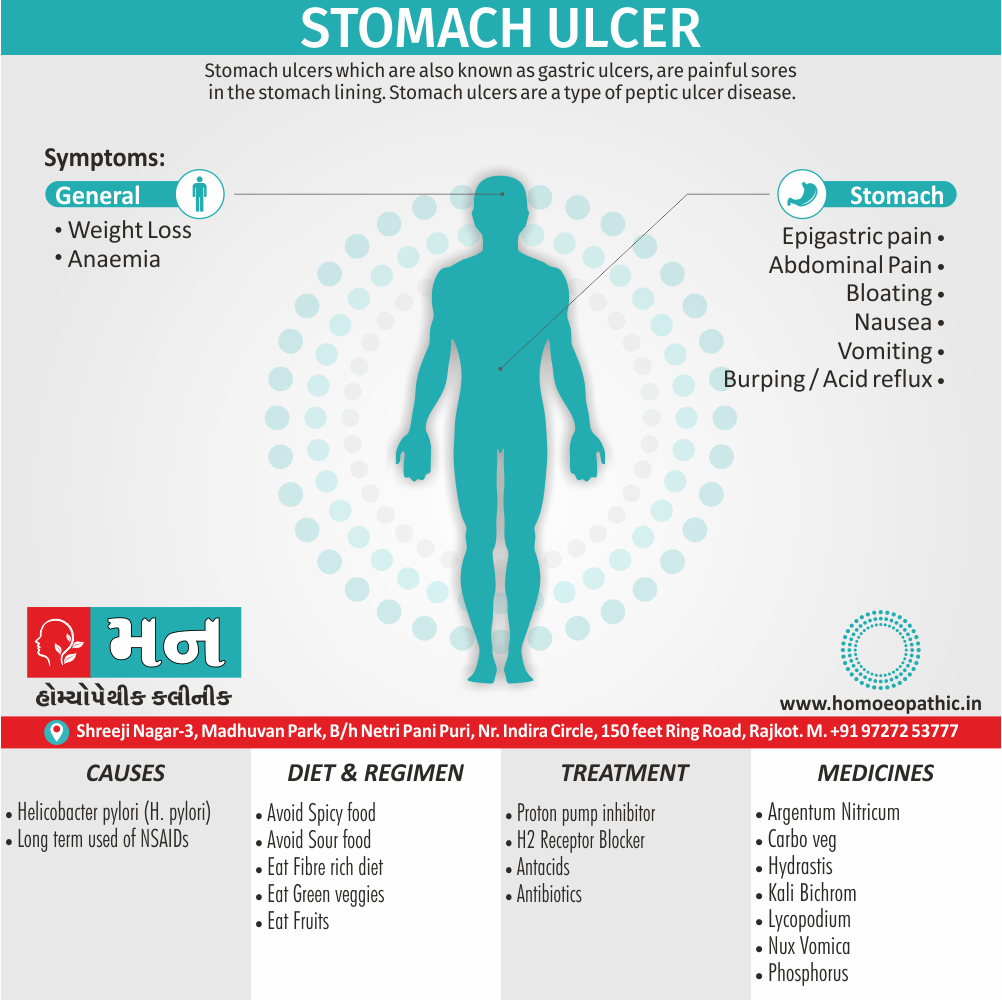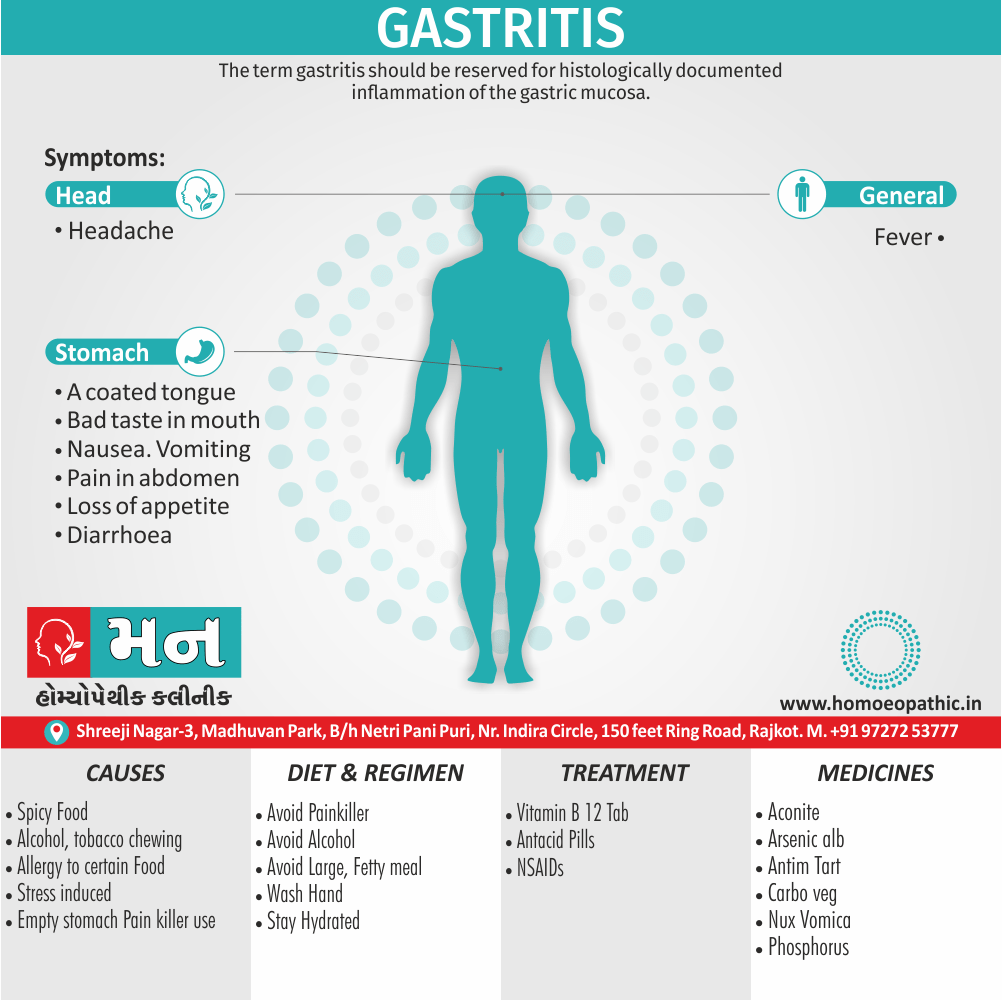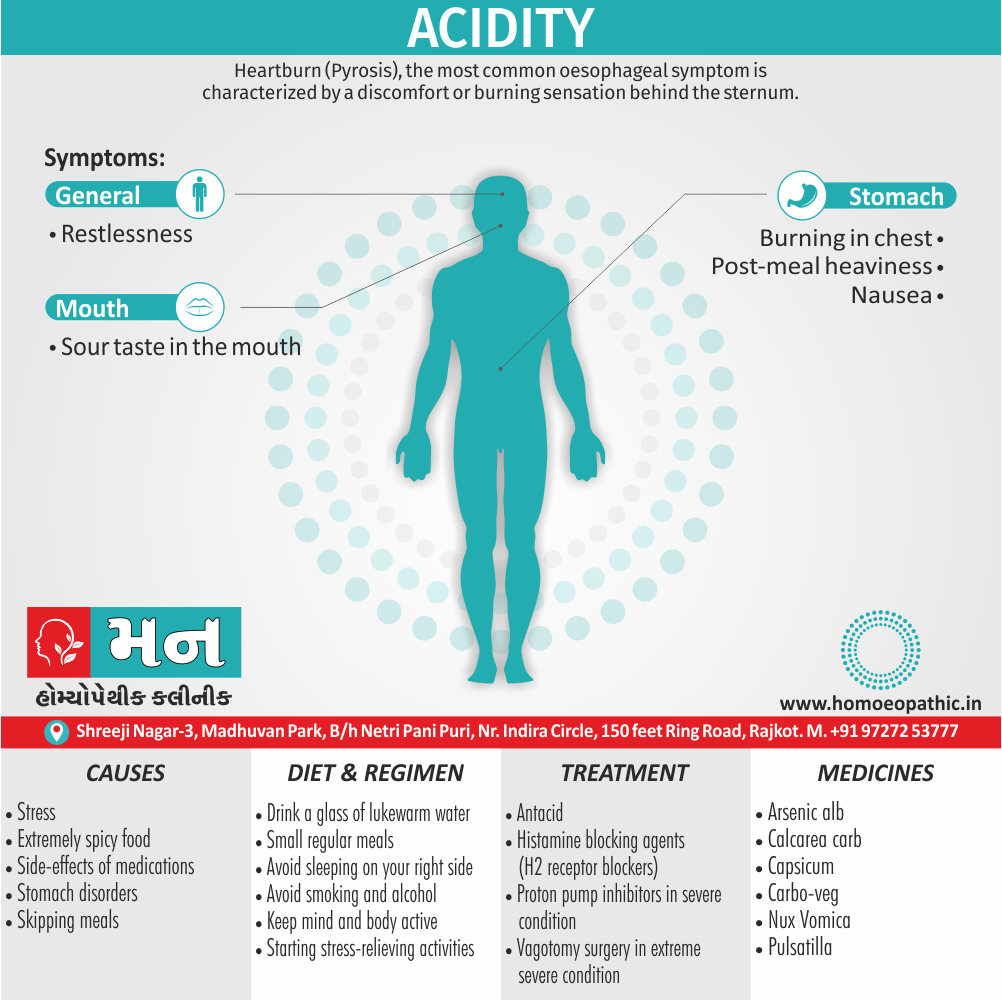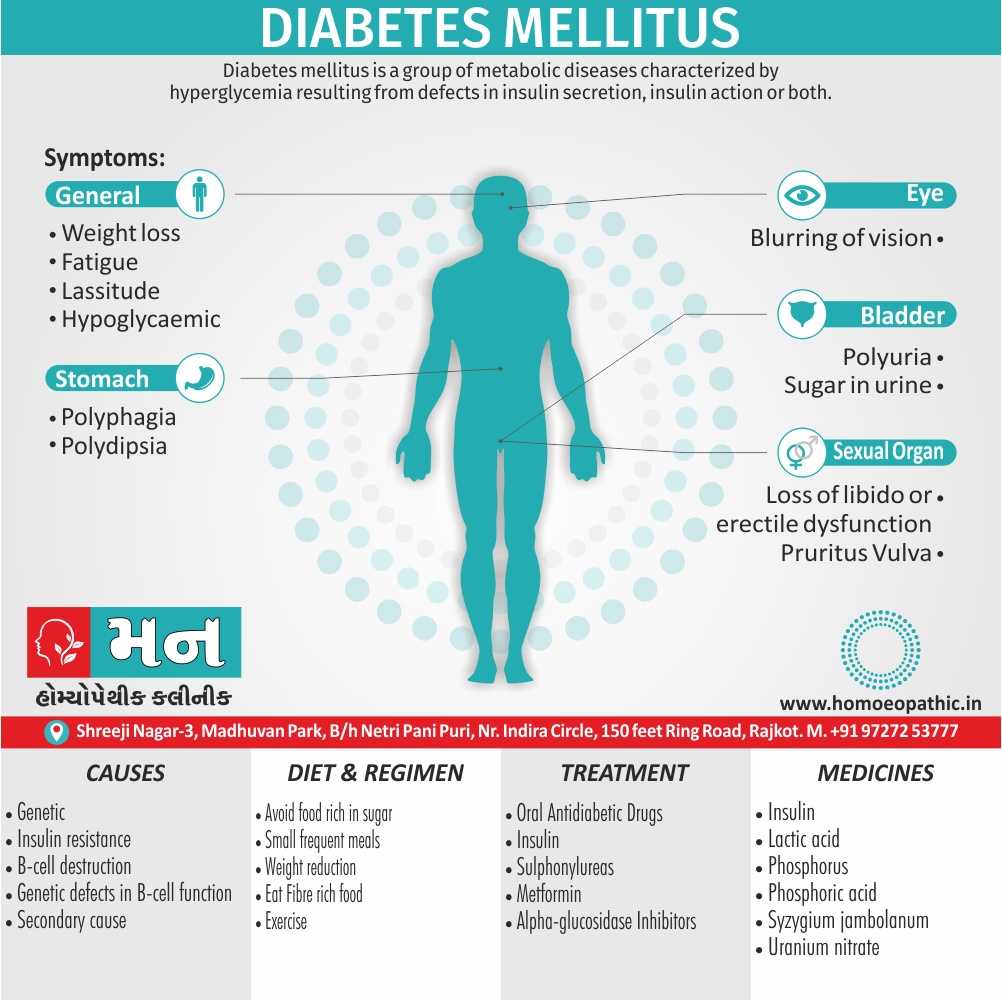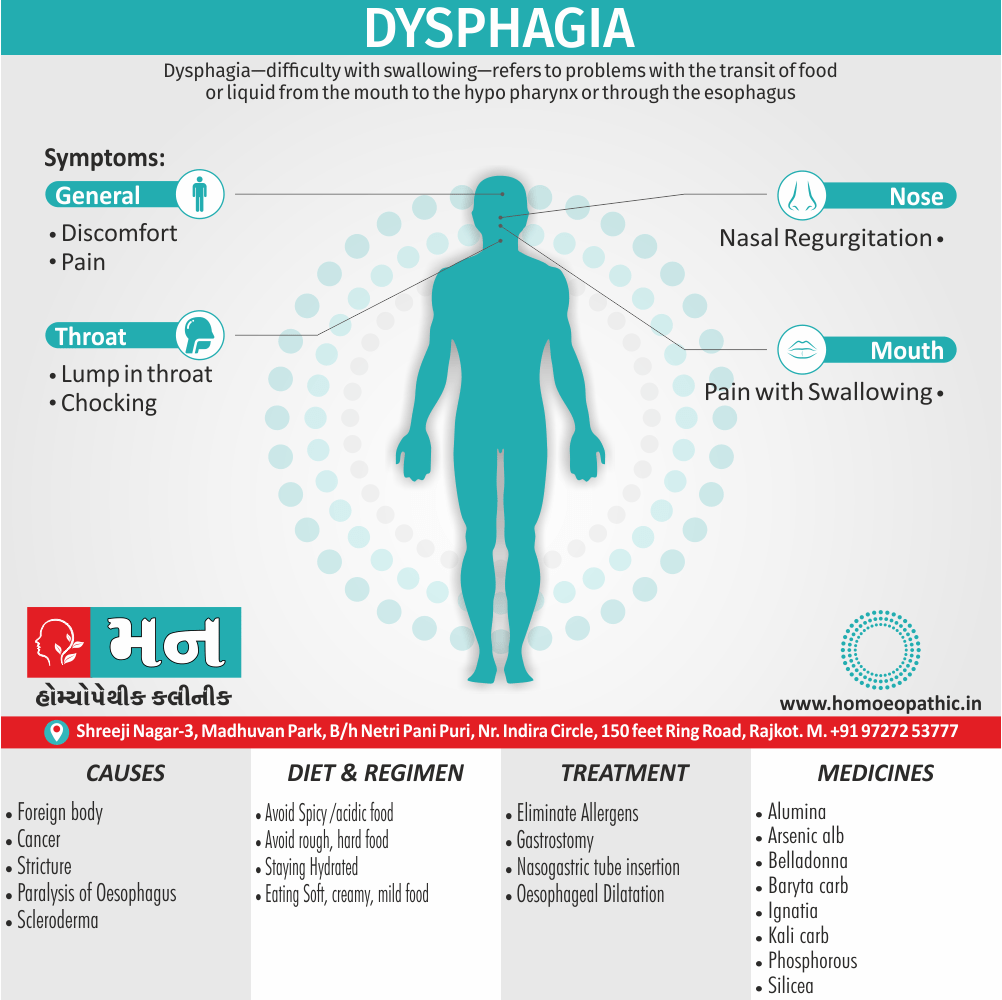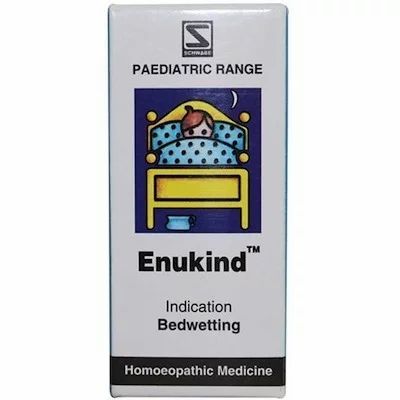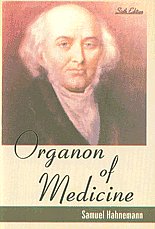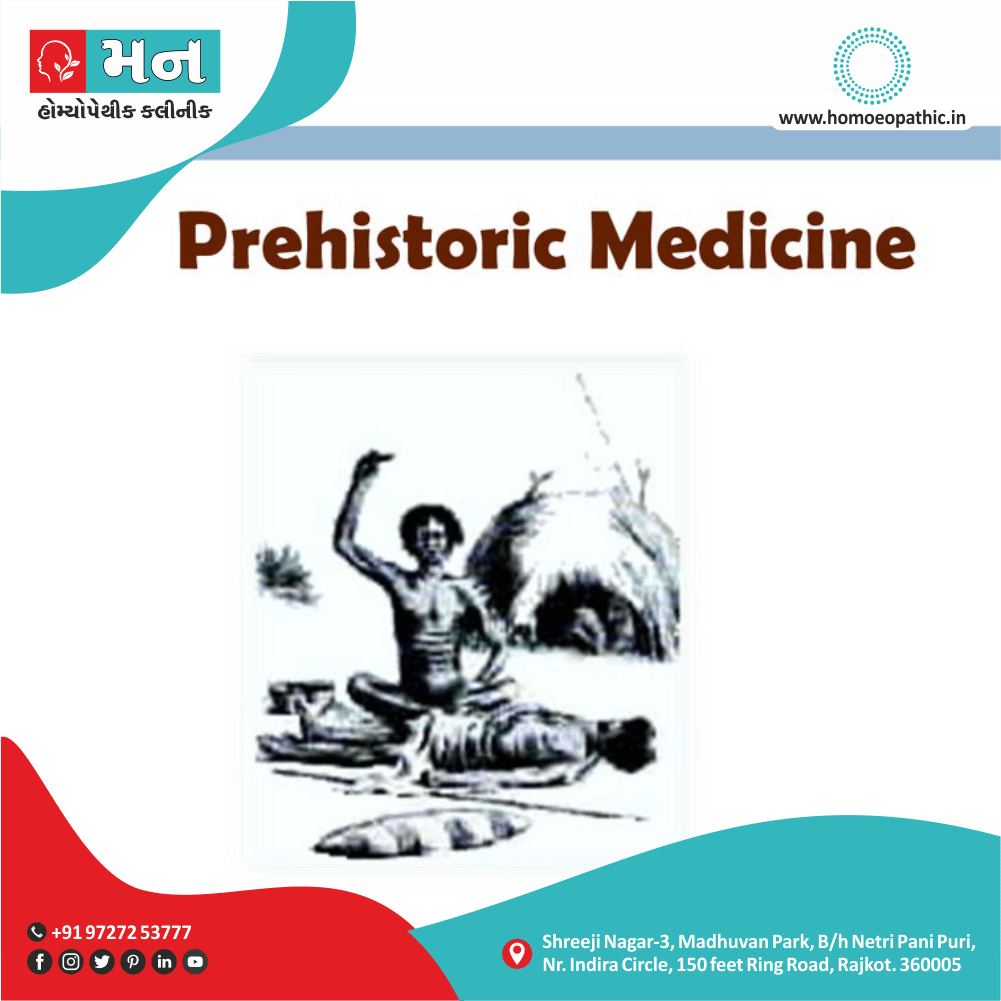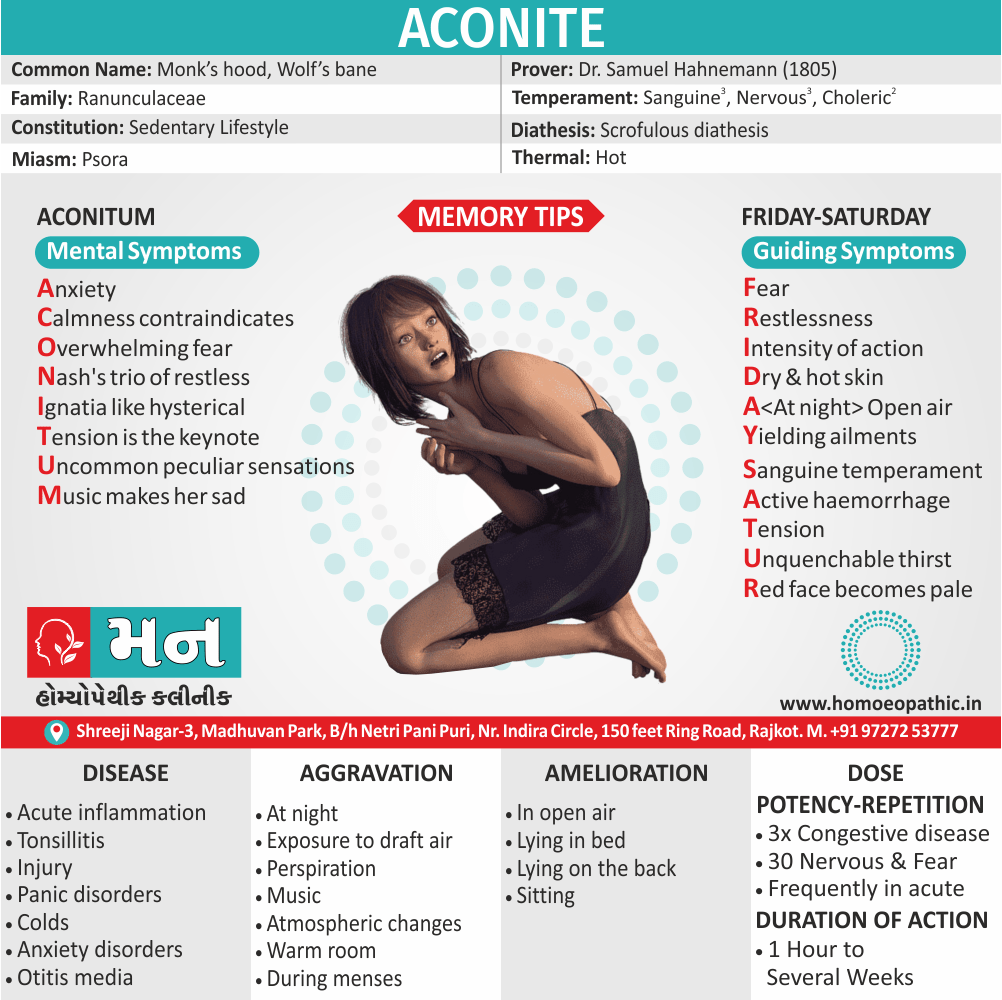Organic Delusional Disorder:
Definition:
Organic Delusional Disorder is a mental disorder that affects a person’s ability to tell the difference between reality and fantasy.
It can manifest itself as unwavering beliefs in things that are not true. Additionally; From a fear of constantly being followed to falling in love with strangers, there are many different ways that organic delusional disorder can affect people. [3]
In detail; It is a disorder in which persistent or recurrent delusions dominate the clinical picture. Besides this; The delusions may be accompanied by hallucinations.
All in all; Some features suggestive of schizophrenia, such as bizarre hallucinations or thought disorder, may be present. [2]
Organic delusional disorder affects people differently, but it generally revolves around very strong and unwavering beliefs in something (typically unreal or false.)
It also results in a person’s inability to tell the difference between what is real and imagined. Some people may think they are king of the world, while others might insist the sky is yellow. There is a wide range of specific delusions that may shown by a person. [3]
According to ICD-10 (F06.2), presence of predominant delusions cause by an underlying organic cause is required for the diagnosis of organic delusional disorder, in addition to the general guidelines for the diagnosis of other organic mental disorders, described earlier.
Furthermore; It is important to rule out any major disturbance of consciousness, orientation, memory, or mood. The delusions are variable. The most common delusions are persecutory in nature. In detail; Hallucinations (visual more often than auditory) may accompany the delusions.
Schneiderian first rank symptoms (in other words; SFRS) are usually not see the organic delusional disorder (in contrast to schizophrenia). [1]
Erotomanic delusions:
It involve beliefs that someone (even someone you don’t know) is in love with you.
Grandiose delusions:
They are those where you have an inflated sense of worth, even if it is just being "connected" or "friends with" famous people.
Jealous delusions:
They revolve around the insistence that your significant other is being unfaithful even if there is proof this isn’t the case.
Persecutory delusions:
Generally; they revolve around a feeling that you are being singled out for mistreatment.
Somatic delusions:
They concern the belief that you have a physical defect or serious medical problem.
Mixed delusions:
They are those that have characteristic of more than one of the above types of delusional disorders, with none of them being predominate.
Unspecified delusions:
They are those not cover by the above descriptions of delusional disorders. [3]
The symptoms of delusional disorder include:
- Persistent delusions (in general they last more than one month).
- Delusions that contain exaggerated psychotic themes (from extreme jealousy to pangs of love for strangers).
- Unlike schizophrenia, which shares some of the symptoms of organic delusional disorder, there are no hallucinations associated with this mental disorder.
- Paranoia.
- Intense love for someone that is not known well.
- A constant fear of being poisoned.
- Even in cases where there is some truth to the fear or belief, there is usually an extreme exaggeration of circumstances. All of the symptoms stem from a physiological problem with the brain.
Generally, the symptoms are manageable enough for people to be able to lead normal, active lives. That said, guided therapy can still be helpful for people dealing with the symptoms of delusional disorder. [3]
- Drugs: e.g.; Amphetamines, hallucinogens, cannabis, disulfiram.
- Complex partial seizures (e.g. temporal lobe epilepsy).
- Huntington’s chorea (initial stages), Parkinson’s disease, Wilson’s disease, also idiopathic basal ganglia calcification.
- Right parietal lobe lesions, especially vascular lesions.
- Lesions involving limbic system (e.g. tumours).
- Spinocerebellar degeneration.
- Cerebral malaria.
- Herpes simplex encephalitis.
- Nutritional deficiencies (for example; Vitamin B12, iron).
- Demyelinating disorders (such as multiple sclerosis, metachromatic leukodystrophy). [1]
Organic delusional disorder secondary to amphetamine use may difficult to differentiate from suspicious schizophrenia.
The differentiating points are:
- An acute onset.
- History of amphetamine use prior to the onset.
- Predominant visual hallucinations which may be fleeting.
- Absence of formal thought disorder and a more ‘appropriate’ affect. [1]
Treatment of Organic Delusional Disorder
- Treatment of the underlying cause such as removal of toxic agent in amphetamine psychosis.
- Symptomatic management with a low dose of an antipsychotic medication (such as Risperidone, Haloperidol, Olanzapine, or Quetiapine) may needed. [1]
Frequently Asked Questions
What is Organic Delusional Disorder?
Organic Delusional Disorder is a mental disorder that affects a person’s ability to tell the difference between reality and fantasy.
What causes Organic Delusional Disorder?
- Drugs
- Complex partial seizures
- Huntington’s chorea
- Right parietal lobe lesions
- Lesions involving limbic system
- Spinocerebellar degeneration
- Cerebral malaria
- Herpes simplex encephalitis
- Nutritional deficiencies
- Demyelinating disorders
What are the symptoms of Organic Delusional Disorder?
- Persistent delusions
- Delusions that contain exaggerated psychotic themes
- no hallucinations associated with this mental disorder.
- Paranoia.
- Intense love for someone that is not known well.
- A constant fear of being poisoned
Give the types of Organic Delusional Disorder?
- Erotomanic delusions
- Grandiose delusions
- Jealous delusions
- Persecutory delusions
- Somatic delusions
- Mixed delusions
- A Short Textbook of Psychiatry by Niraj Ahuja / Ch 3.
- http://apps.who.int/classifications/icd10/browse/2016/en#/F00-F09.
]>
Definition: Organic Delusional Disorder is a mental disorder that affects a person’s ability to tell the difference between reality and fantasy.
It can manifest itself as unwavering beliefs in things that are not true. Additionally; From a fear of constantly being followed to falling in love with strangers, there are many different ways that organic delusional disorder can affect people. [3]
In detail; It is a disorder in which persistent or recurrent delusions dominate the clinical picture. Besides this; The delusions may be accompanied by hallucinations.
All in all; Some features suggestive of schizophrenia, such as bizarre hallucinations or thought disorder, may be present. [2]
Overview
Epidemiology
Causes
Risk Factors
Pathogenesis
Pathophysiology
Types
Clinical Features
Sign & Symptoms
Clinical Examination
Diagnosis
Differential Diagnosis
Complications
Investigations
Treatment
Prevention
Homeopathic Treatment
Diet & Regimen
Do’s and Dont’s
Terminology
References
FAQ
Also Search As
Overview
Organic delusional disorder affects people differently, but it generally revolves around very strong and unwavering beliefs in something (typically unreal or false.)
It also results in a person’s inability to tell the difference between what is real and imagined. Some people may think they are king of the world, while others might insist the sky is yellow. There is a wide range of specific delusions that may shown by a person. [3]
According to ICD-10 (F06.2), presence of predominant delusions cause by an underlying organic cause is required for the diagnosis of organic delusional disorder, in addition to the general guidelines for the diagnosis of other organic mental disorders, described earlier.
Furthermore; It is important to rule out any major disturbance of consciousness, orientation, memory, or mood. The delusions are variable. The most common delusions are persecutory in nature. In detail; Hallucinations (visual more often than auditory) may accompany the delusions.
Schneiderian first rank symptoms (in other words; SFRS) are usually not see the organic delusional disorder (in contrast to schizophrenia). [1]
Epidemiology
Indian epidemiology then other
Causes
- Drugs: e.g.; Amphetamines, hallucinogens, cannabis, disulfiram.
- Complex partial seizures (e.g. temporal lobe epilepsy).
- Huntington’s chorea (initial stages), Parkinson’s disease, Wilson’s disease, also idiopathic basal ganglia calcification.
- Right parietal lobe lesions, especially vascular lesions.
- Lesions involving limbic system (e.g. tumours).
- Spinocerebellar degeneration.
- Cerebral malaria.
- Herpes simplex encephalitis.
- Nutritional deficiencies (for example; Vitamin B12, iron).
- Demyelinating disorders (such as multiple sclerosis, metachromatic leukodystrophy). [1]
Risk Factors
Risk factors are things that make you more likely to develop a disease in the first place.
Pathogenesis
Pathogenesis refers to the development of a disease. It’s the story of how a disease gets started and progresses.
This is the entire journey of a disease, encompassing the cause but going beyond it.
Pathophysiology
Pathophysiology, on the other hand, focuses on the functional changes that occur in the body due to the disease. It explains how the disease disrupts normal physiological processes and how this disruption leads to the signs and symptoms we see.
Imagine a car accident. Pathogenesis would be like understanding how the accident happened – what caused it, the sequence of events (e.g., one car ran a red light, then hit another car). Pathophysiology would be like understanding the damage caused by the accident – the bent fenders, deployed airbags, and any injuries to the passengers.
In simpler terms, pathogenesis is about the "why" of a disease, while pathophysiology is about the "how" of the disease’s effects.
Types
Erotomanic delusions:
It involve beliefs that someone (even someone you don’t know) is in love with you.
Grandiose delusions:
They are those where you have an inflated sense of worth, even if it is just being "connected" or "friends with" famous people.
Jealous delusions:
They revolve around the insistence that your significant other is being unfaithful even if there is proof this isn’t the case.
Persecutory delusions:
Generally; they revolve around a feeling that you are being singled out for mistreatment.
Somatic delusions:
They concern the belief that you have a physical defect or serious medical problem.
Mixed delusions:
They are those that have characteristic of more than one of the above types of delusional disorders, with none of them being predominate.
Unspecified delusions:
They are those not cover by the above descriptions of delusional disorders. [3]
Clinical Features
Tab Content
Sign & Symptoms
The symptoms of delusional disorder include:
- Persistent delusions (in general they last more than one month).
- Delusions that contain exaggerated psychotic themes (from extreme jealousy to pangs of love for strangers).
- Unlike schizophrenia, which shares some of the symptoms of organic delusional disorder, there are no hallucinations associated with this mental disorder.
- Paranoia.
- Intense love for someone that is not known well.
- A constant fear of being poisoned.
- Even in cases where there is some truth to the fear or belief, there is usually an extreme exaggeration of circumstances. All of the symptoms stem from a physiological problem with the brain.
Generally, the symptoms are manageable enough for people to be able to lead normal, active lives. That said, guided therapy can still be helpful for people dealing with the symptoms of delusional disorder. [3]
Clinical Examination
Tab Content
Diagnosis
Organic delusional disorder secondary to amphetamine use may difficult to differentiate from suspicious schizophrenia.
The differentiating points are:
- An acute onset.
- History of amphetamine use prior to the onset.
- Predominant visual hallucinations which may be fleeting.
- Absence of formal thought disorder and a more ‘appropriate’ affect. [1]
Differential Diagnosis
Complications
Complications are what happen after you have a disease. They are the negative consequences of the disease process.
Investigations
Tab Content
Treatment
Treatment of Organic Delusional Disorder
- Treatment of the underlying cause such as removal of toxic agent in amphetamine psychosis.
- Symptomatic management with a low dose of an antipsychotic medication (such as Risperidone, Haloperidol, Olanzapine, or Quetiapine) may needed. [1]
Prevention
Tab Content
Homeopathic Treatment
Diet & Regimen
Do’s and Dont’s
Tab Content
Terminology
Tab Content
References
- A Short Textbook of Psychiatry by Niraj Ahuja / Ch 3.
- http://apps.who.int/classifications/icd10/browse/2016/en#/F00-F09.
FAQ
Frequently Asked Questions
What is Organic Delusional Disorder?
Organic Delusional Disorder is a mental disorder that affects a person’s ability to tell the difference between reality and fantasy.
What causes Organic Delusional Disorder?
- Drugs
- Complex partial seizures
- Huntington’s chorea
- Right parietal lobe lesions
- Lesions involving limbic system
- Spinocerebellar degeneration
- Cerebral malaria
- Herpes simplex encephalitis
- Nutritional deficiencies
- Demyelinating disorders
What are the symptoms of Organic Delusional Disorder?
- Persistent delusions
- Delusions that contain exaggerated psychotic themes
- no hallucinations associated with this mental disorder.
- Paranoia.
- Intense love for someone that is not known well.
- A constant fear of being poisoned
Give the types of Organic Delusional Disorder?
- Erotomanic delusions
- Grandiose delusions
- Jealous delusions
- Persecutory delusions
- Somatic delusions
- Mixed delusions
Also Search As
Frequently Asked Questions (FAQ)
XYZ
XXX
XYZ
XXX
XYZ
XXX
How can I find reputable homeopathy clinics or homeopathic doctors in my area?
You can found Homeopathic Clinic For XXXX by searching for
Specific city Examples are
You can also search for near you Examples are
